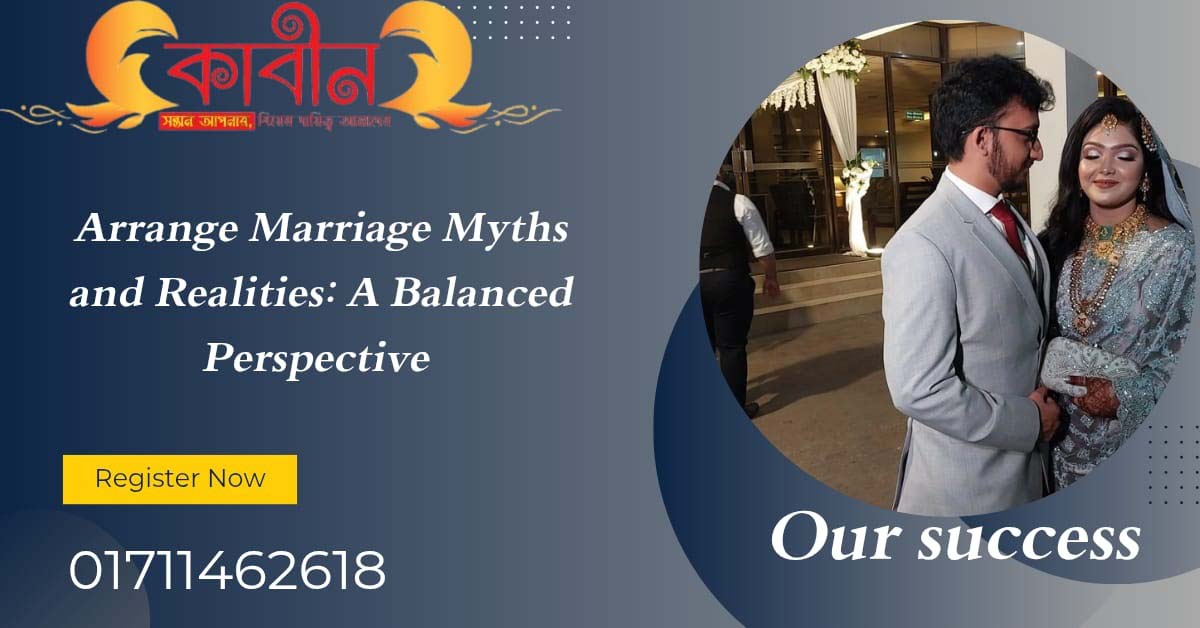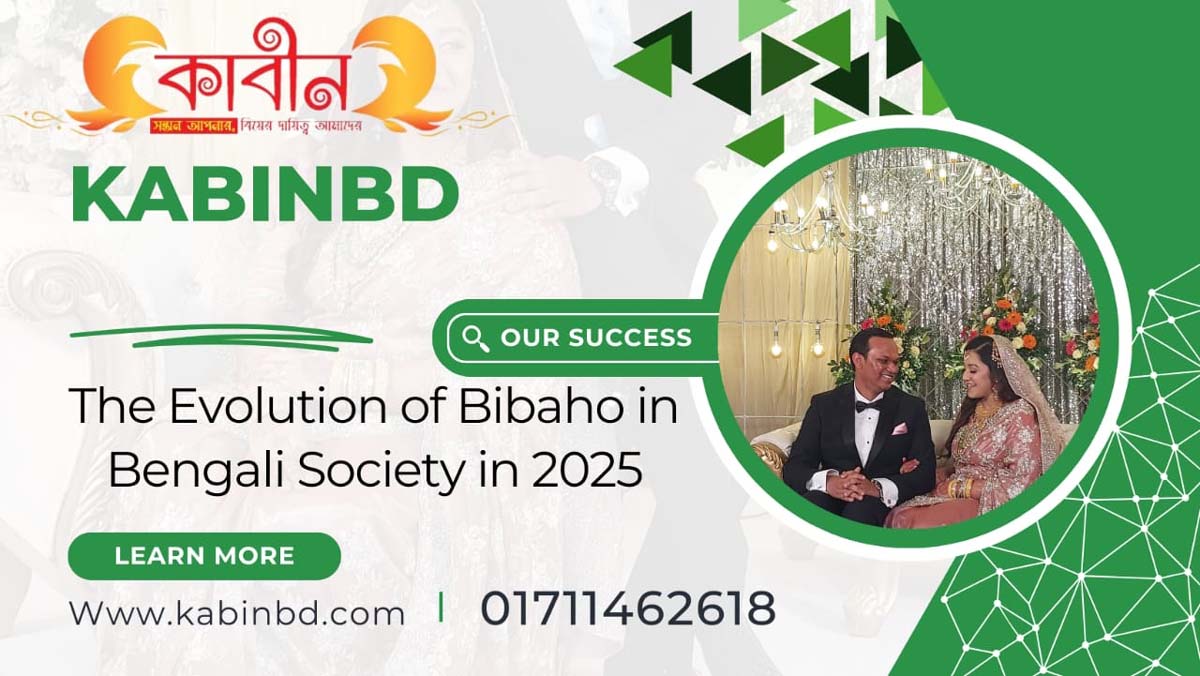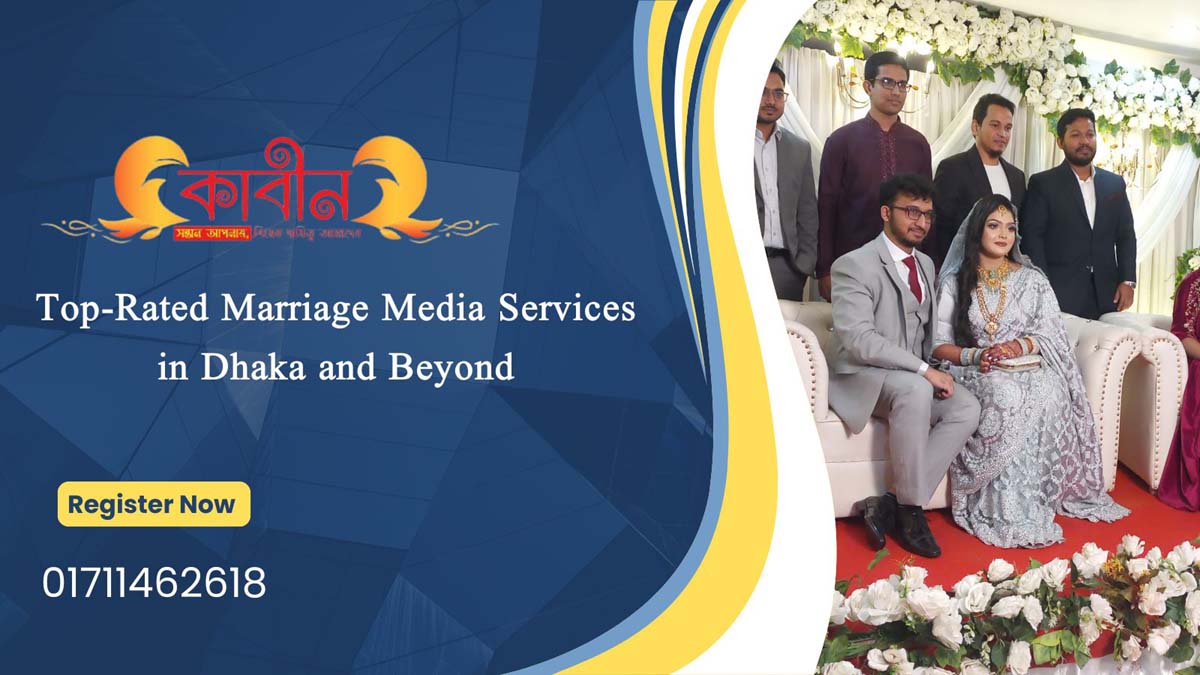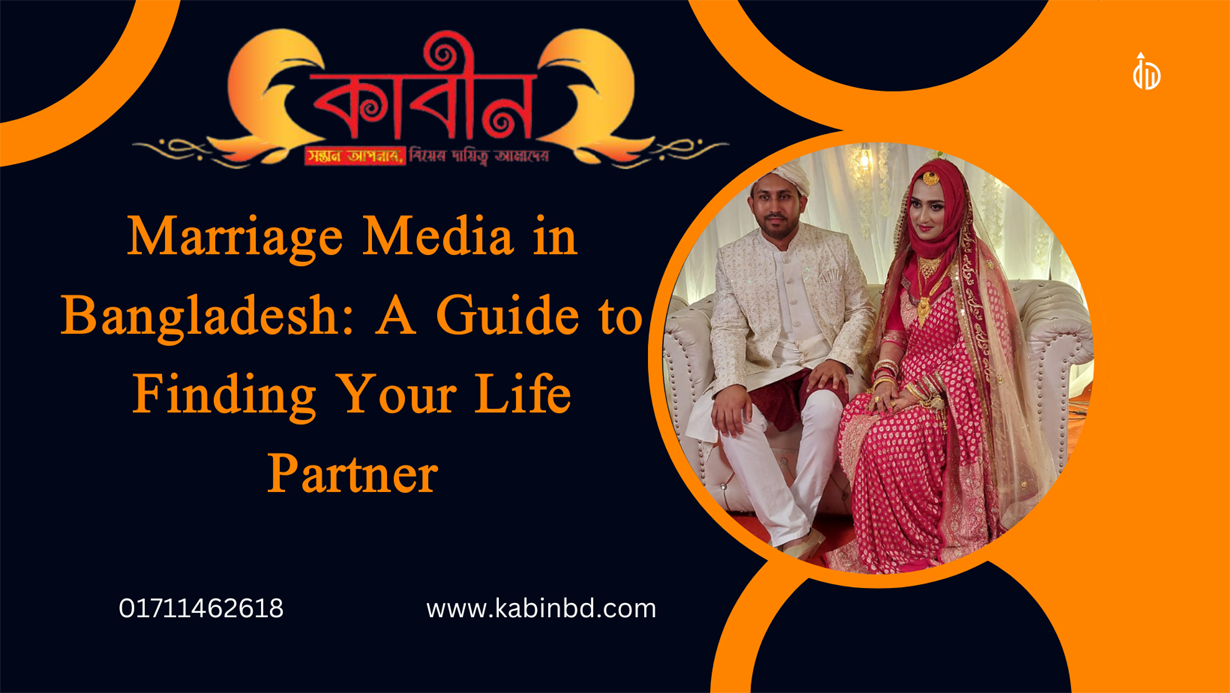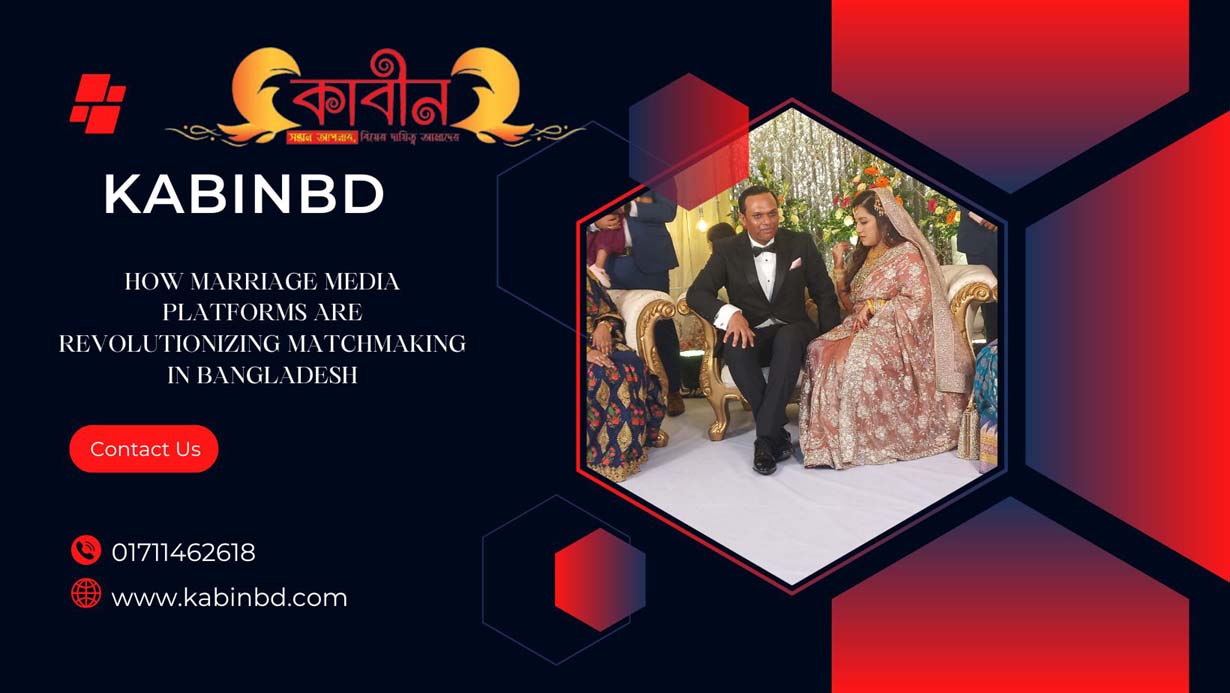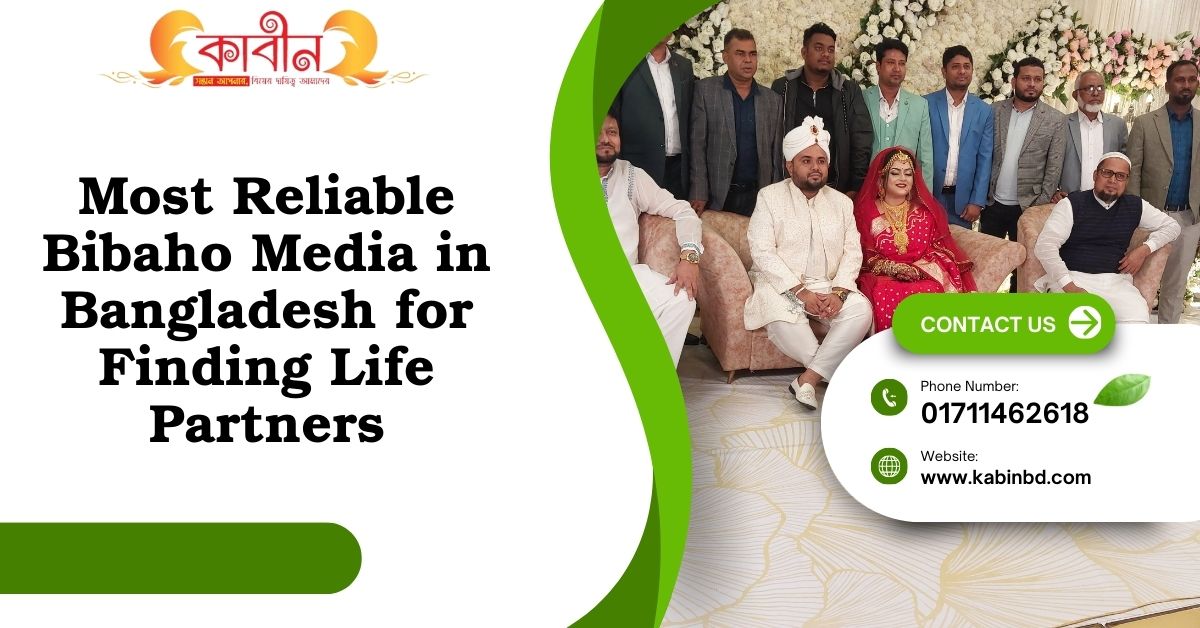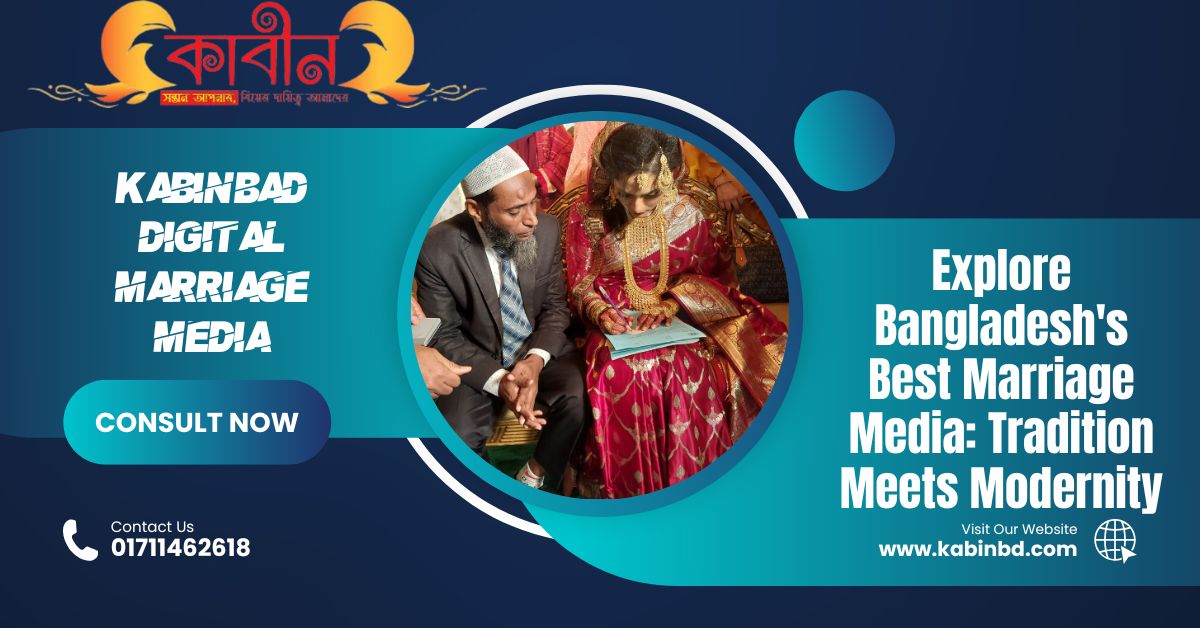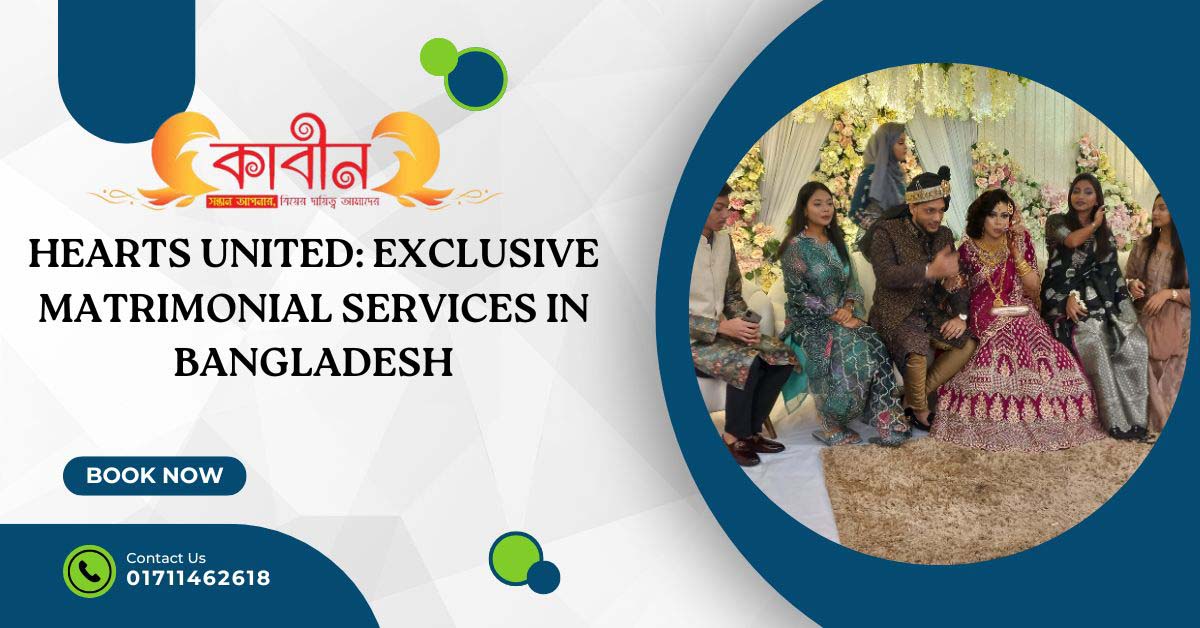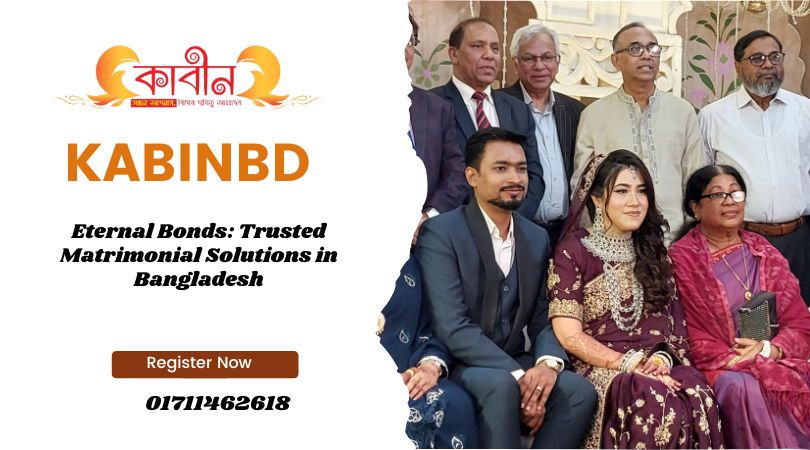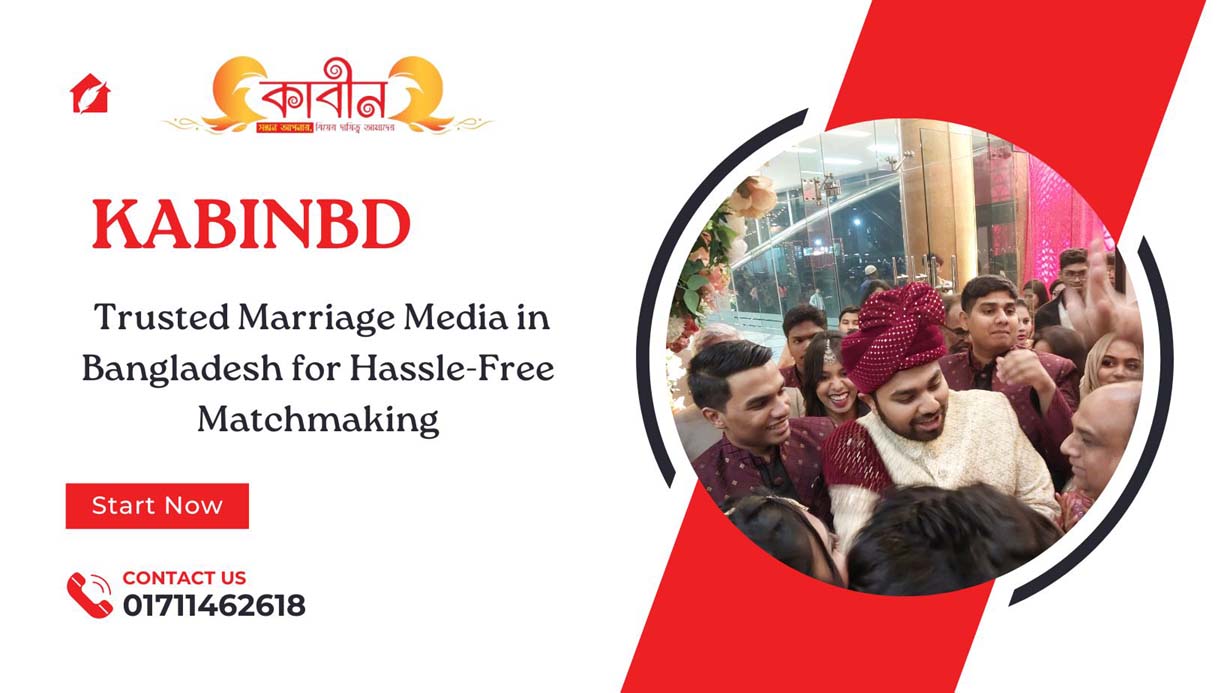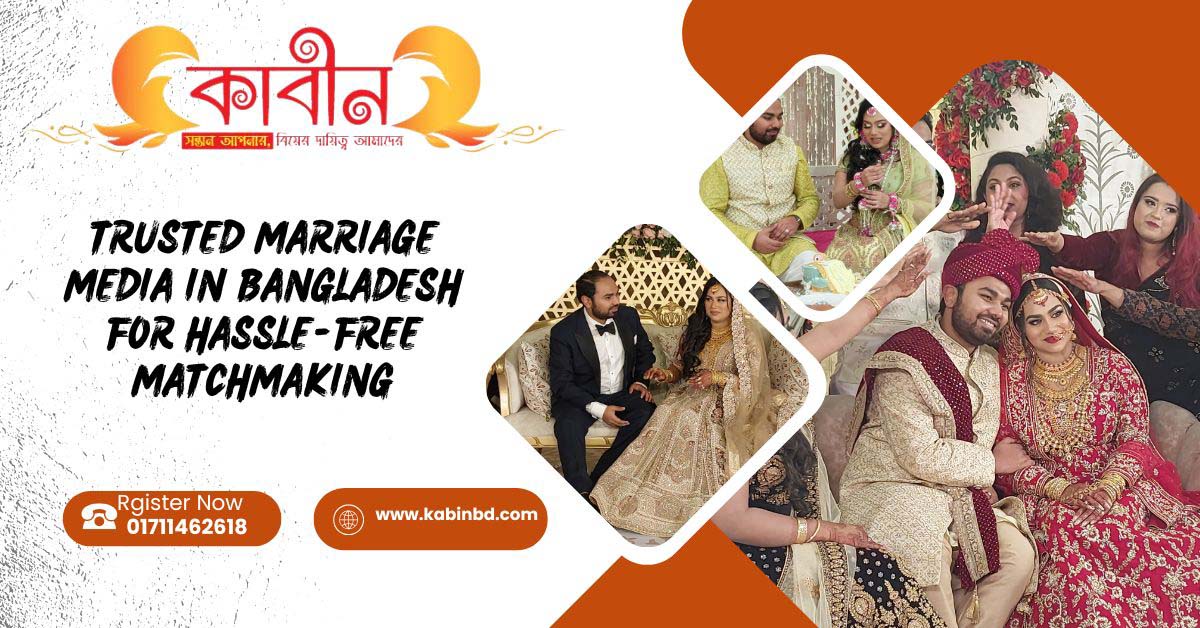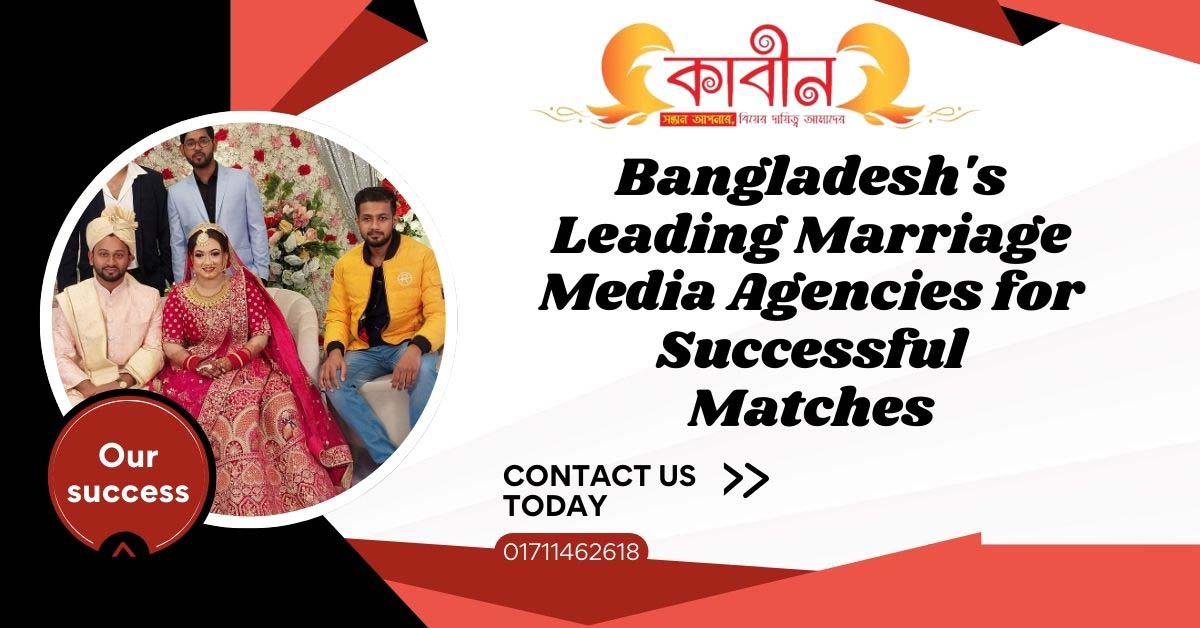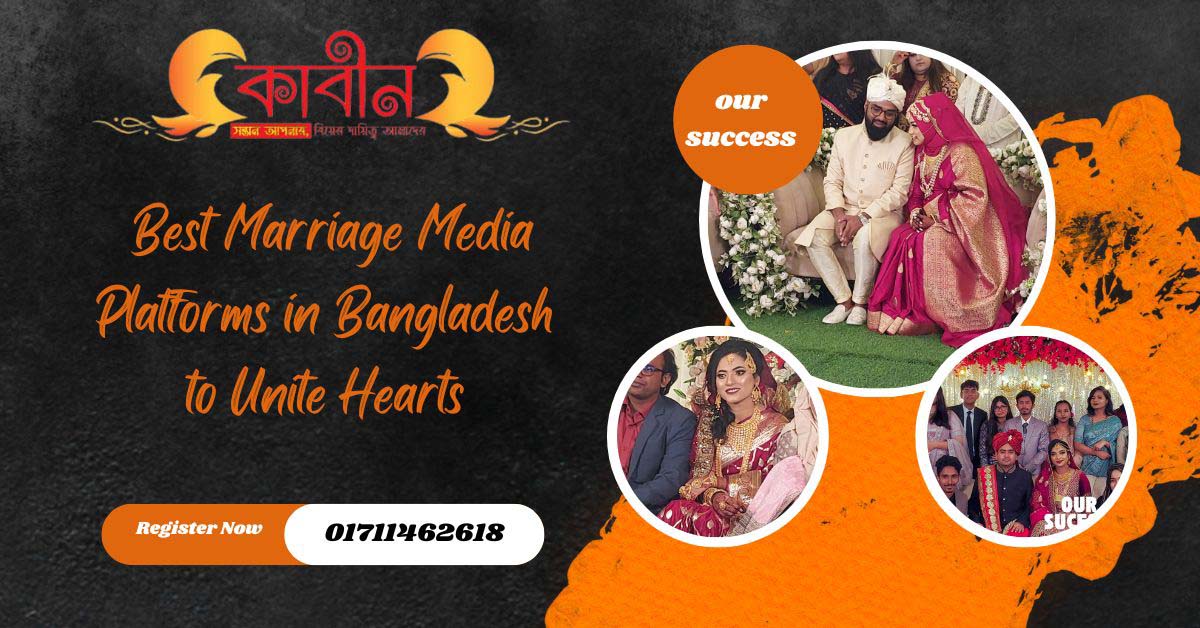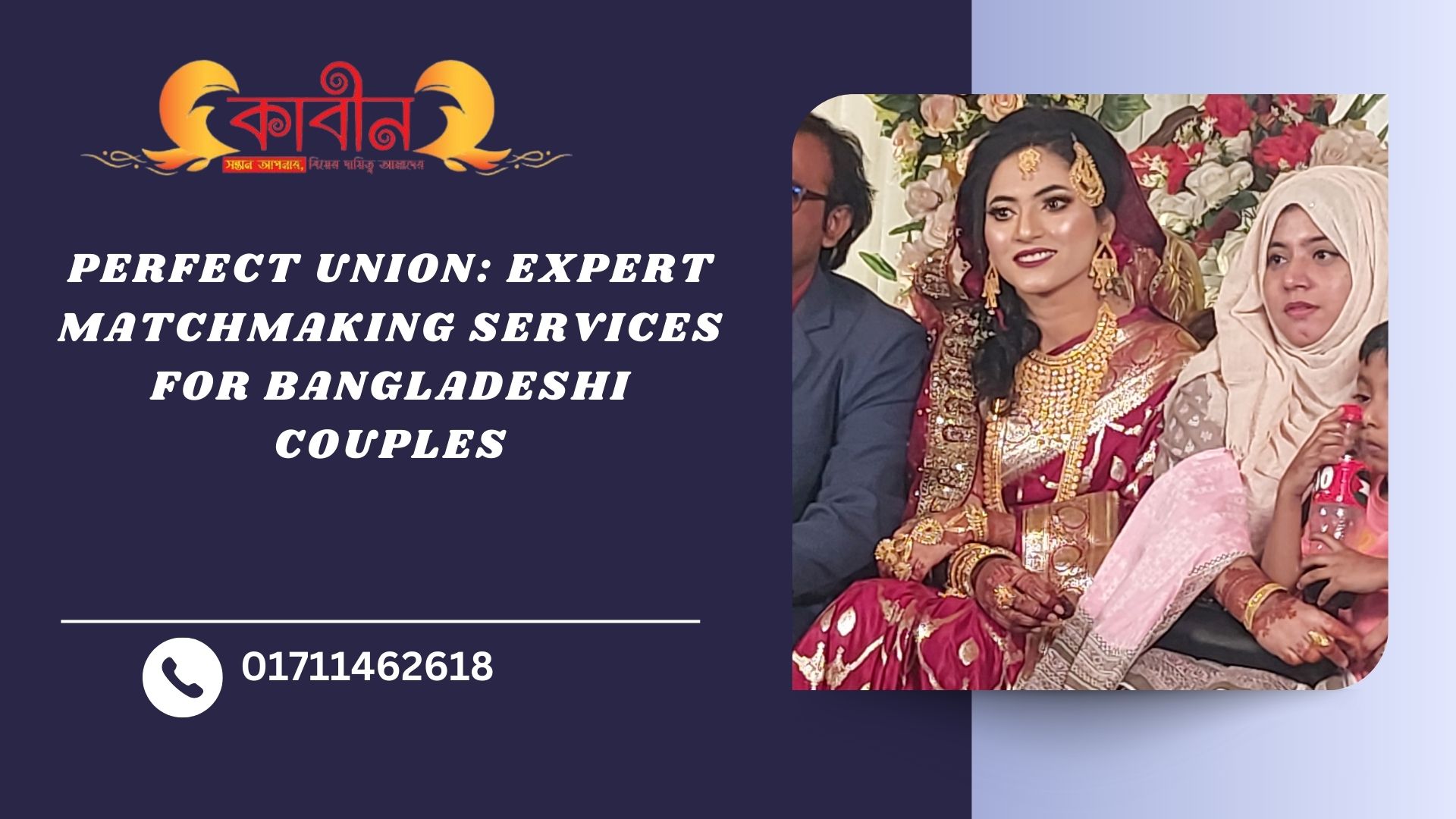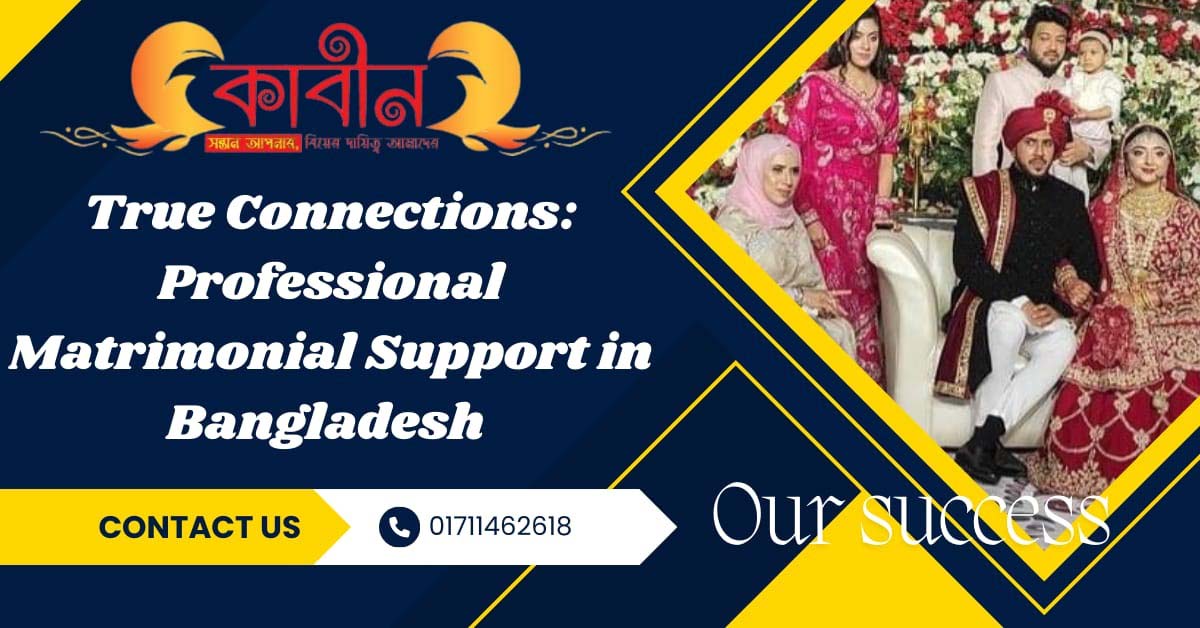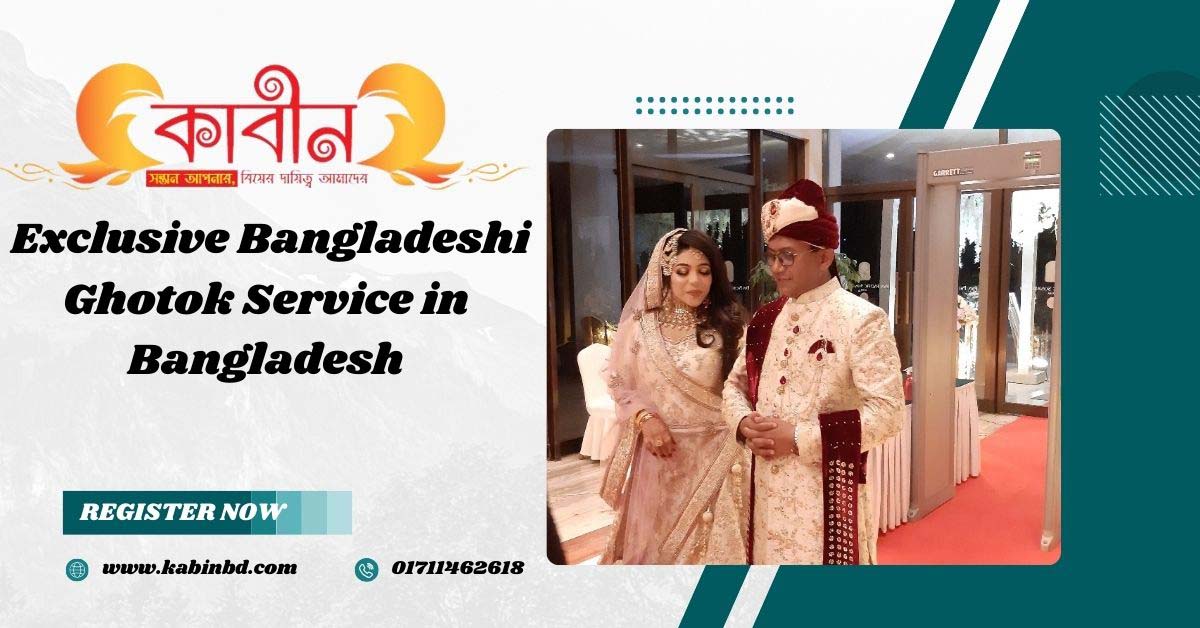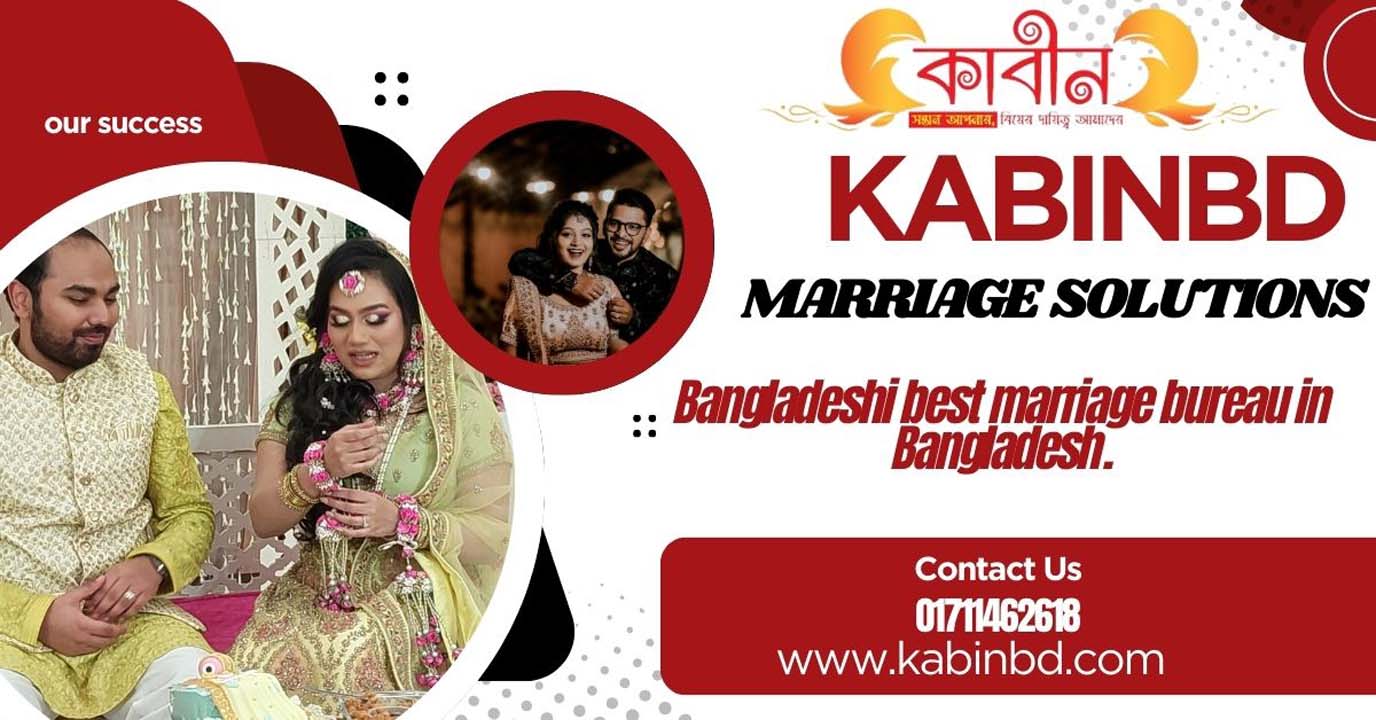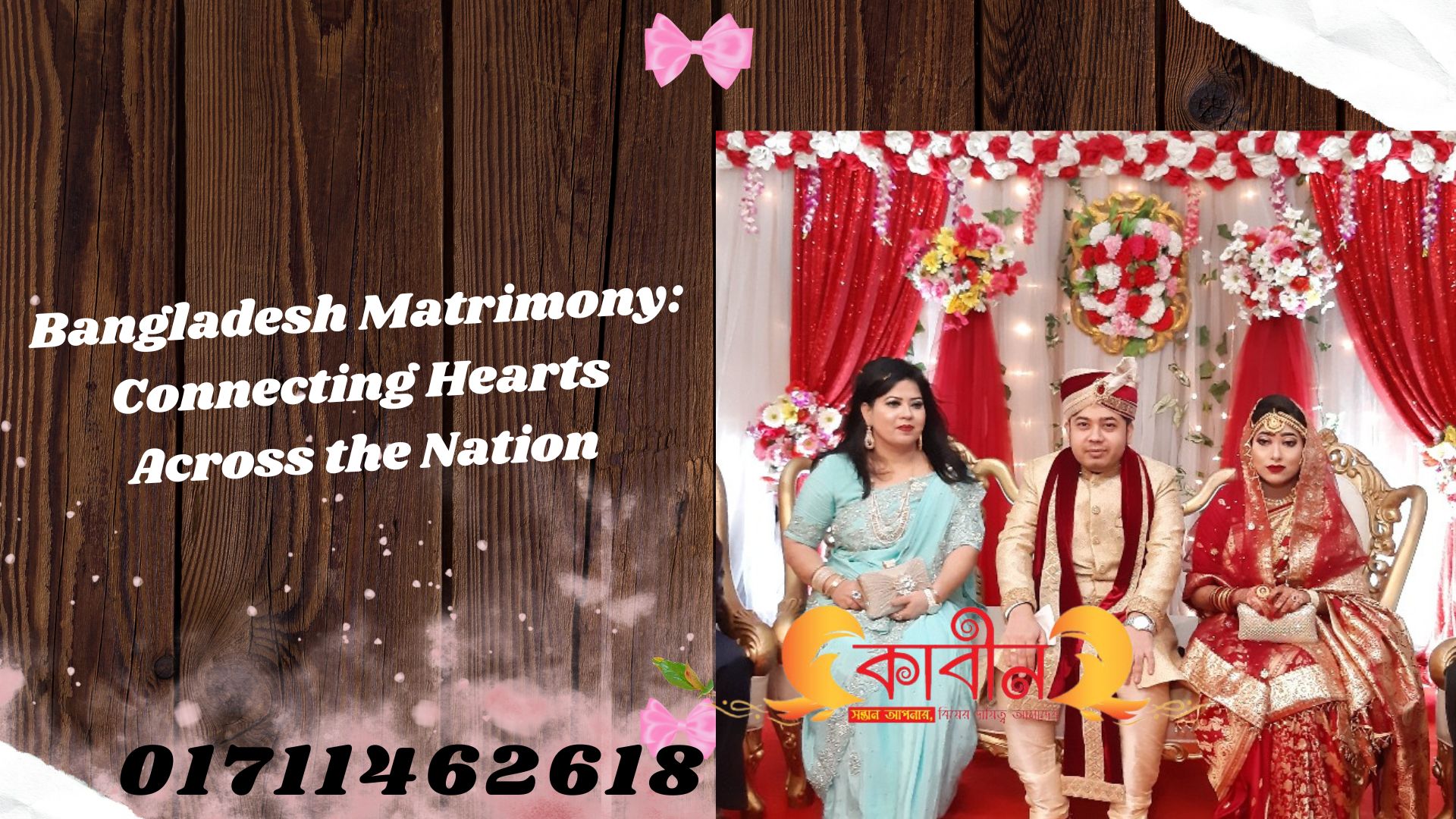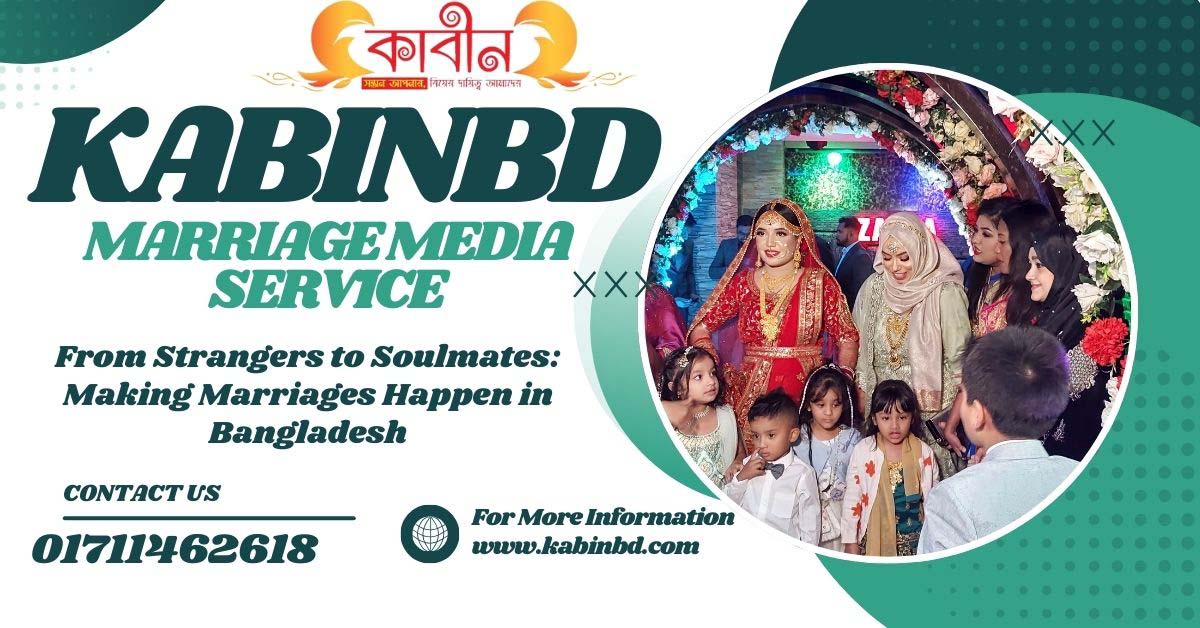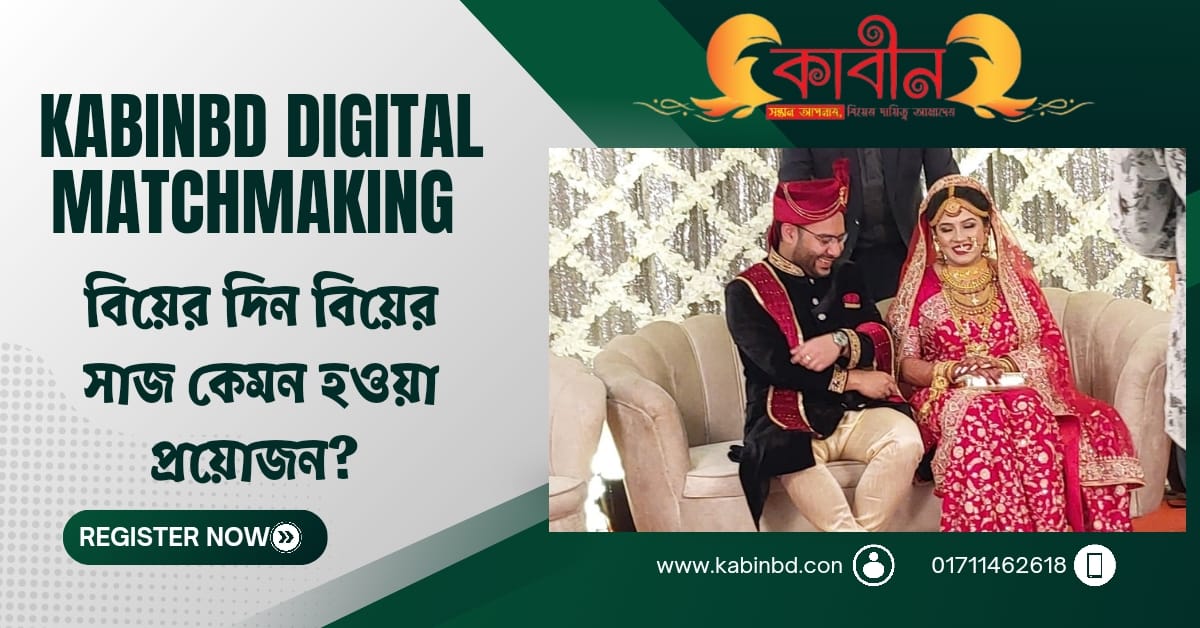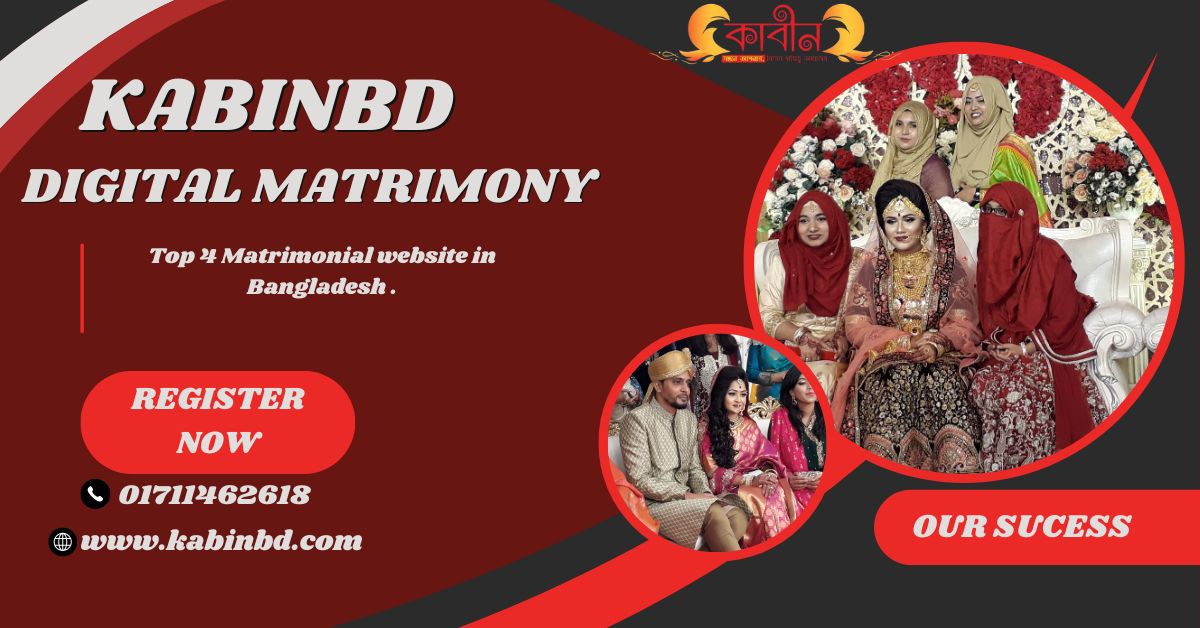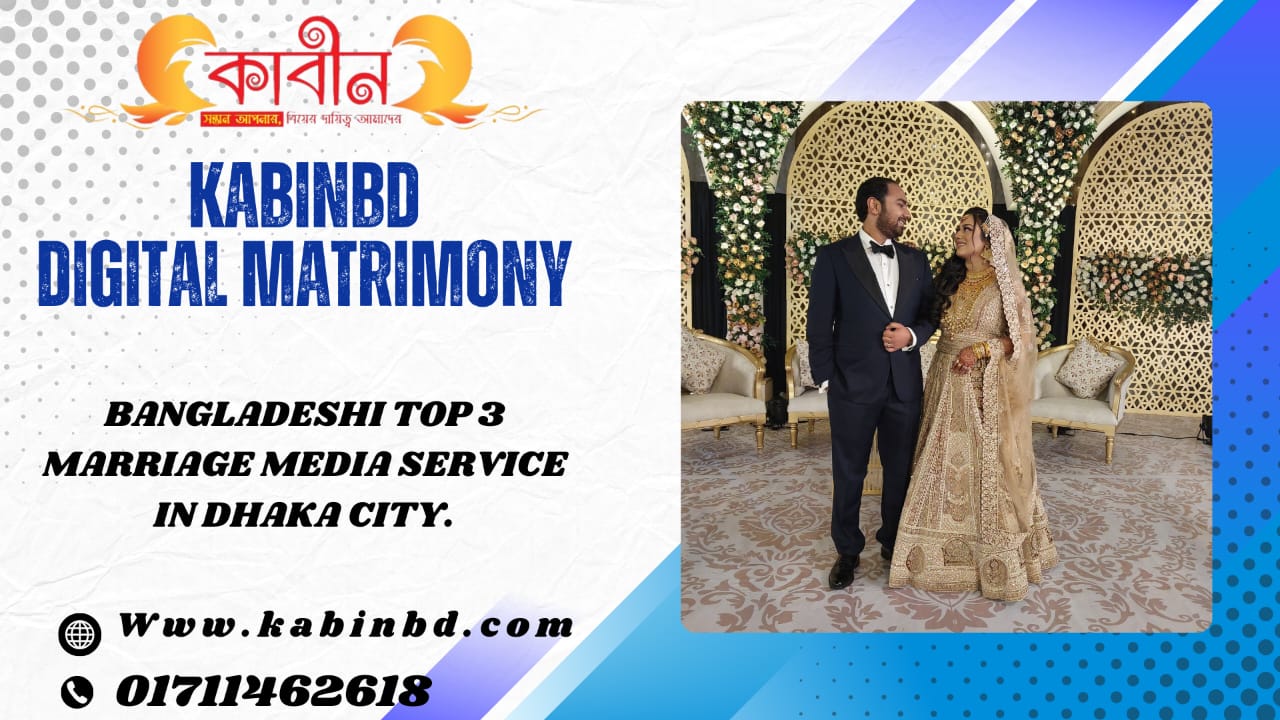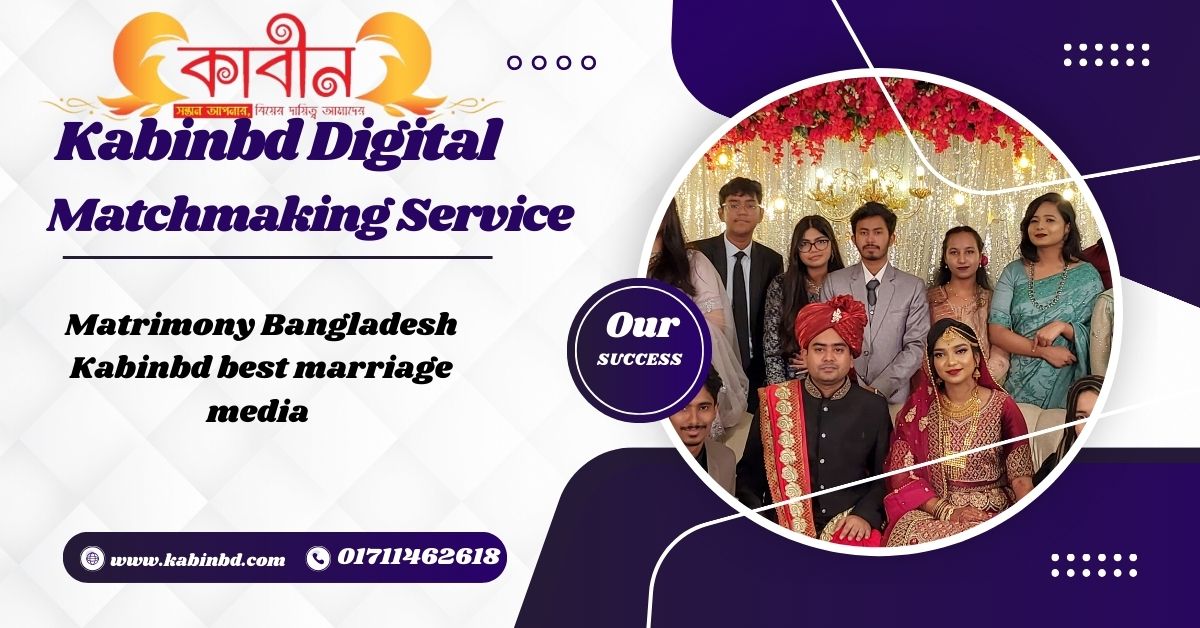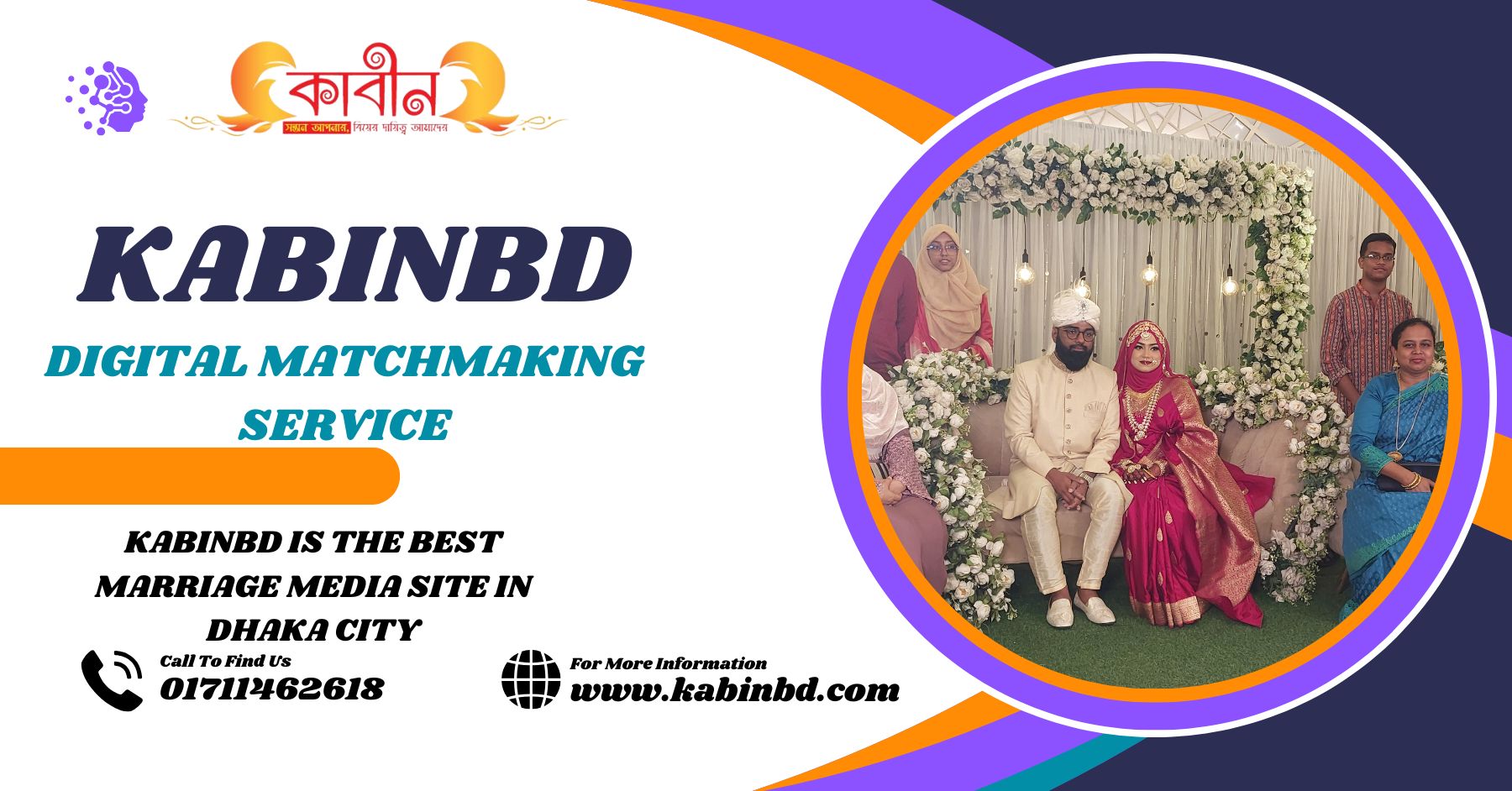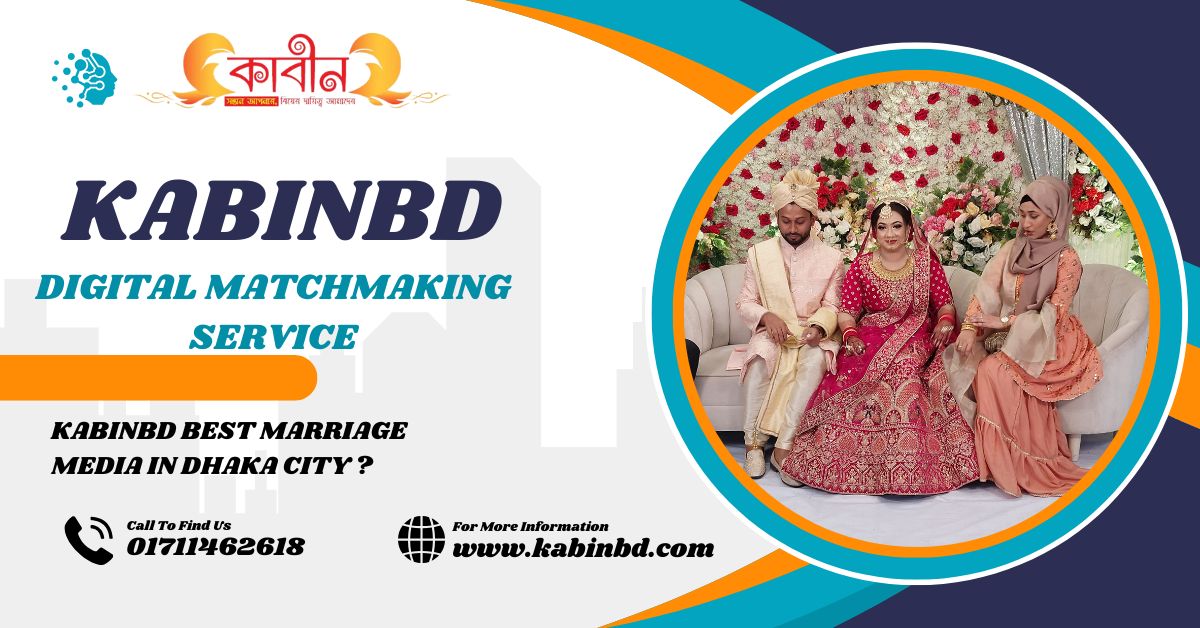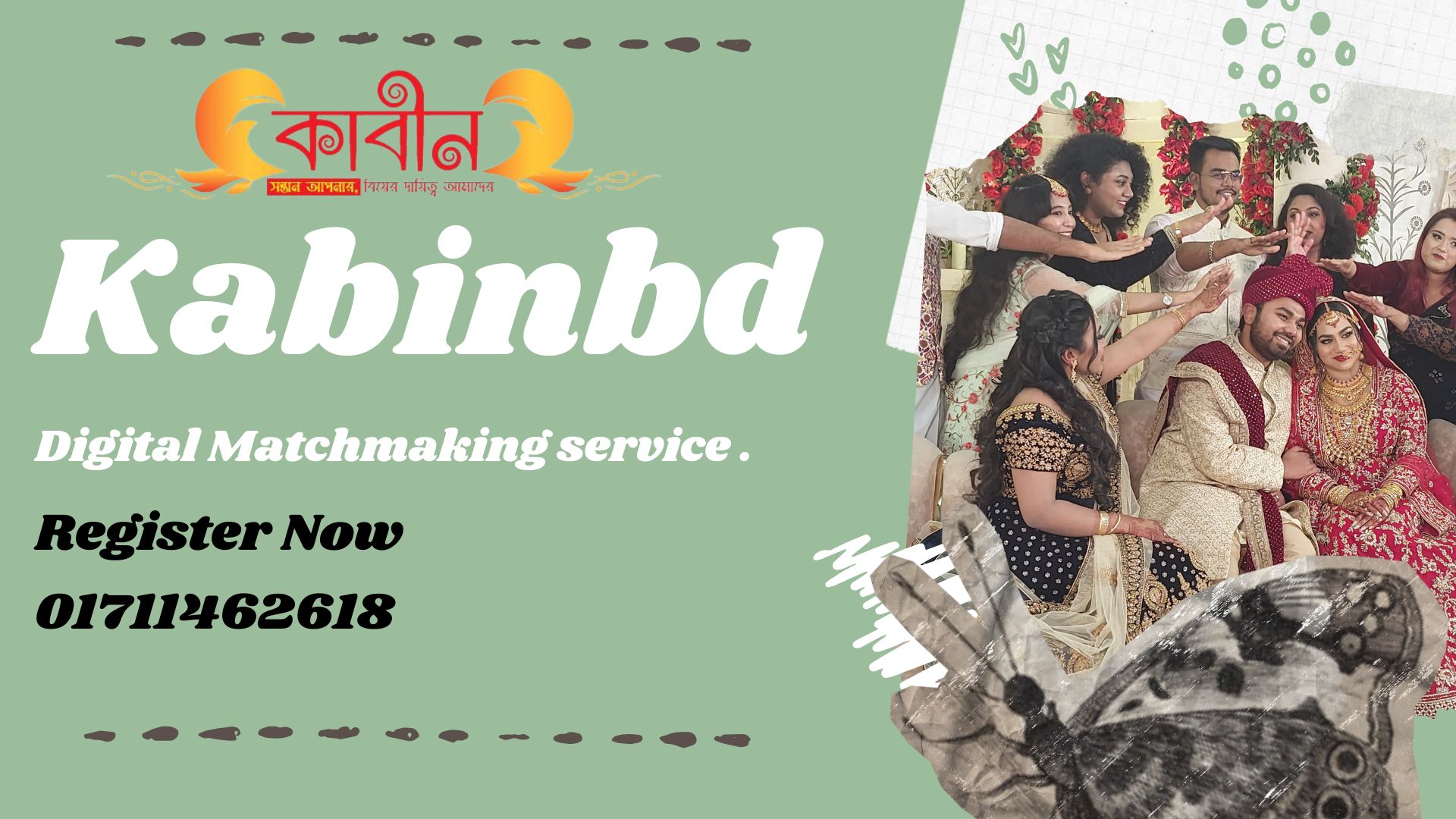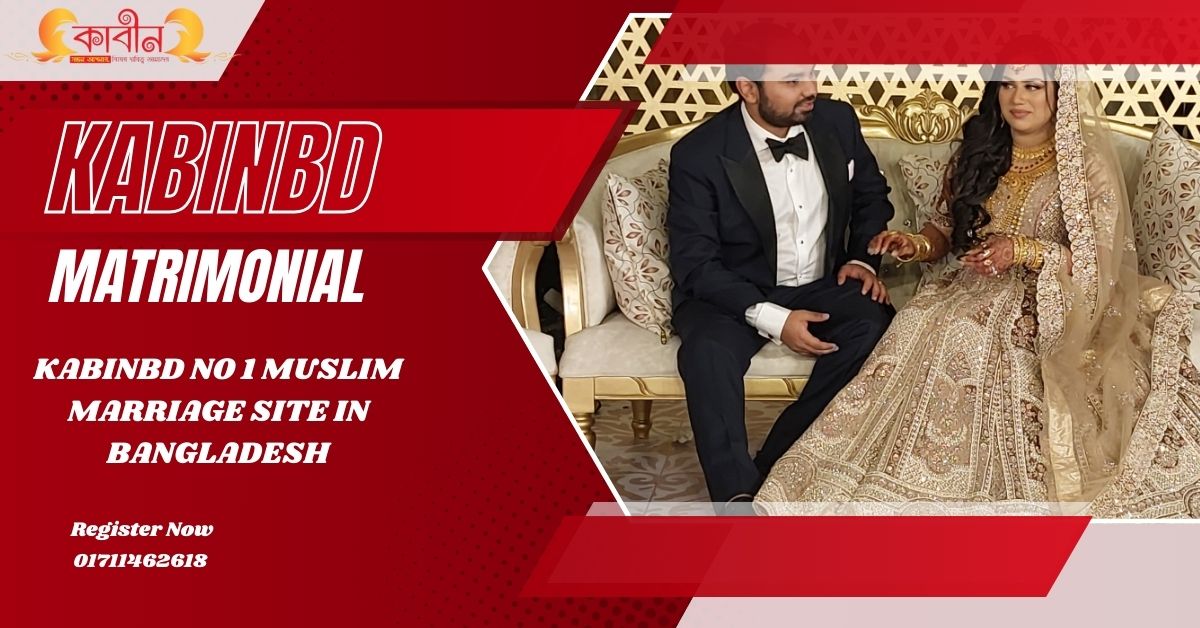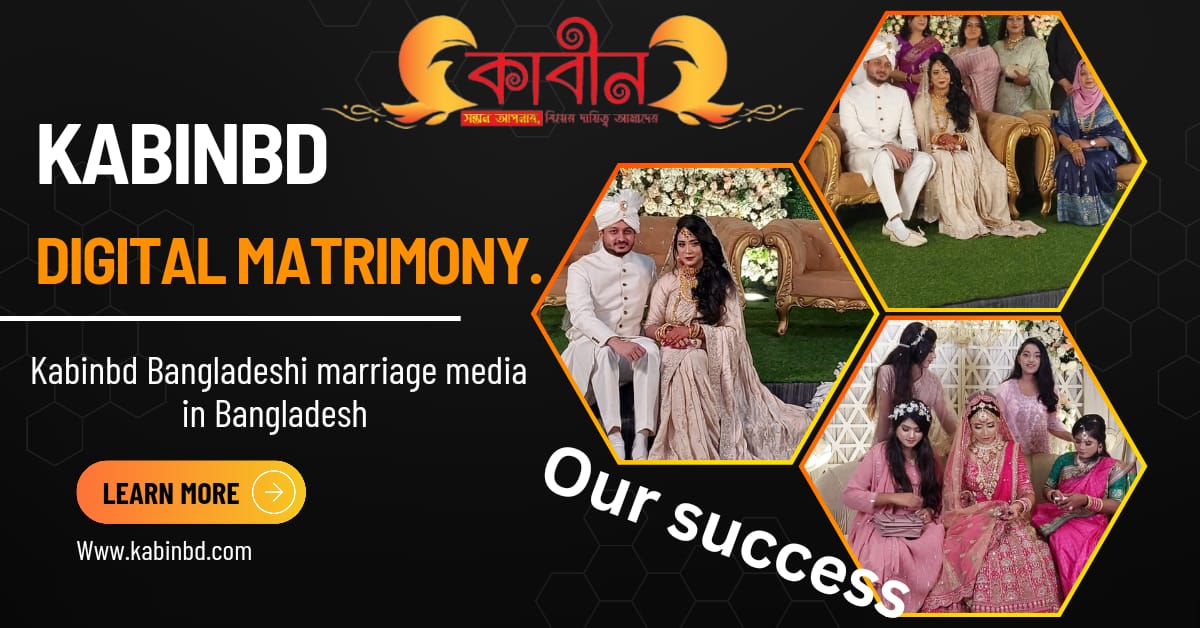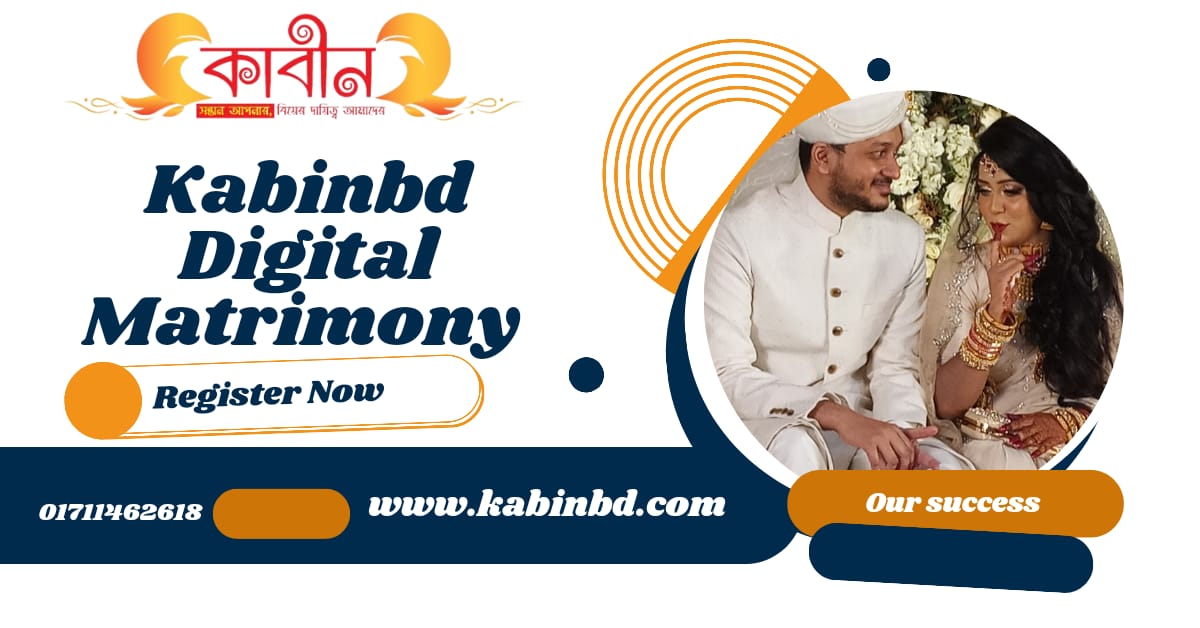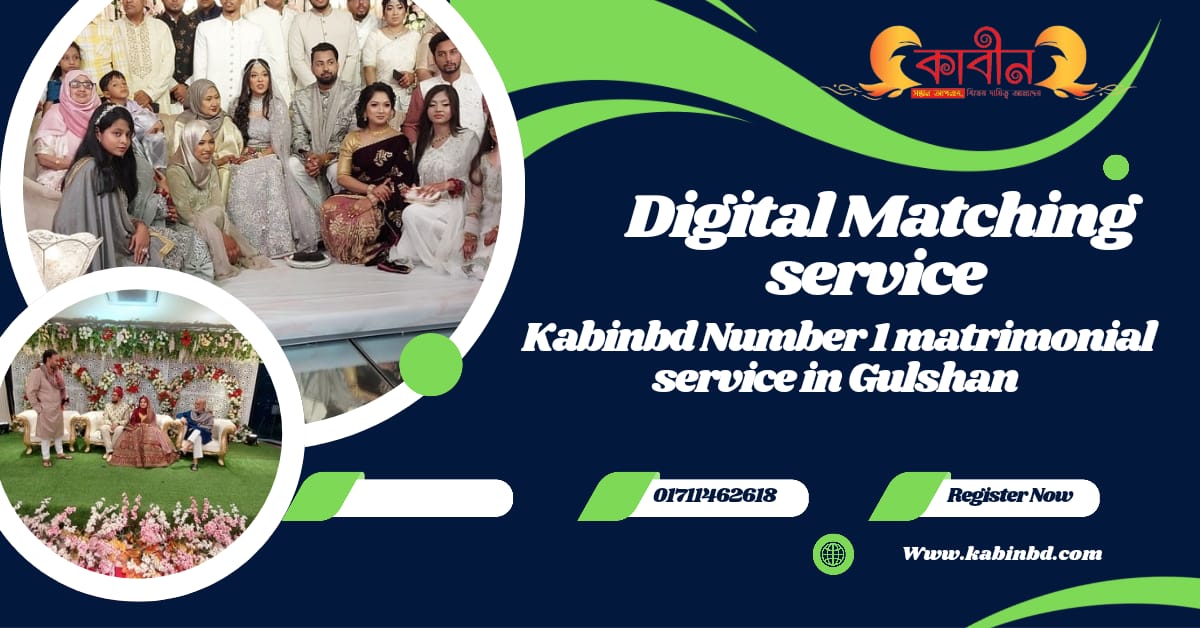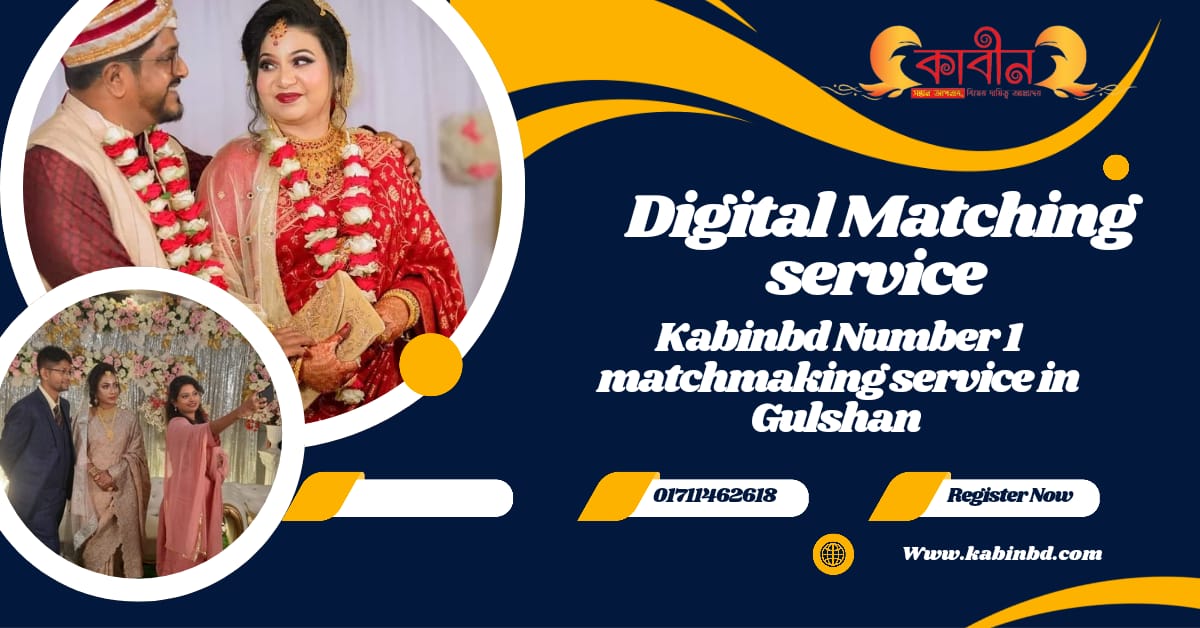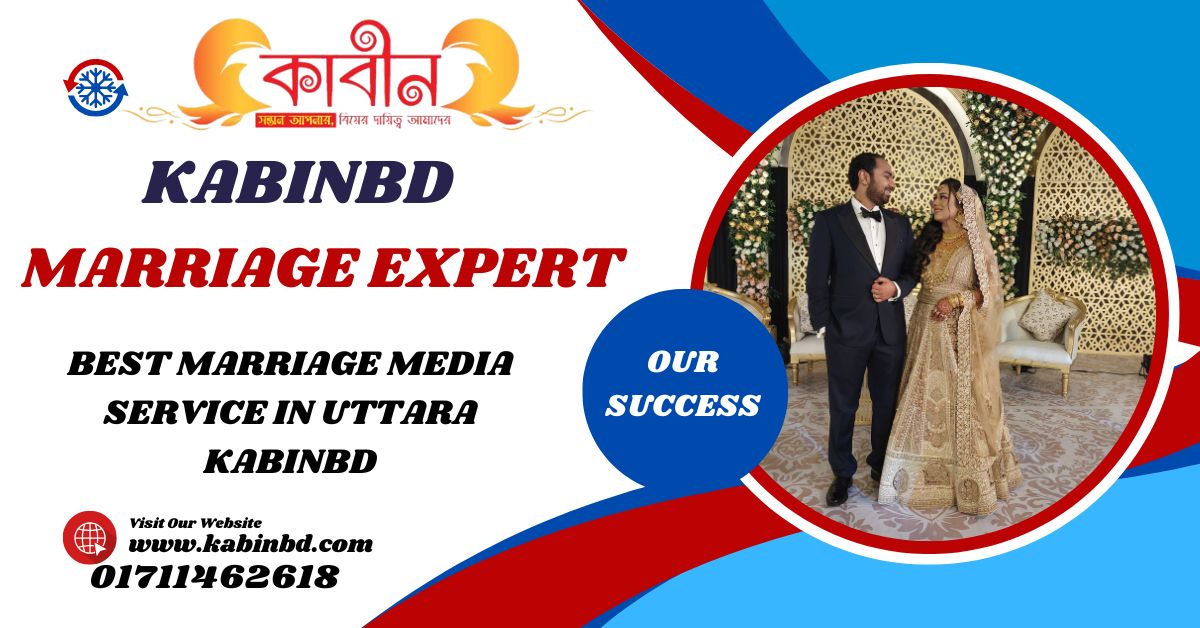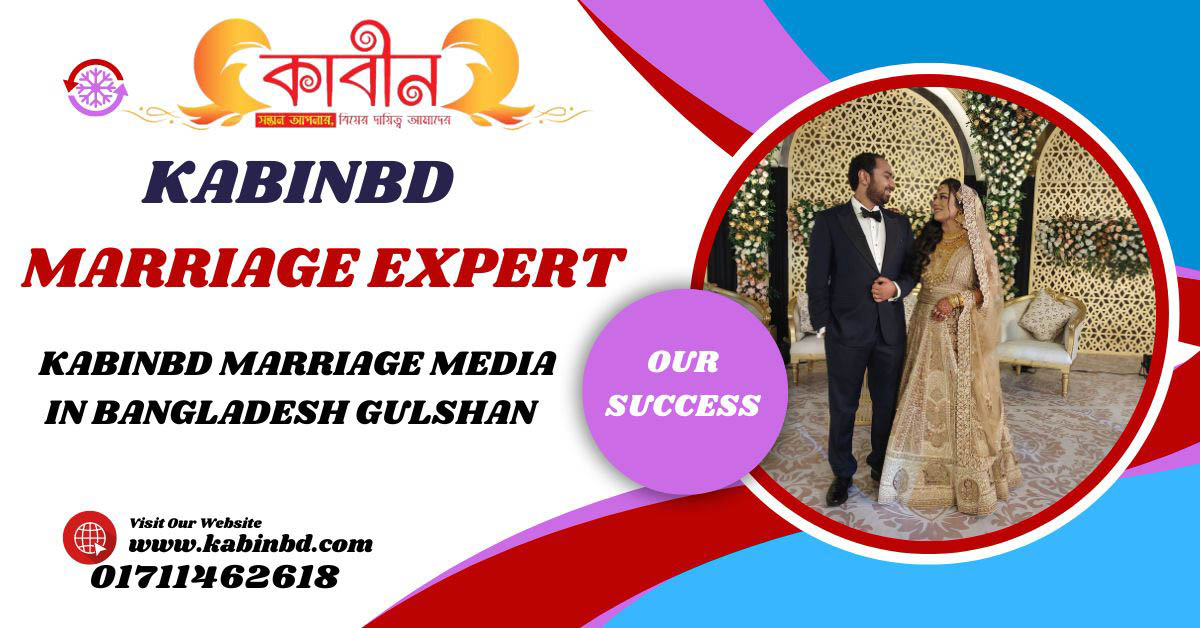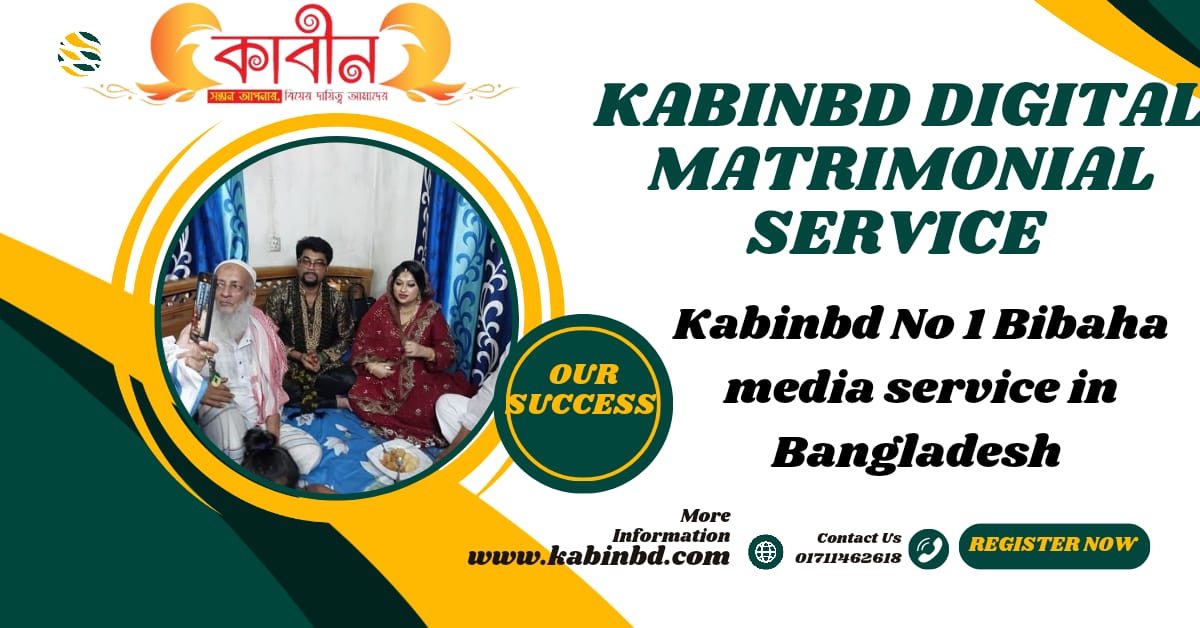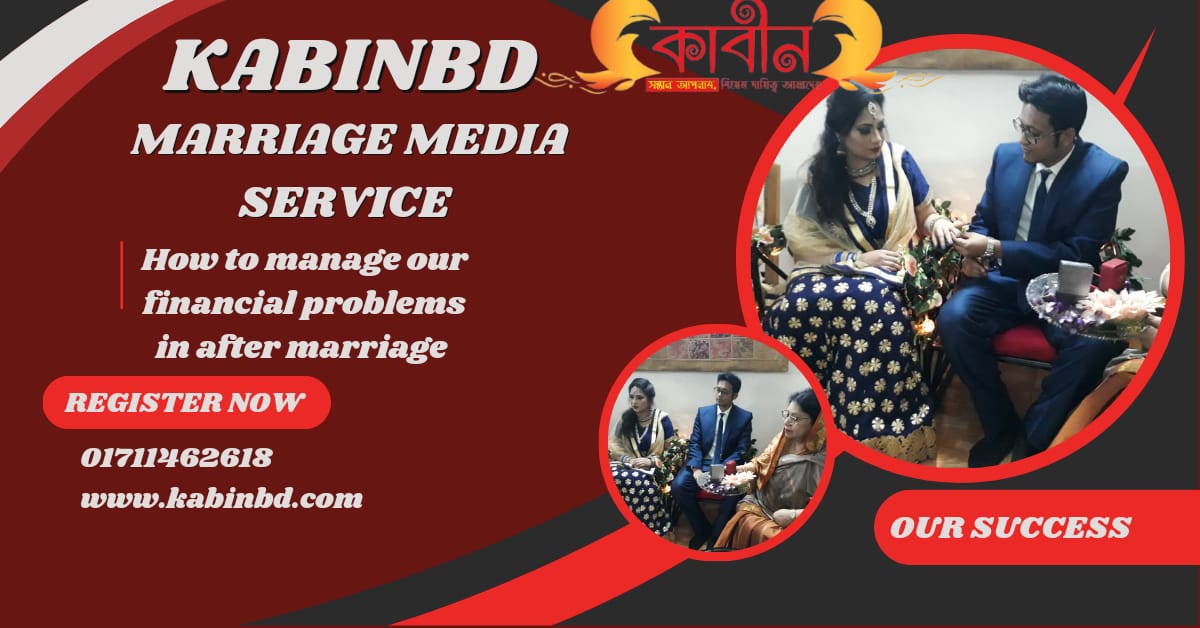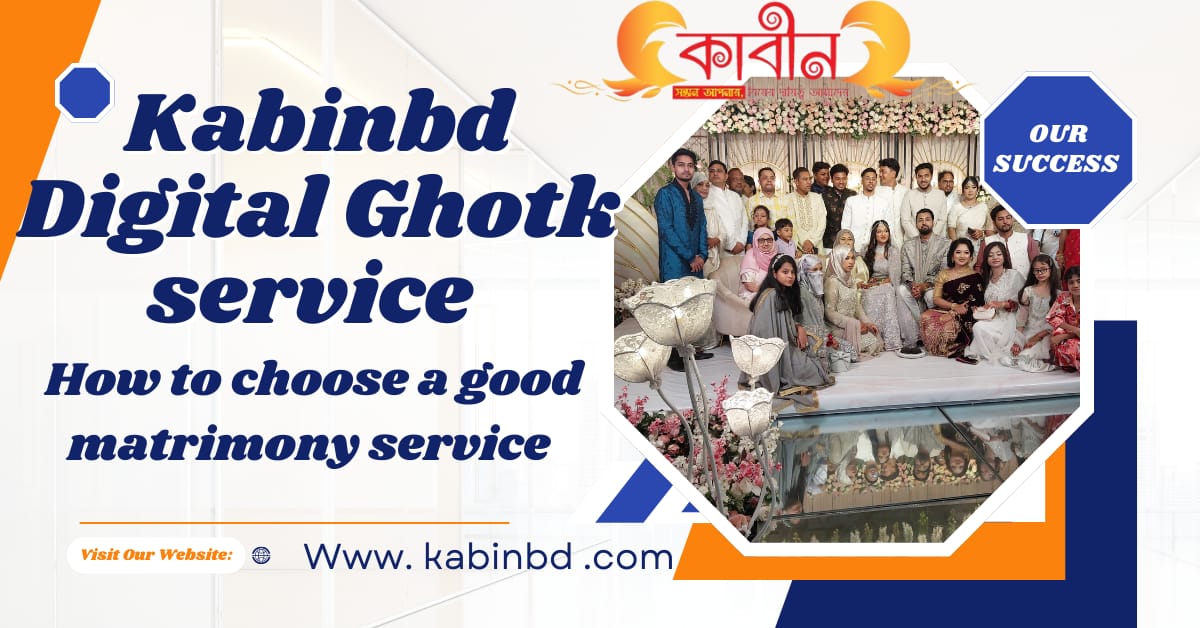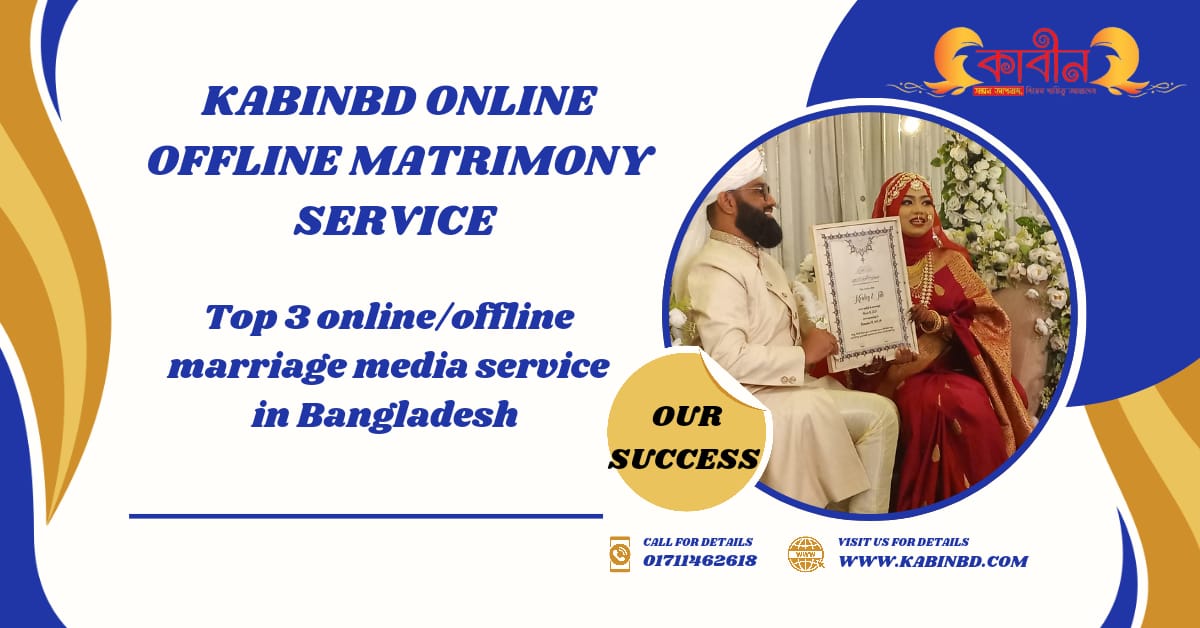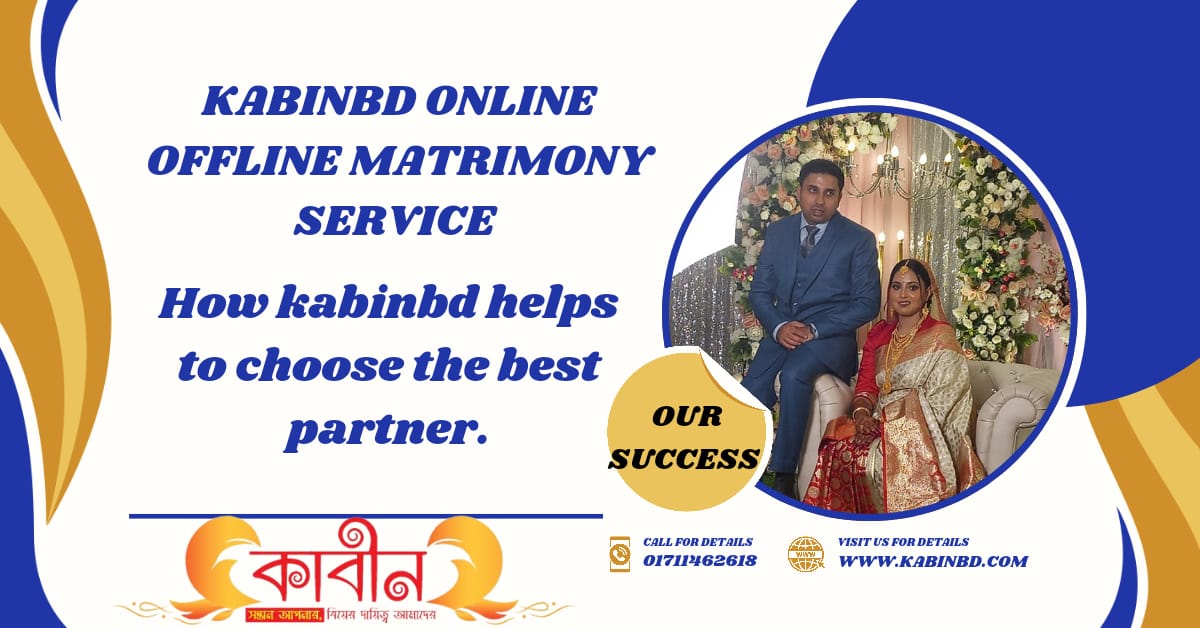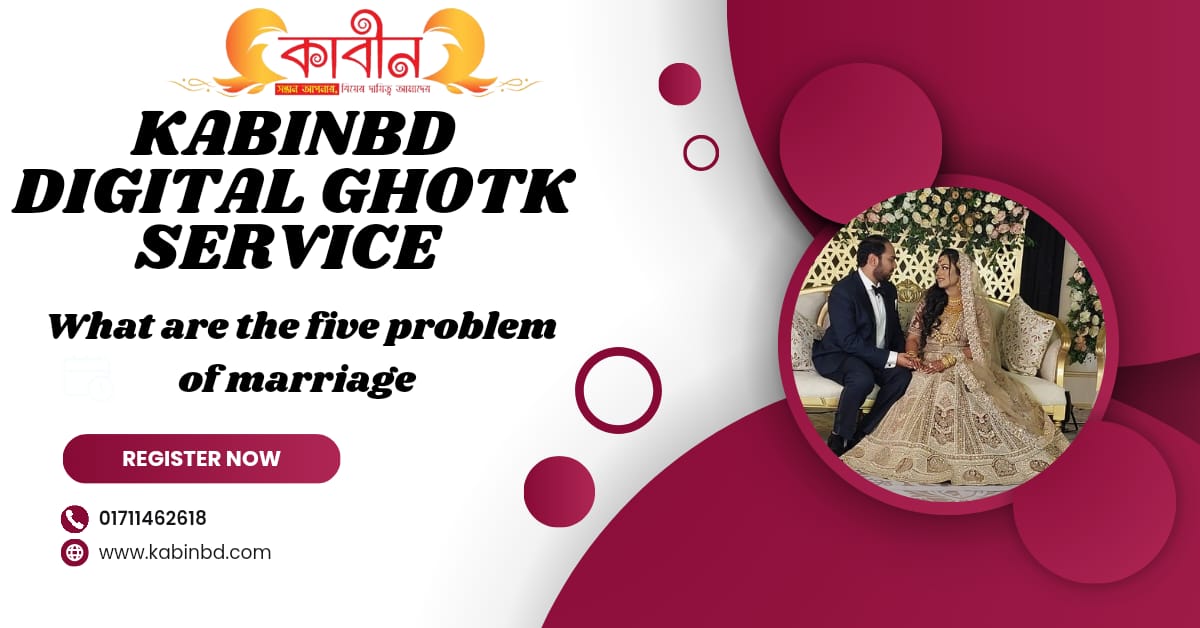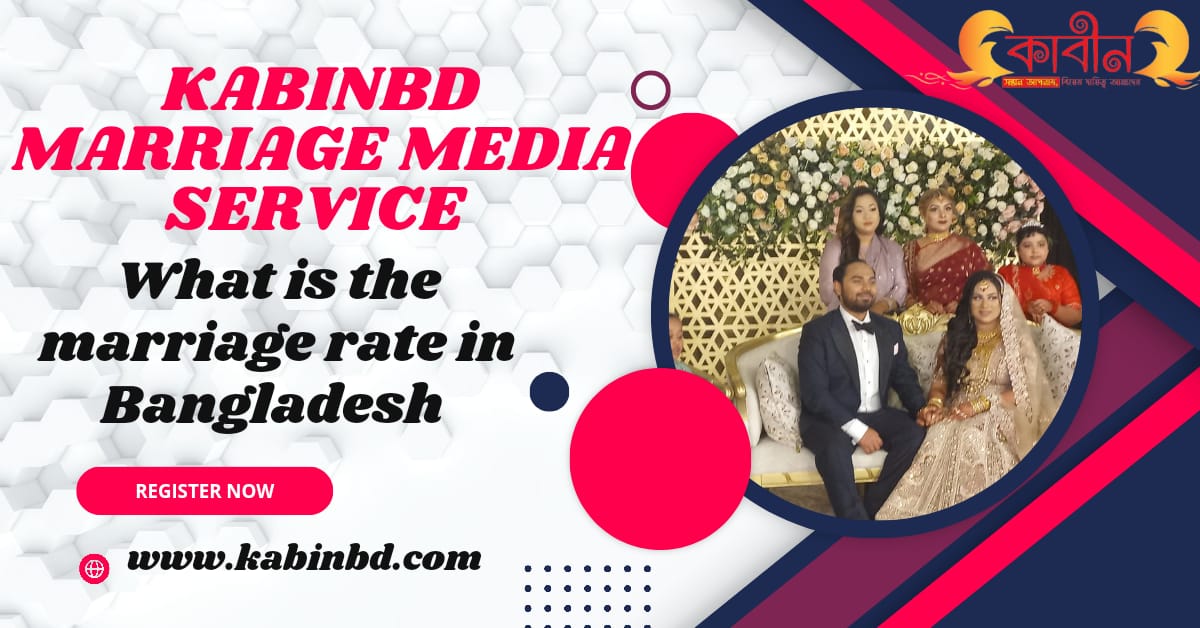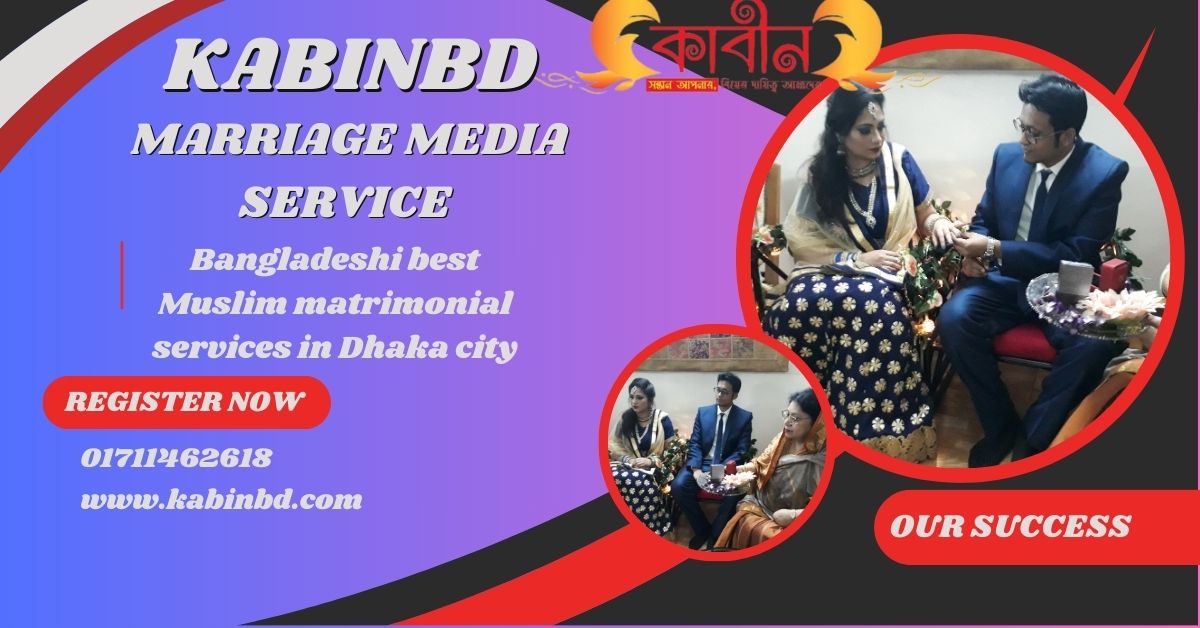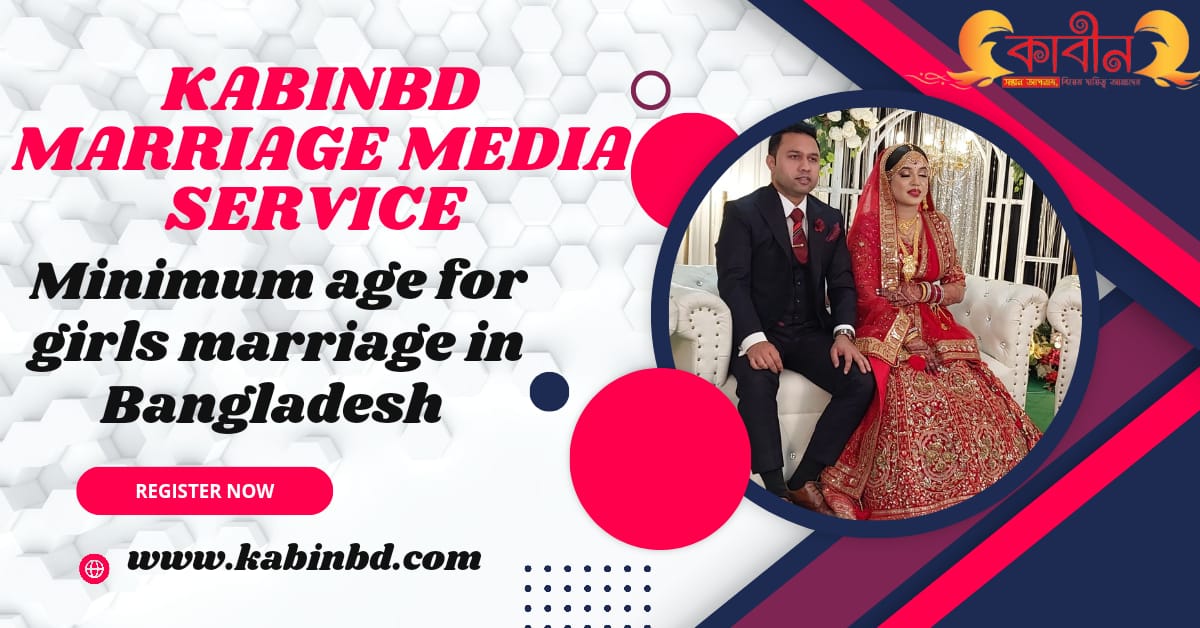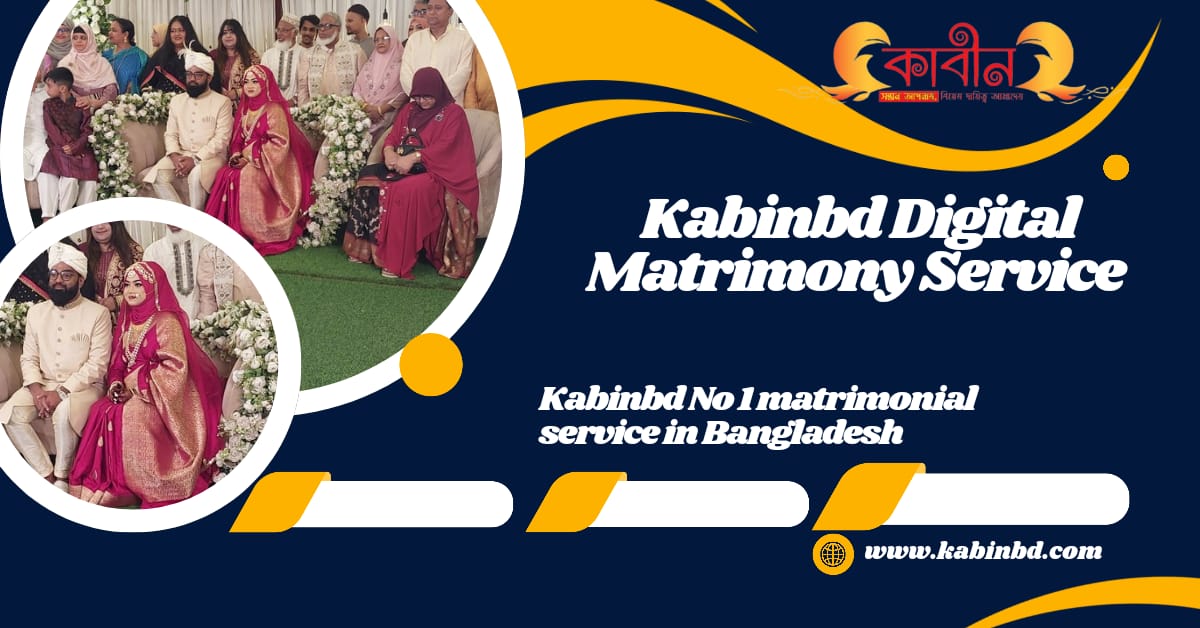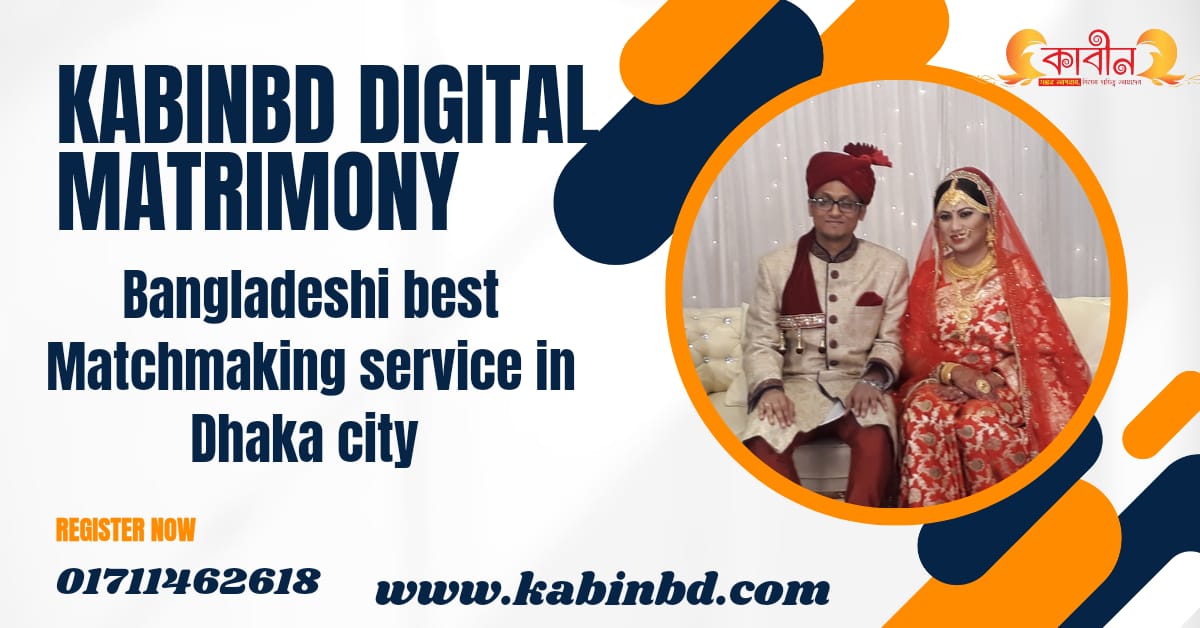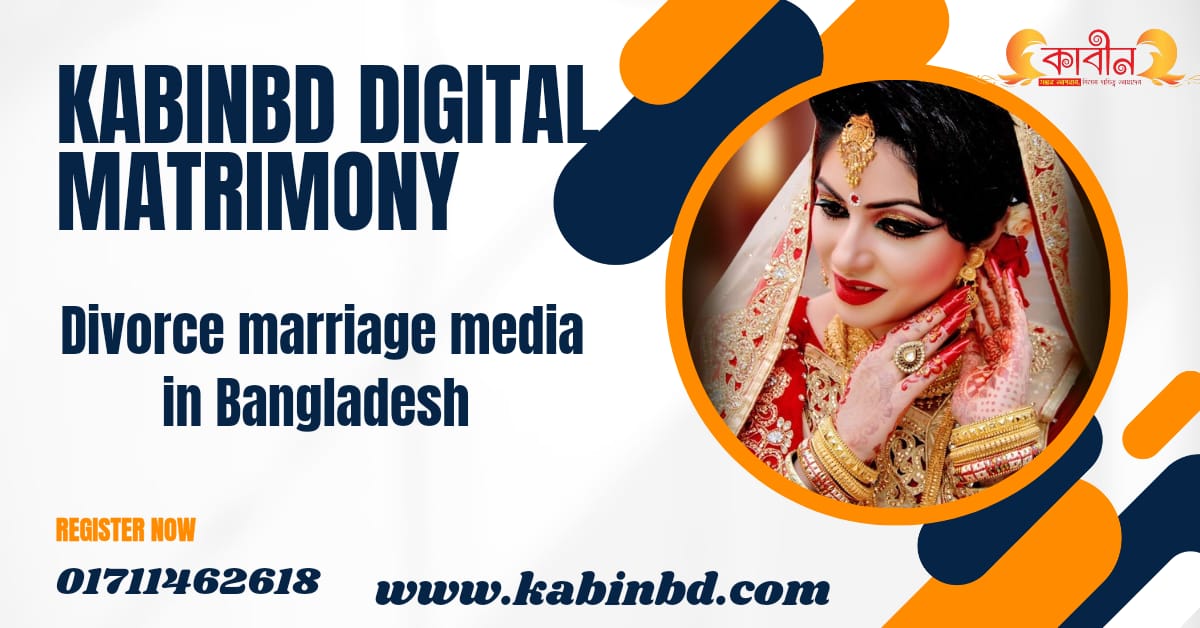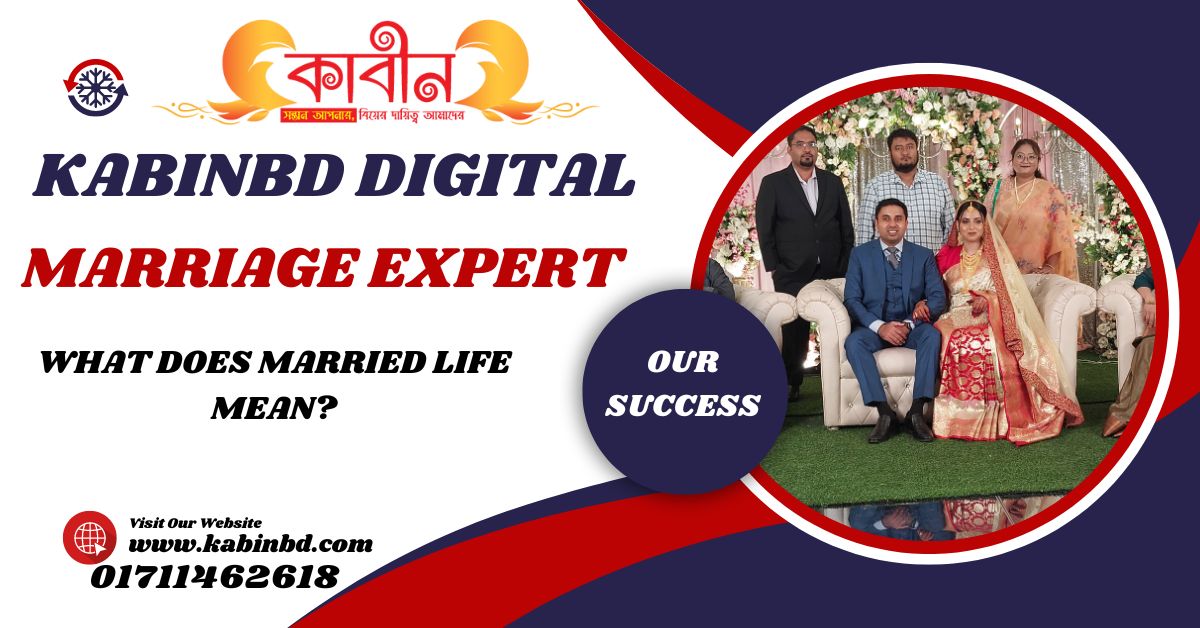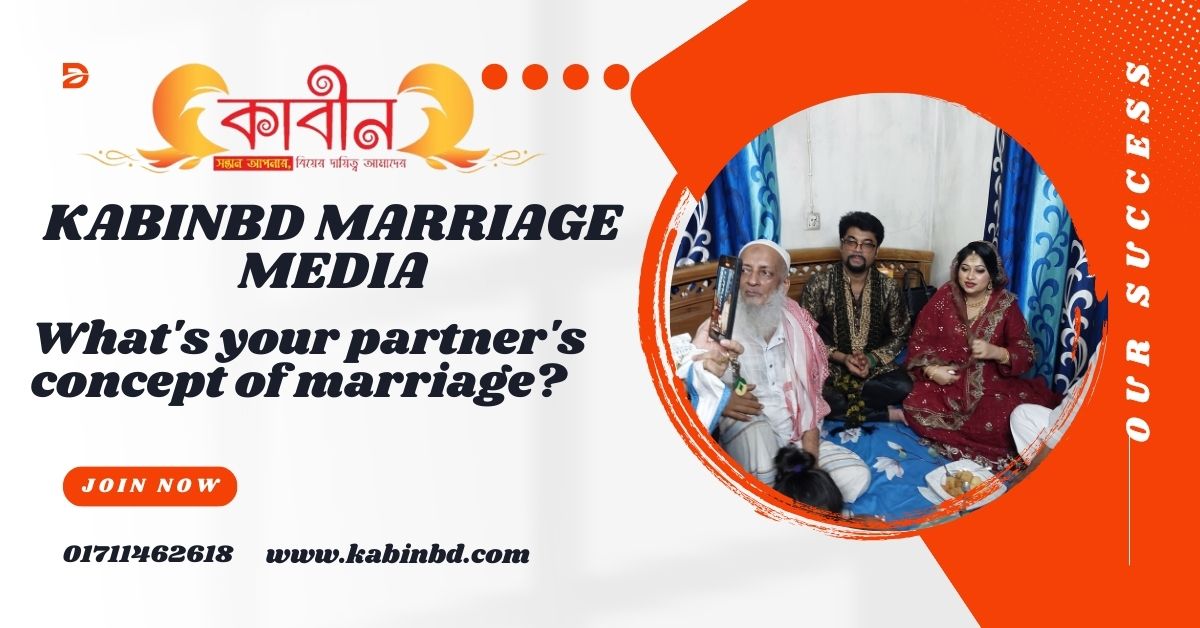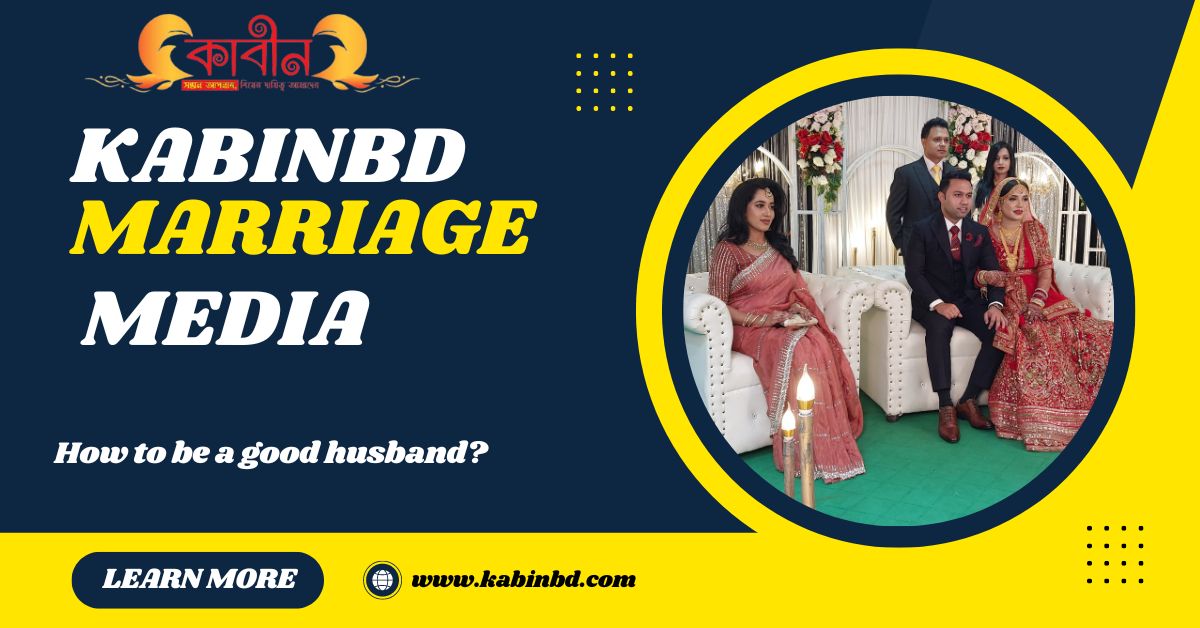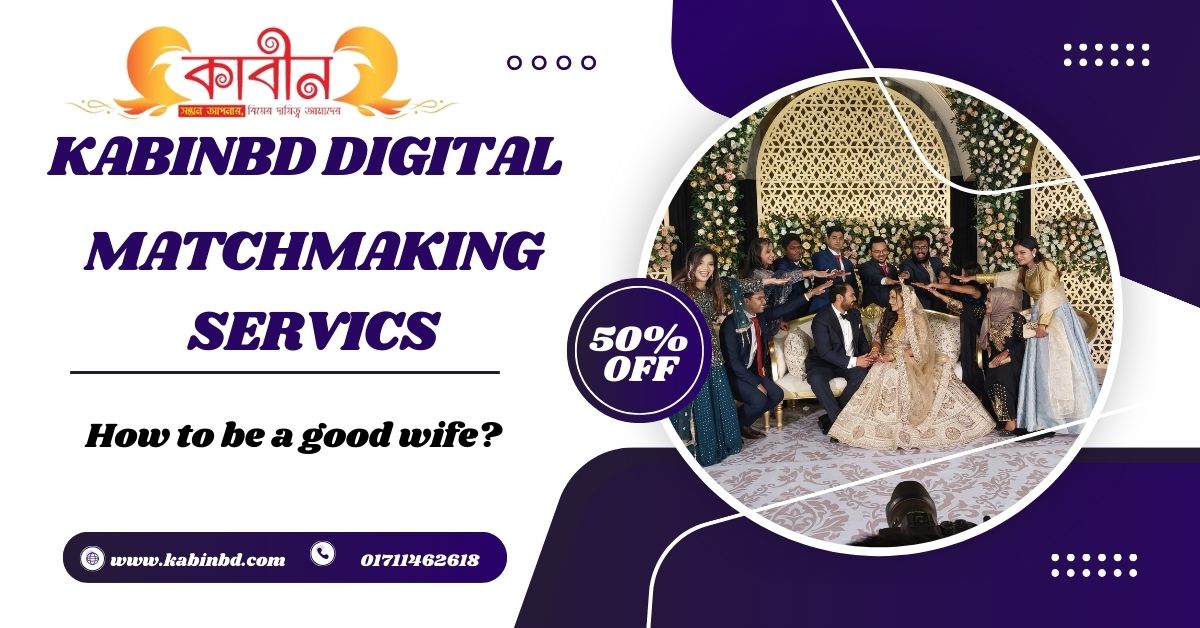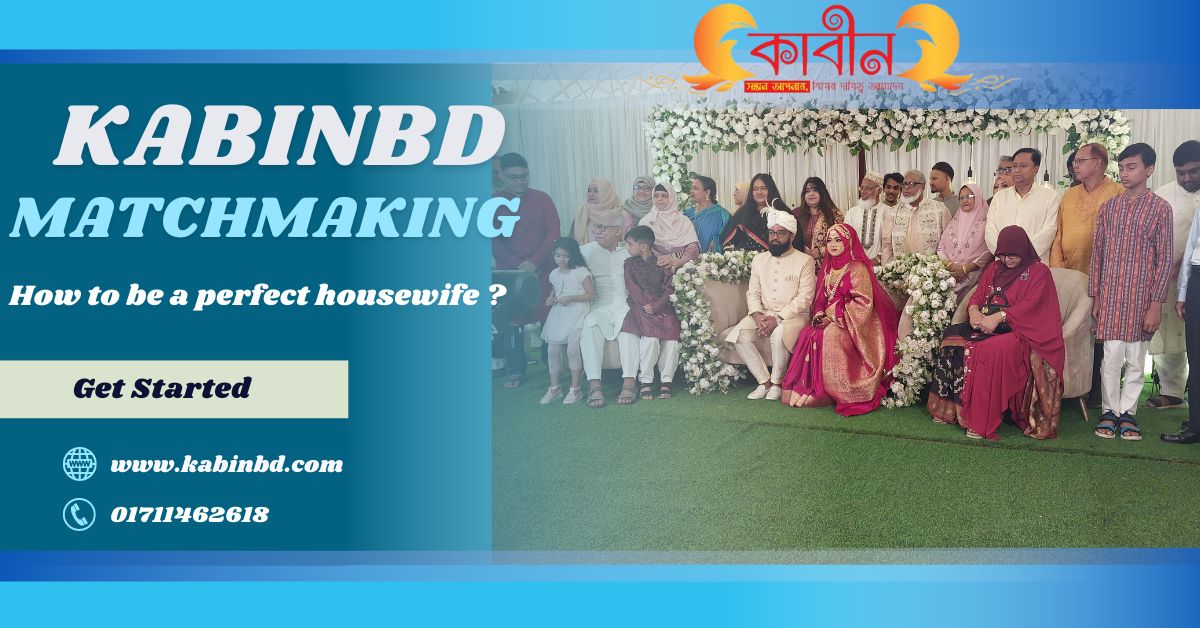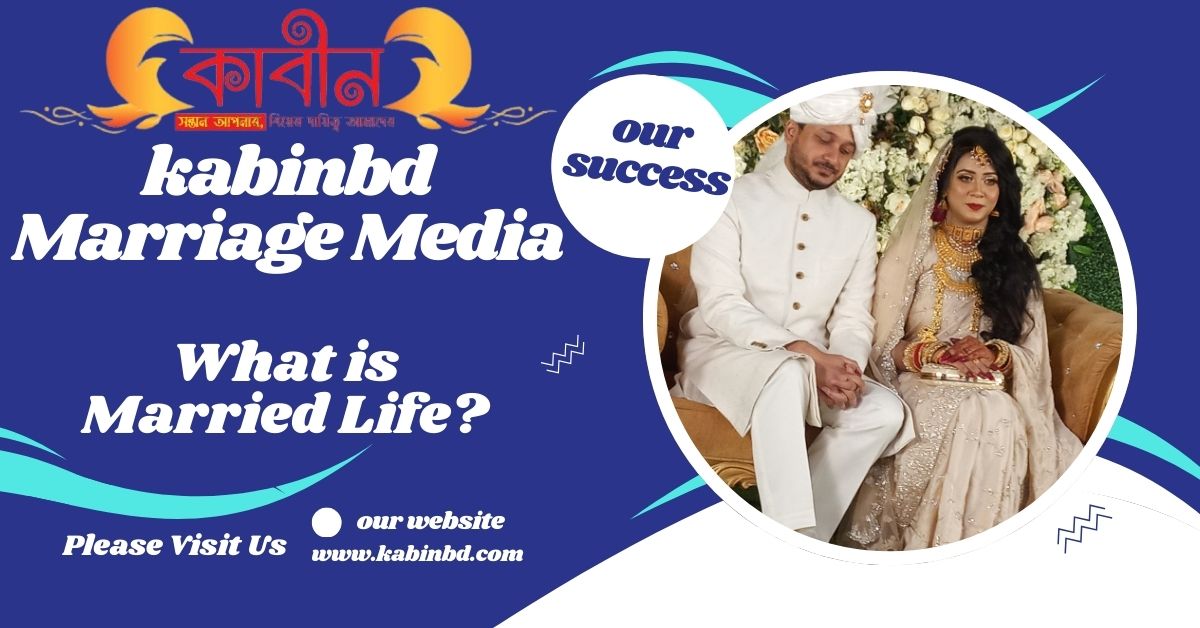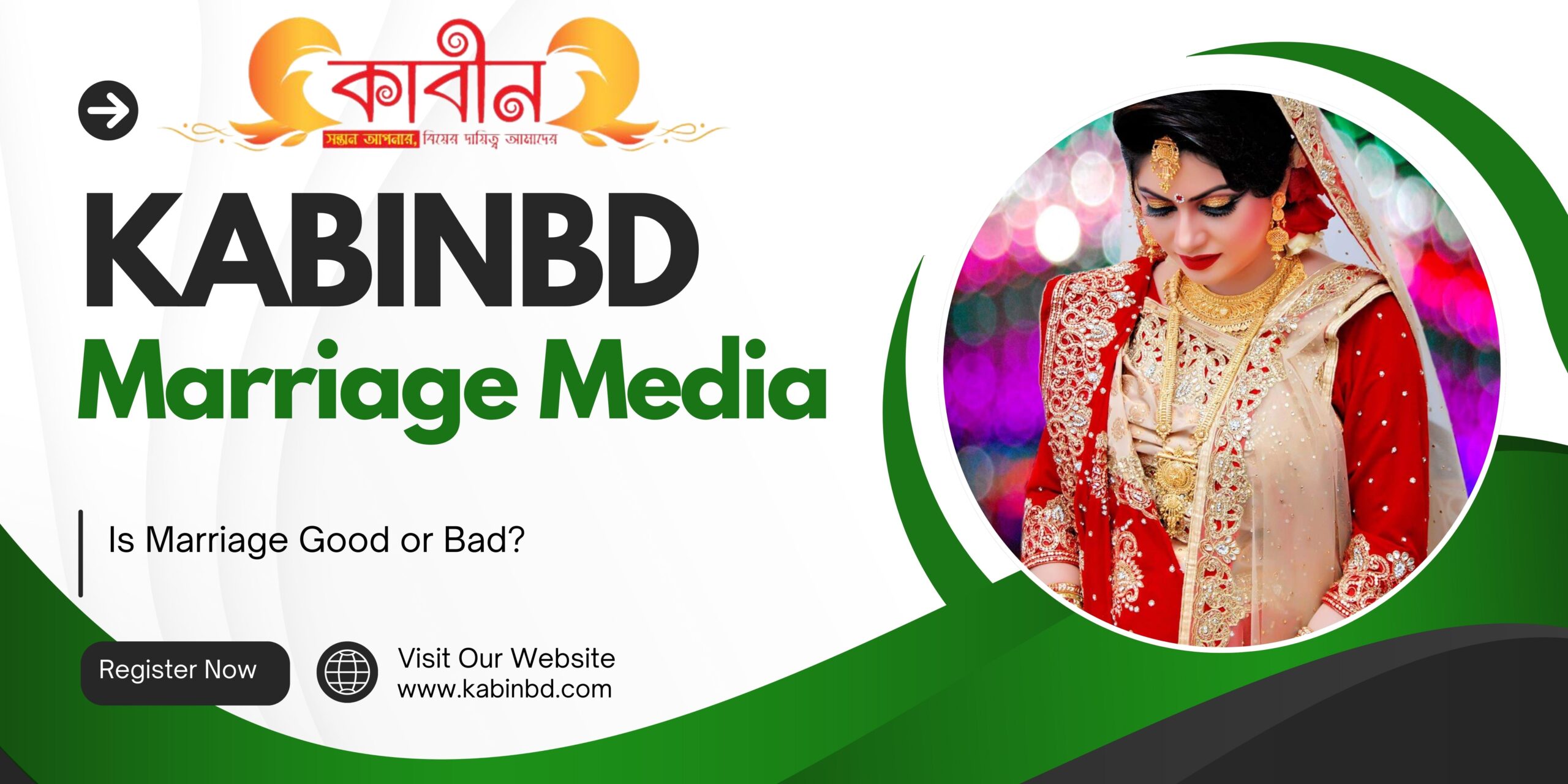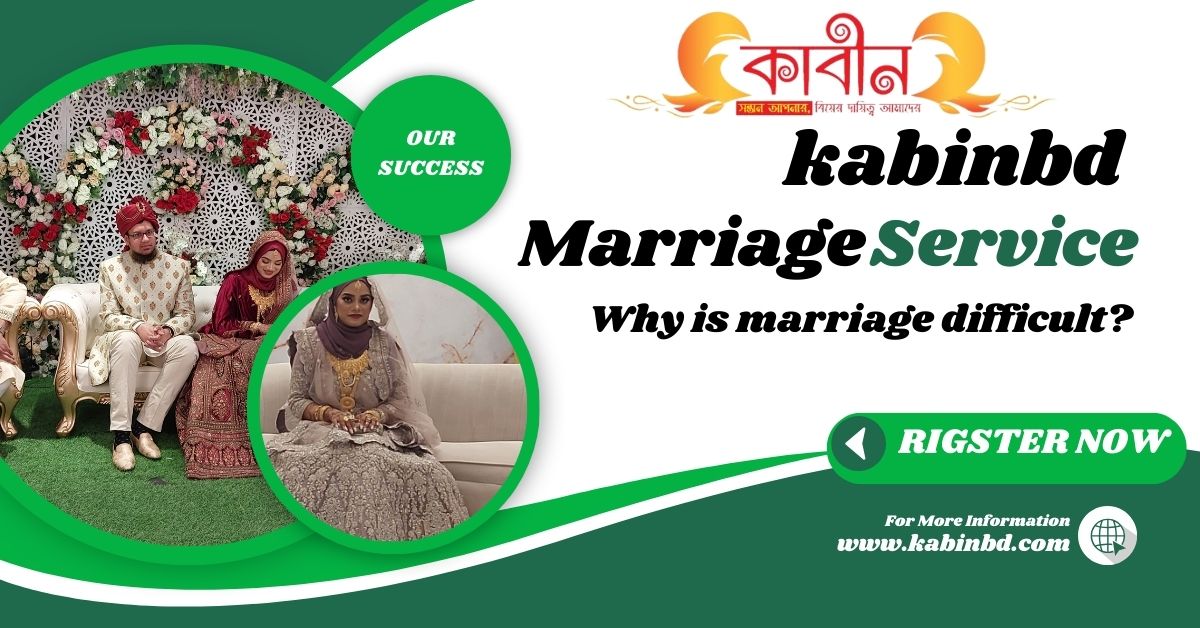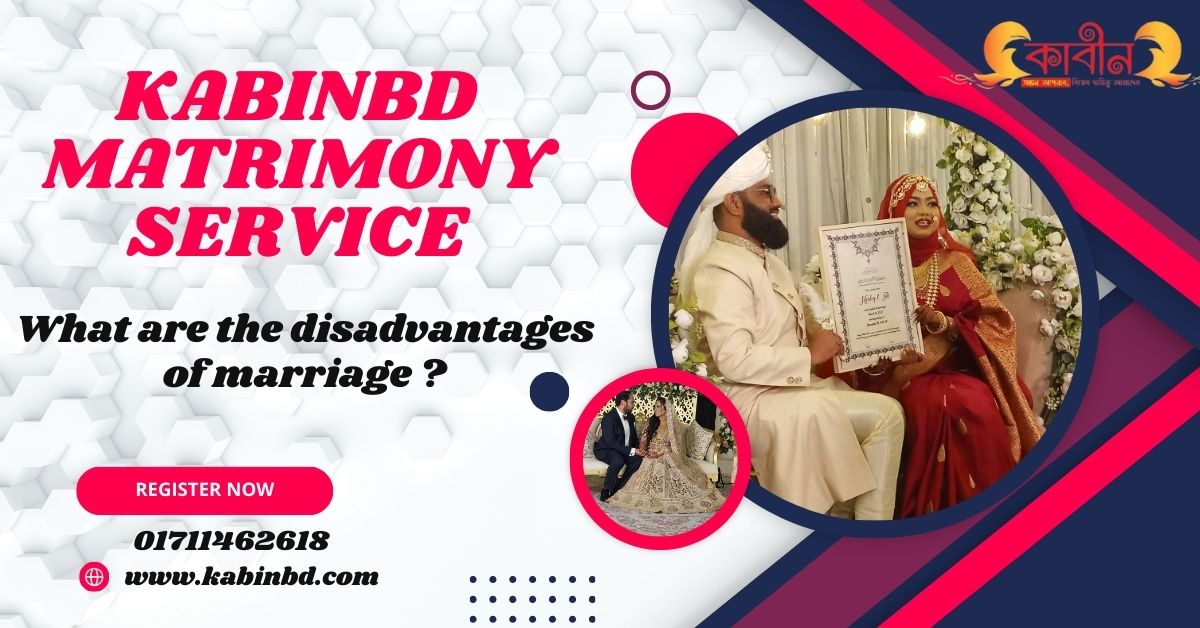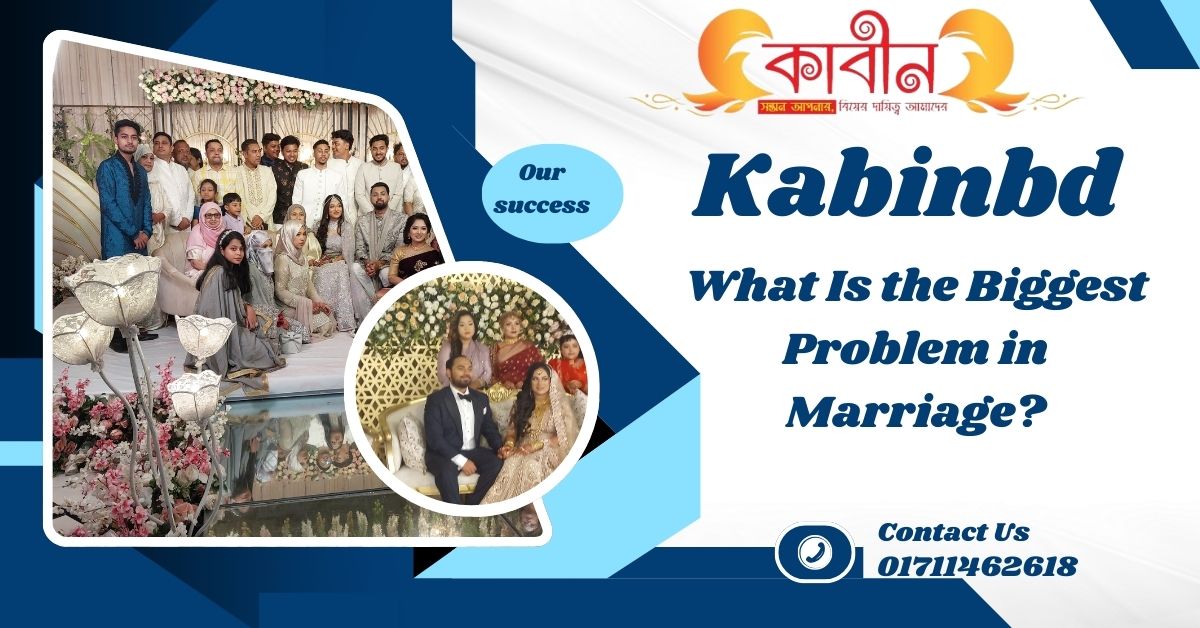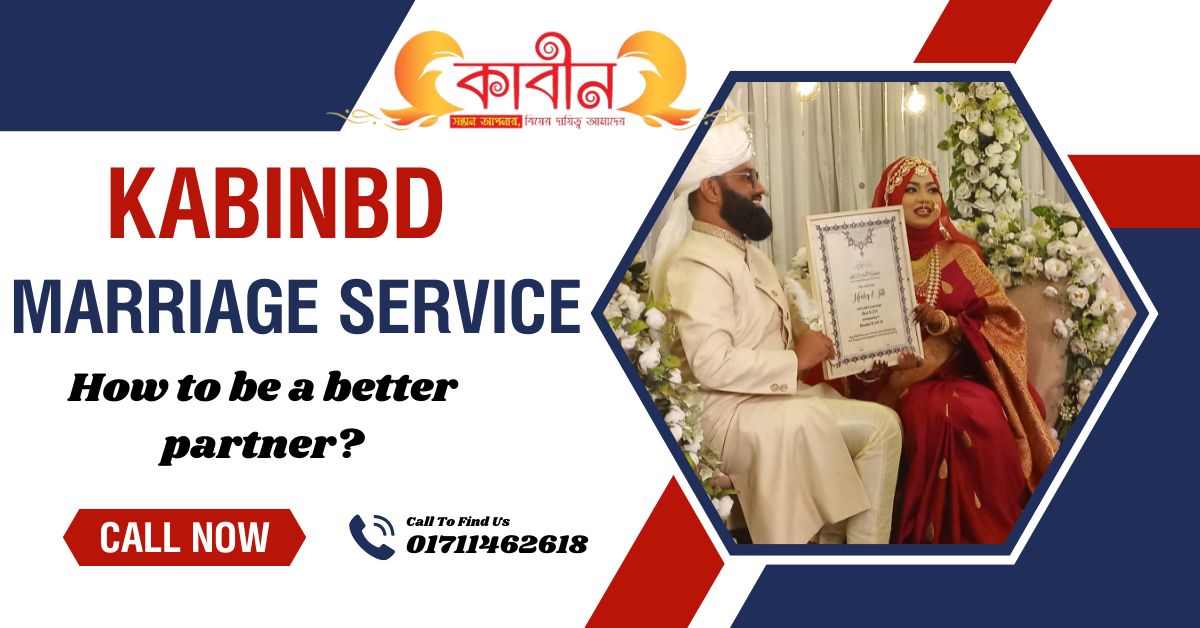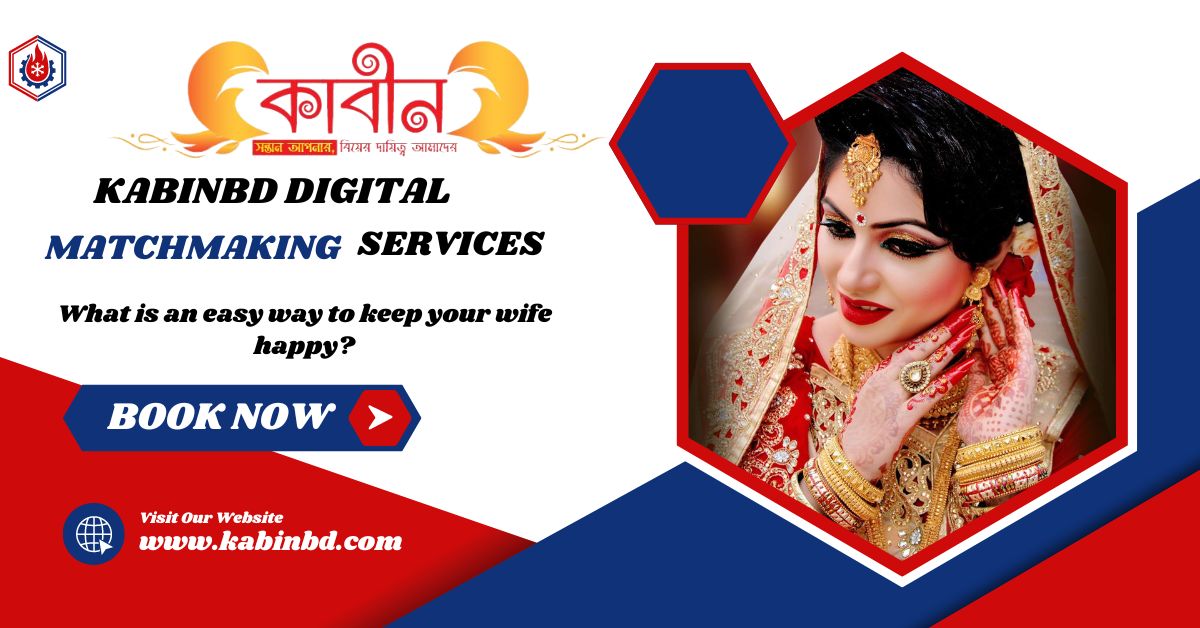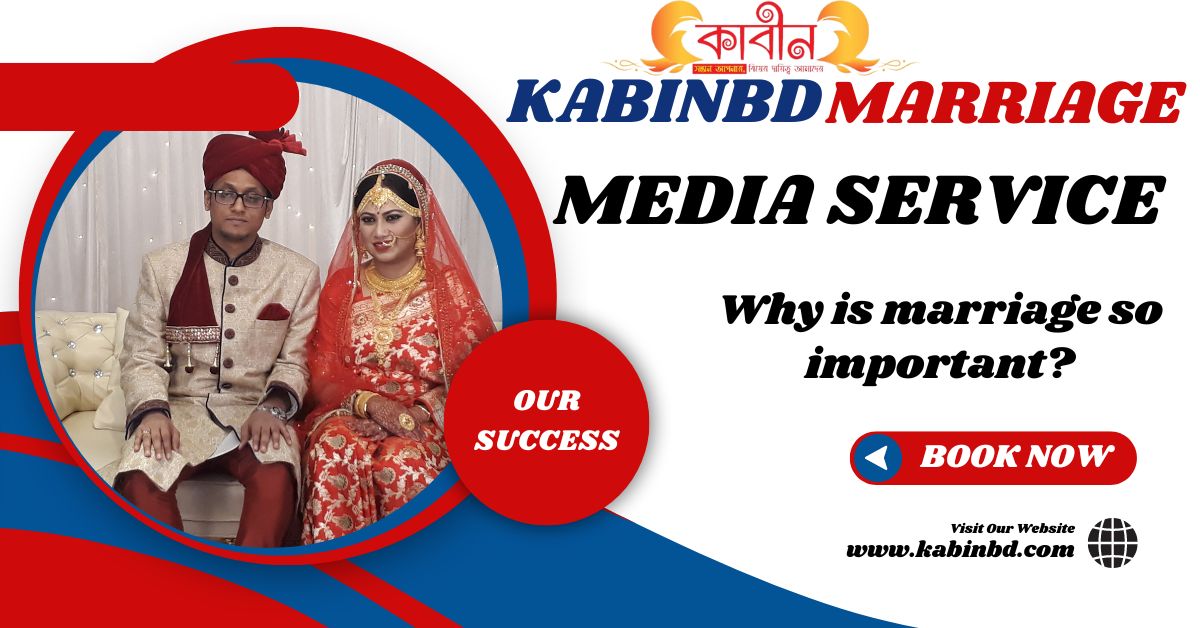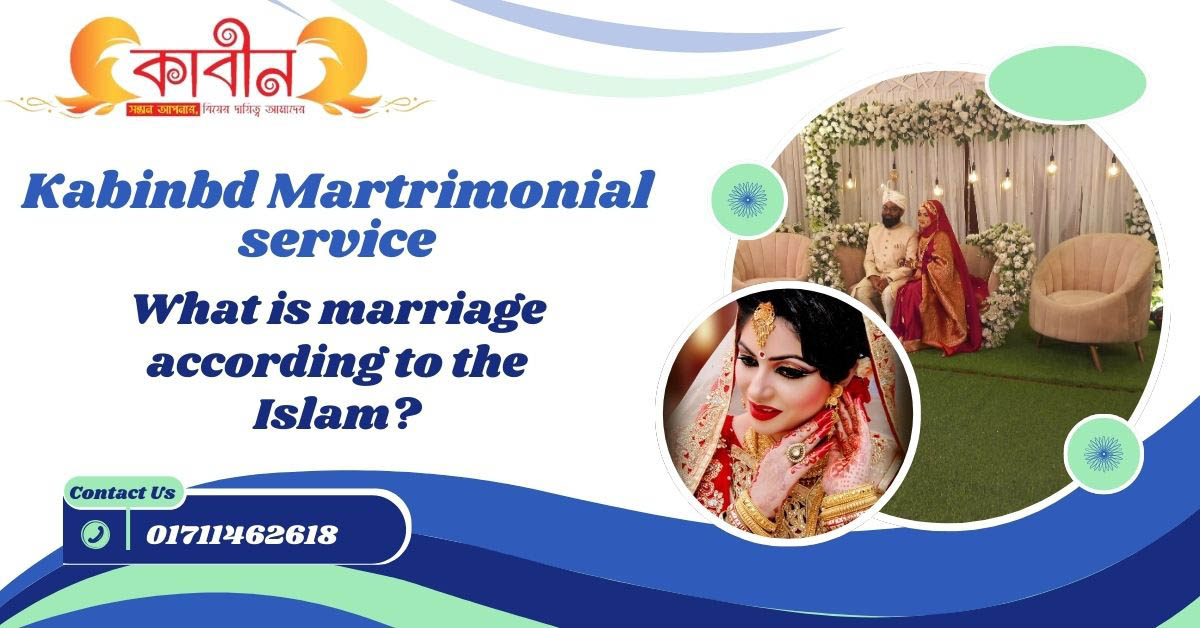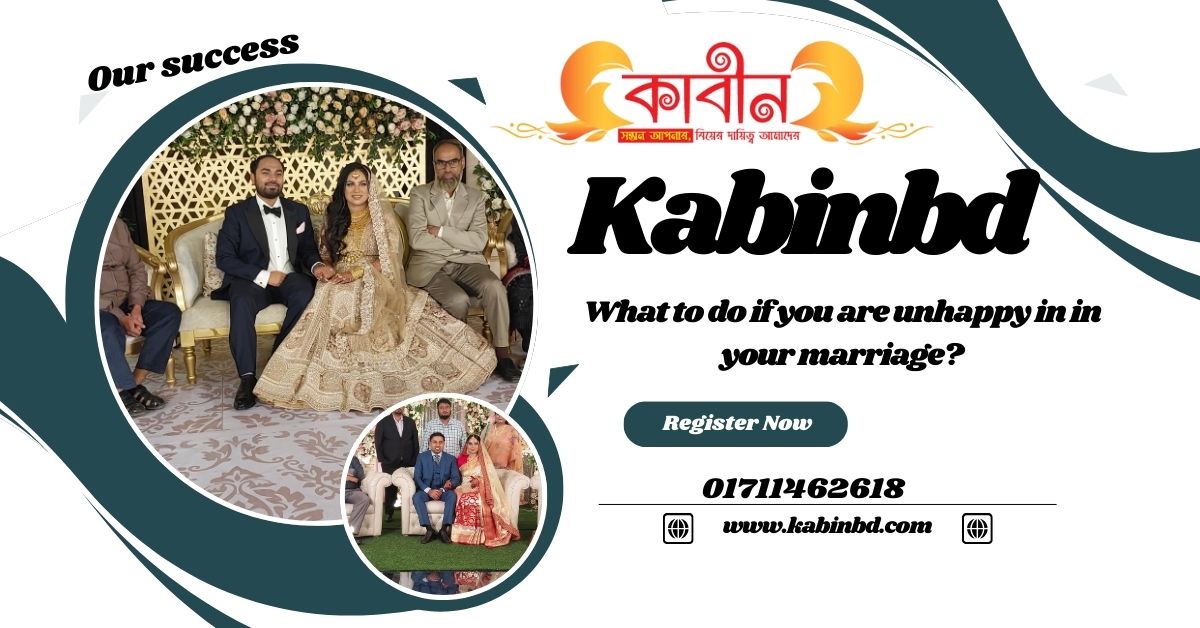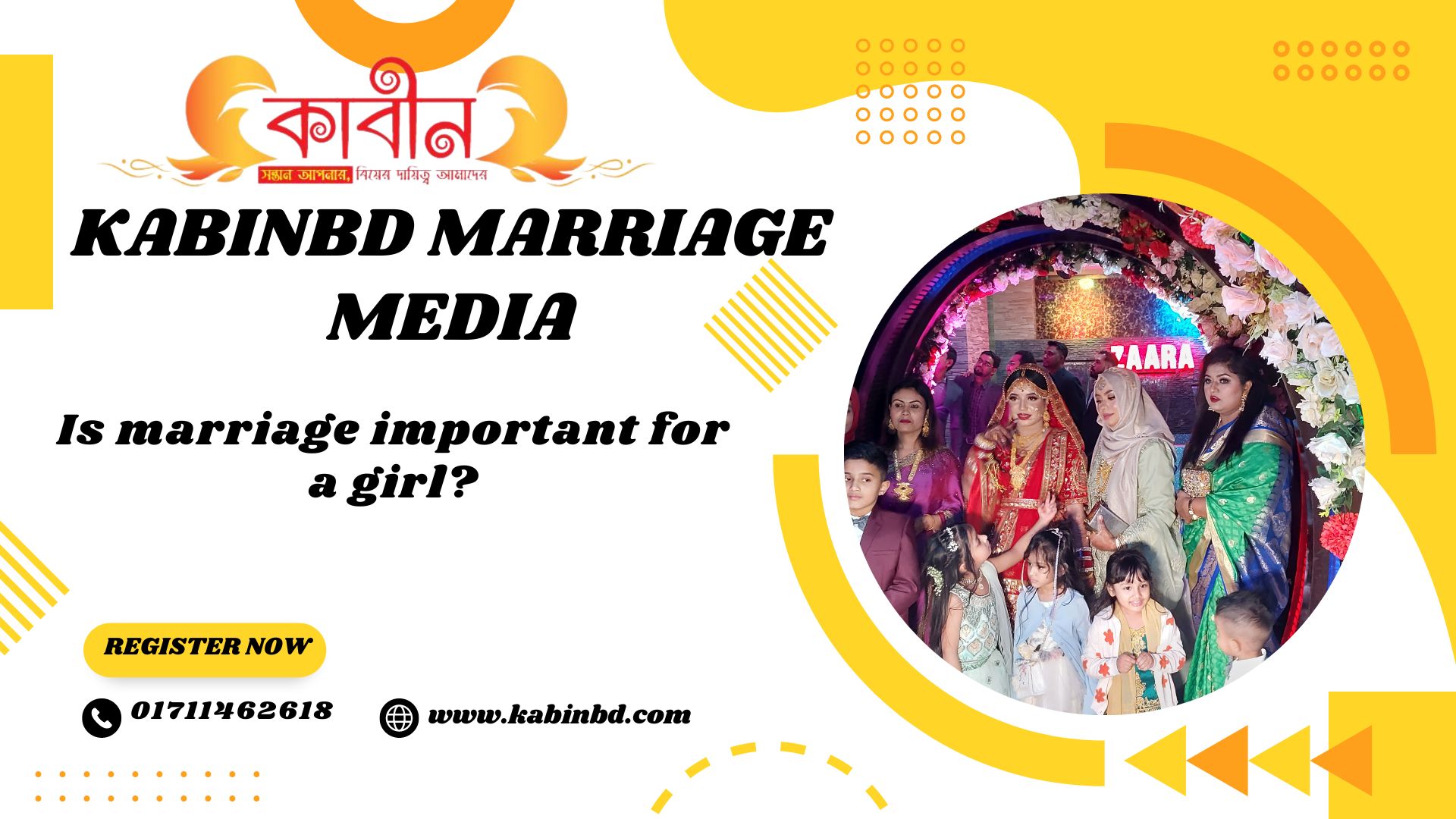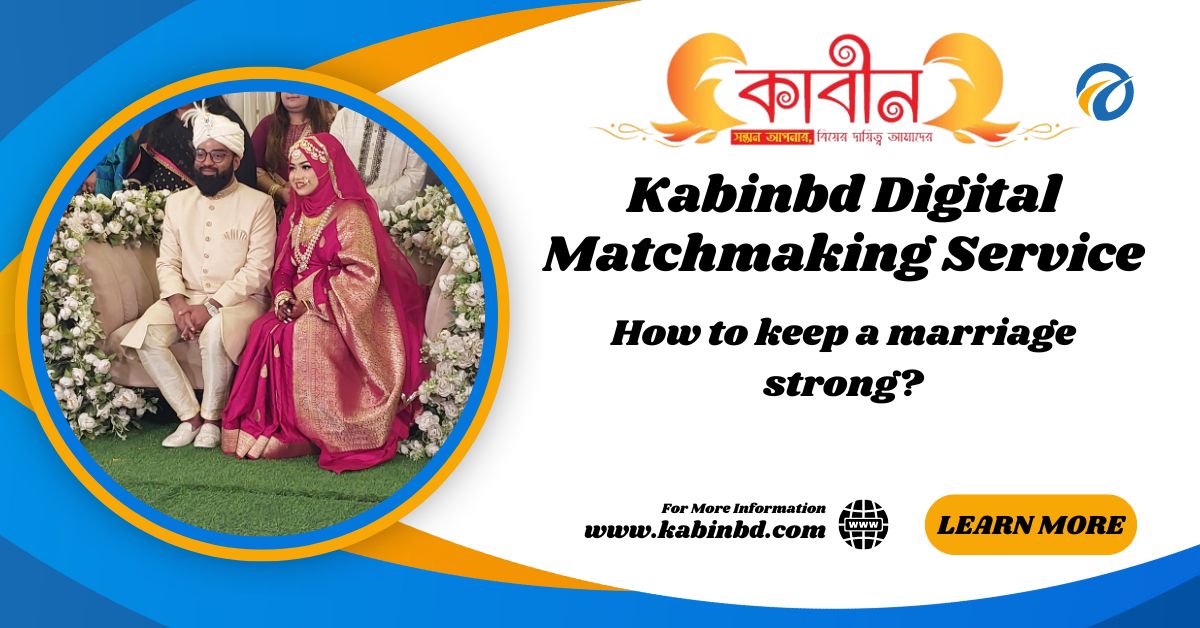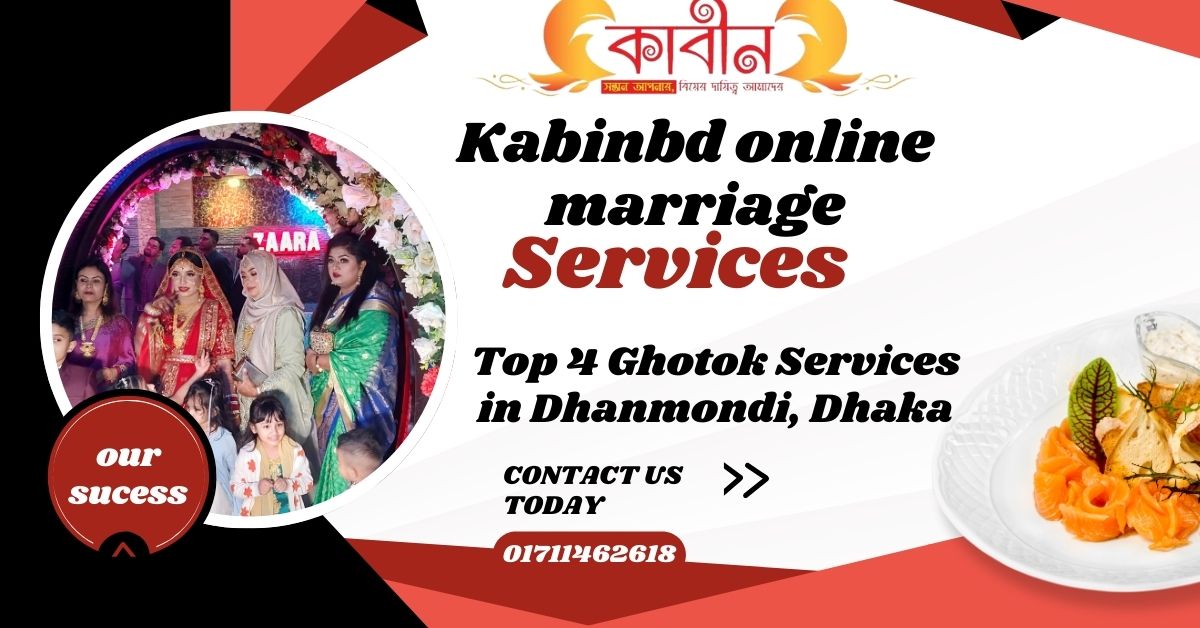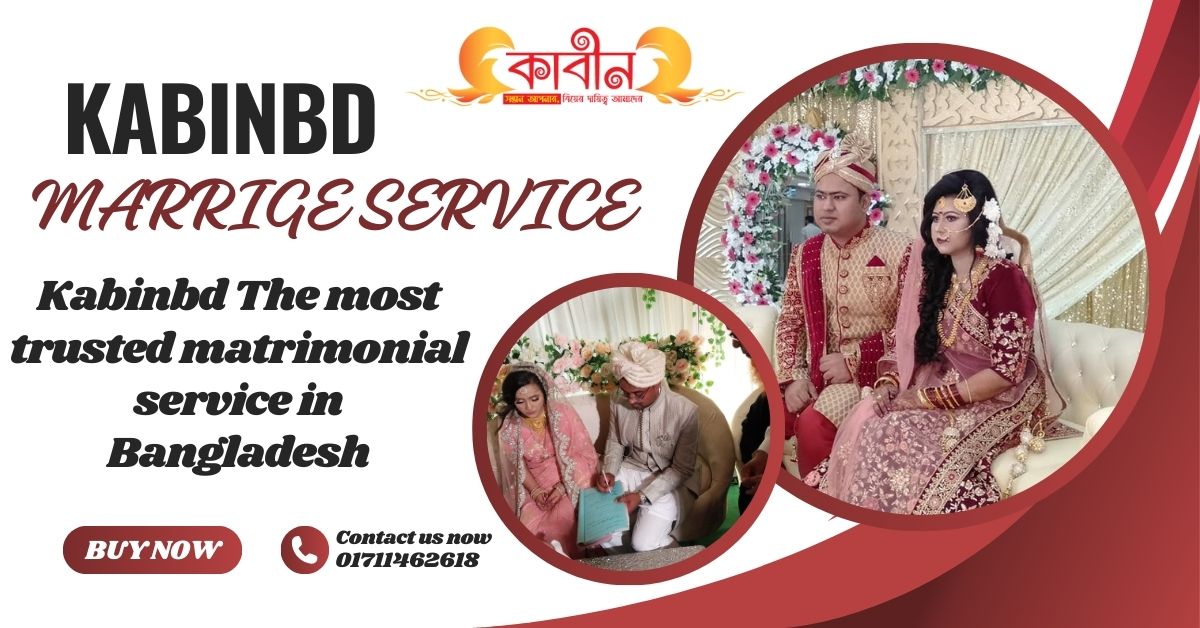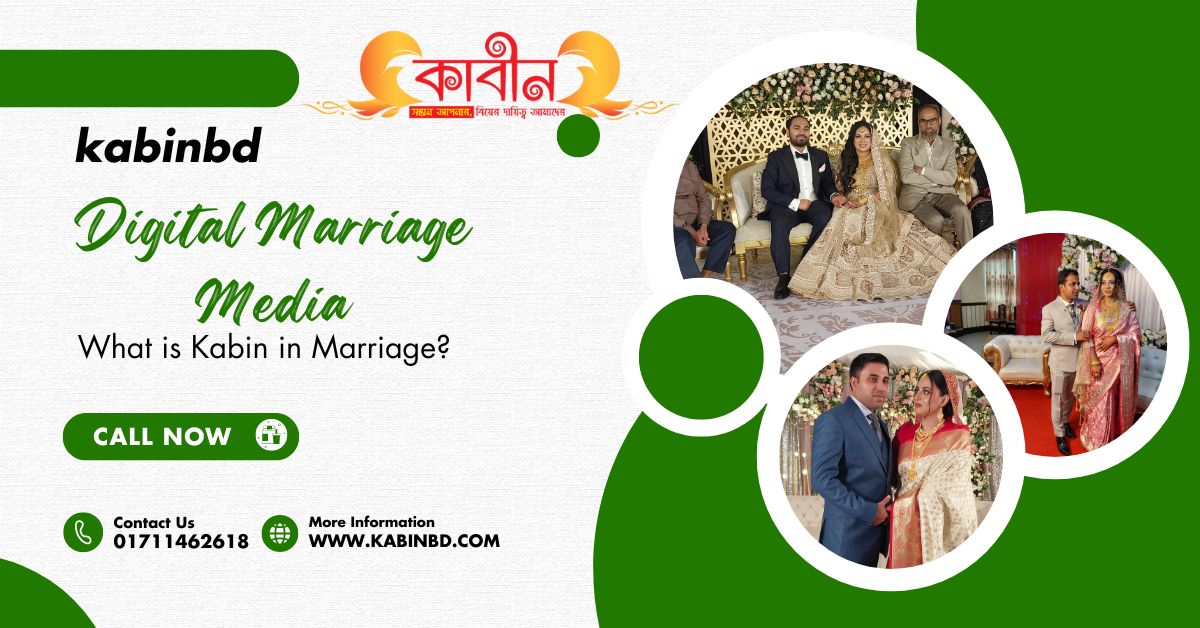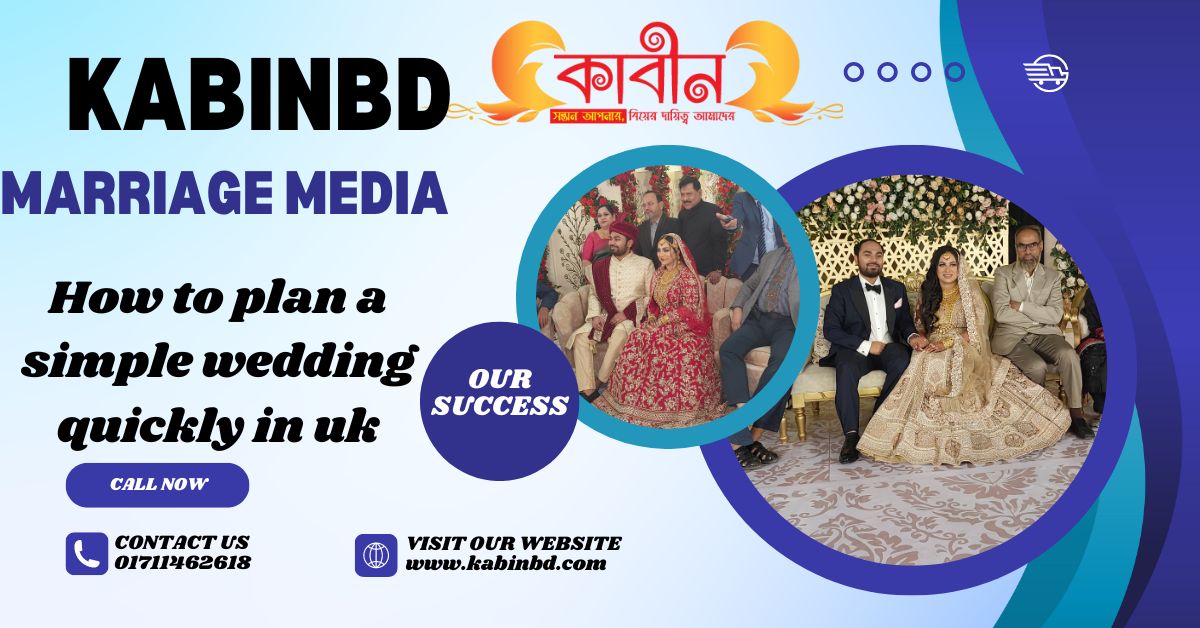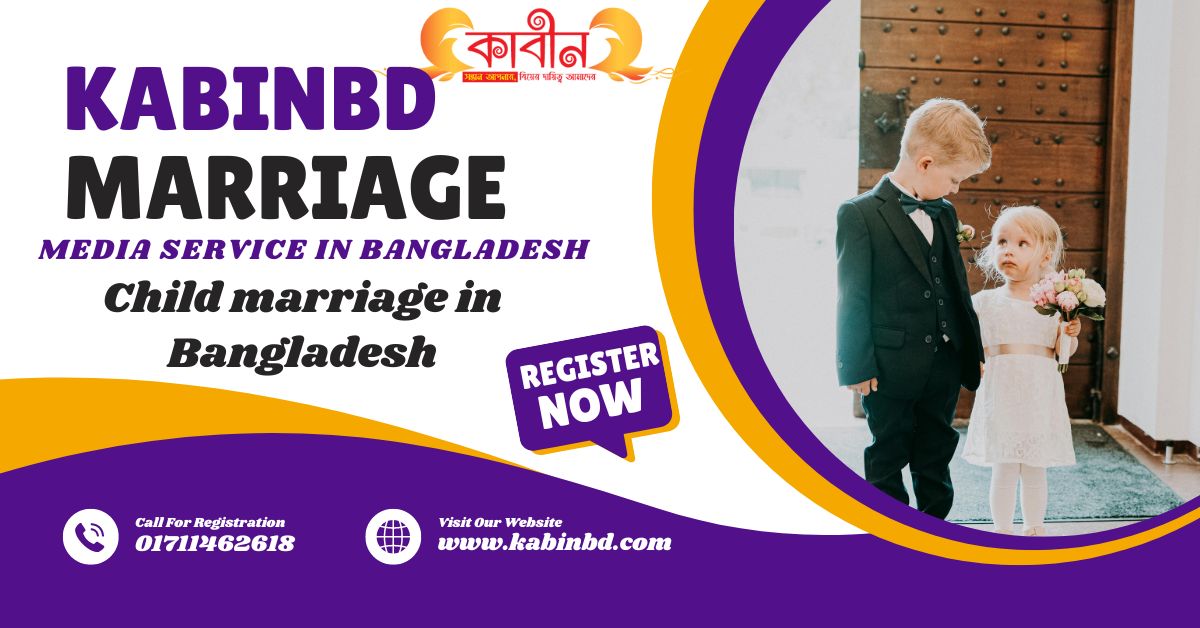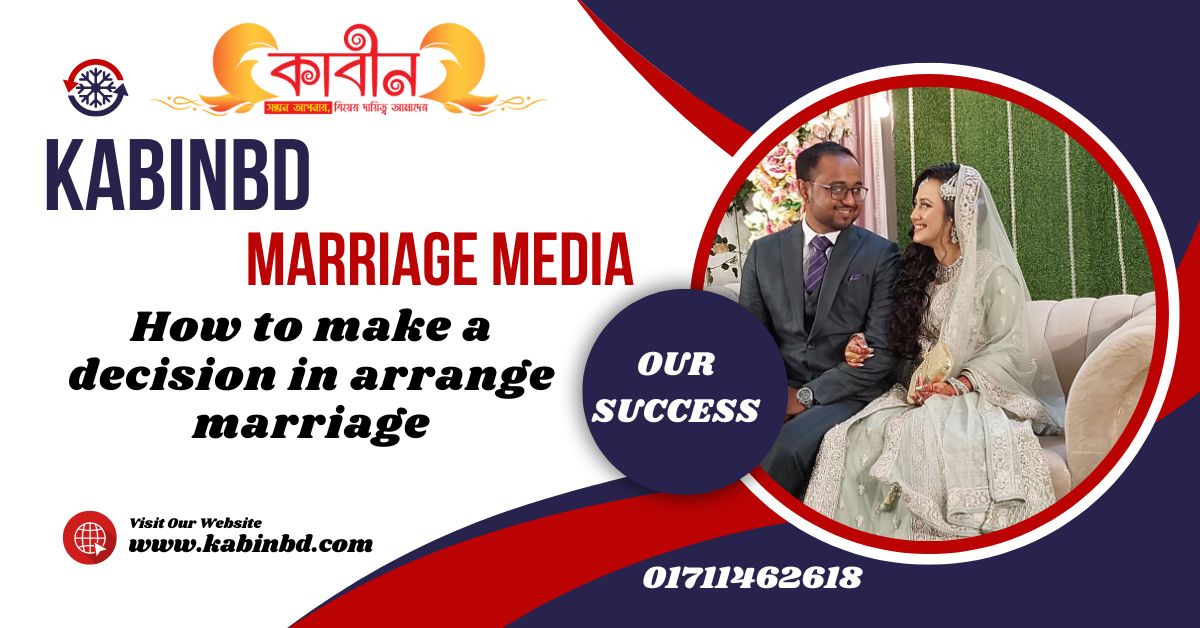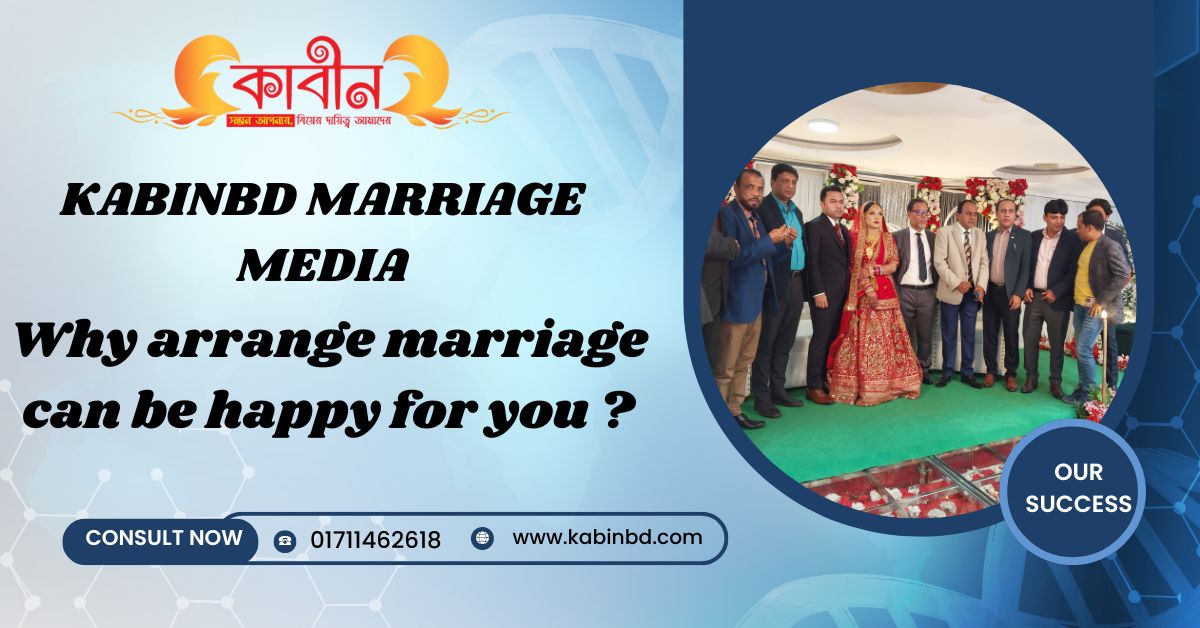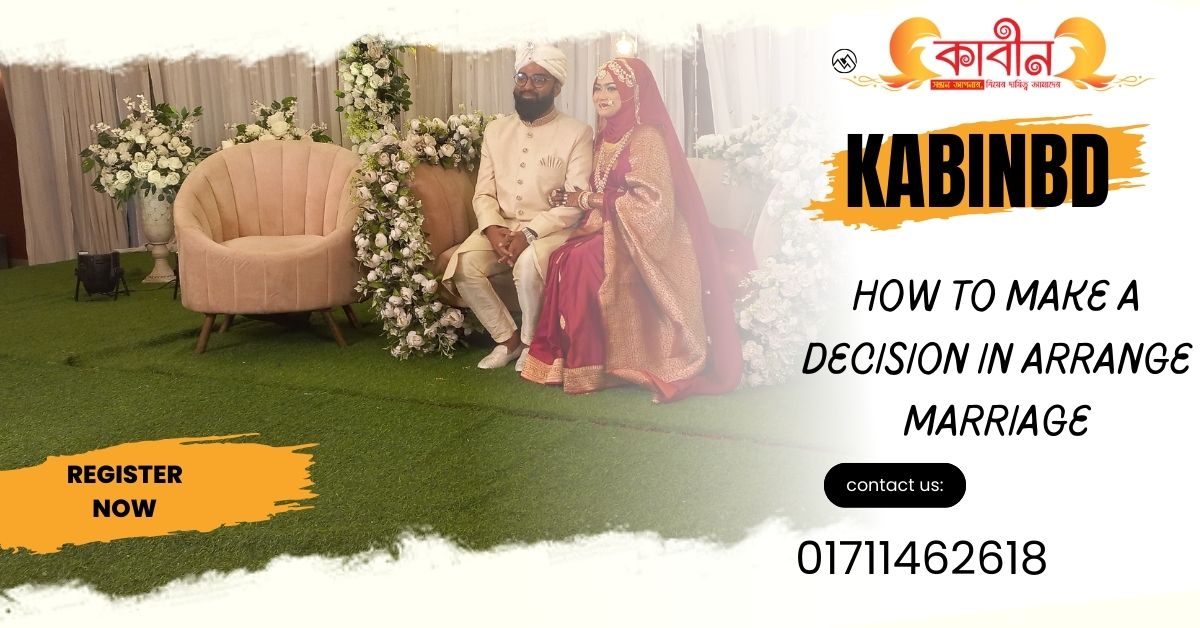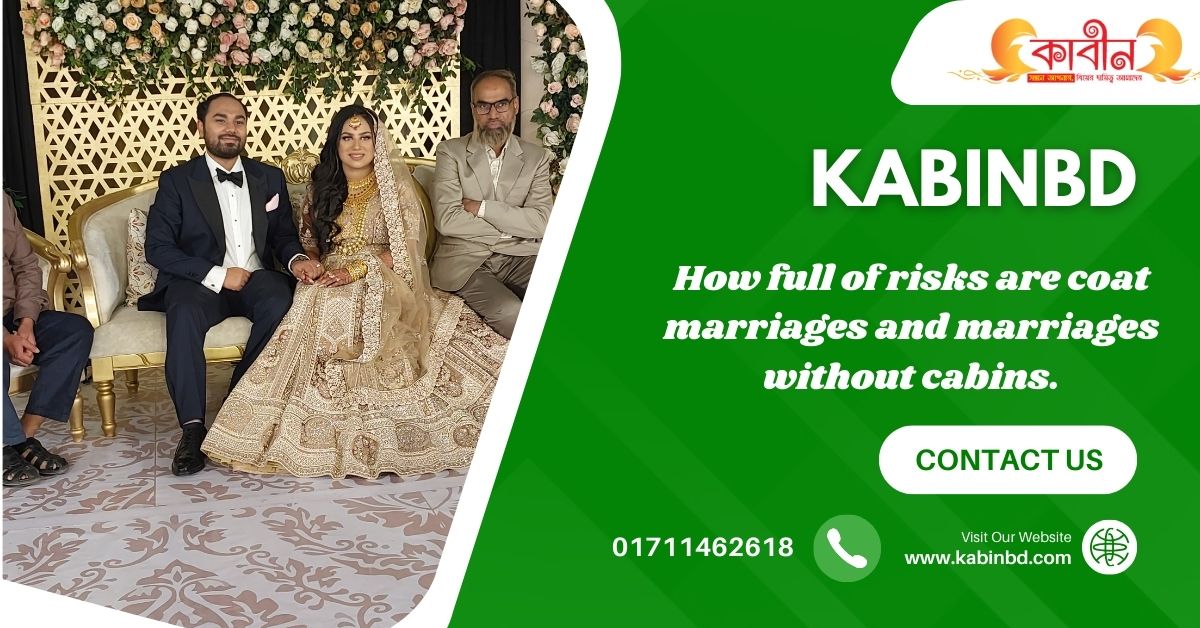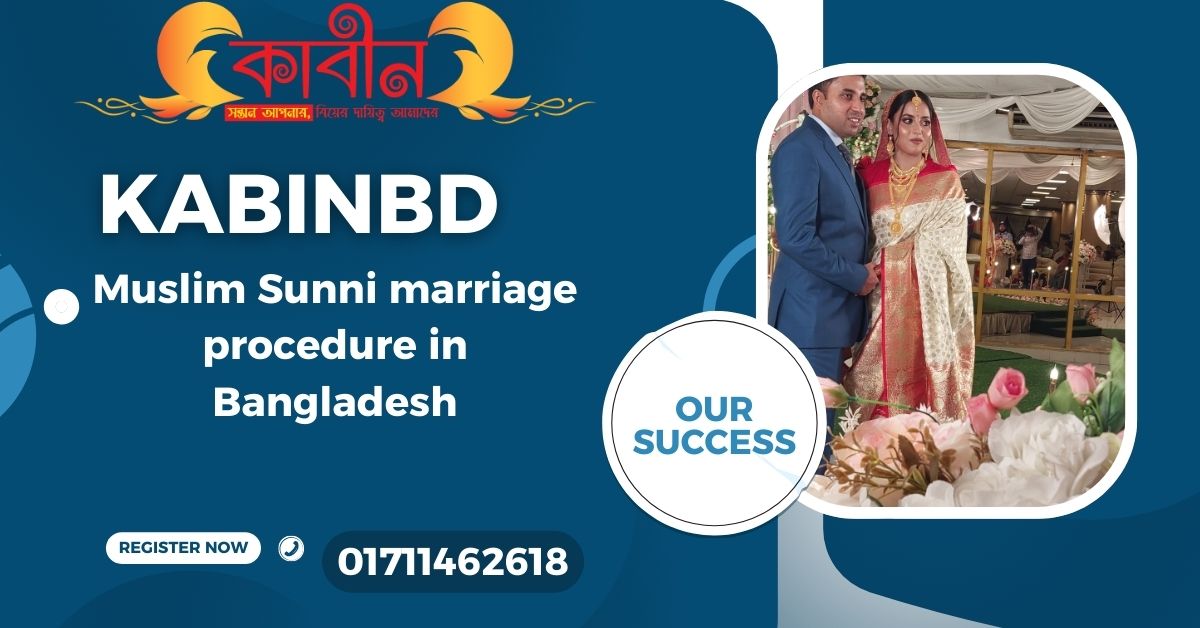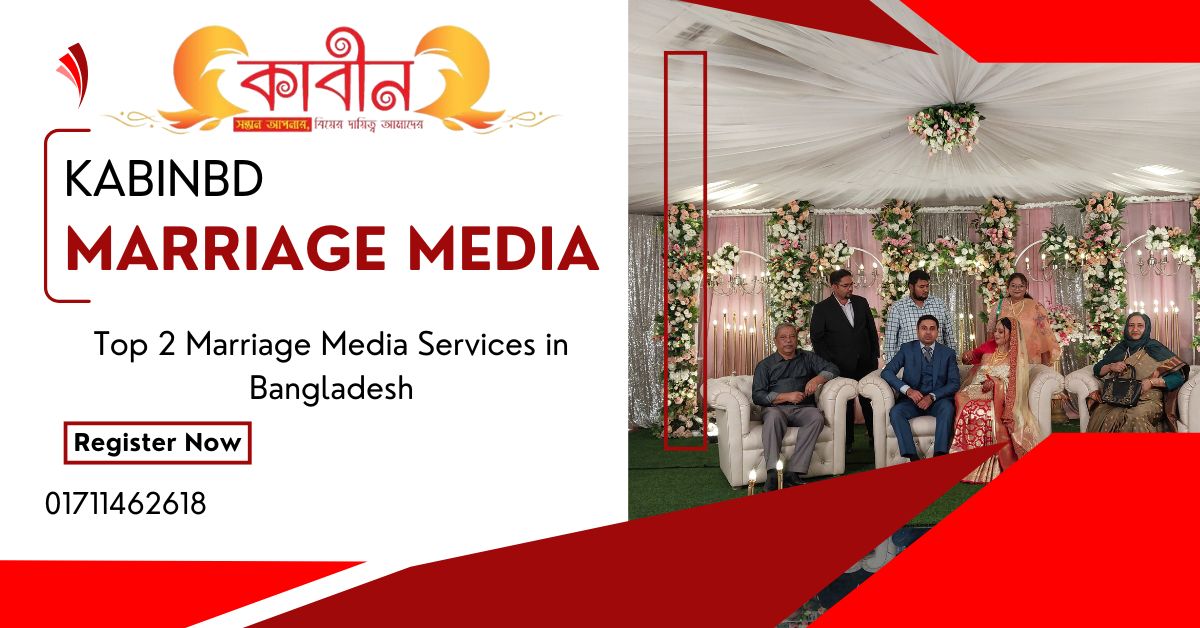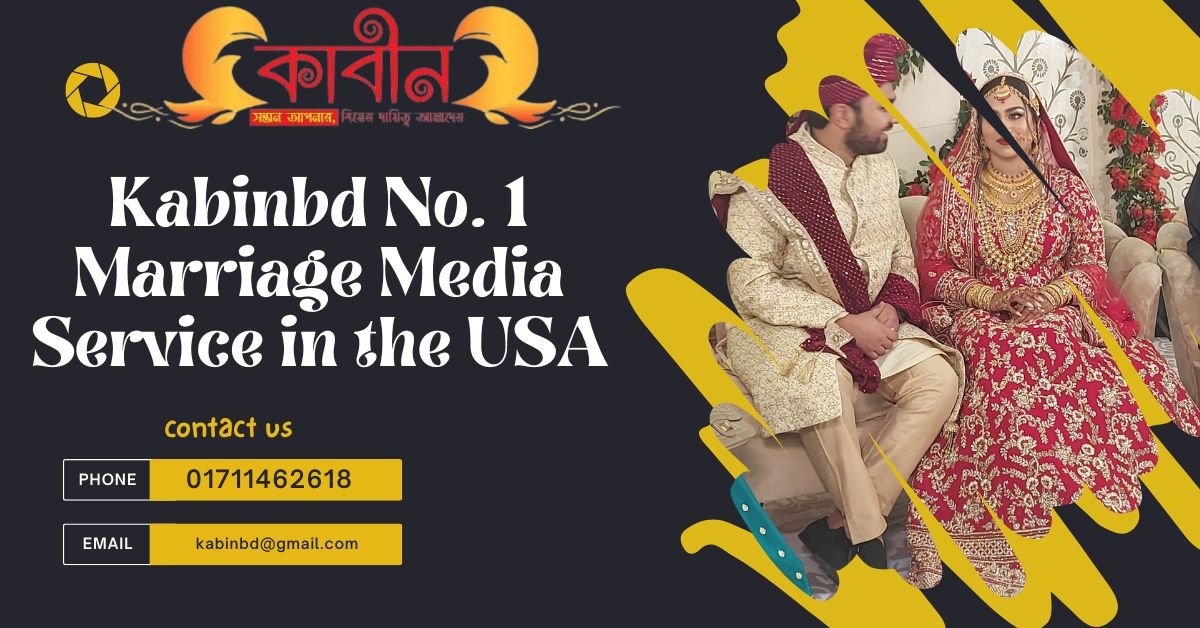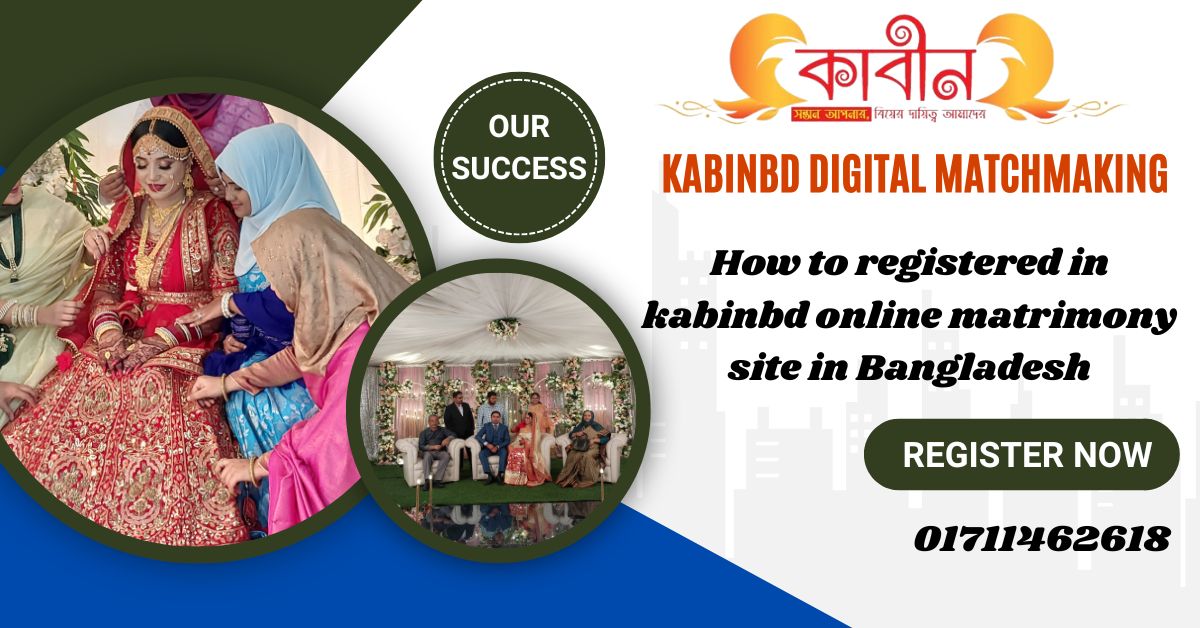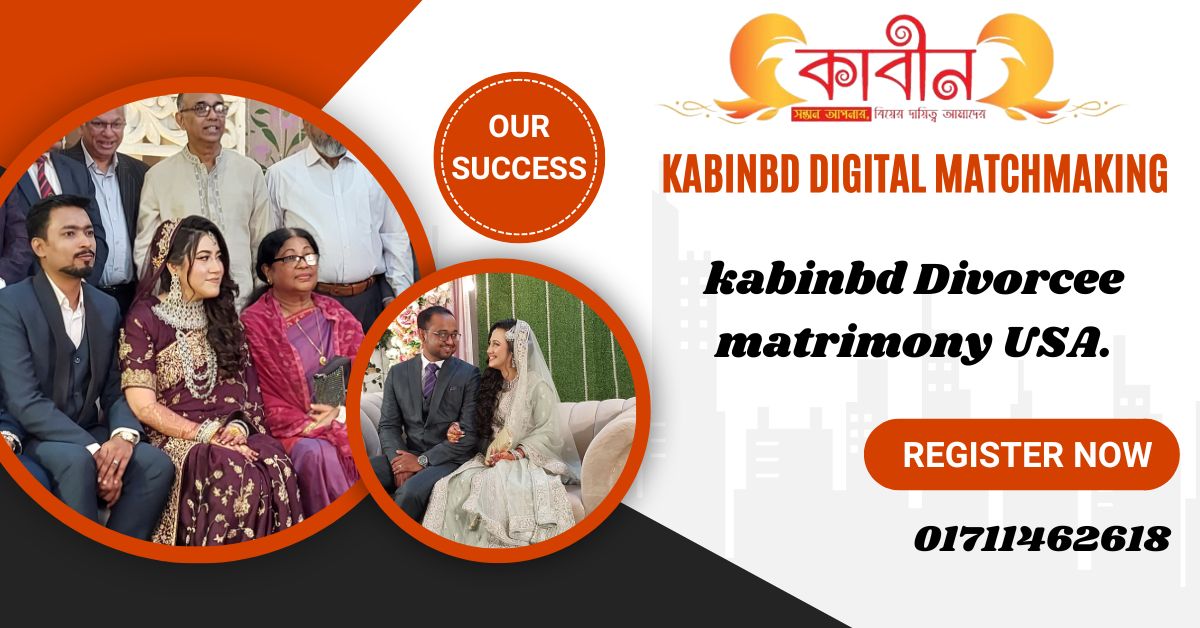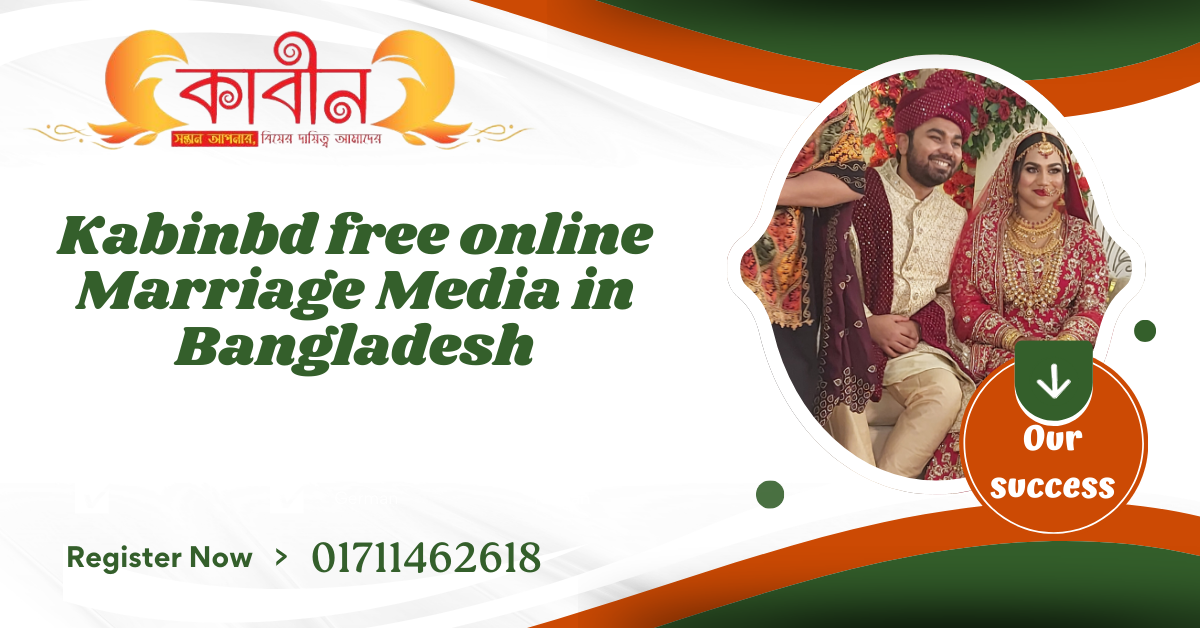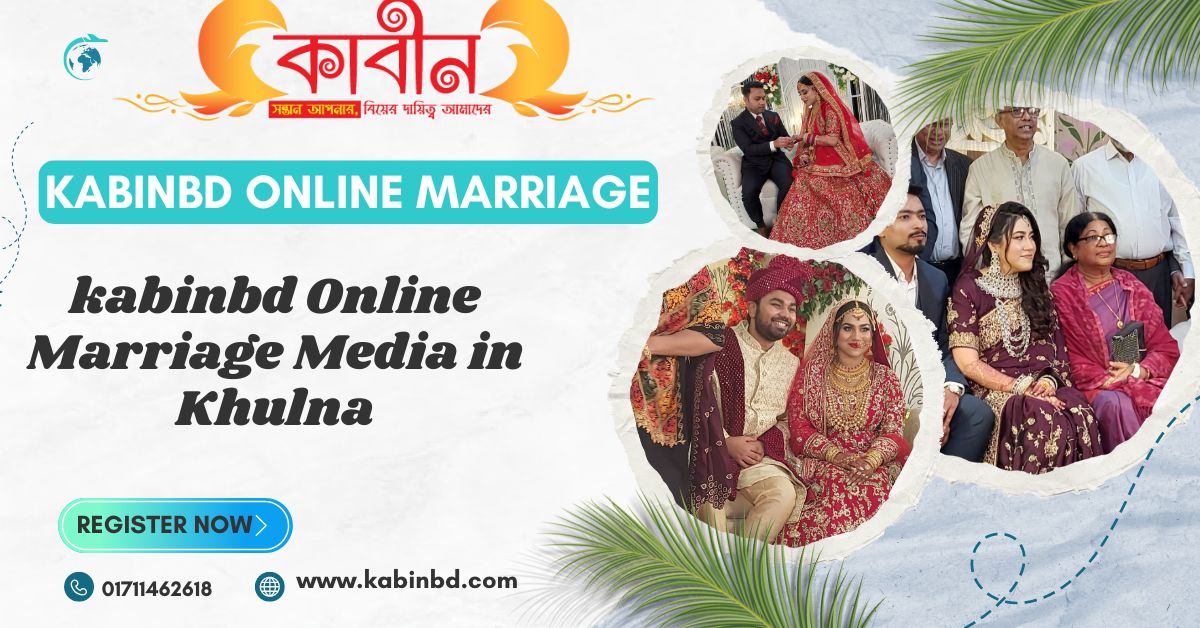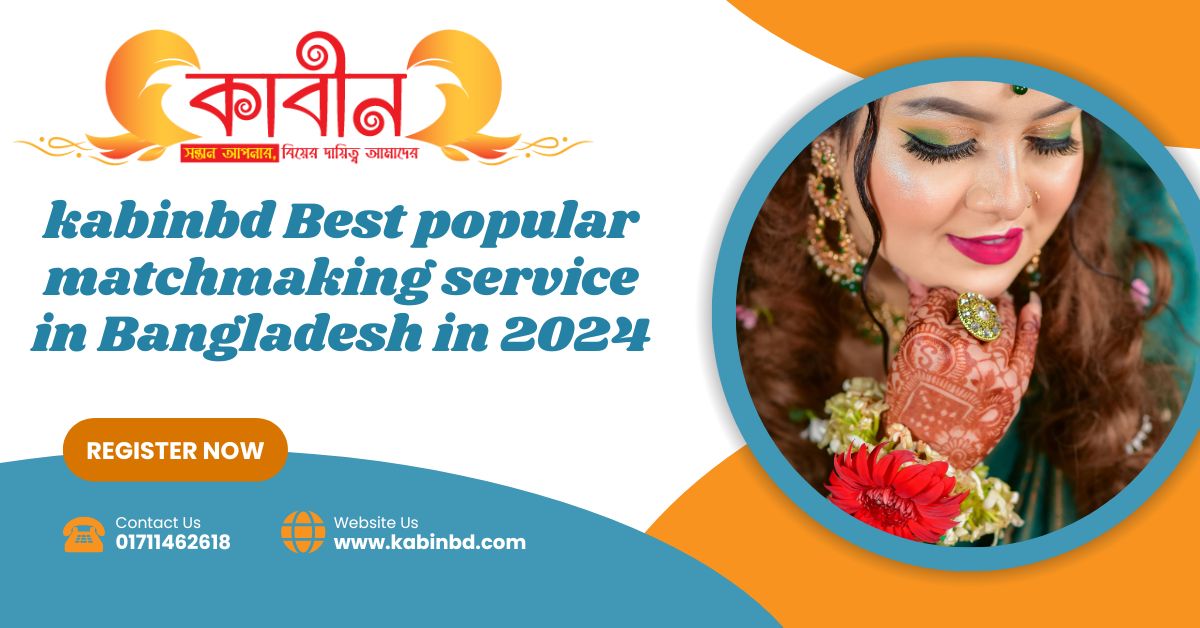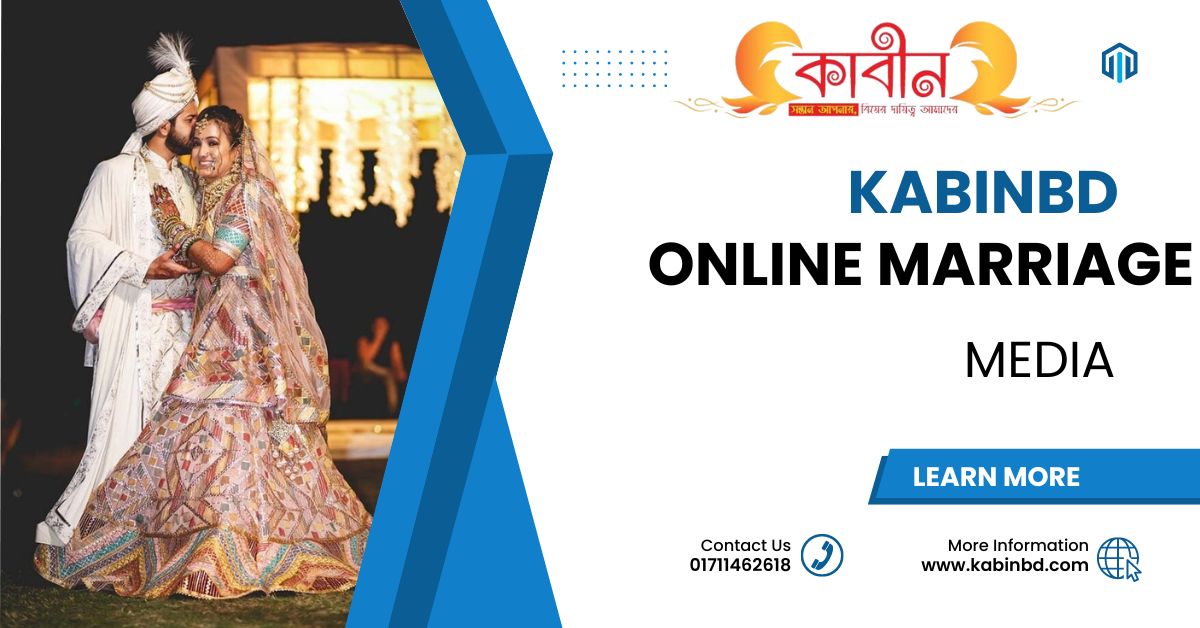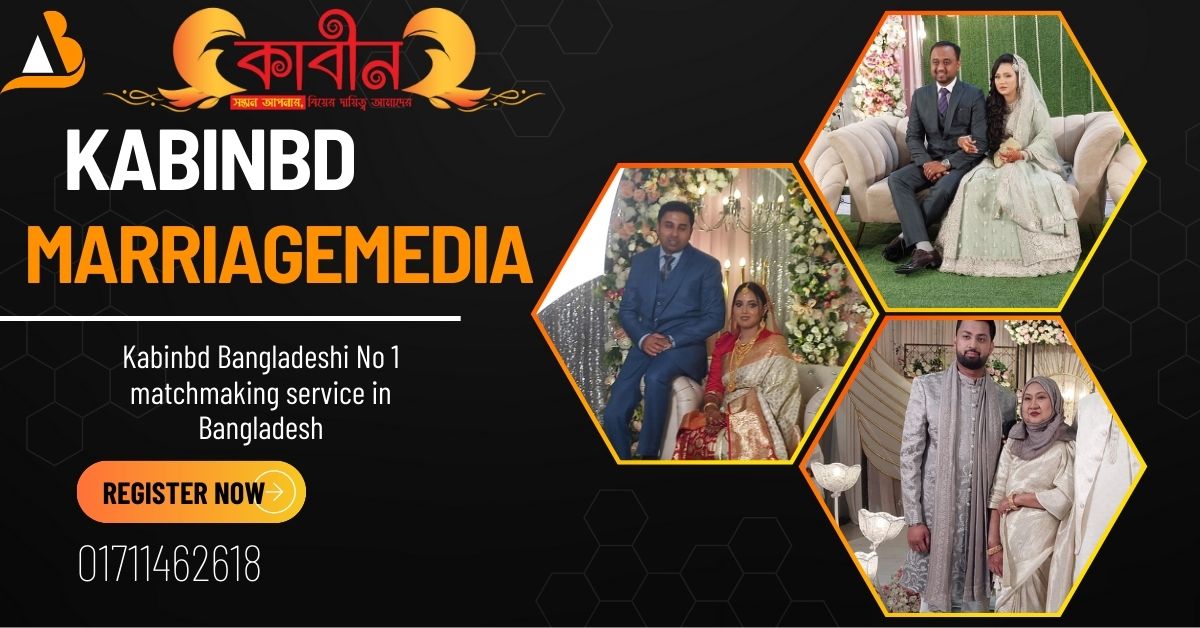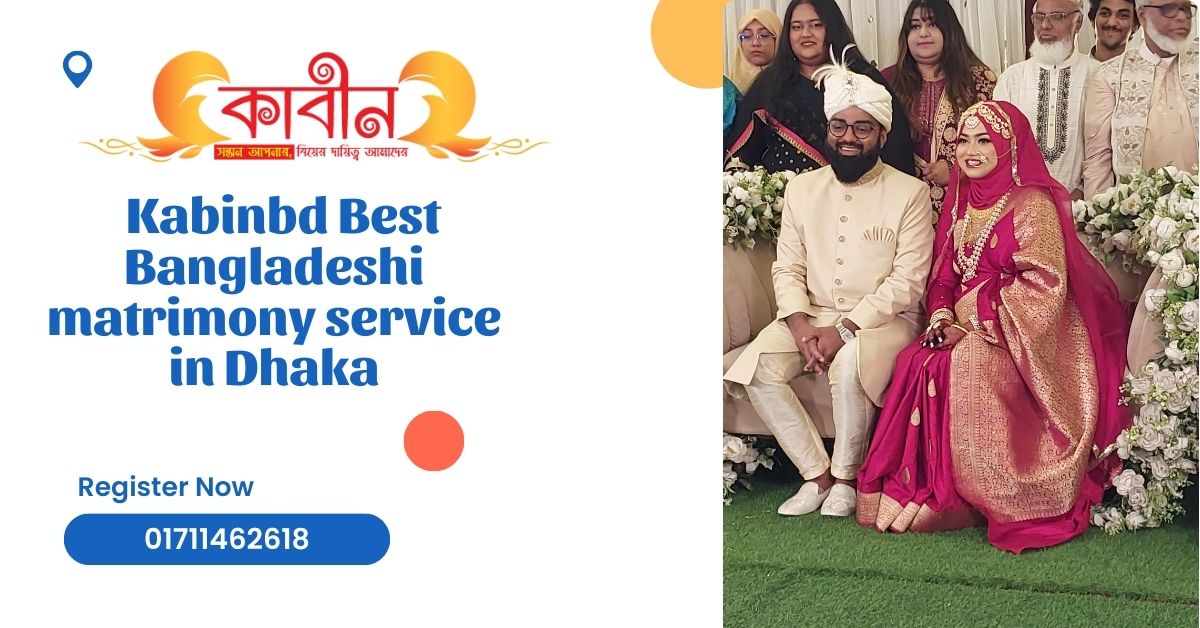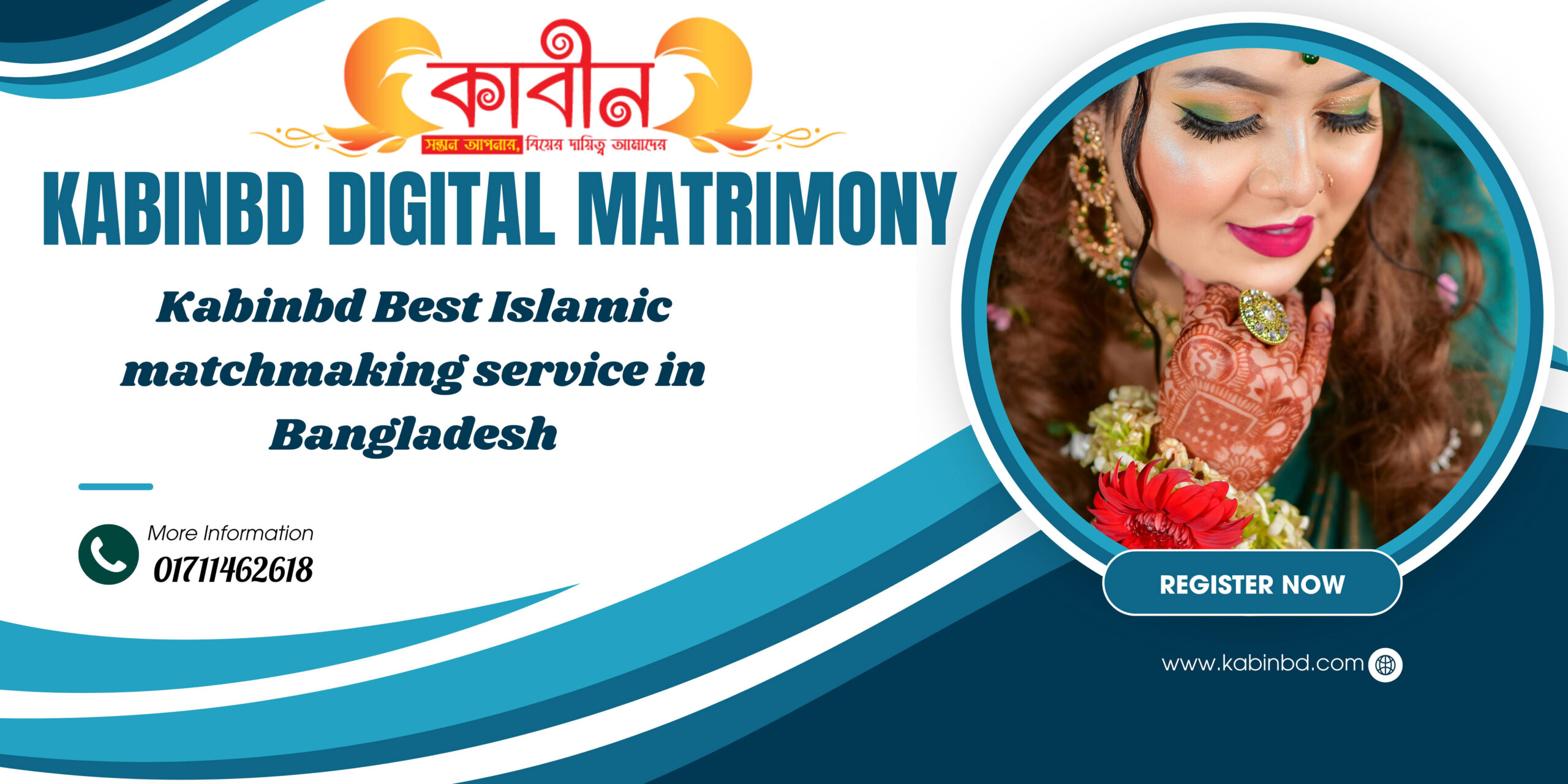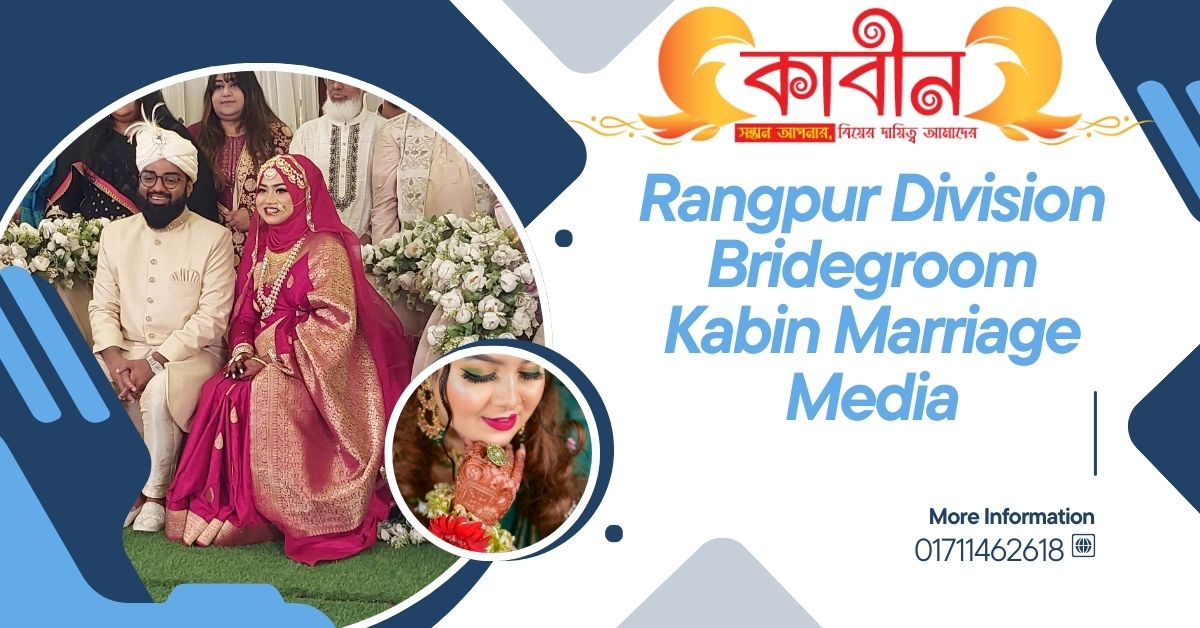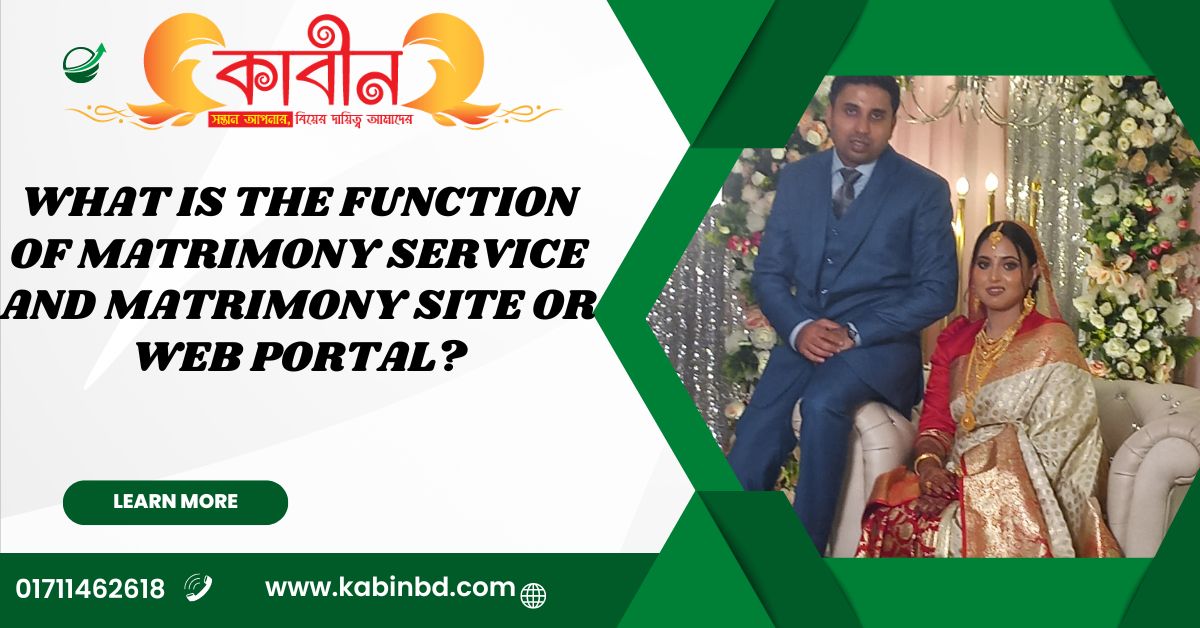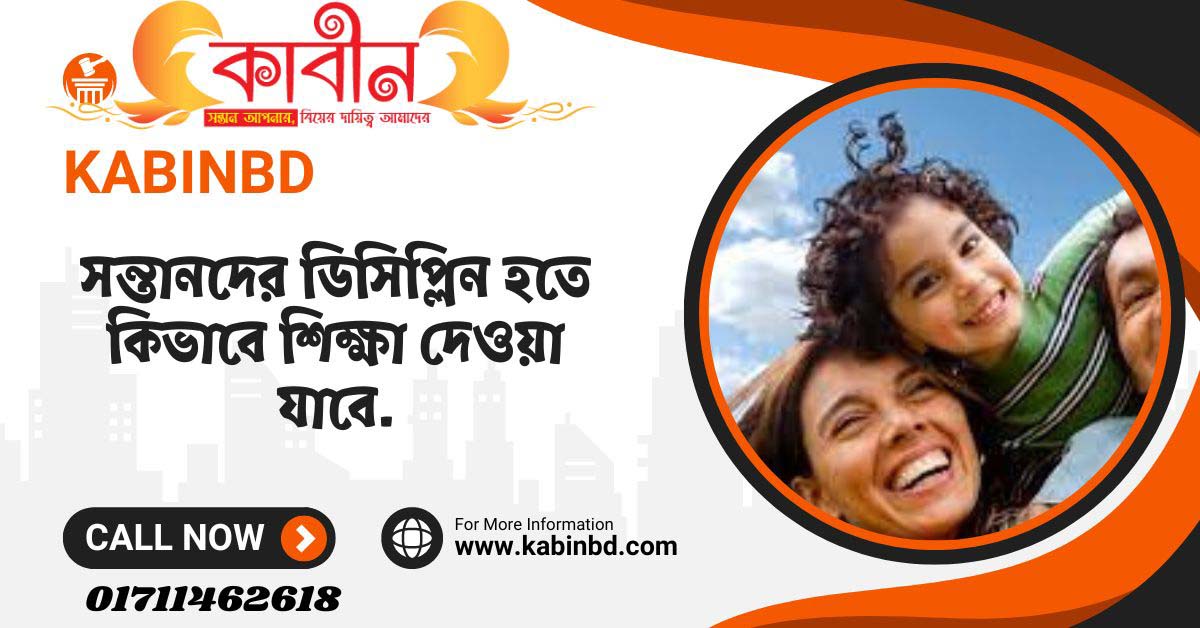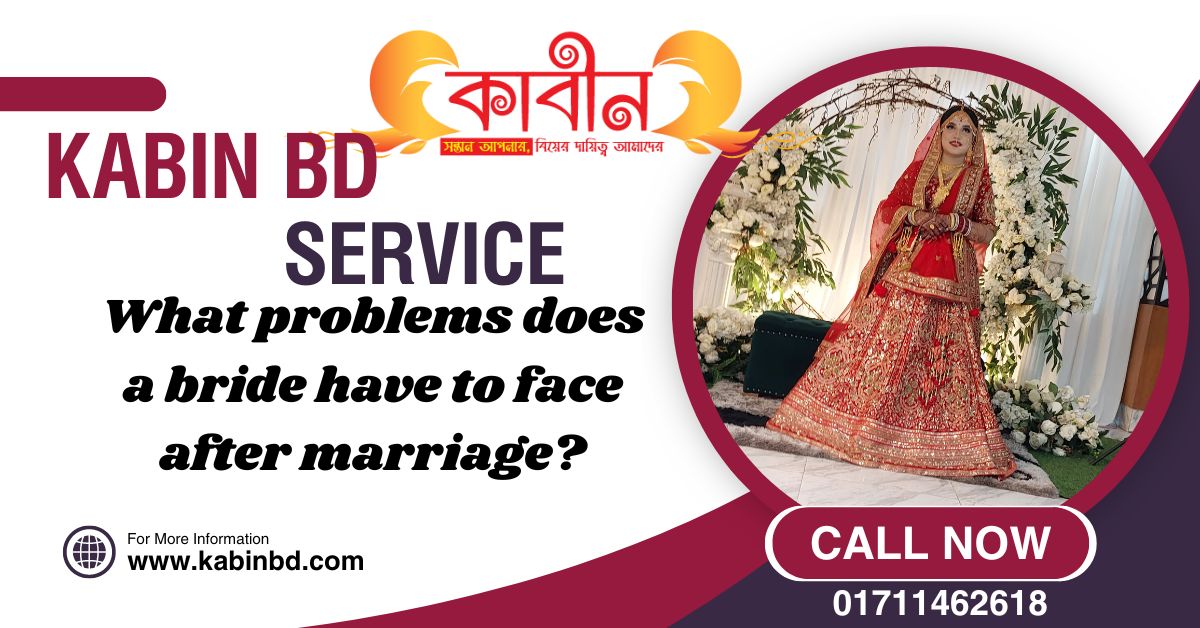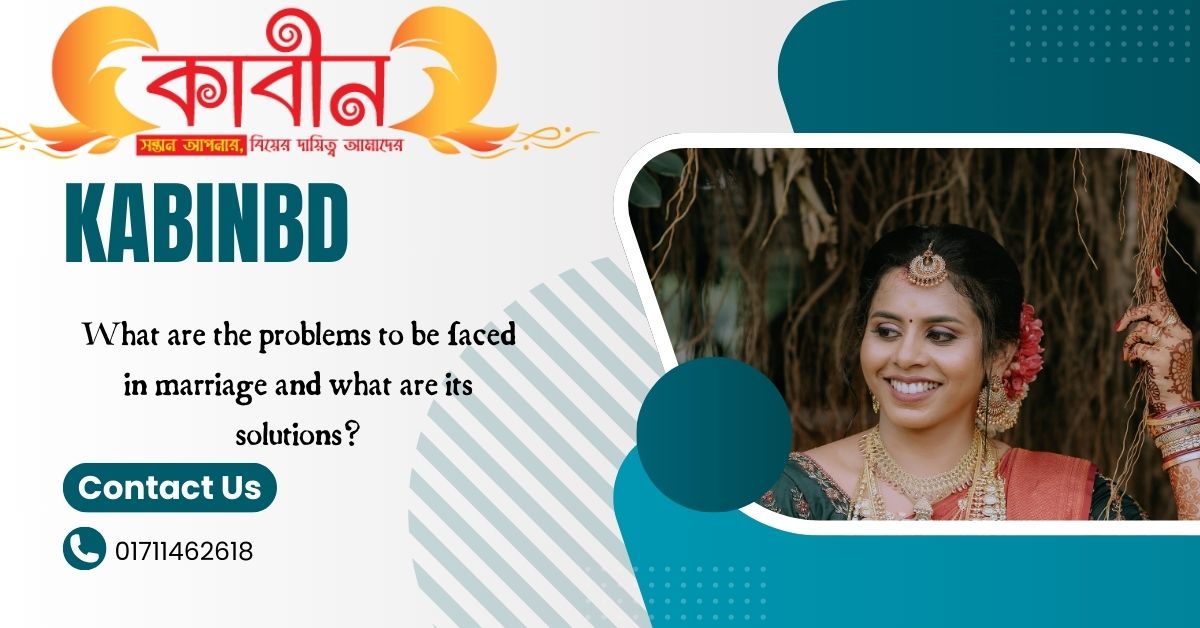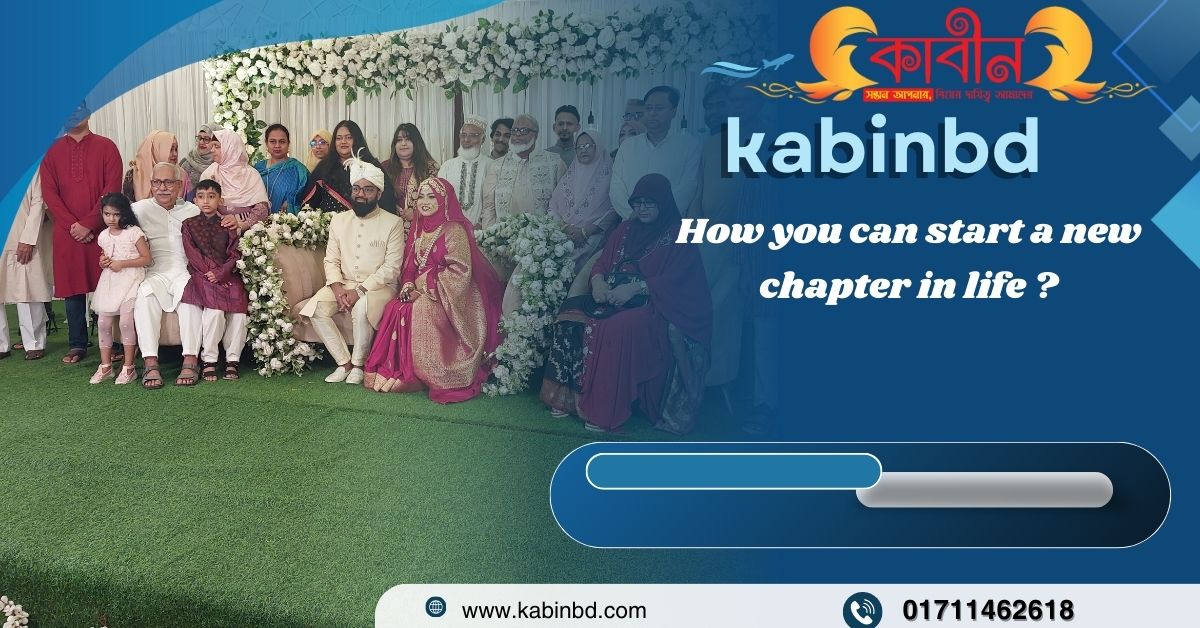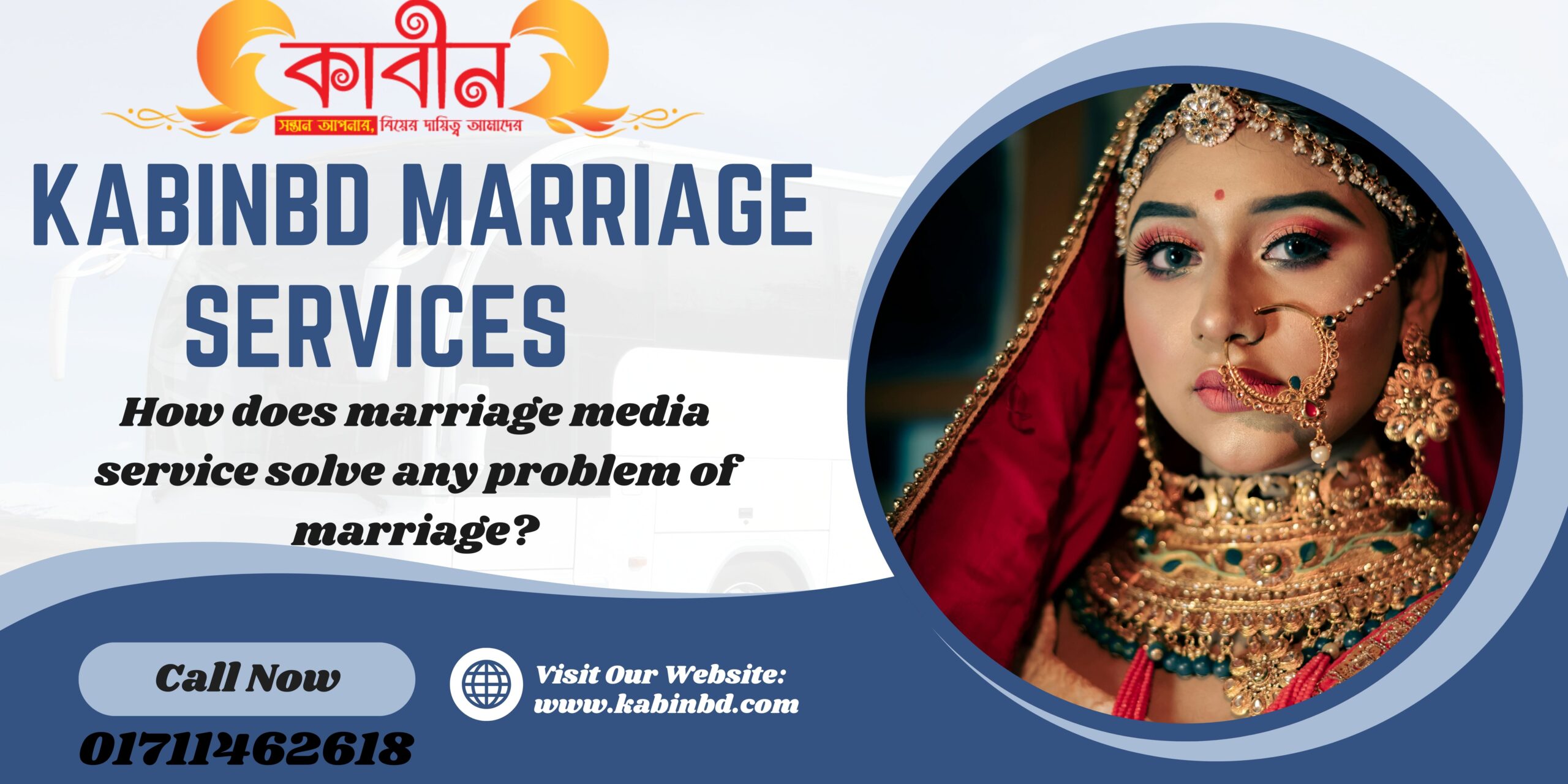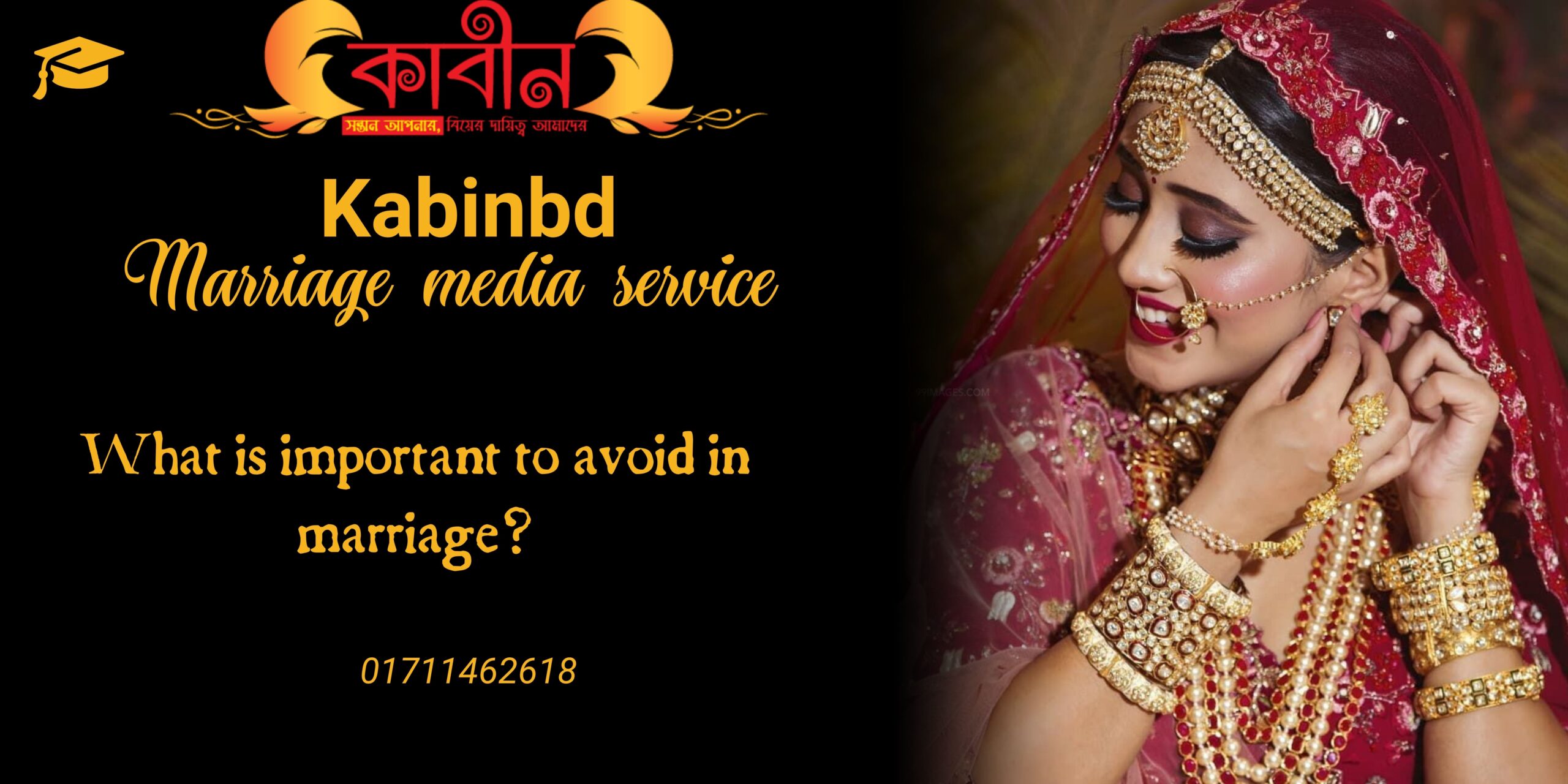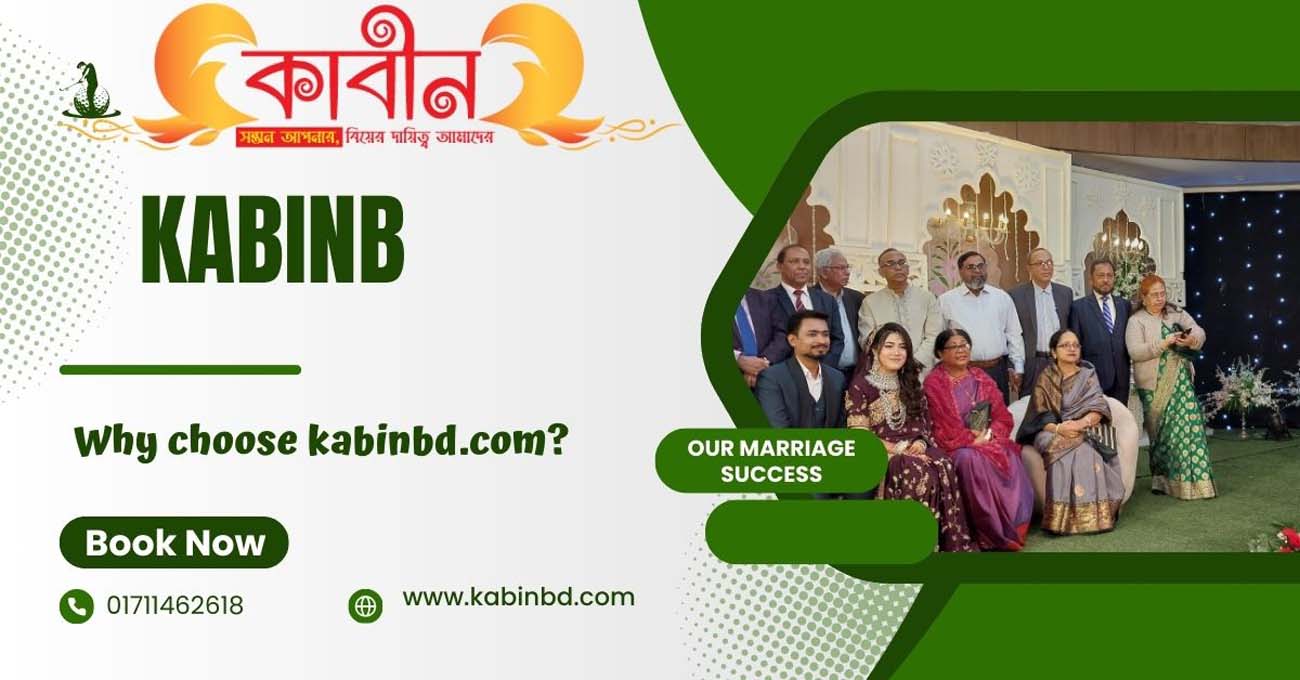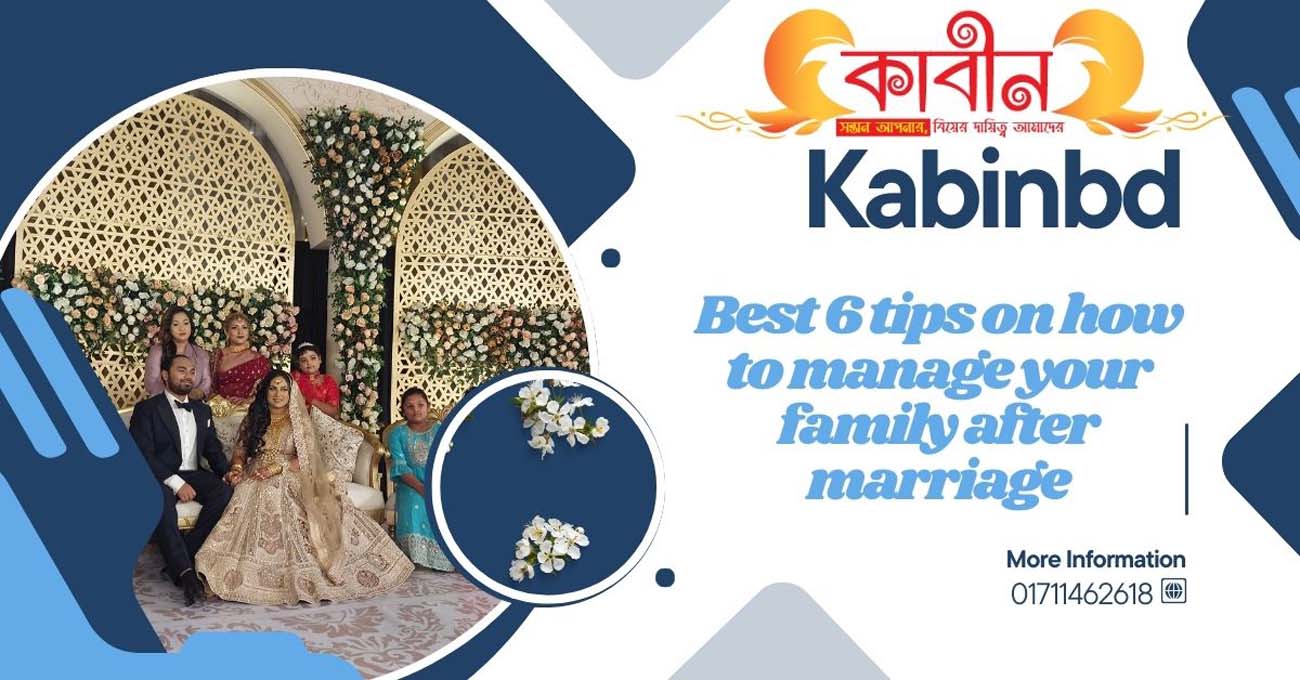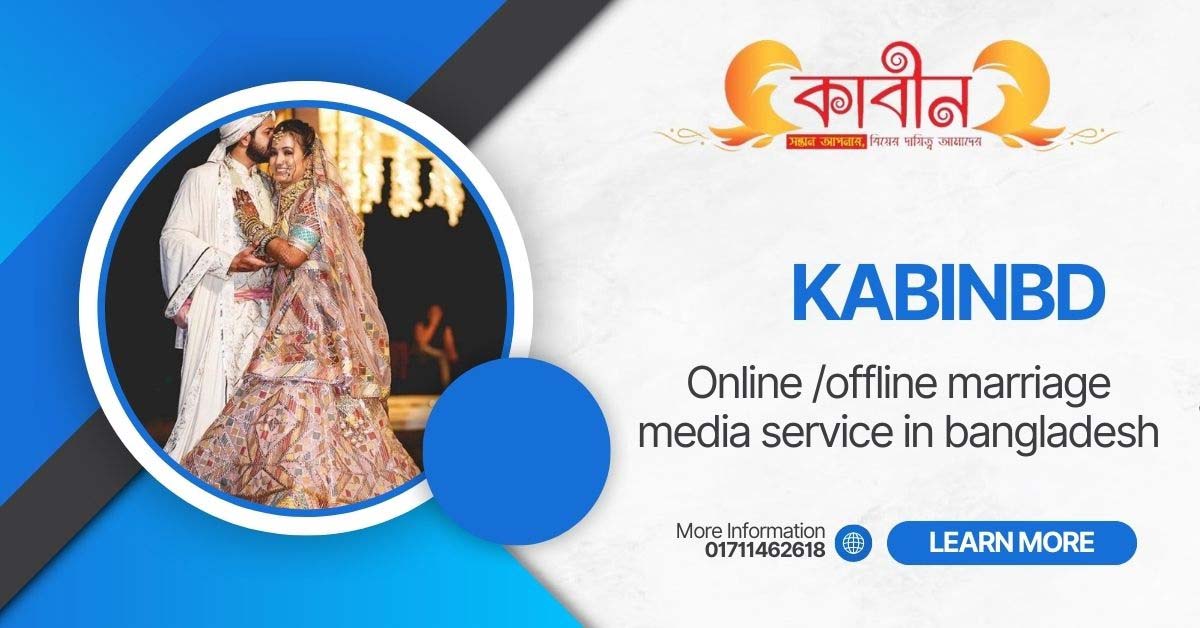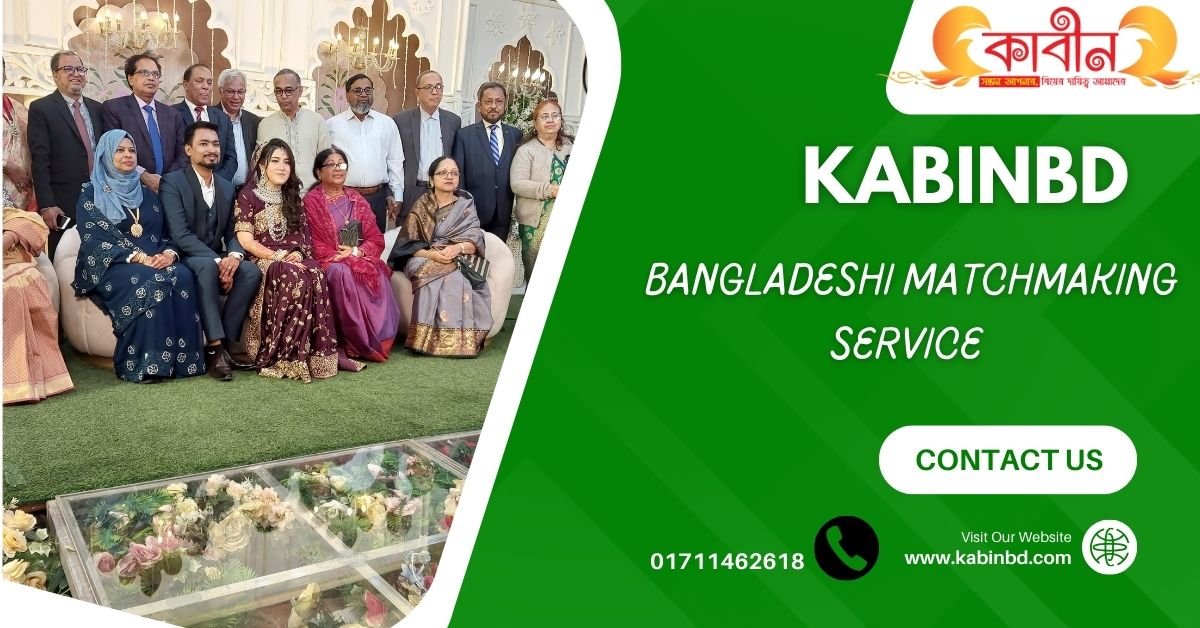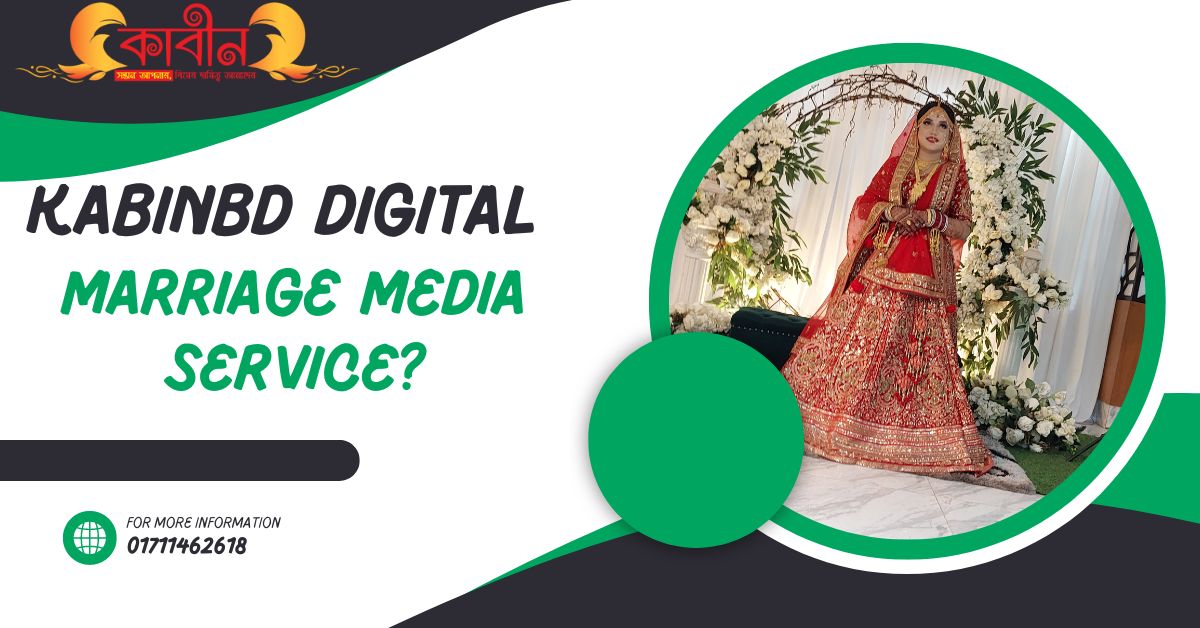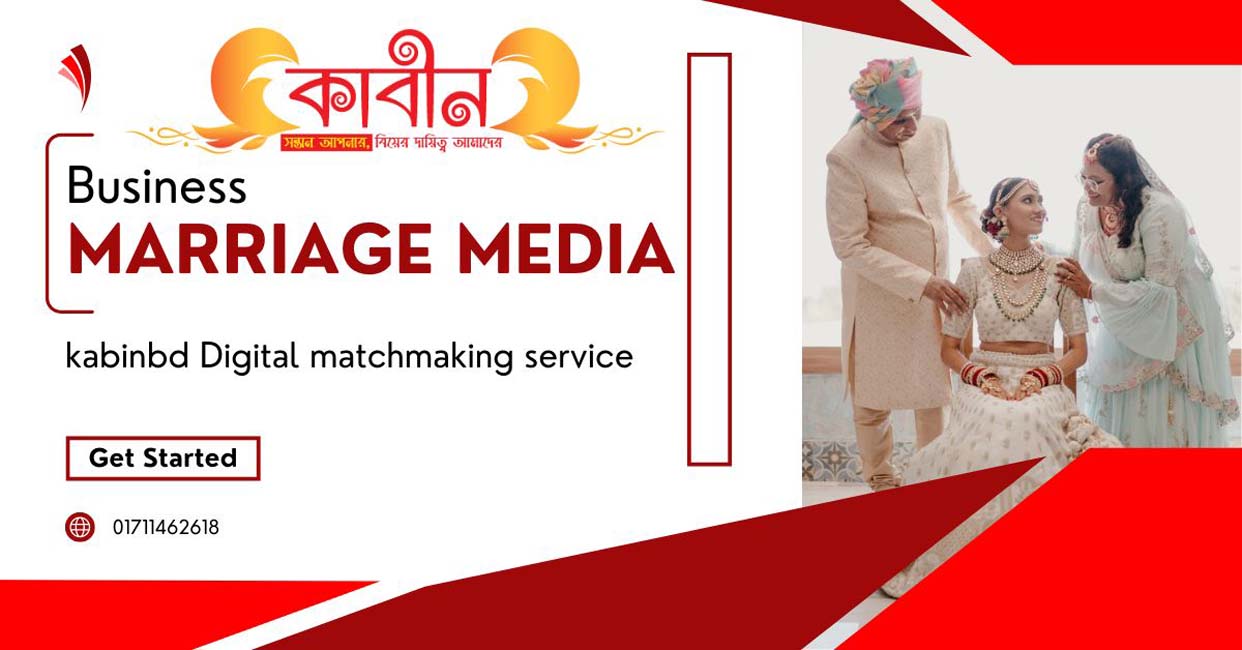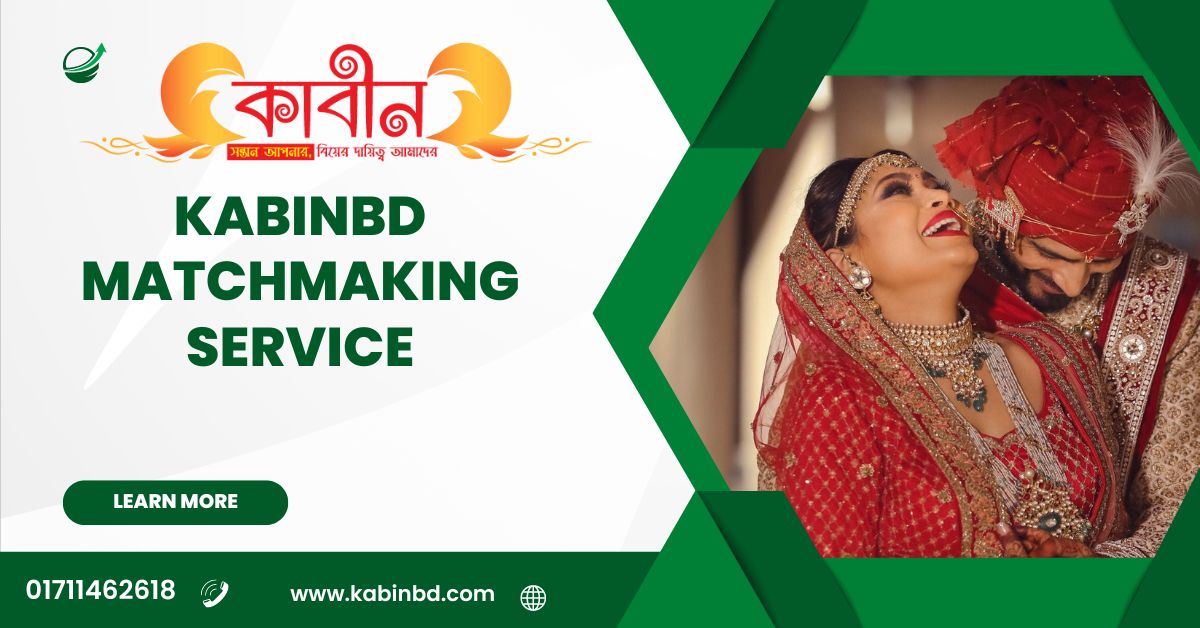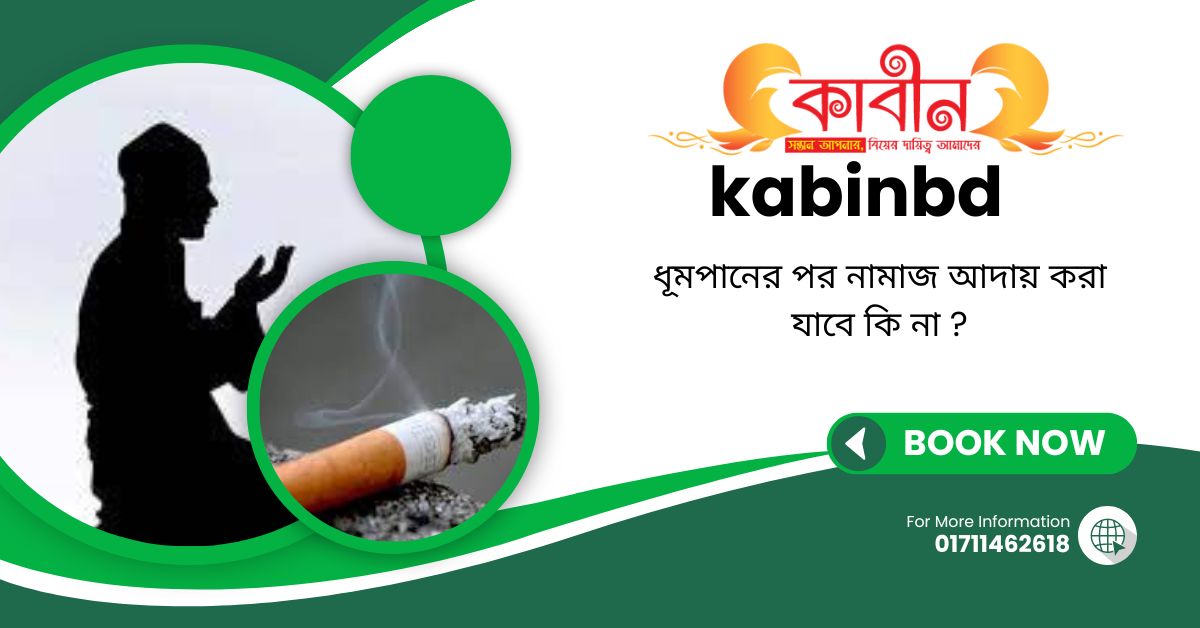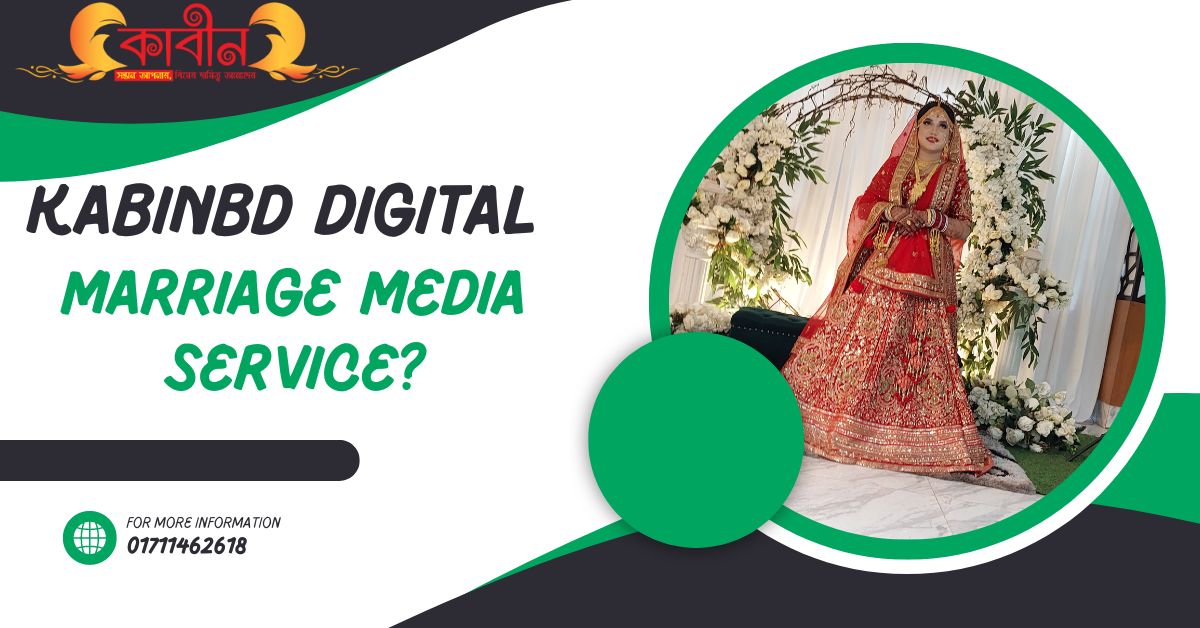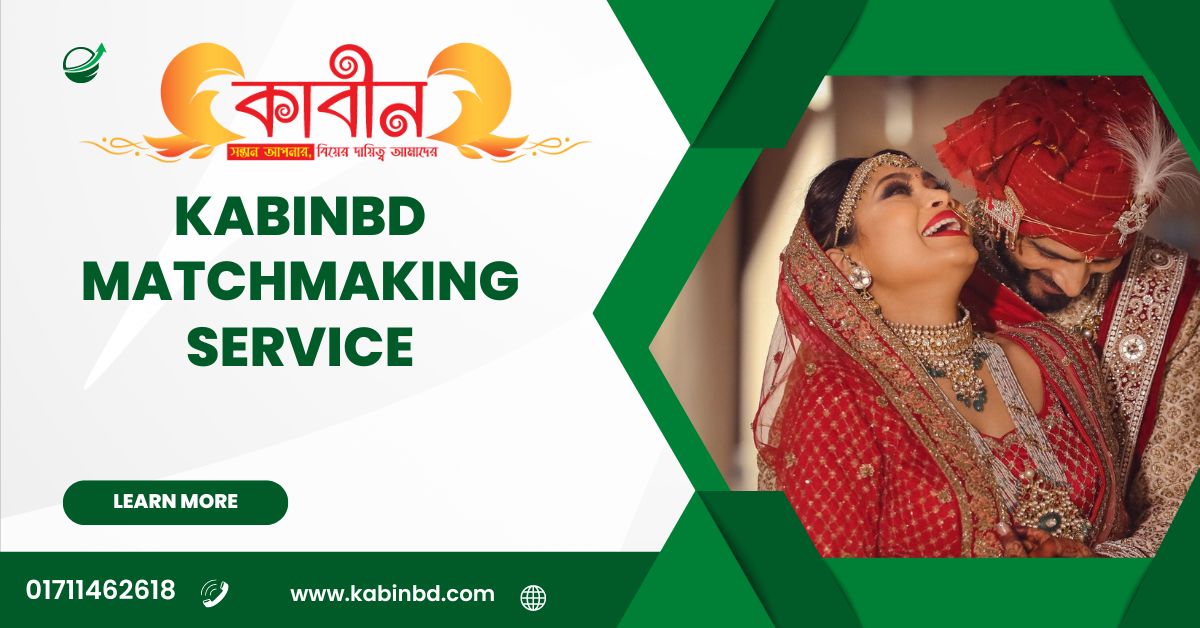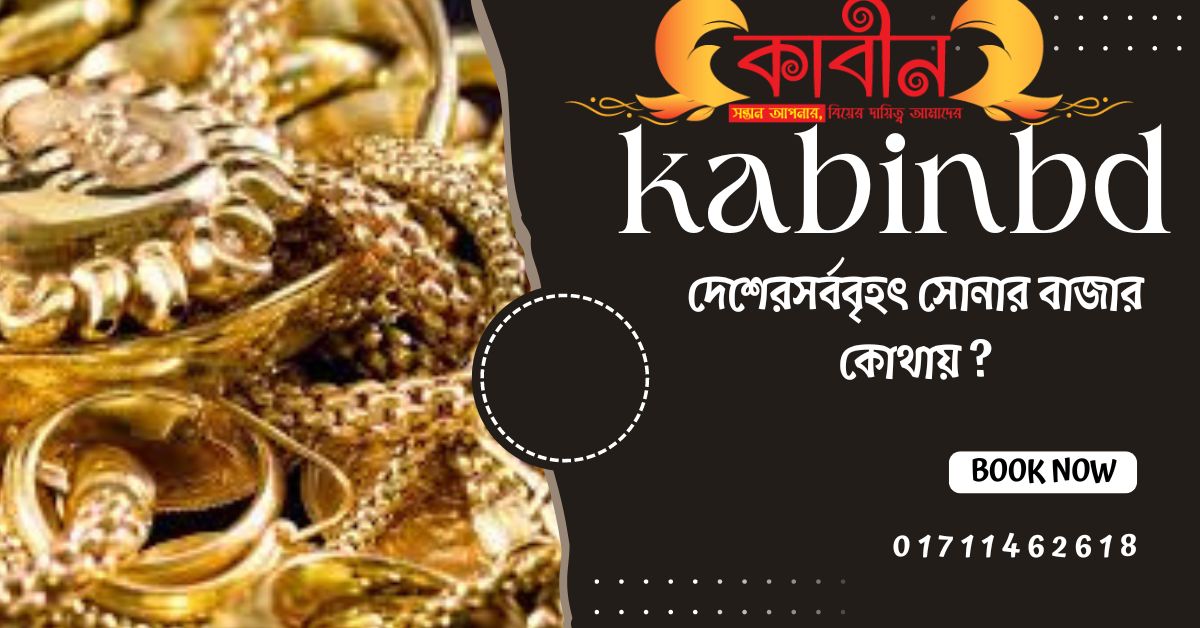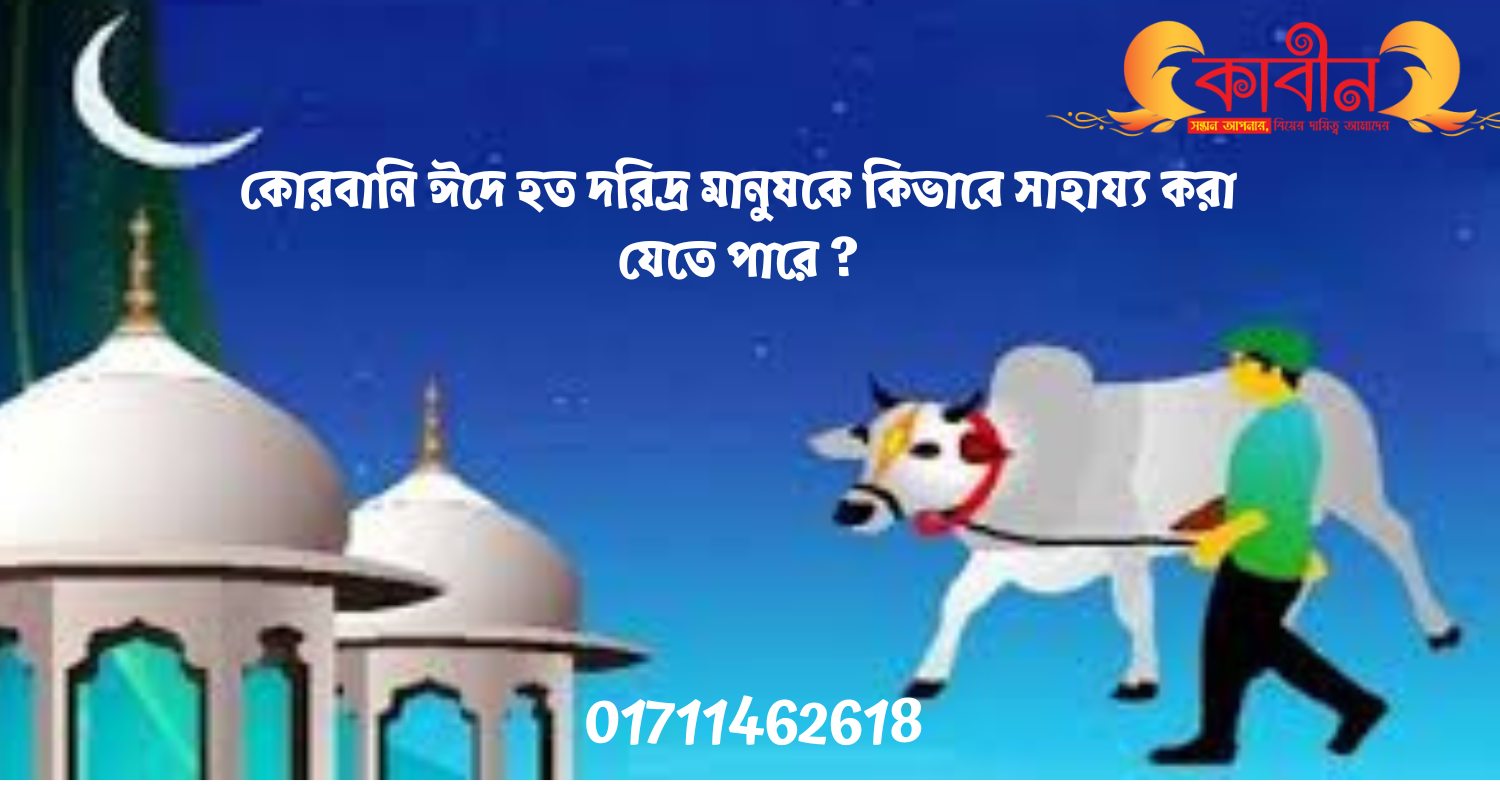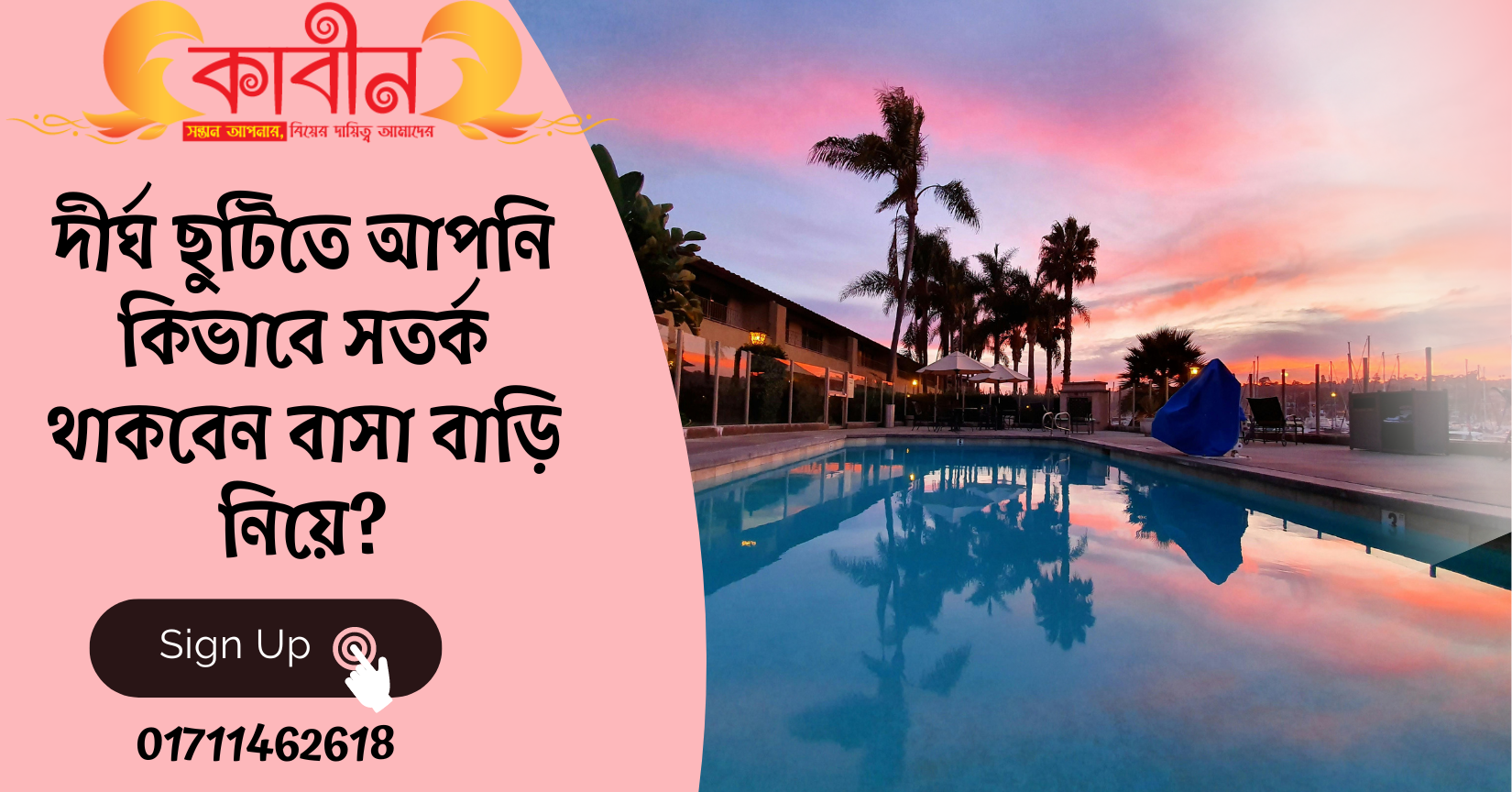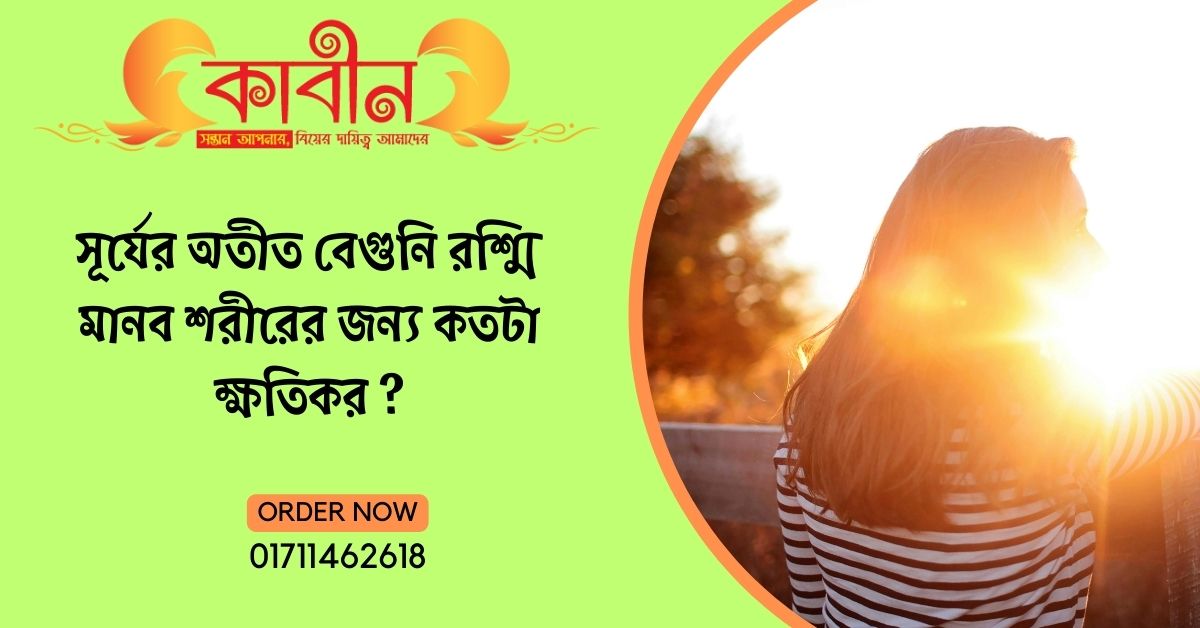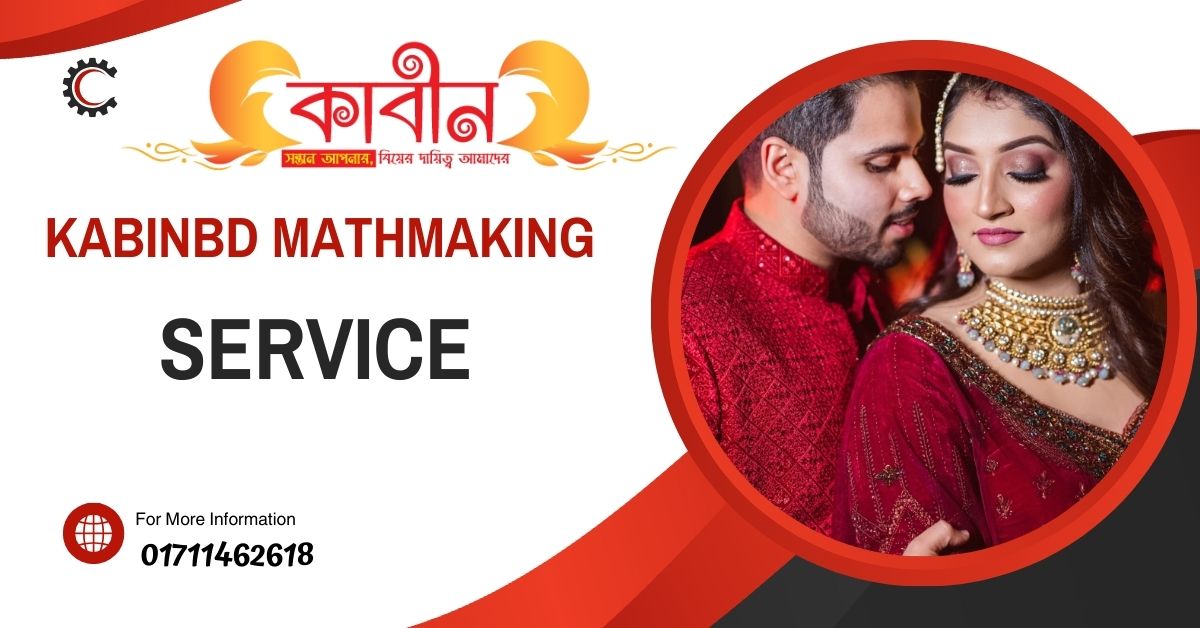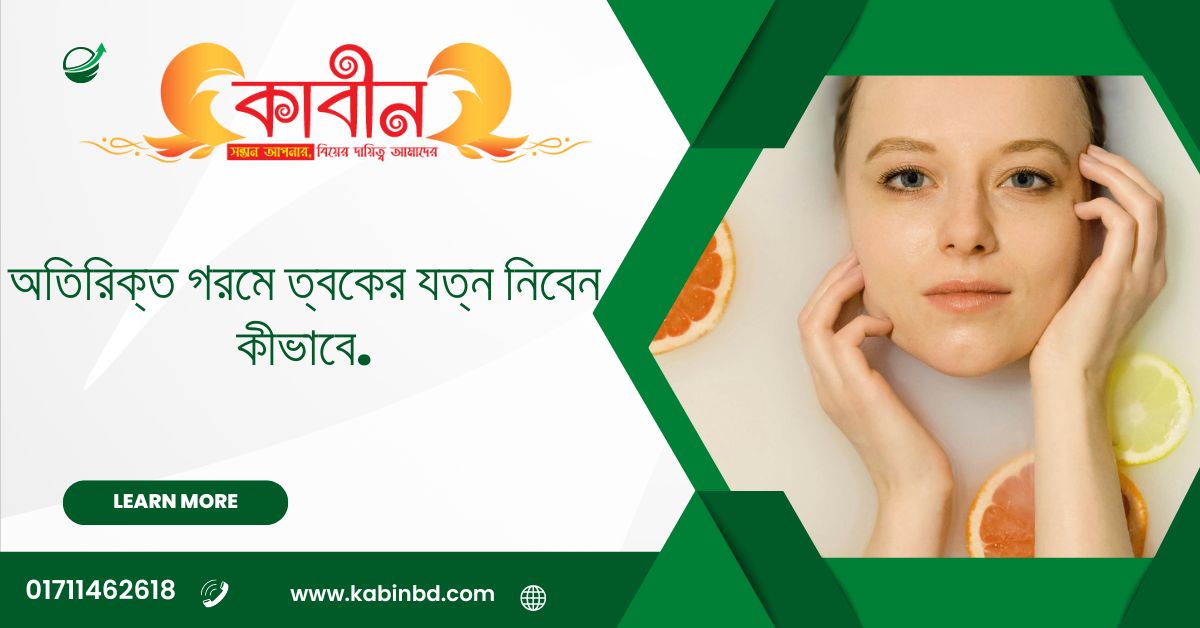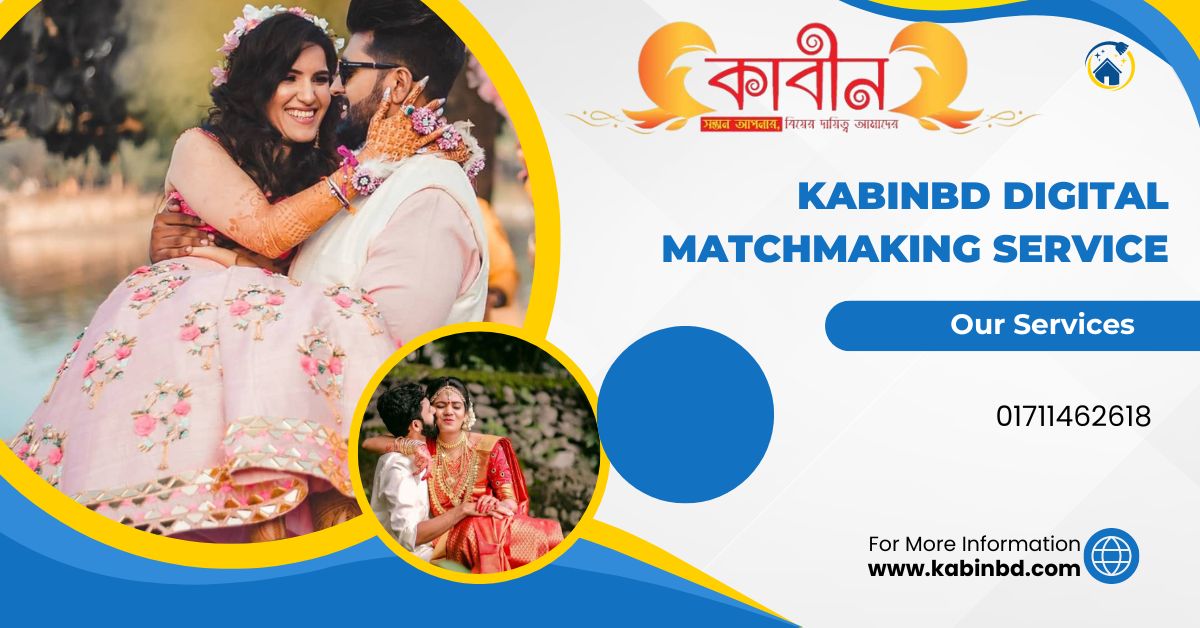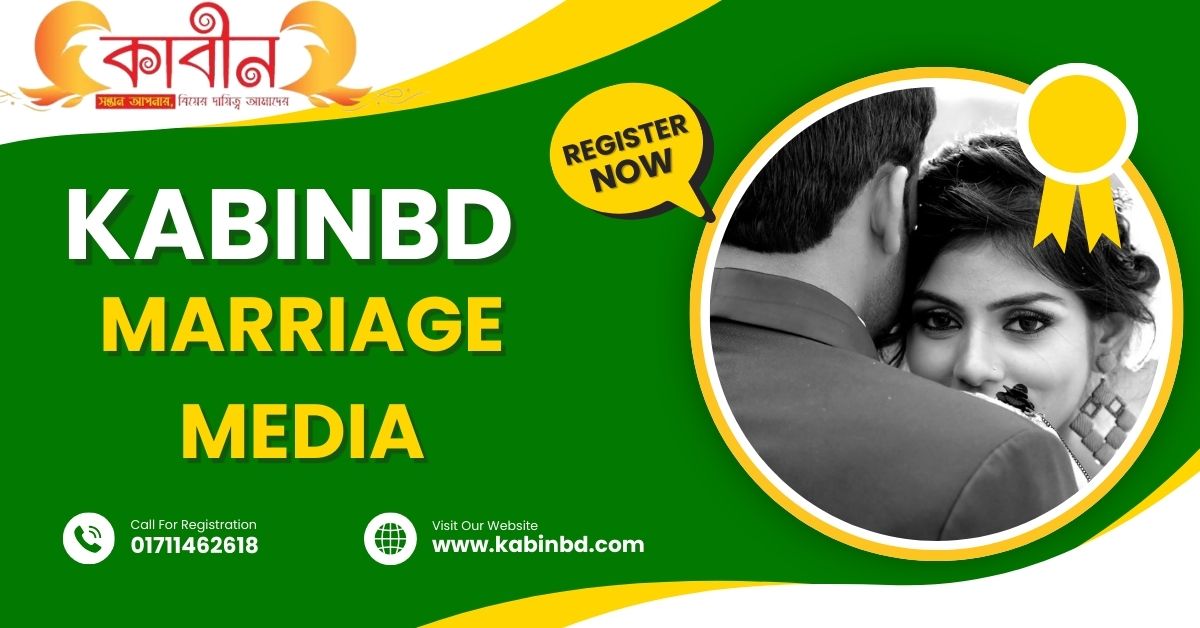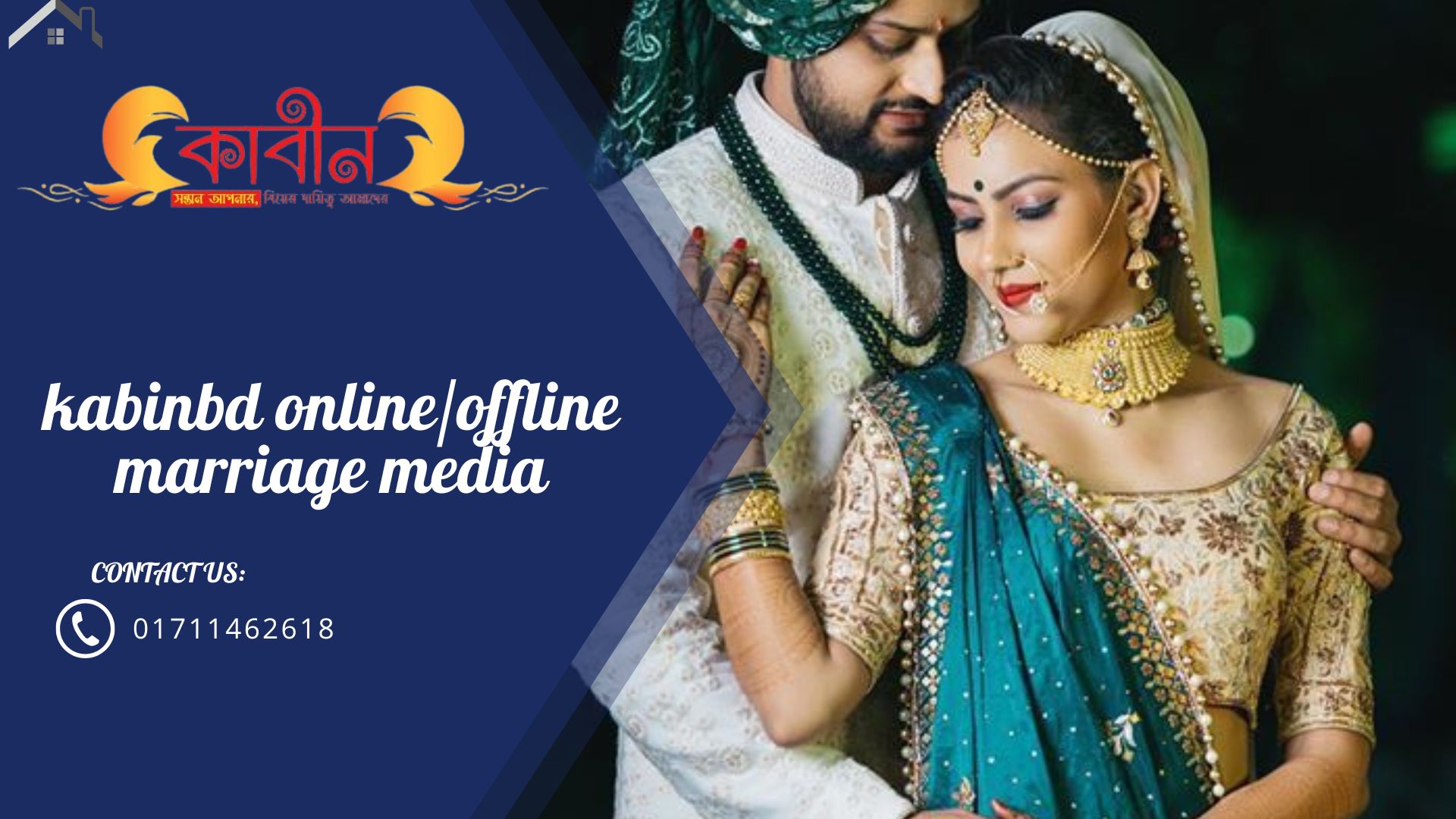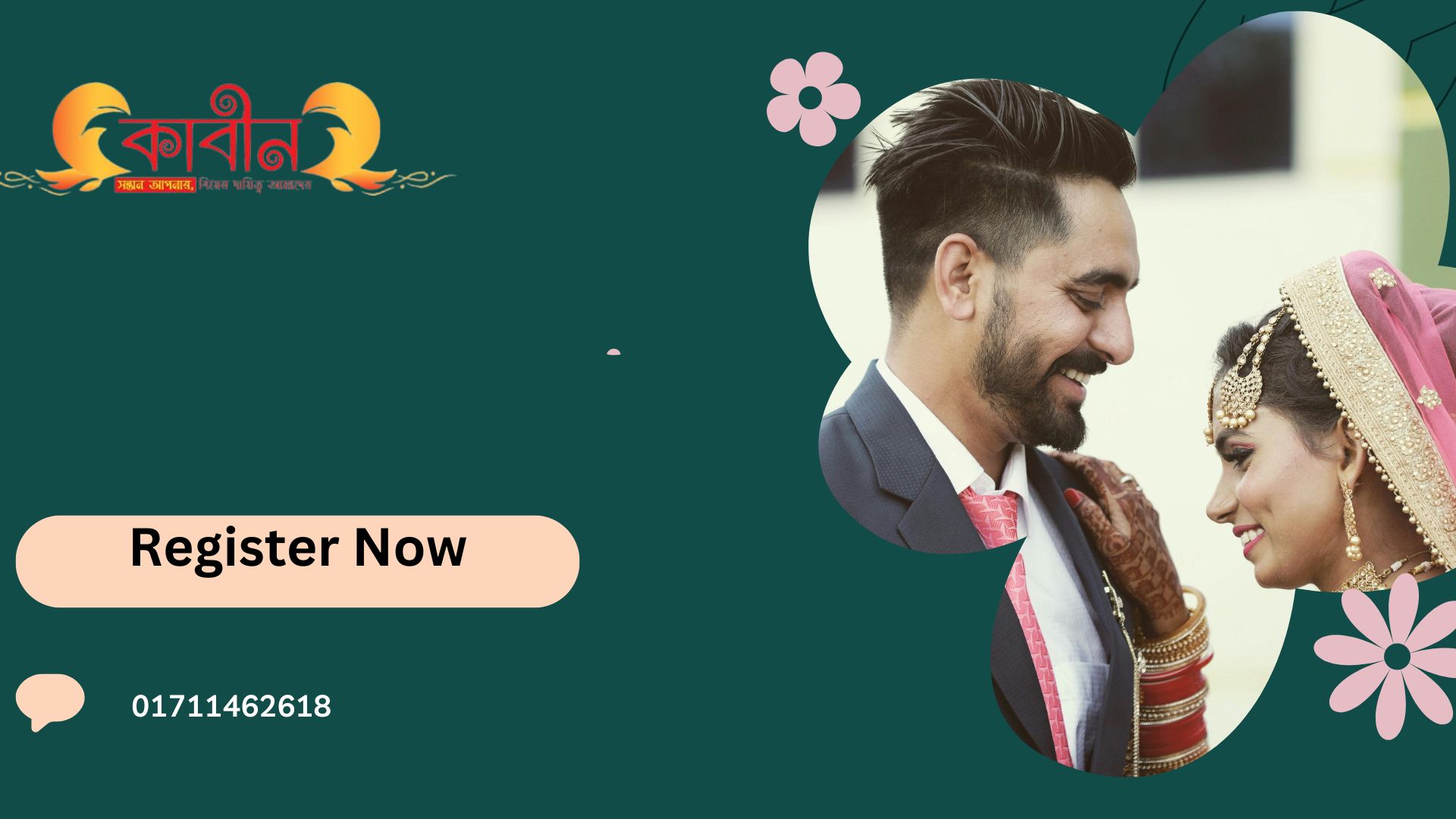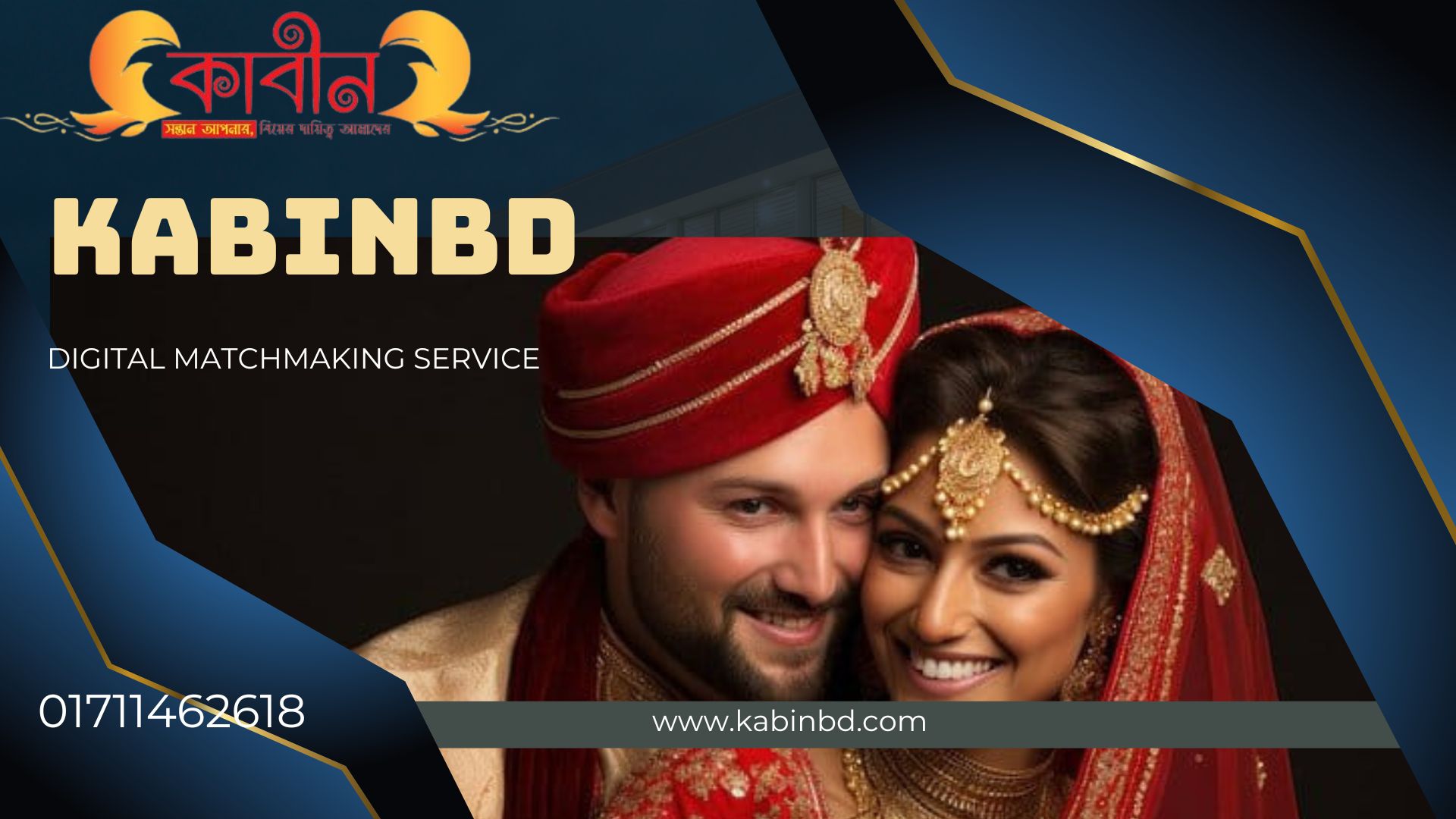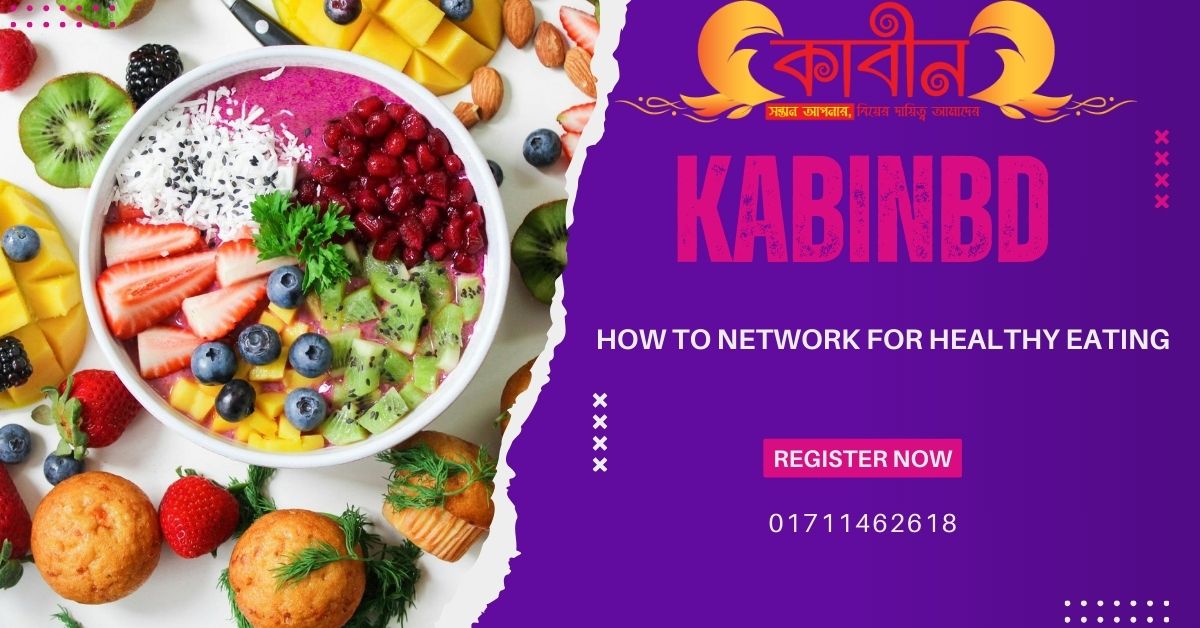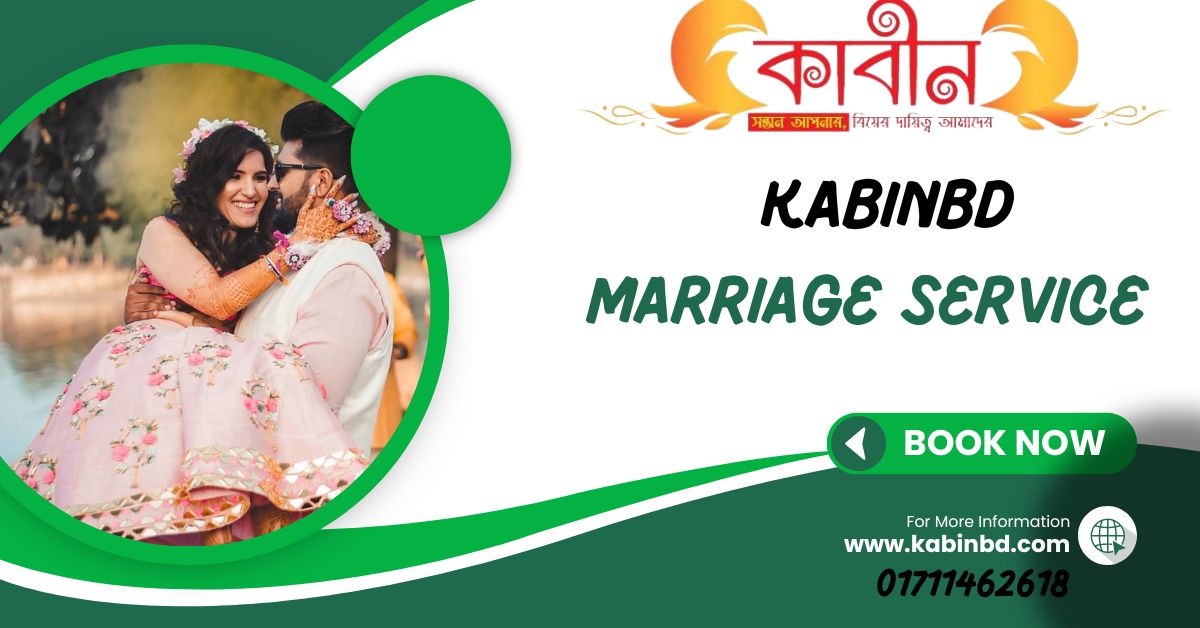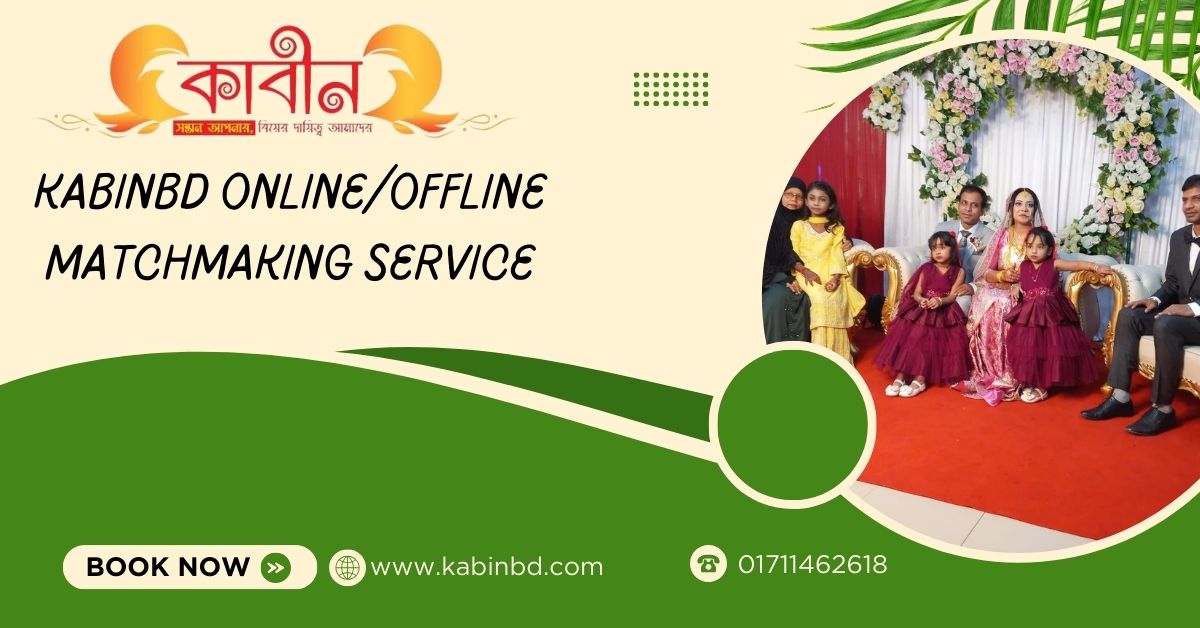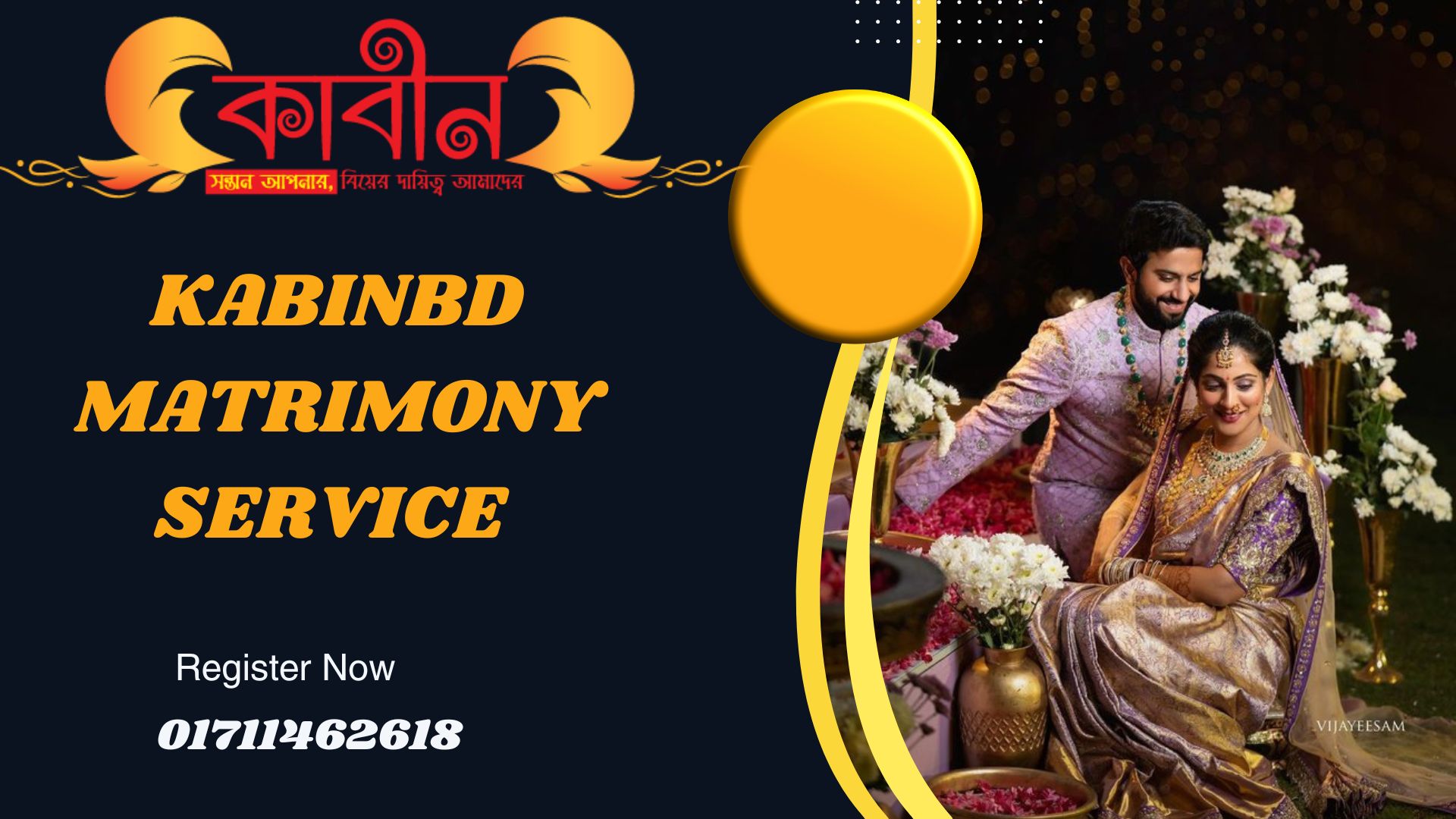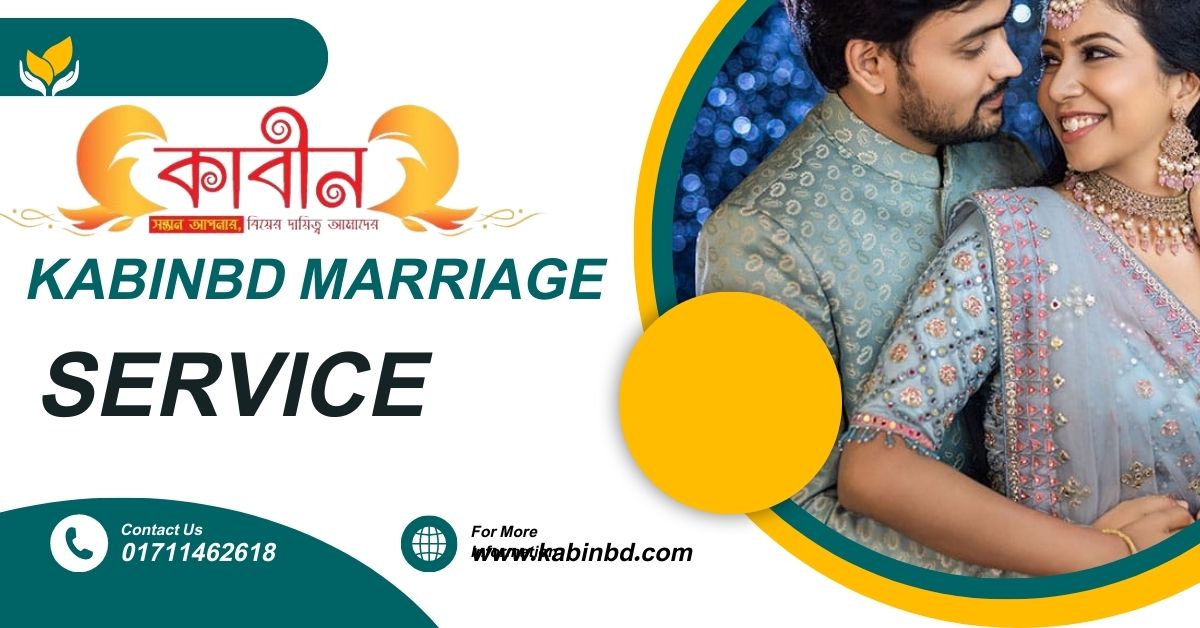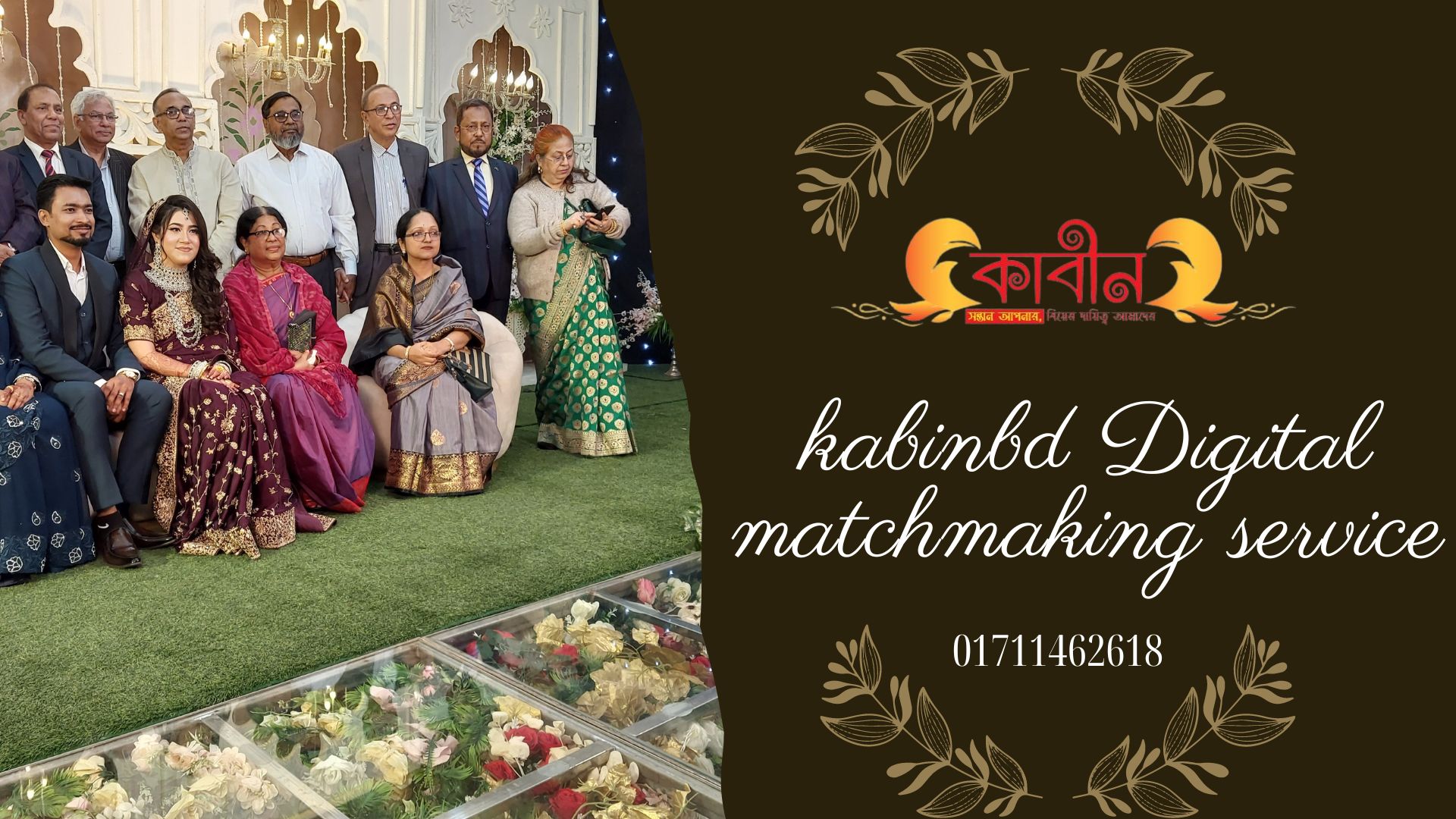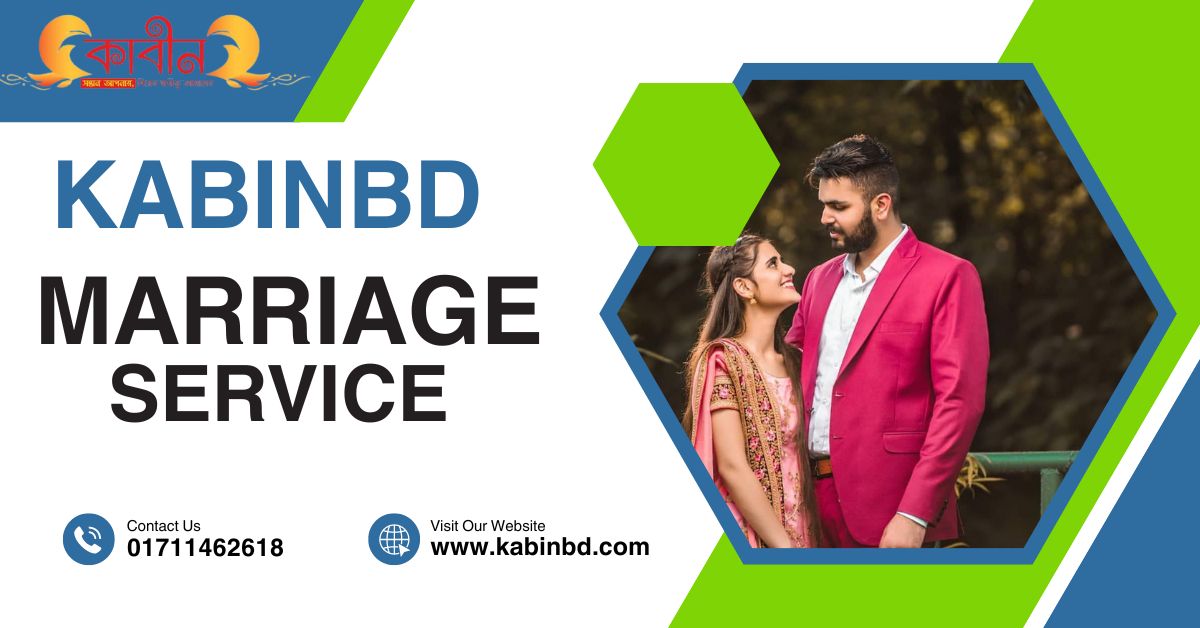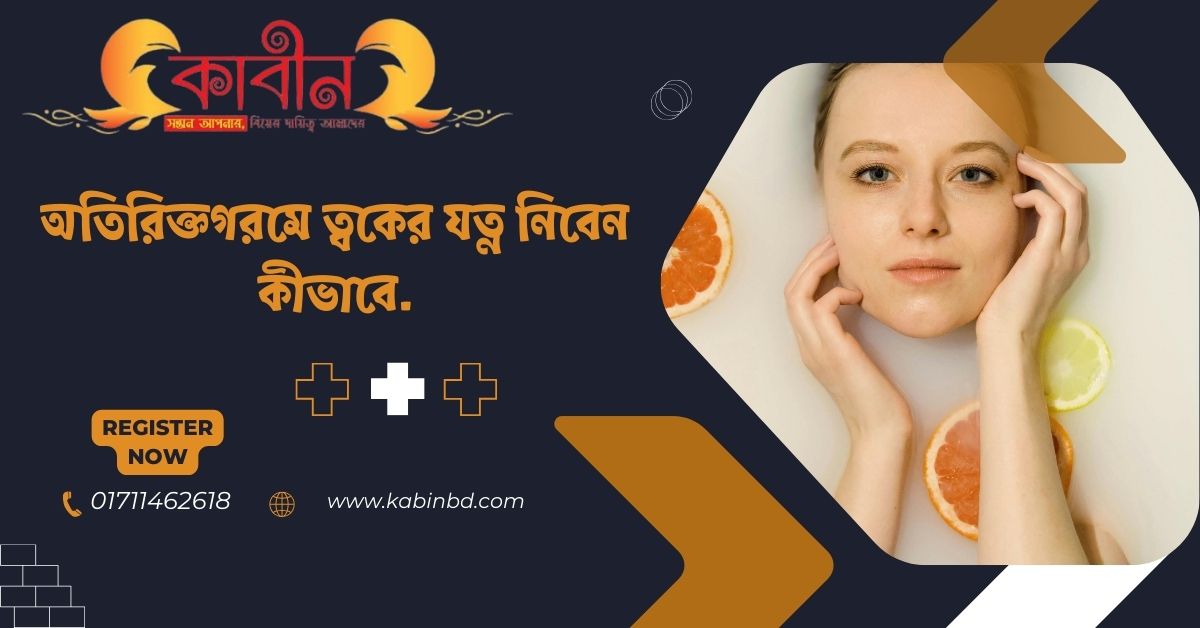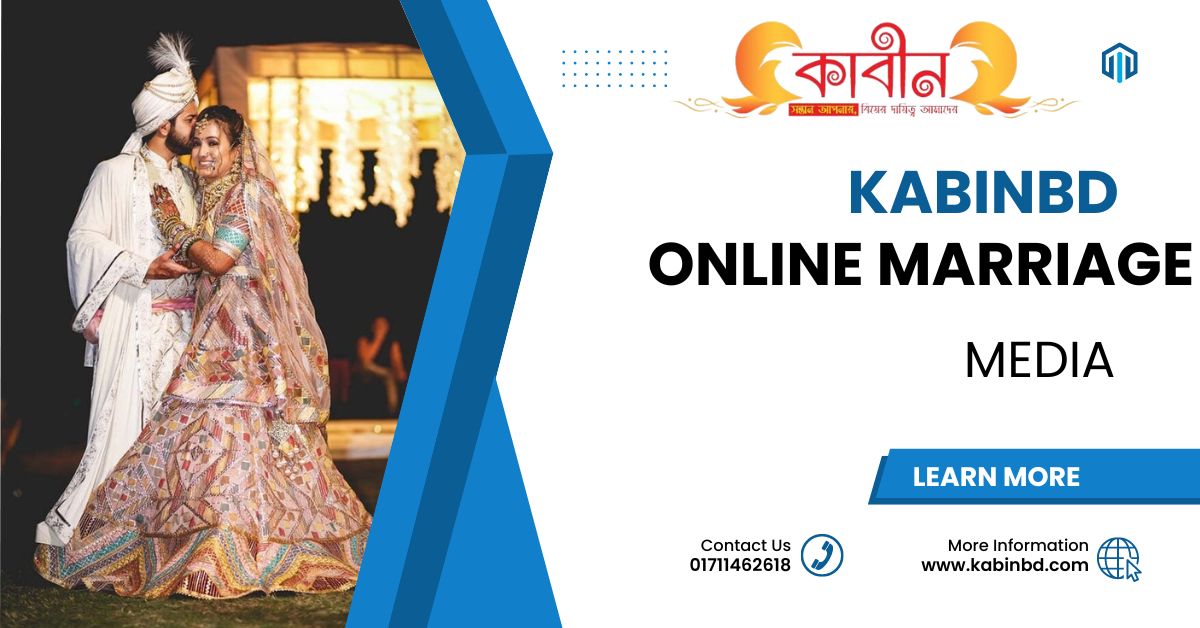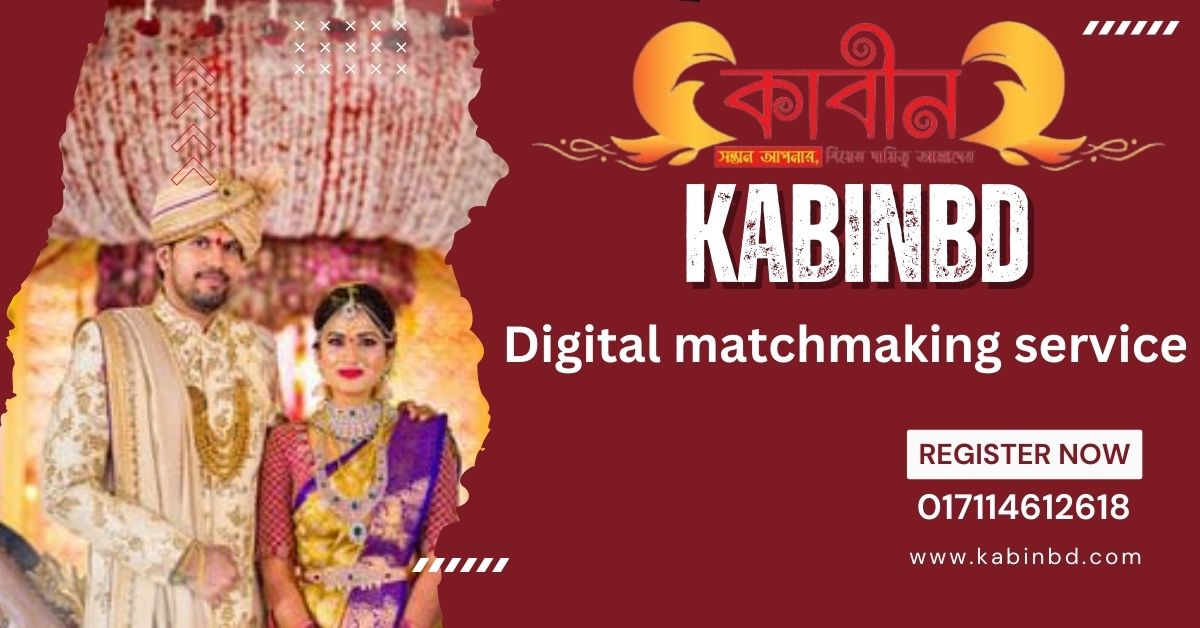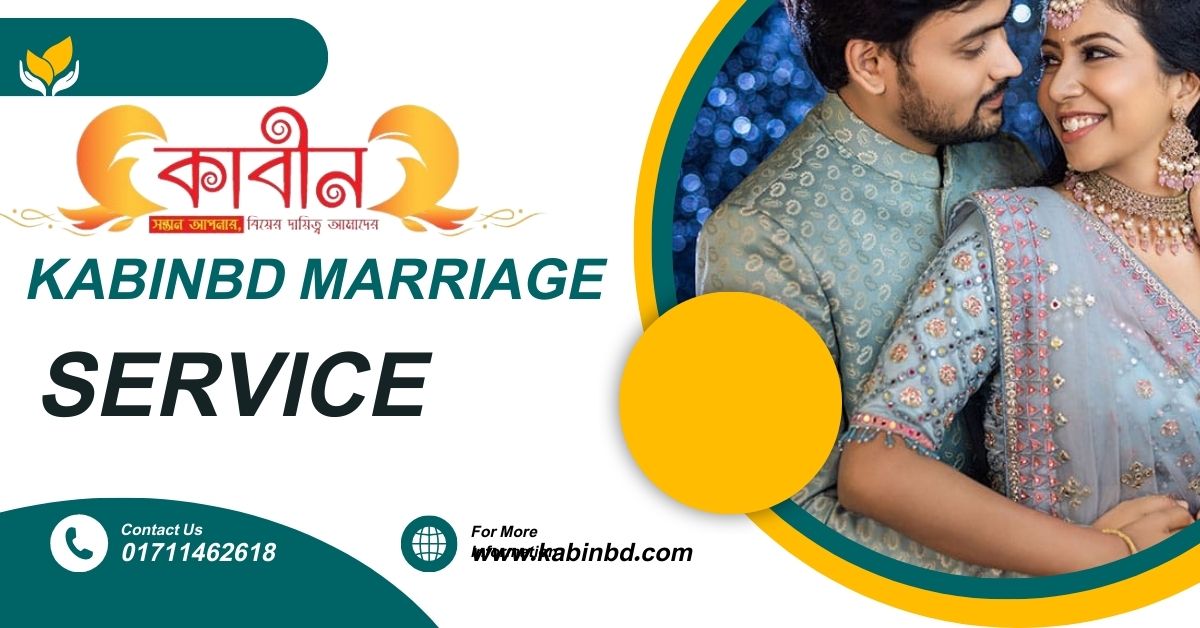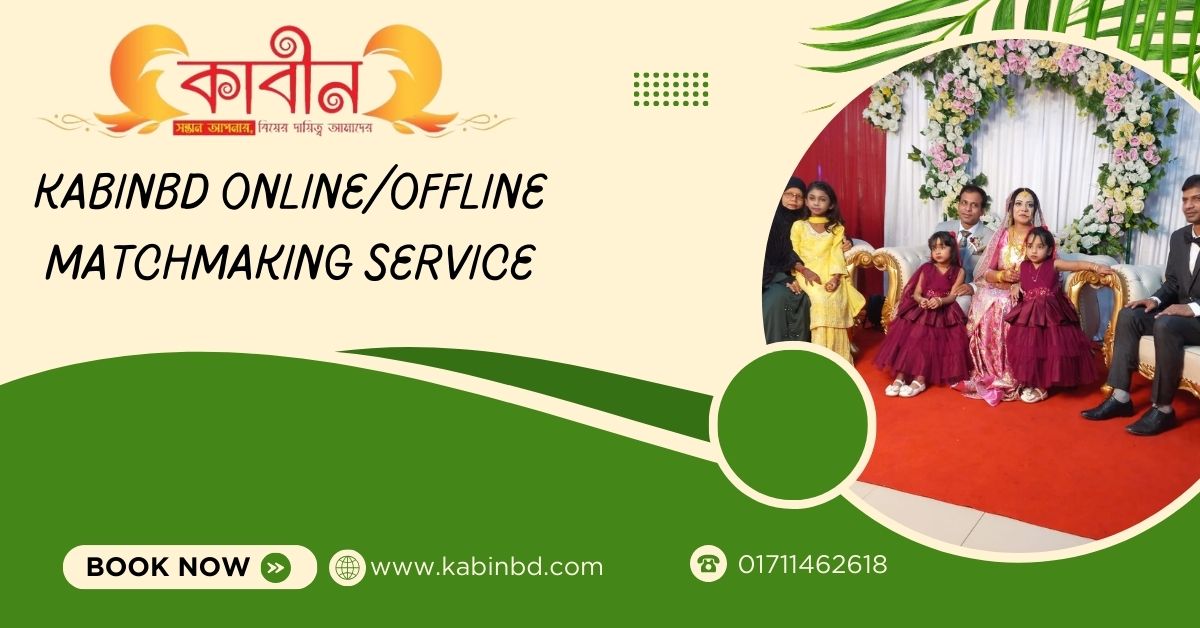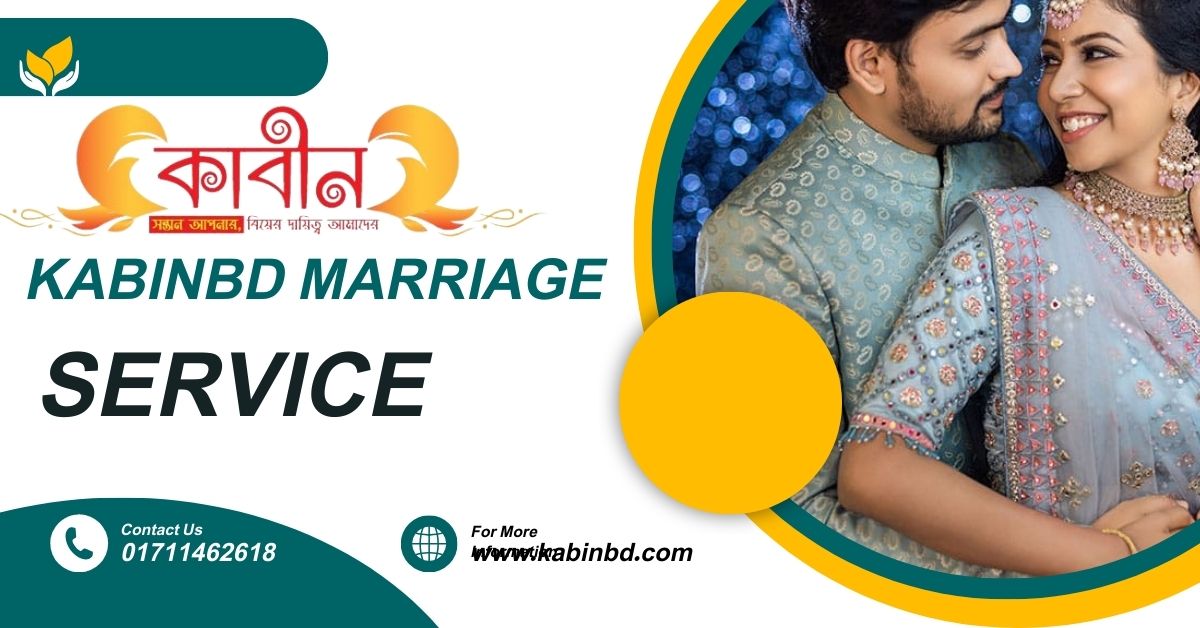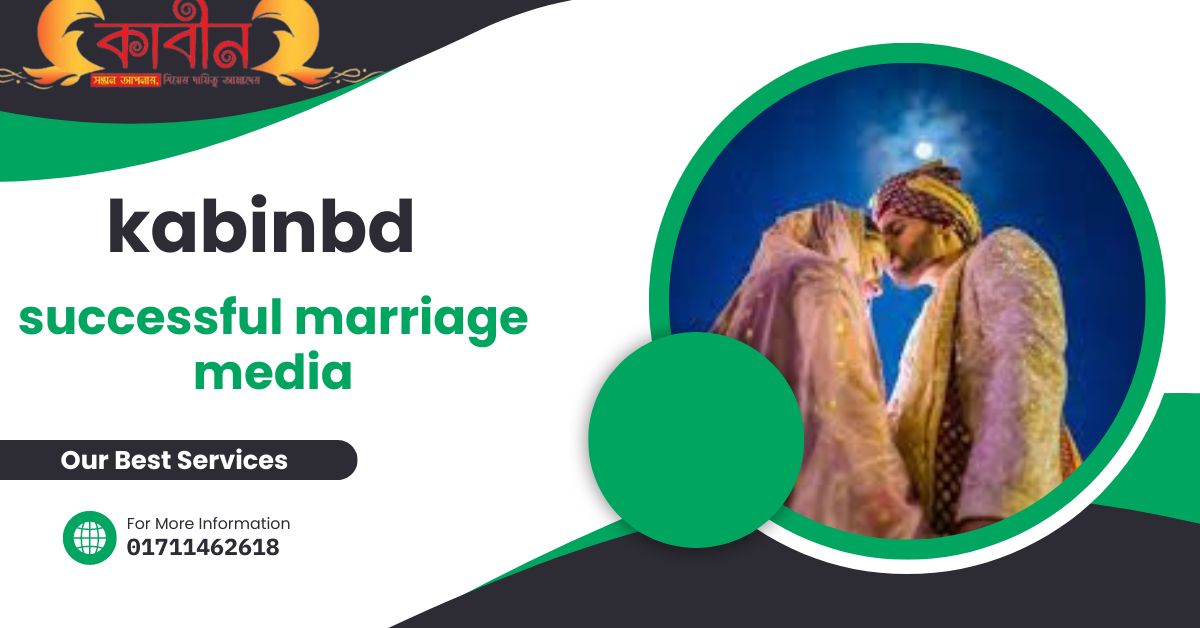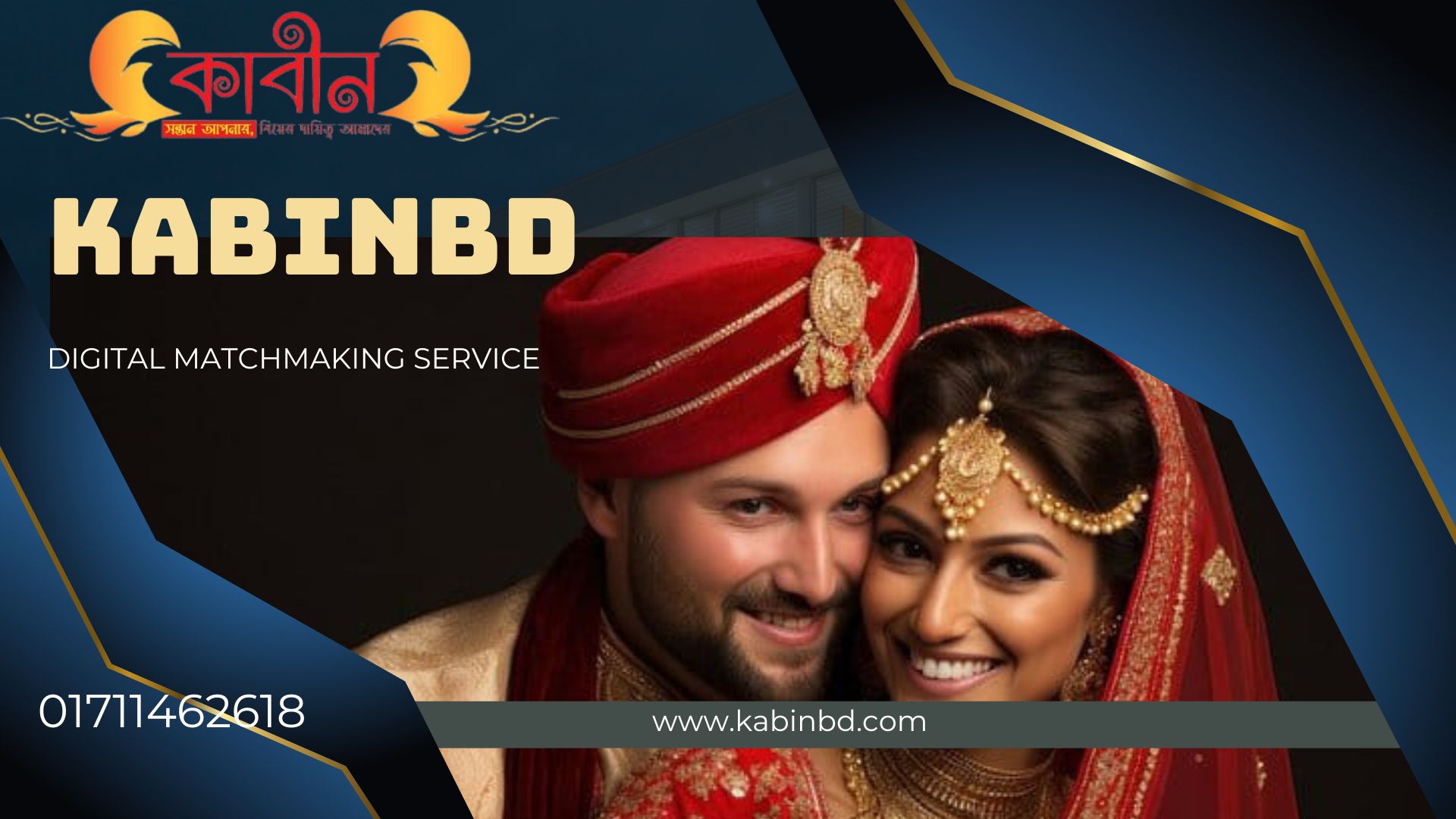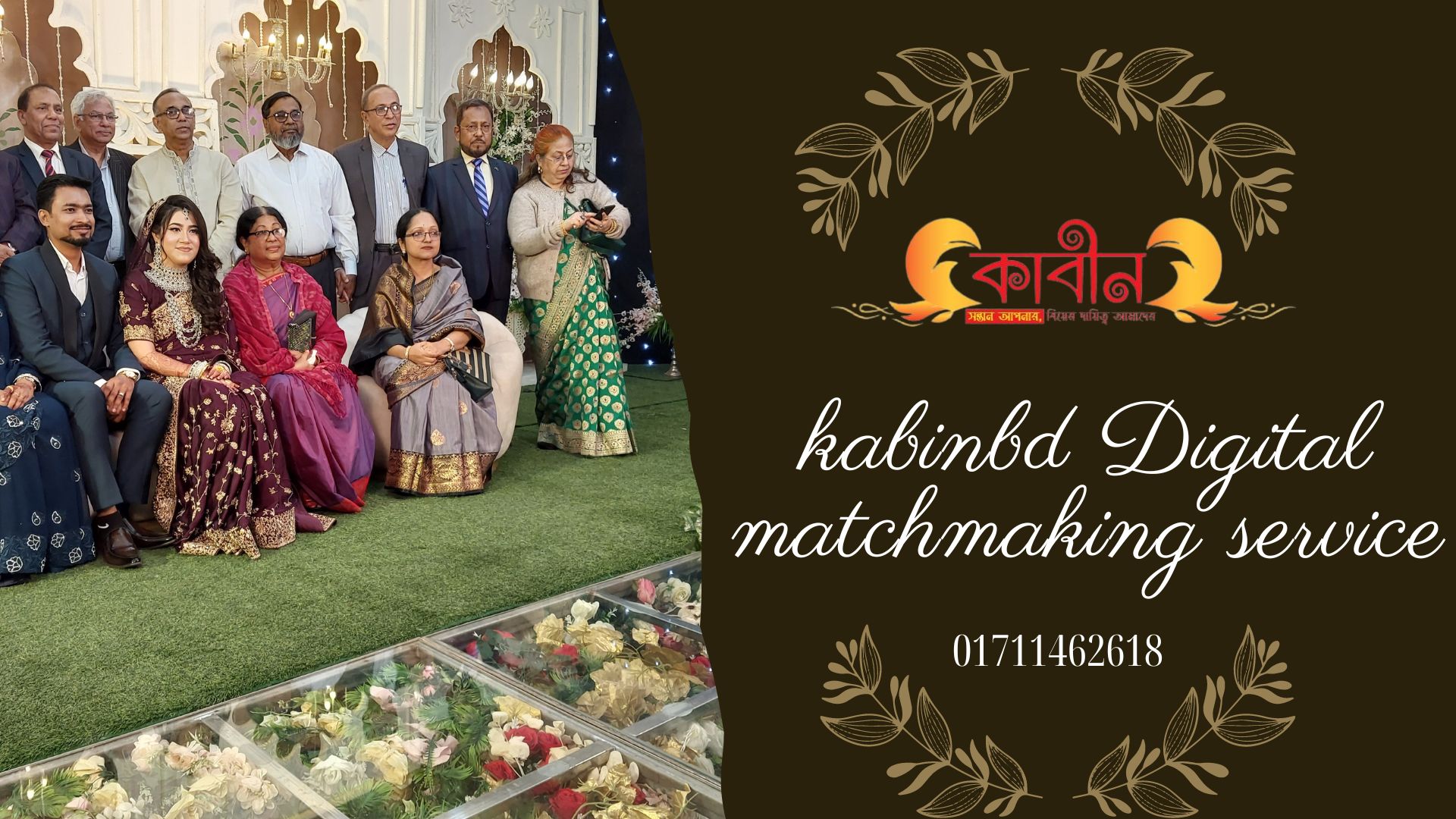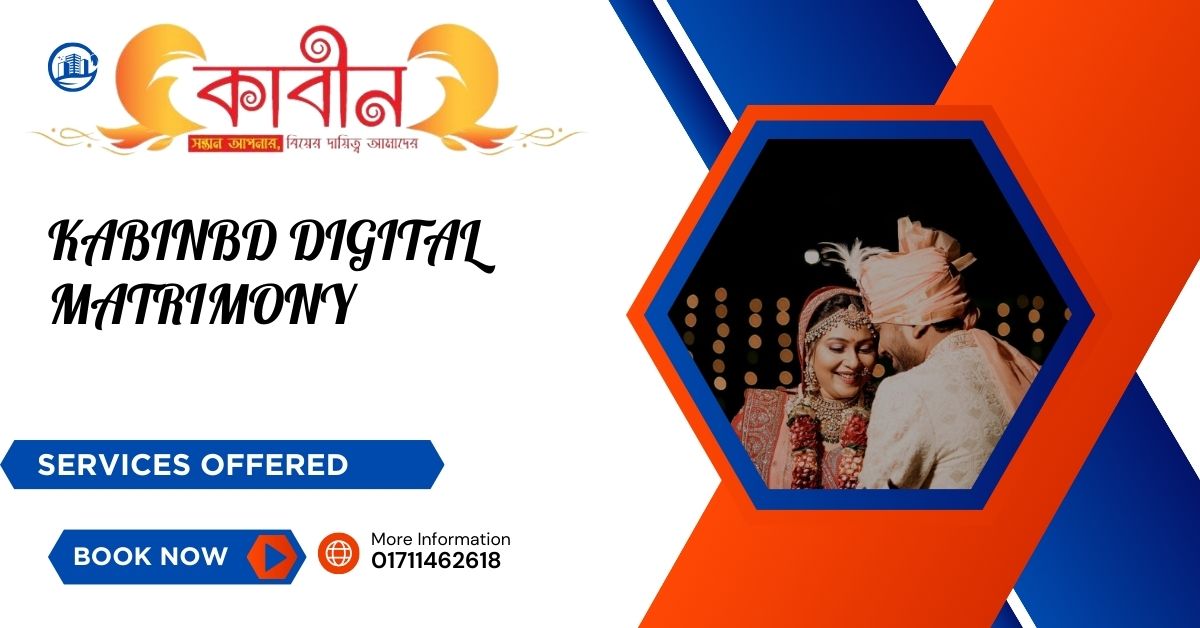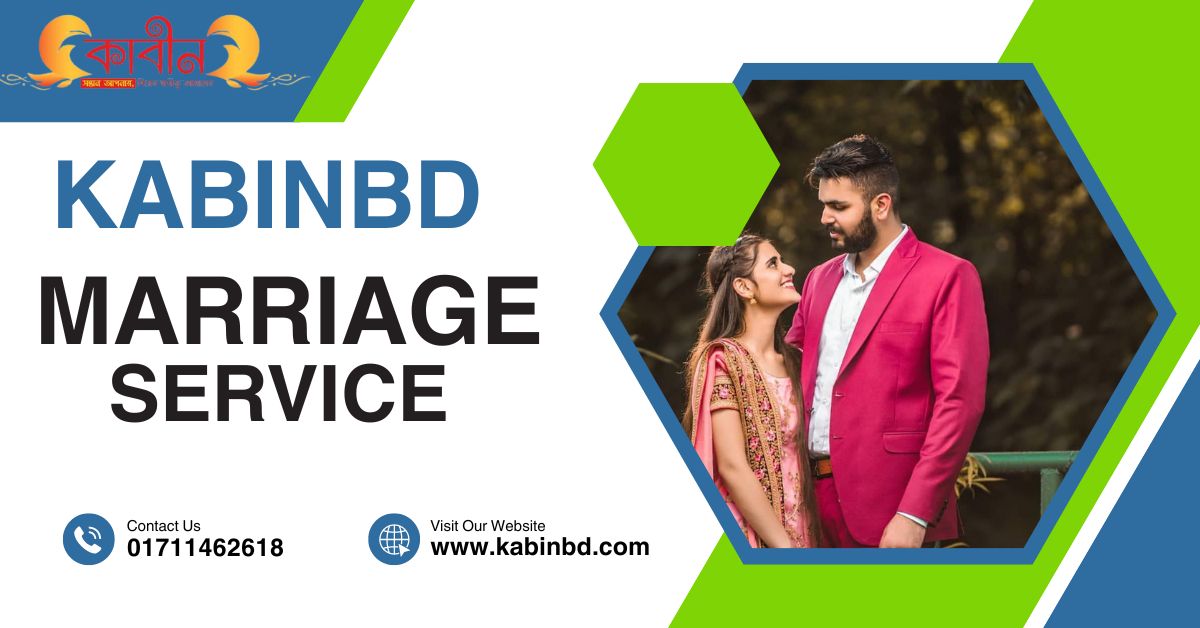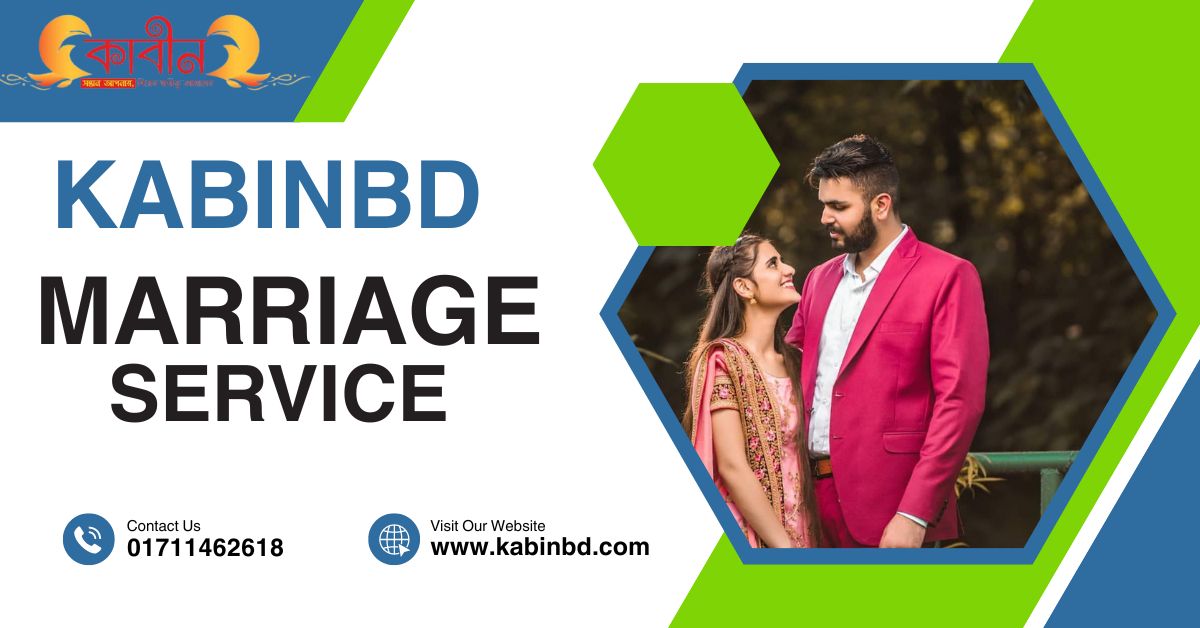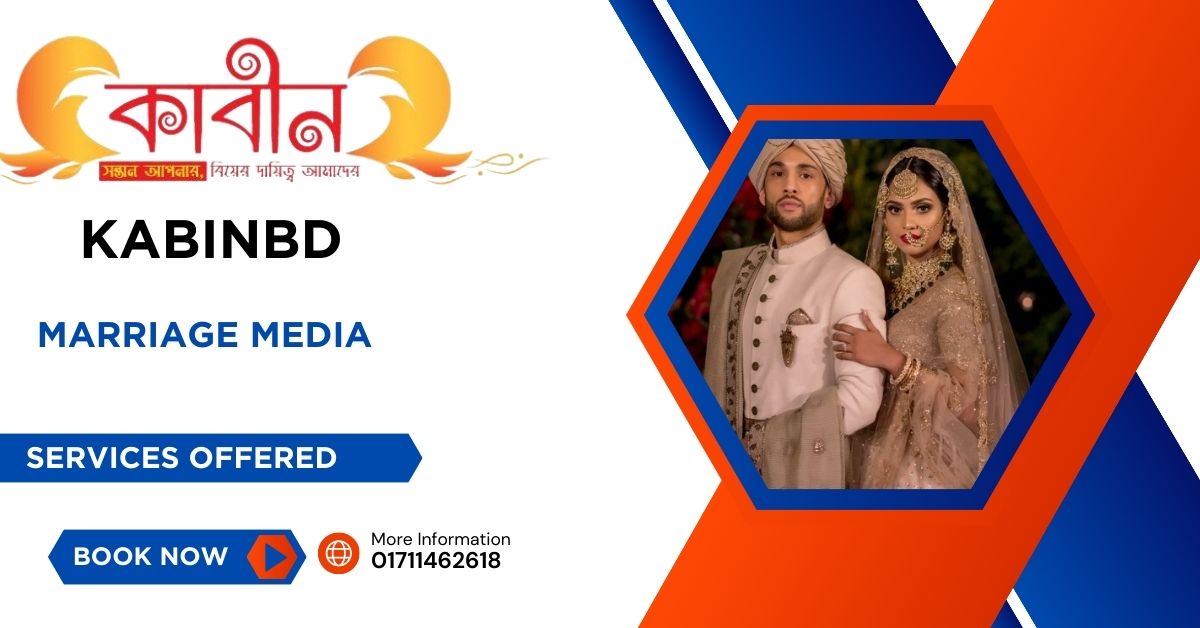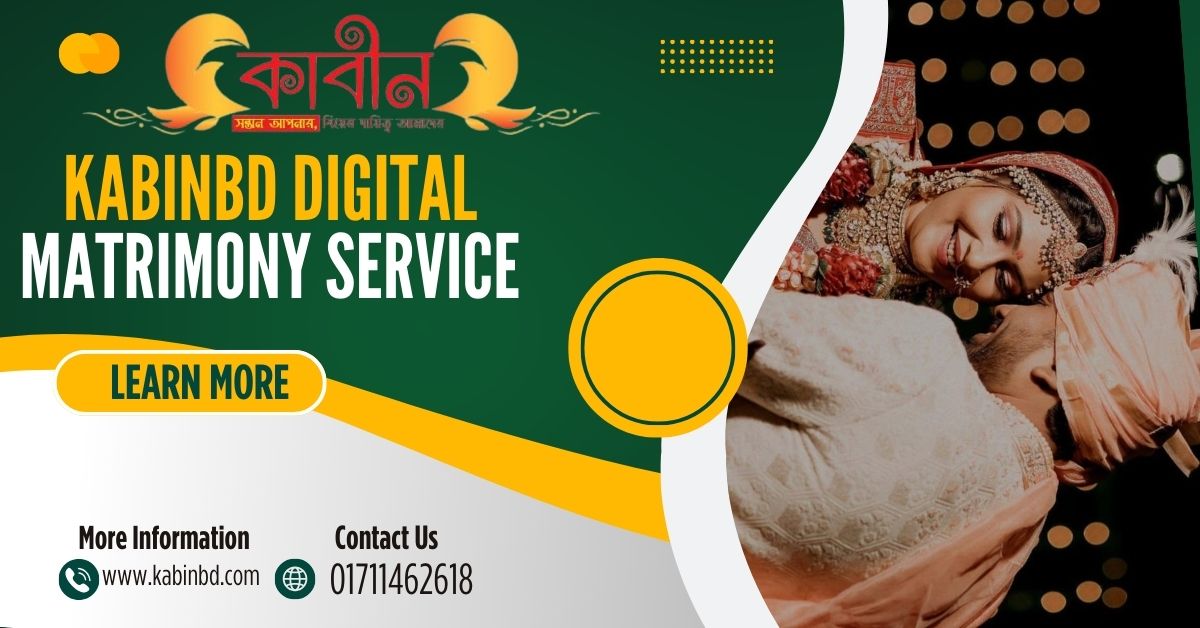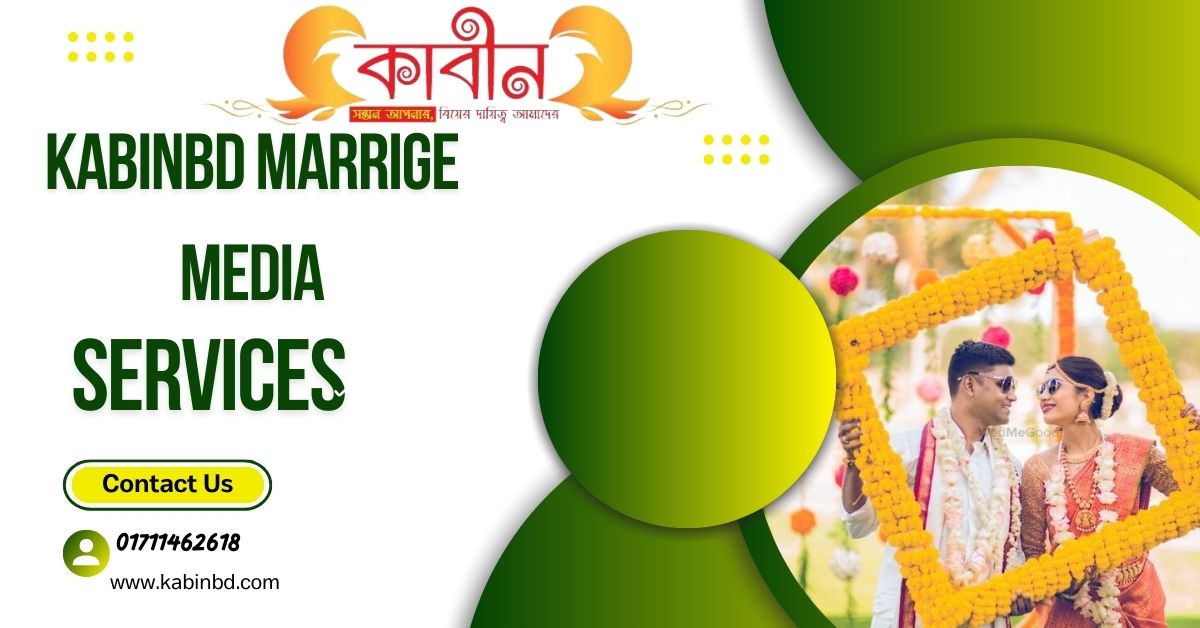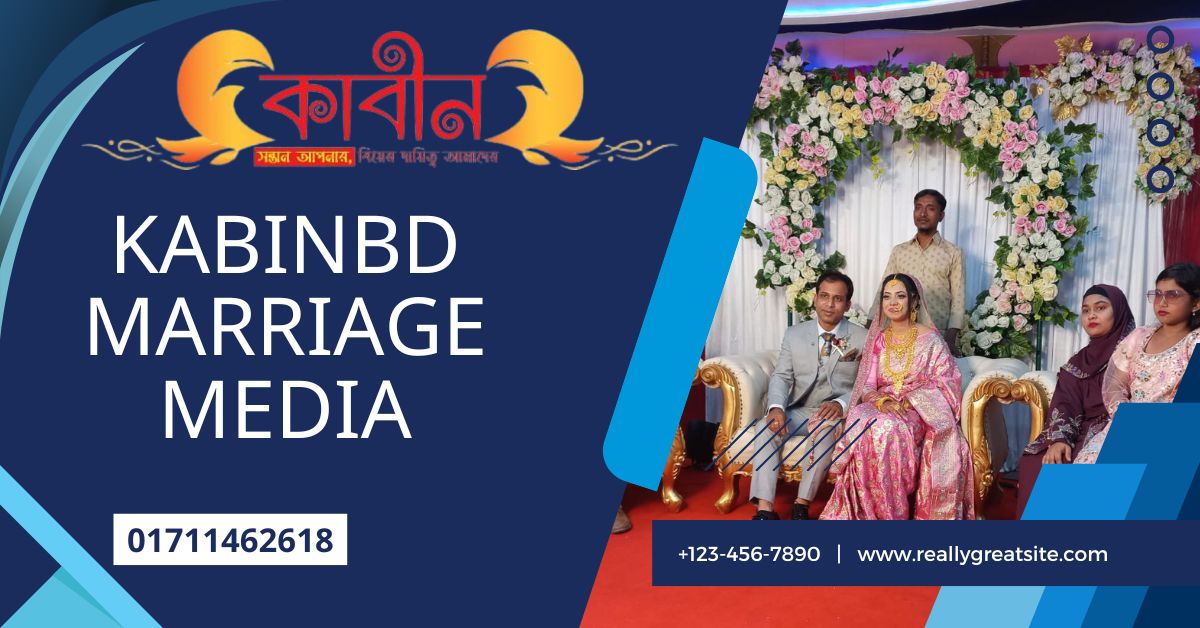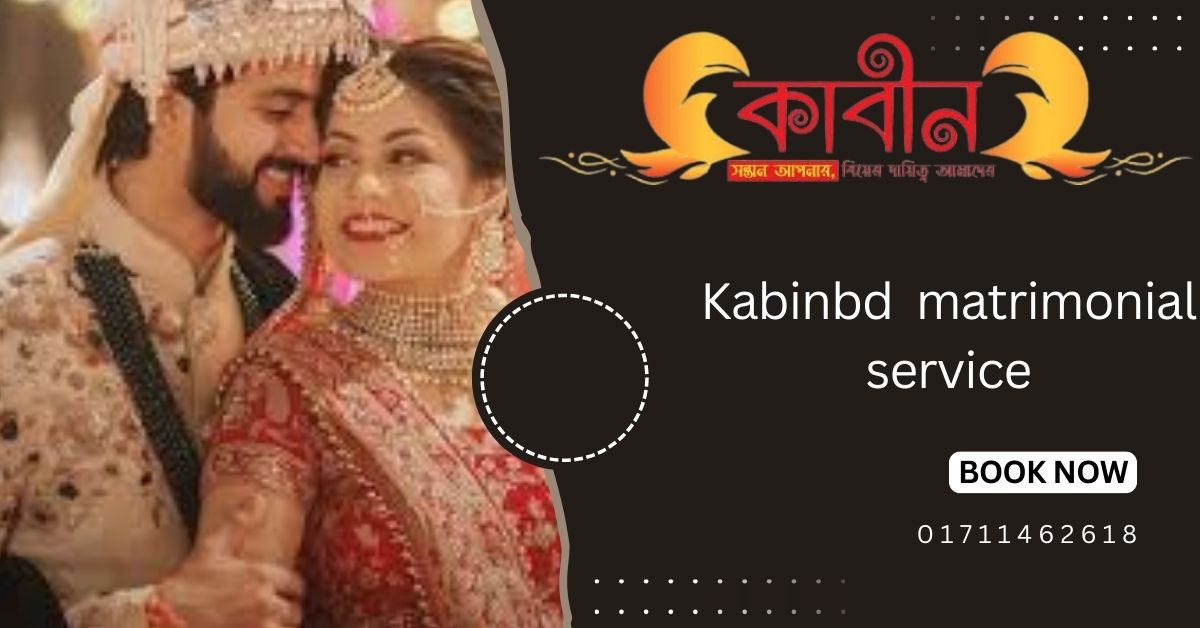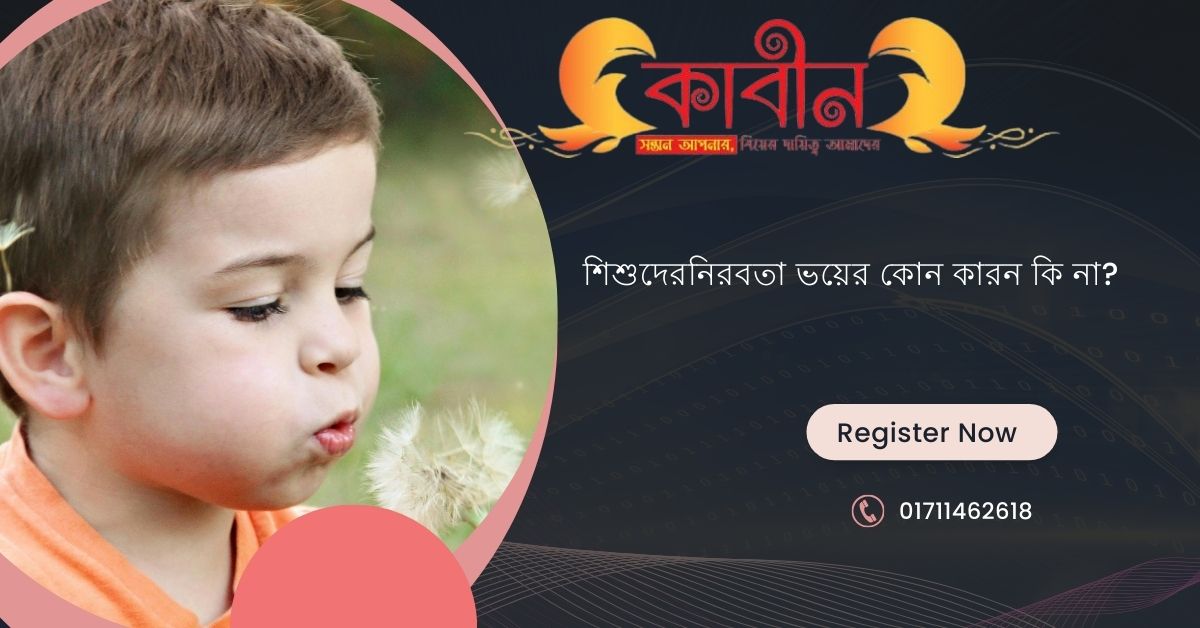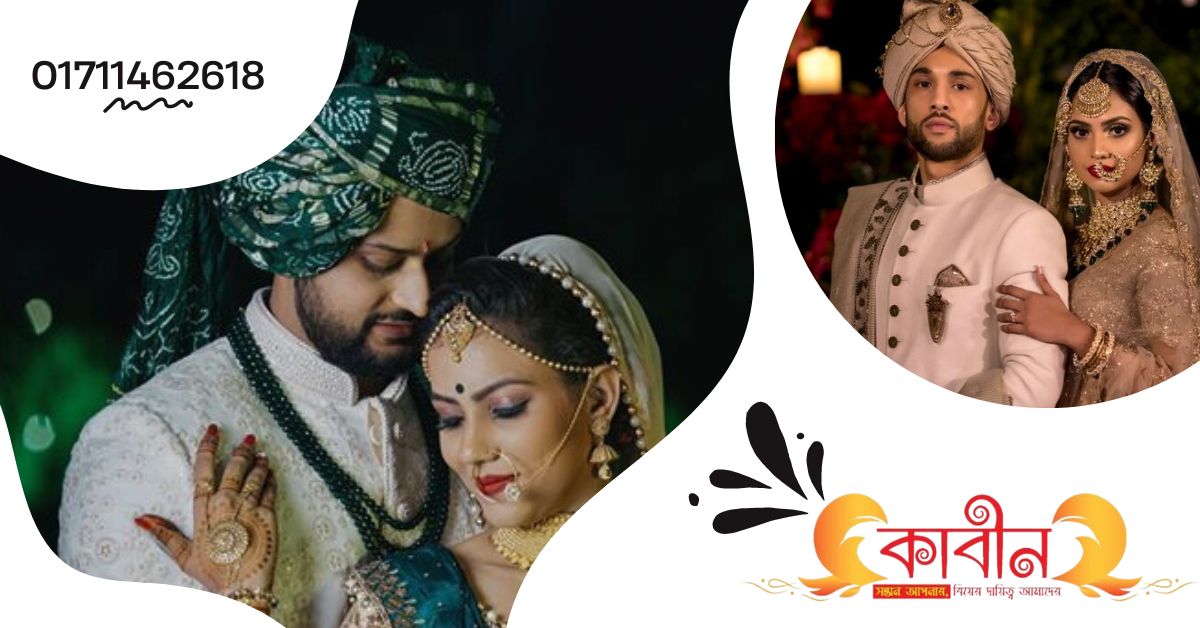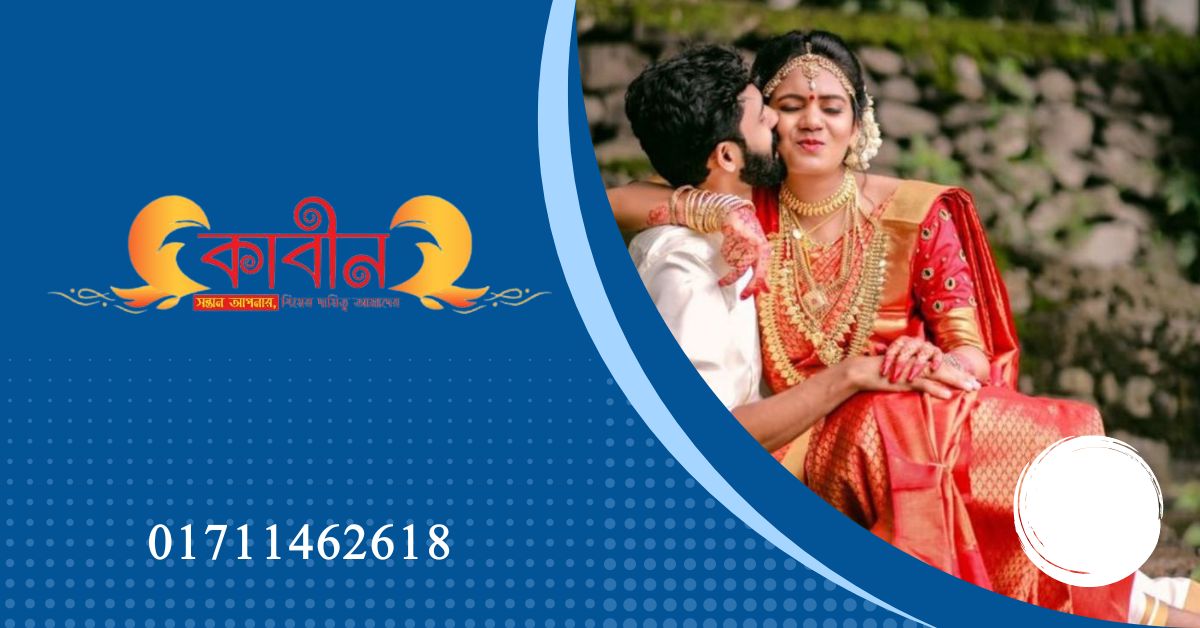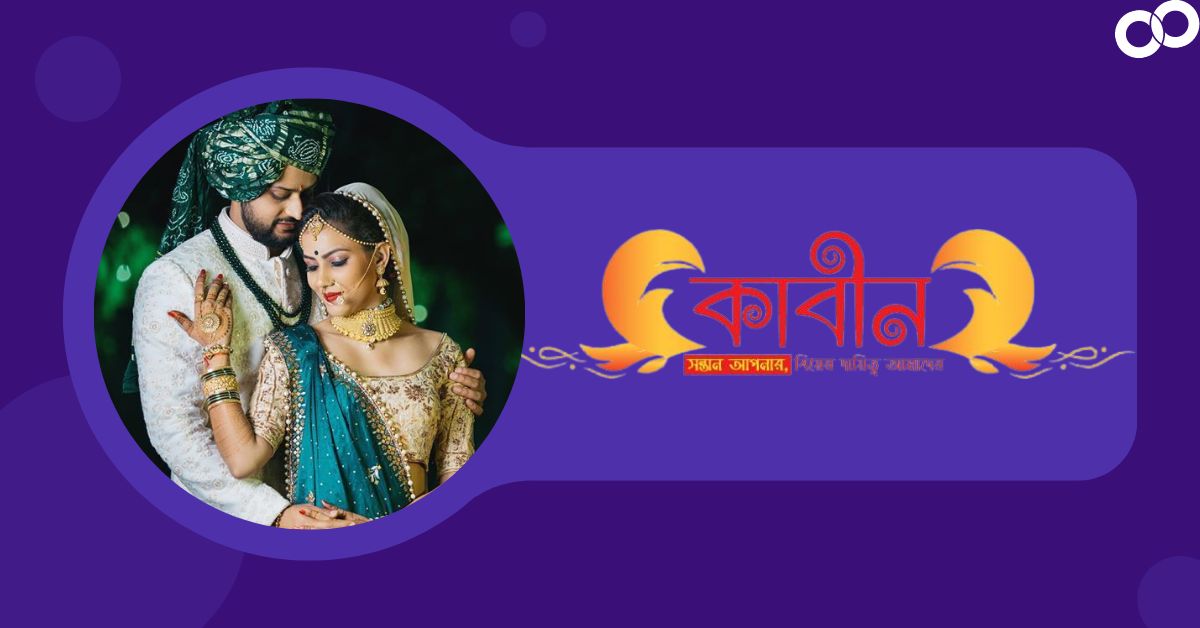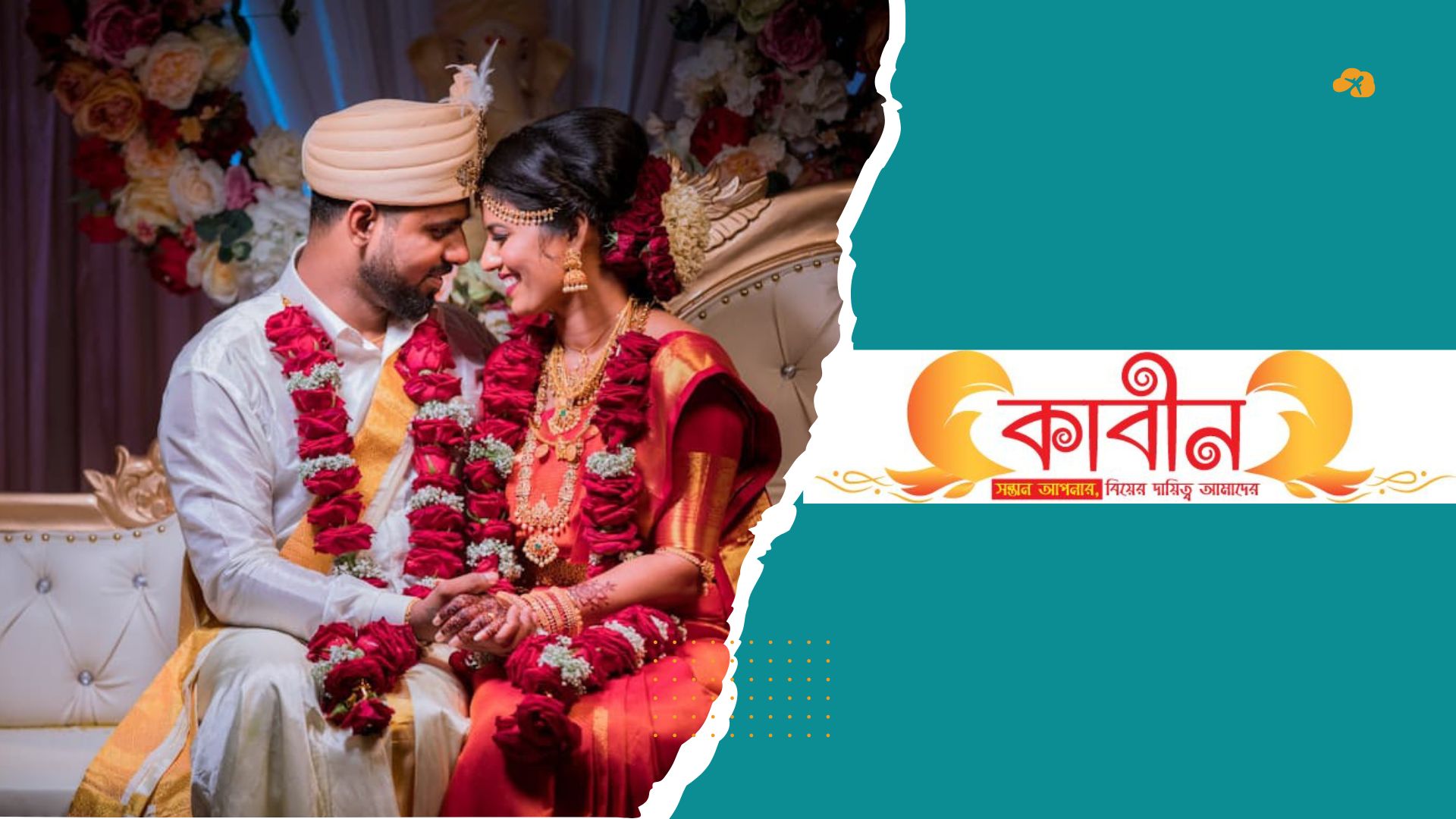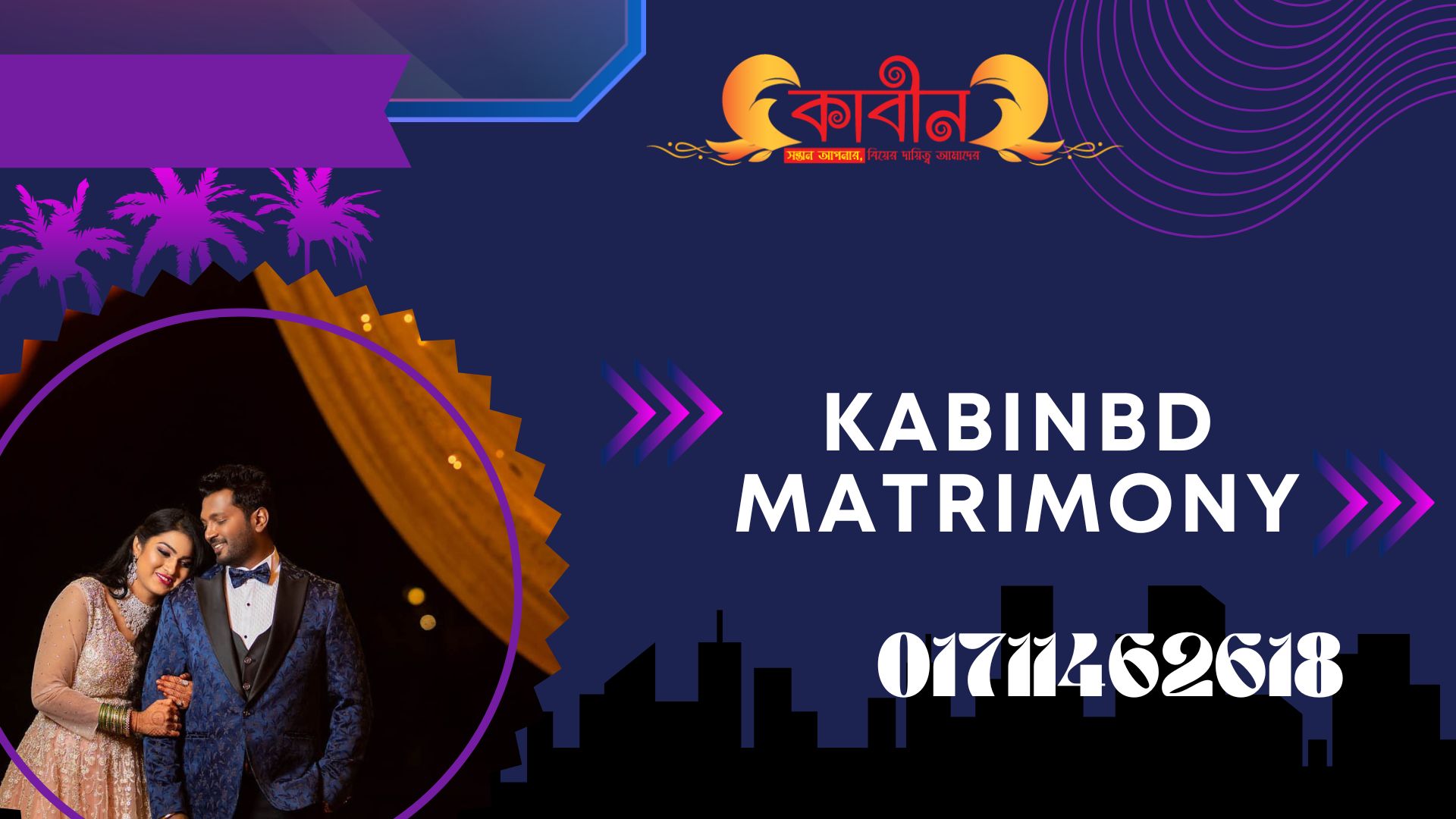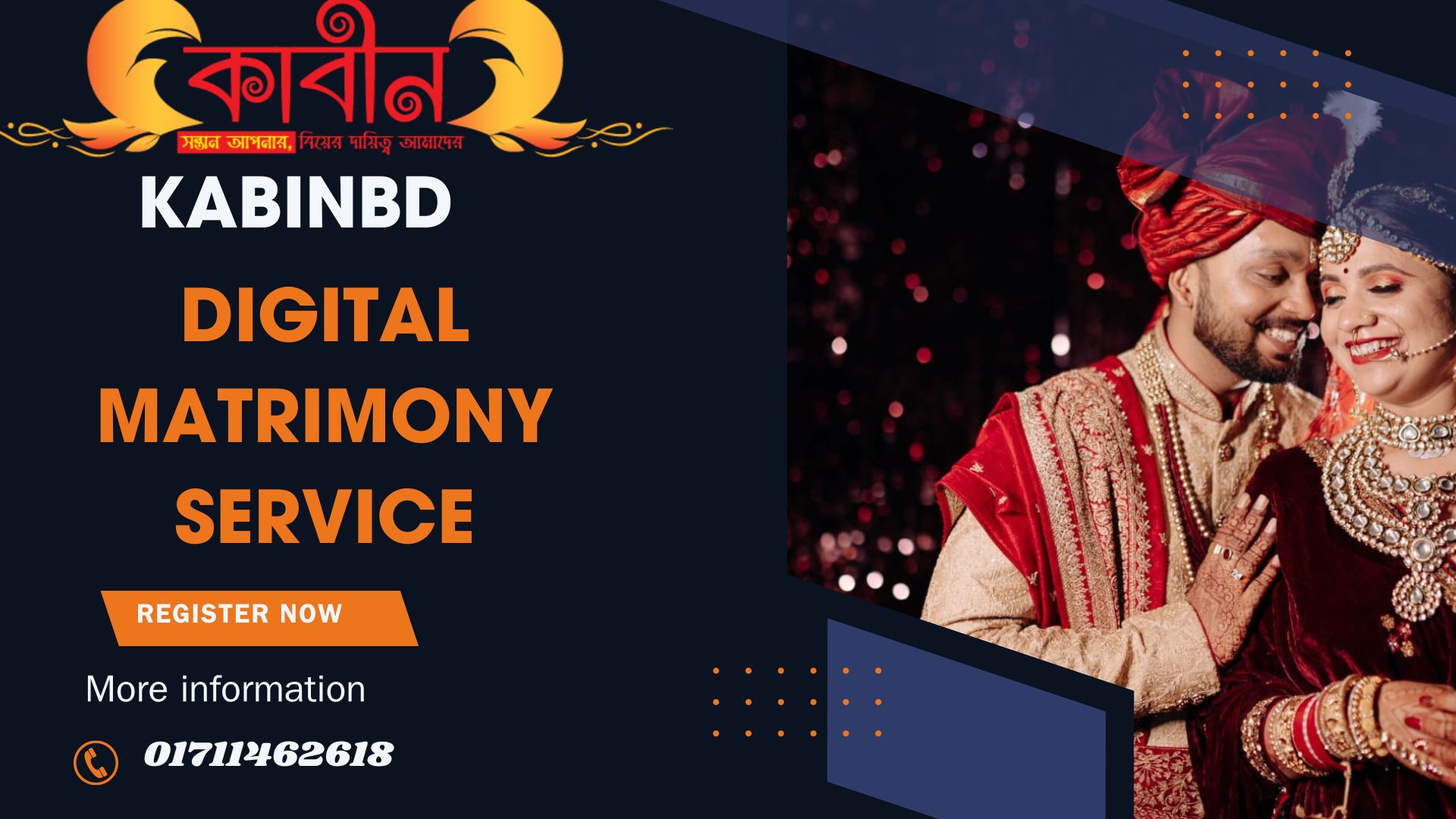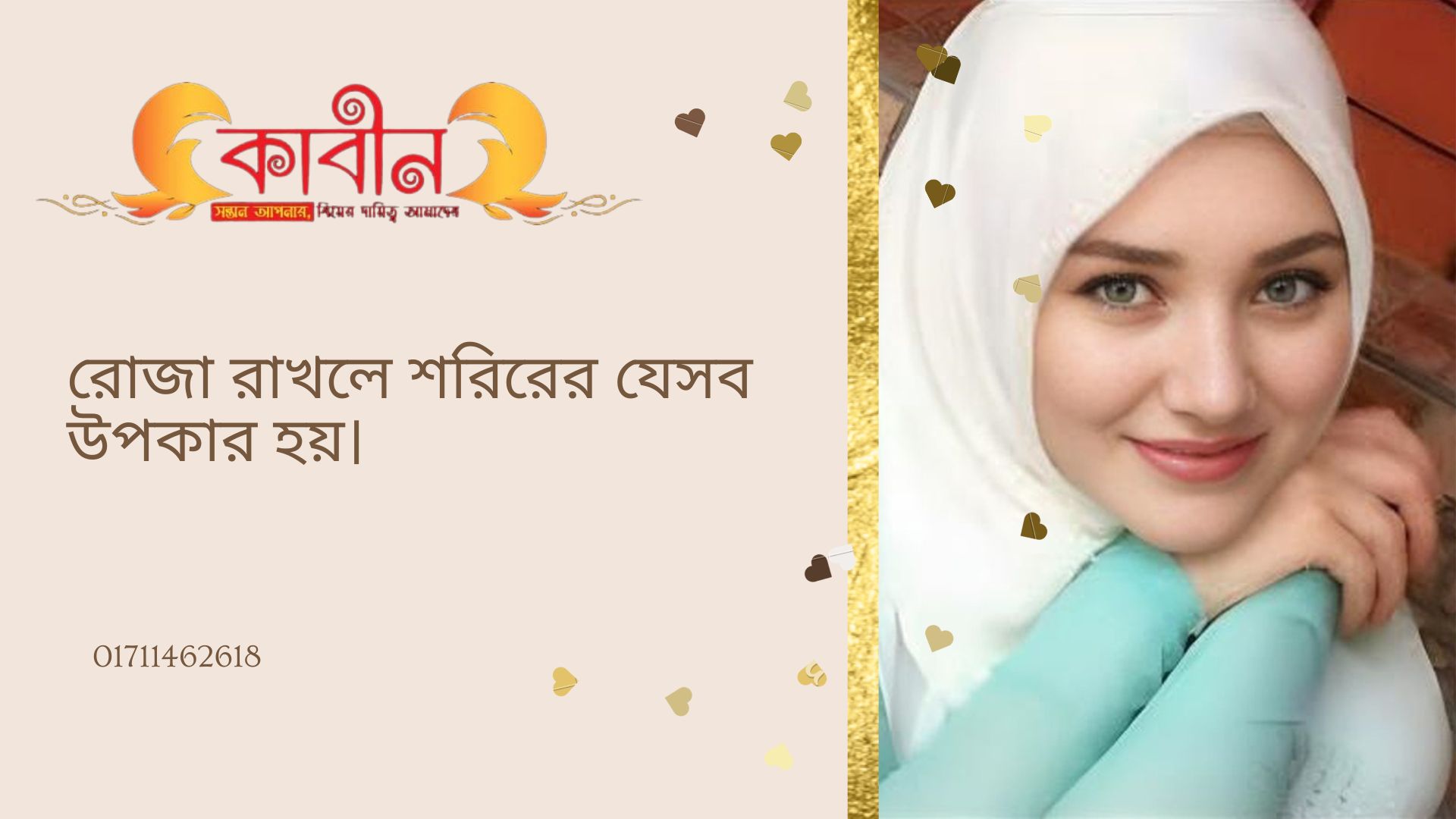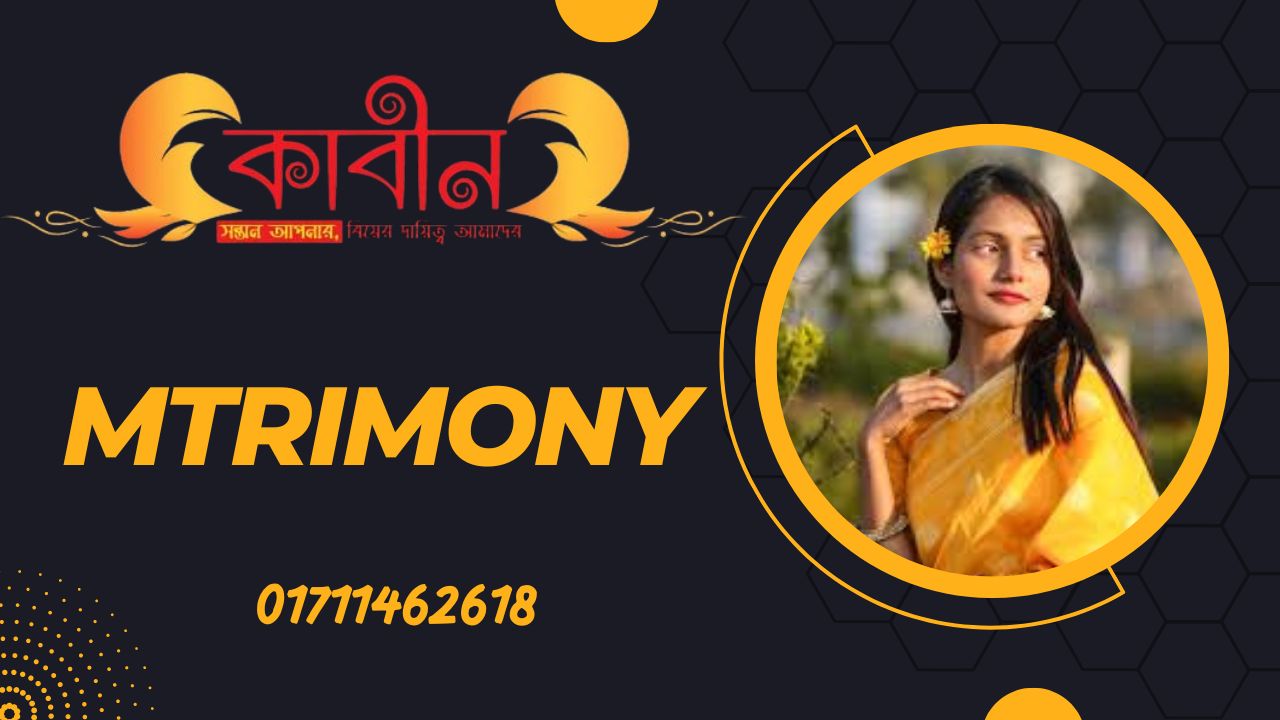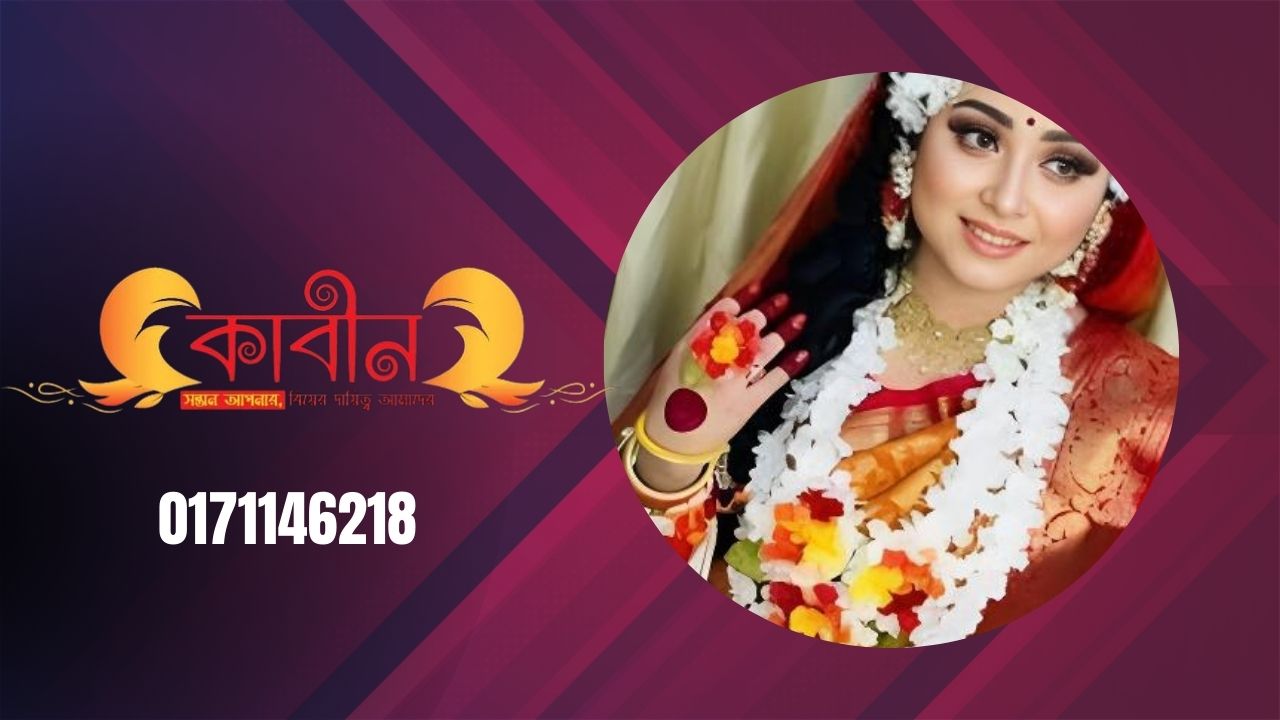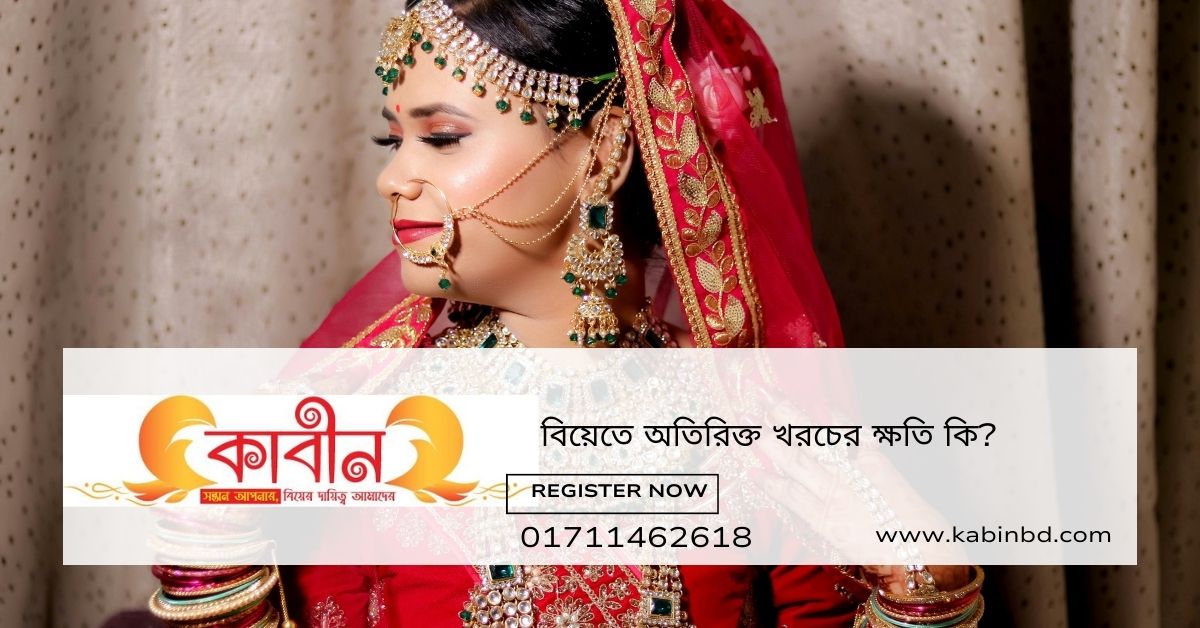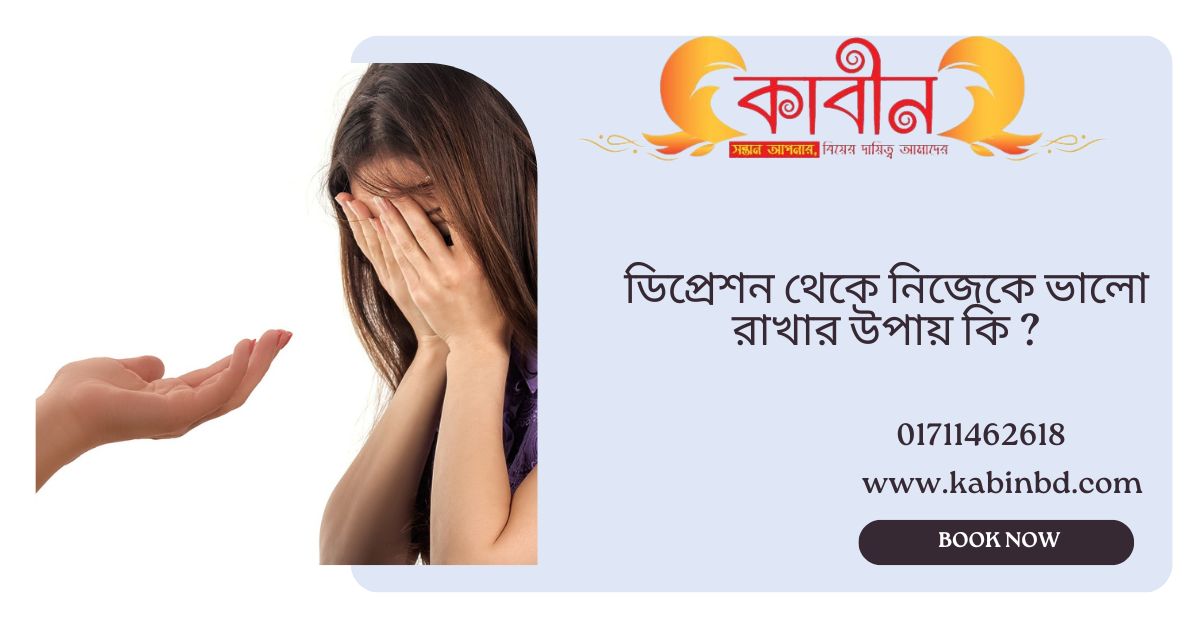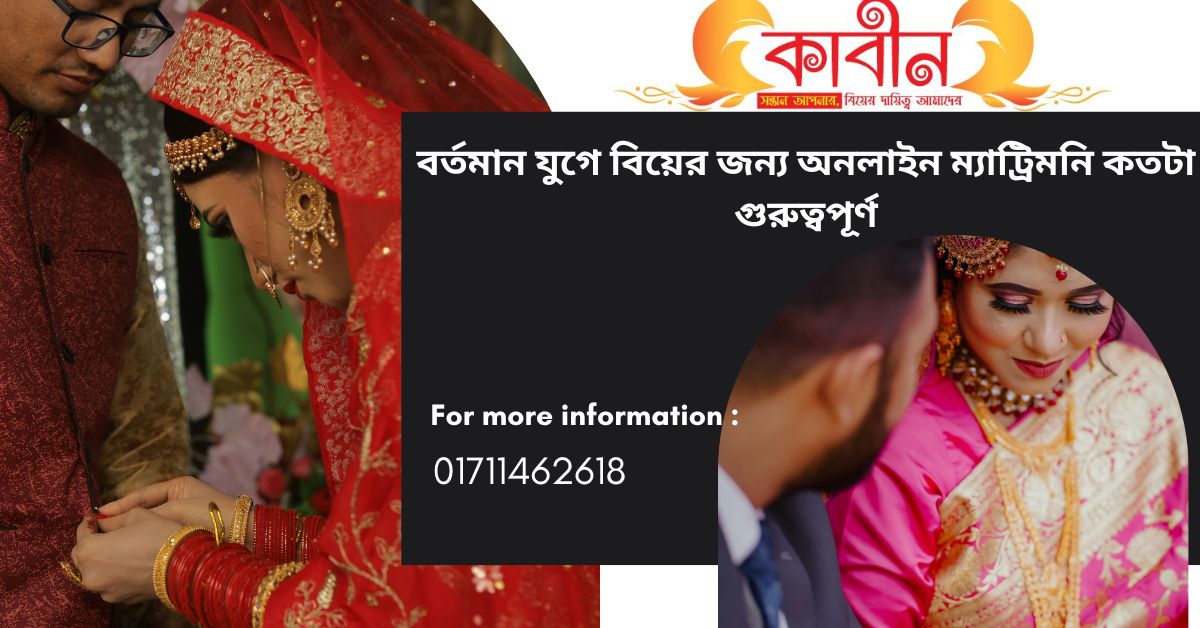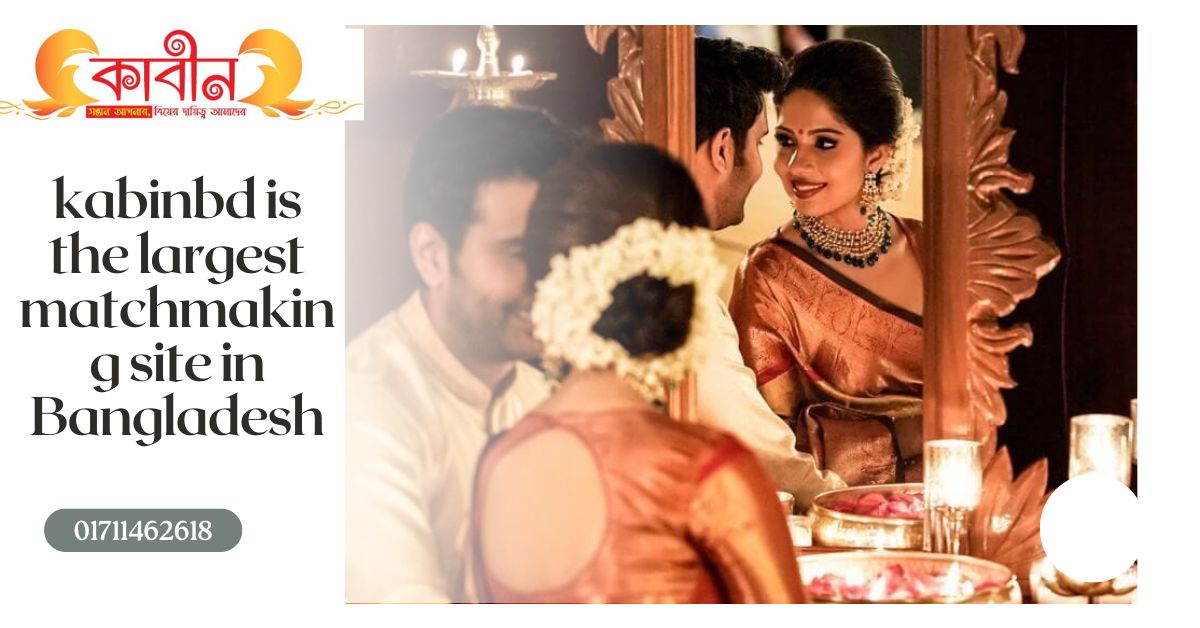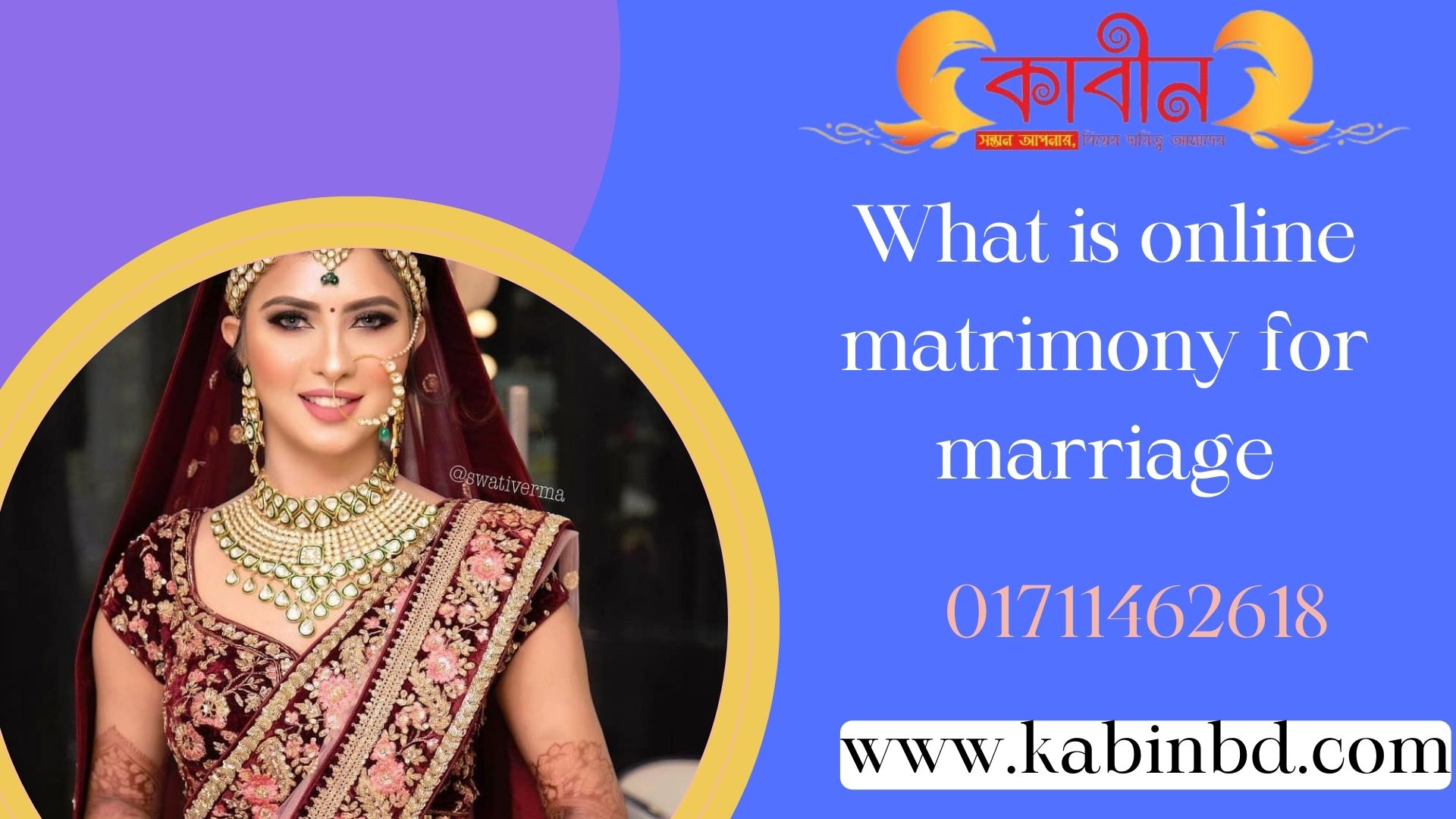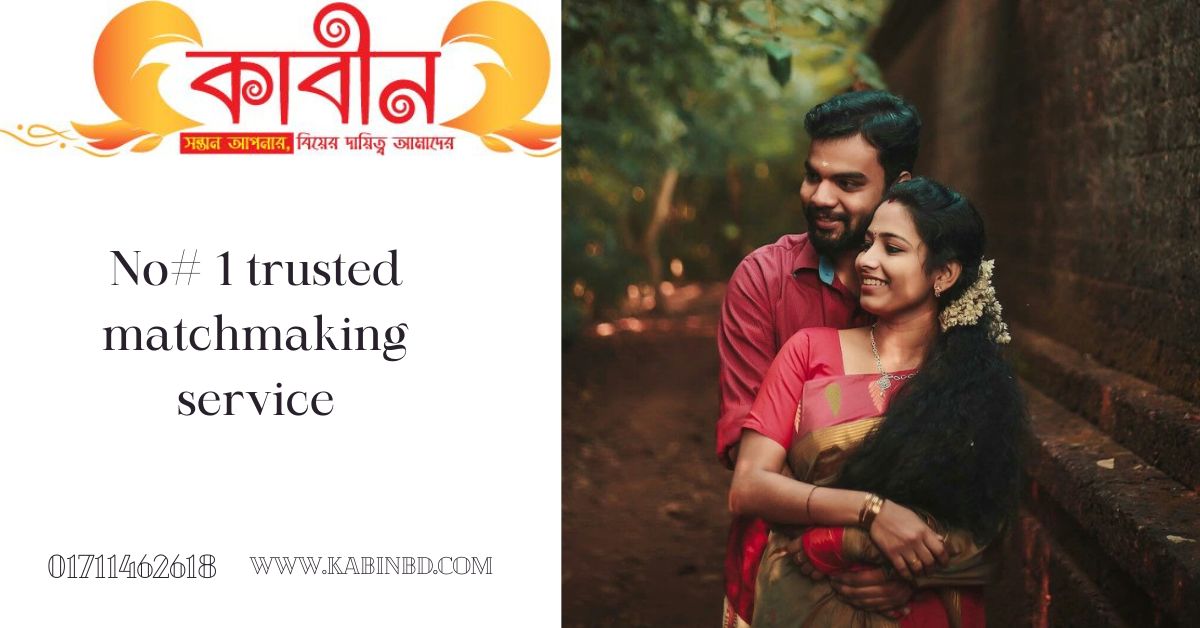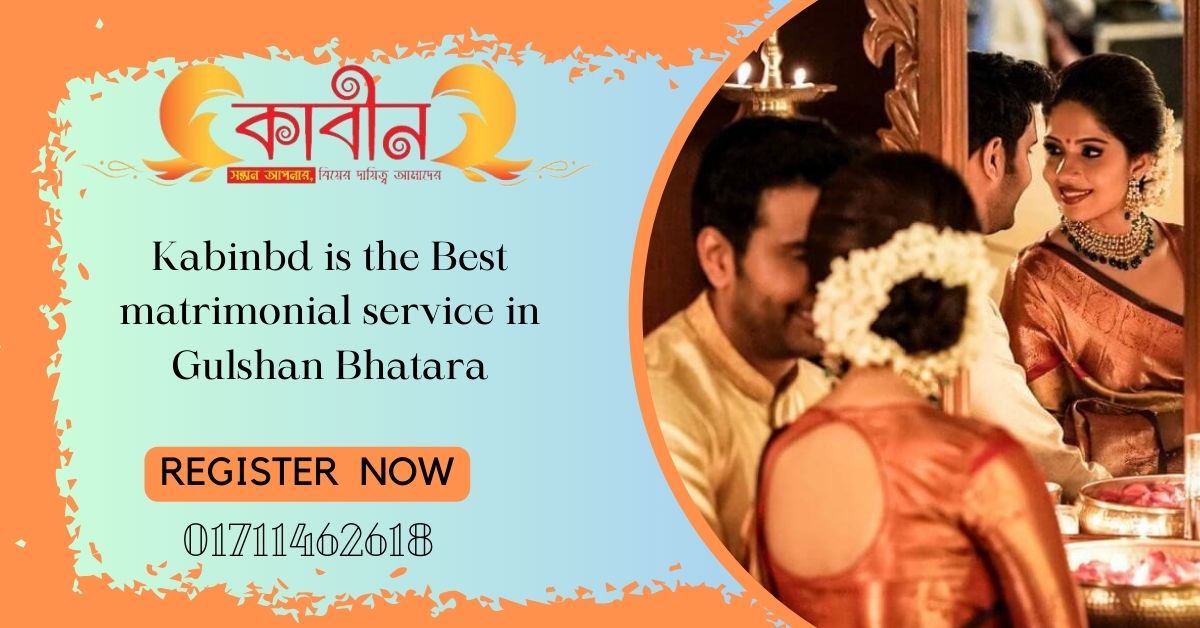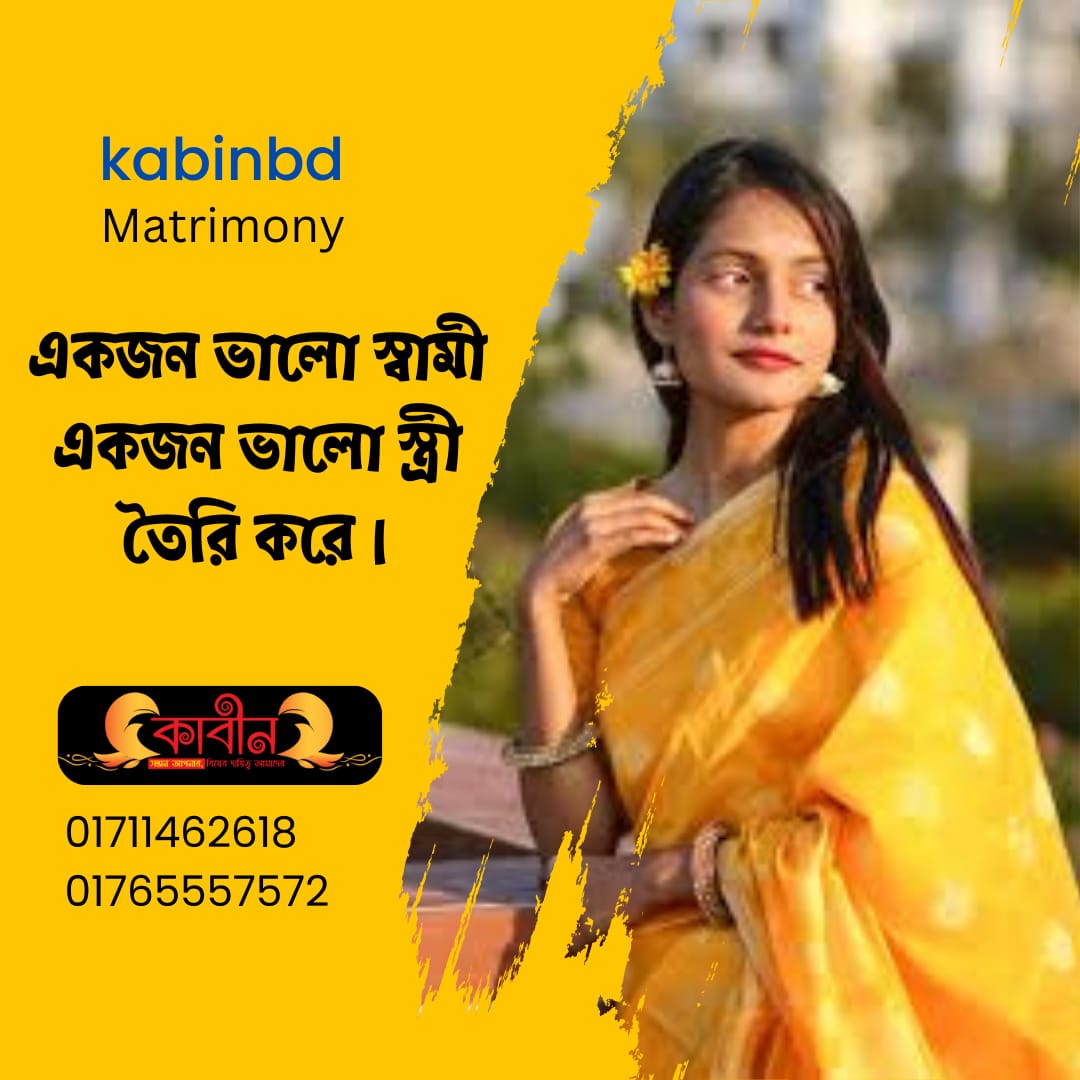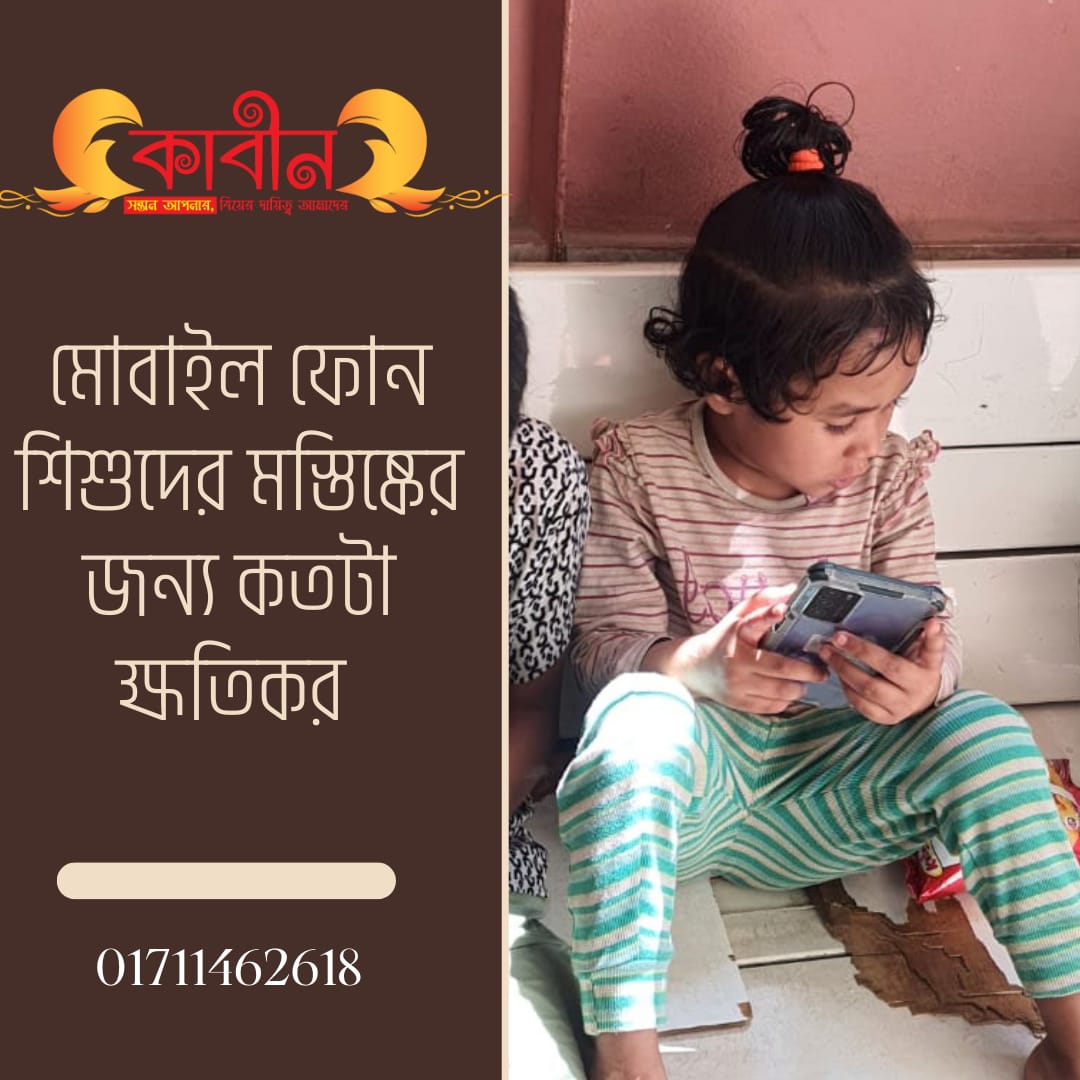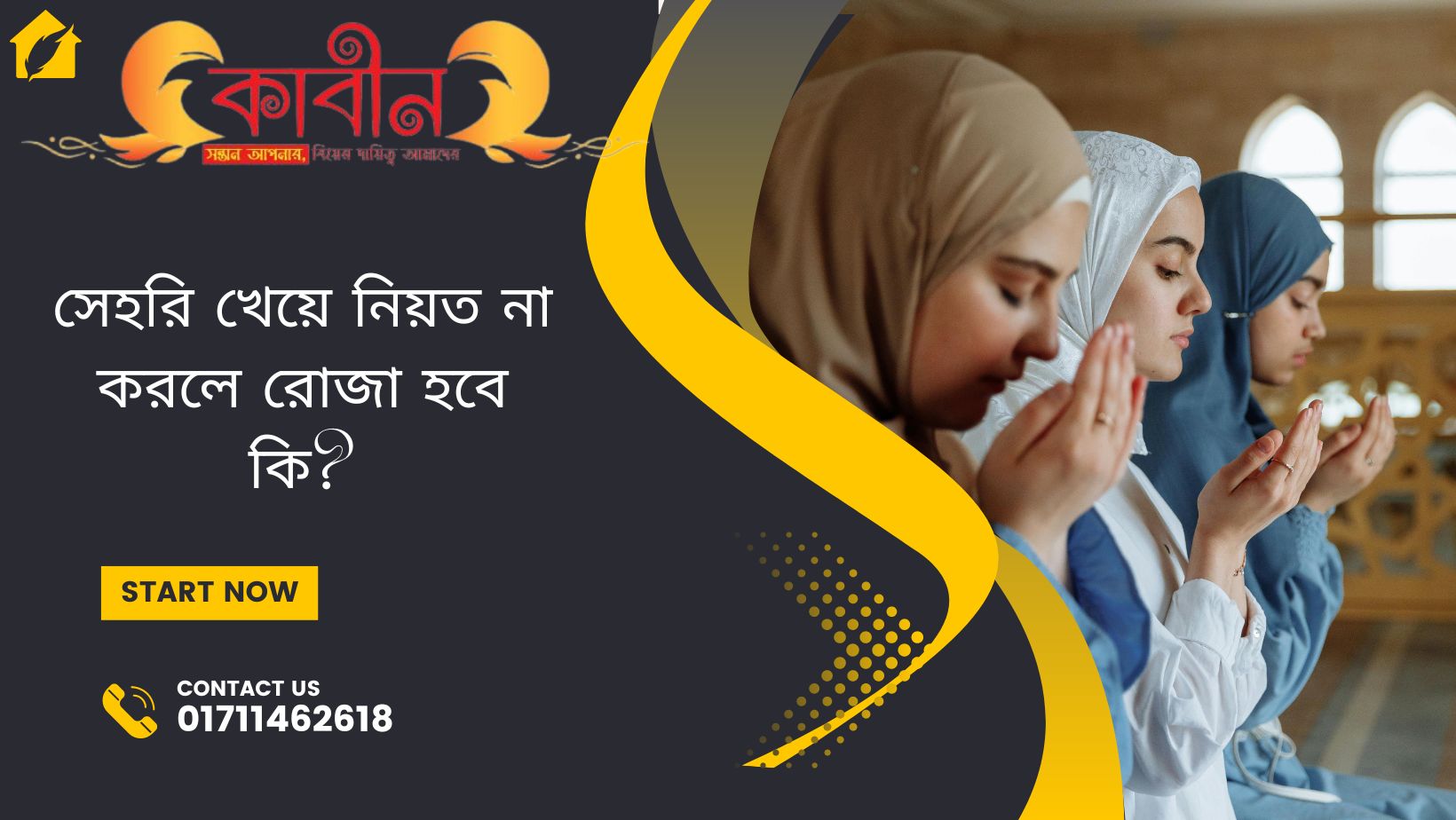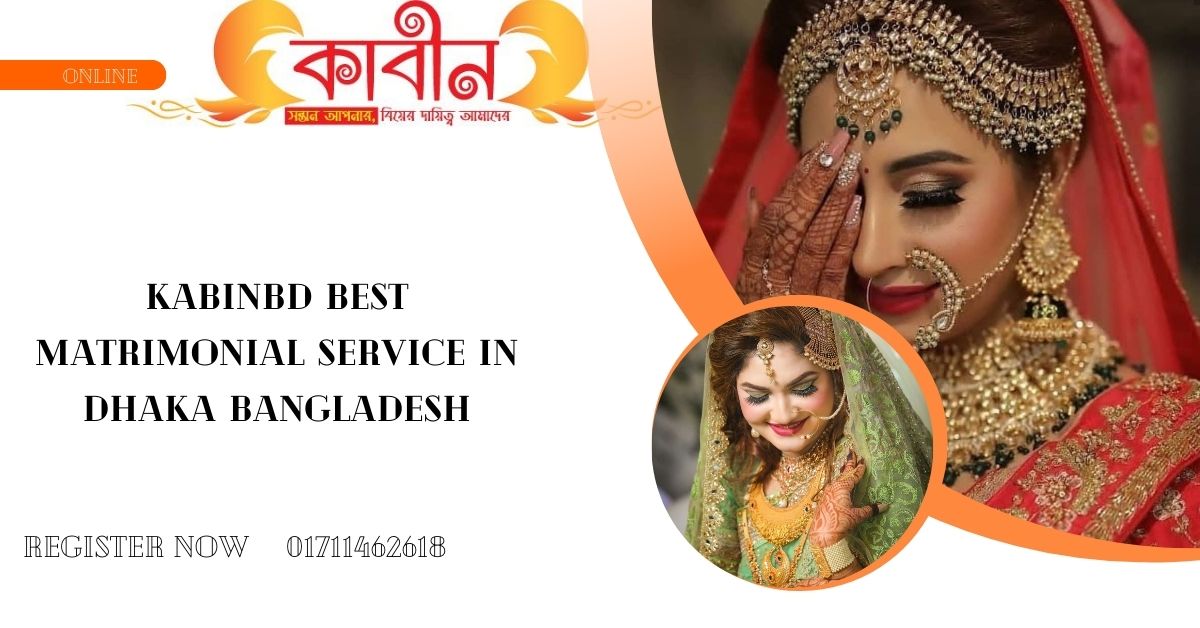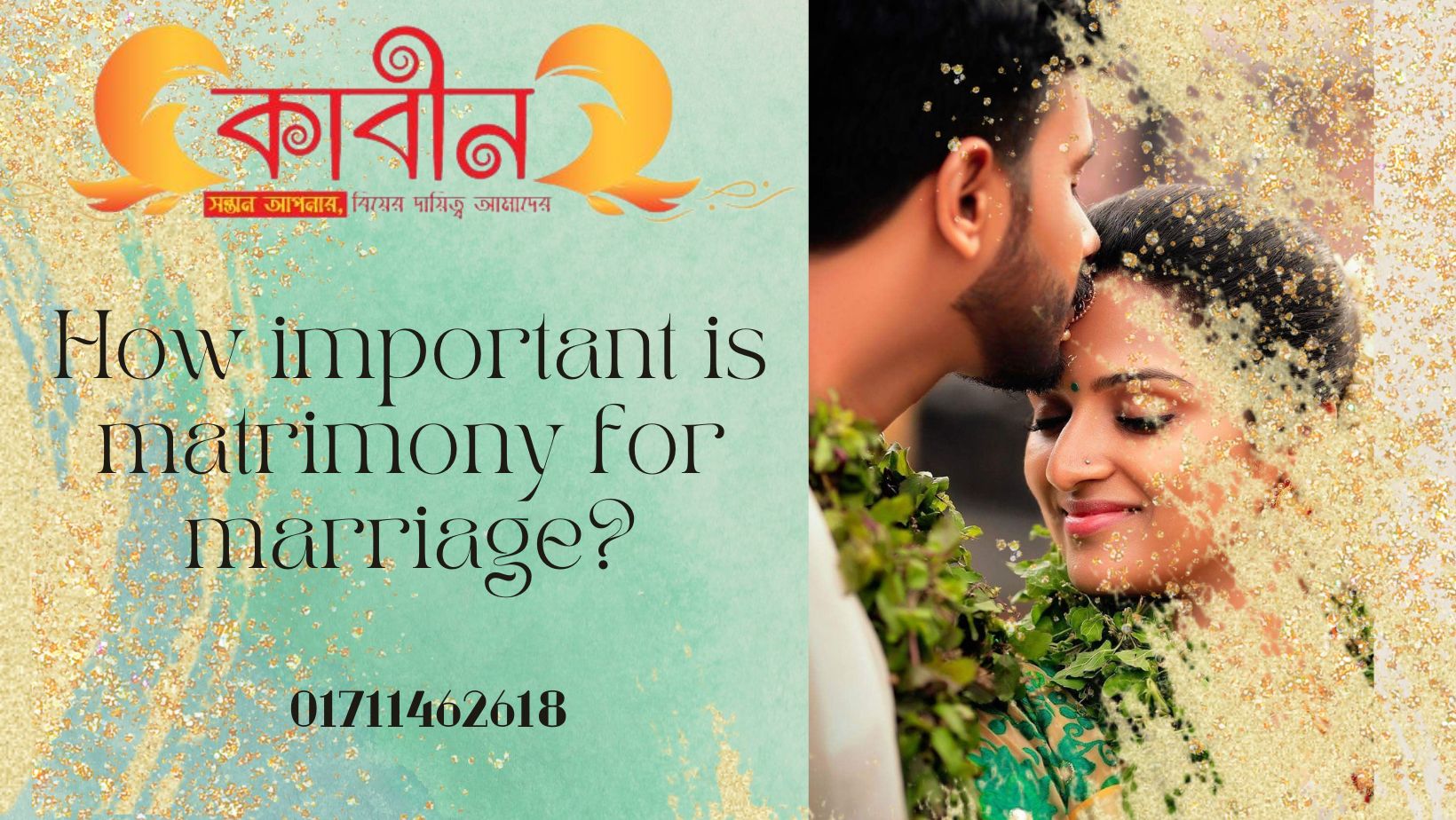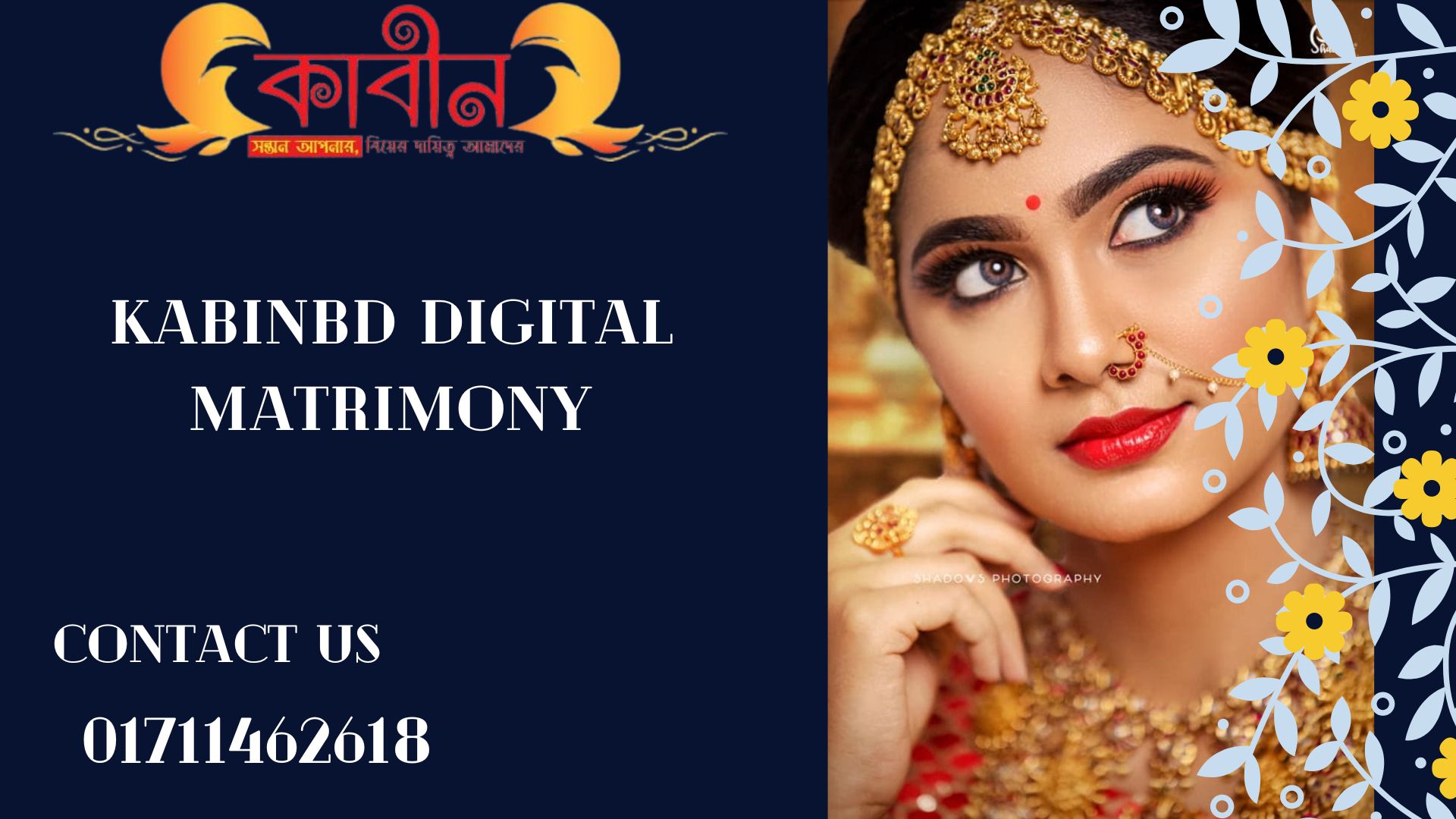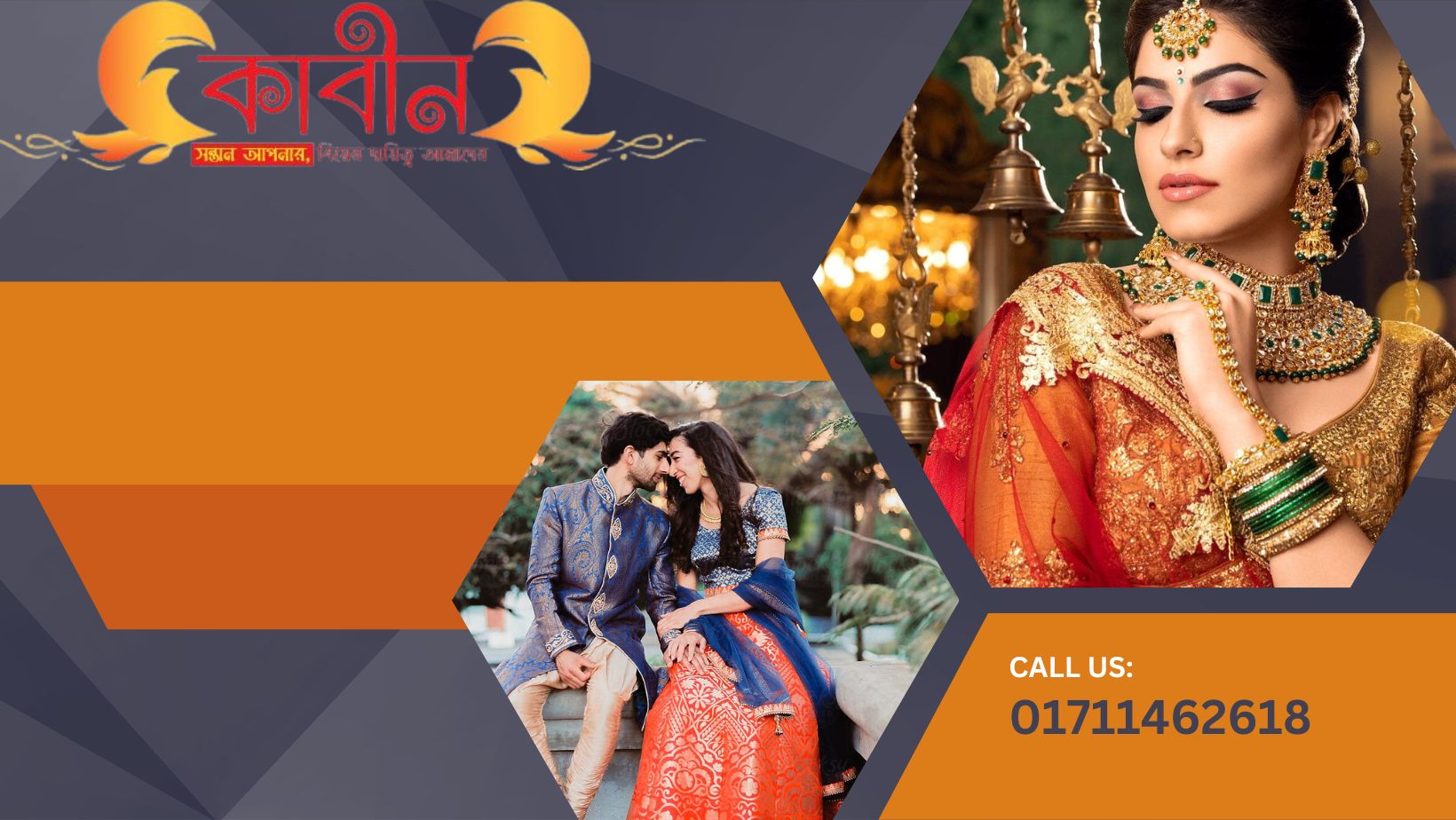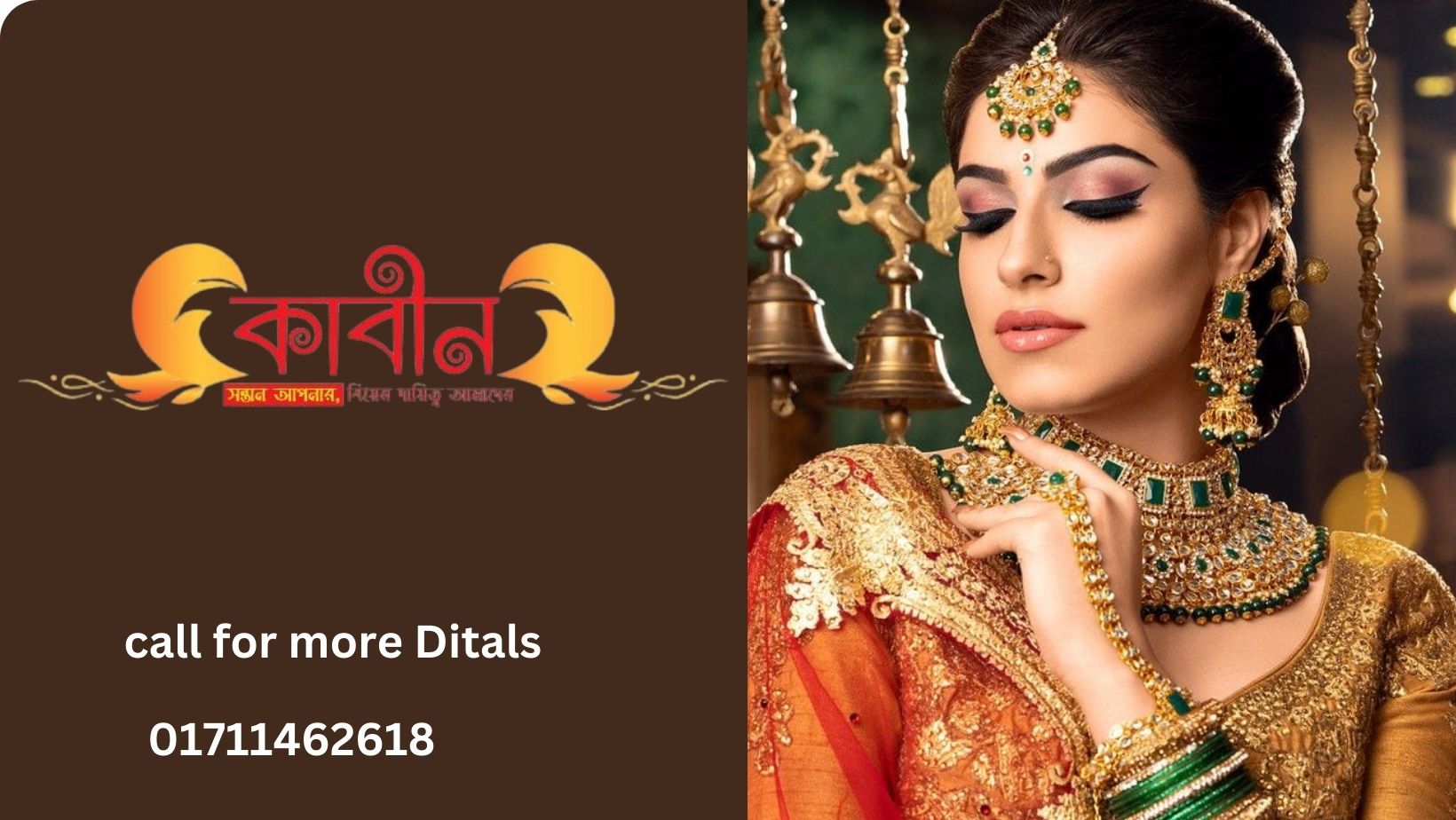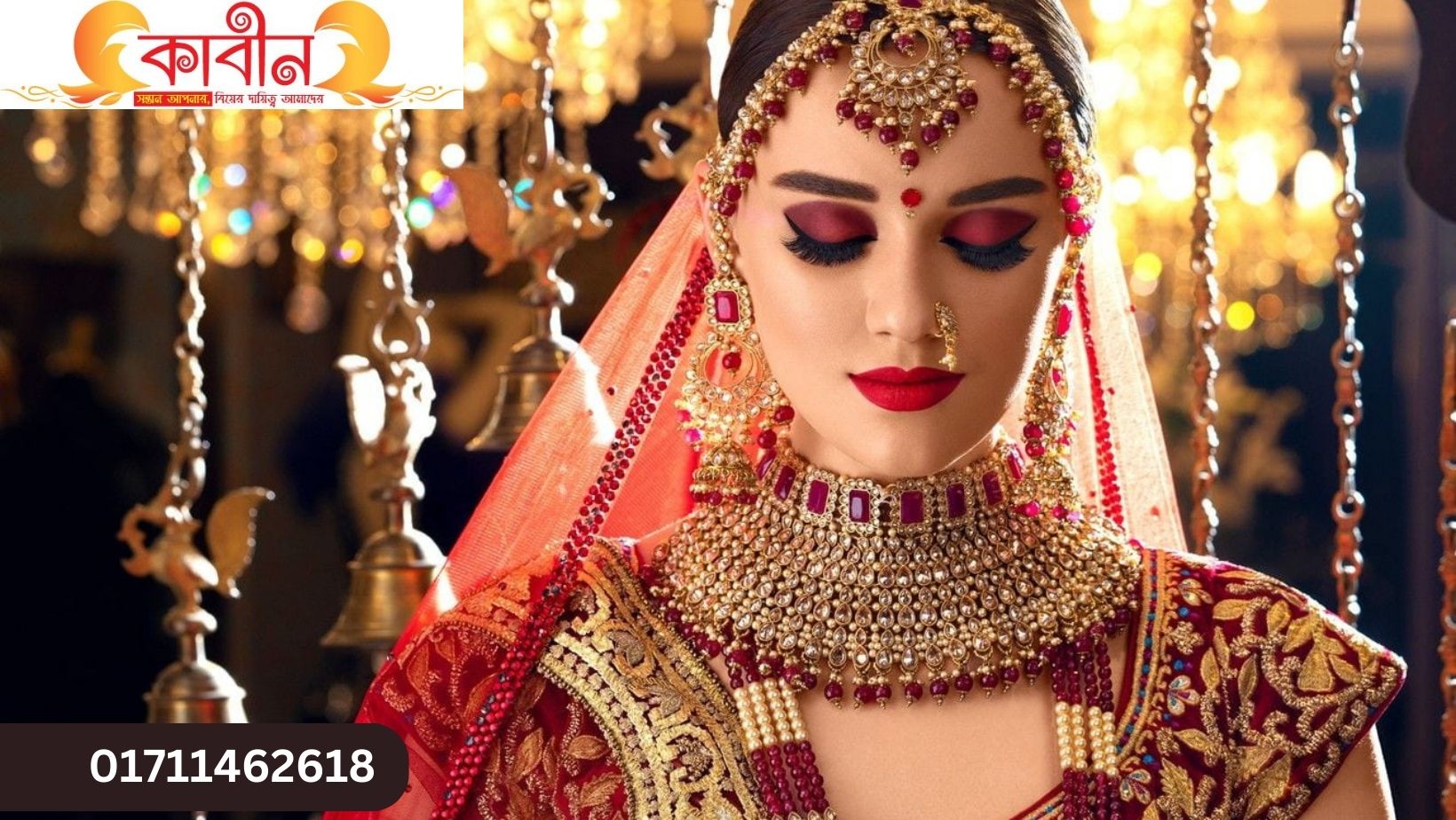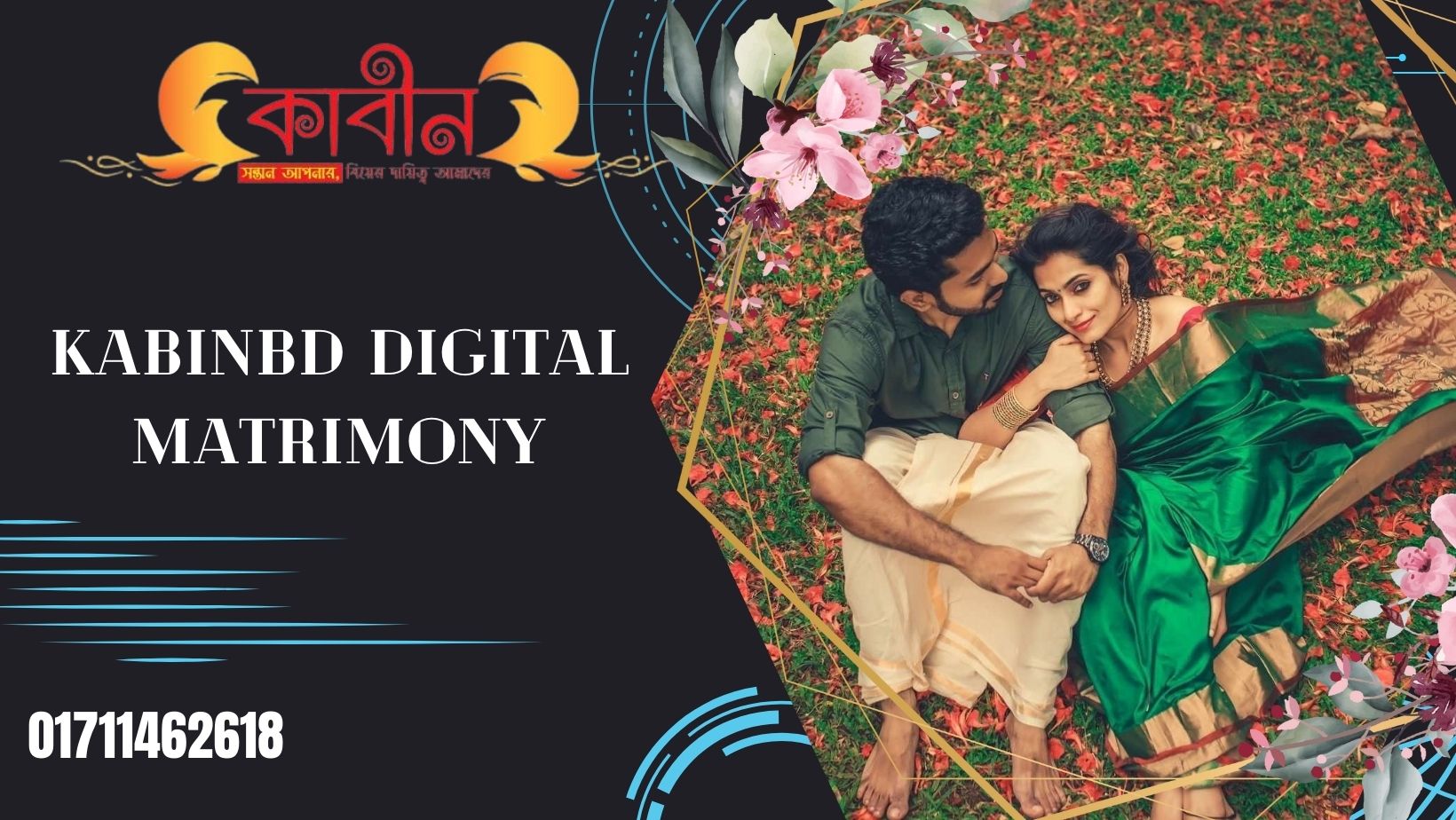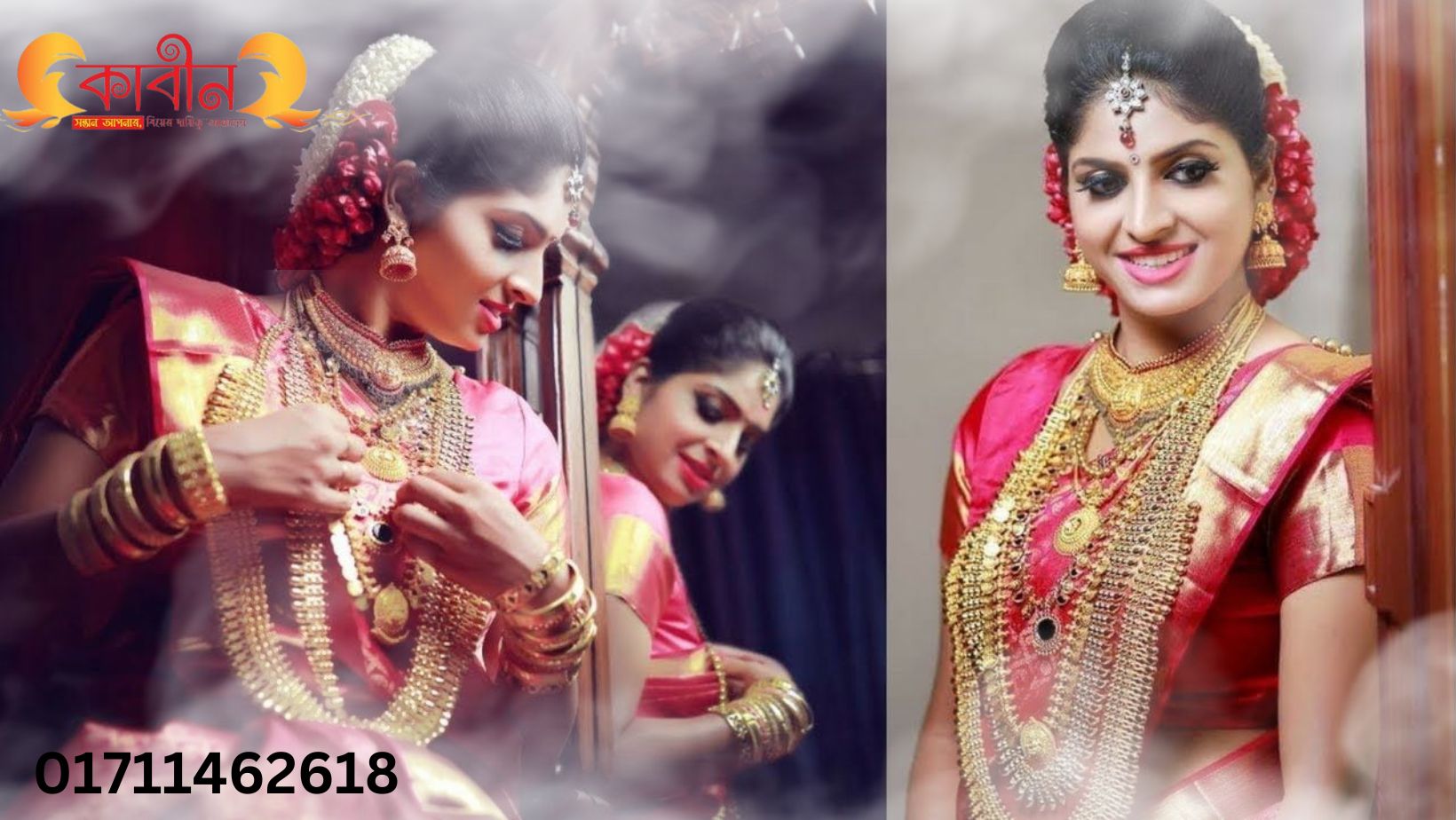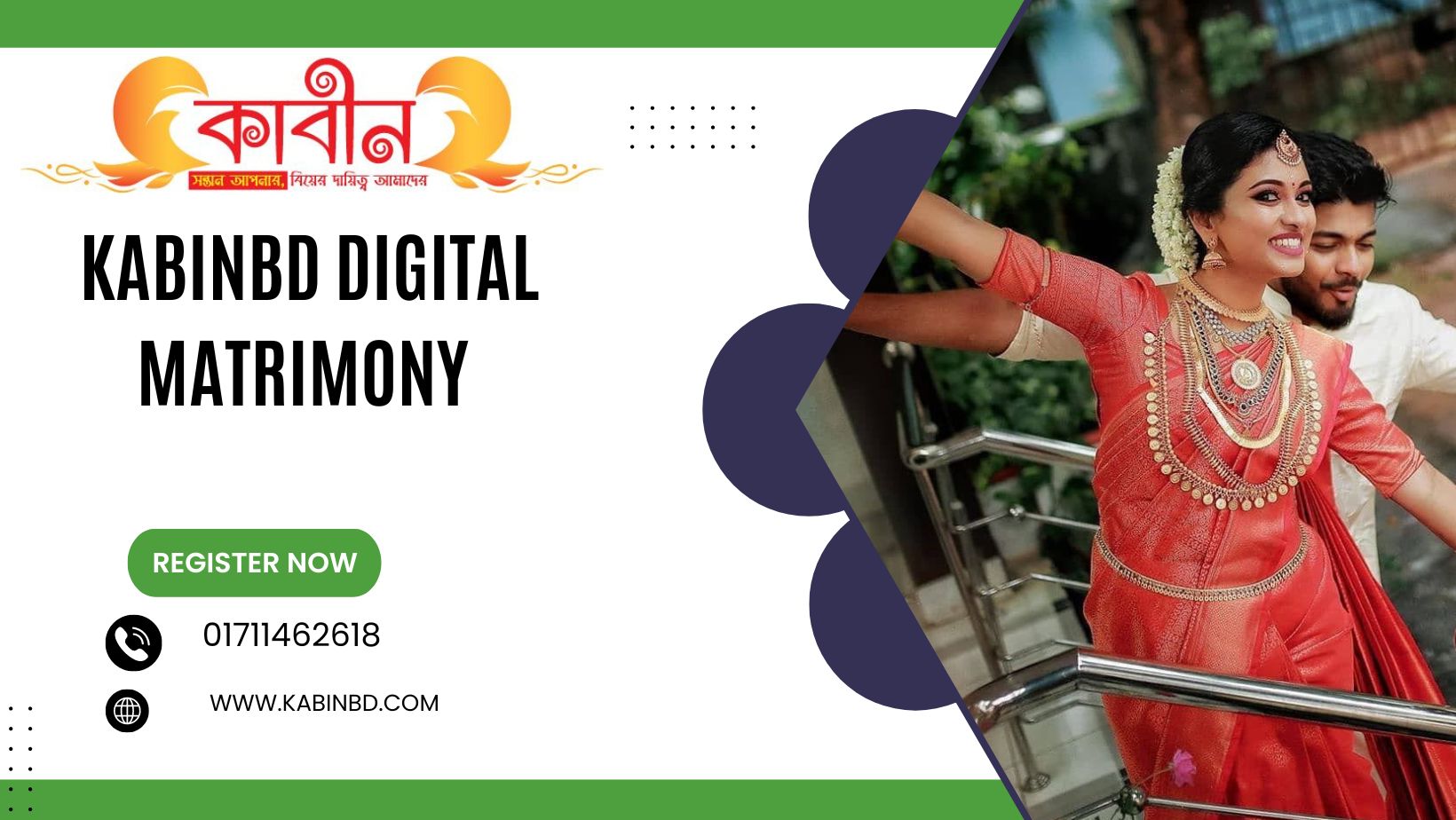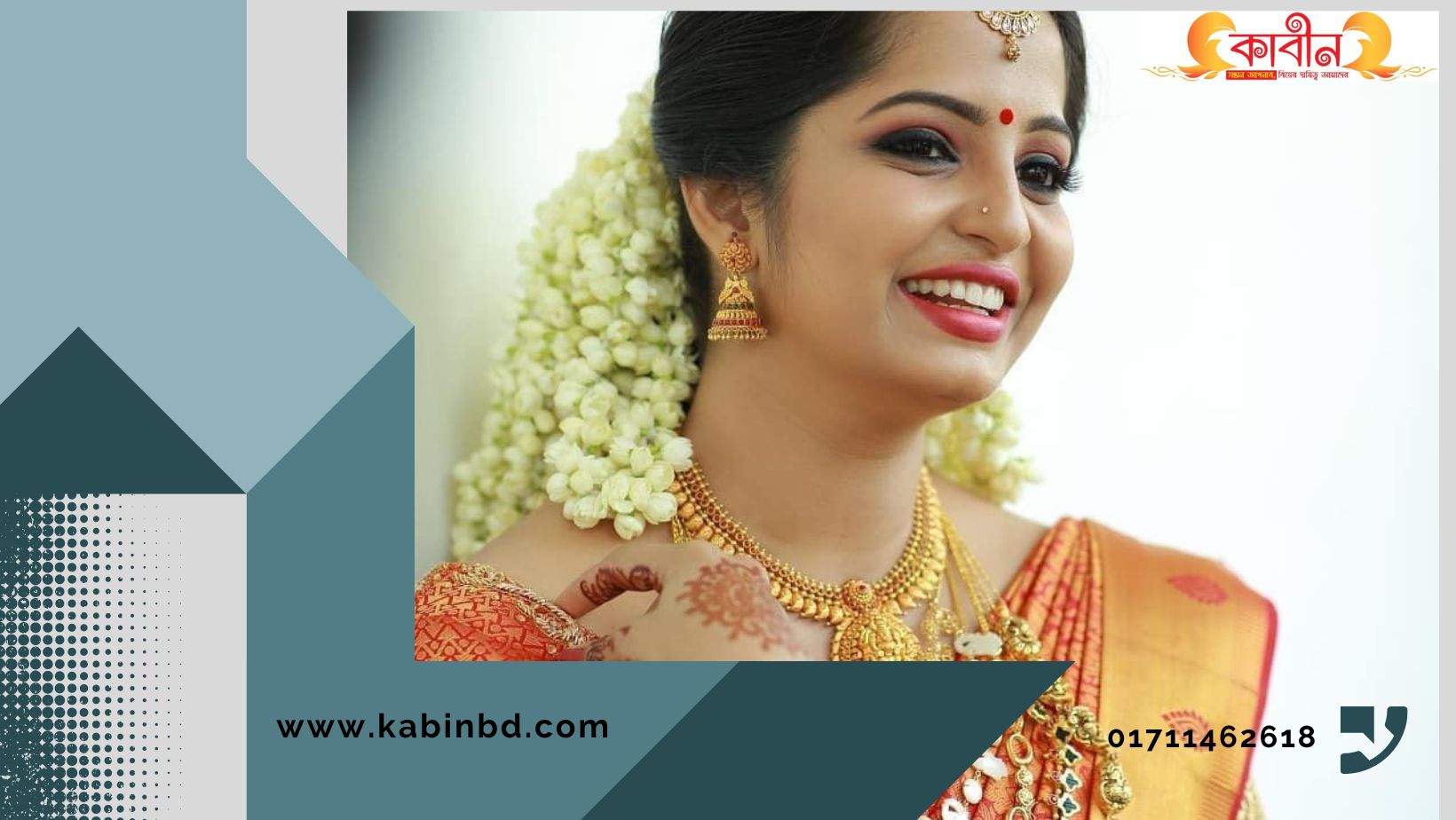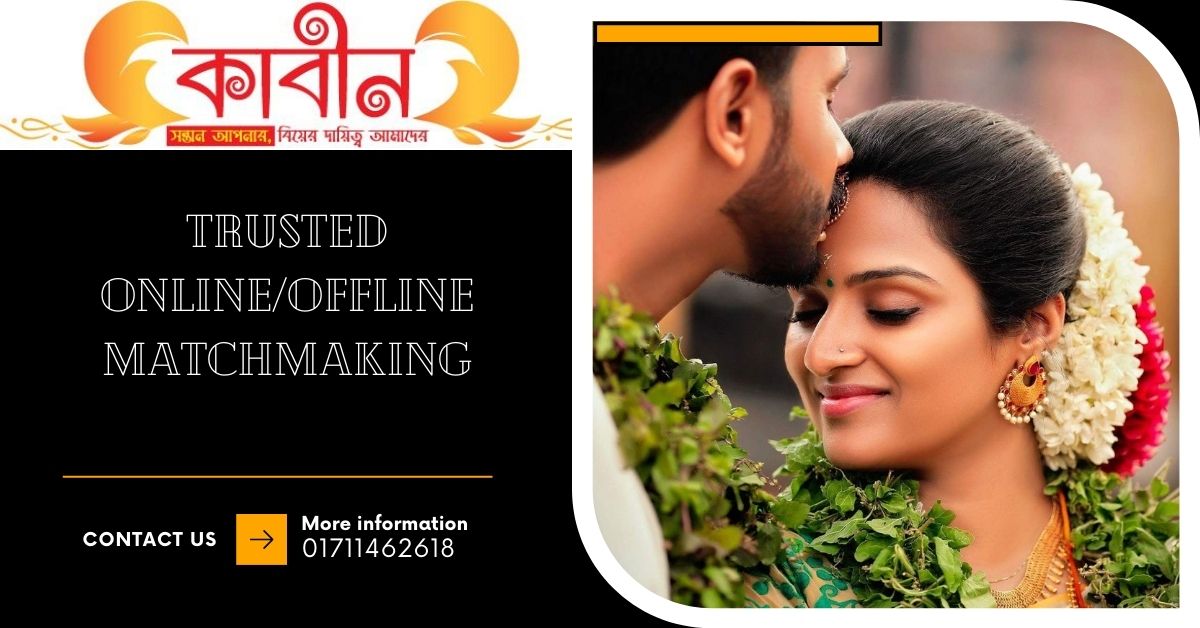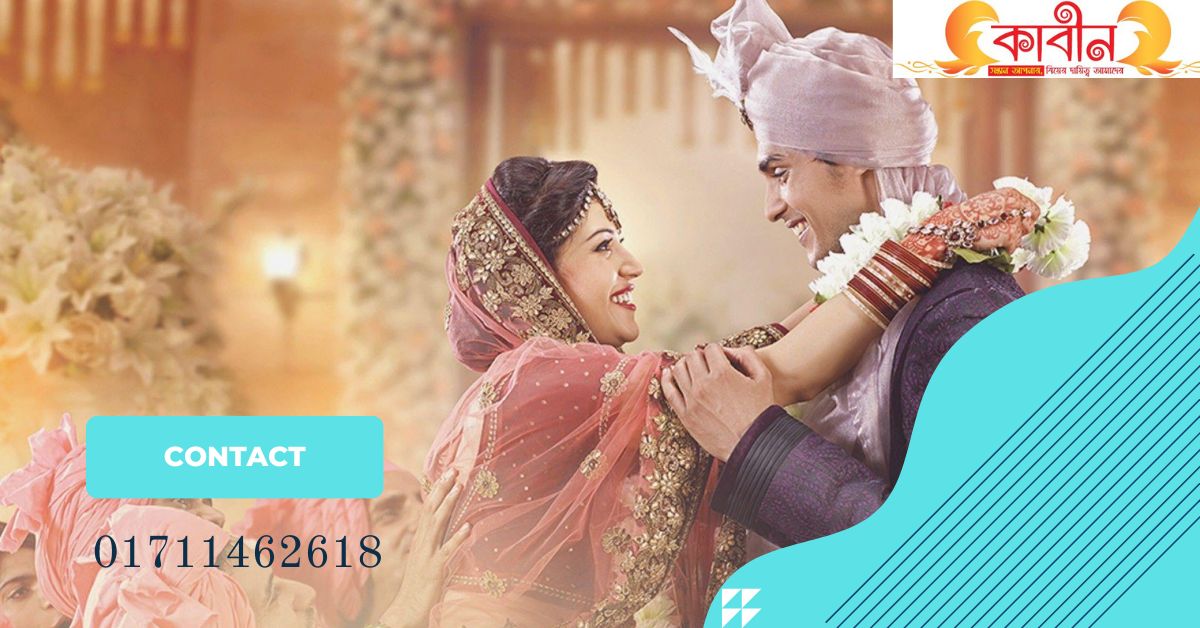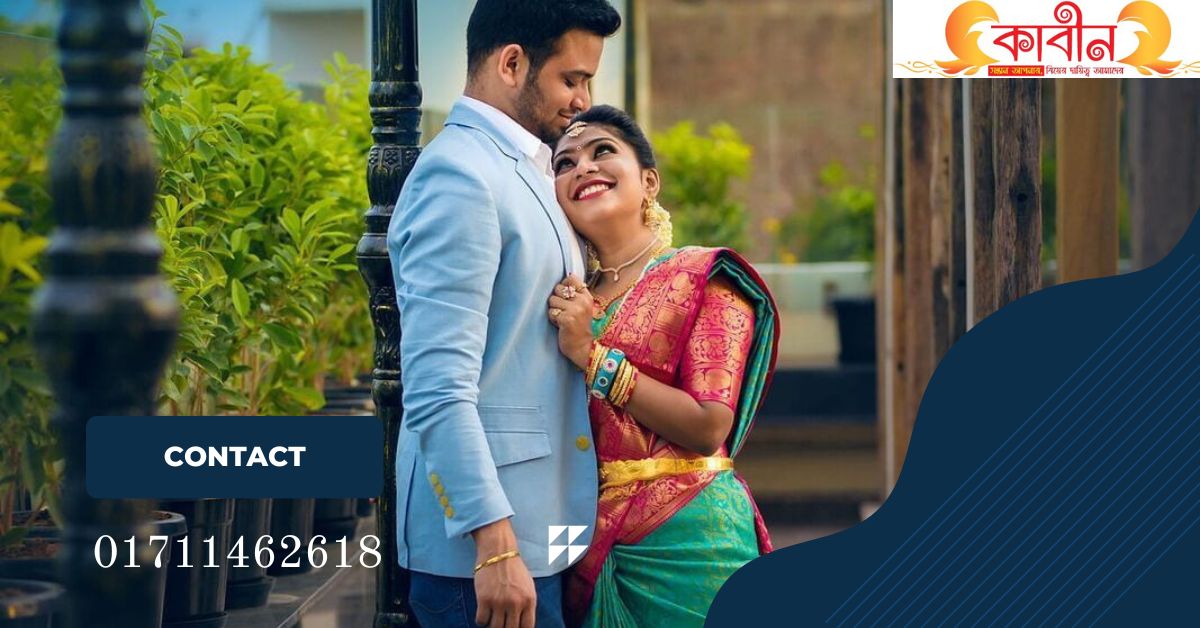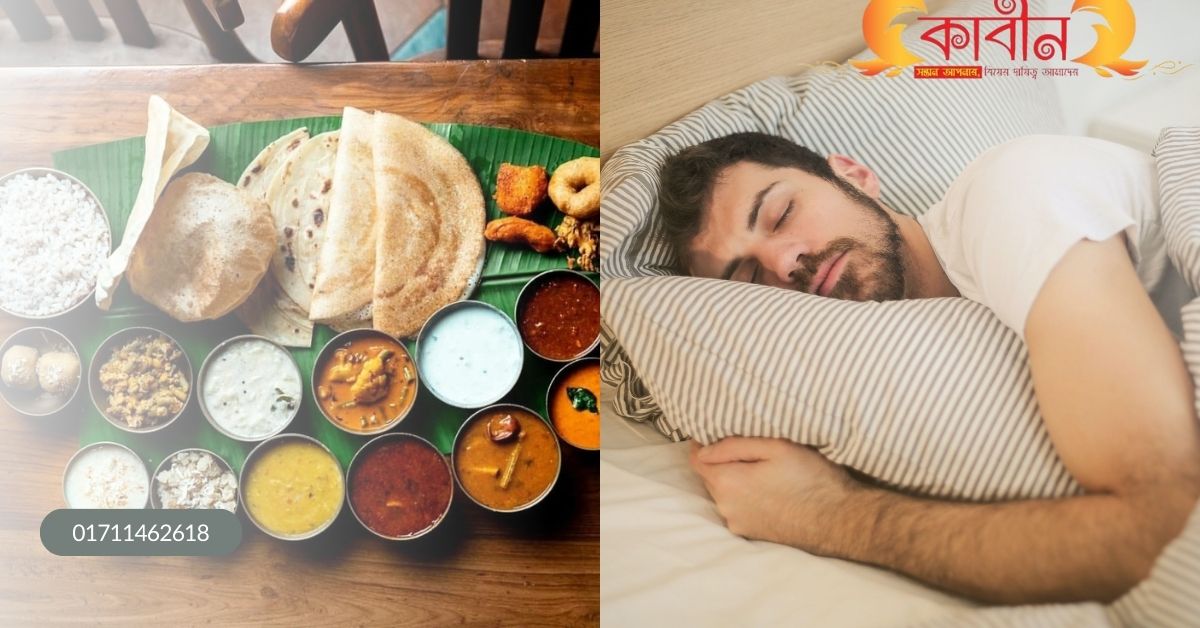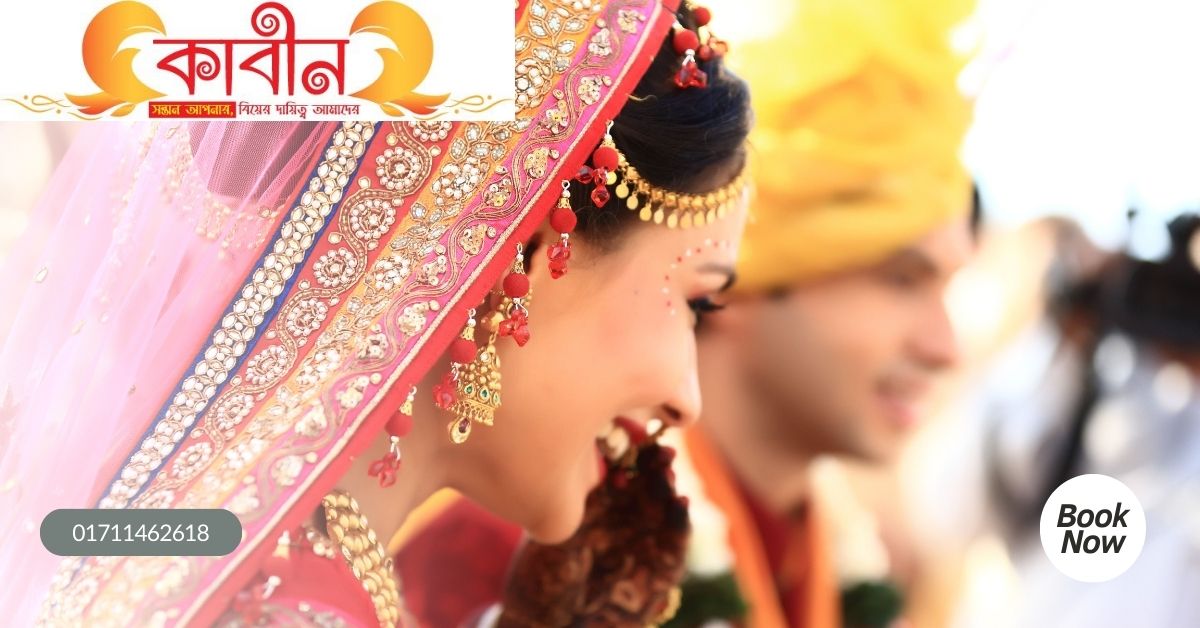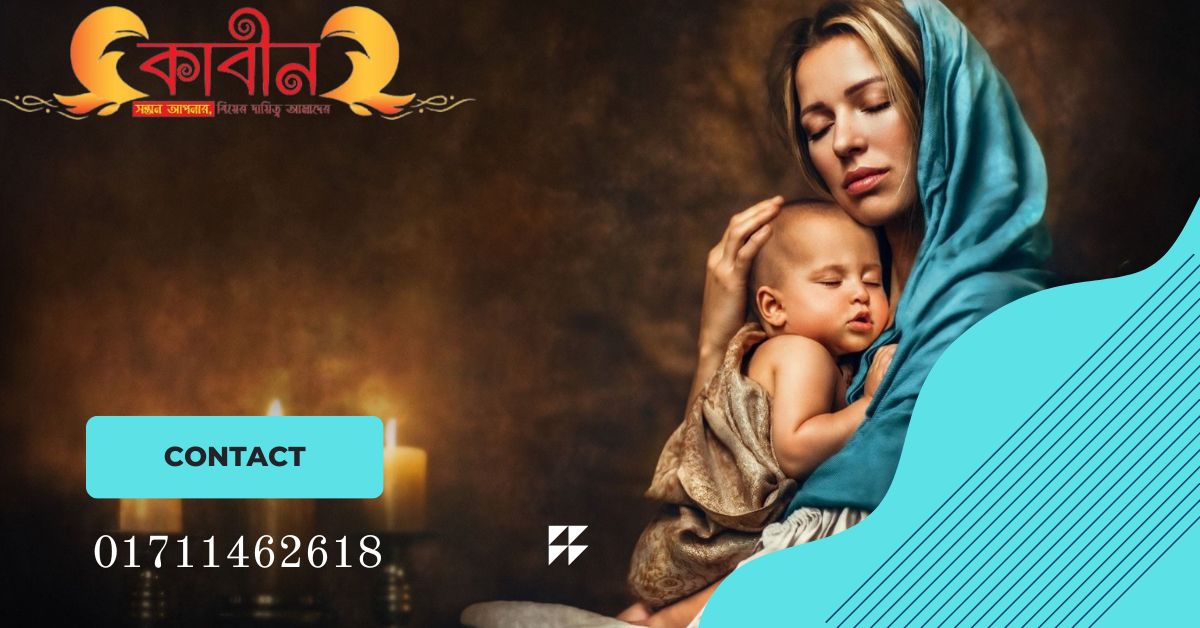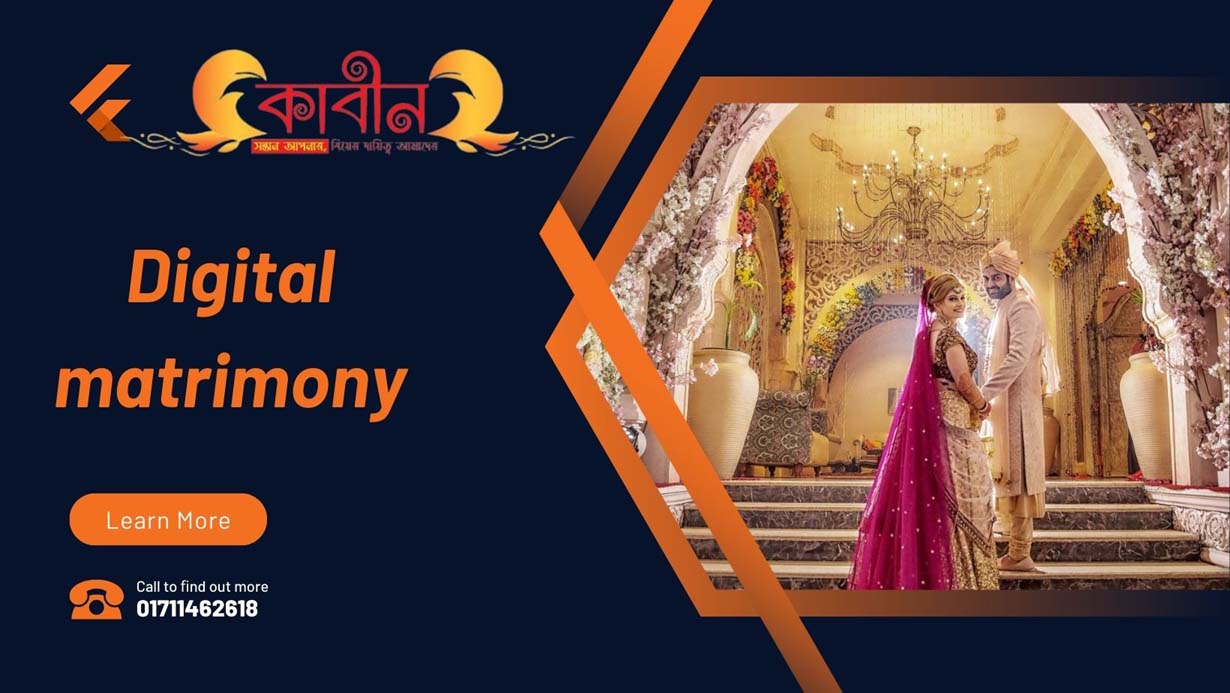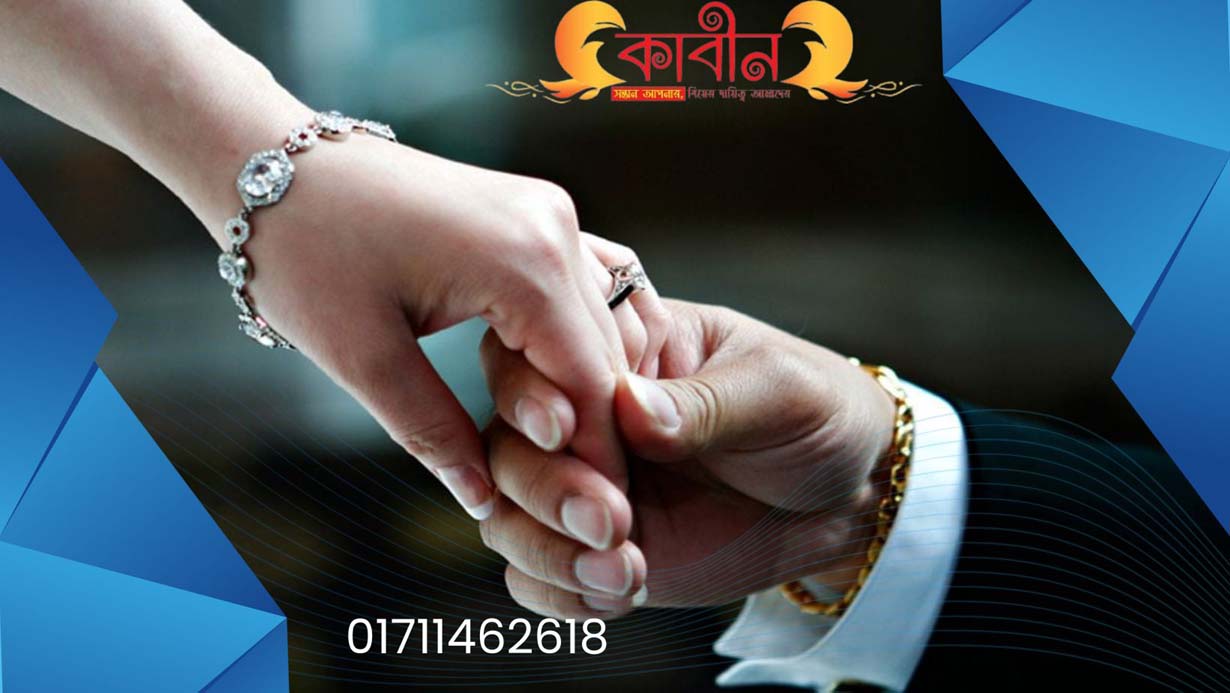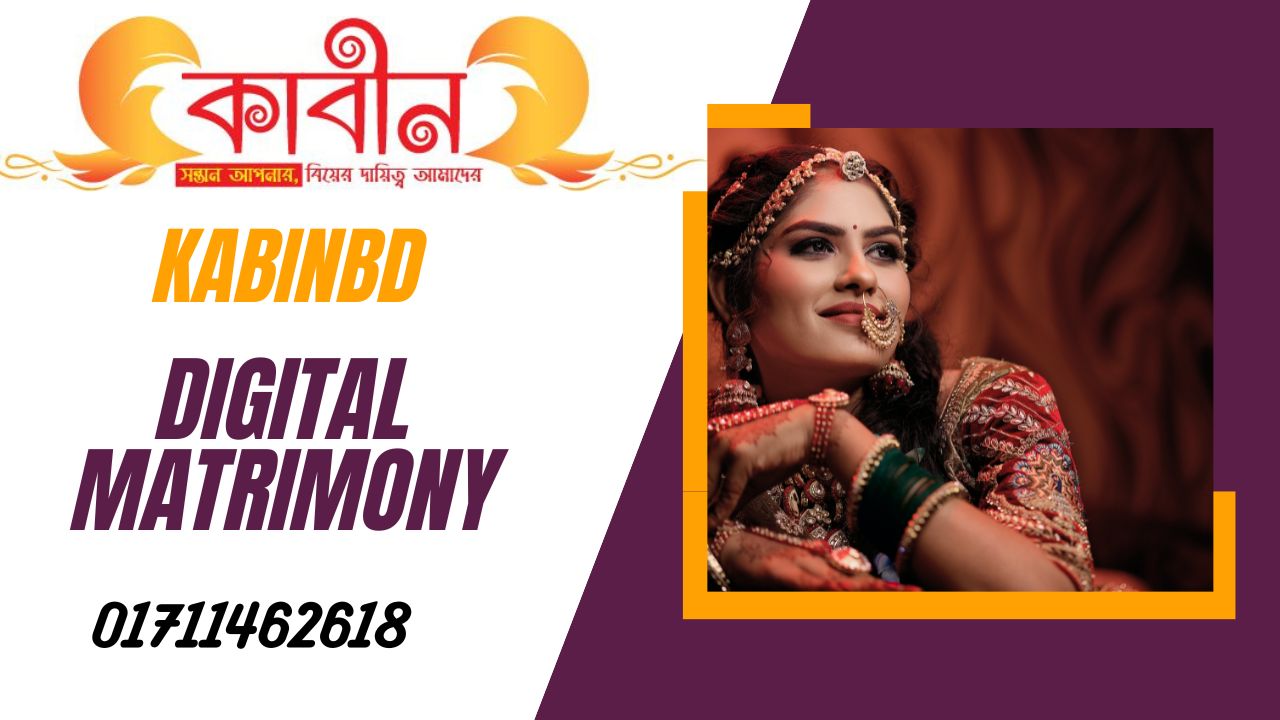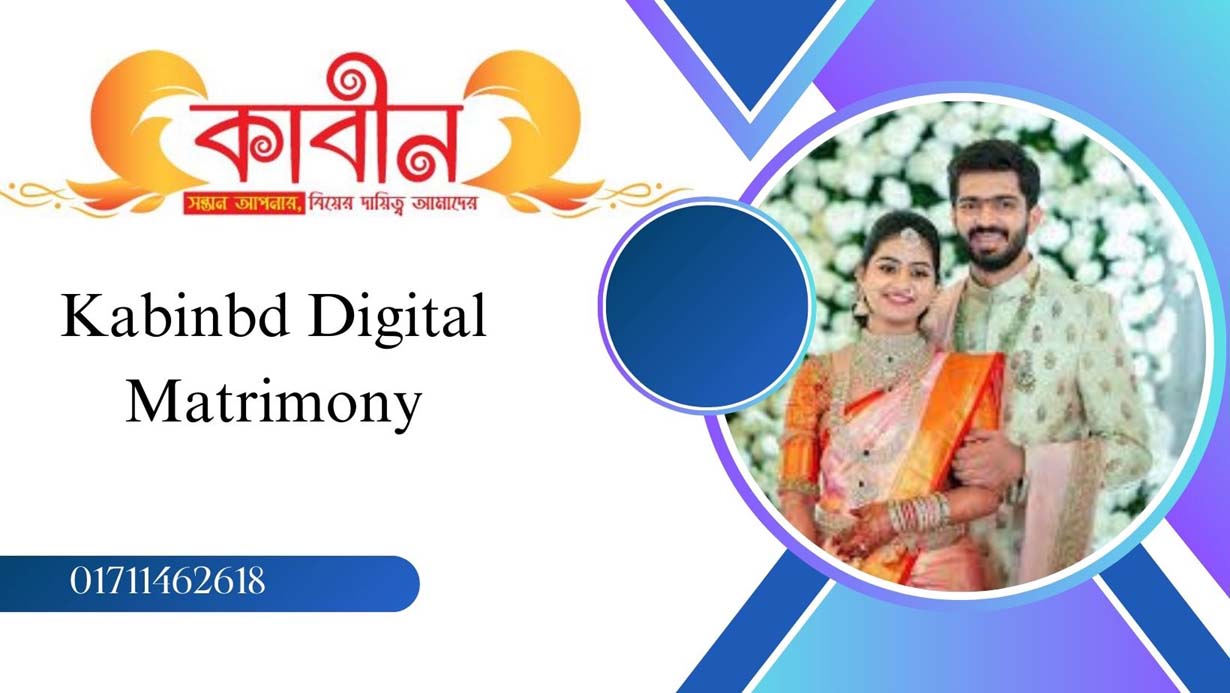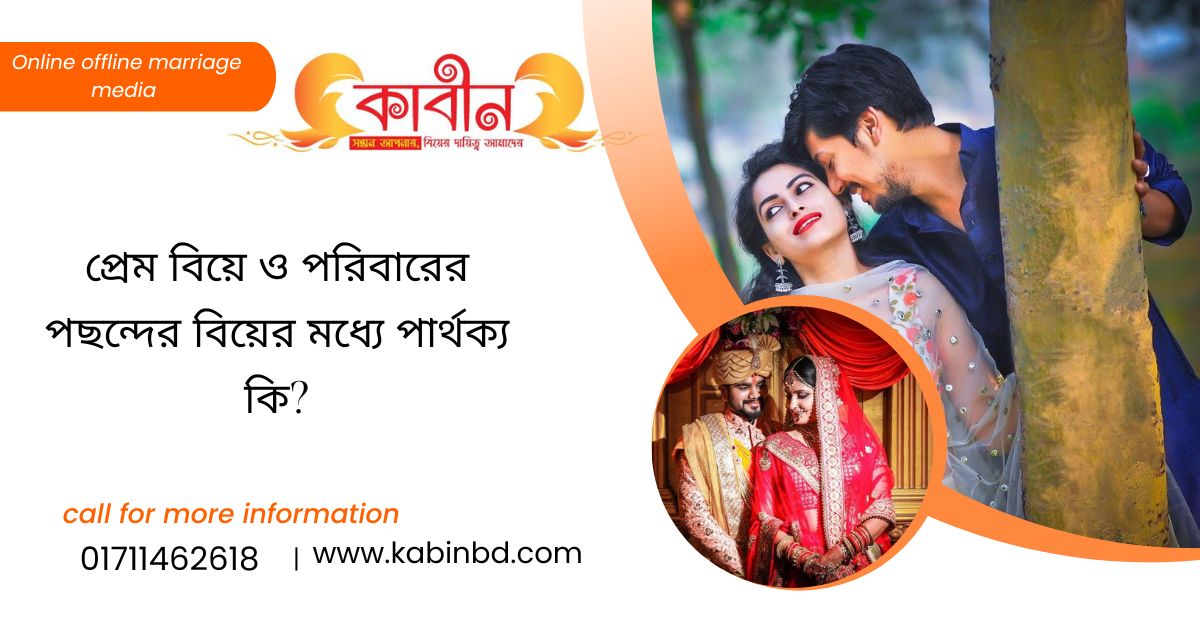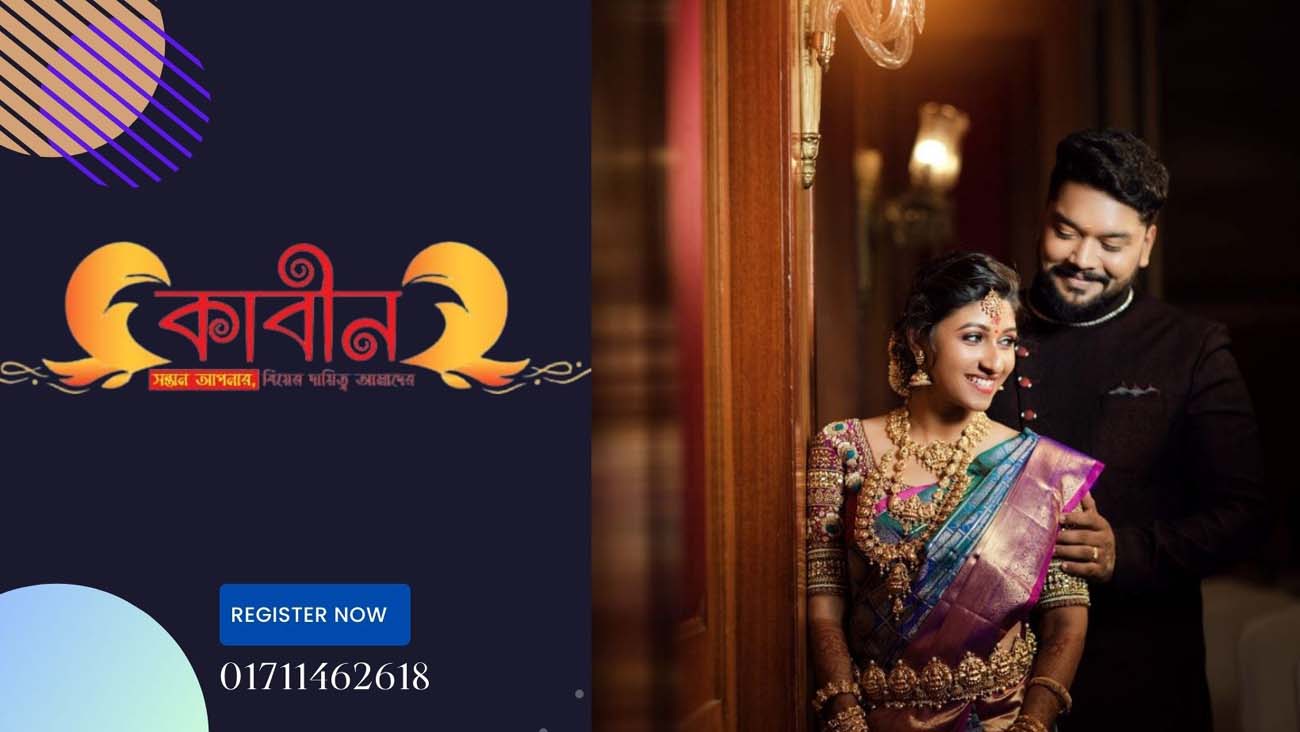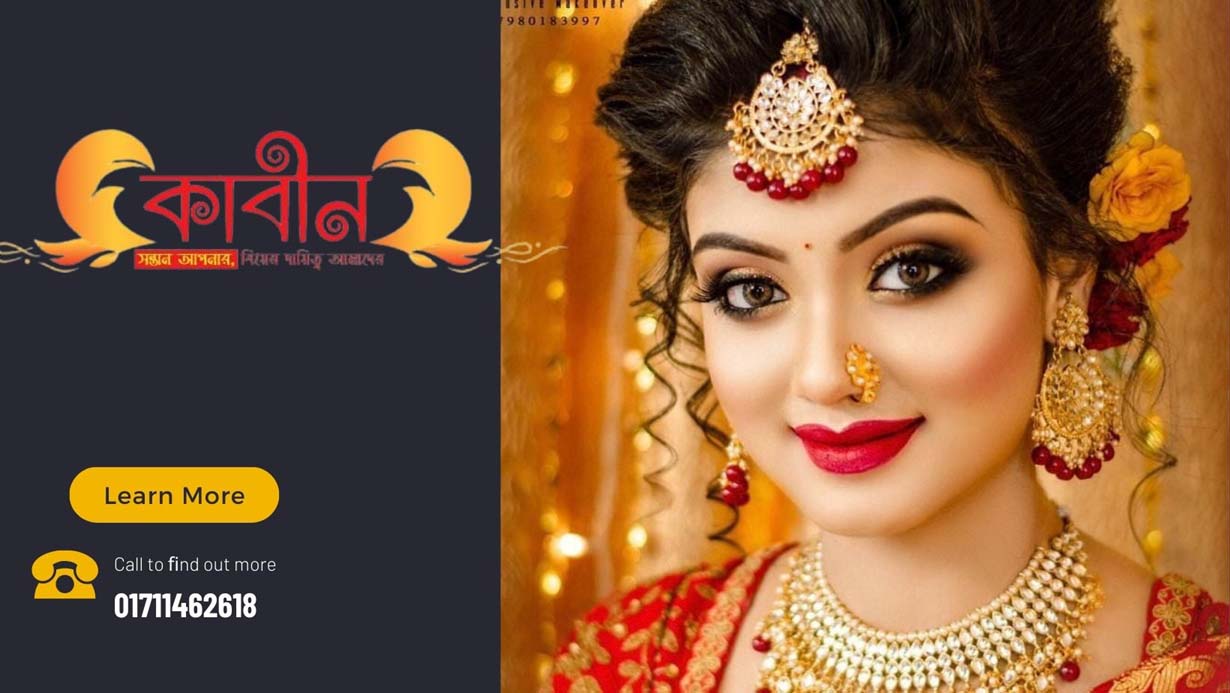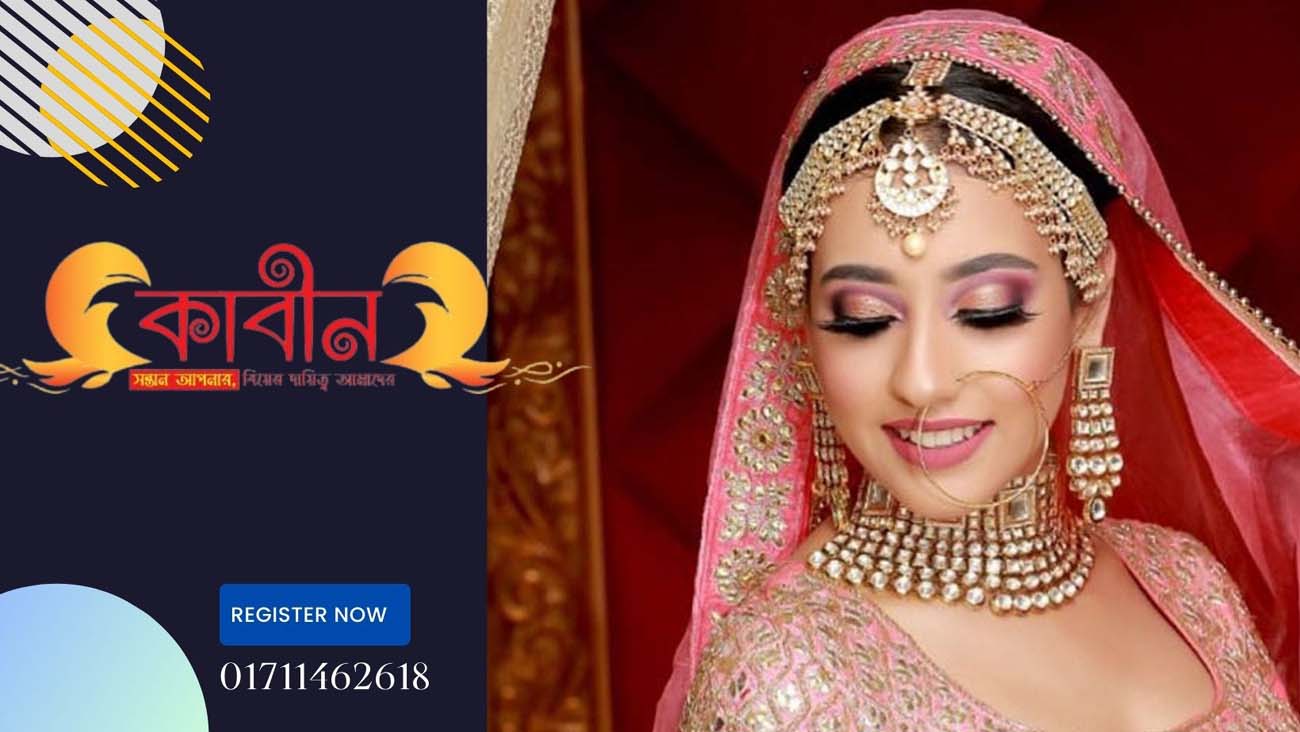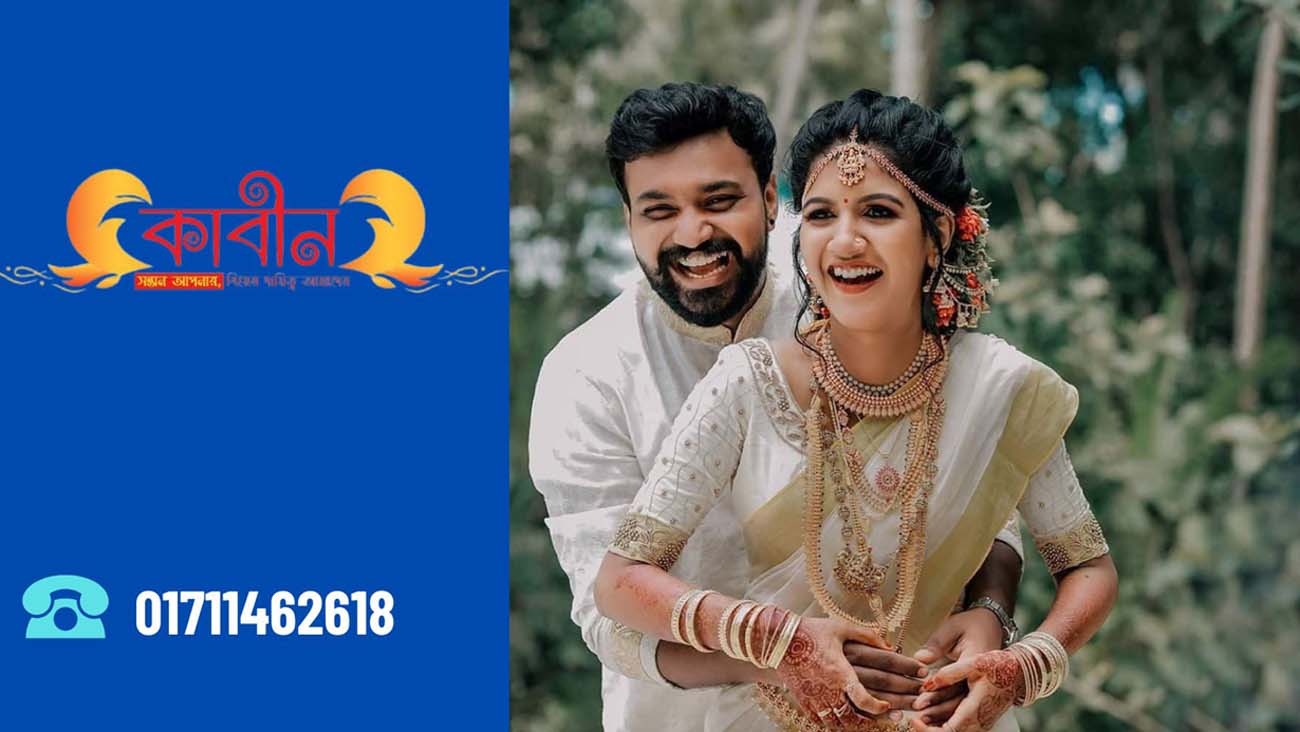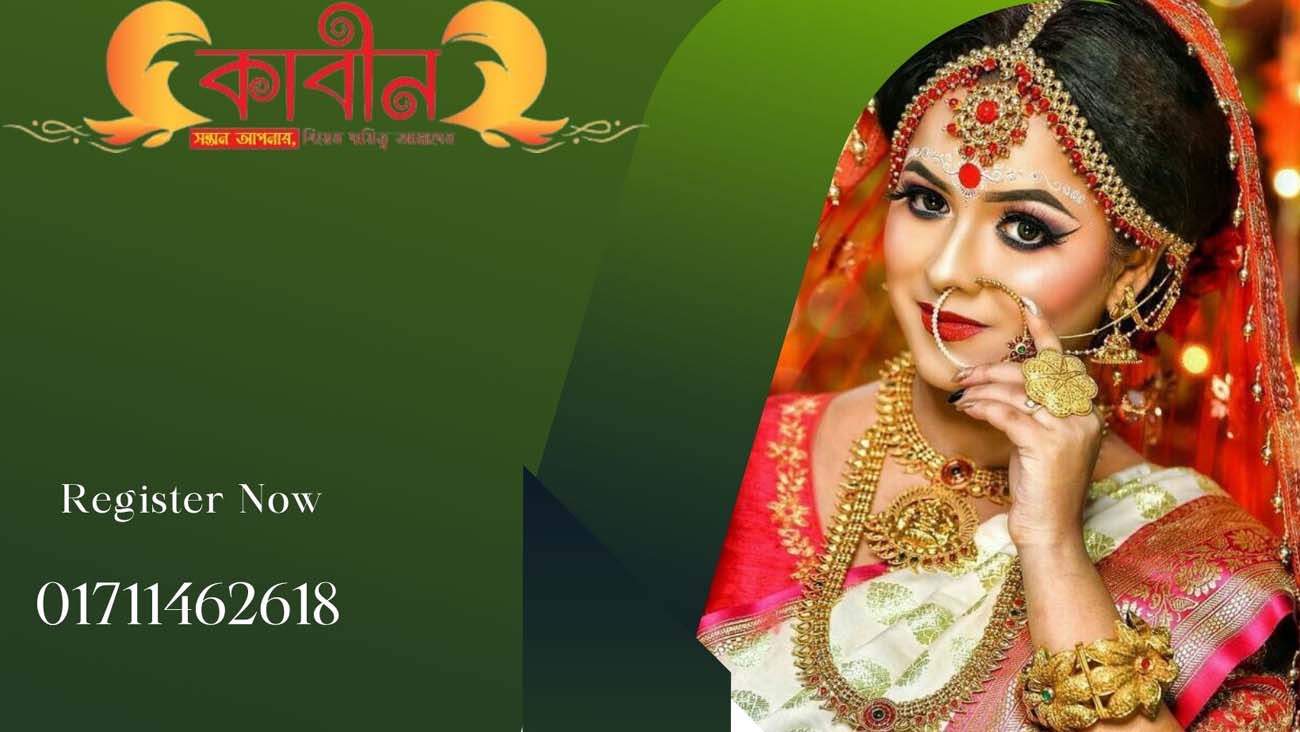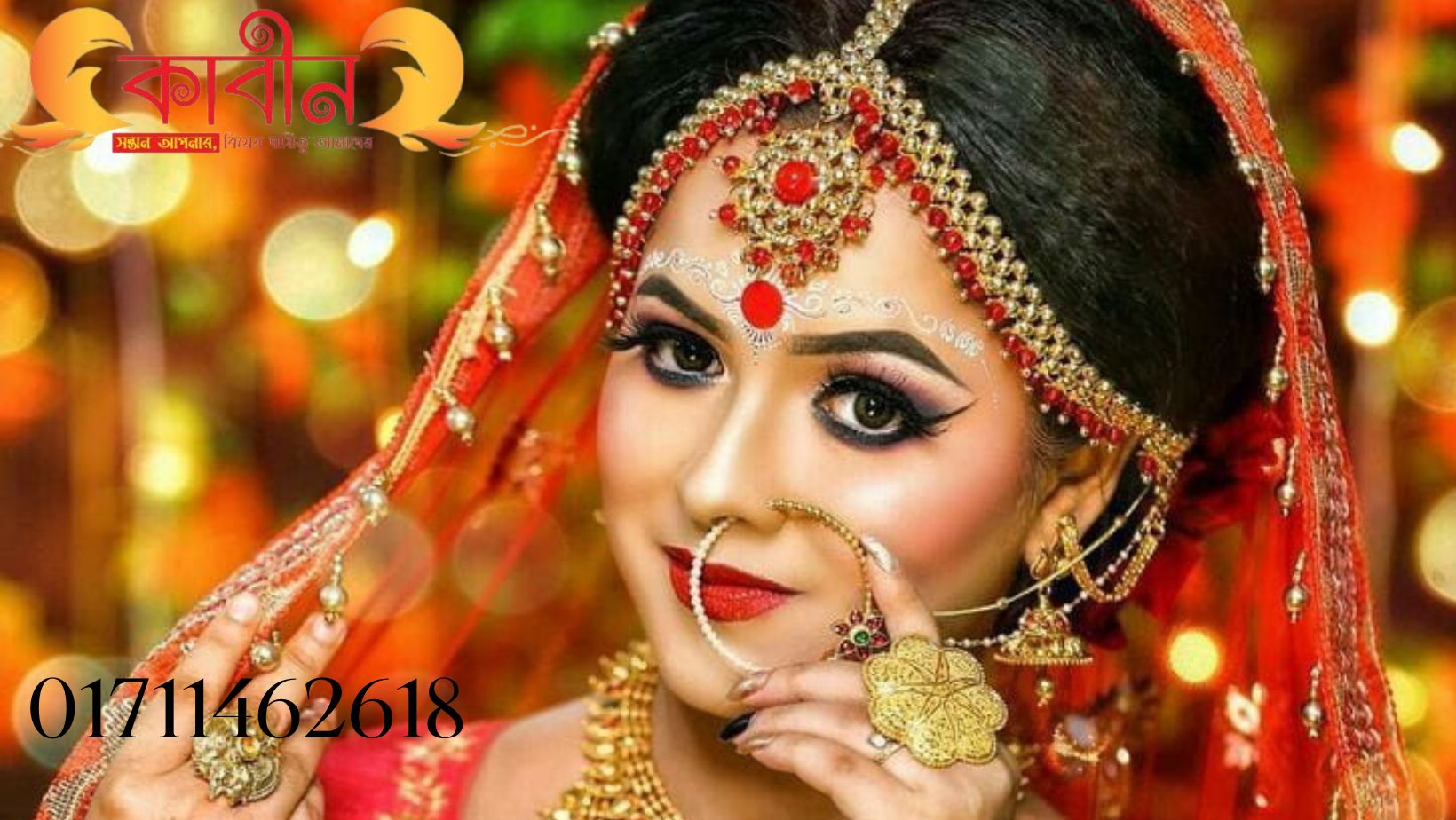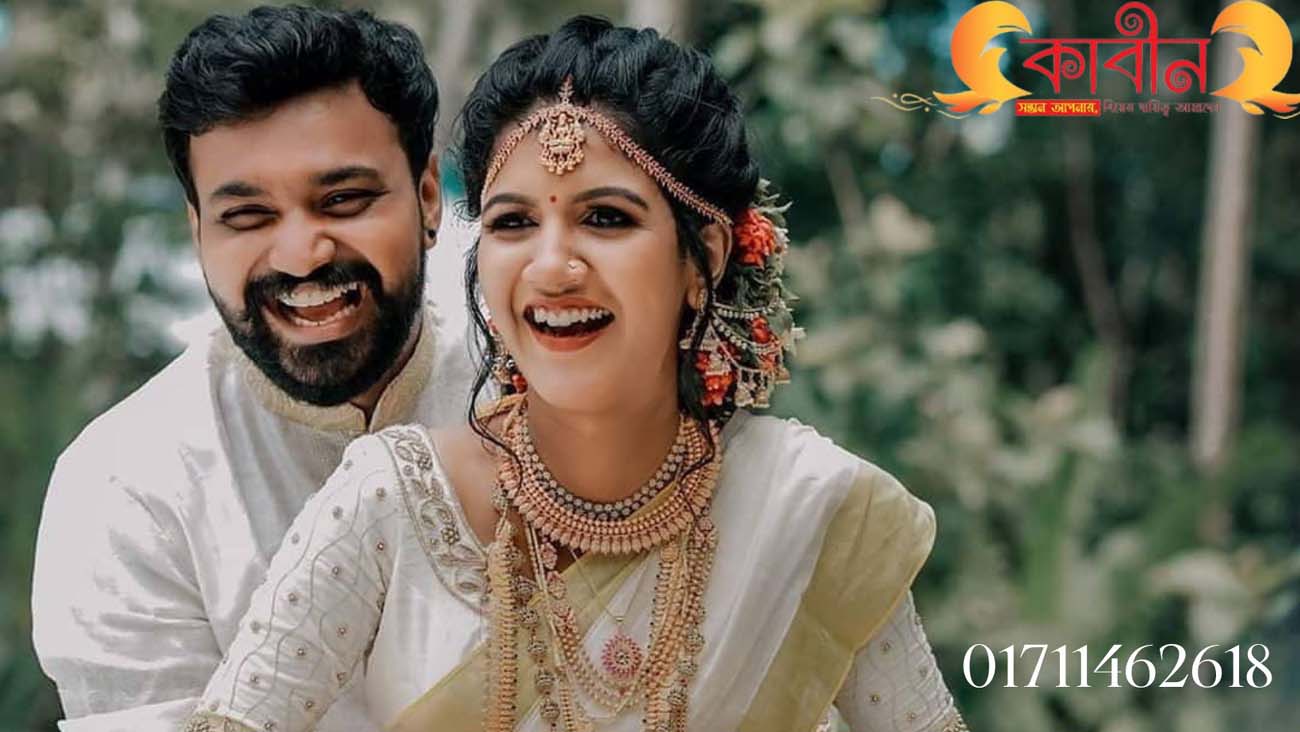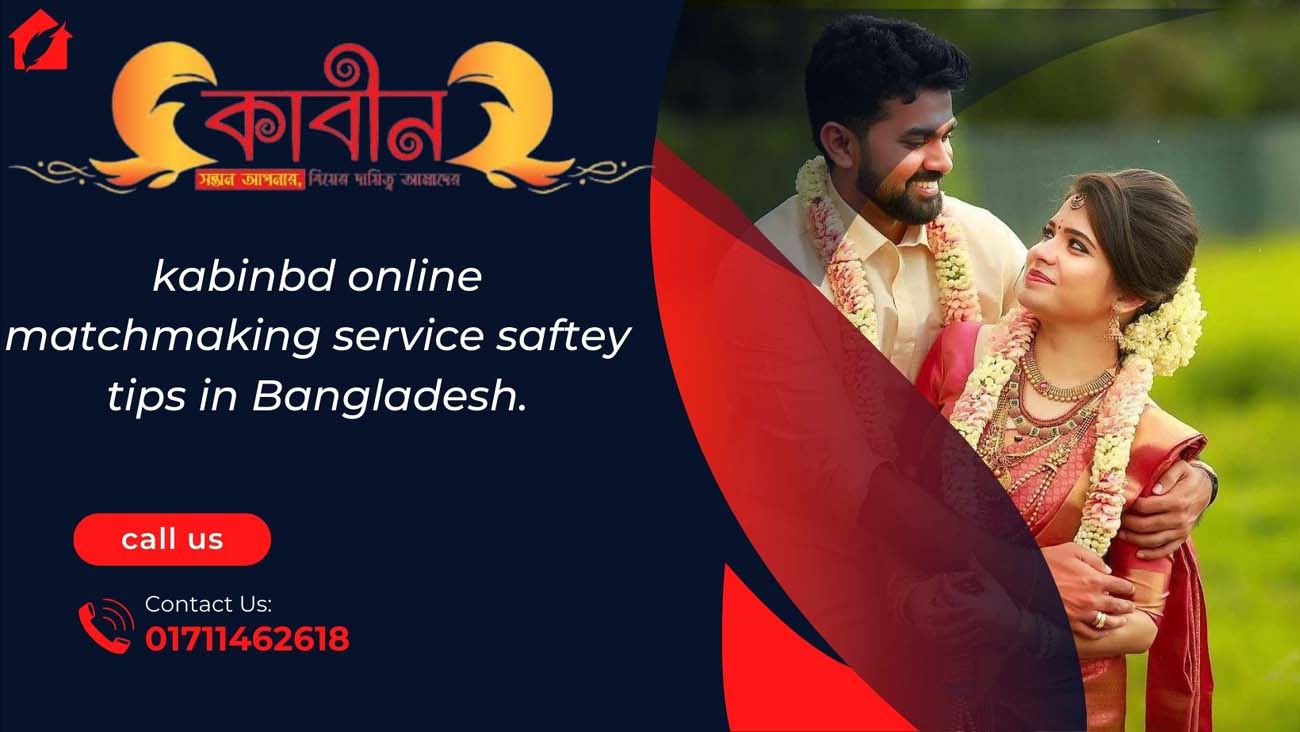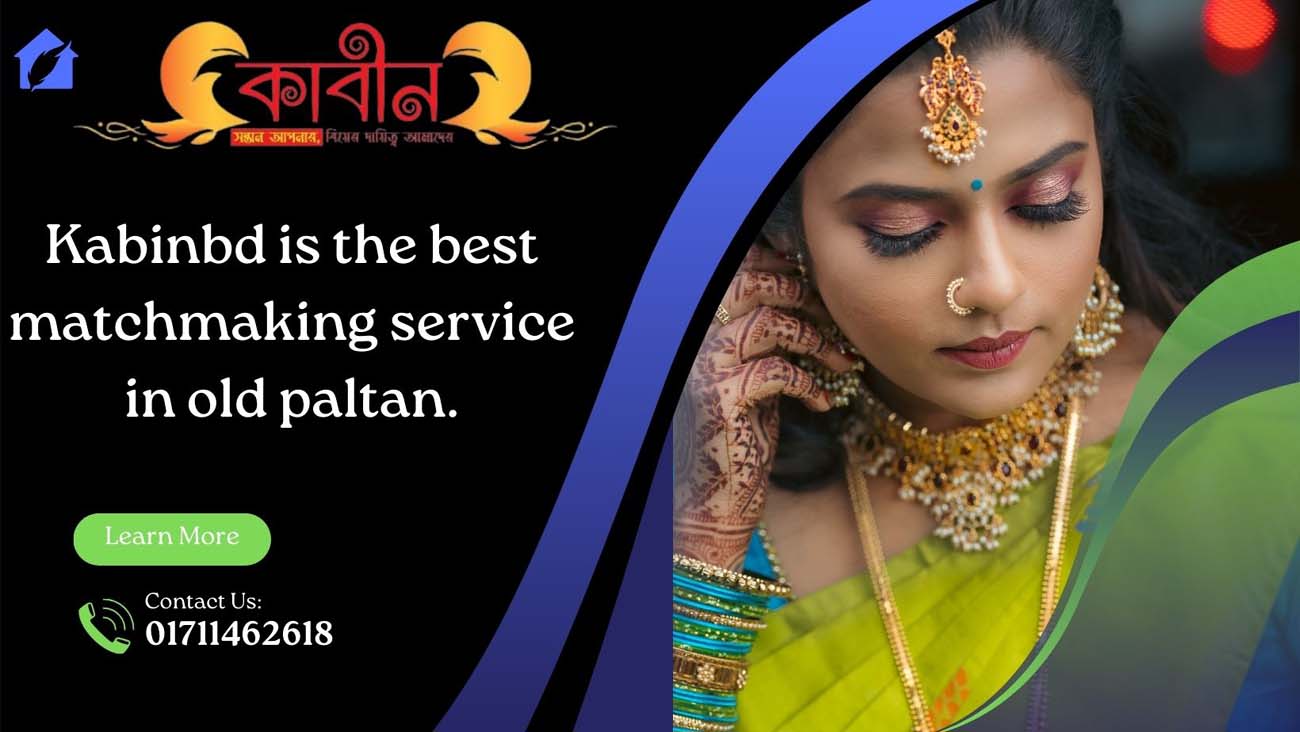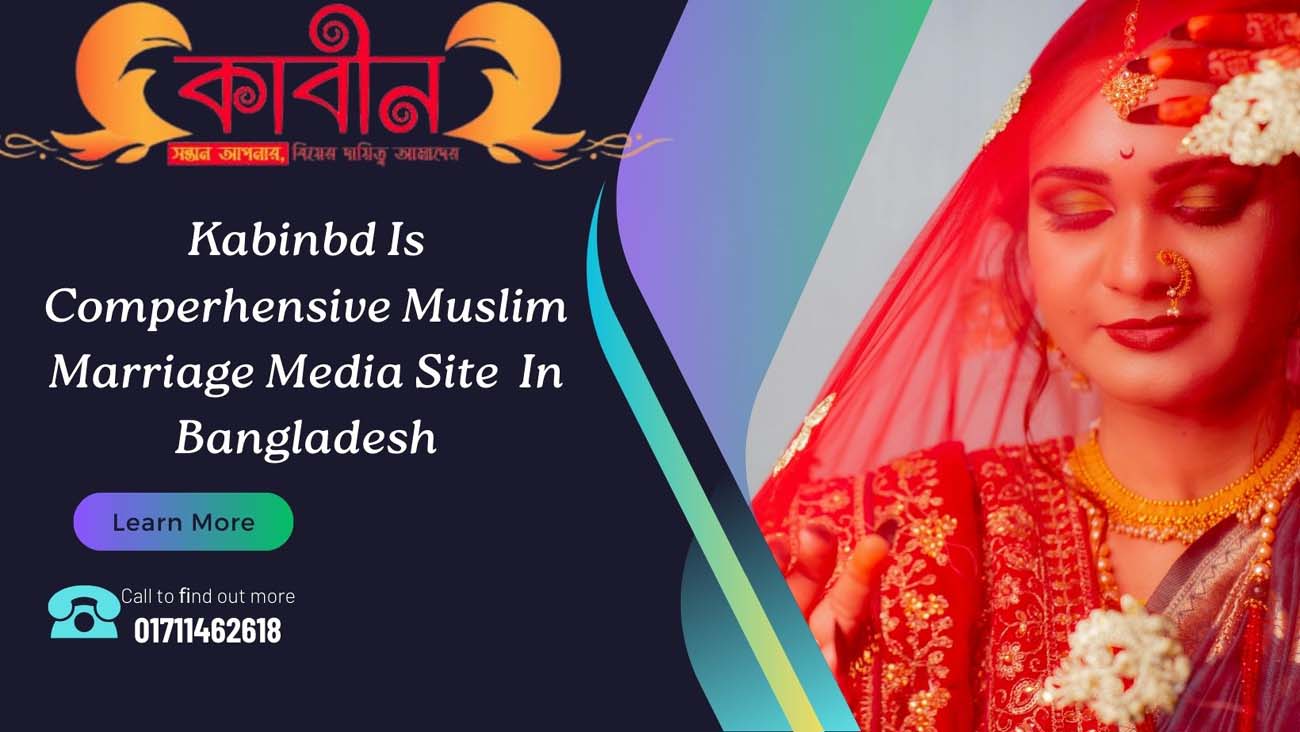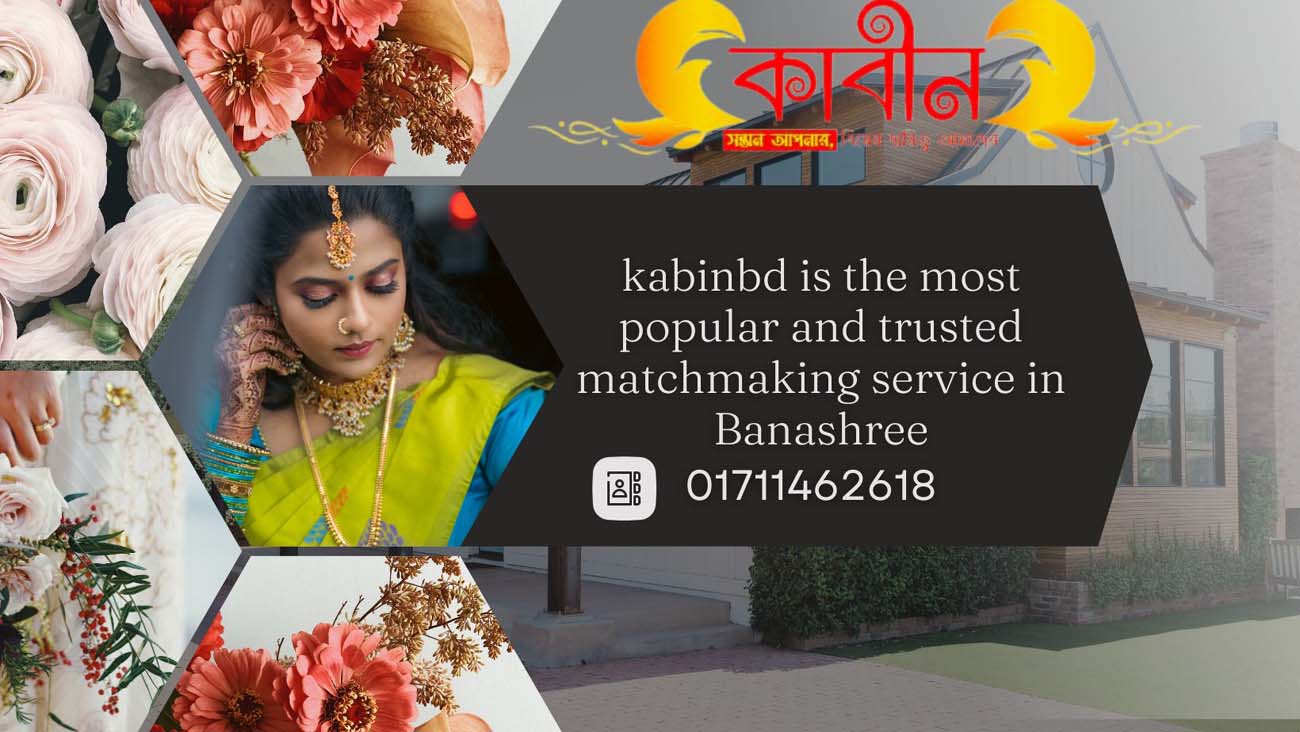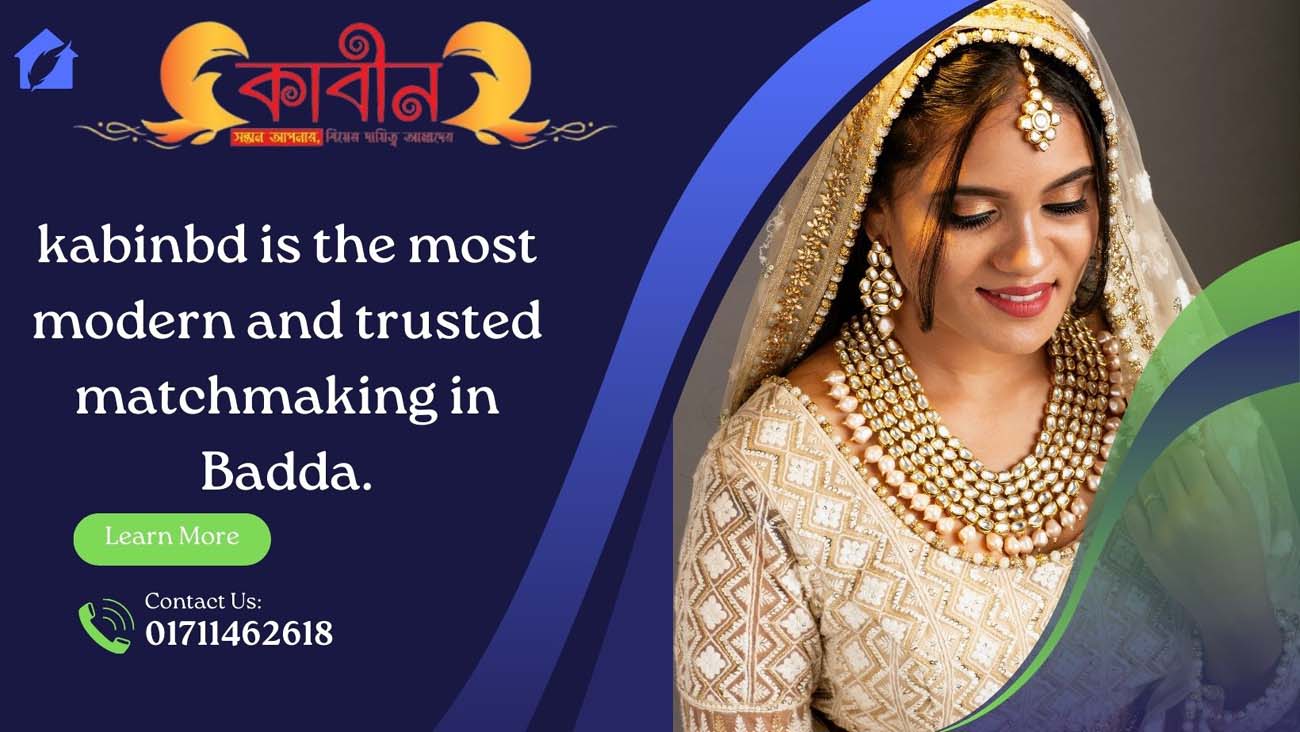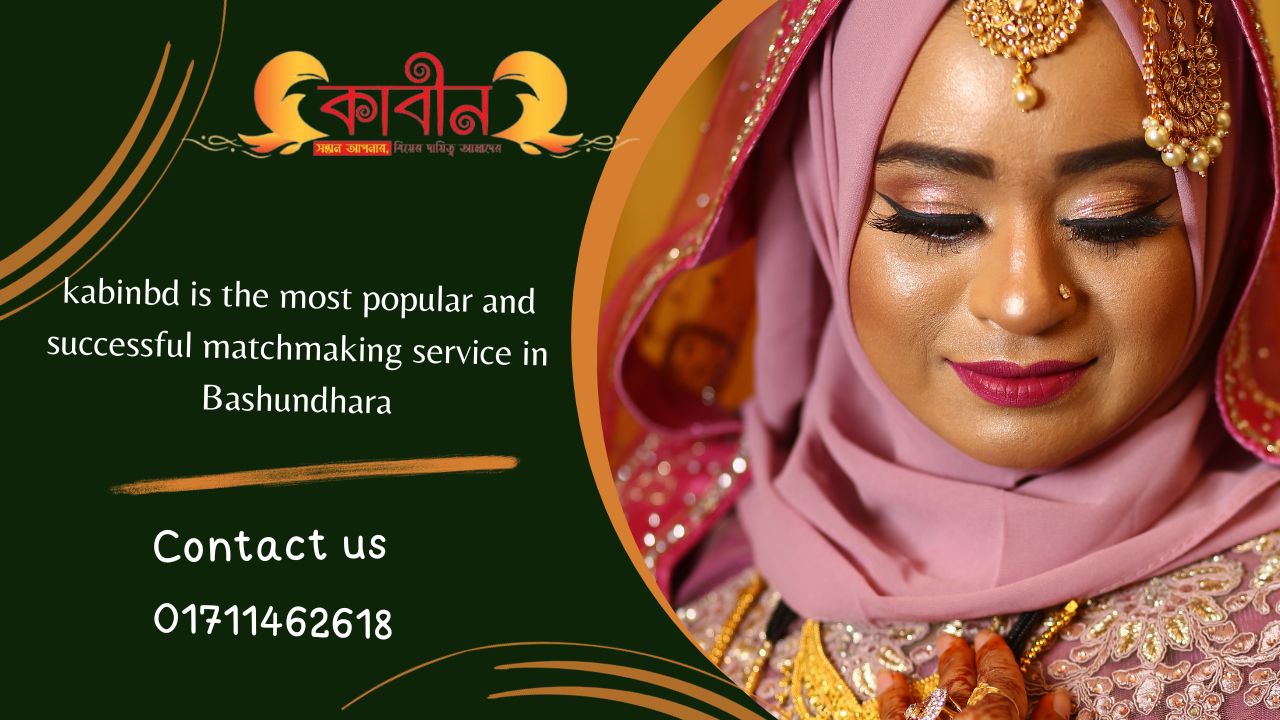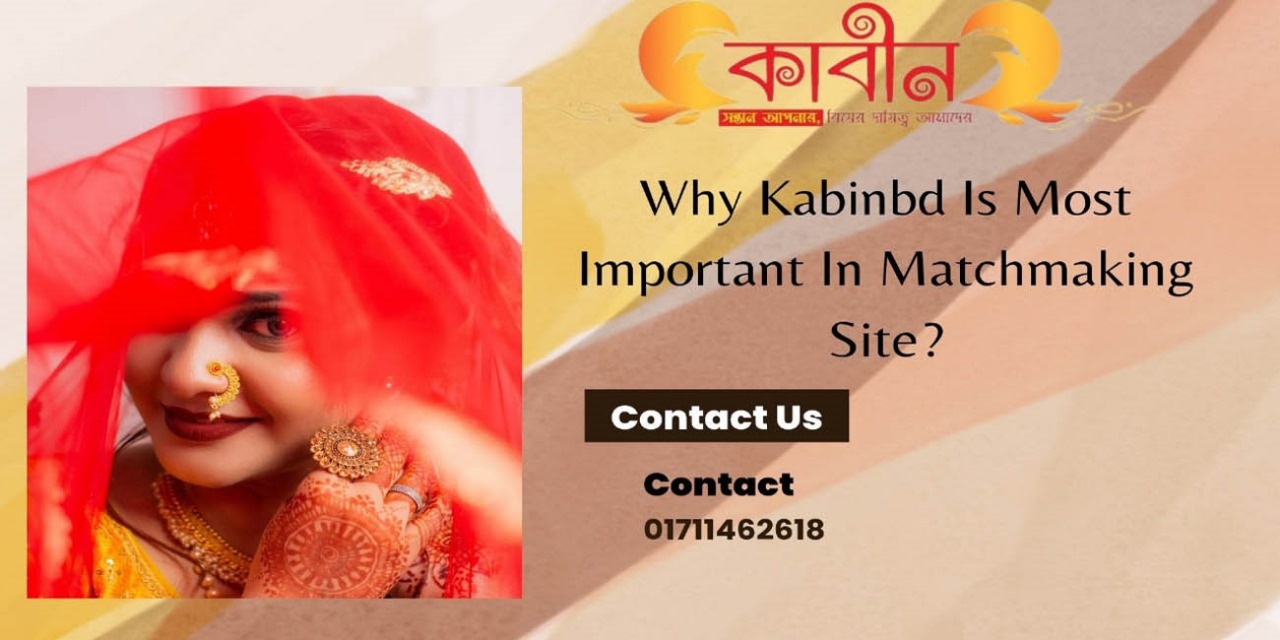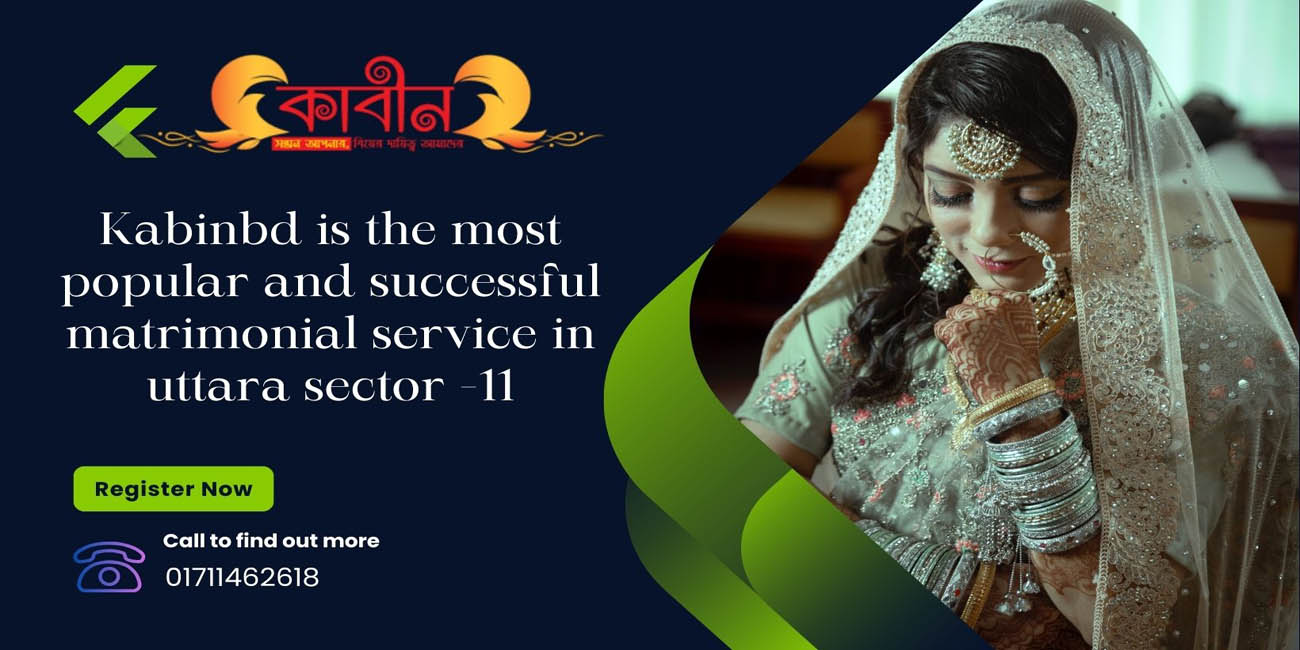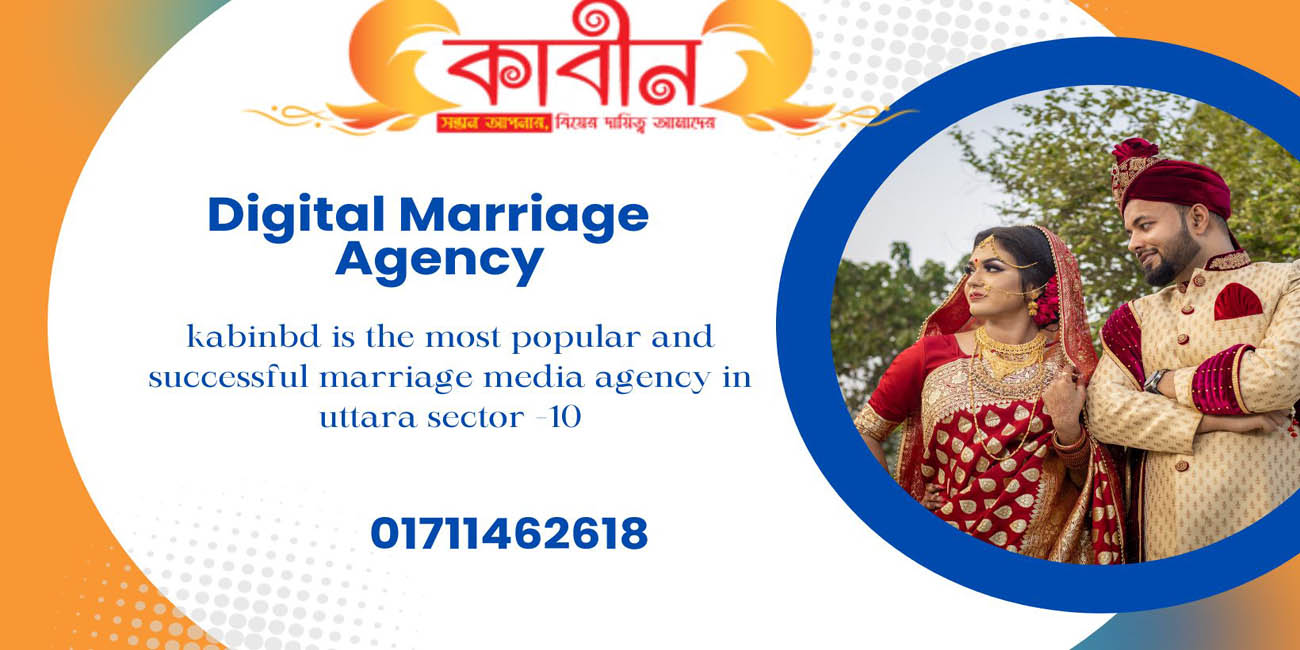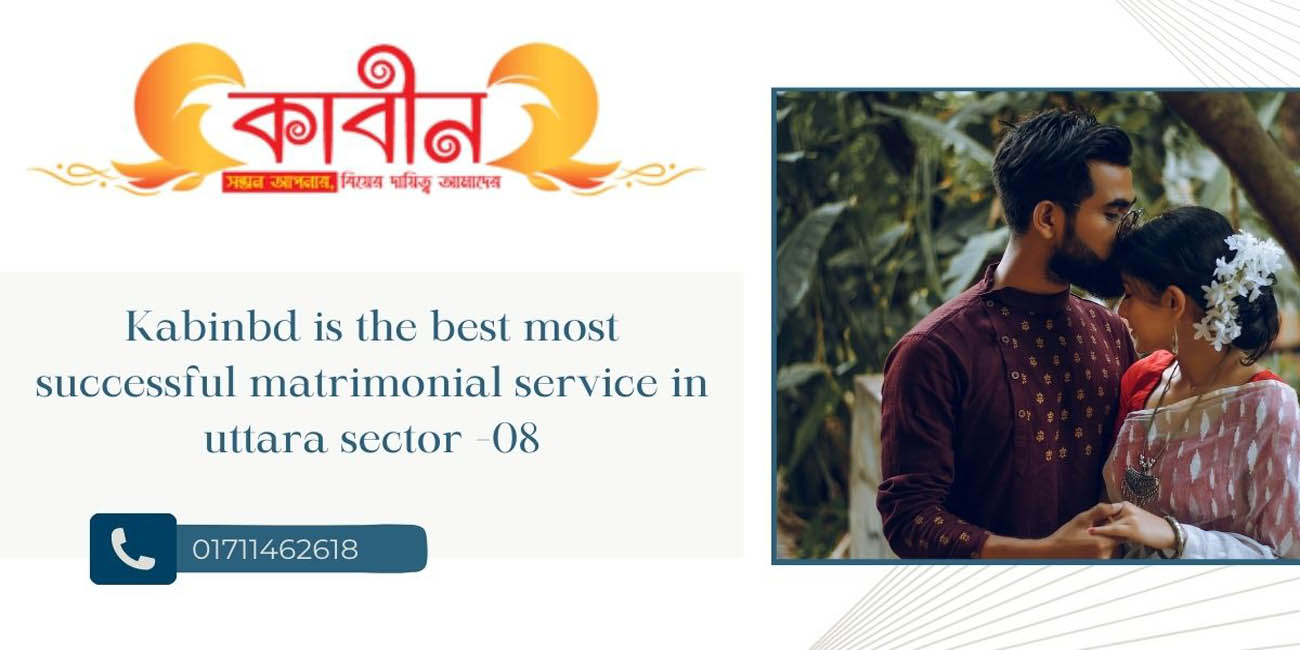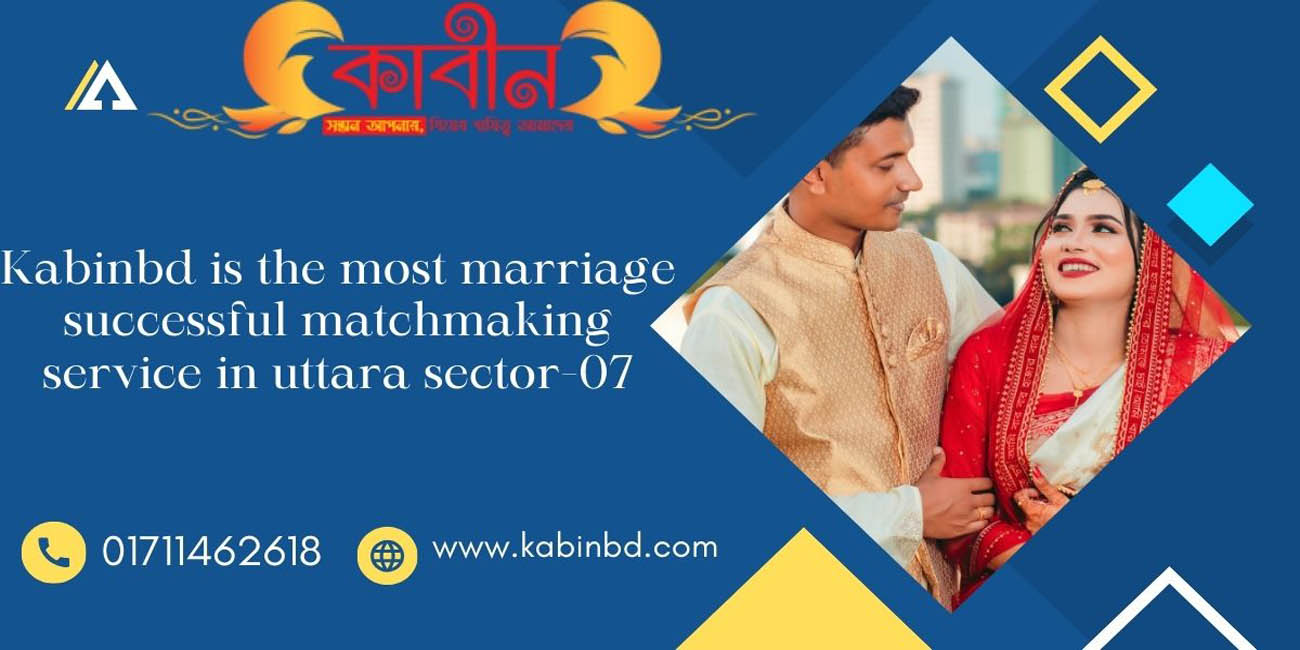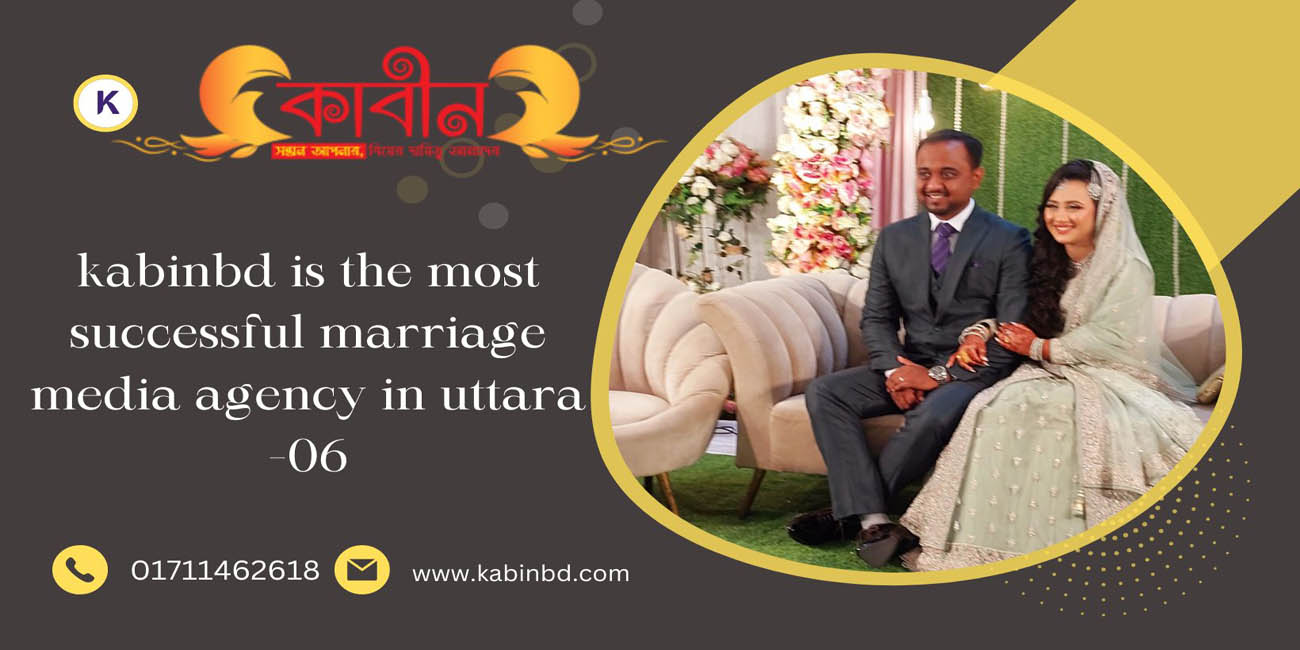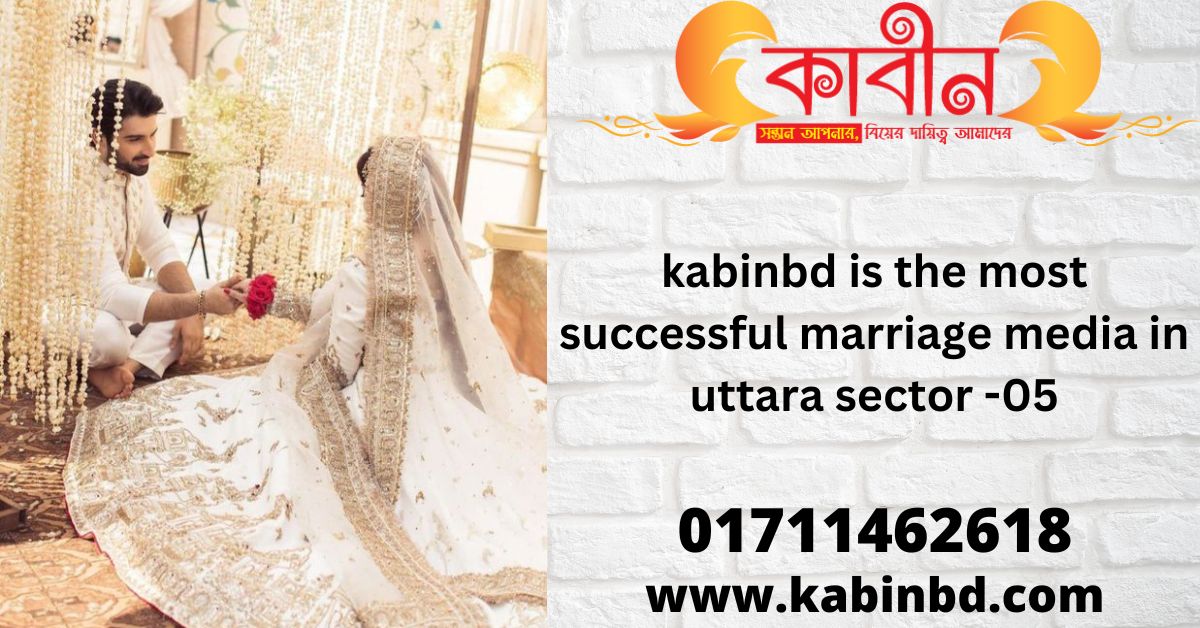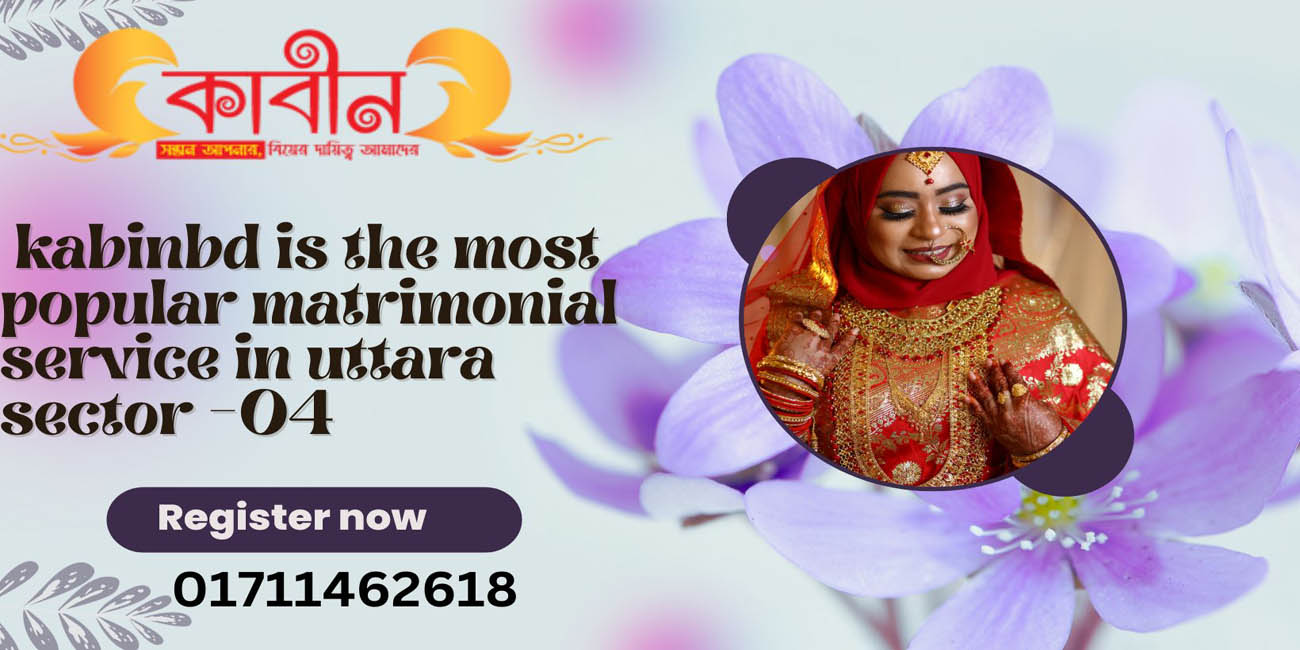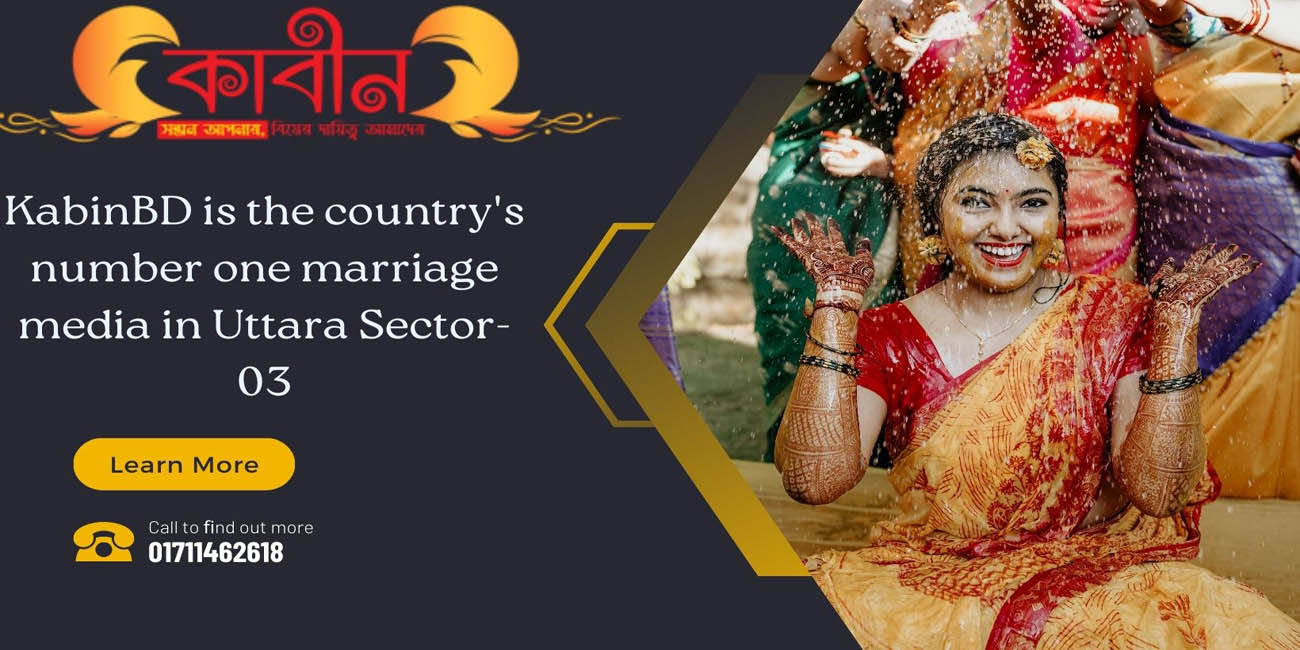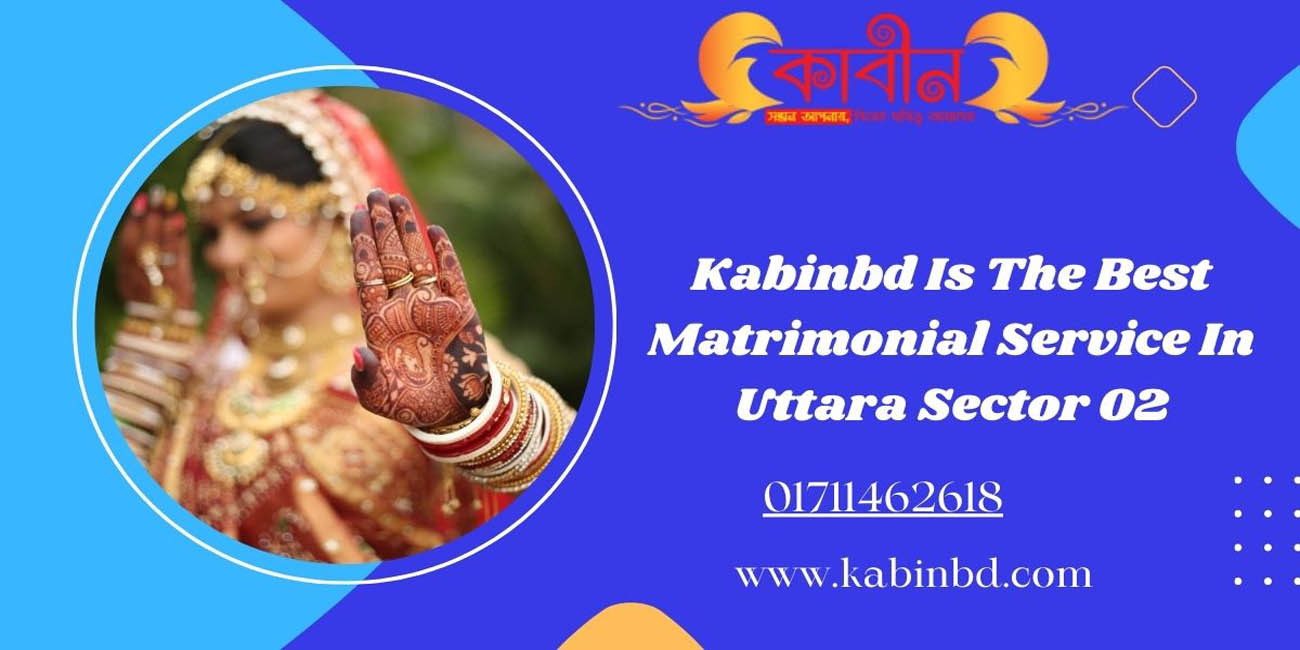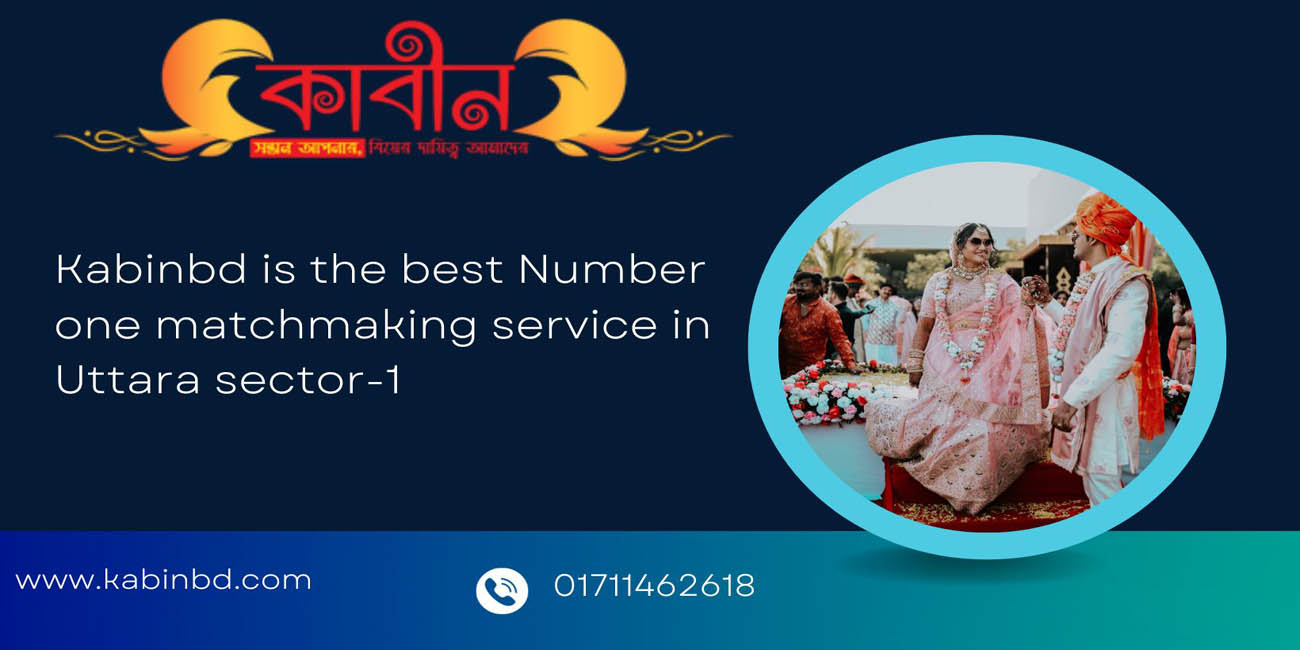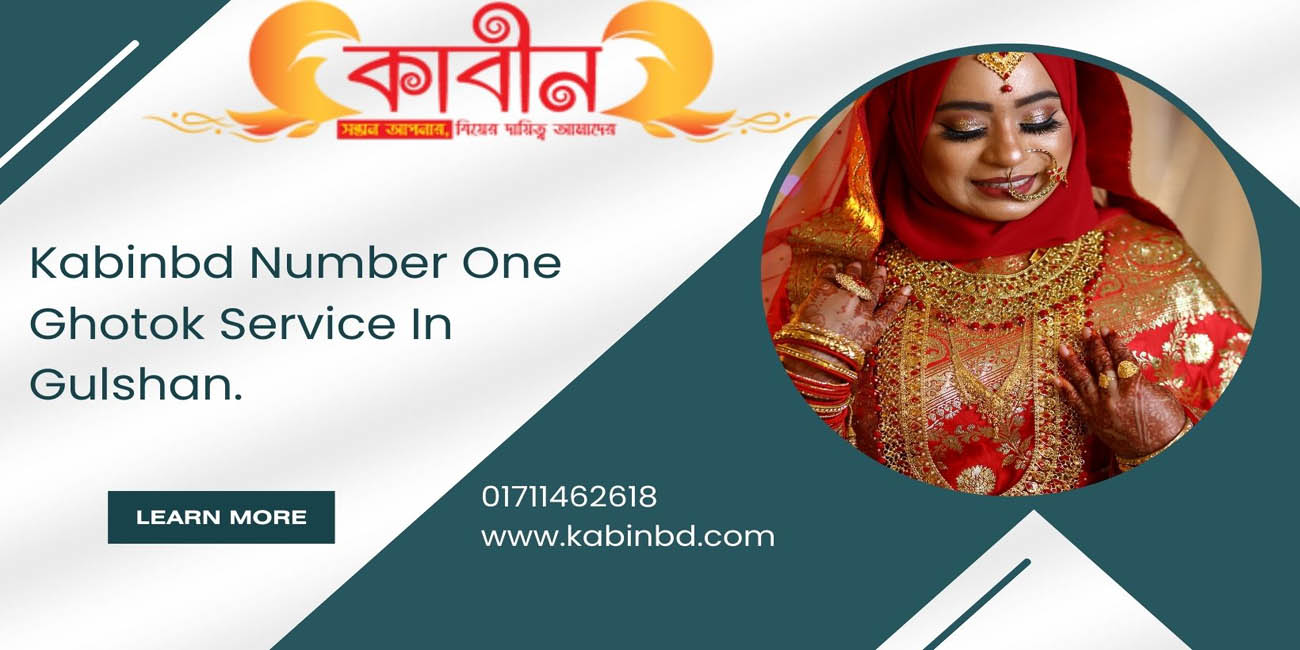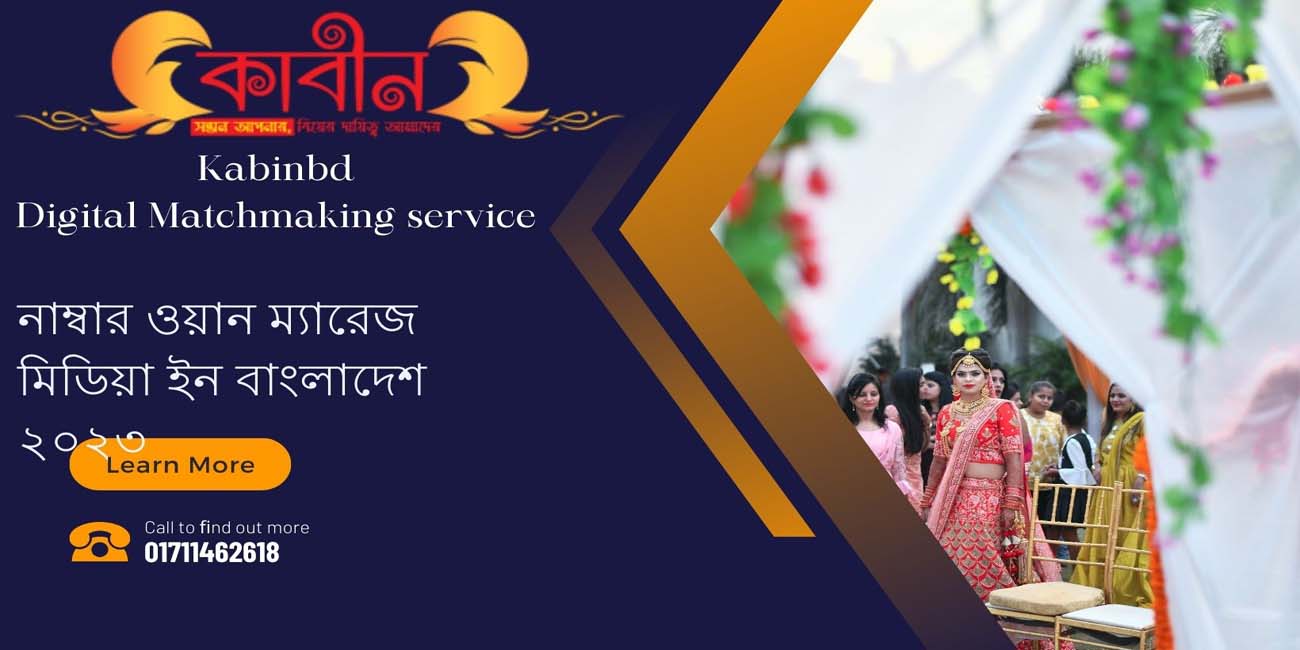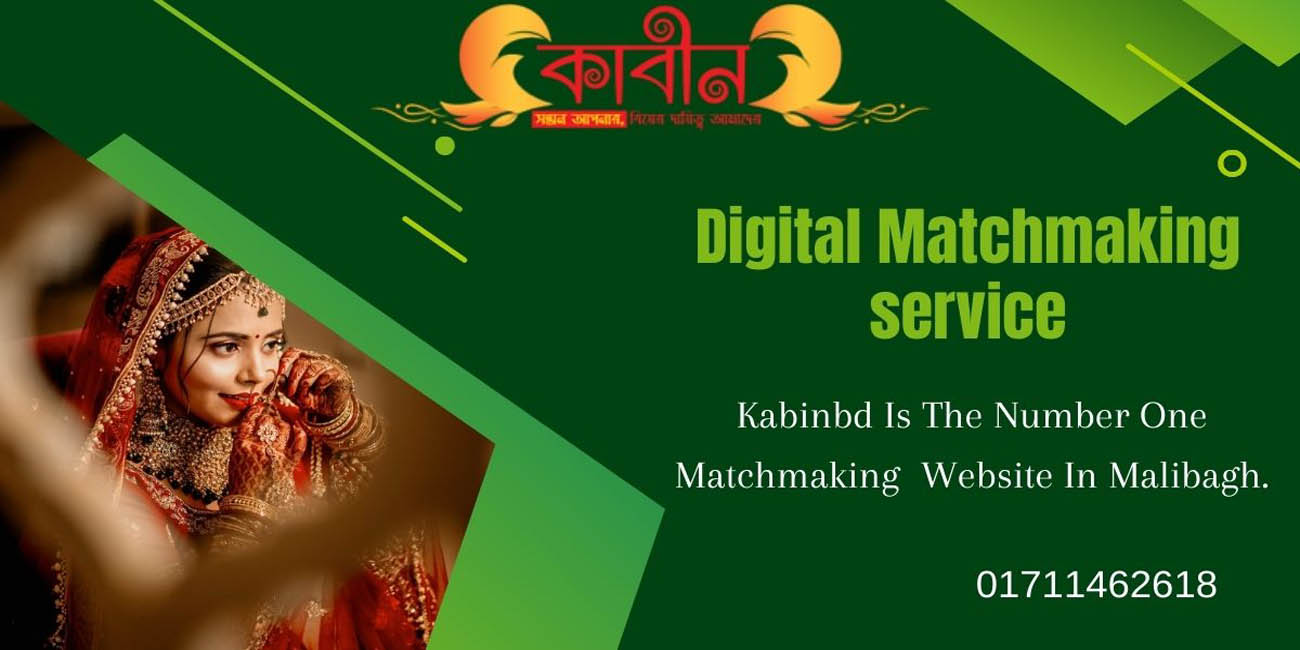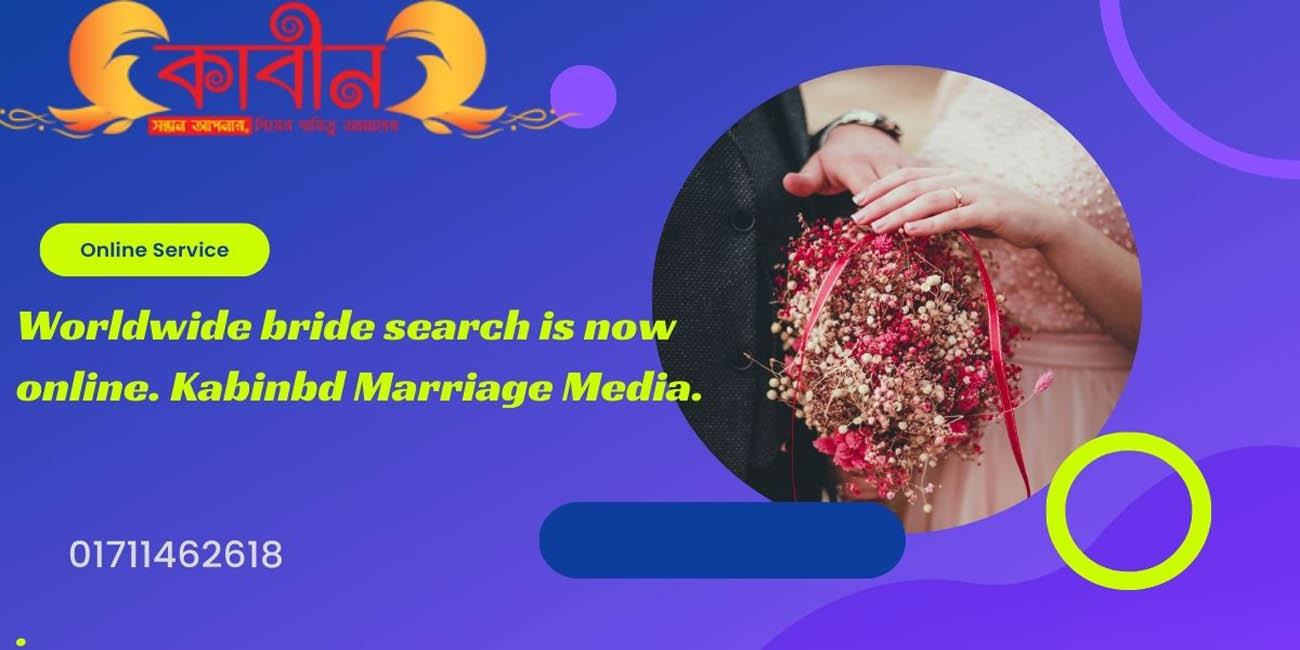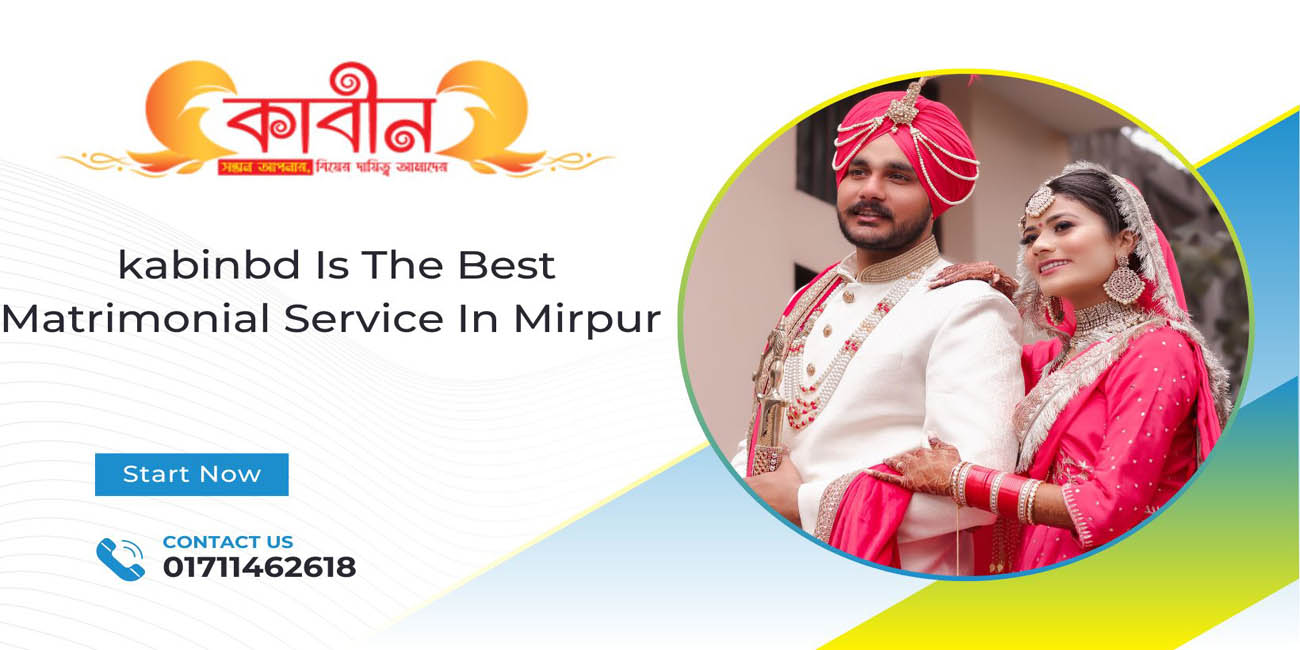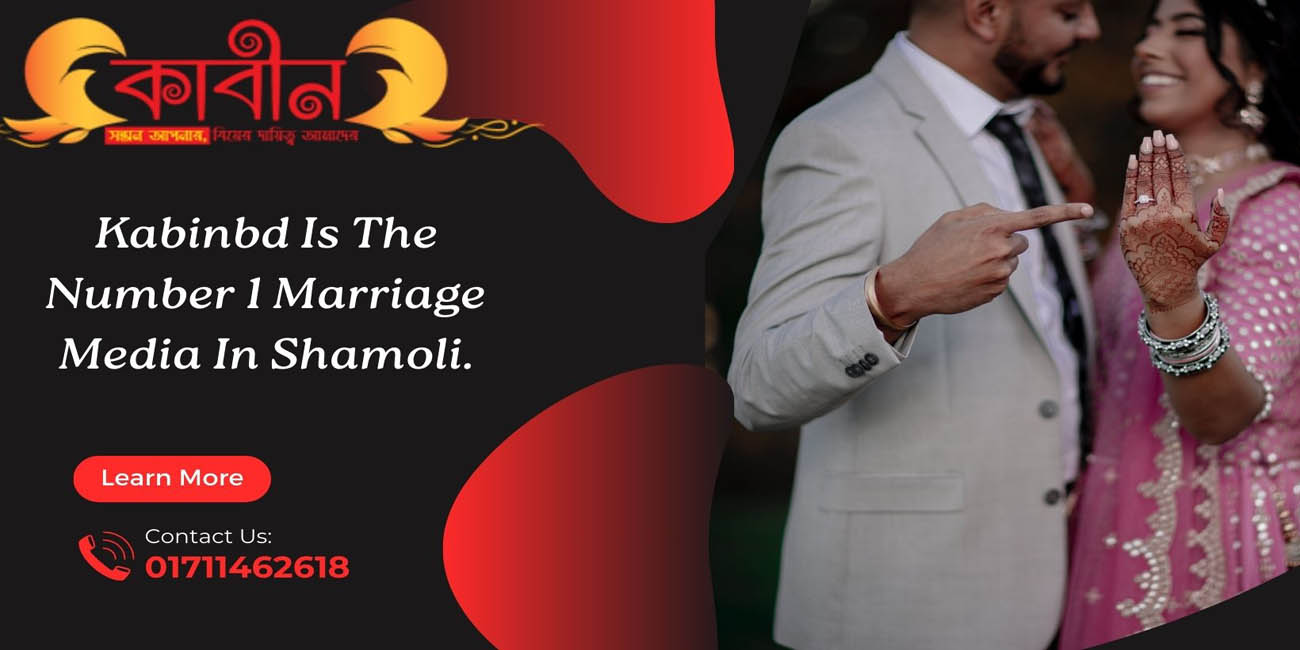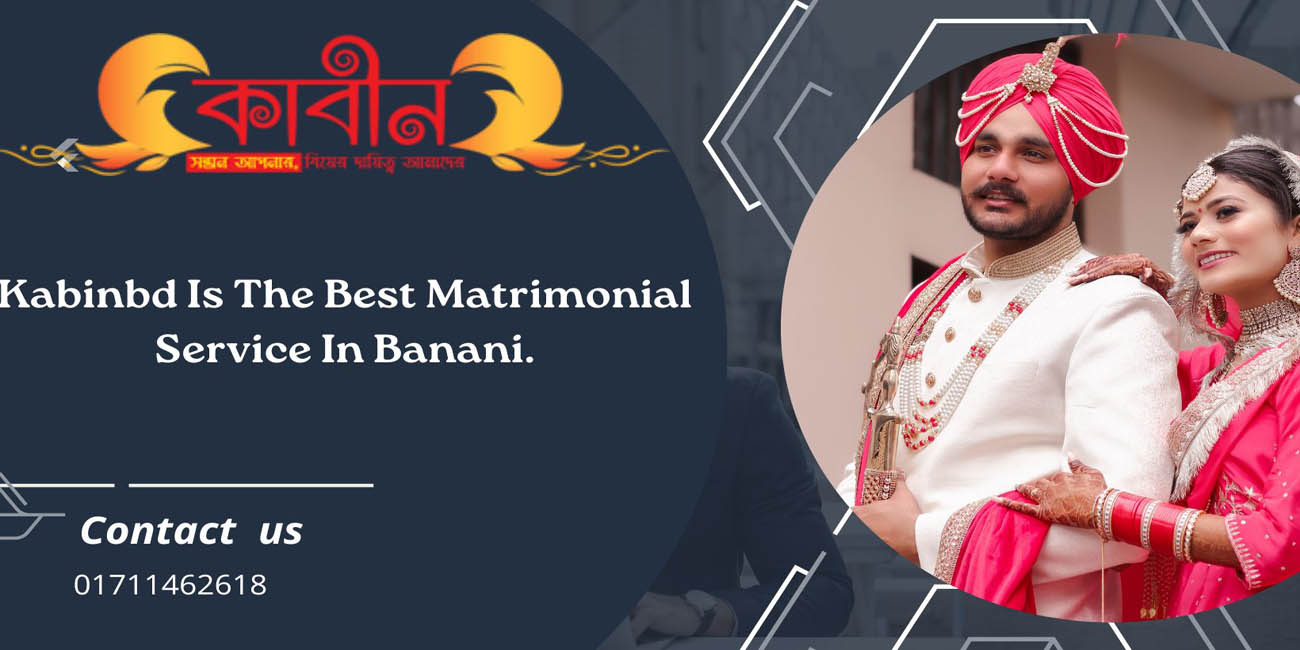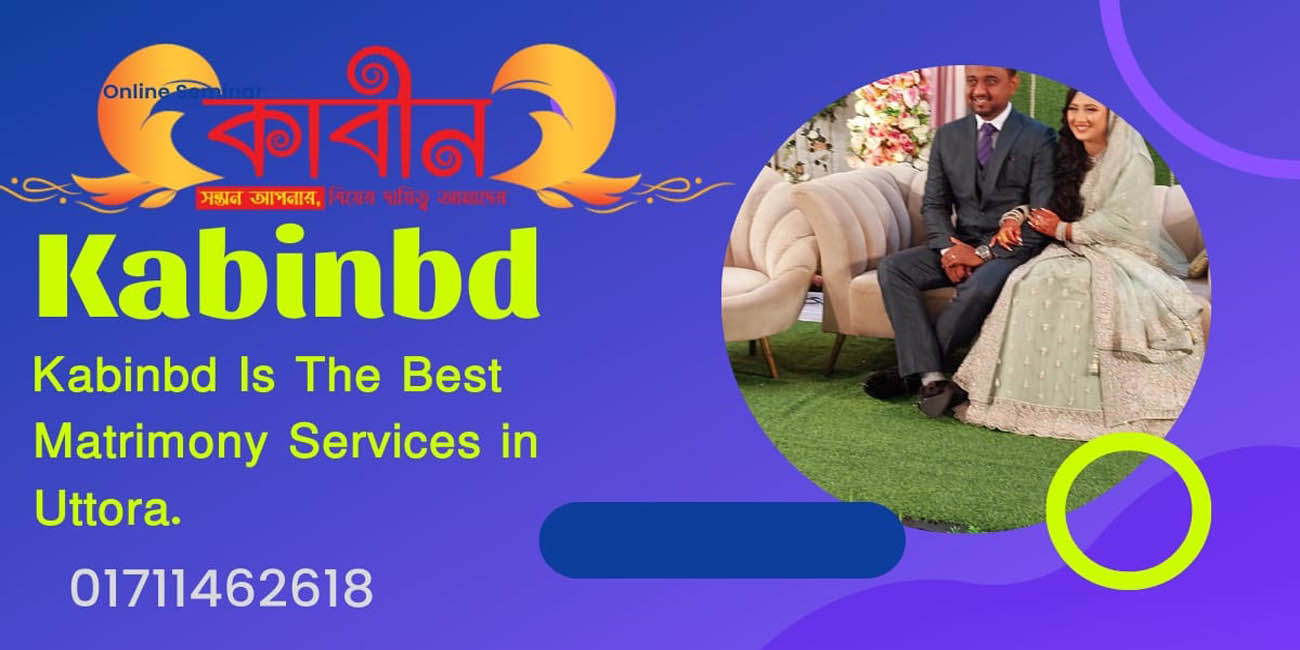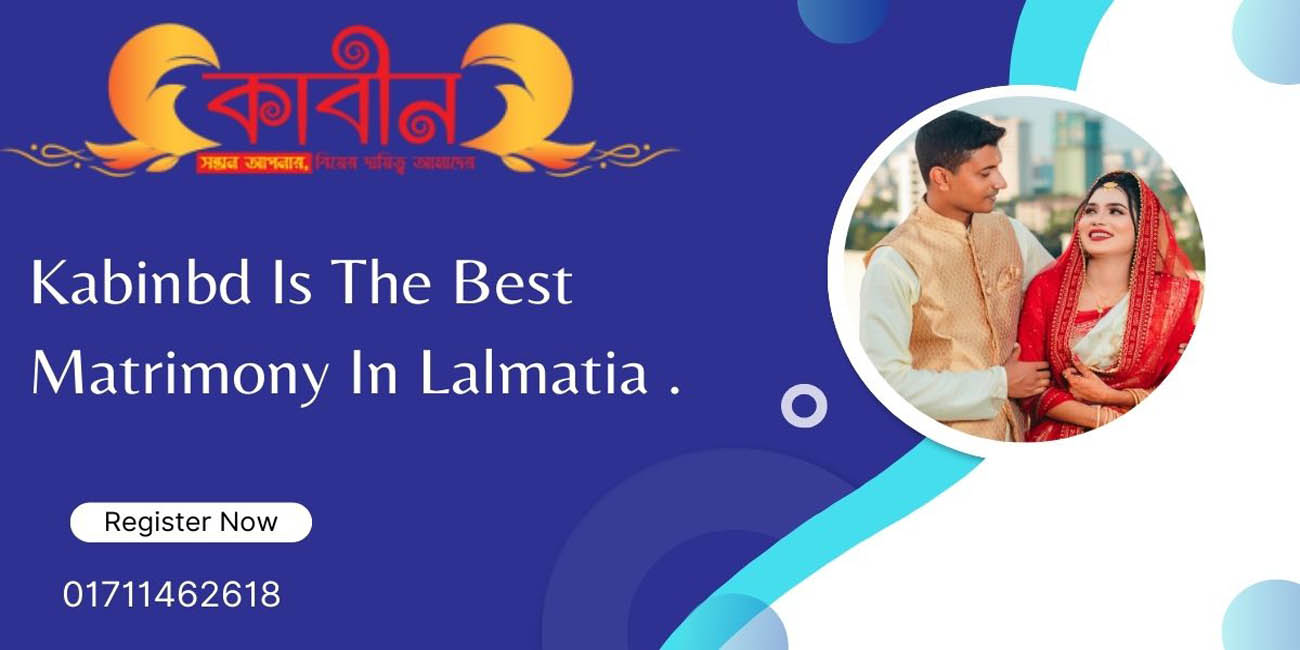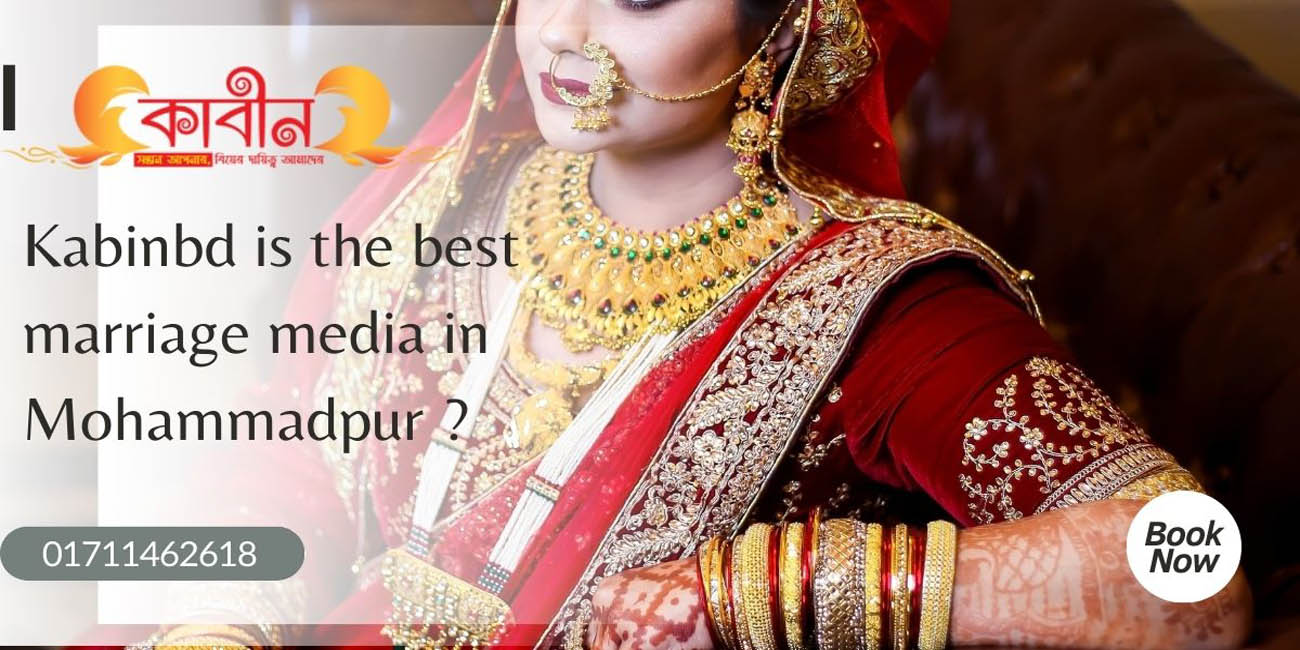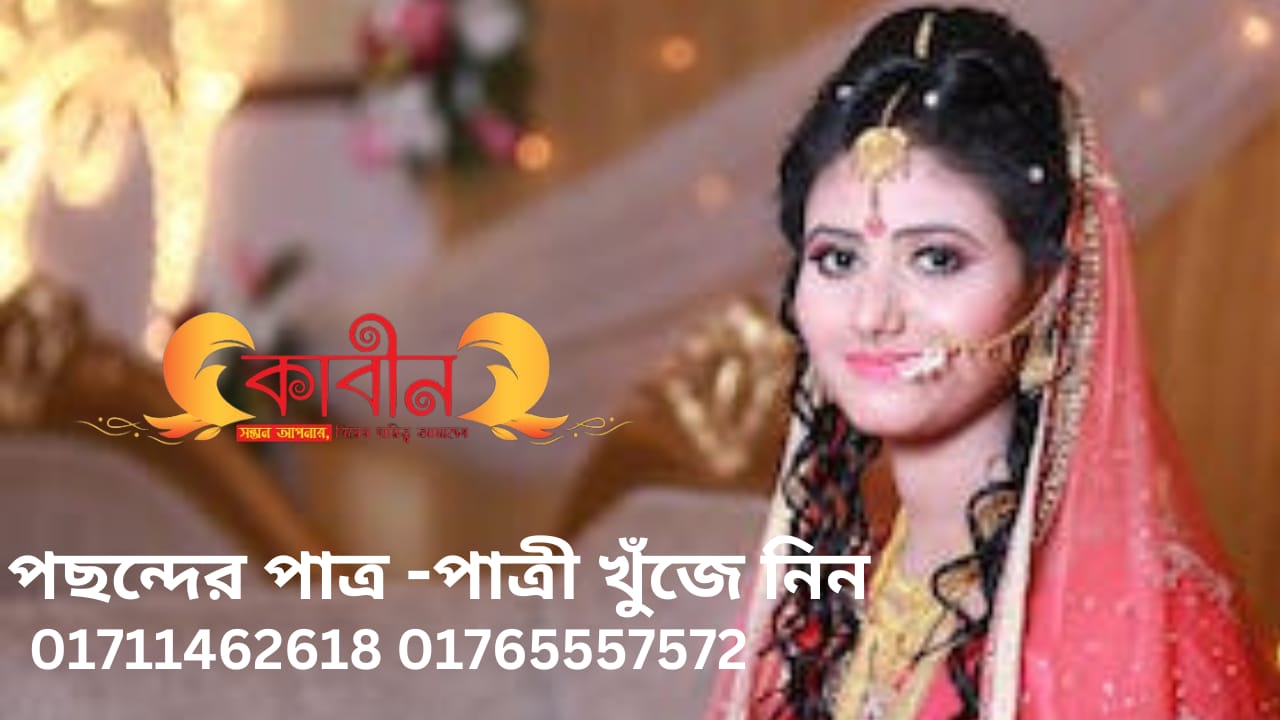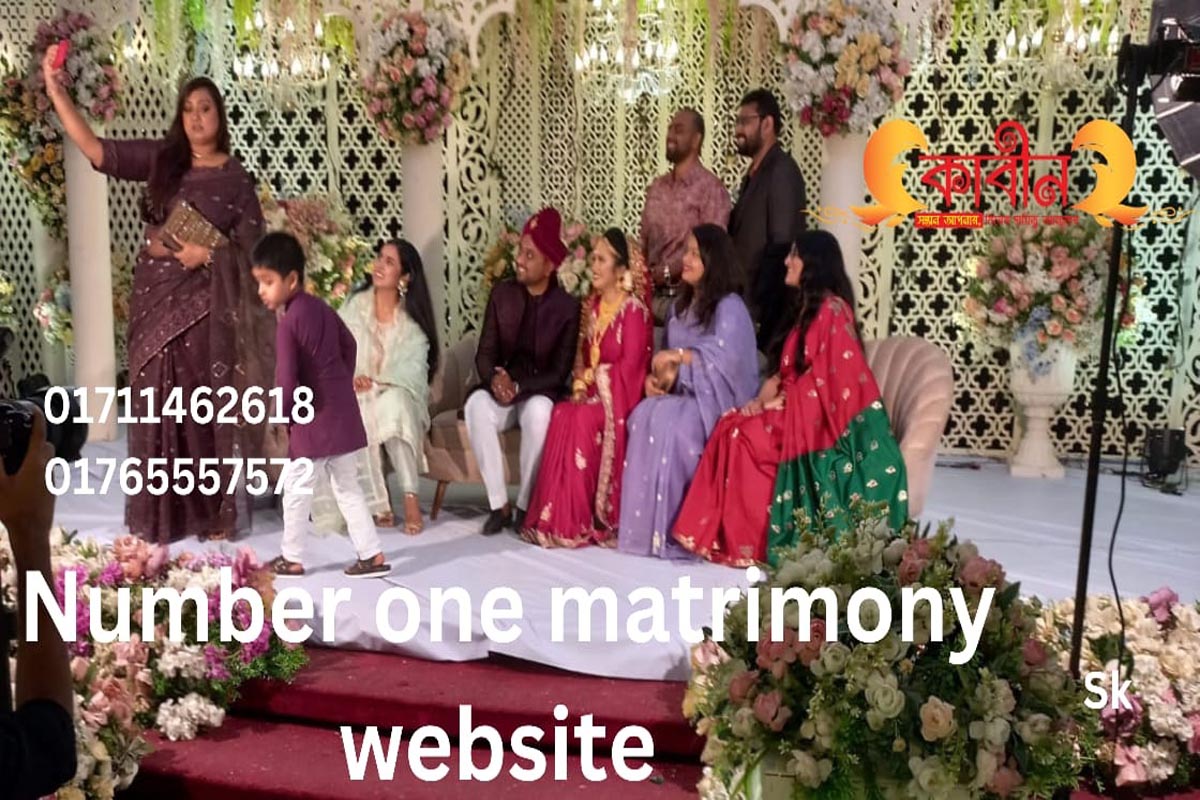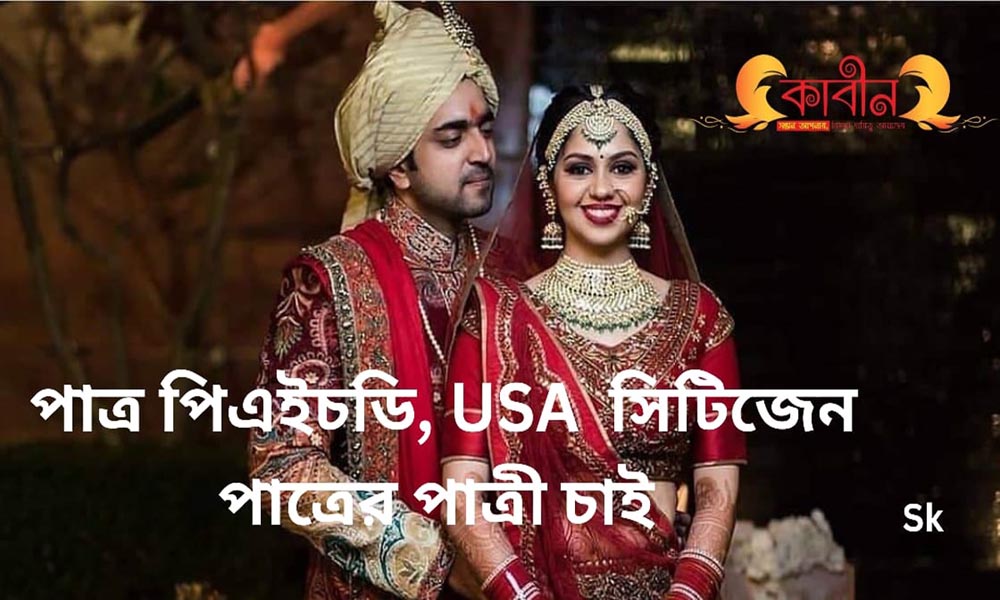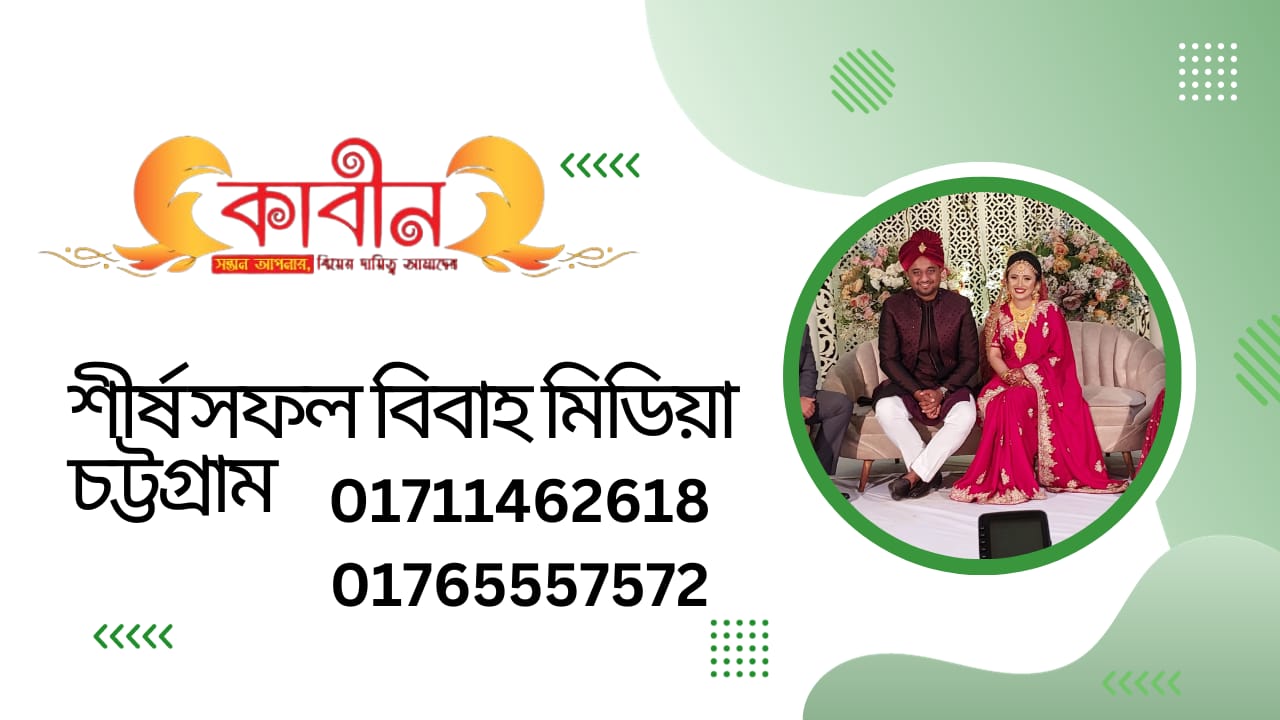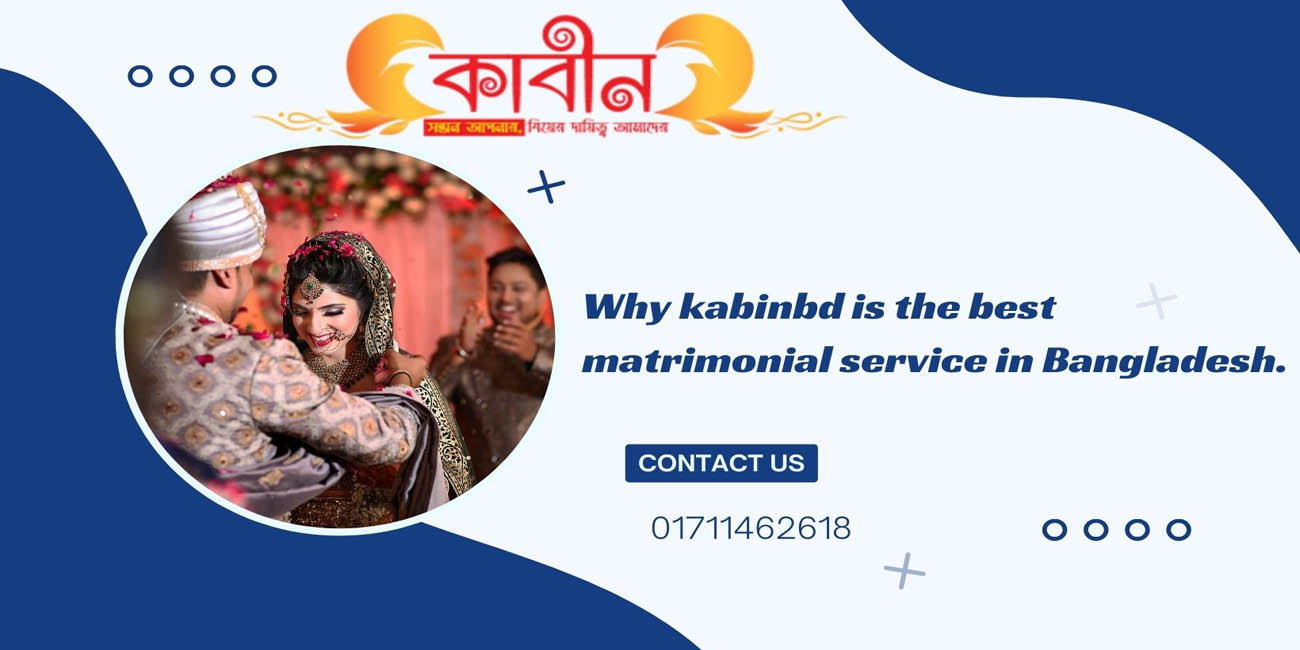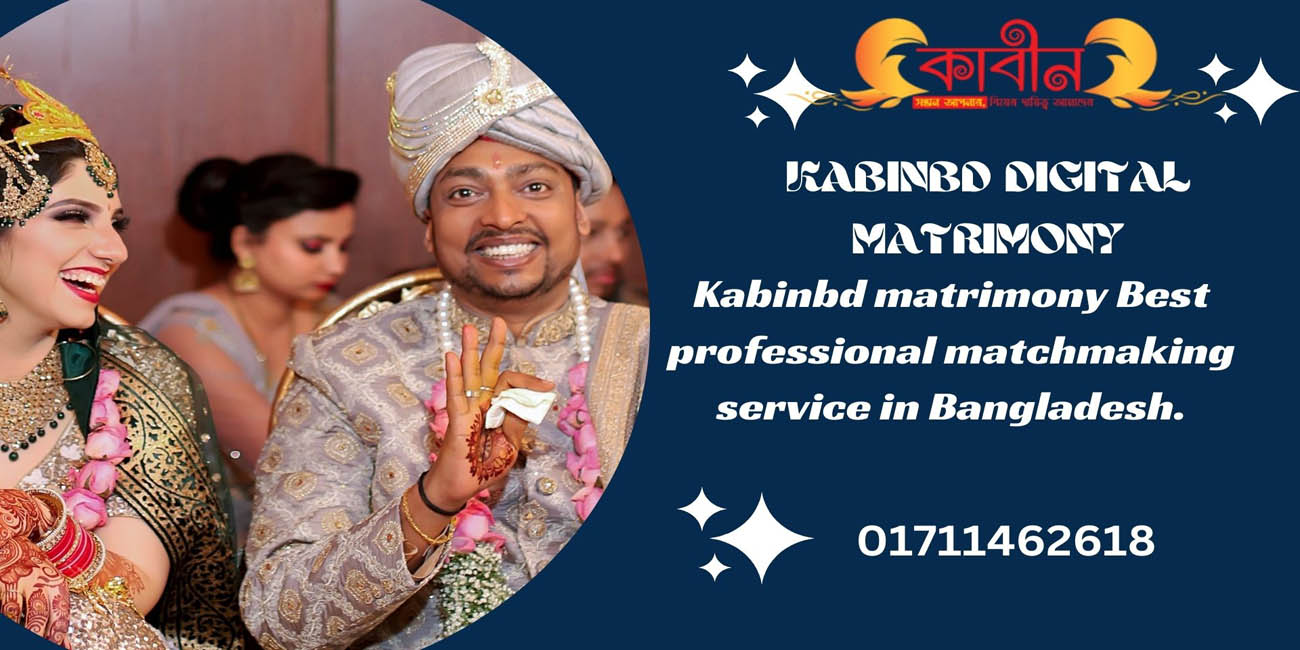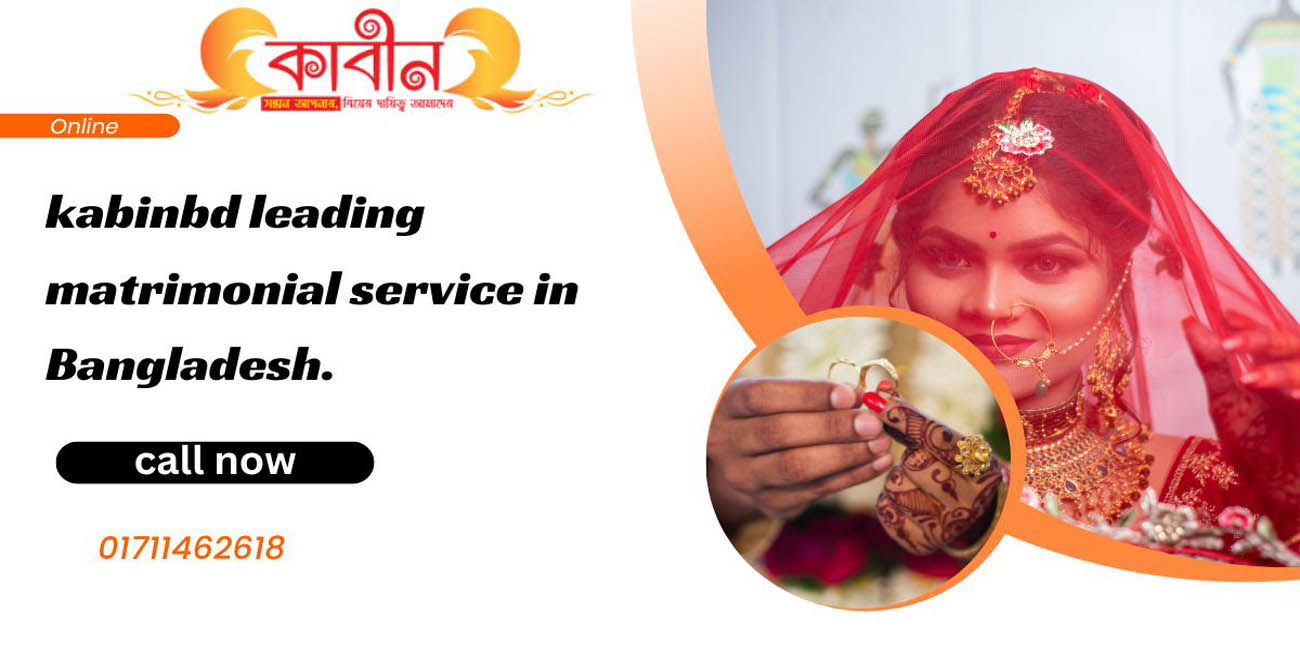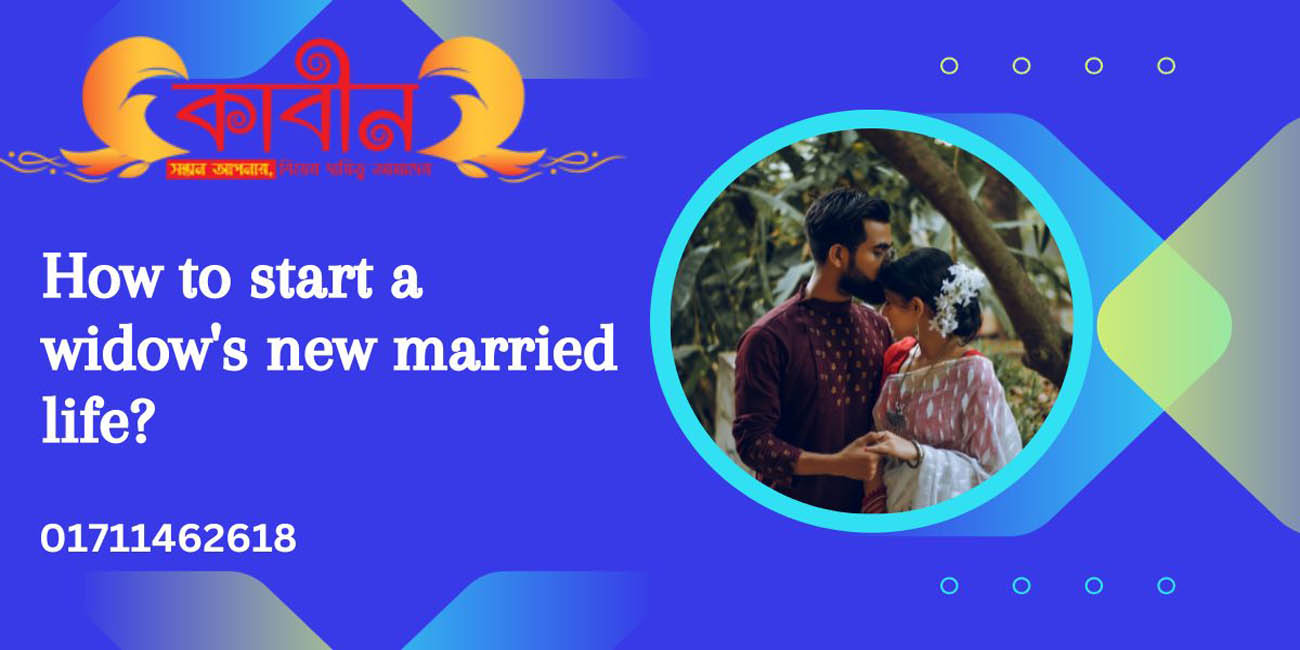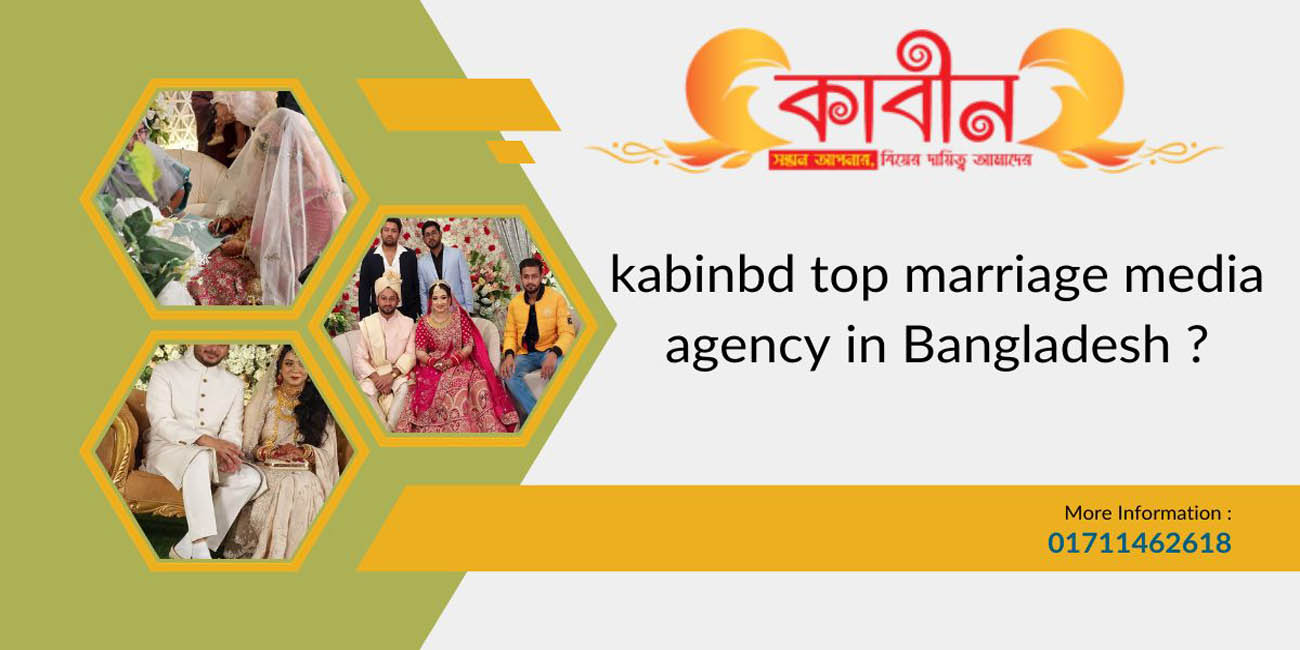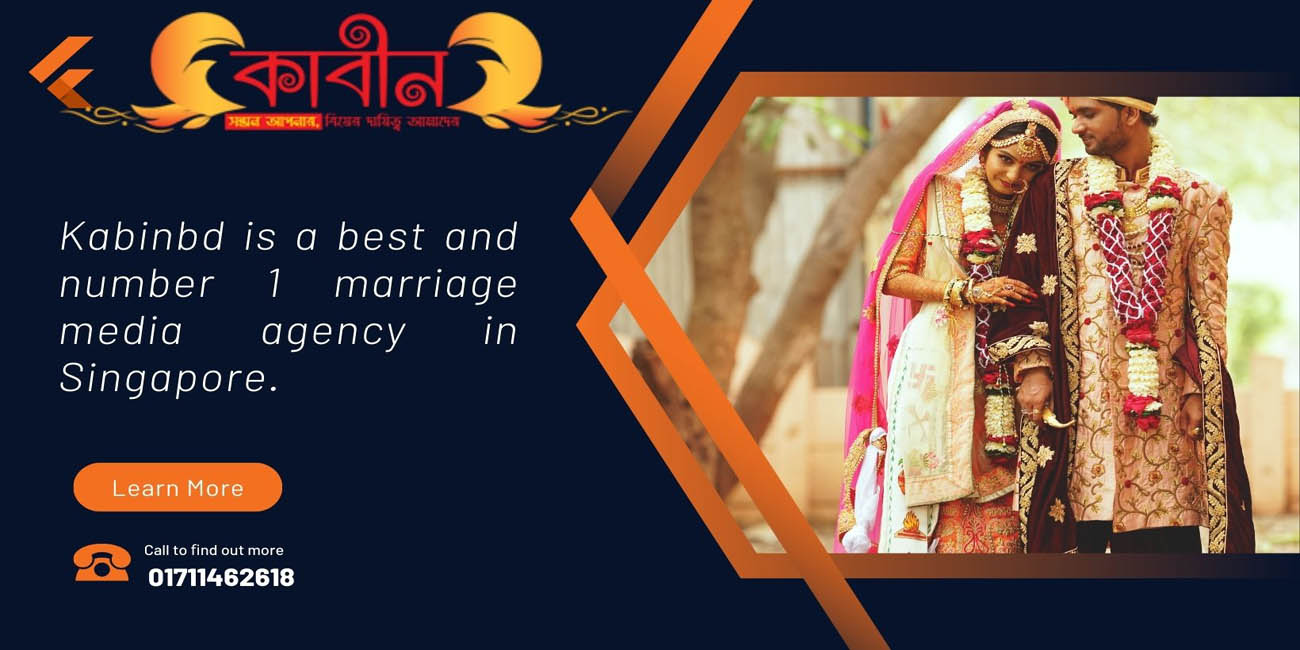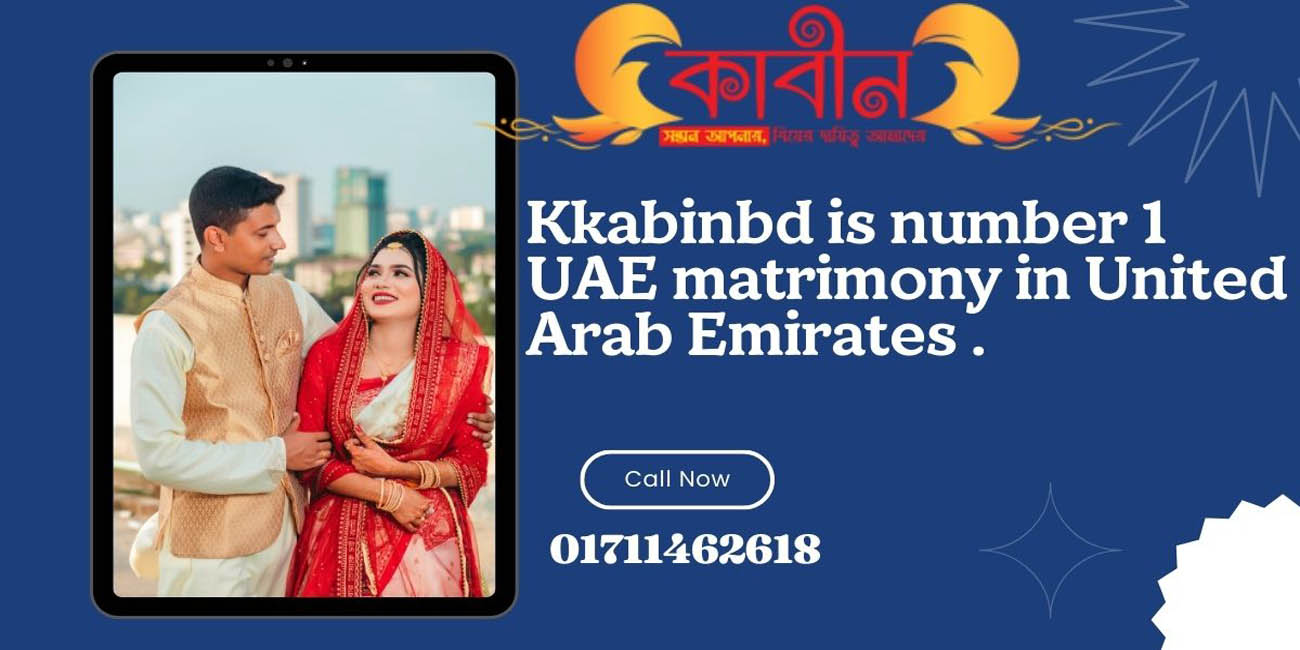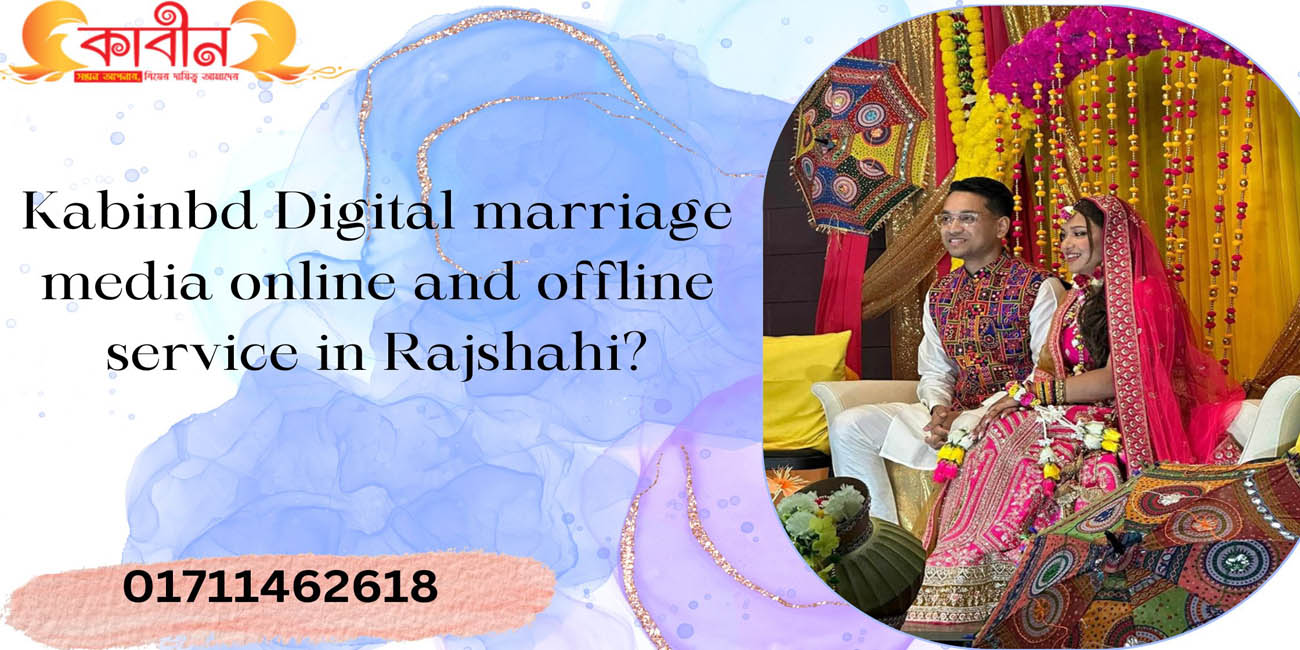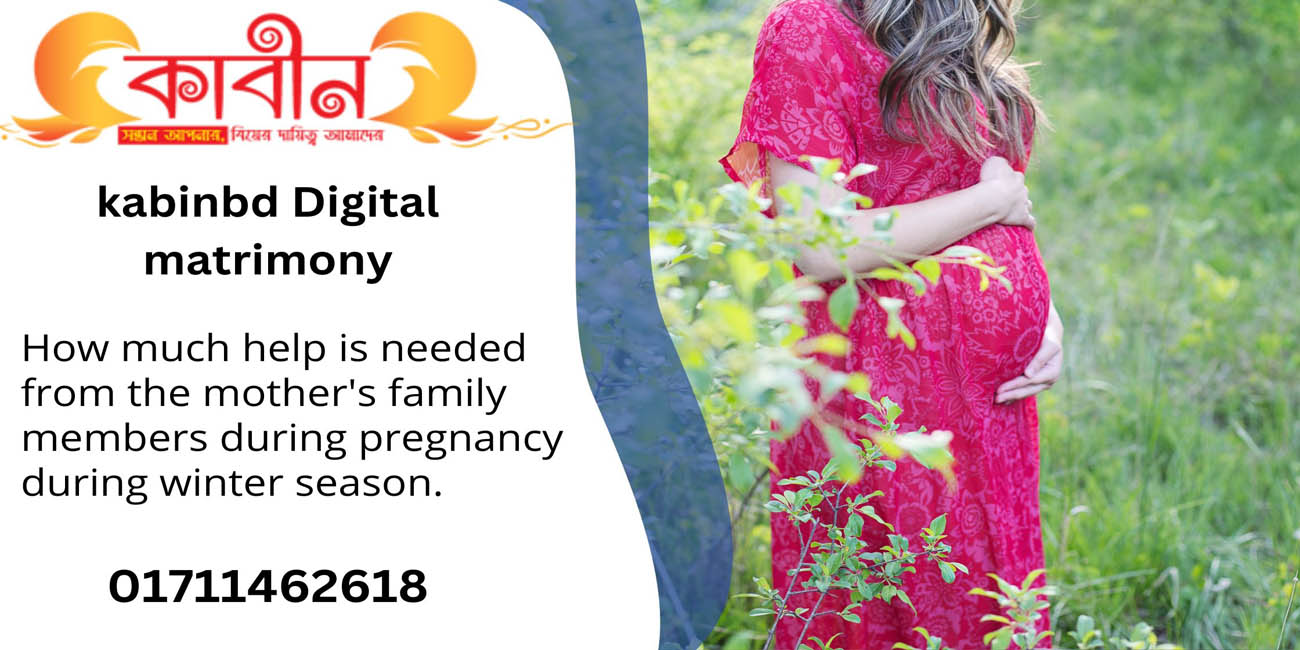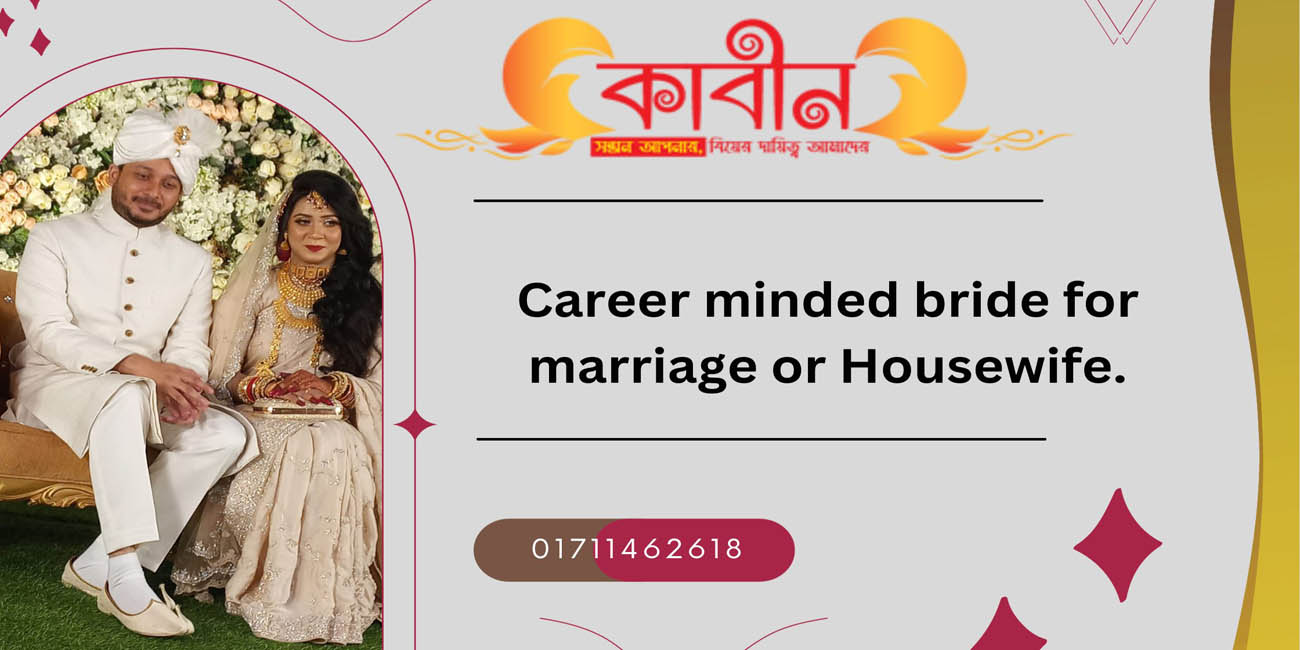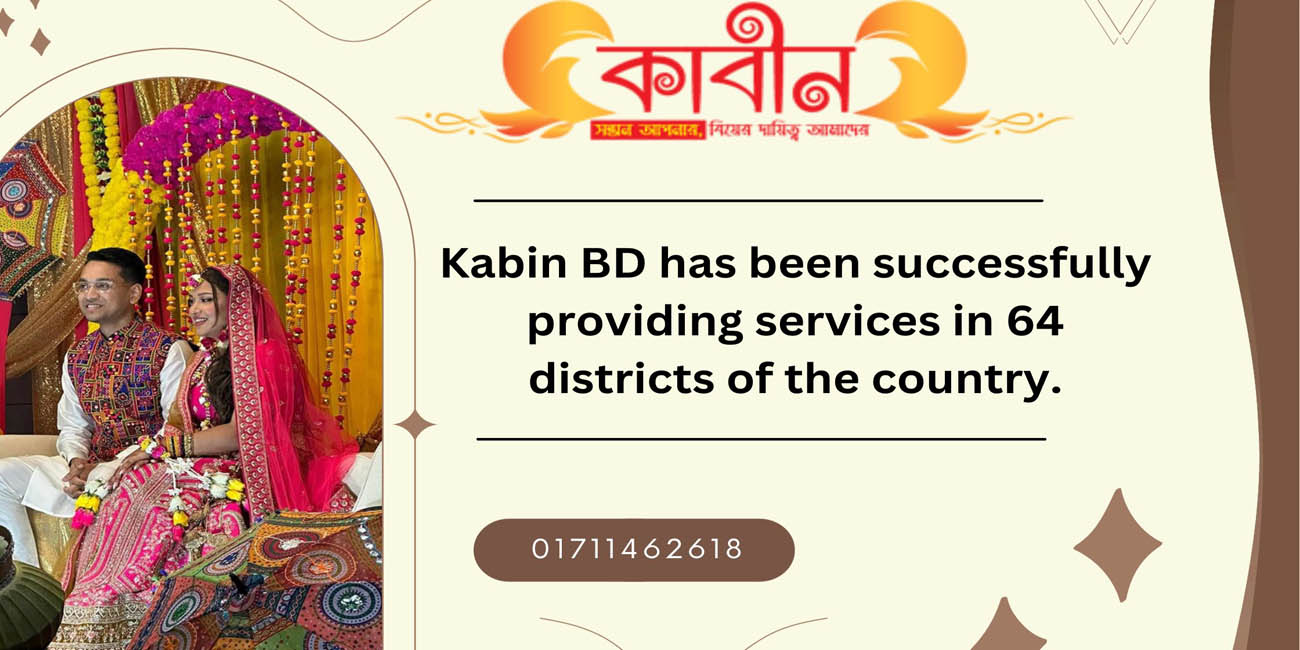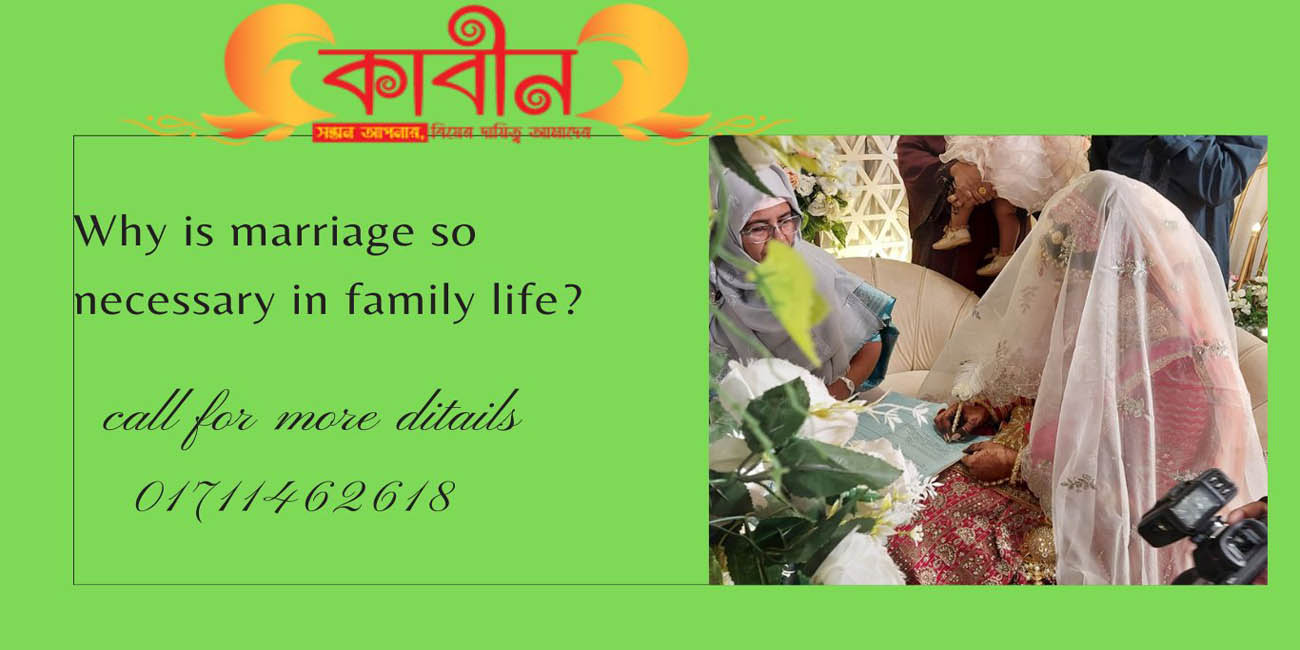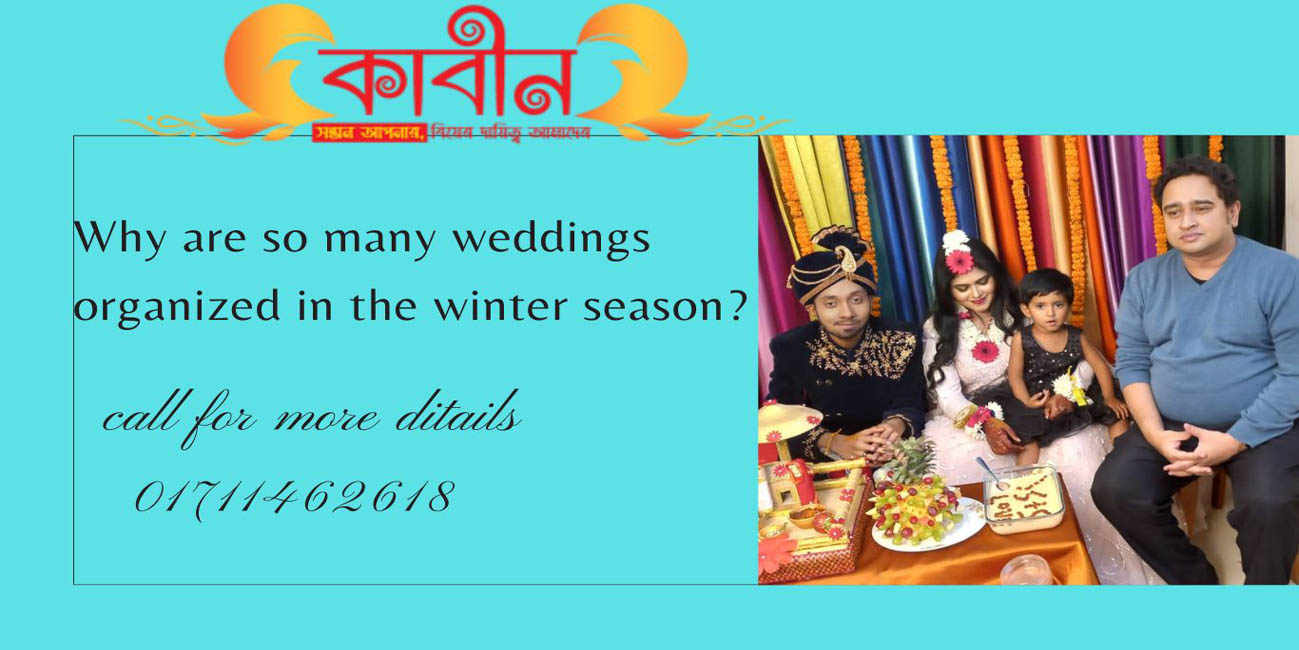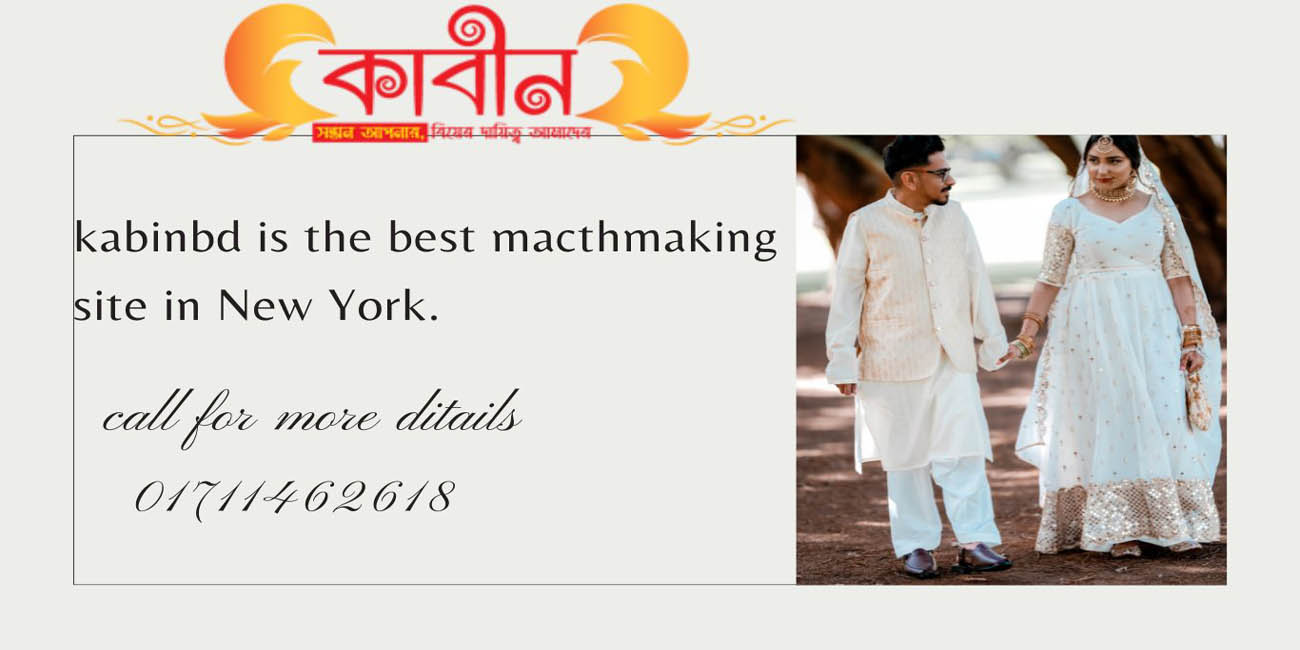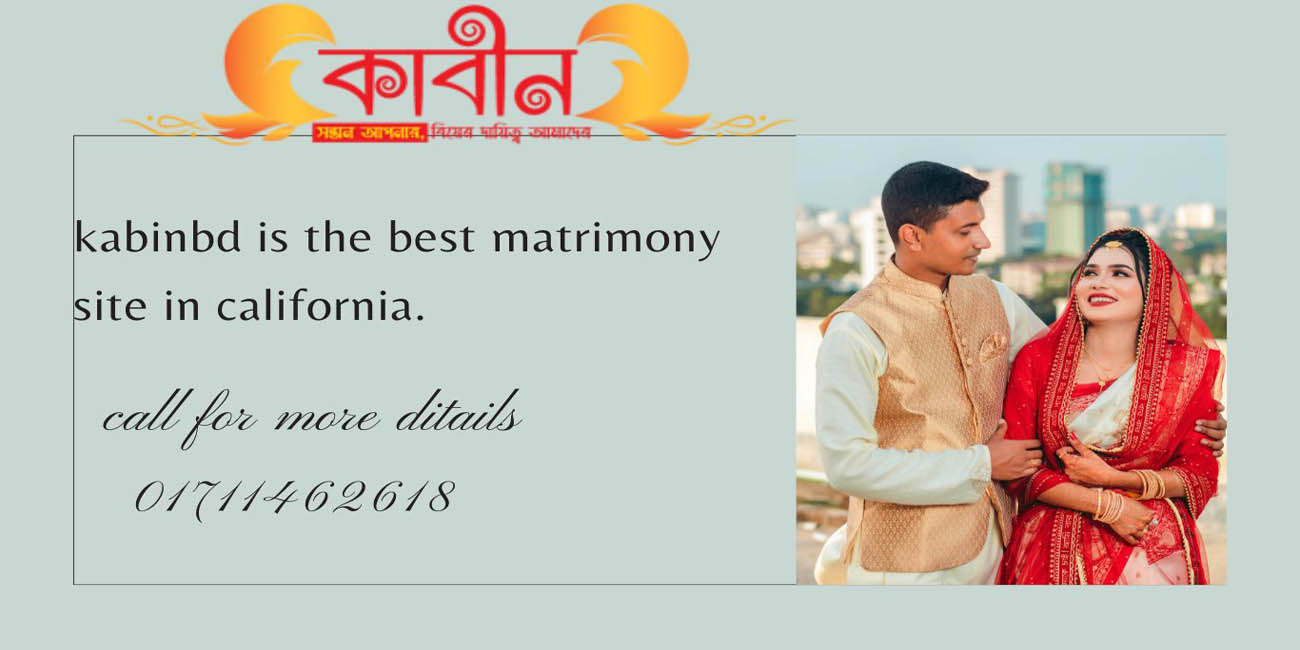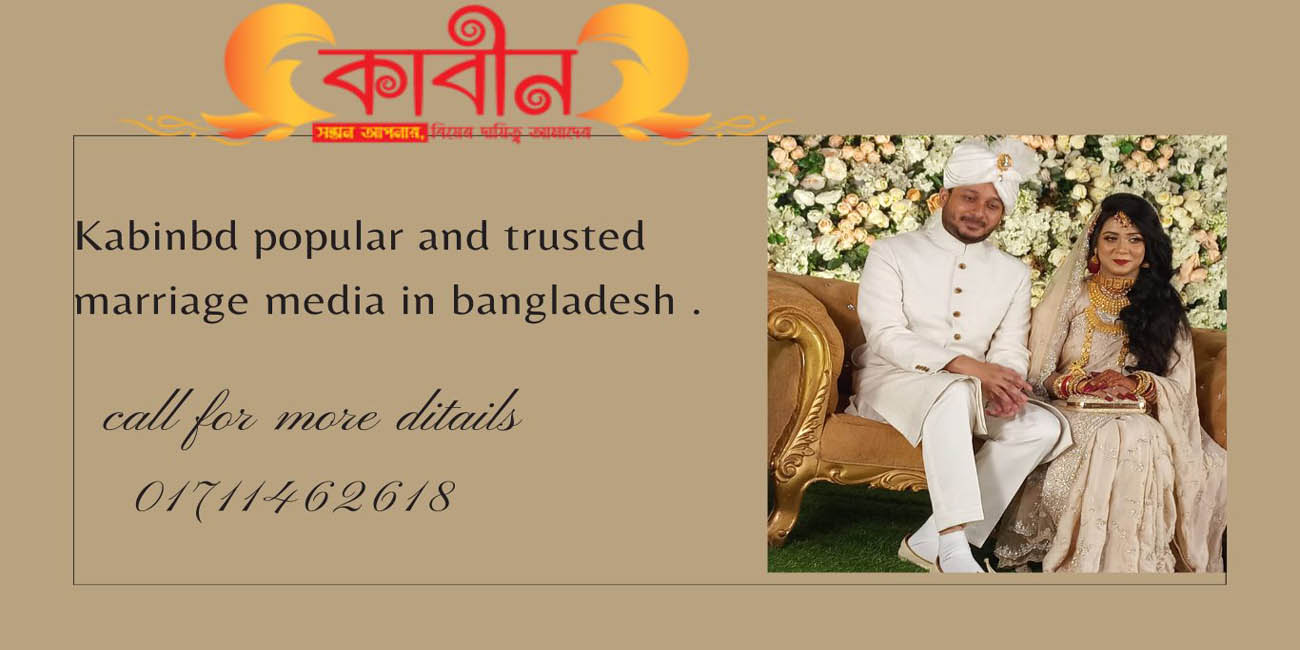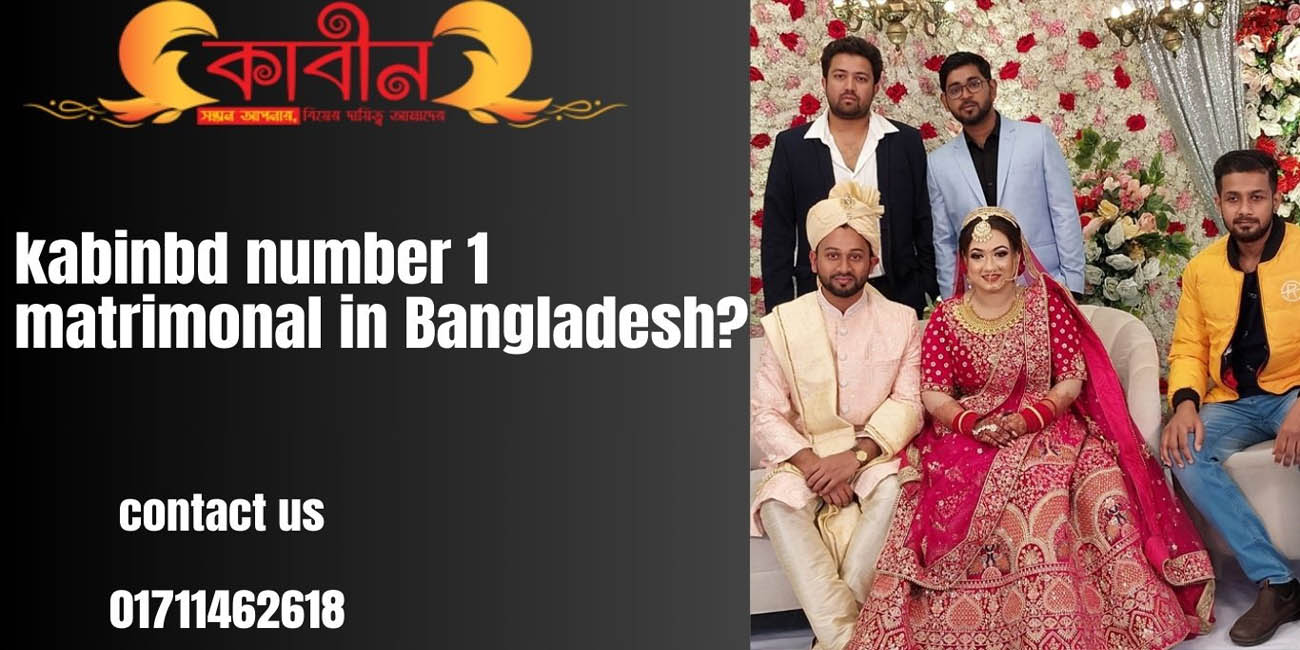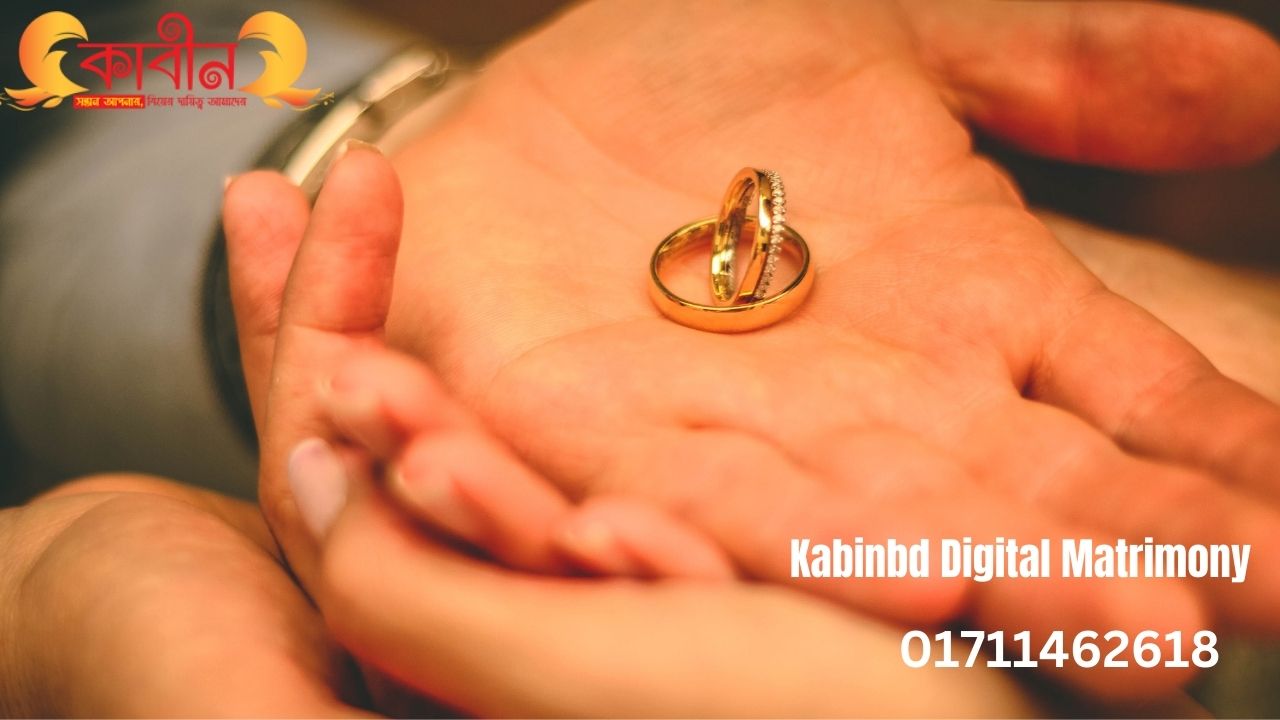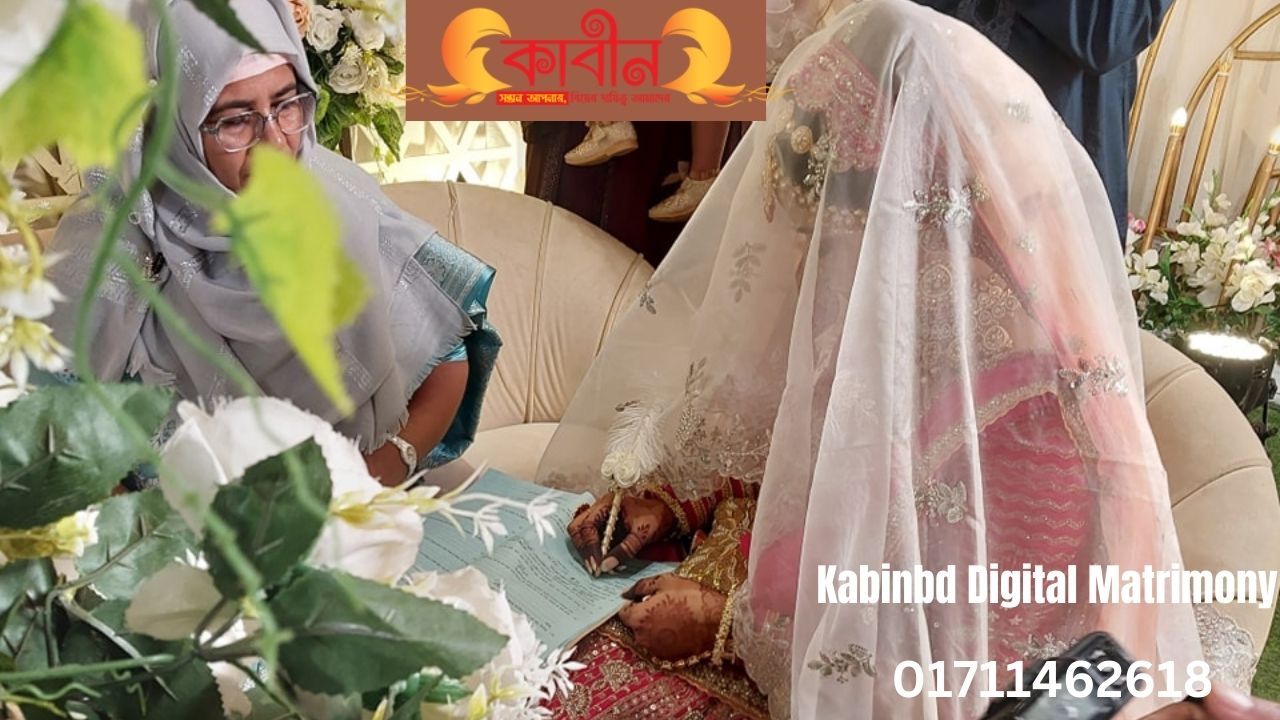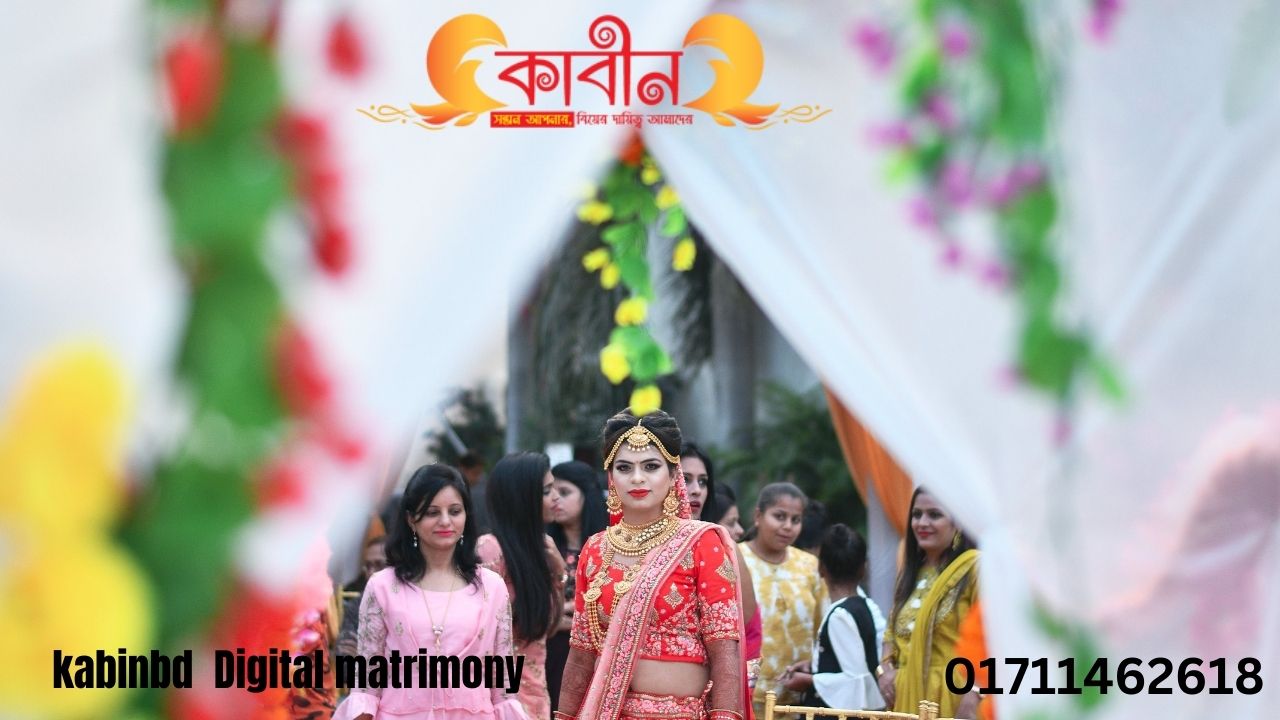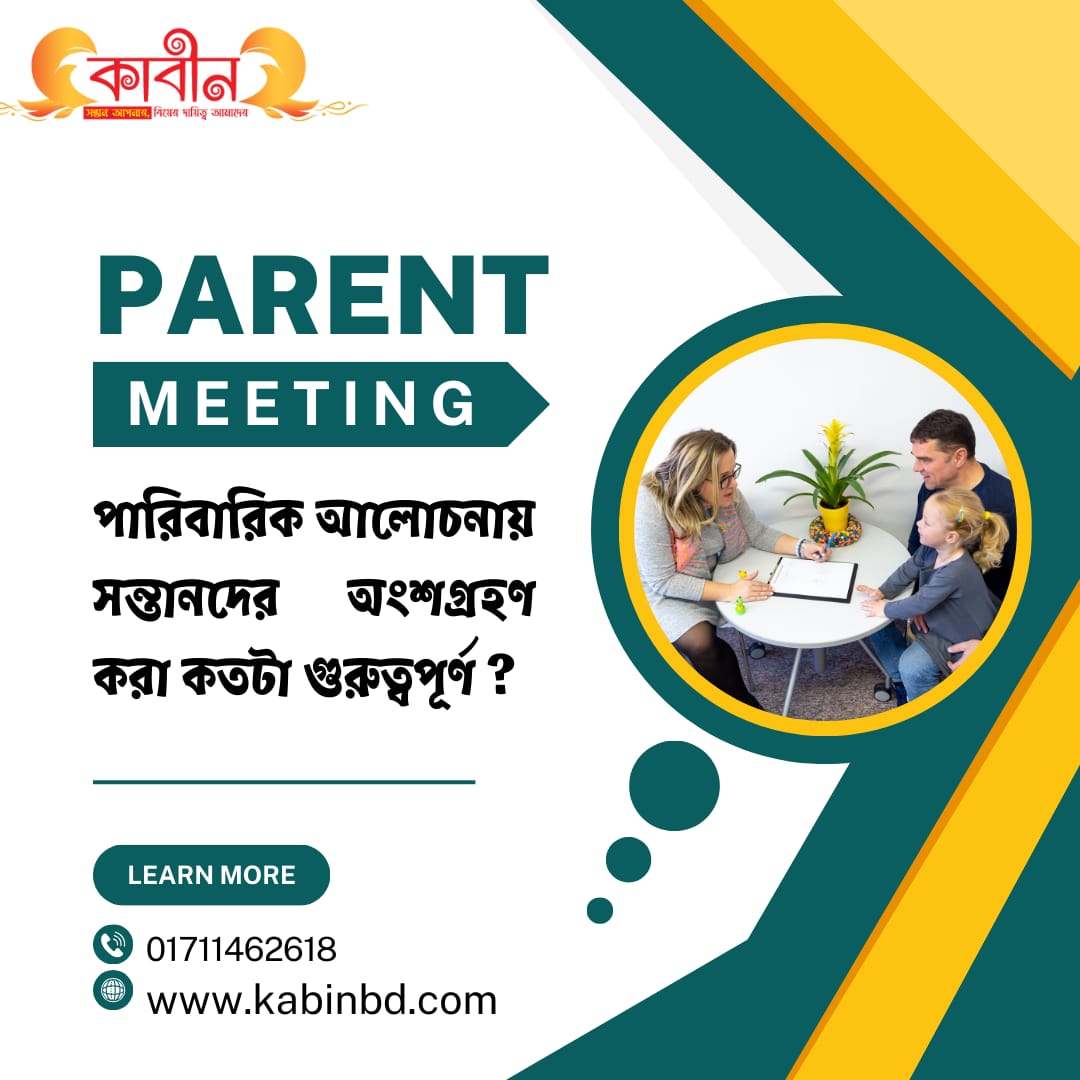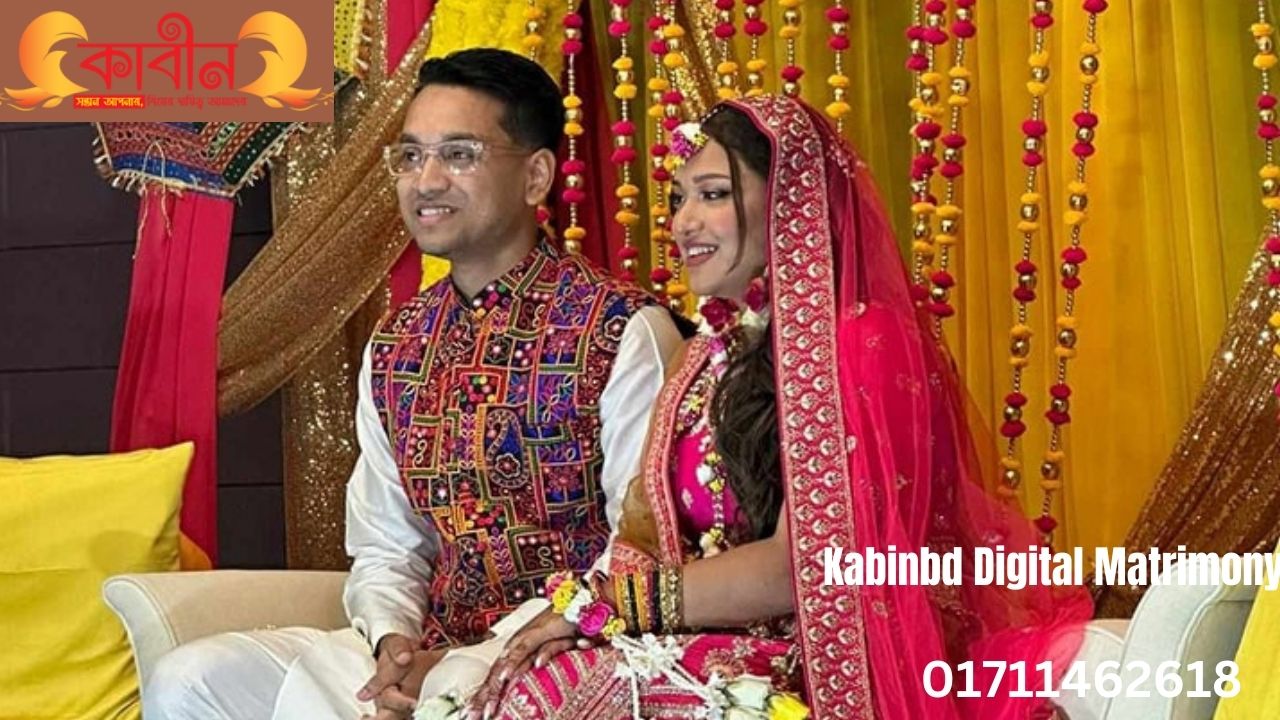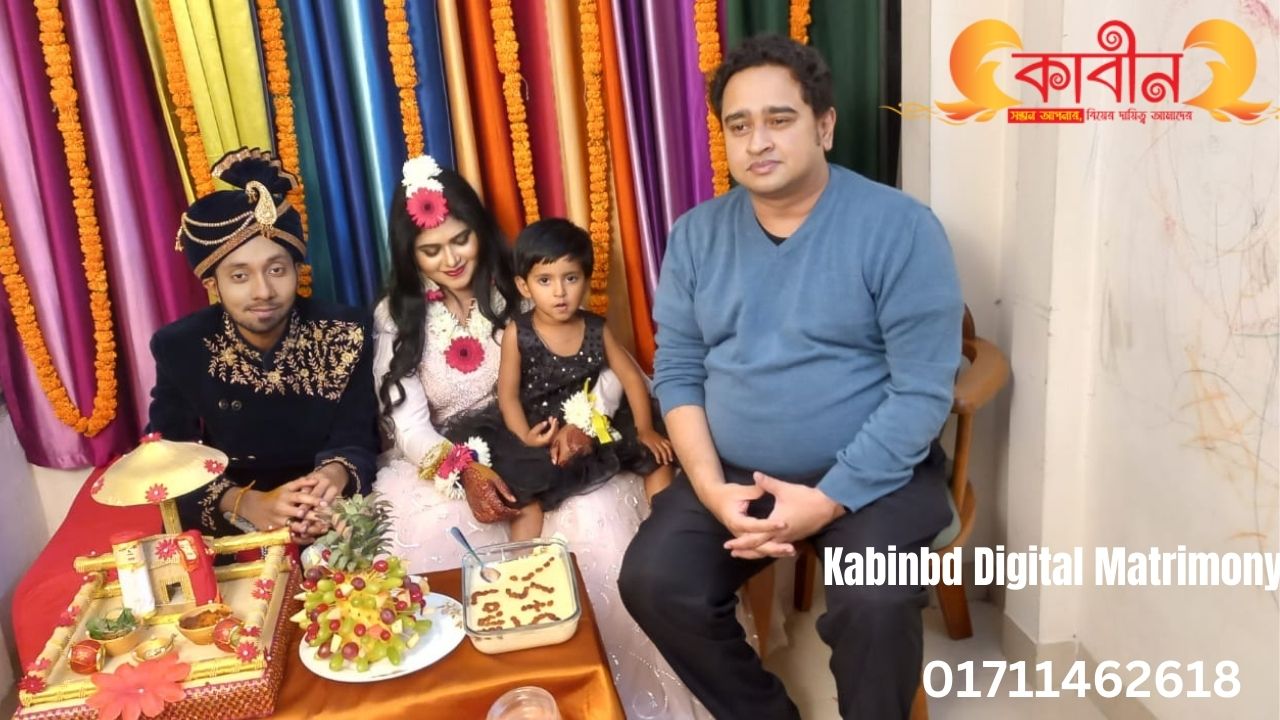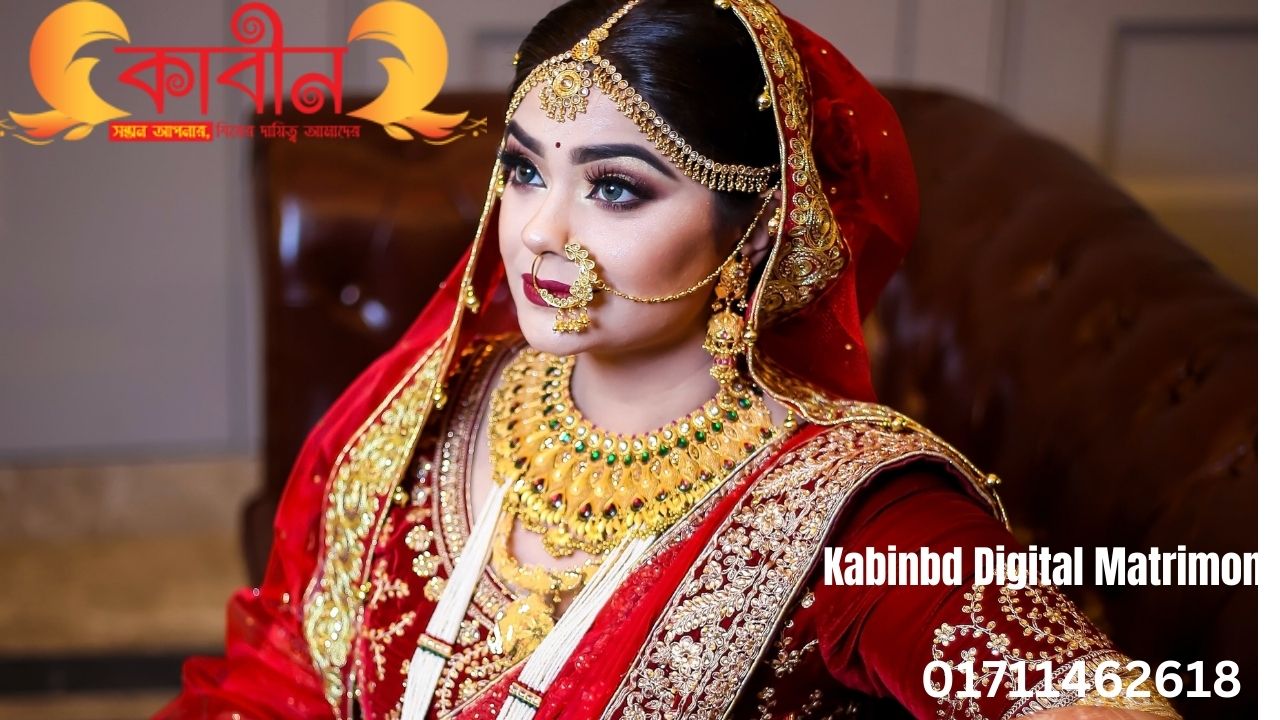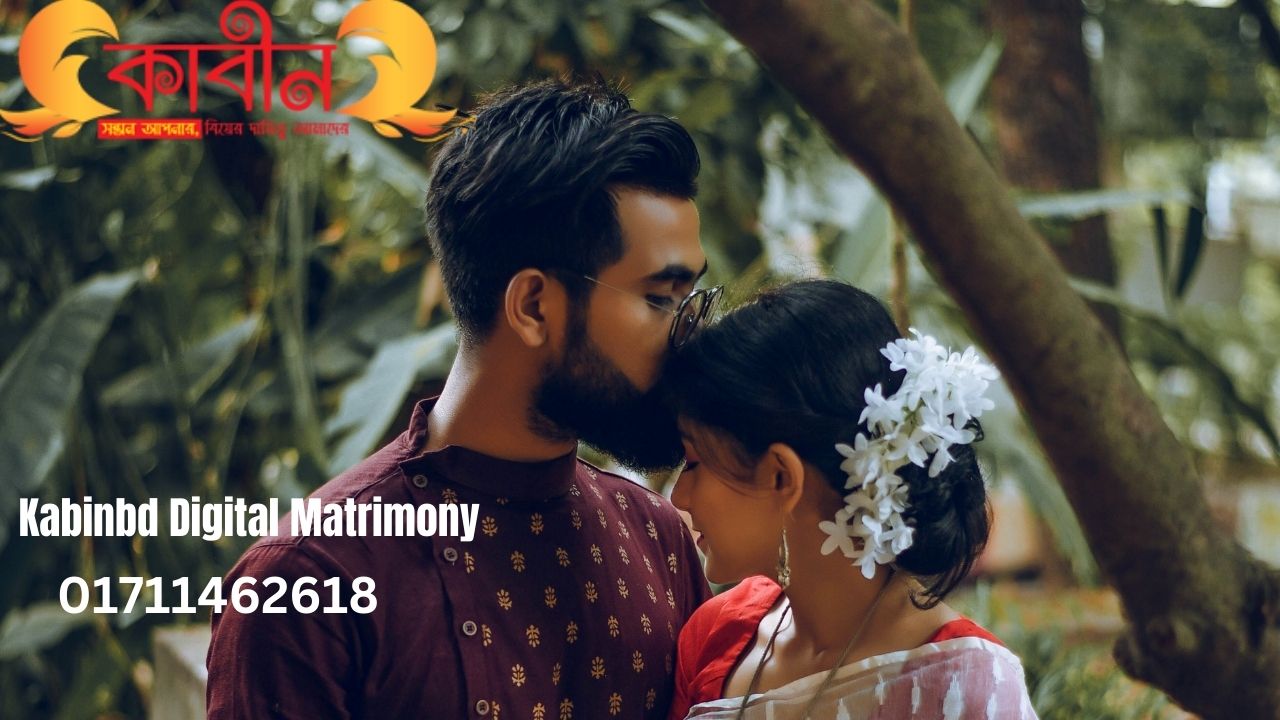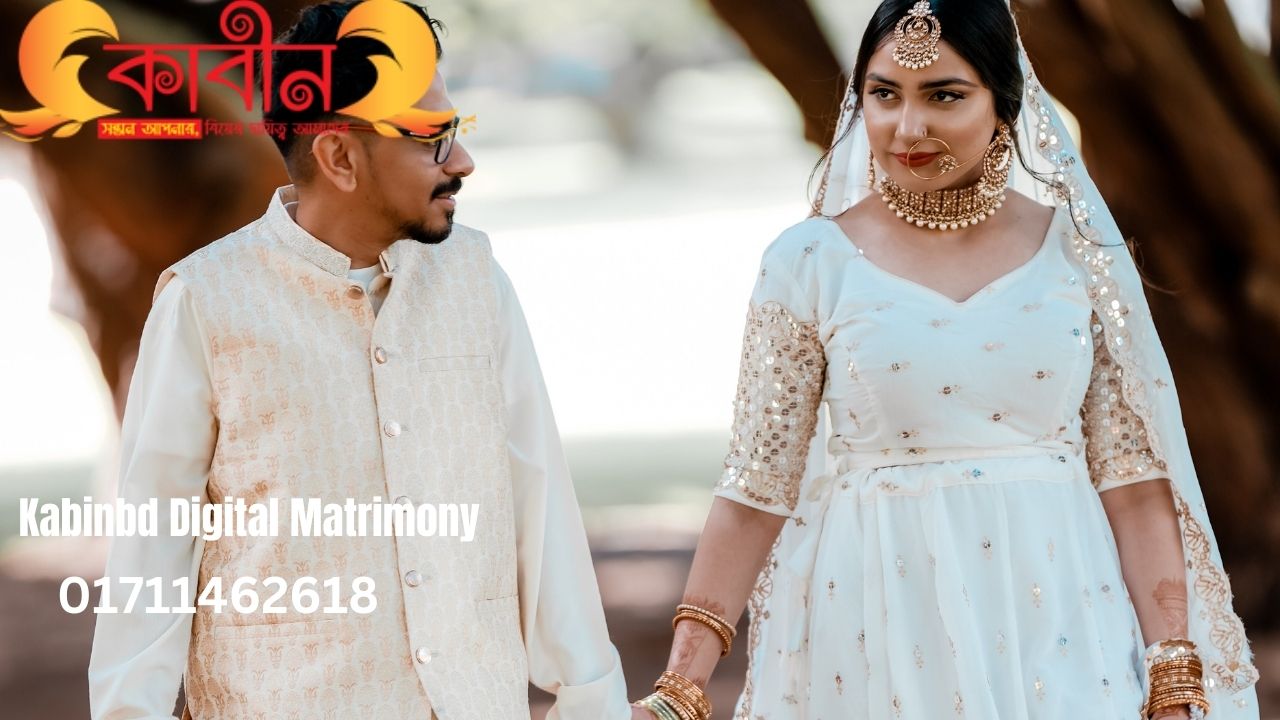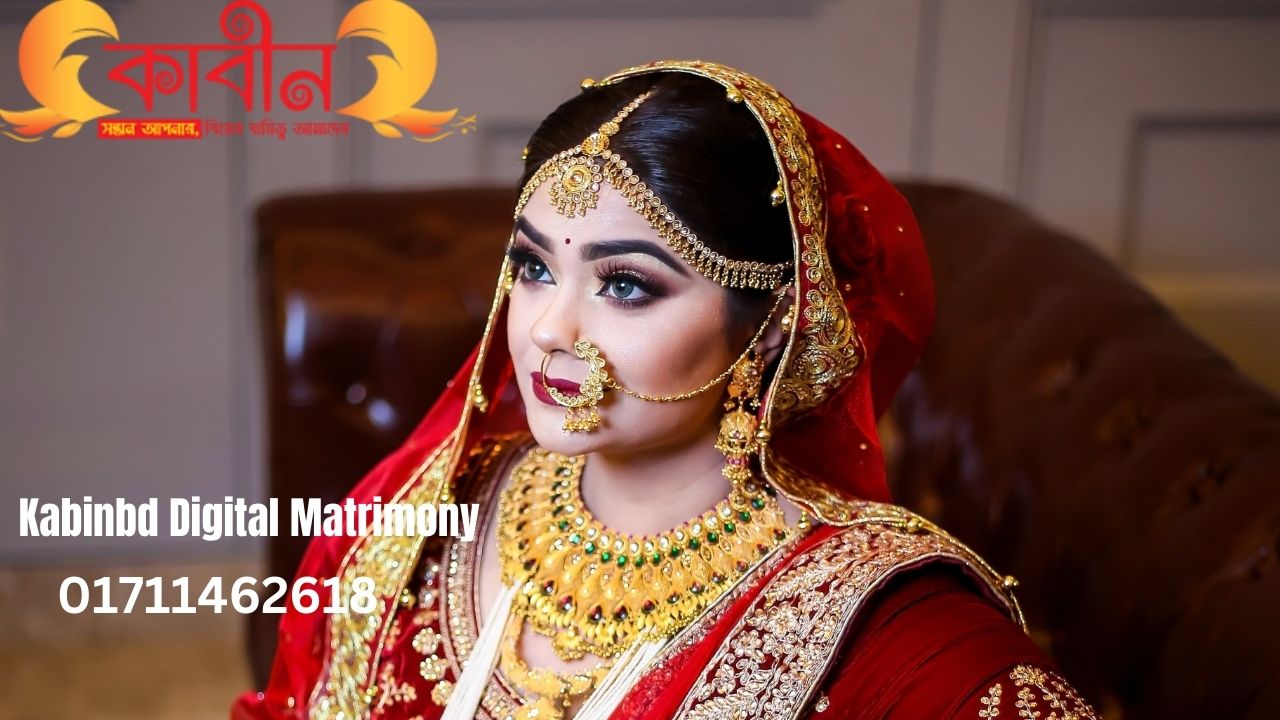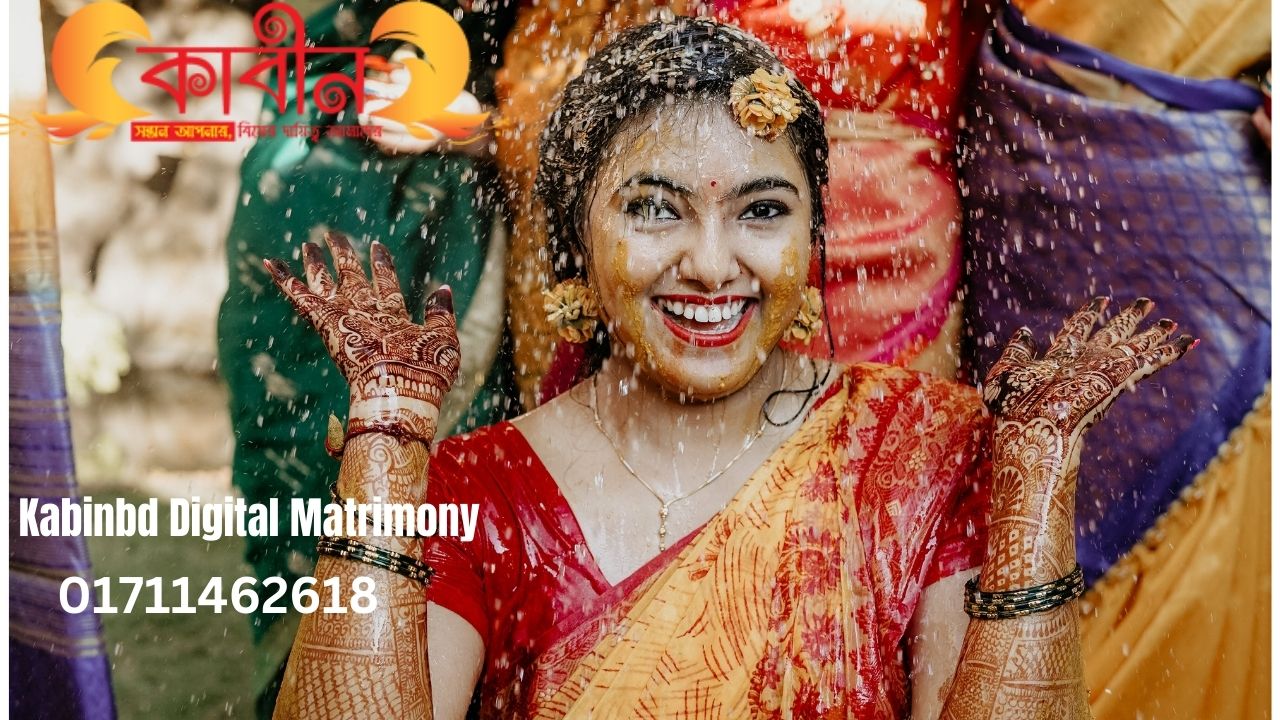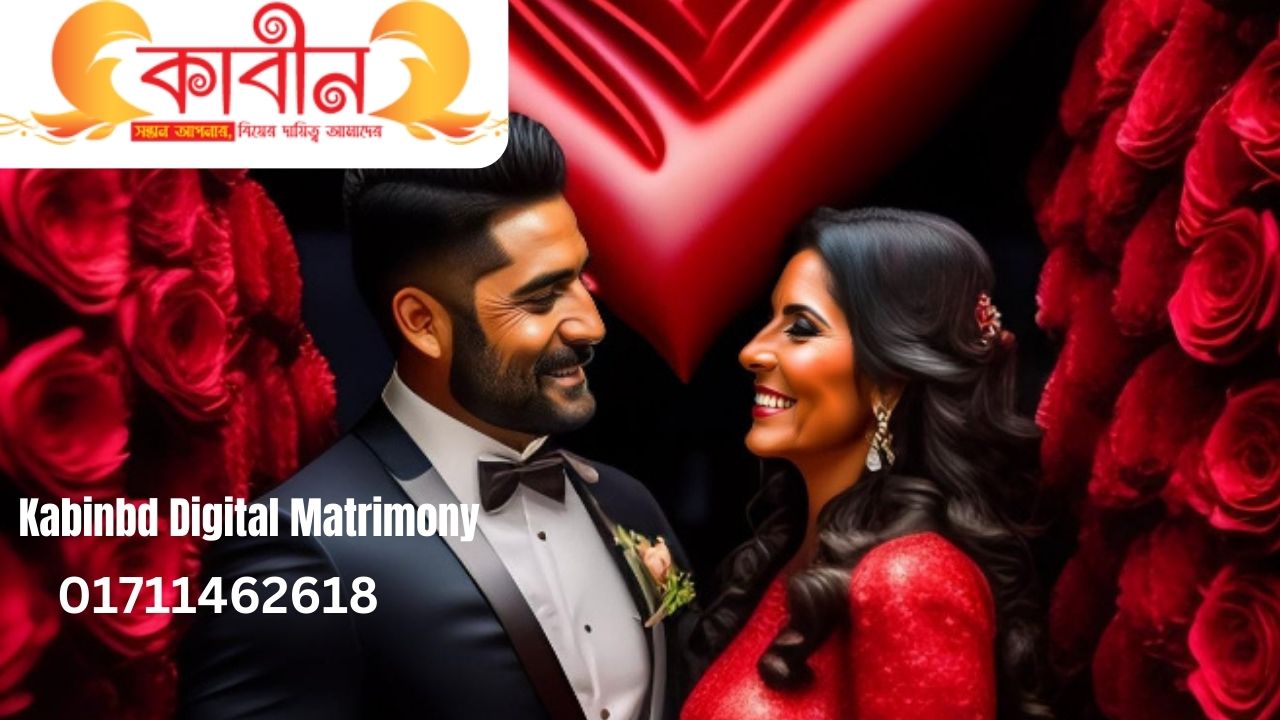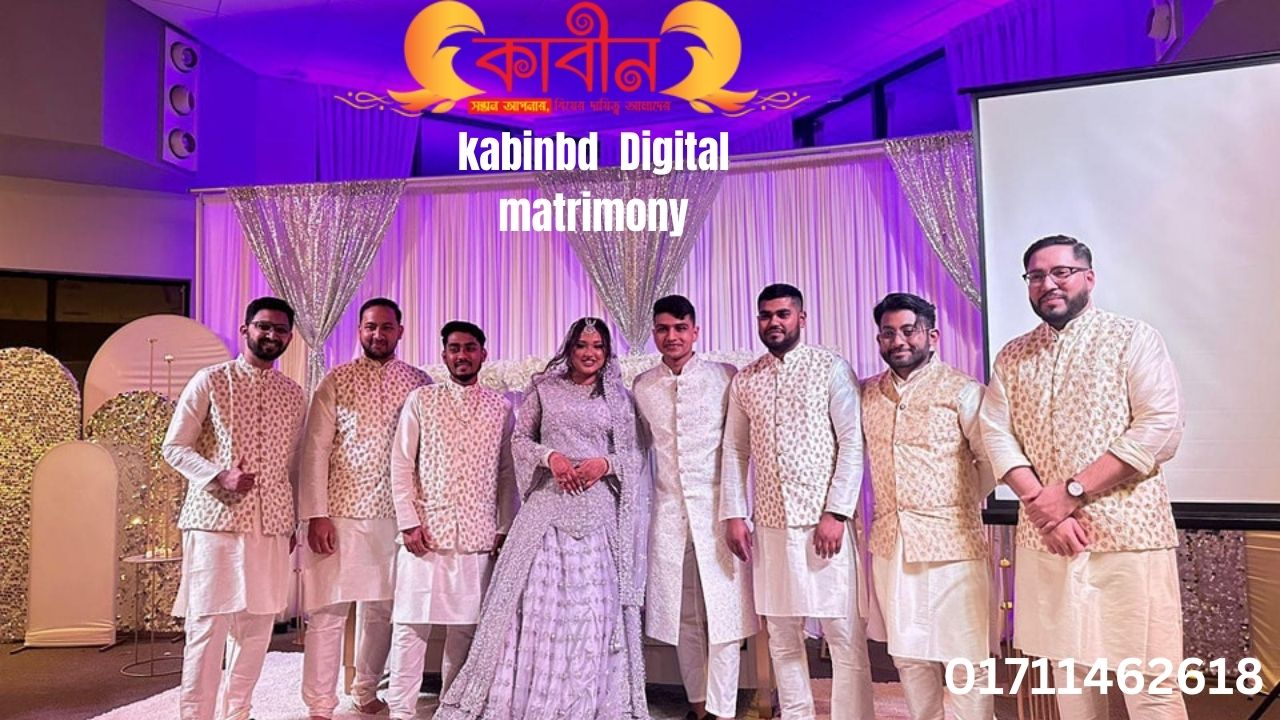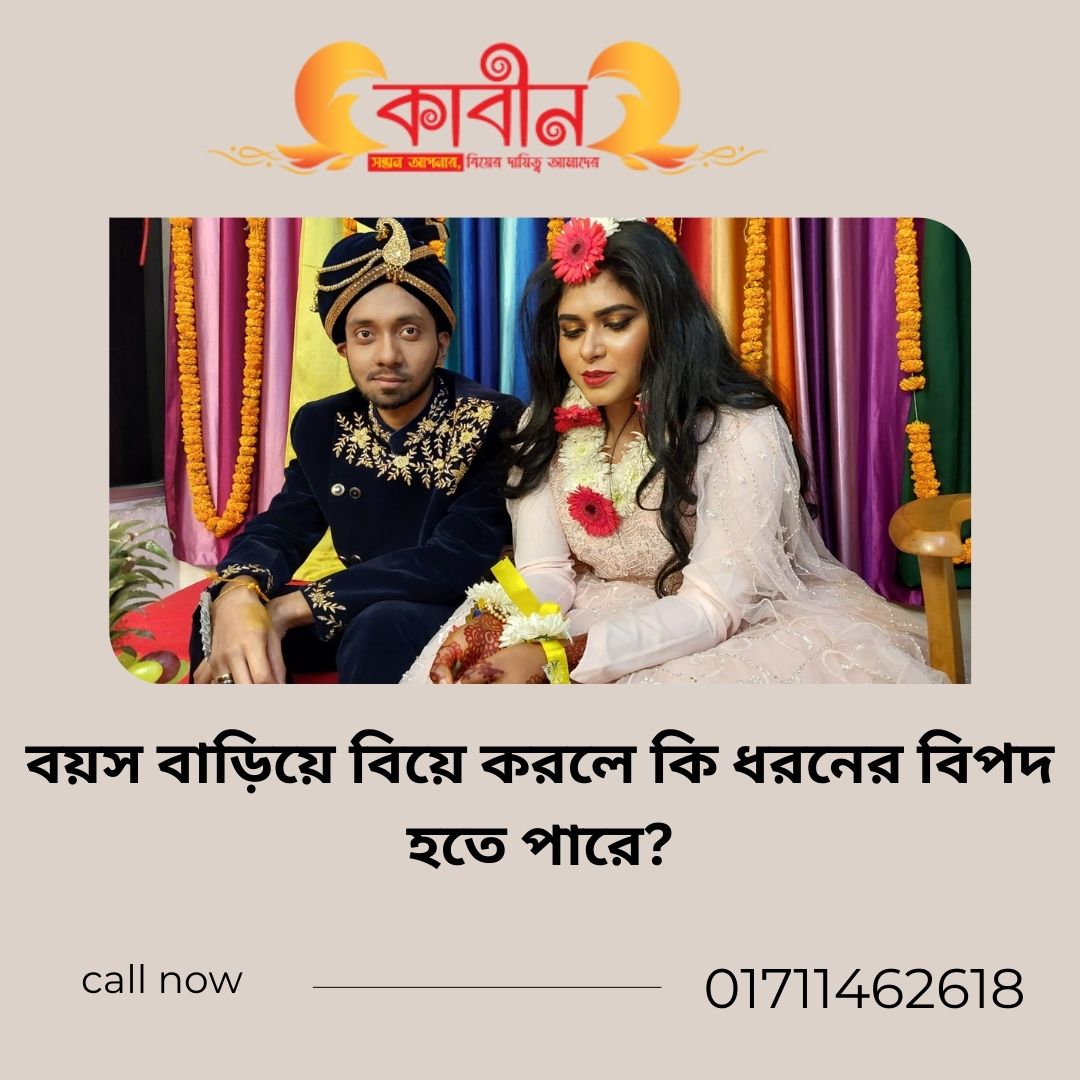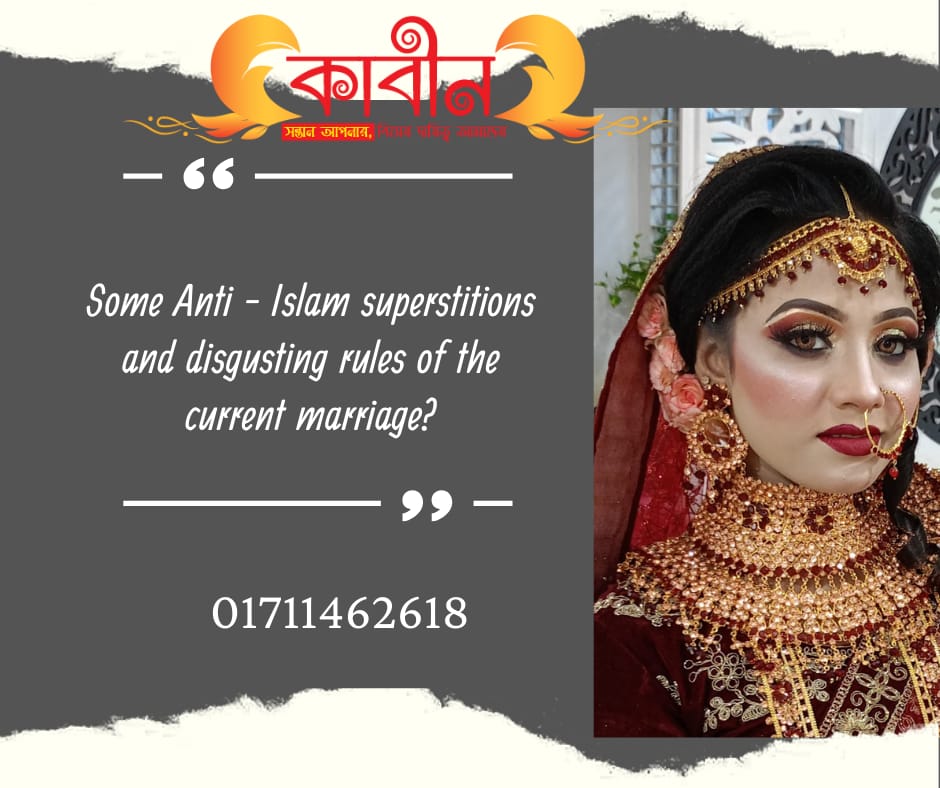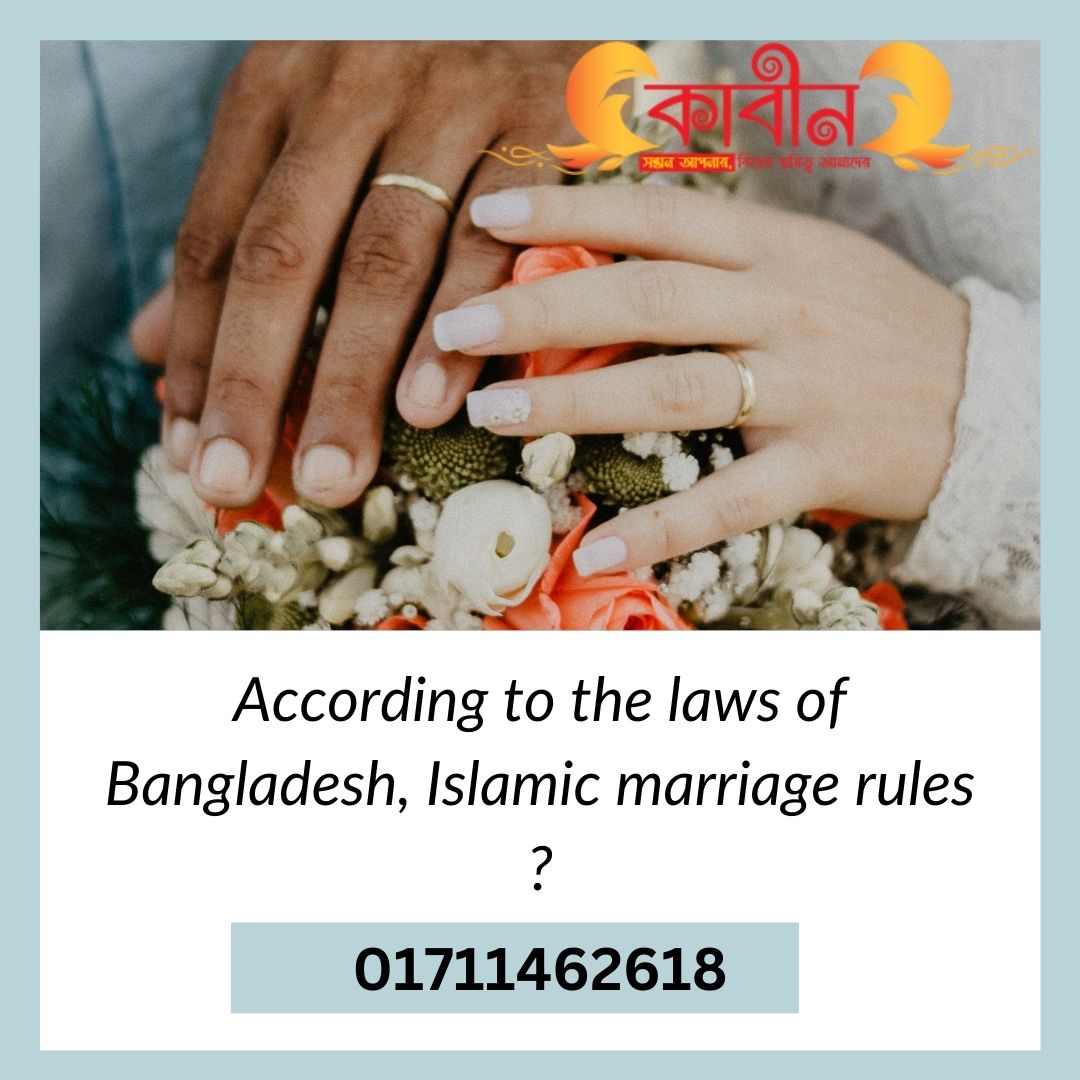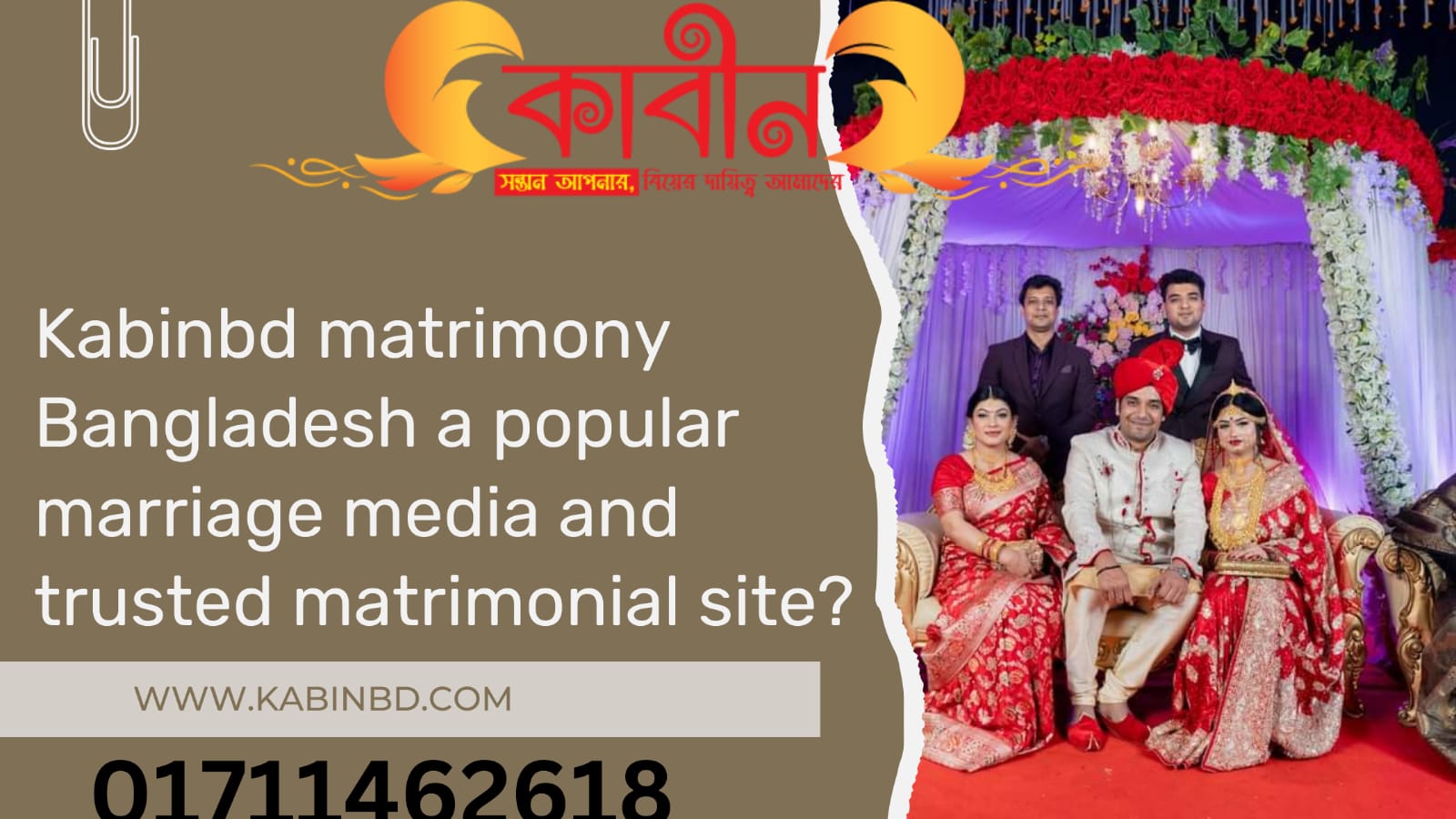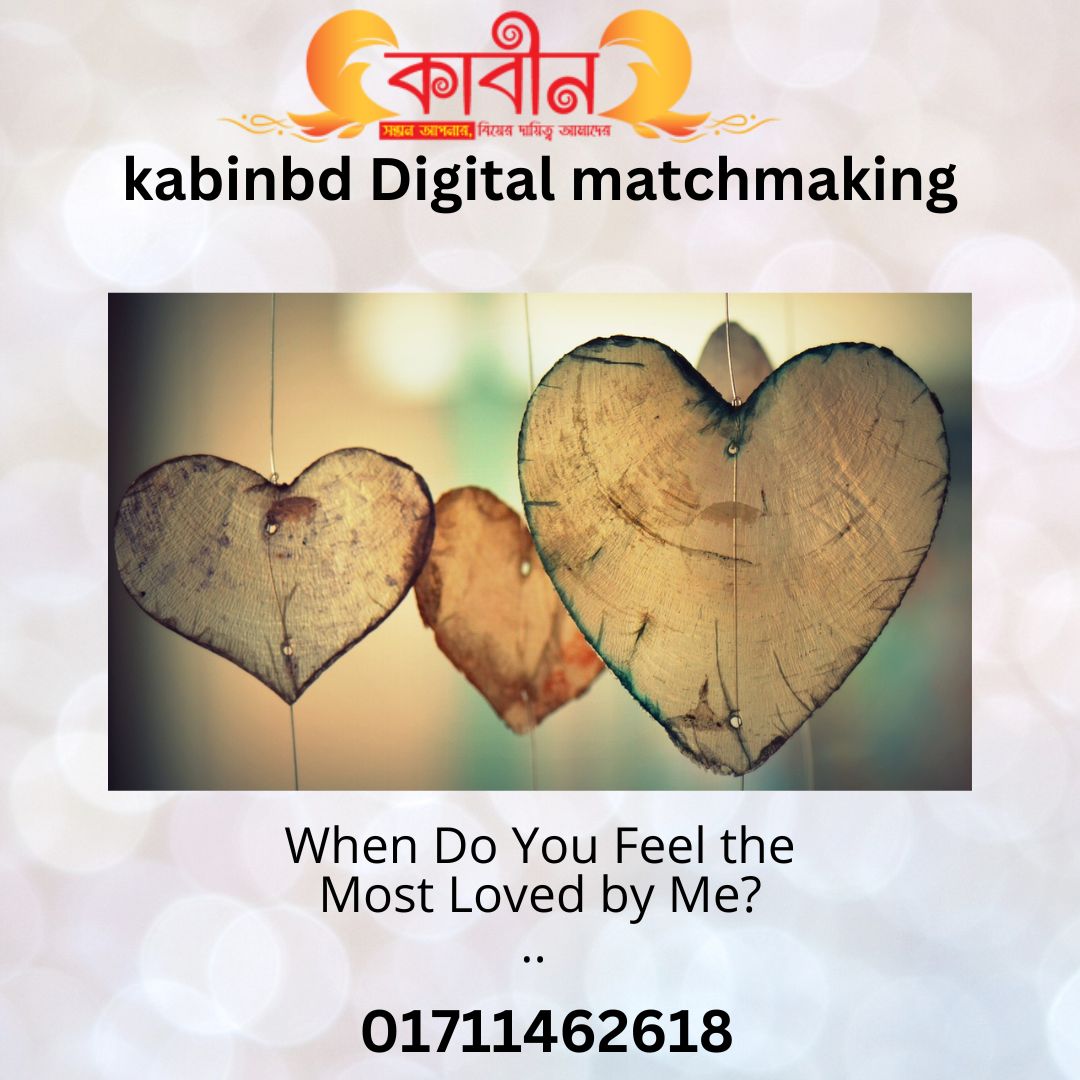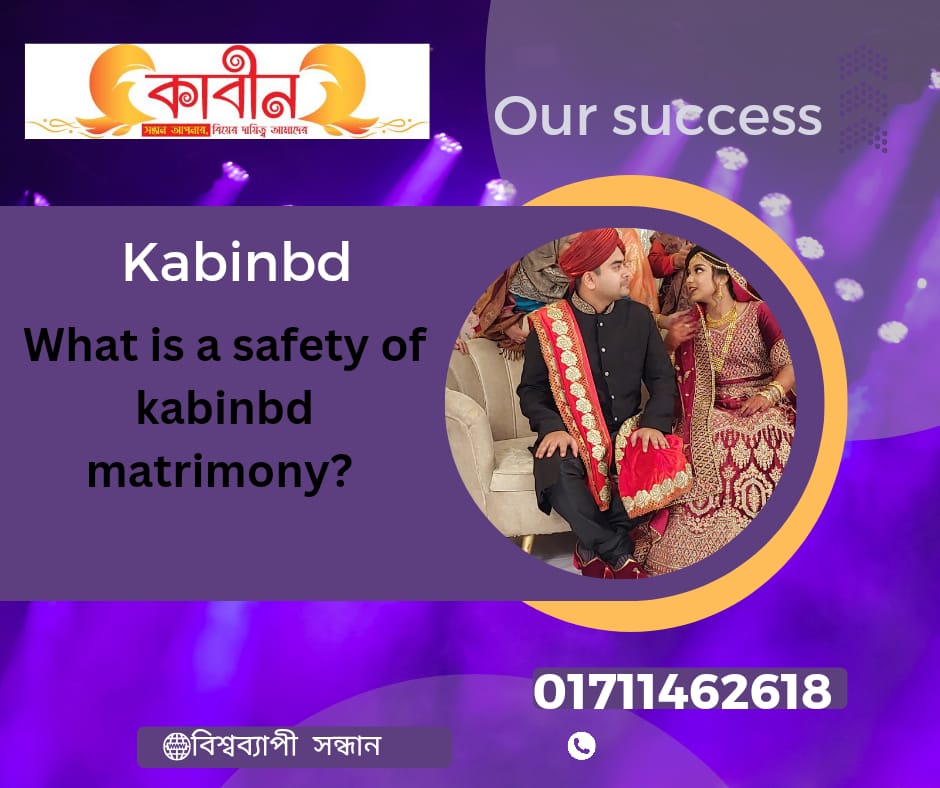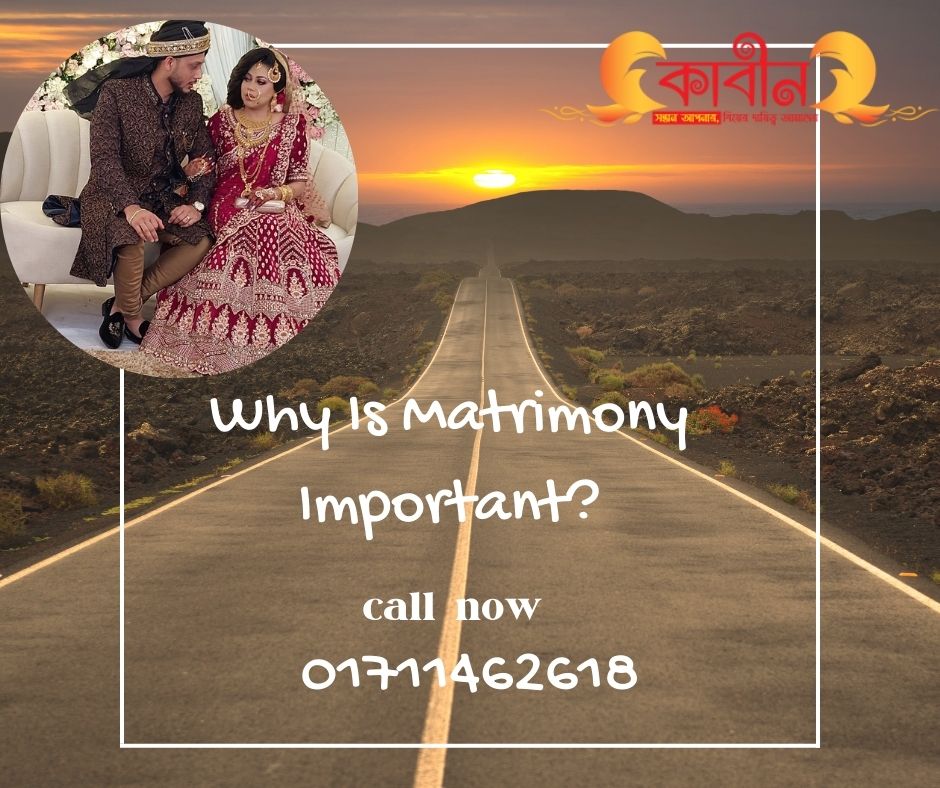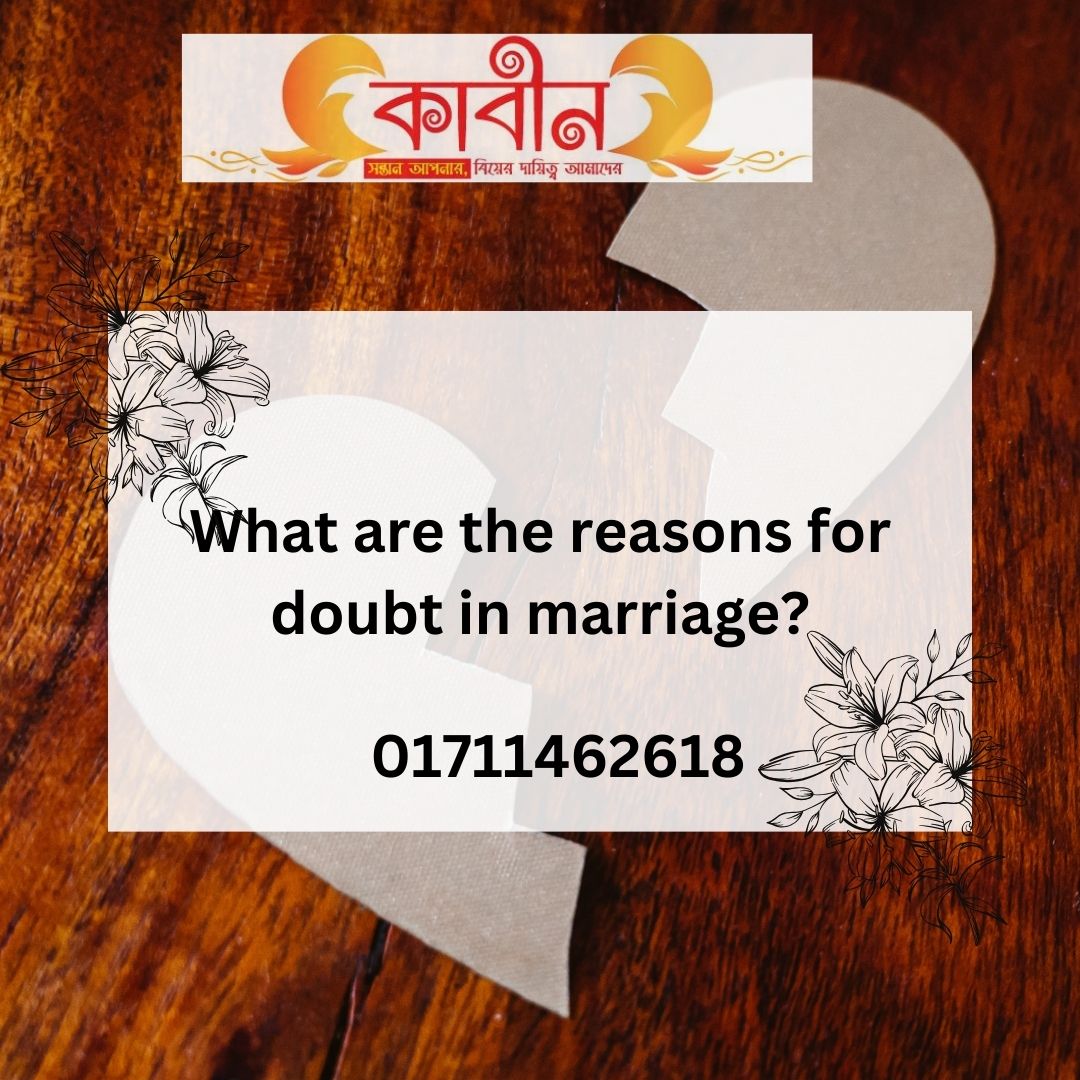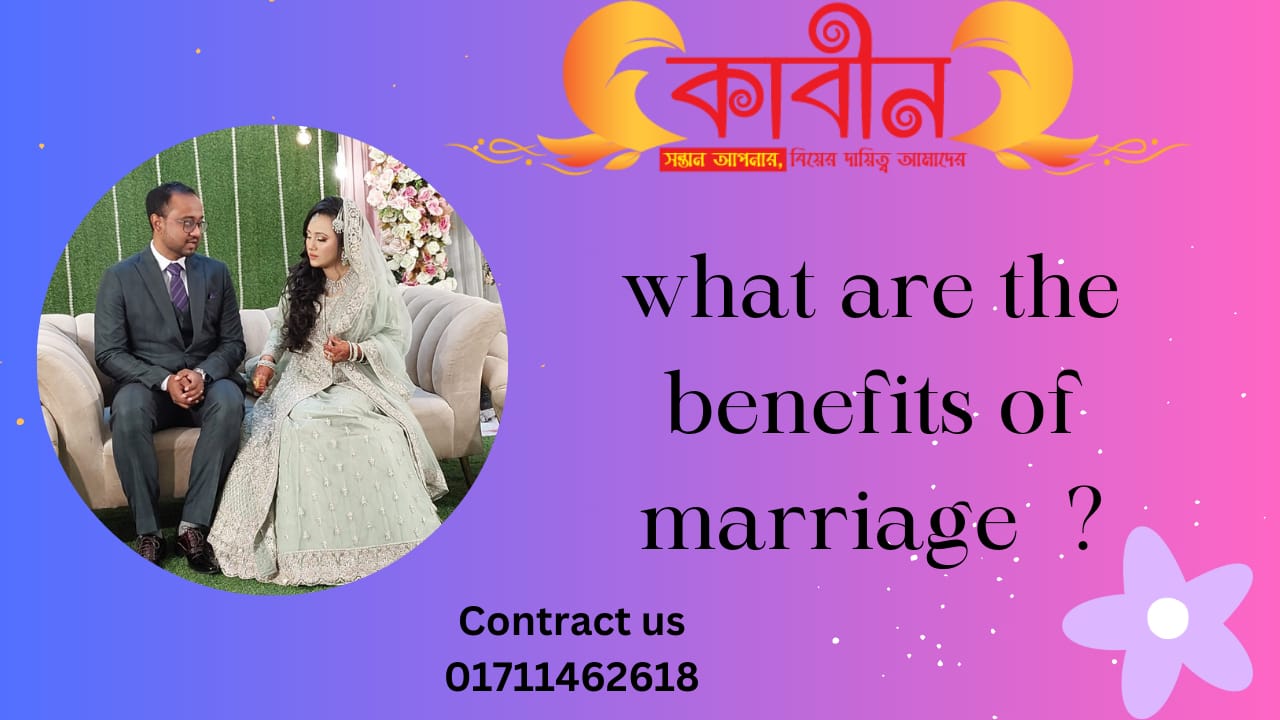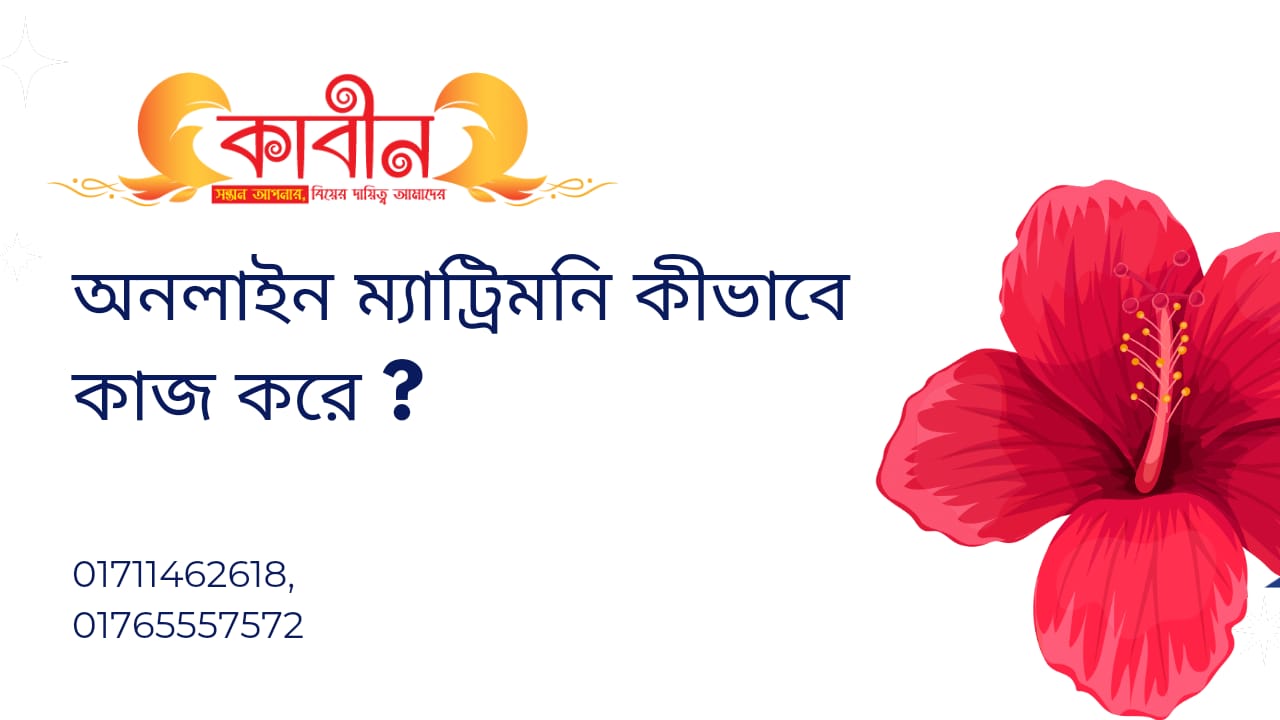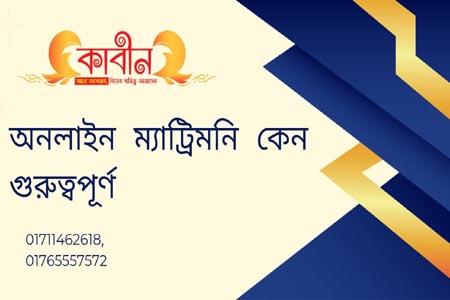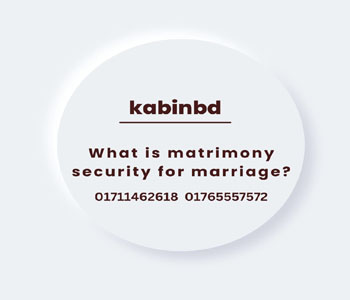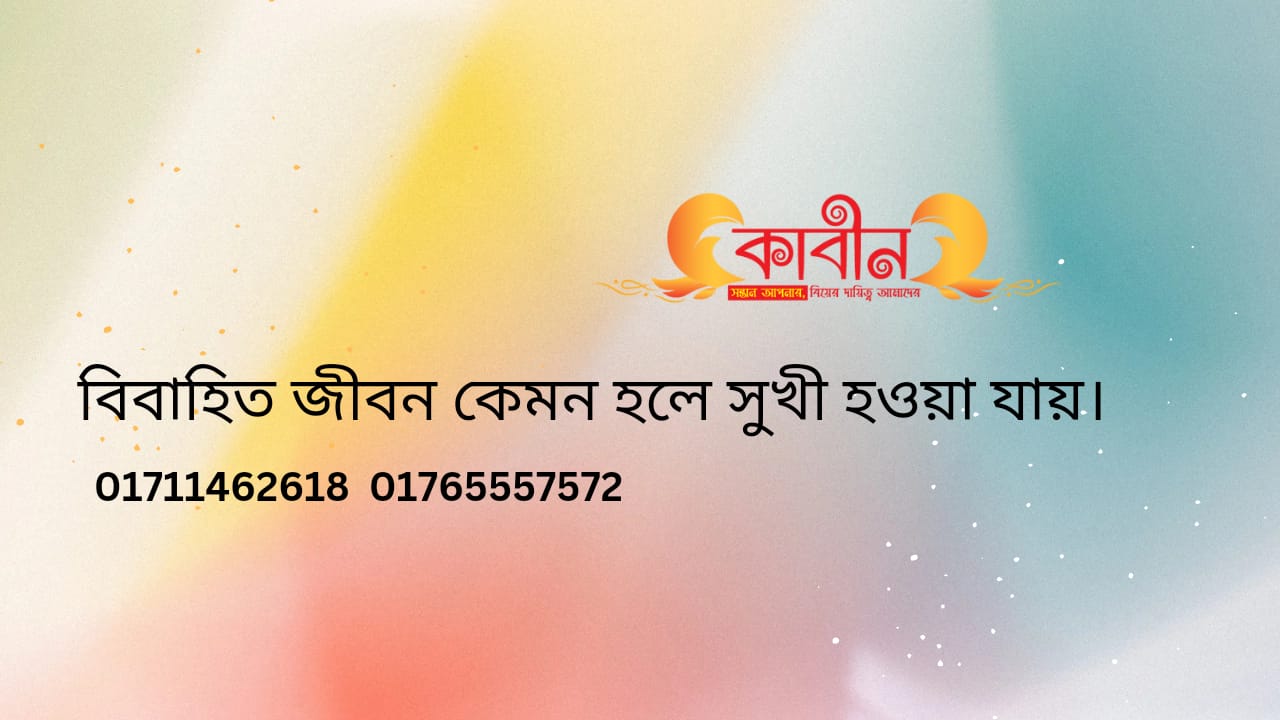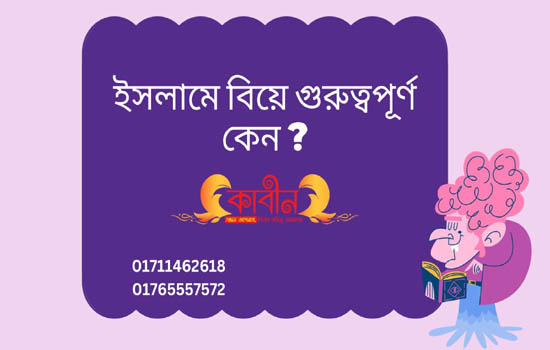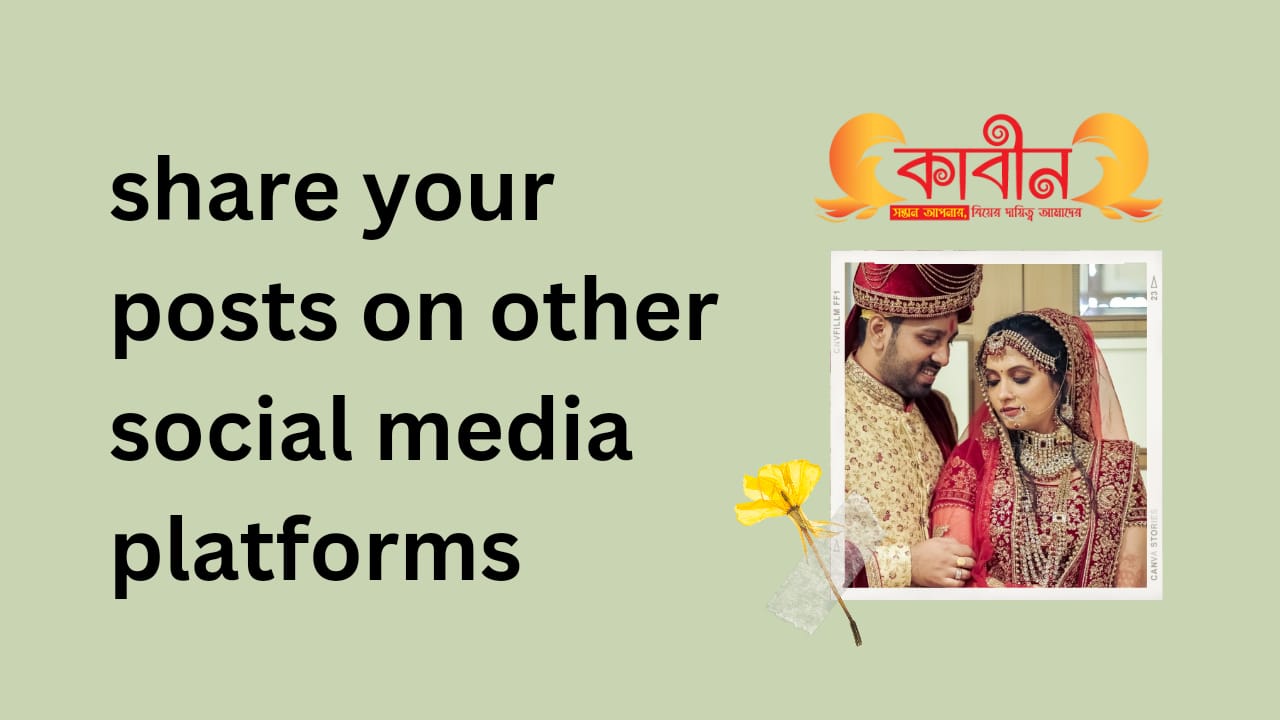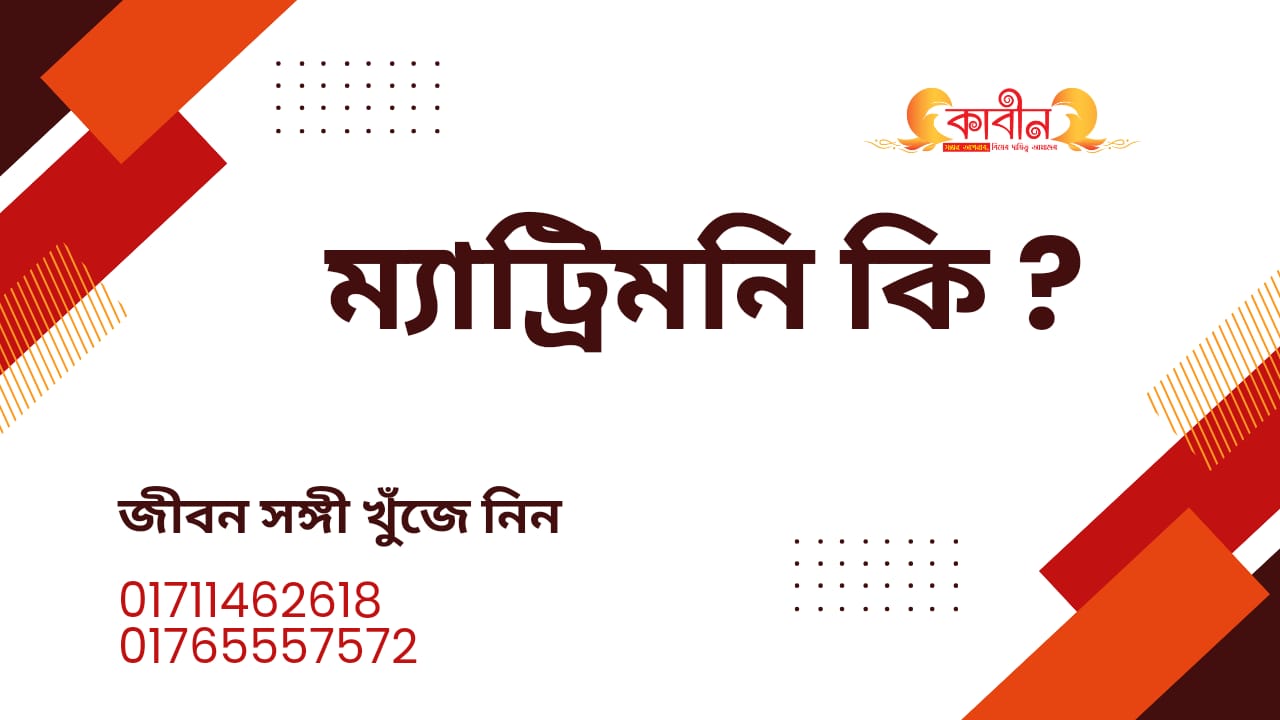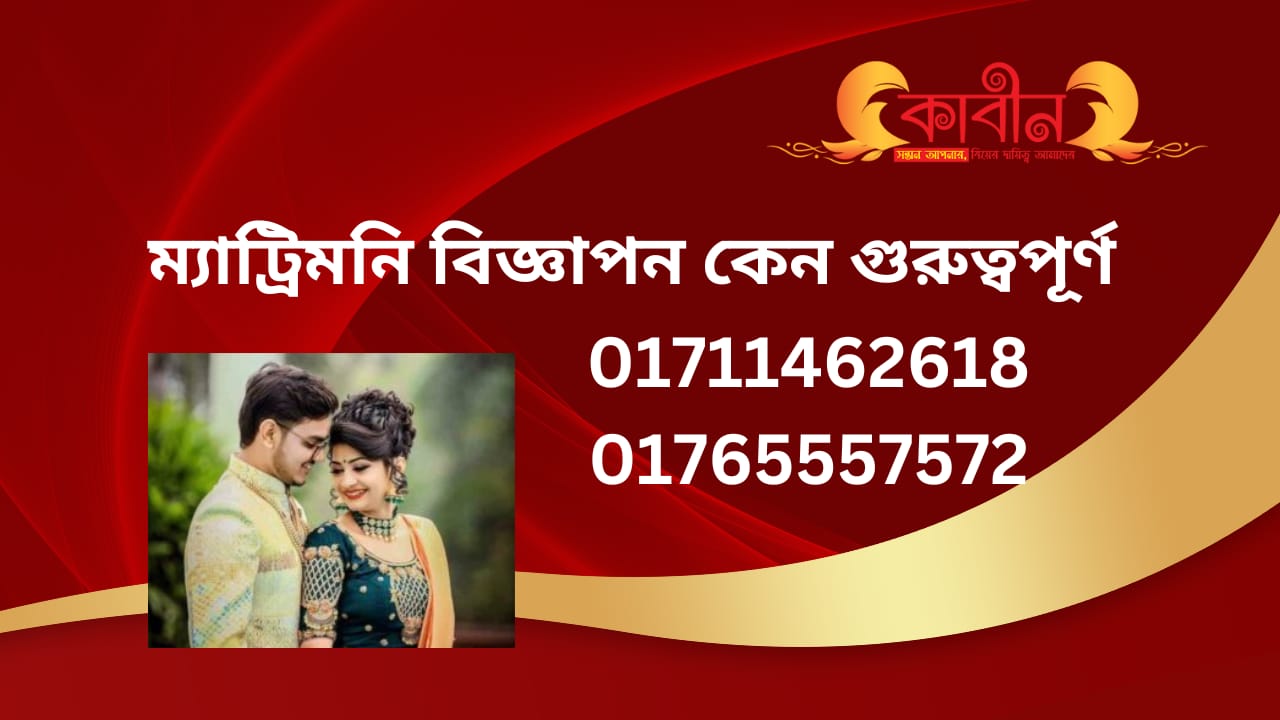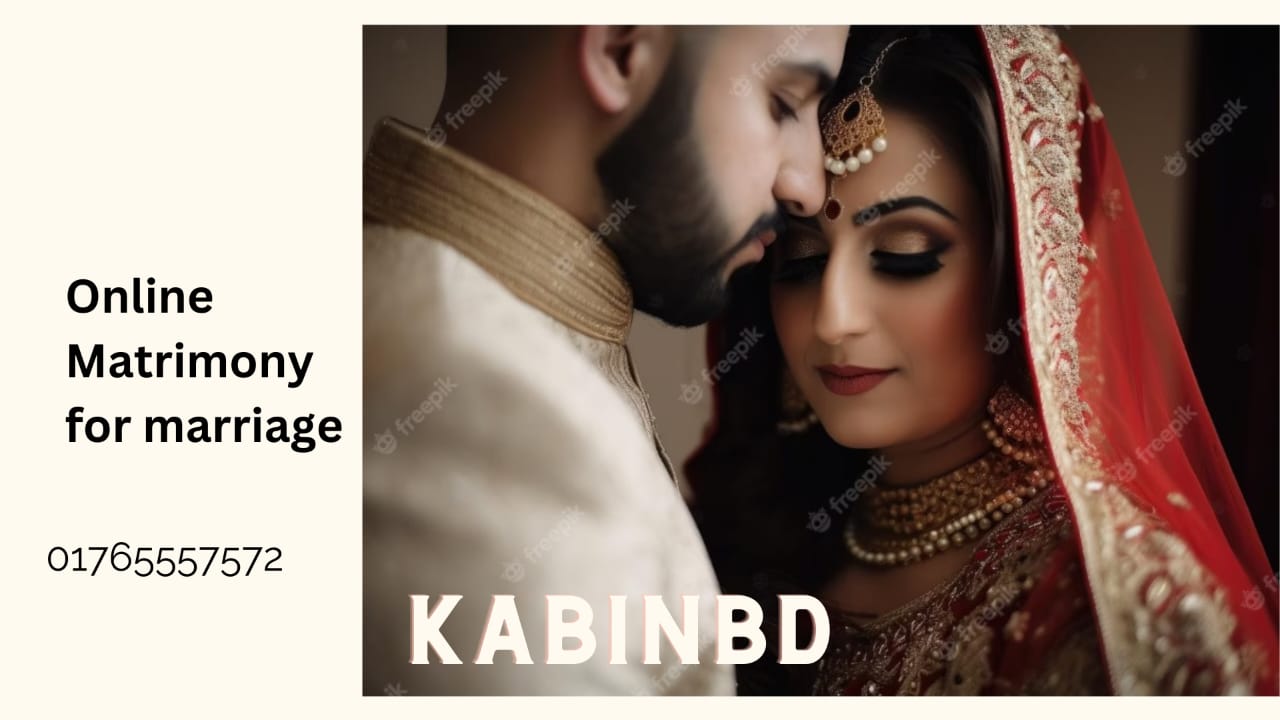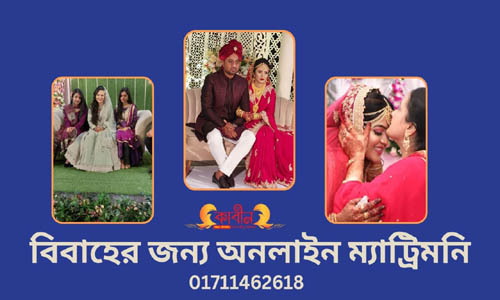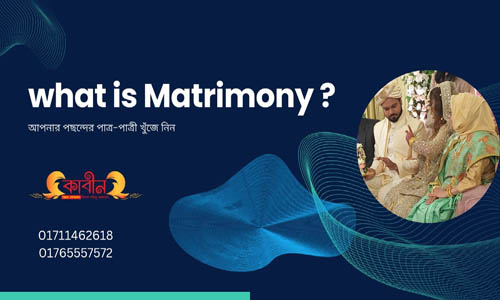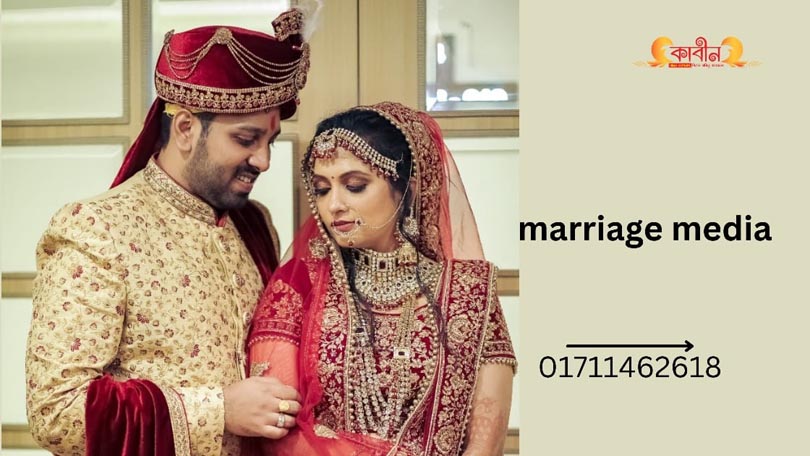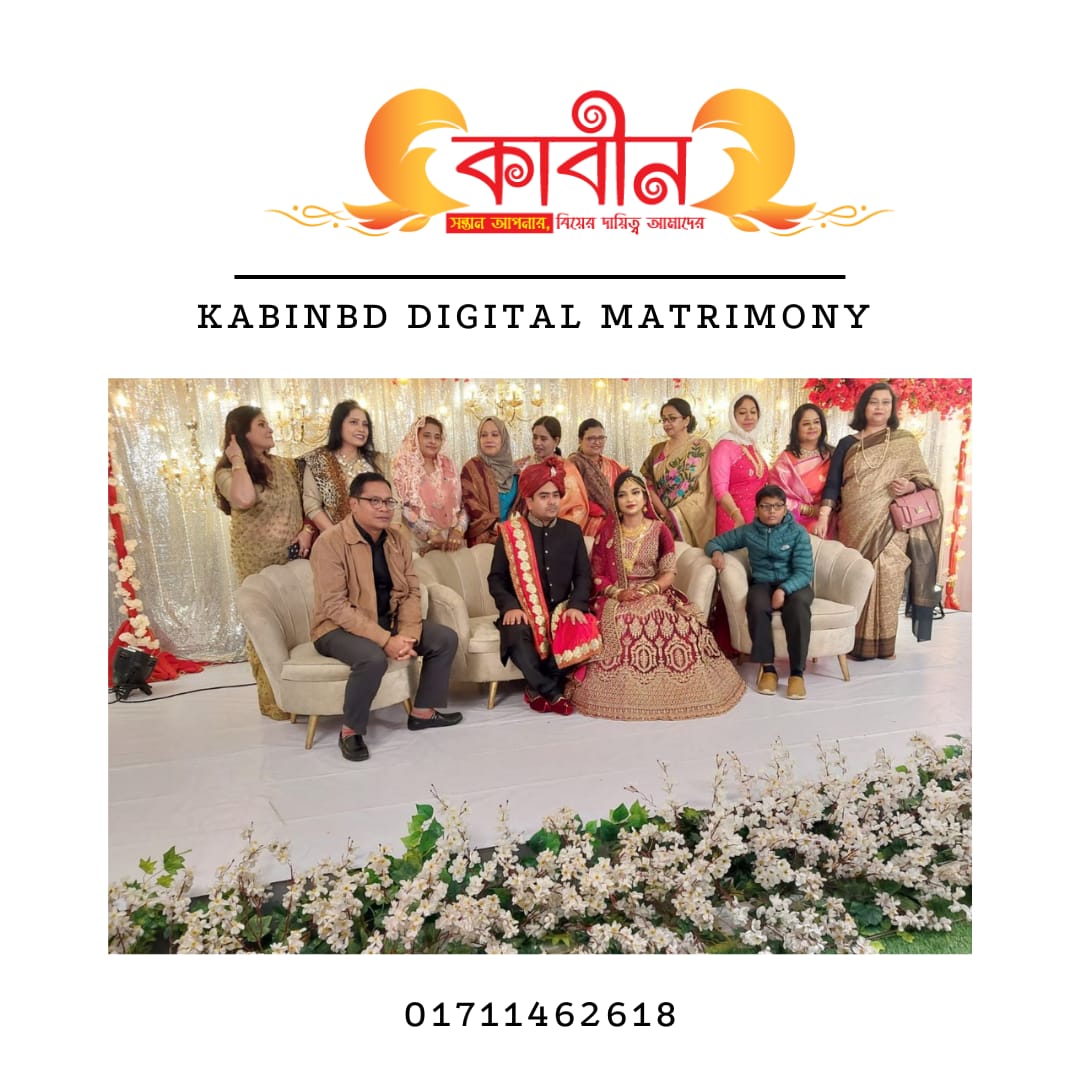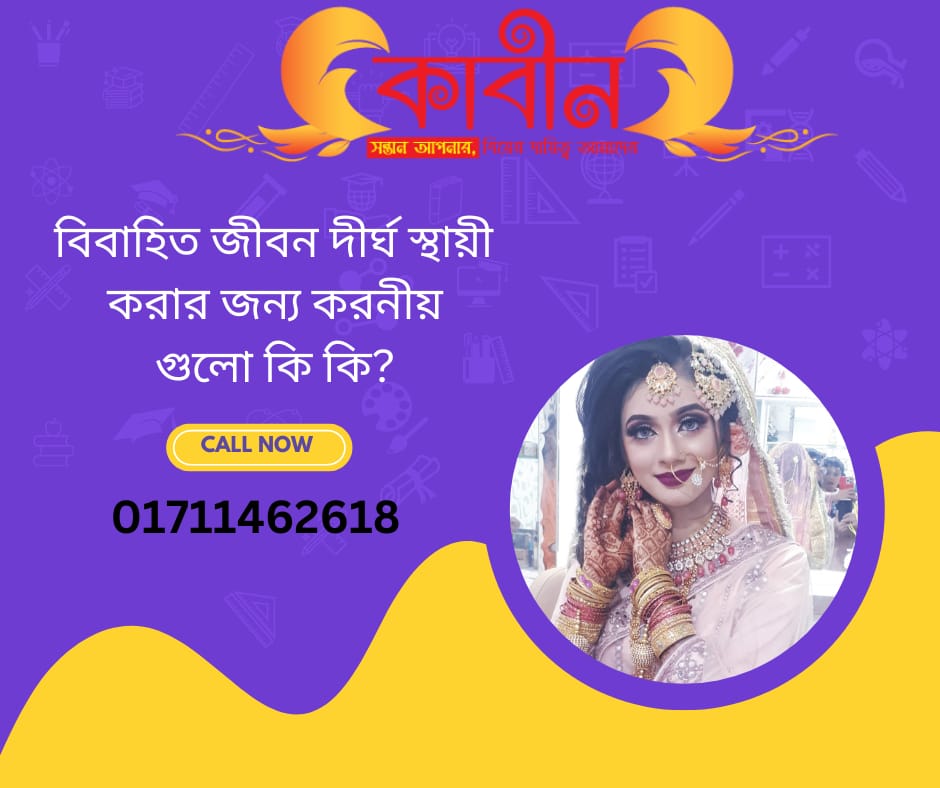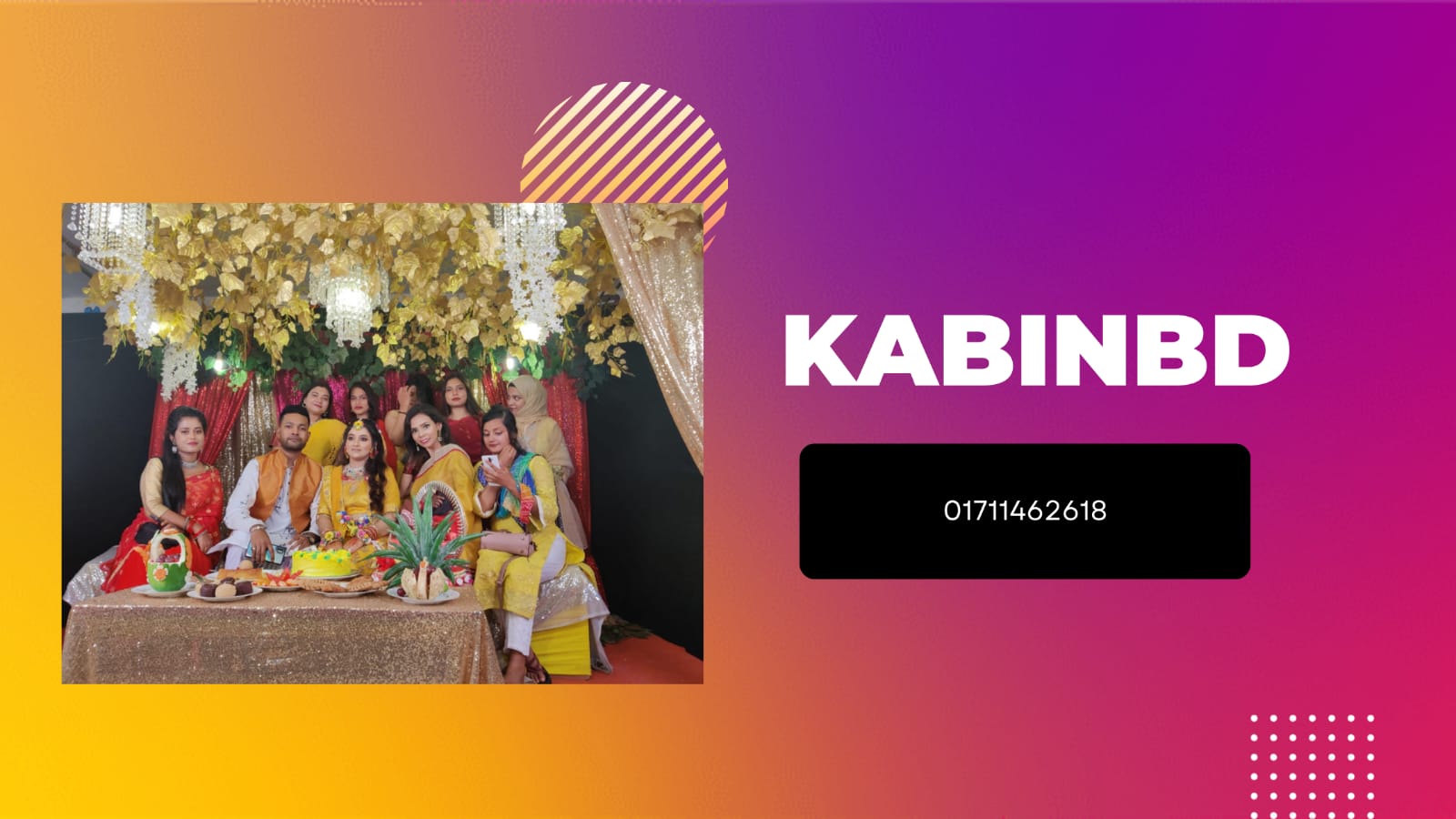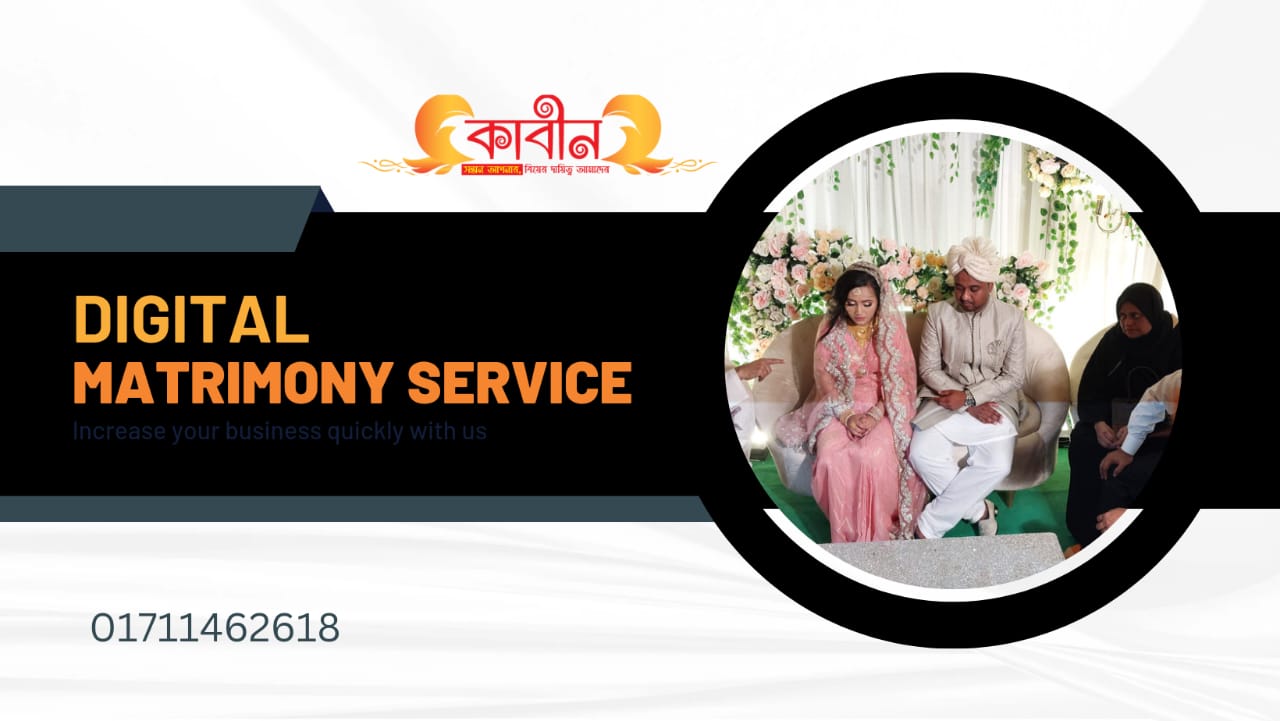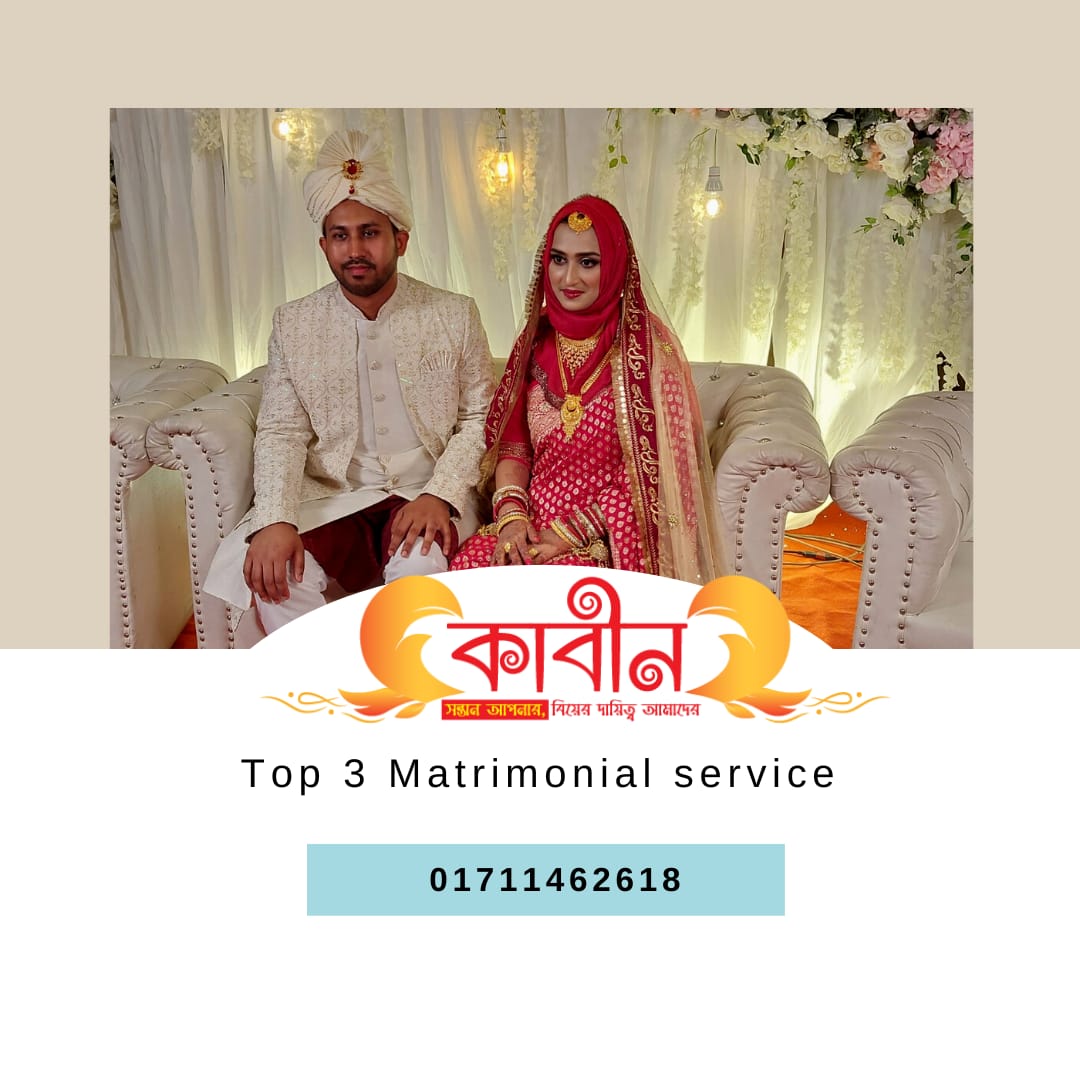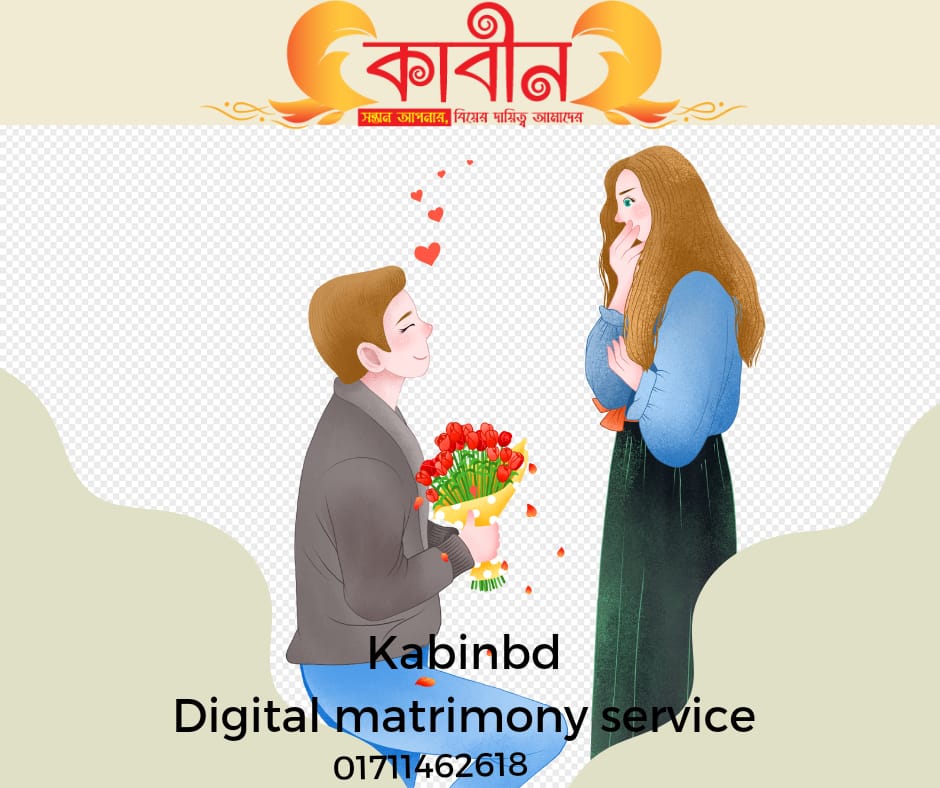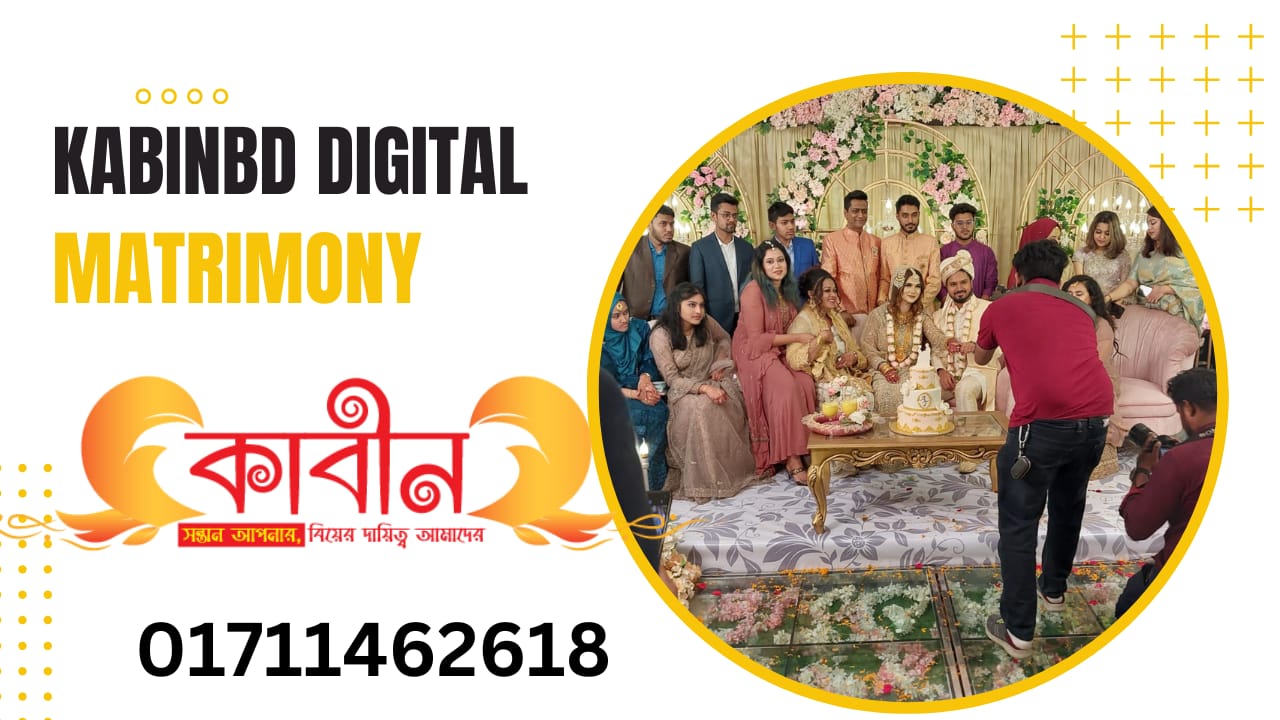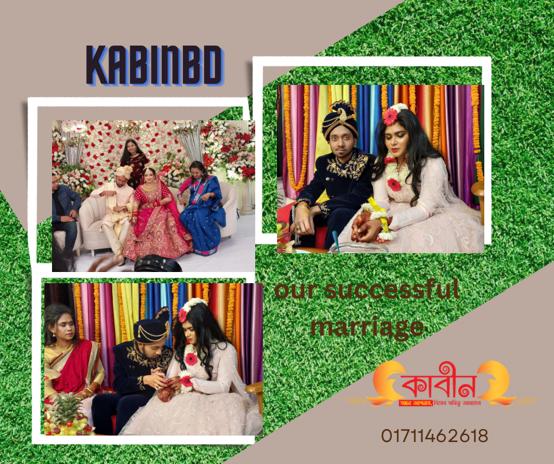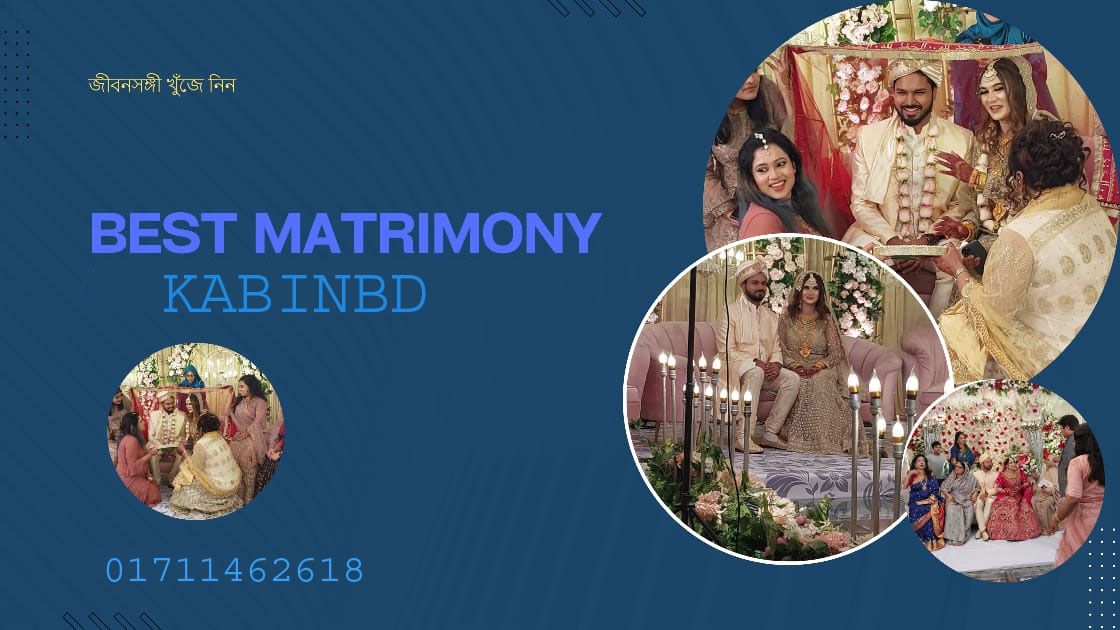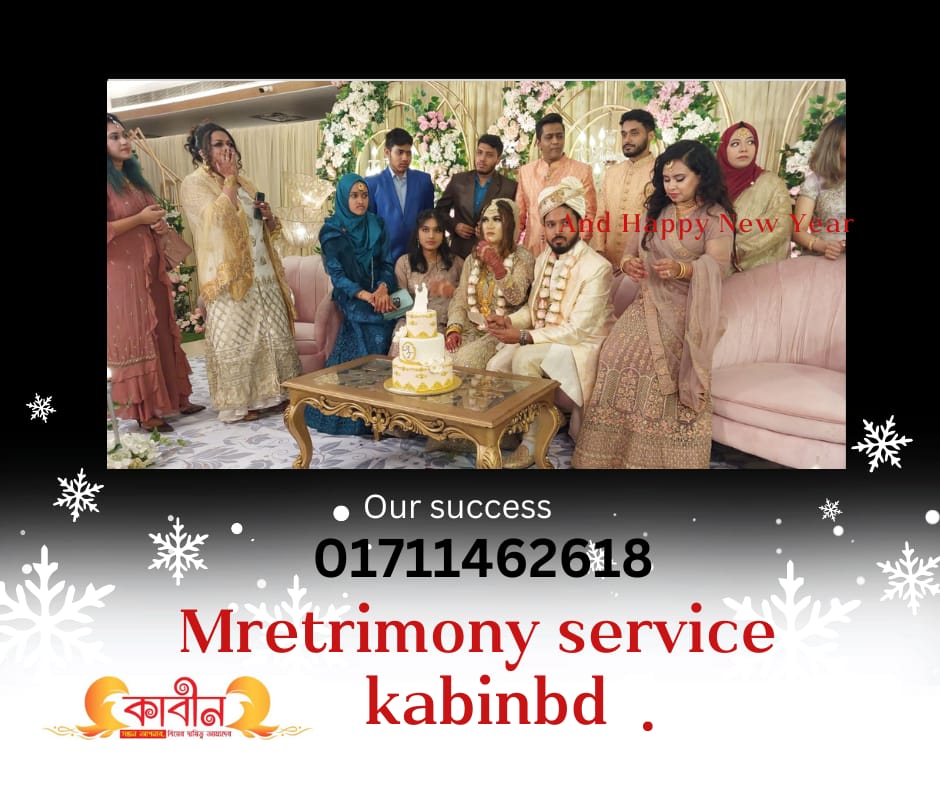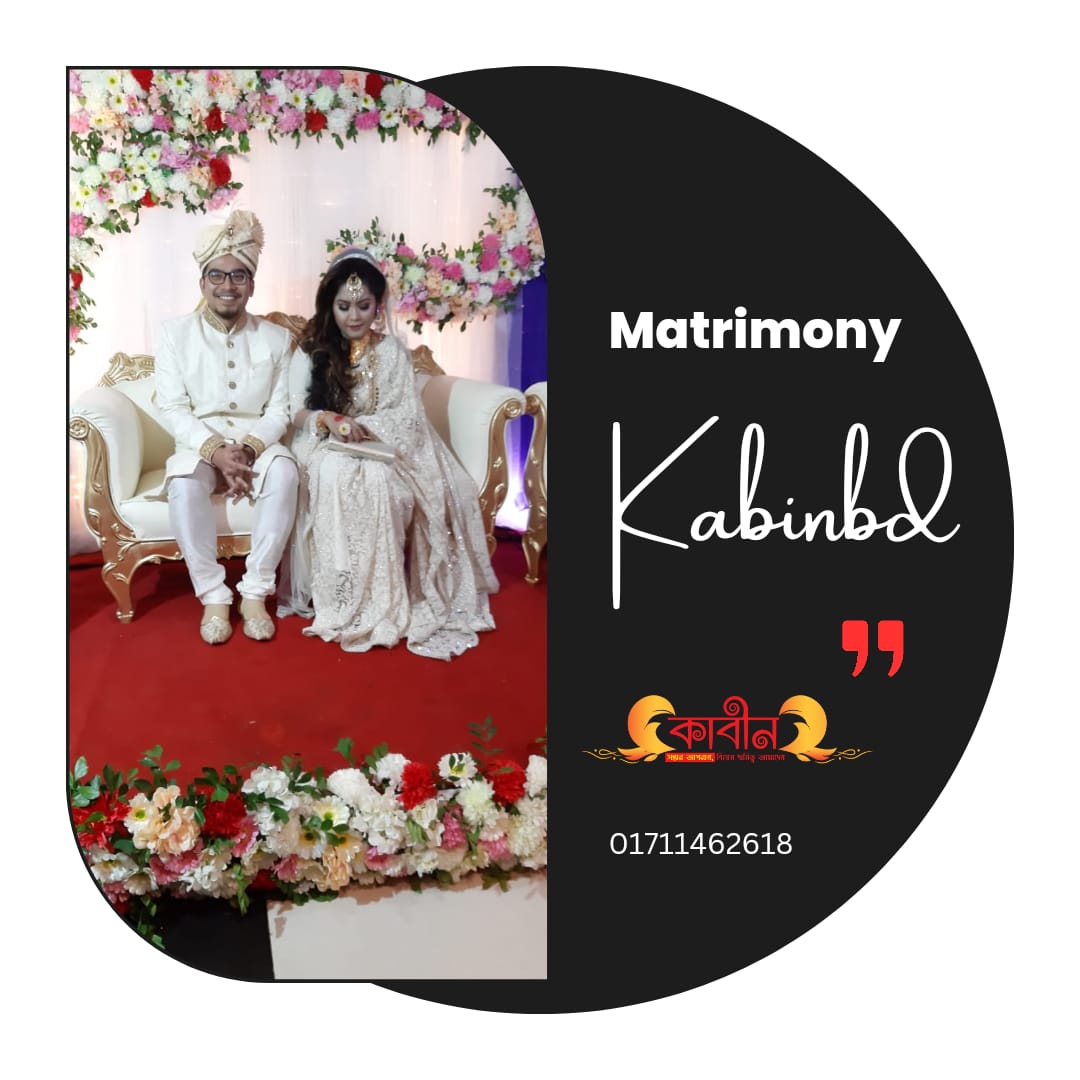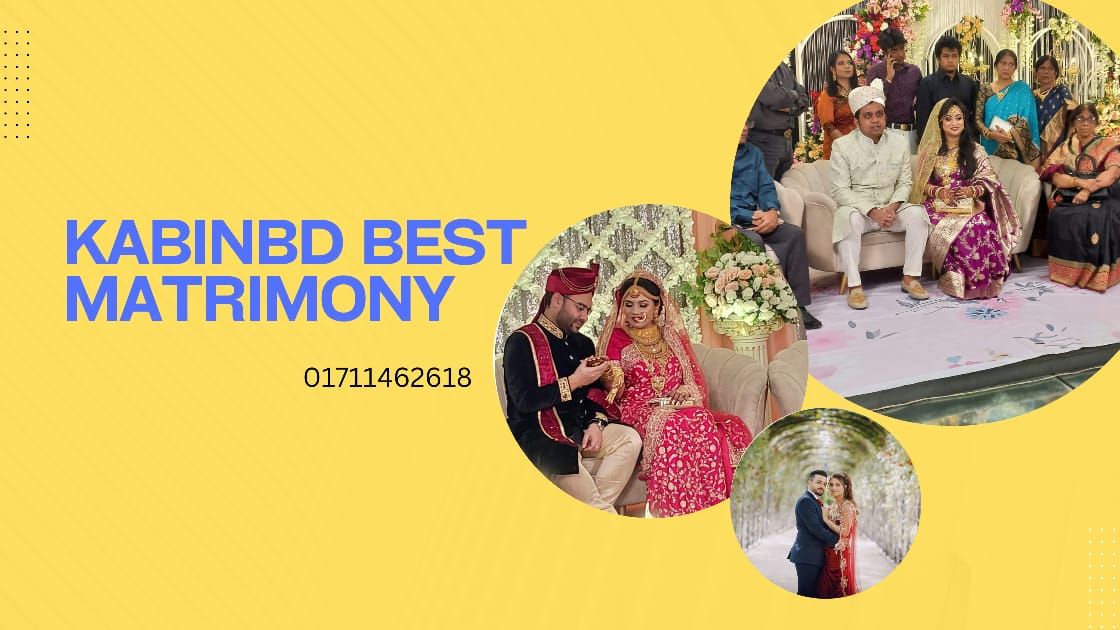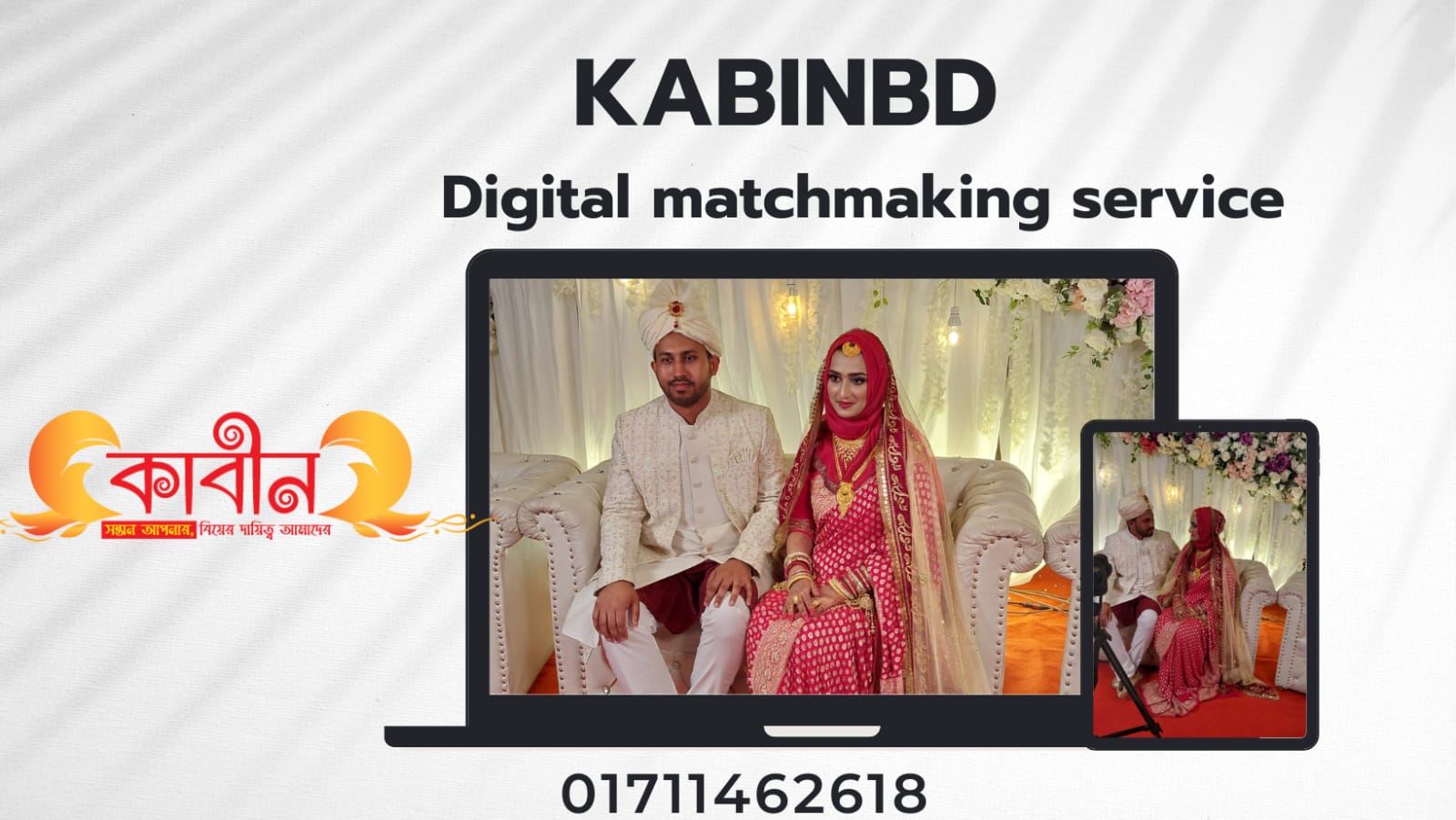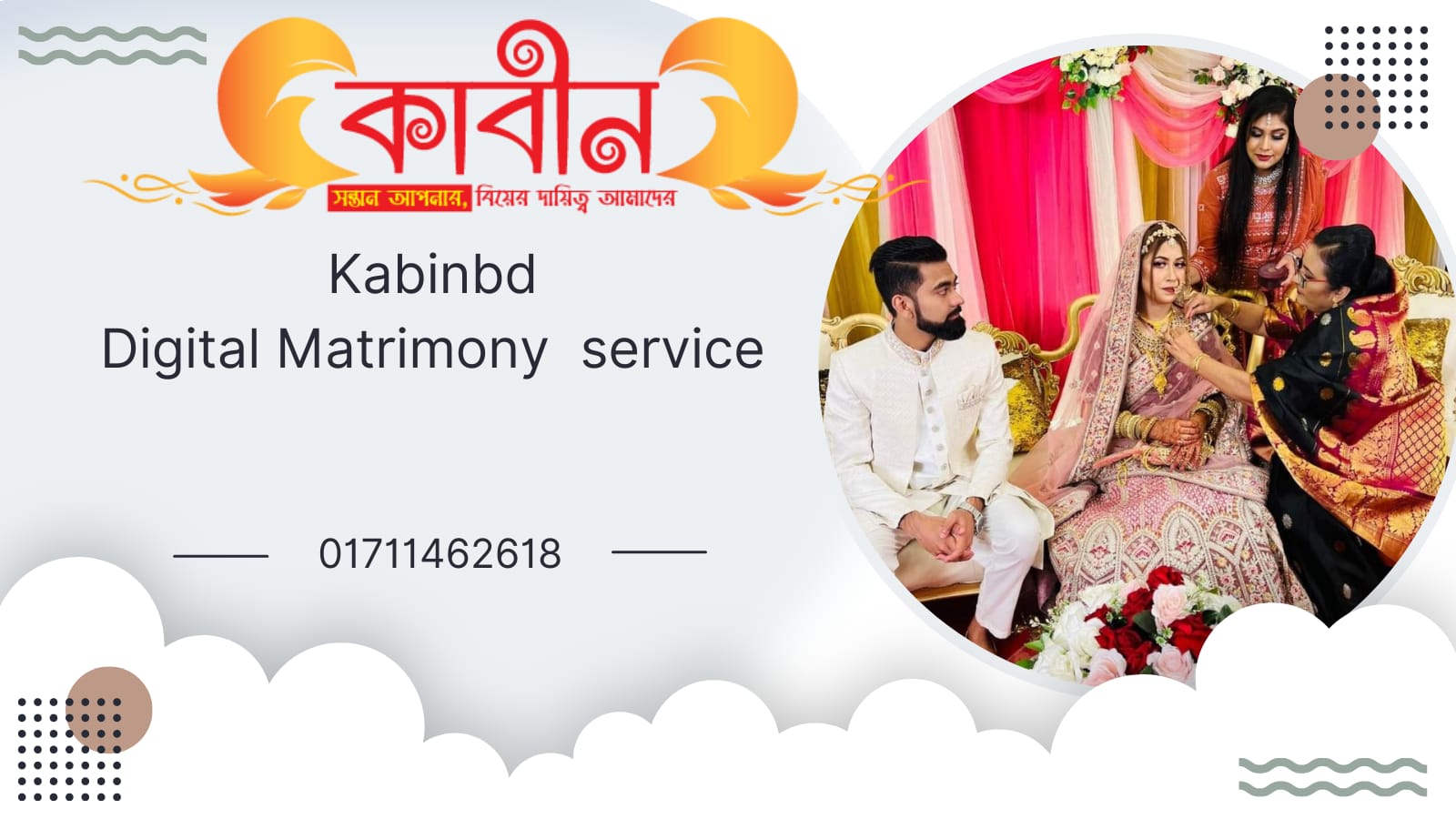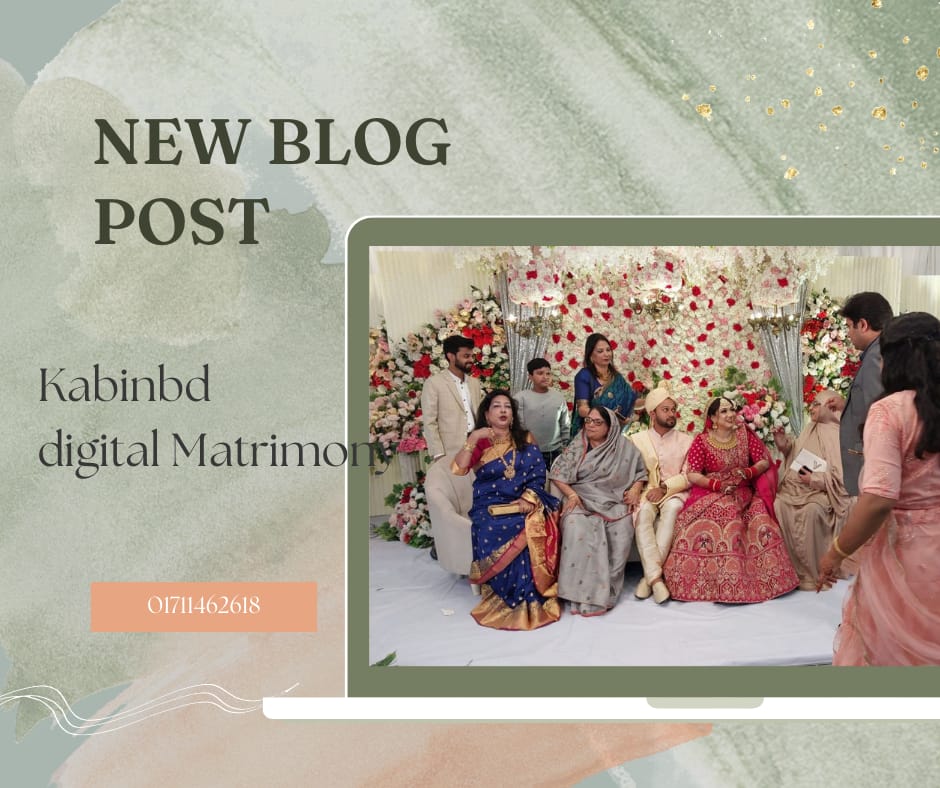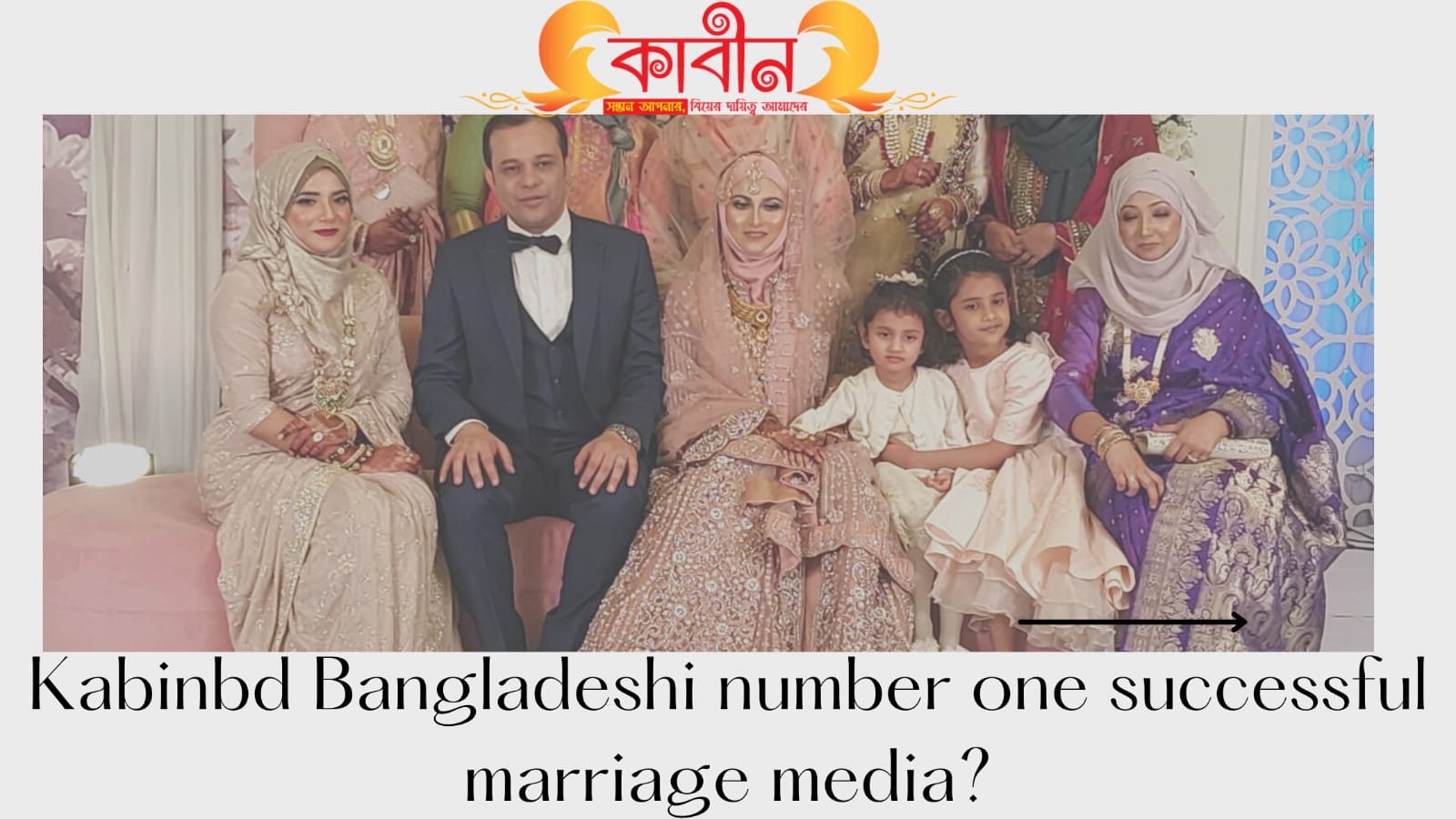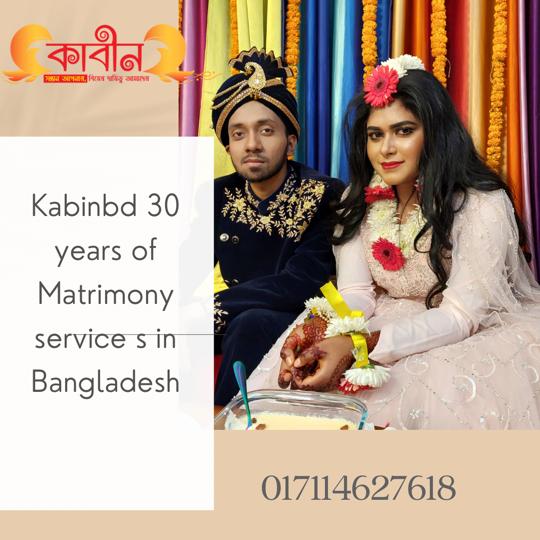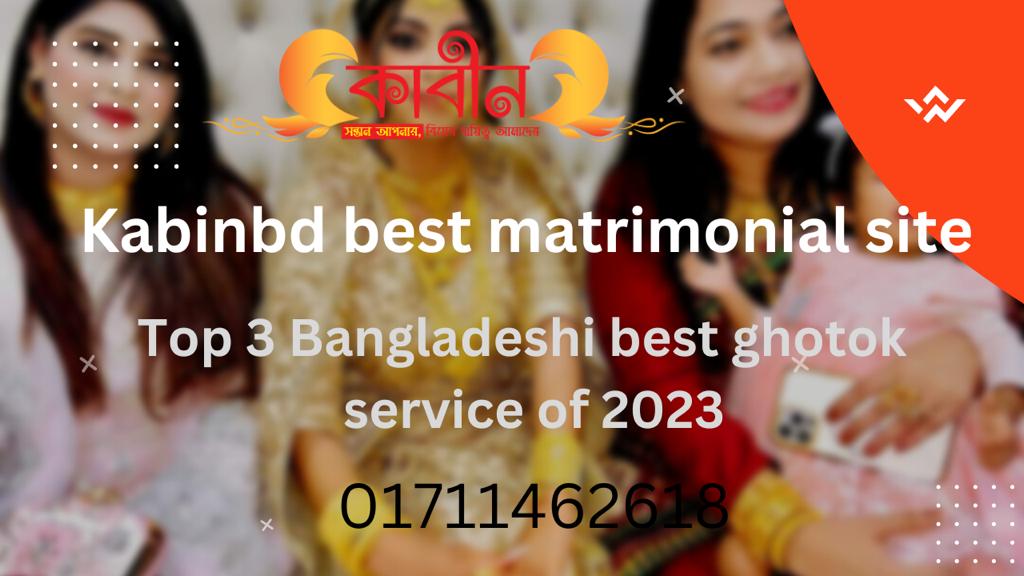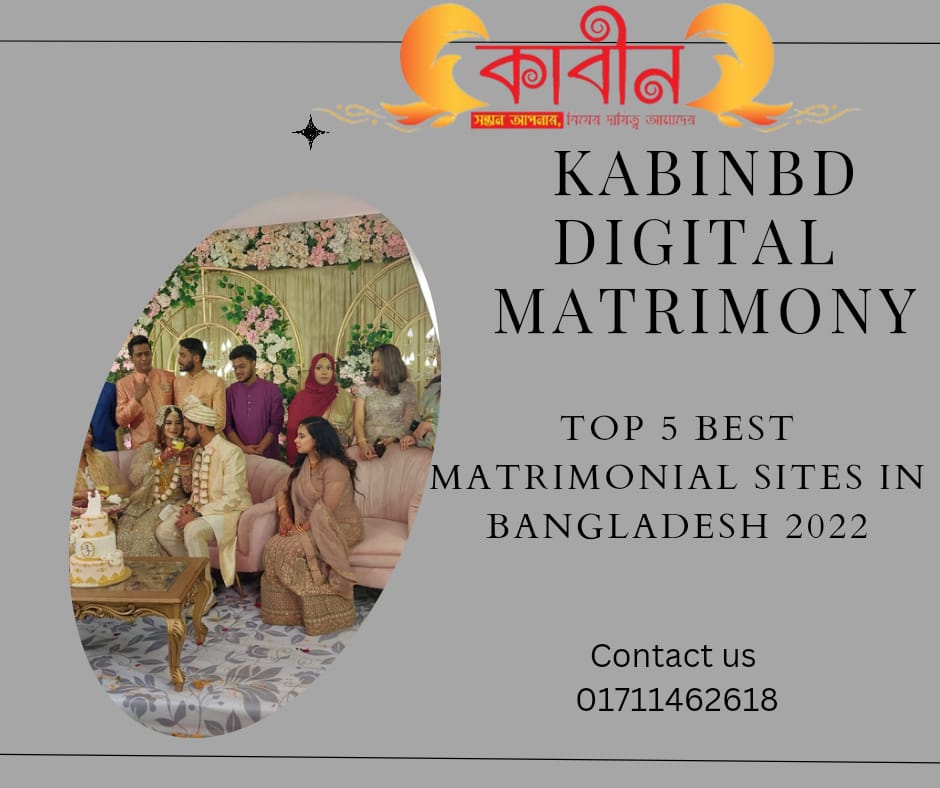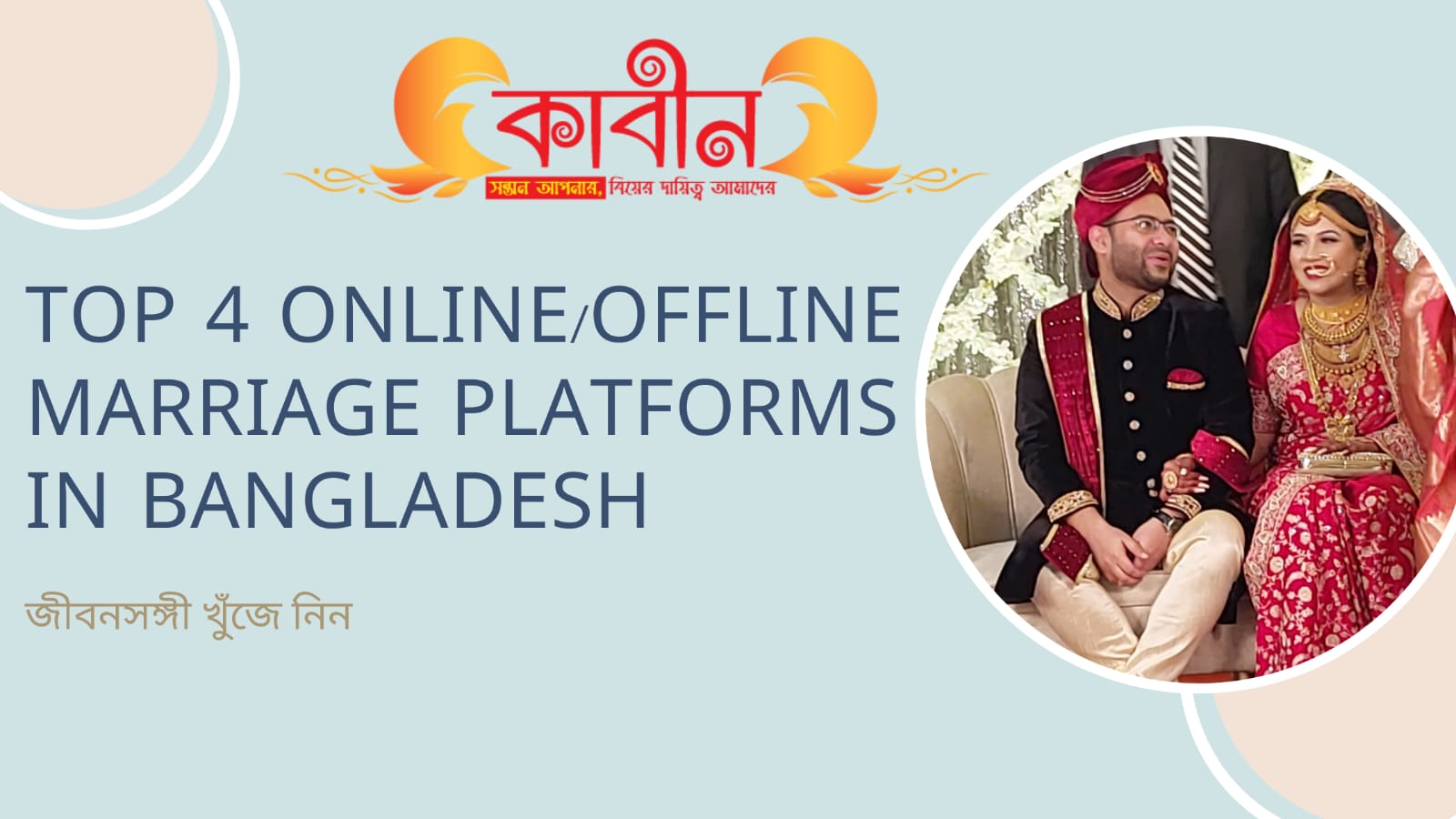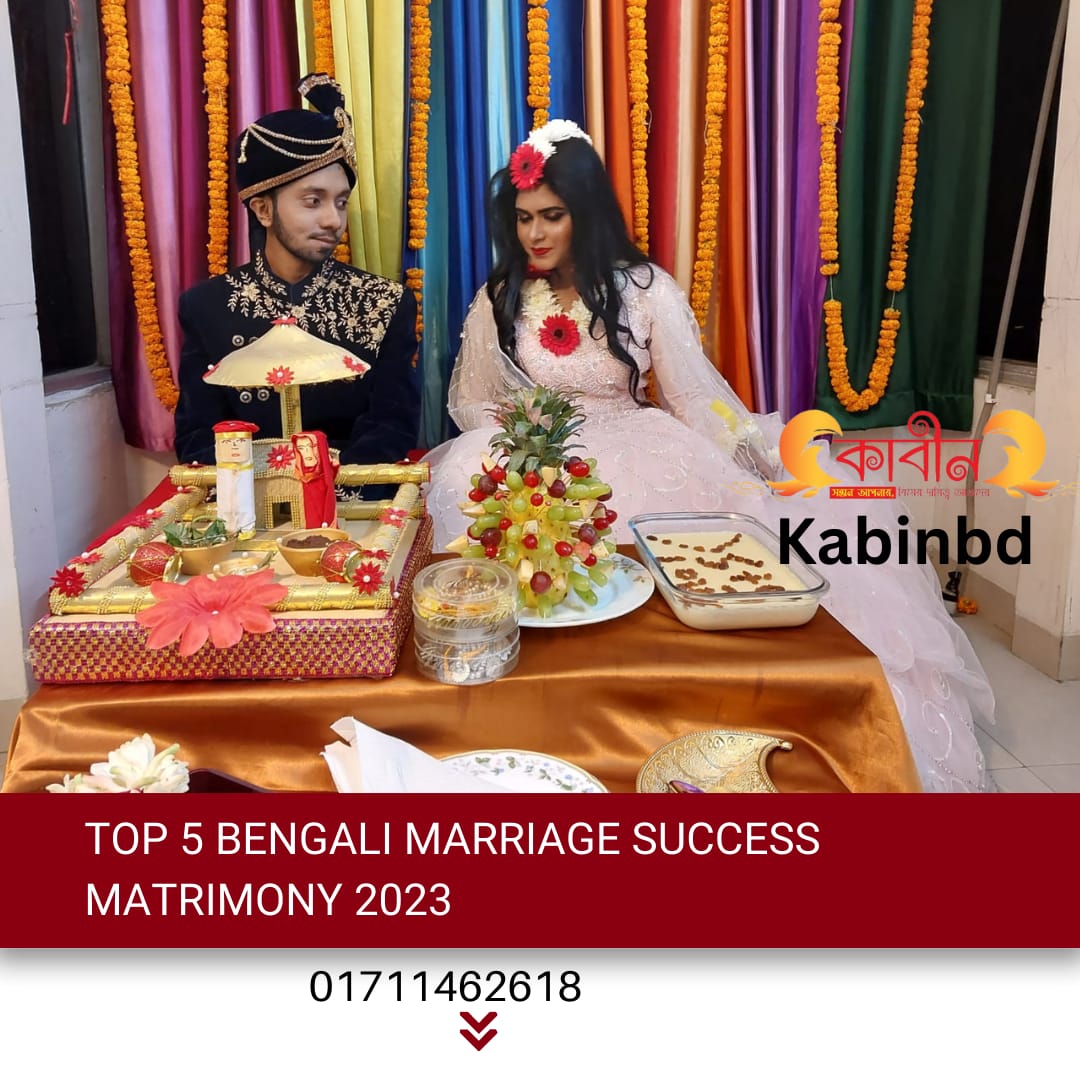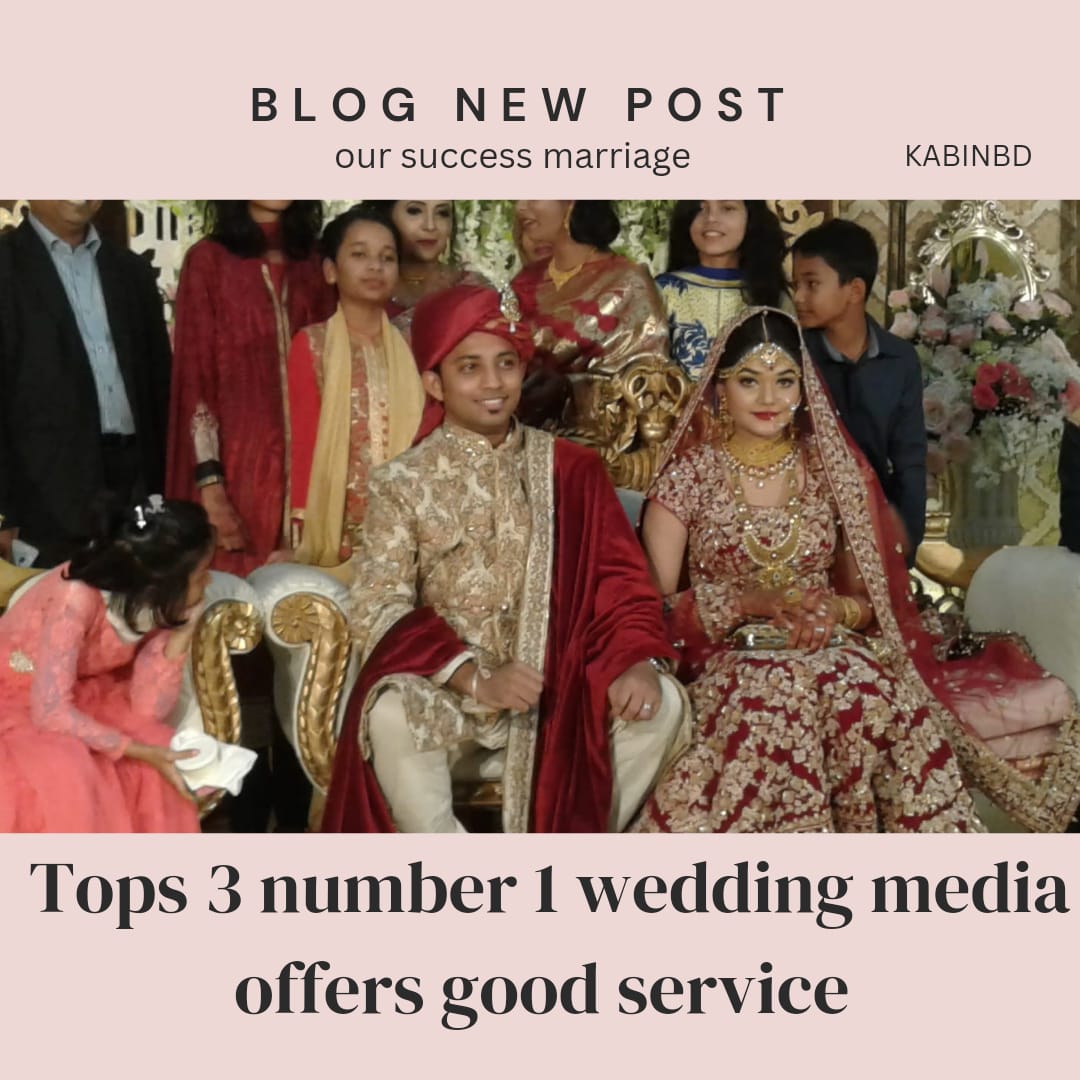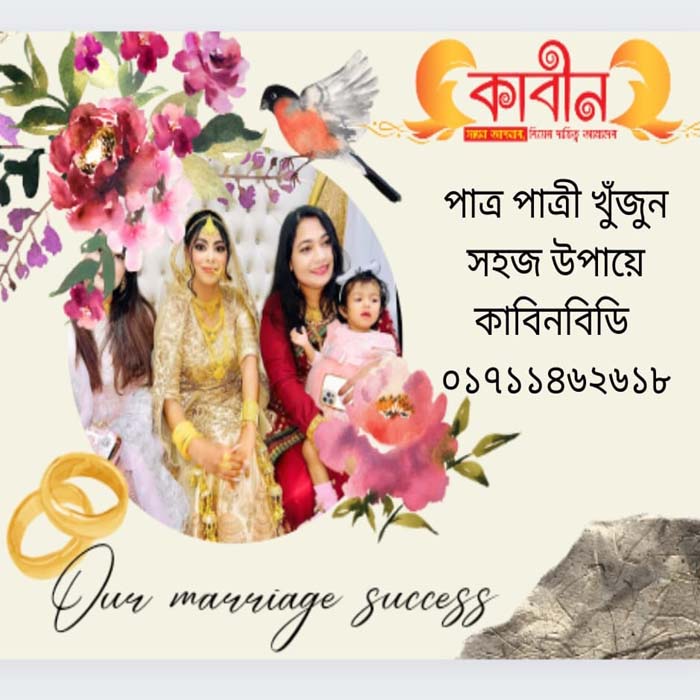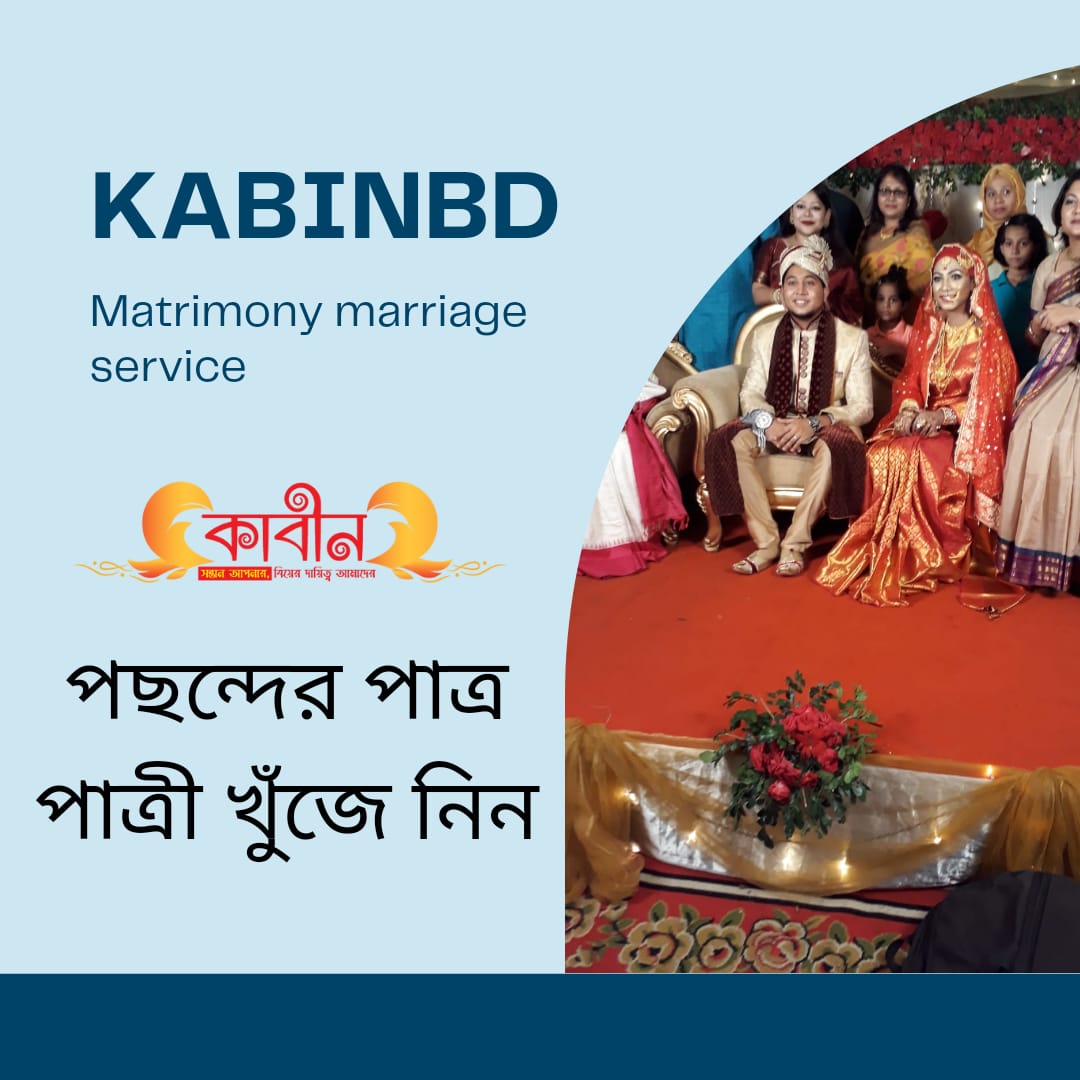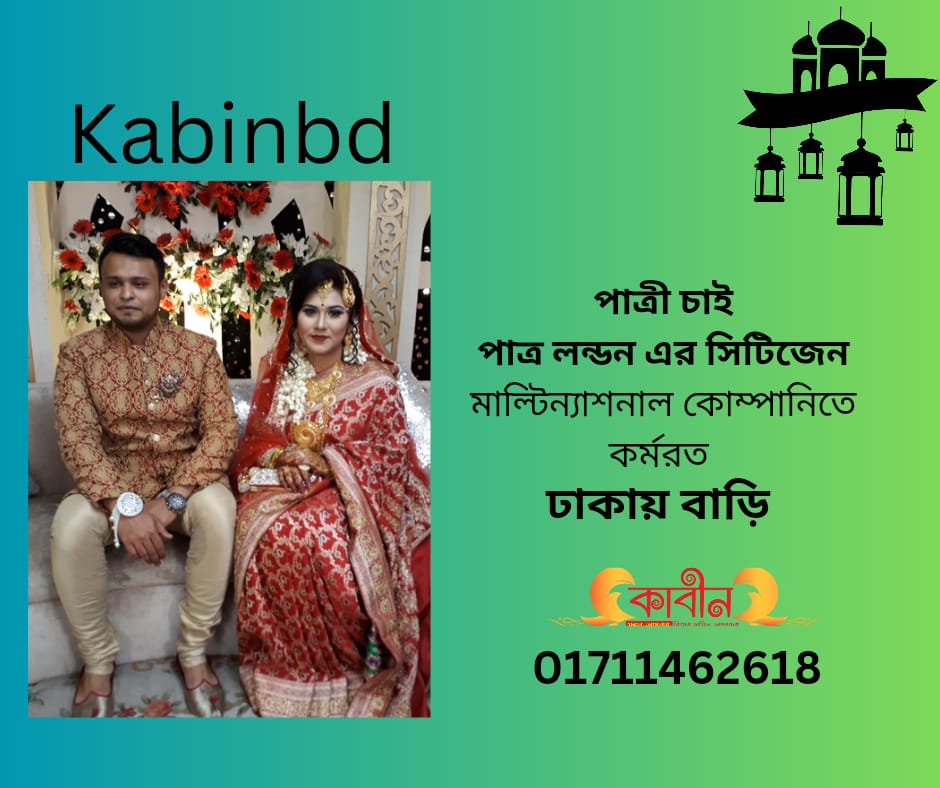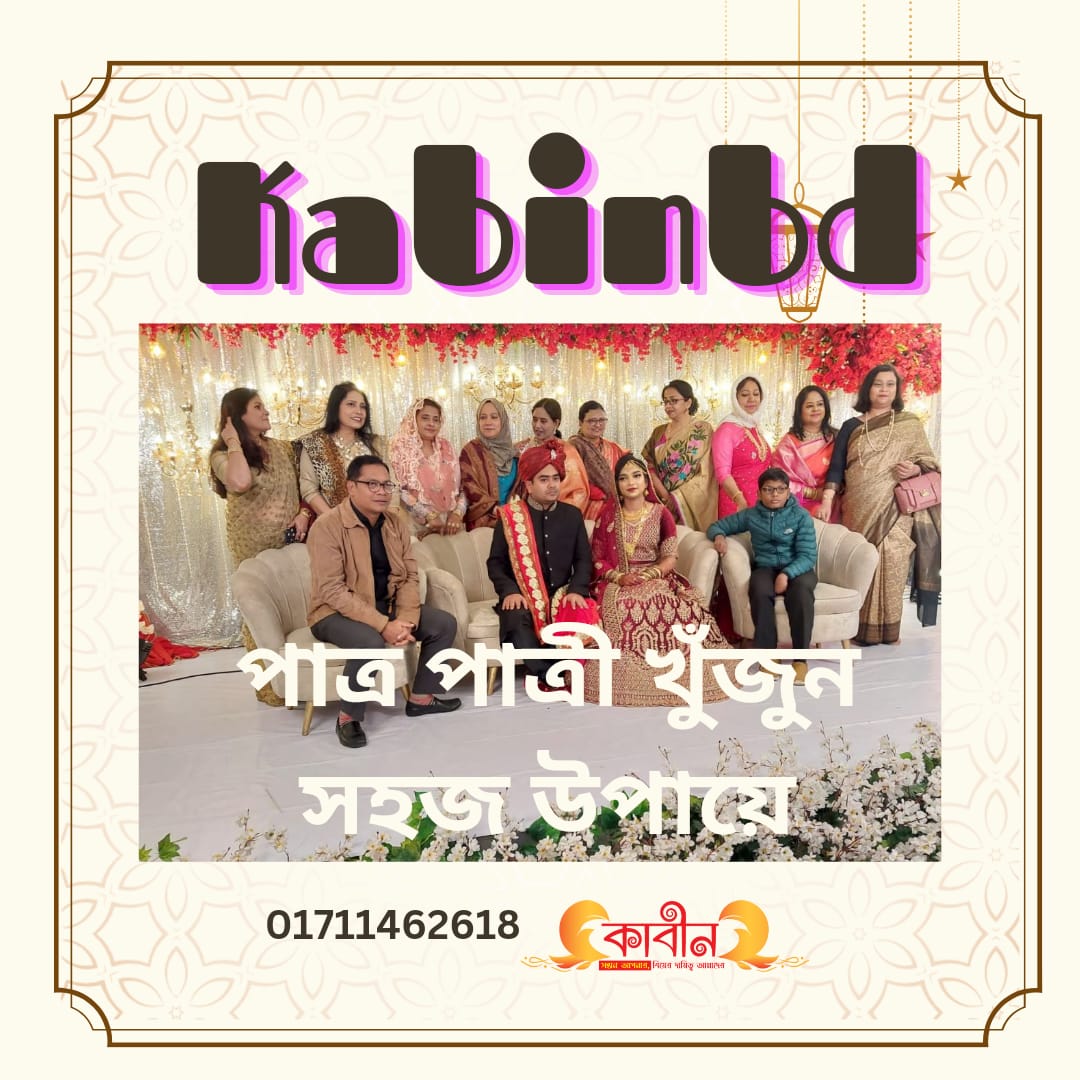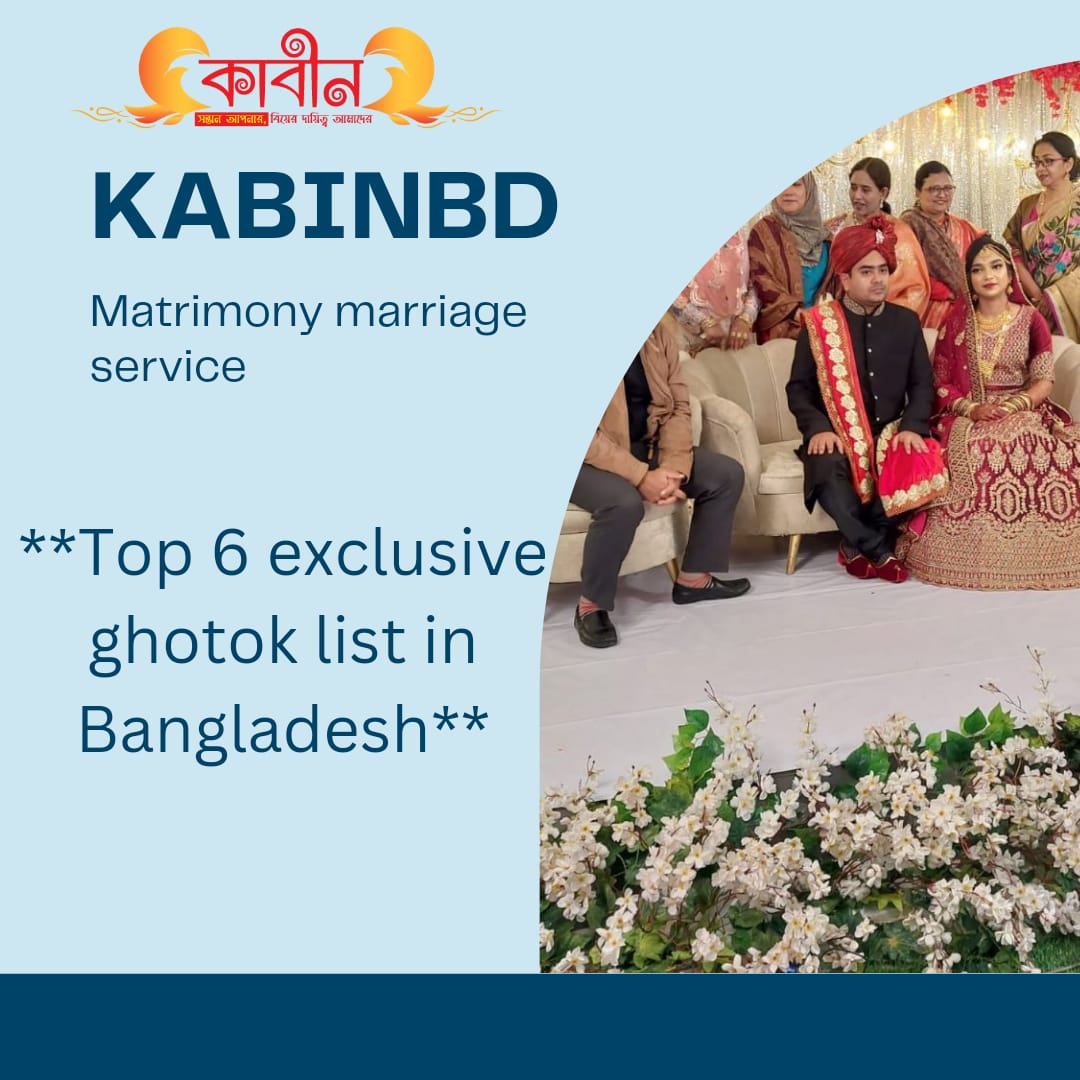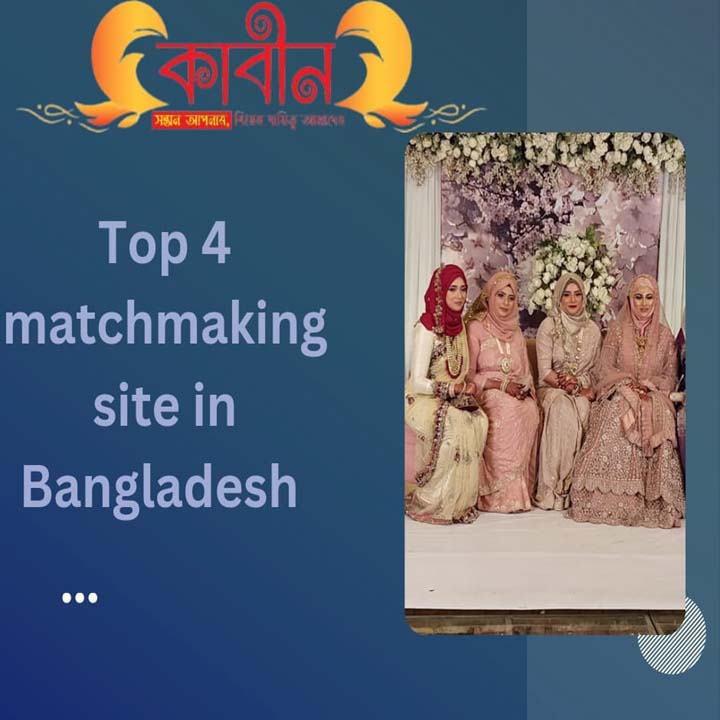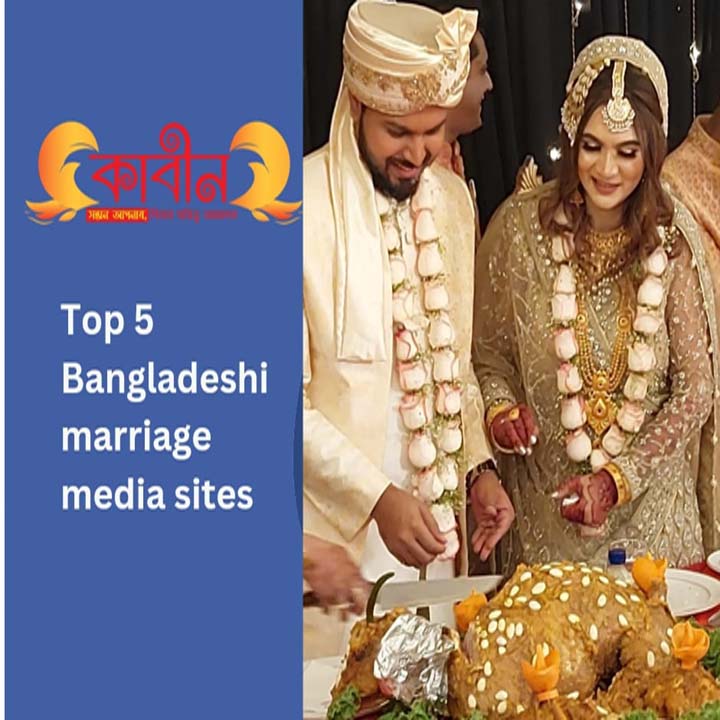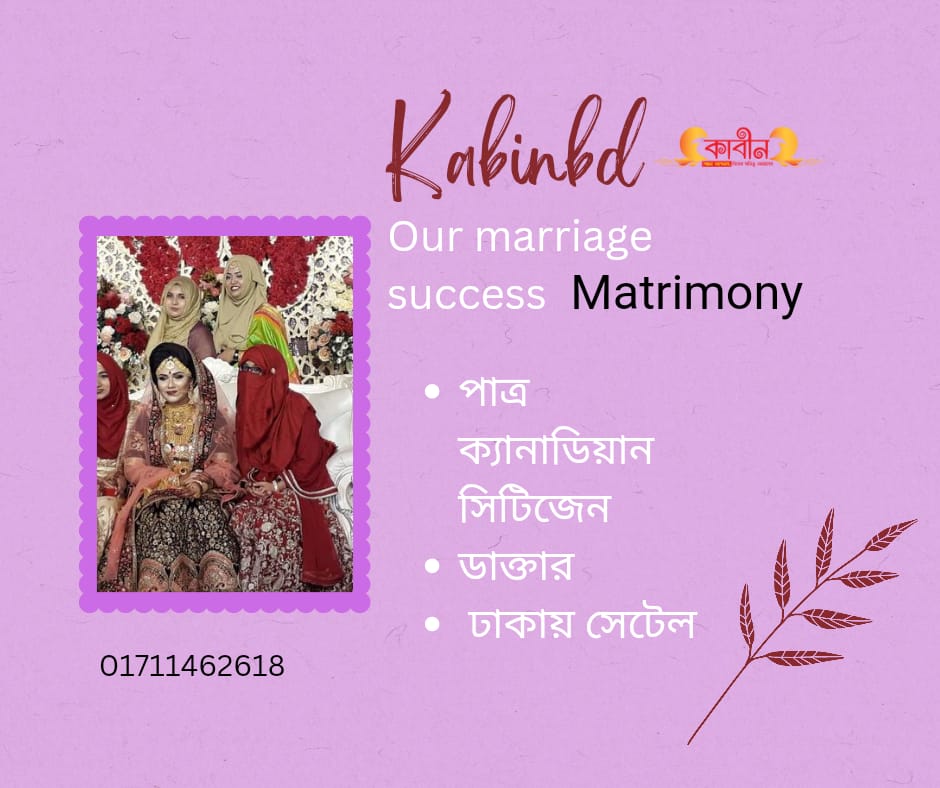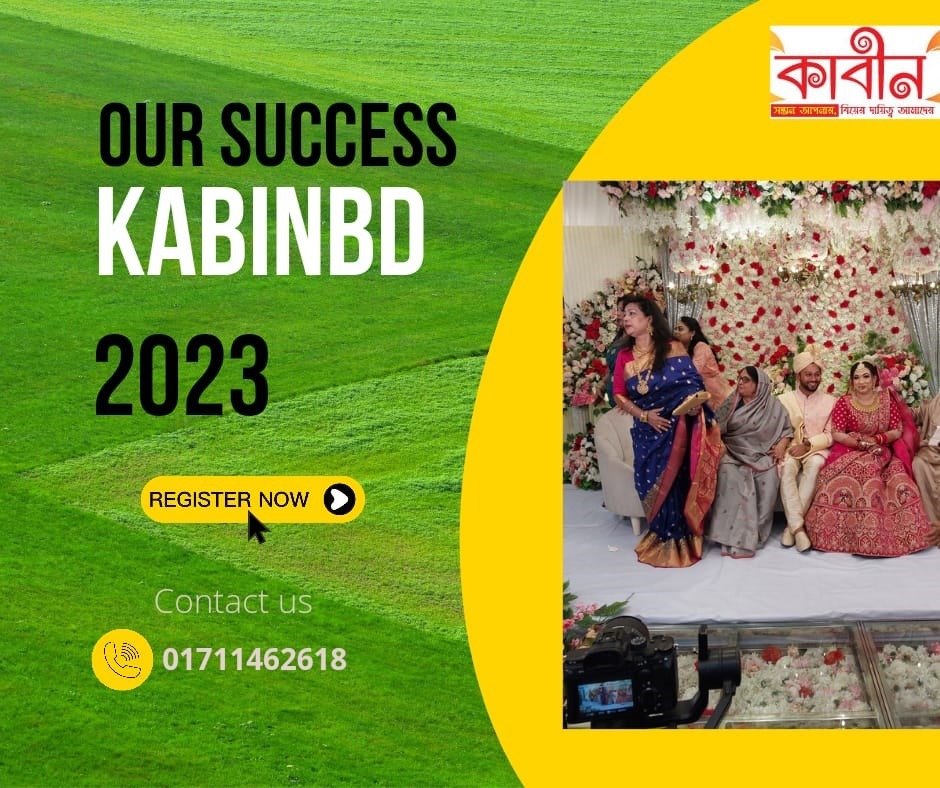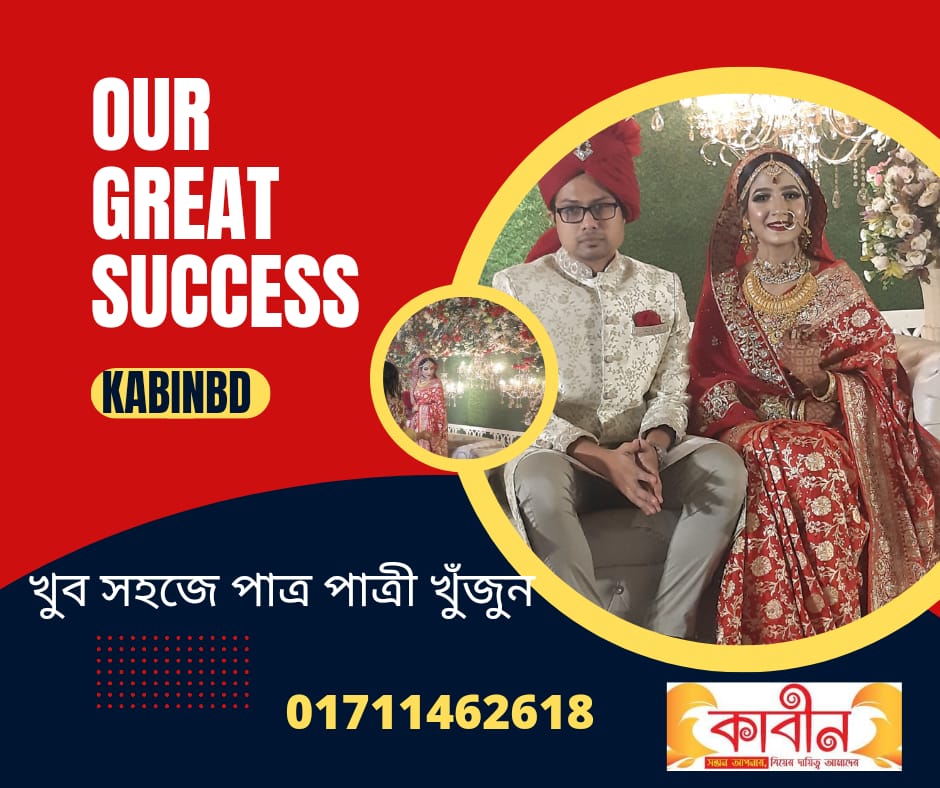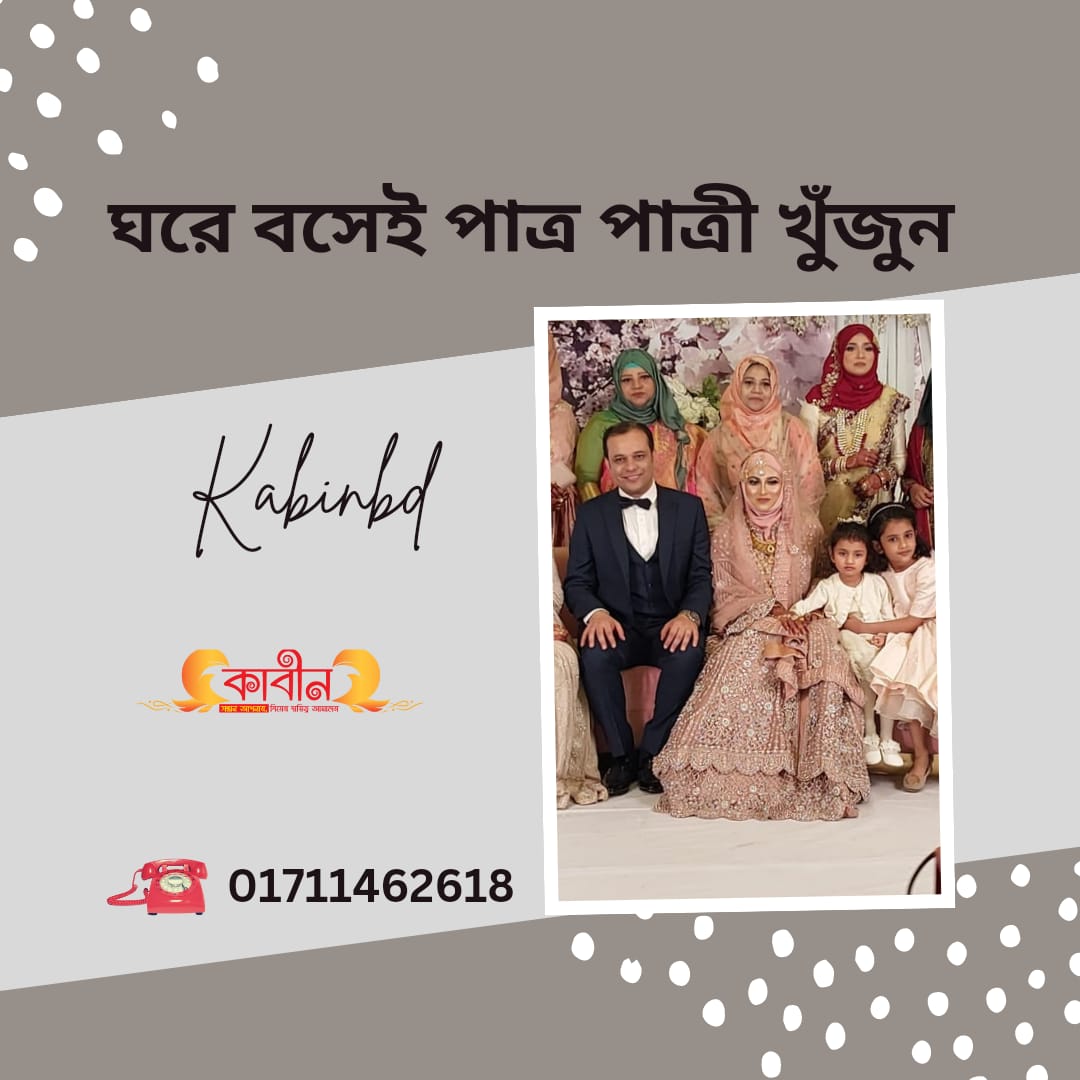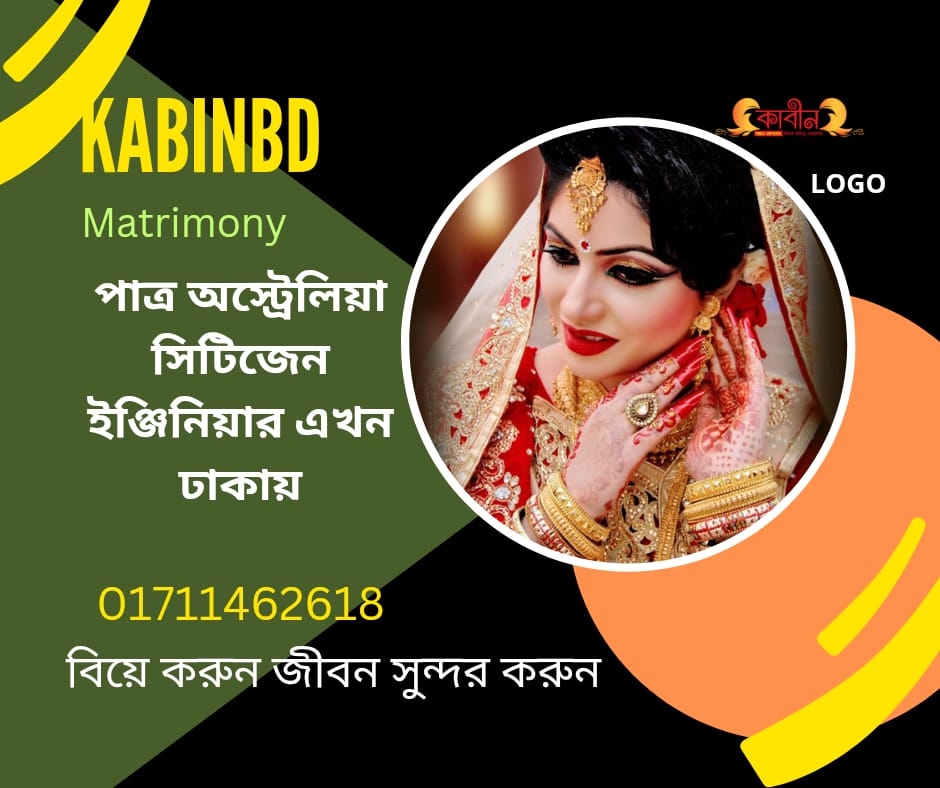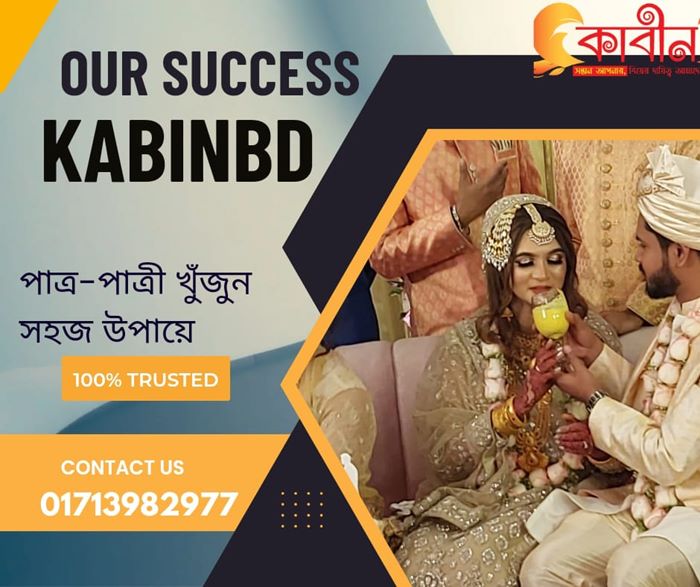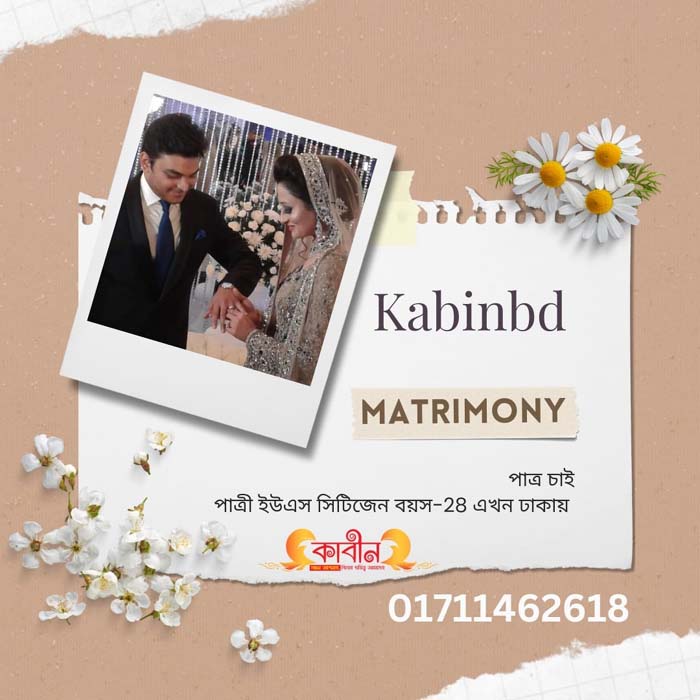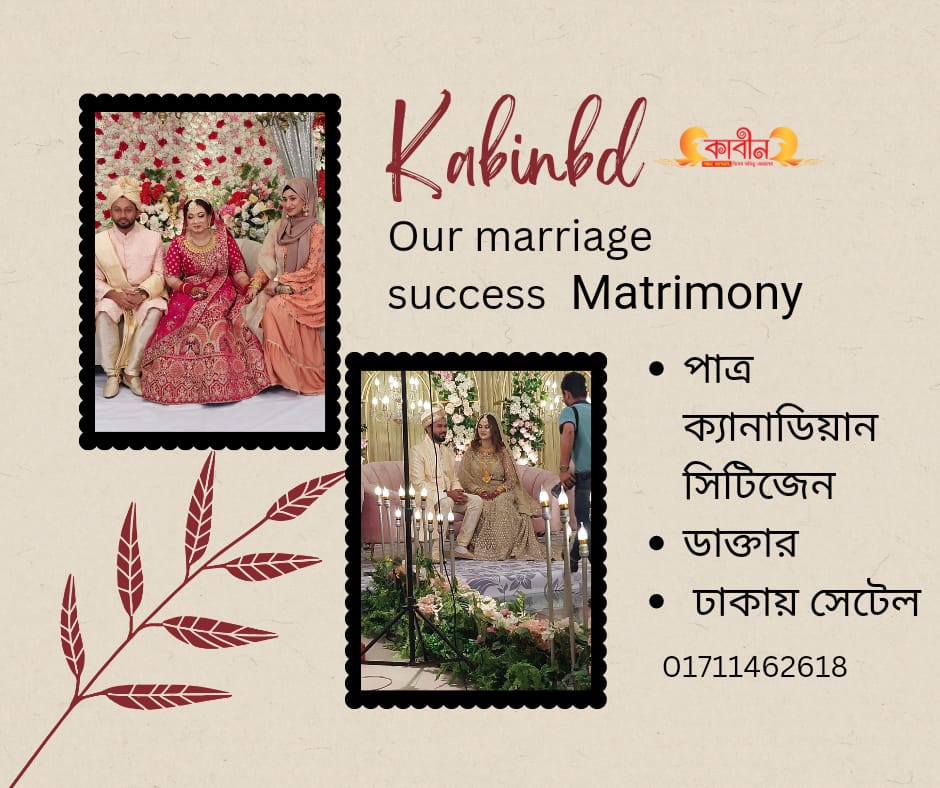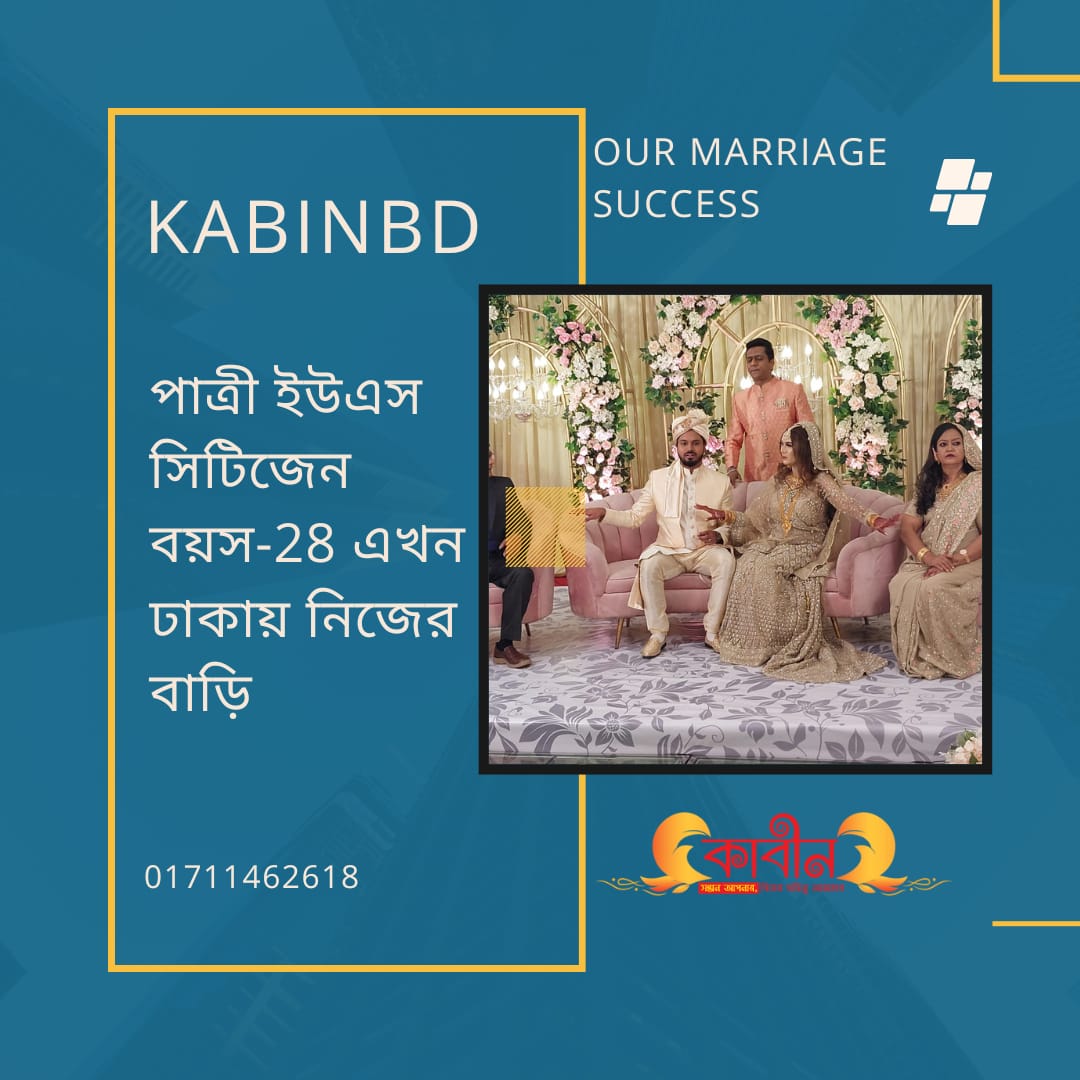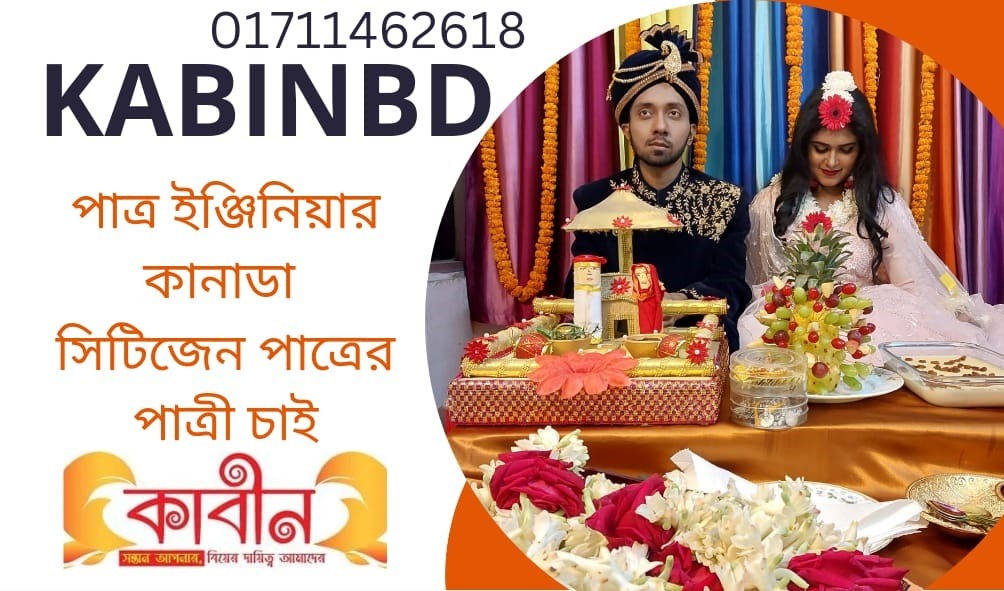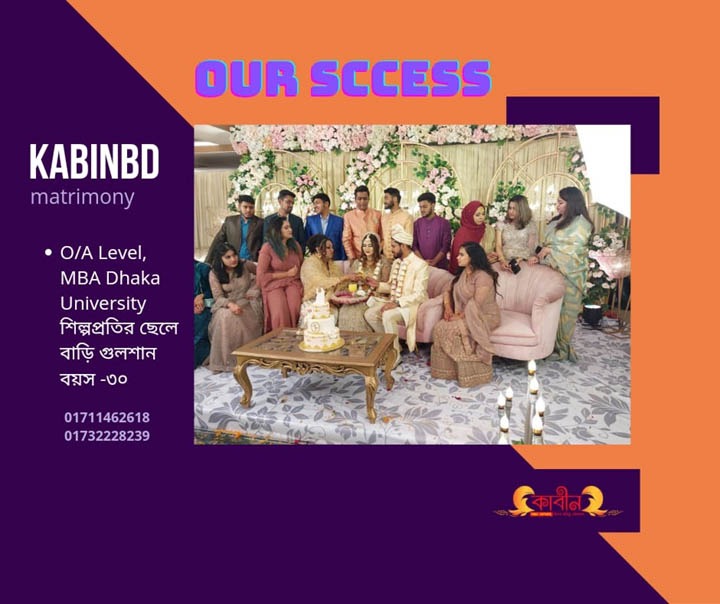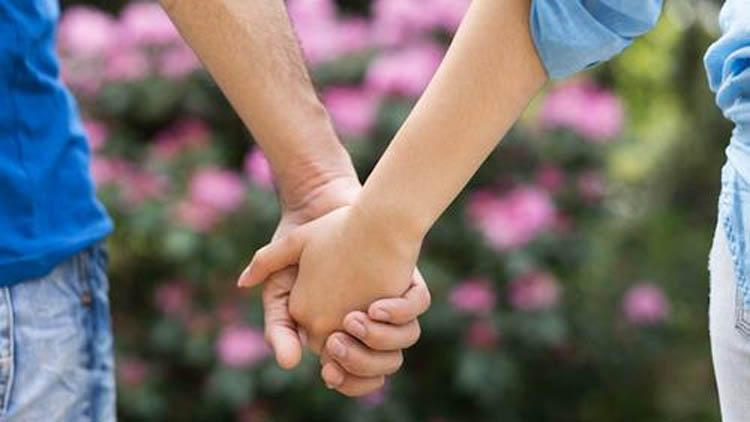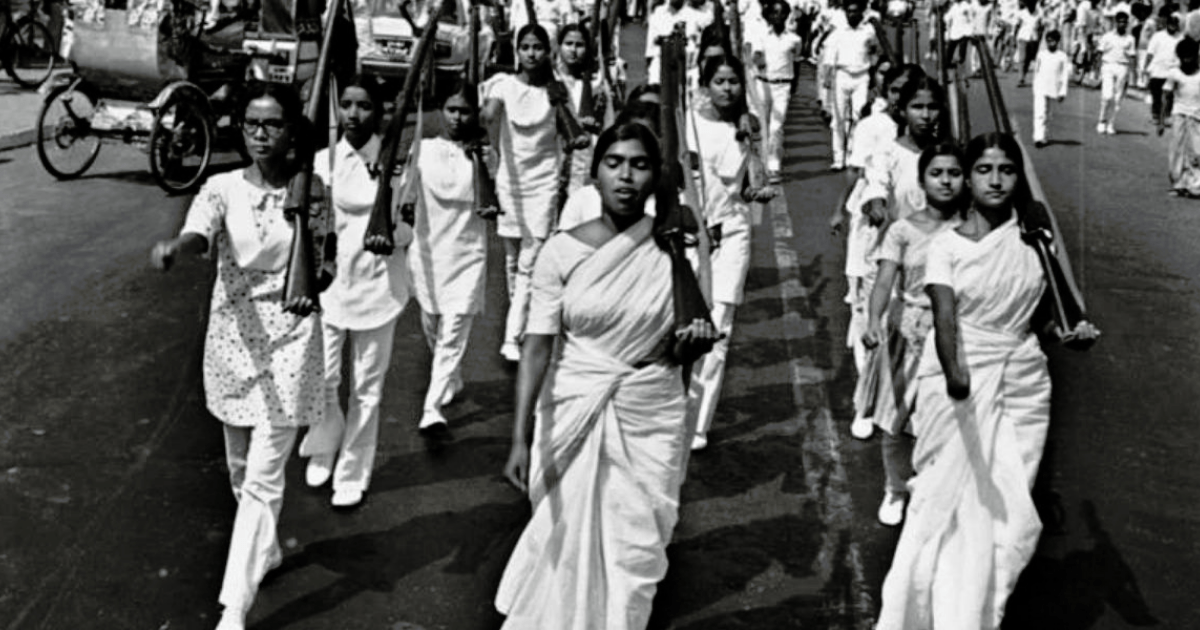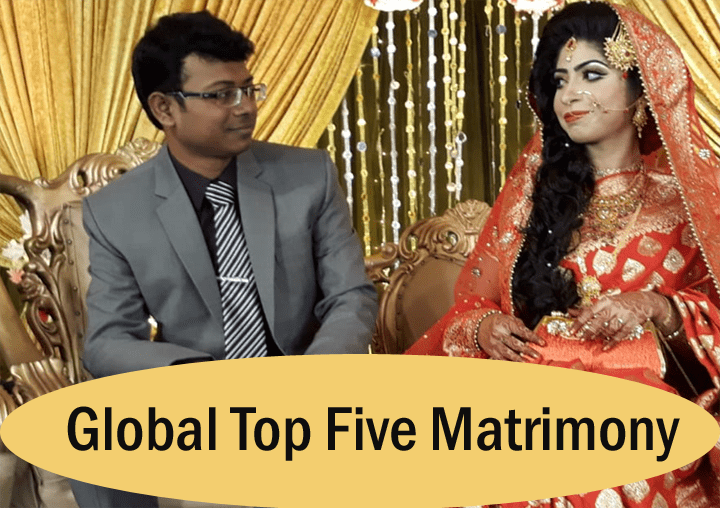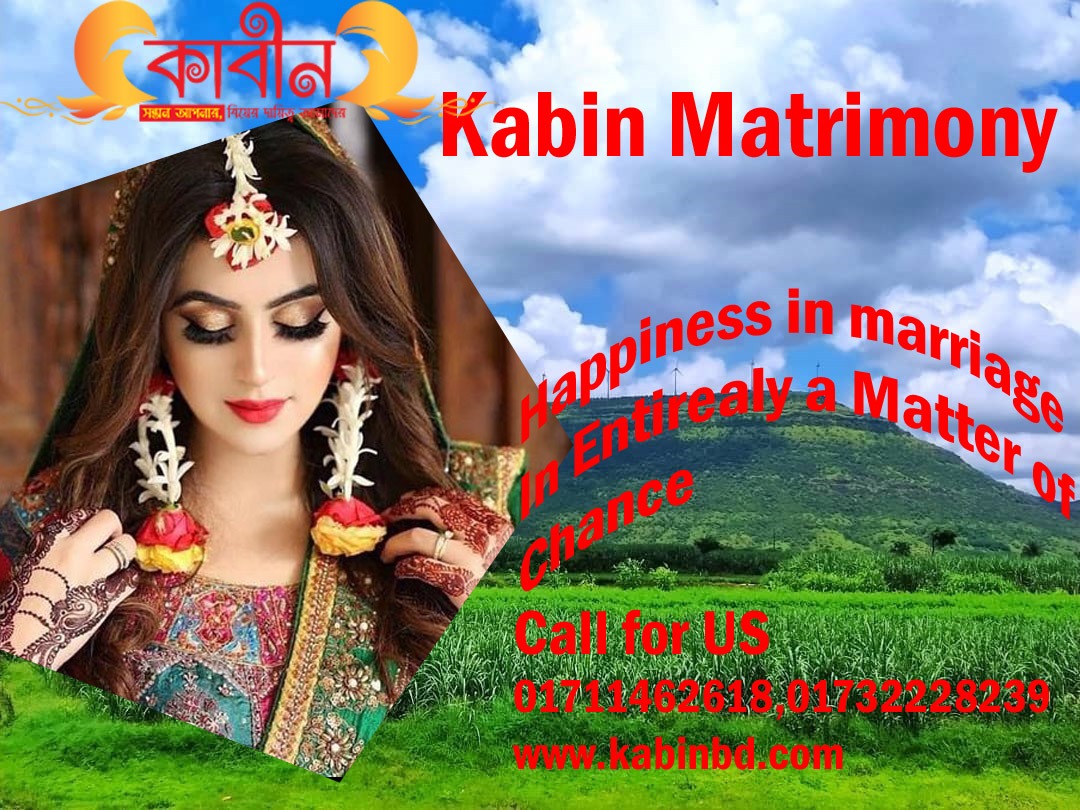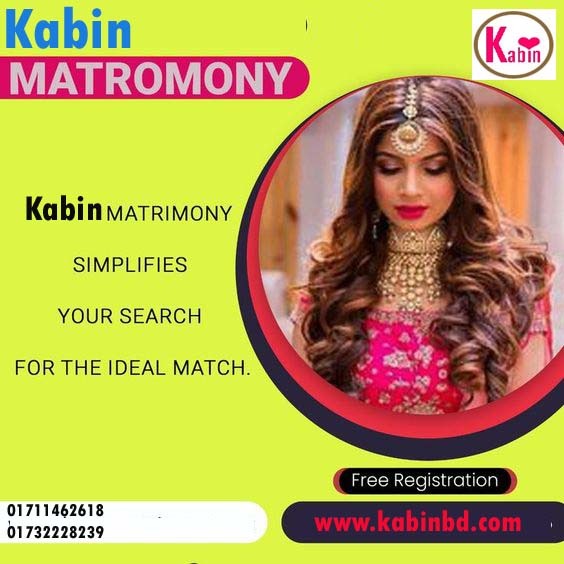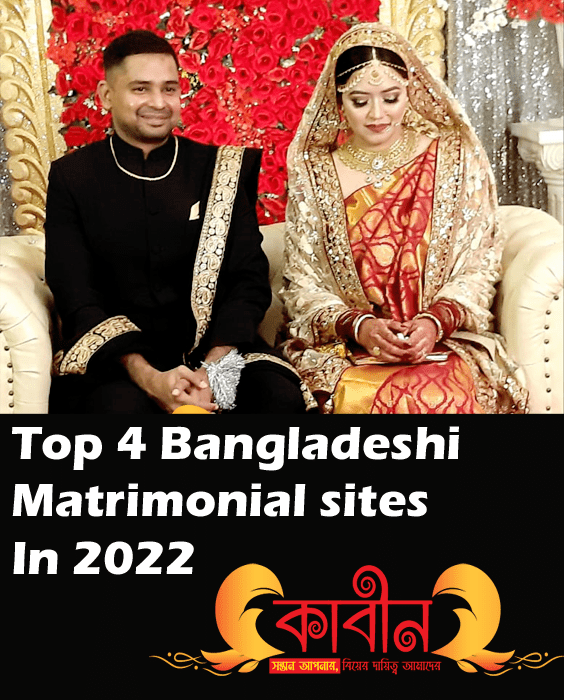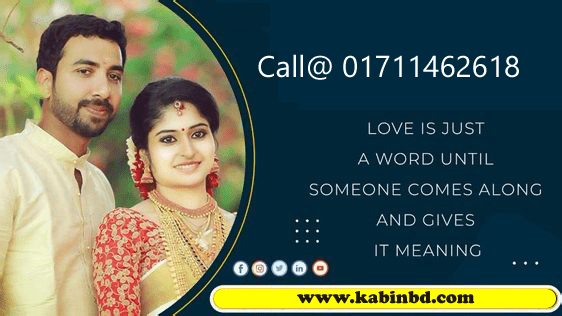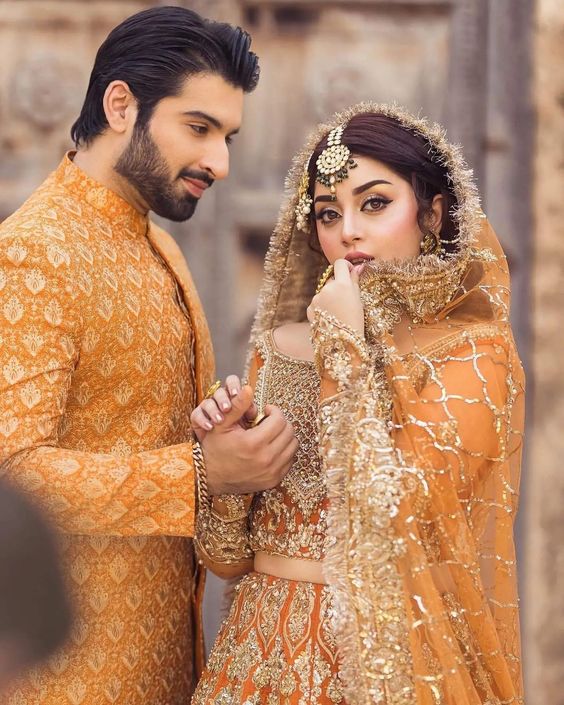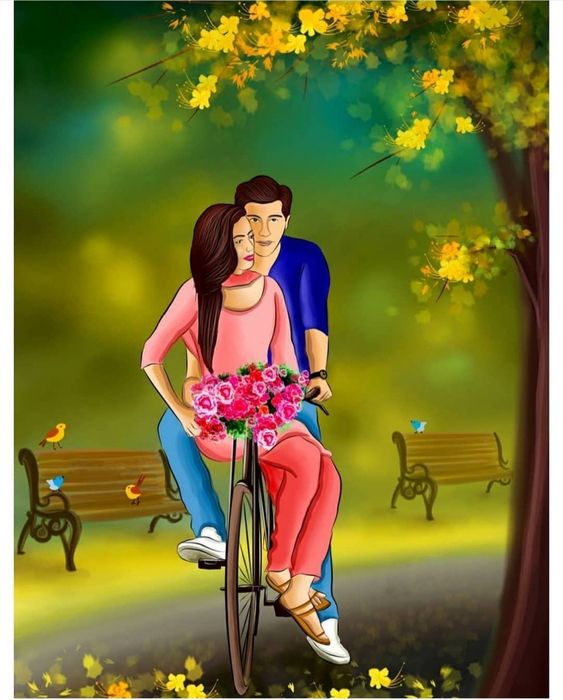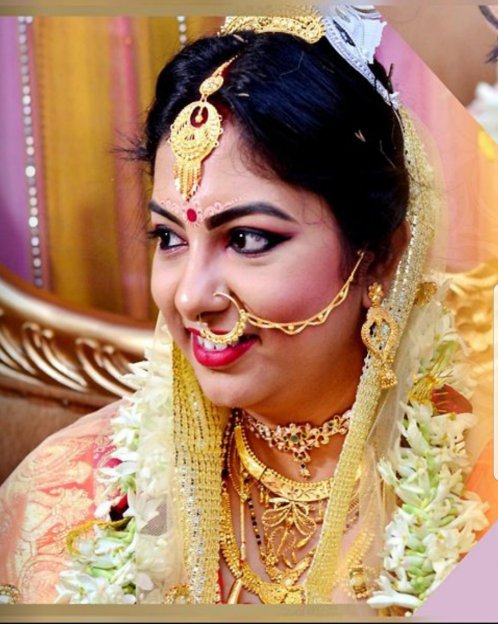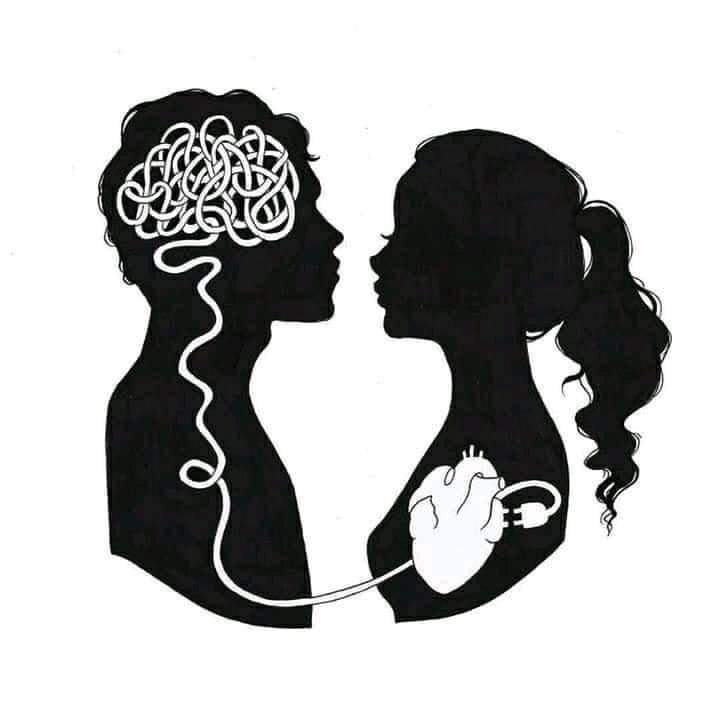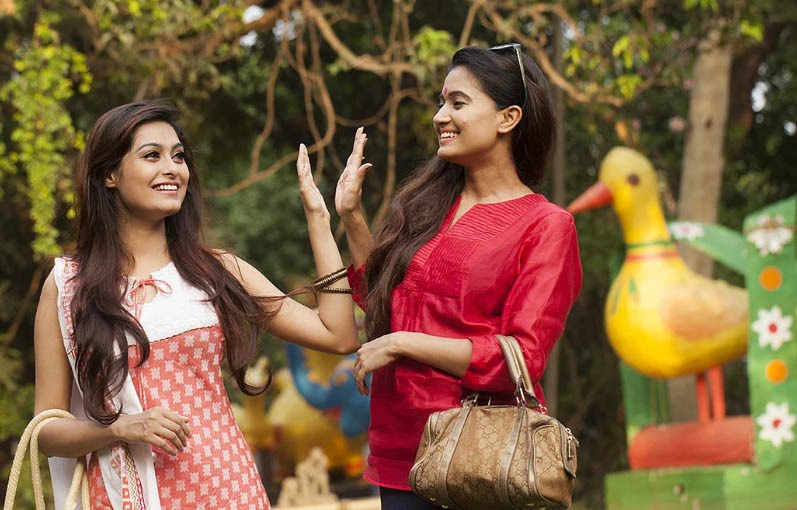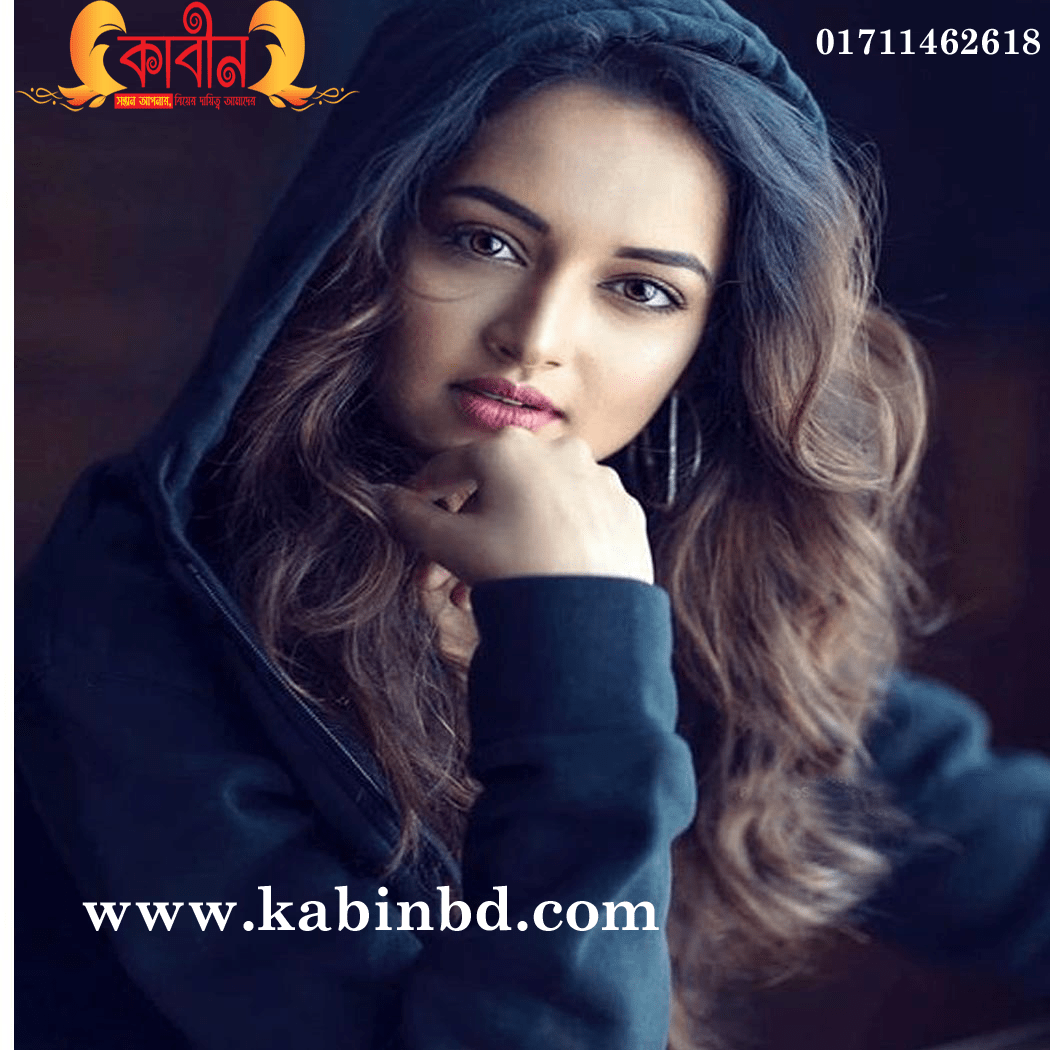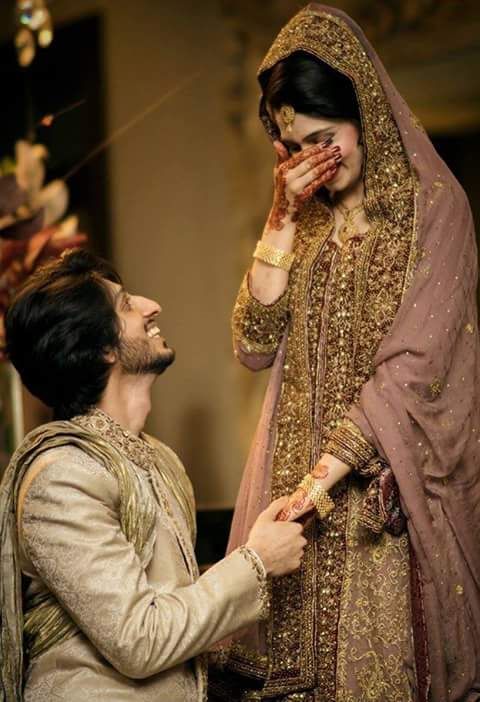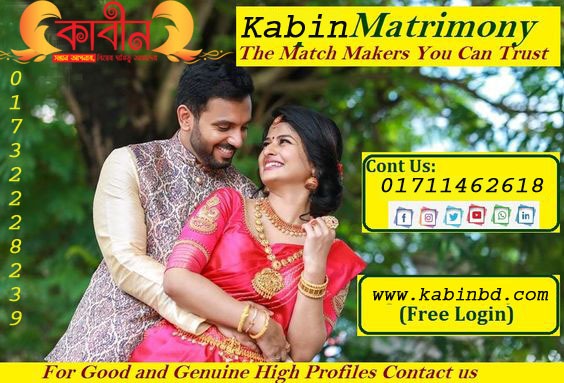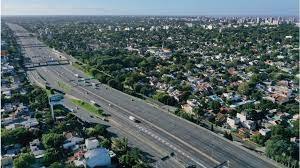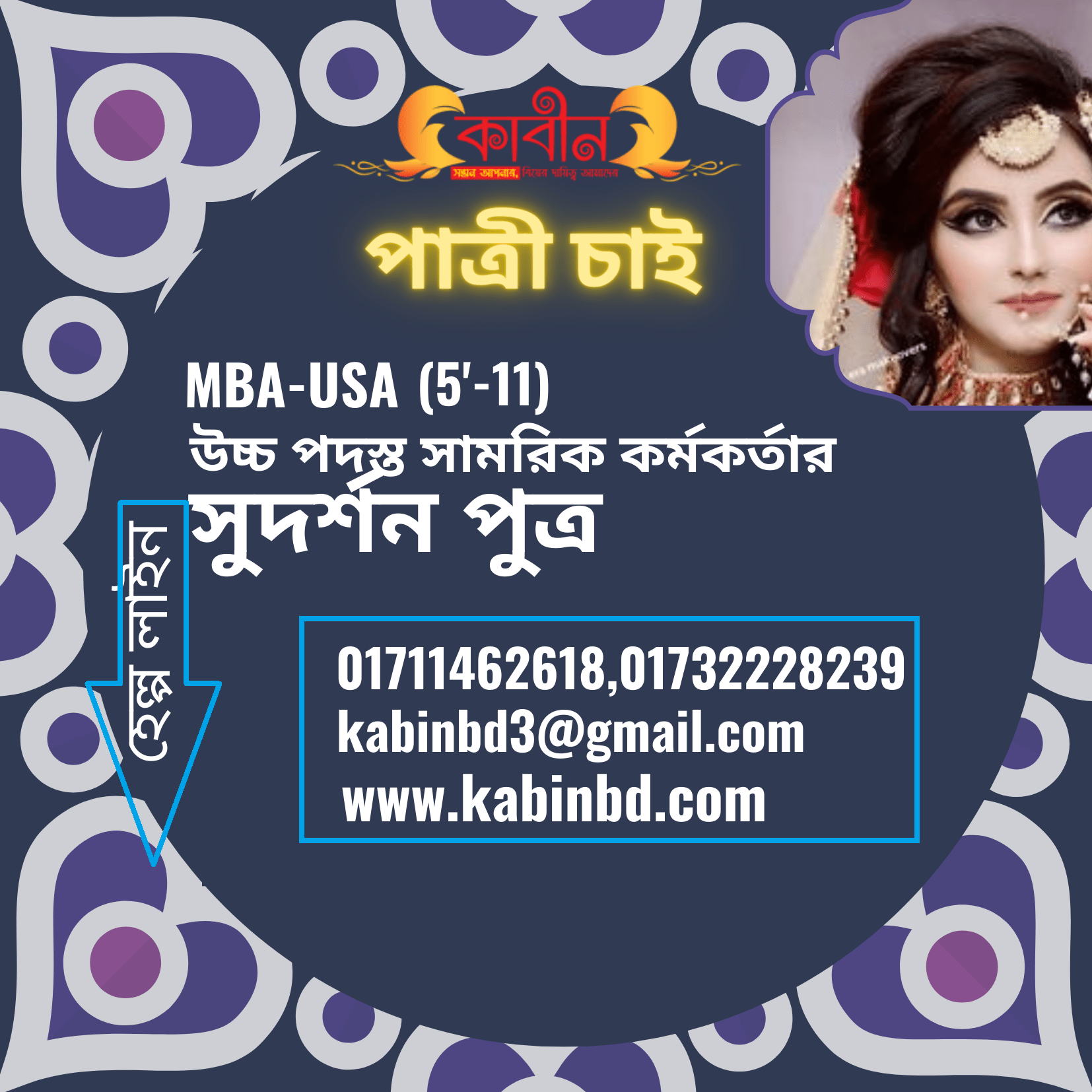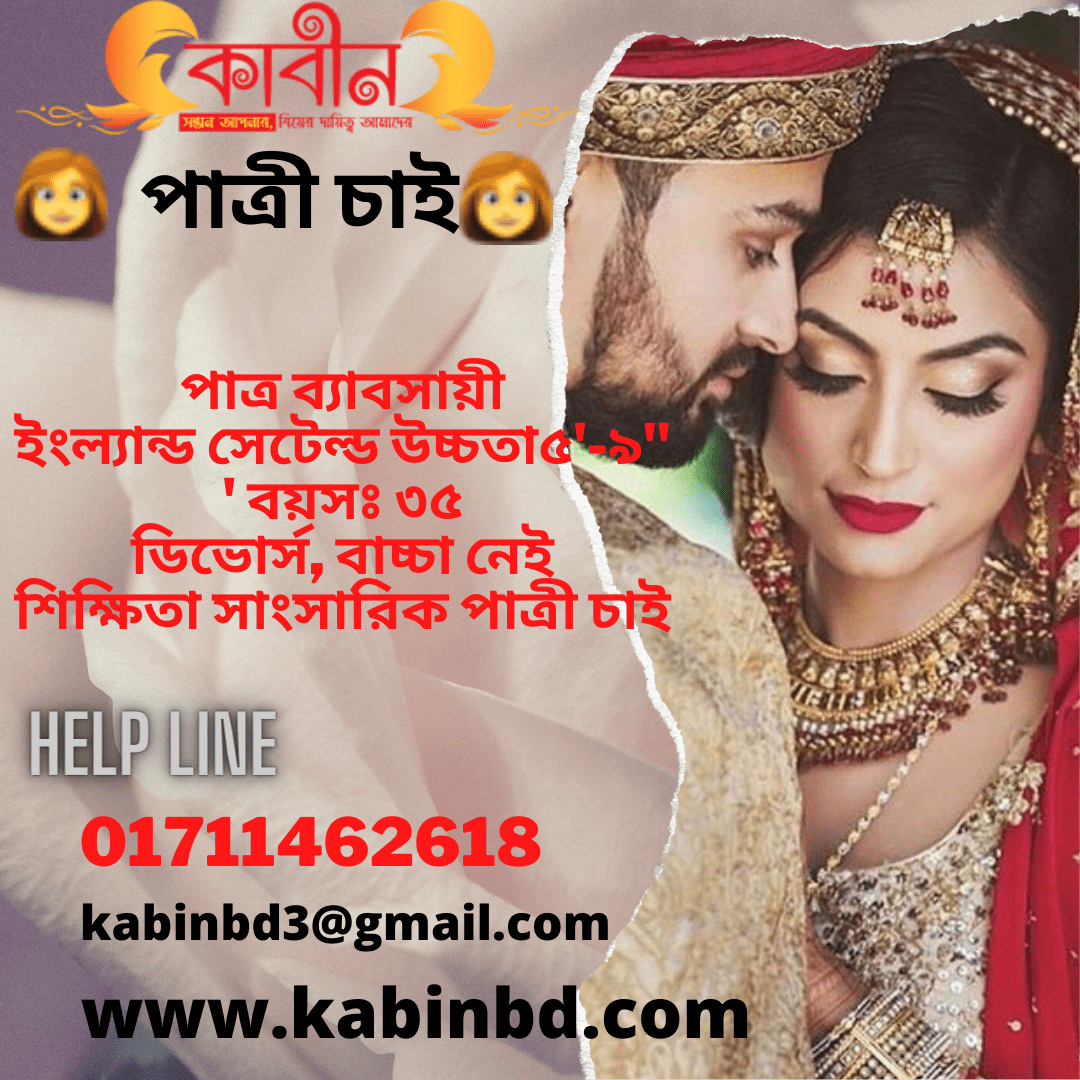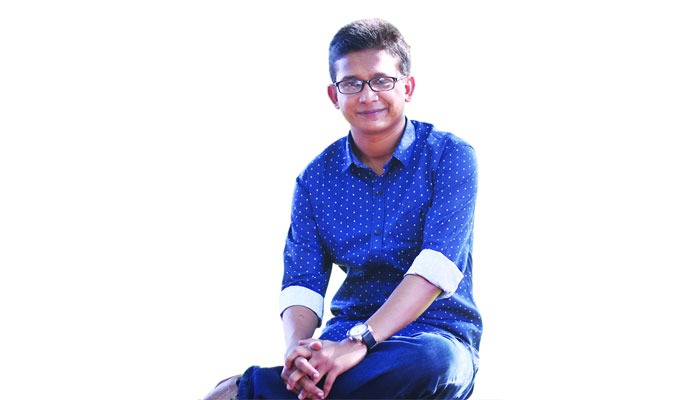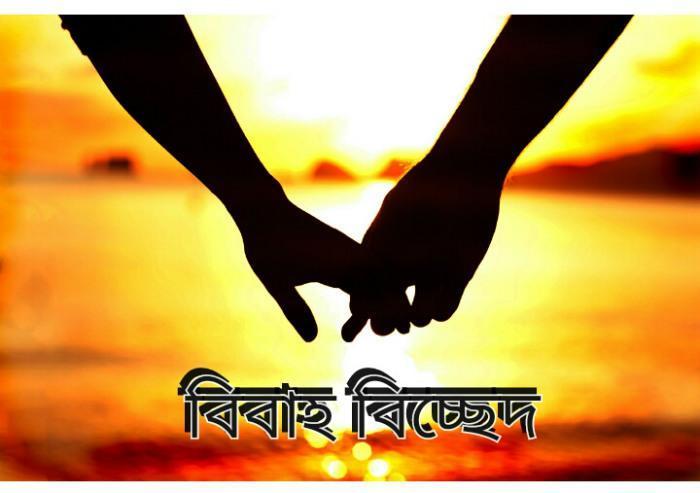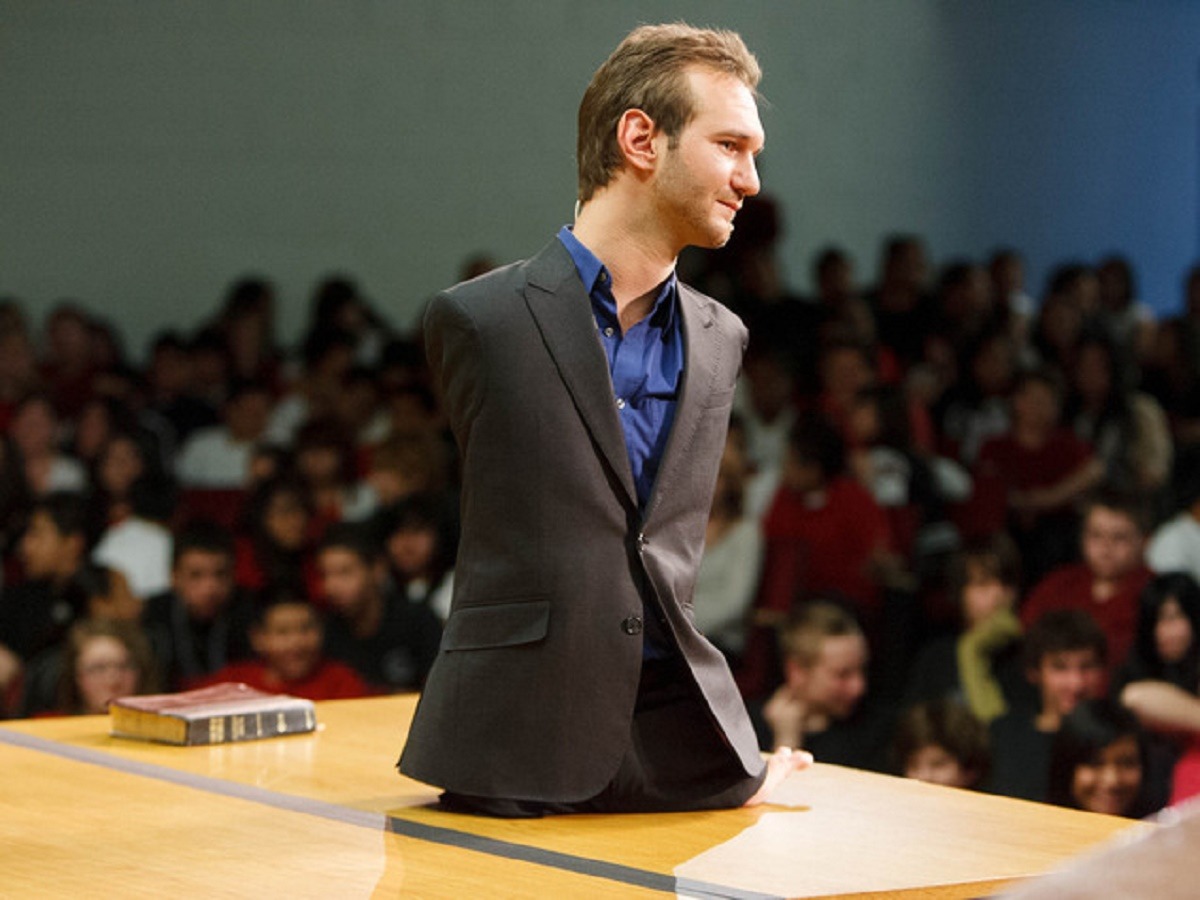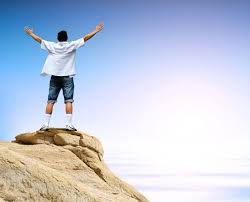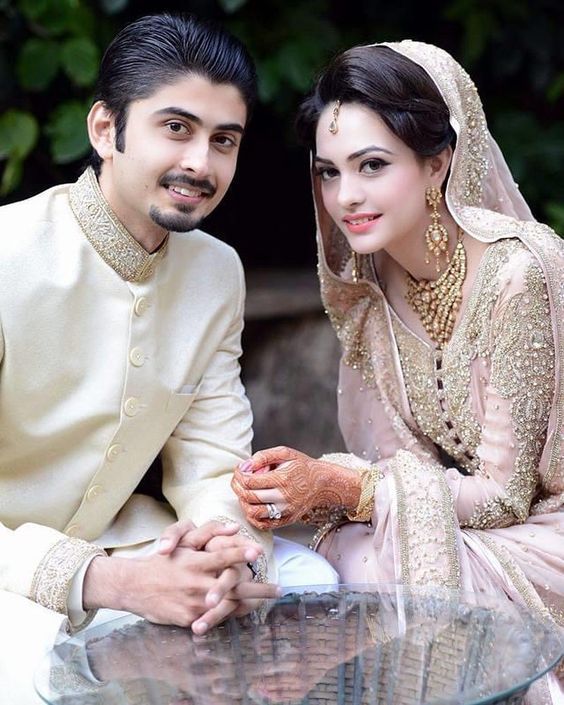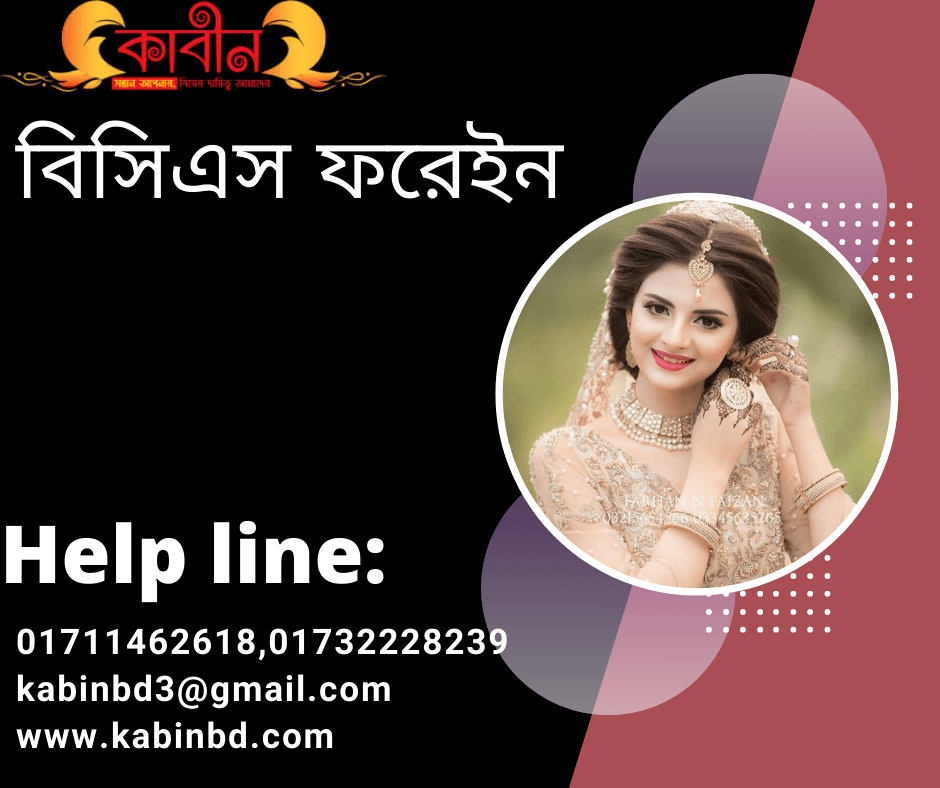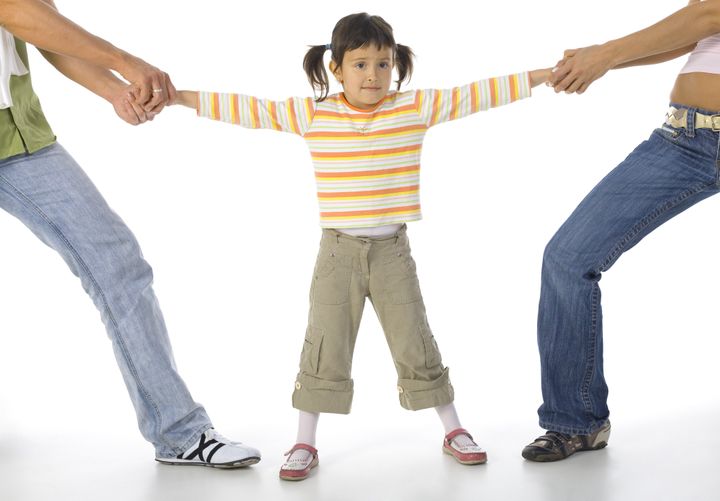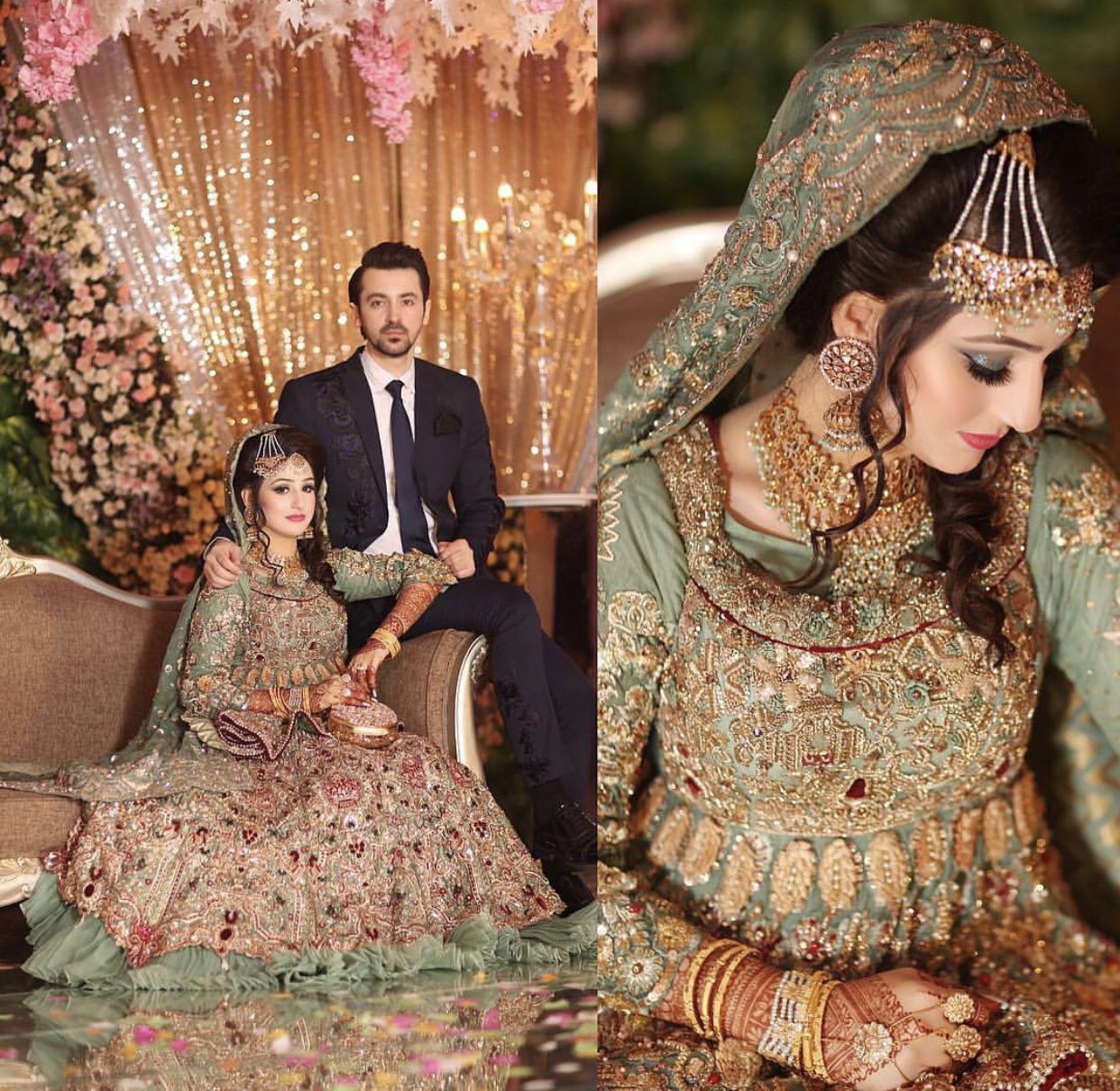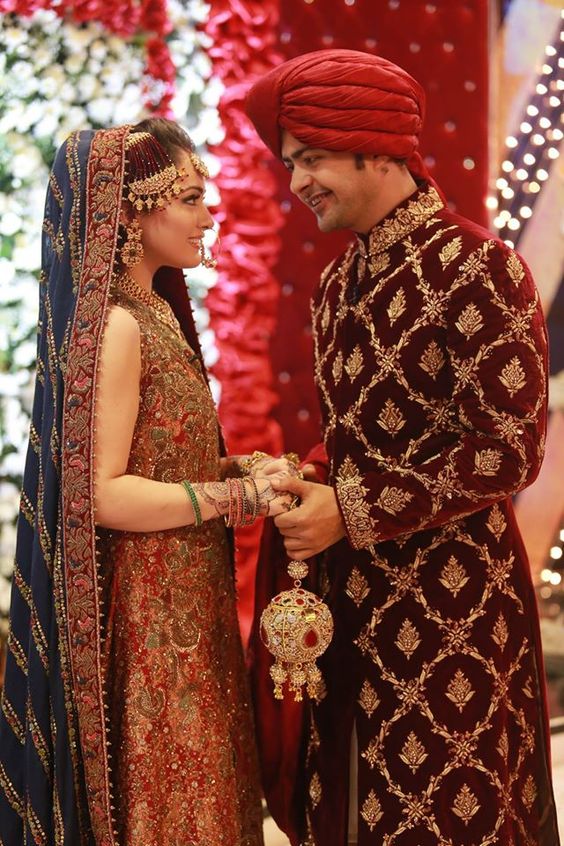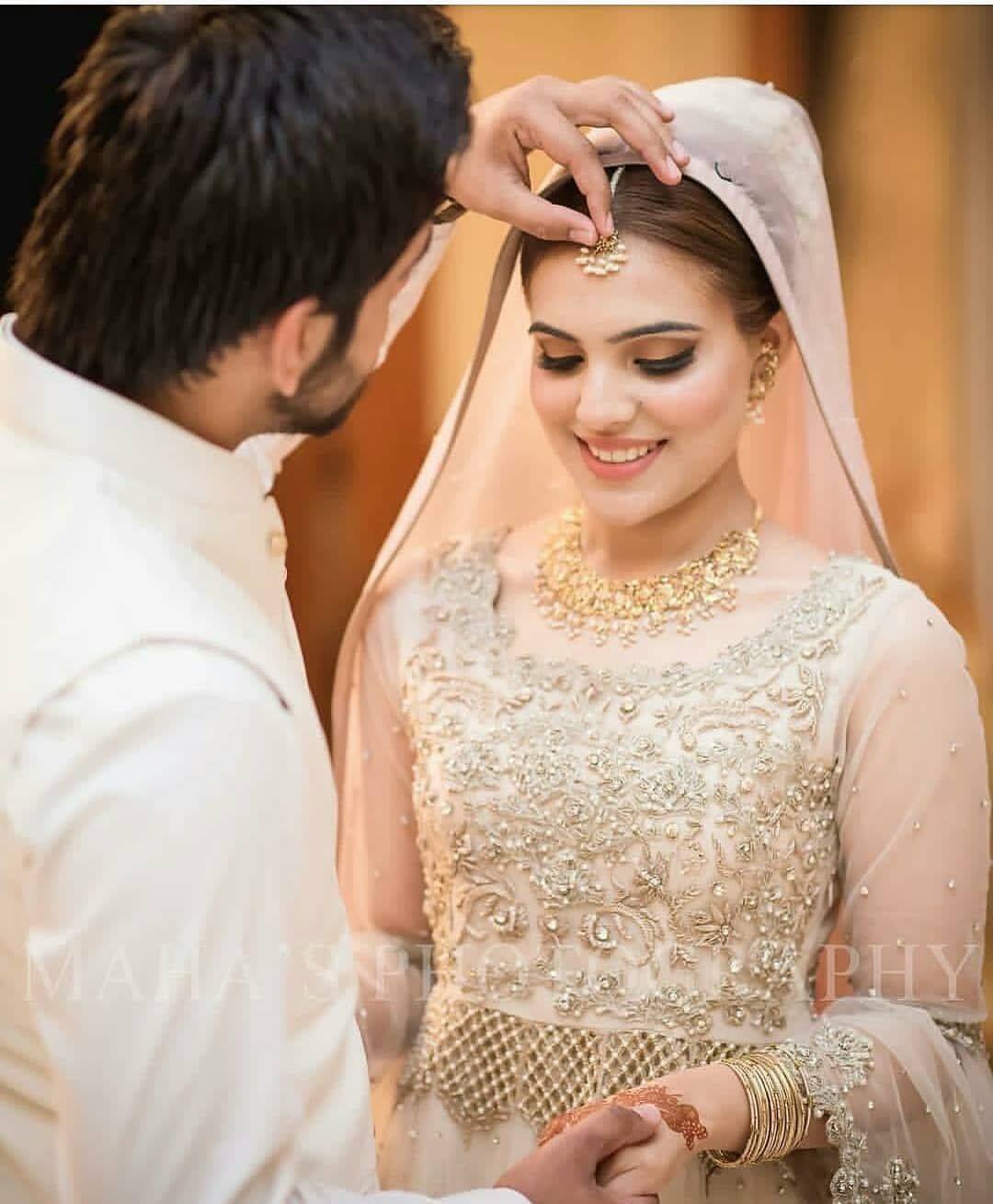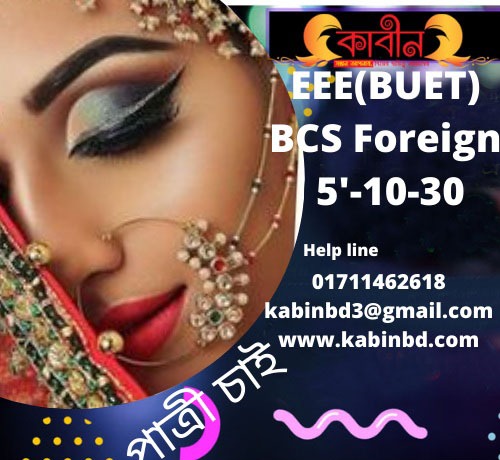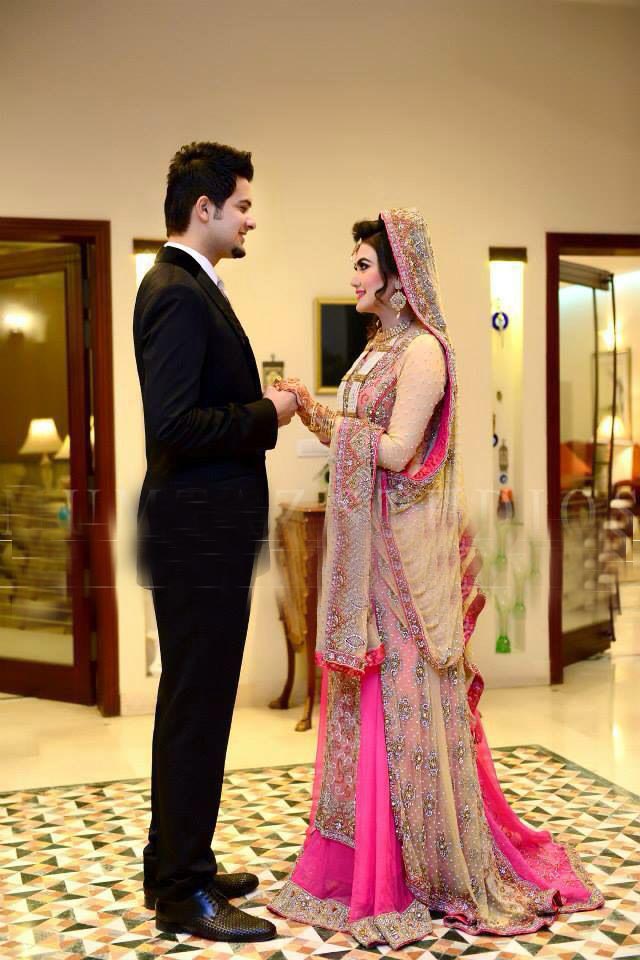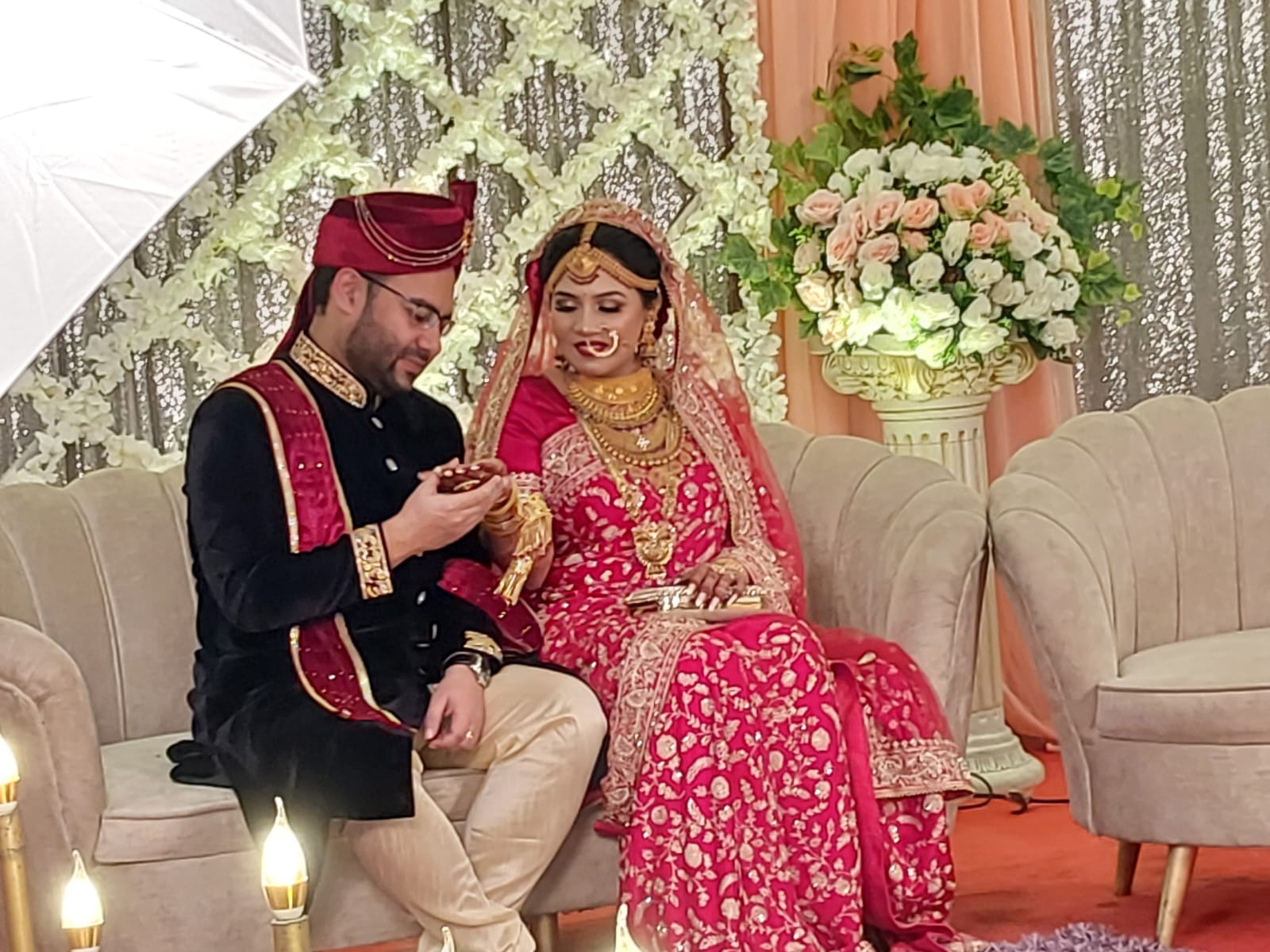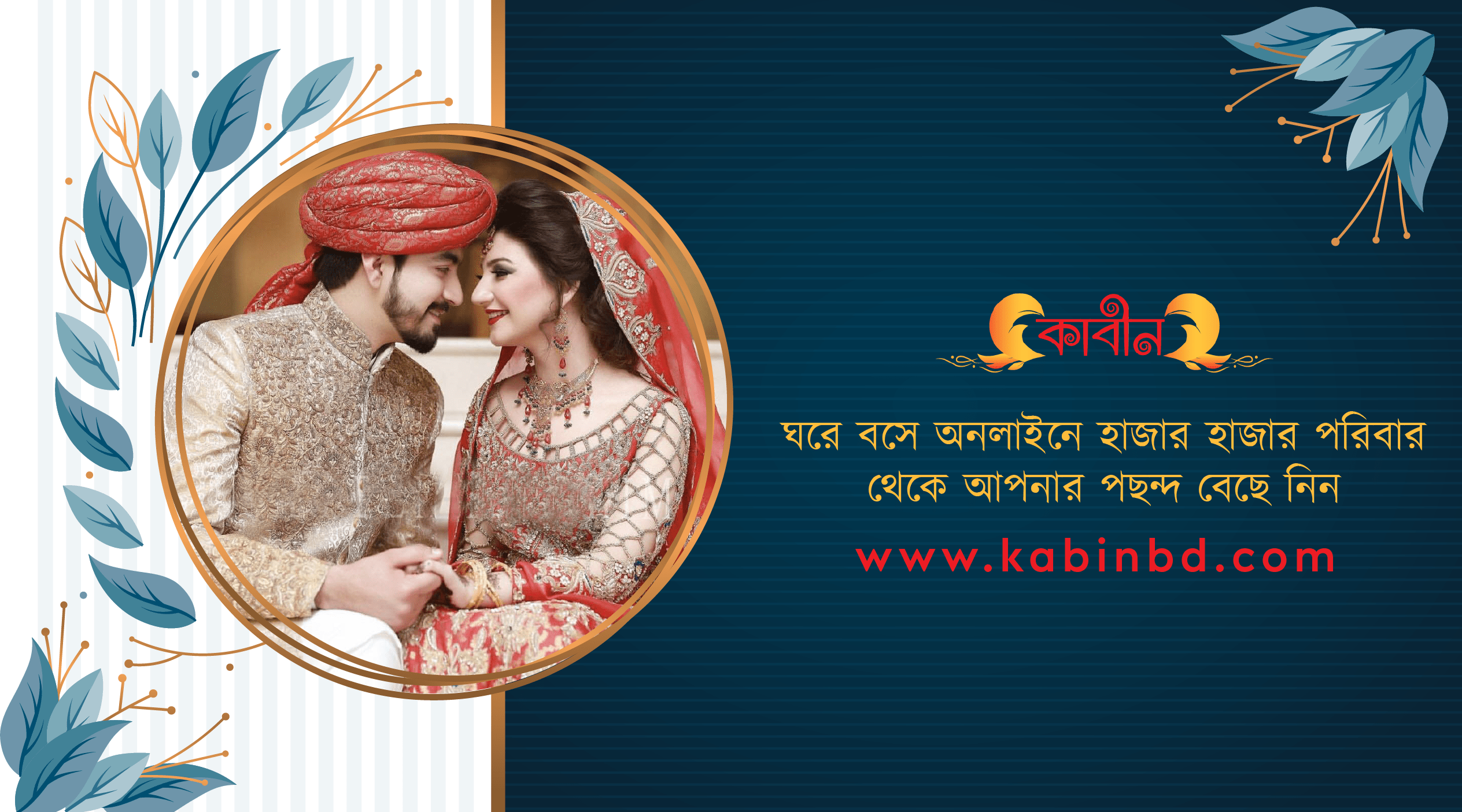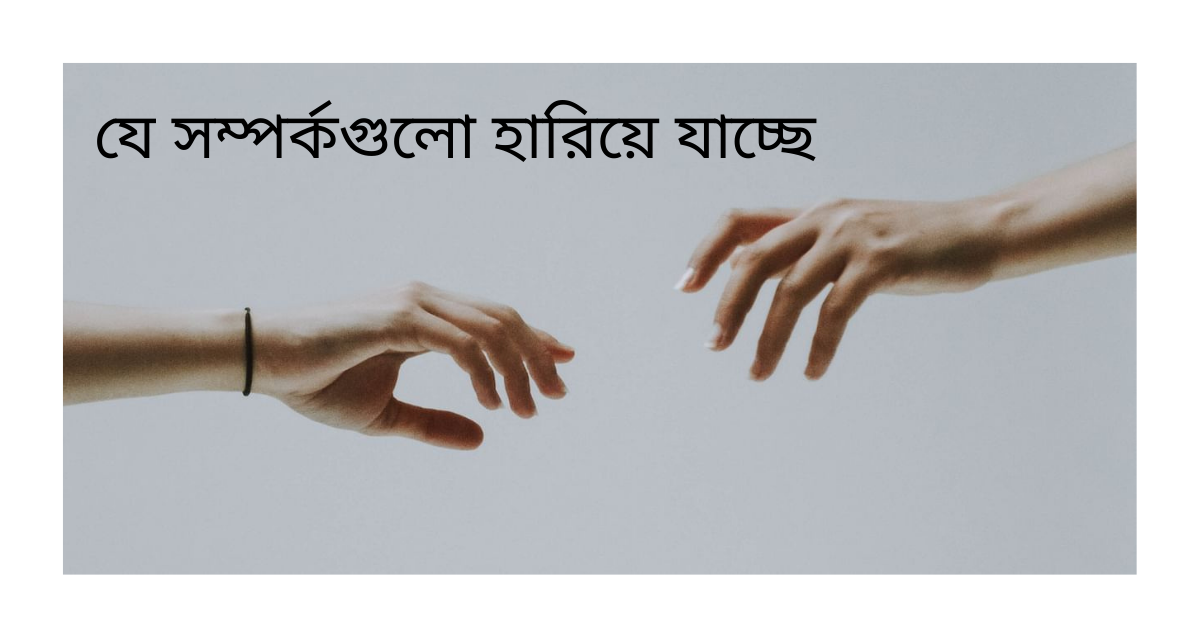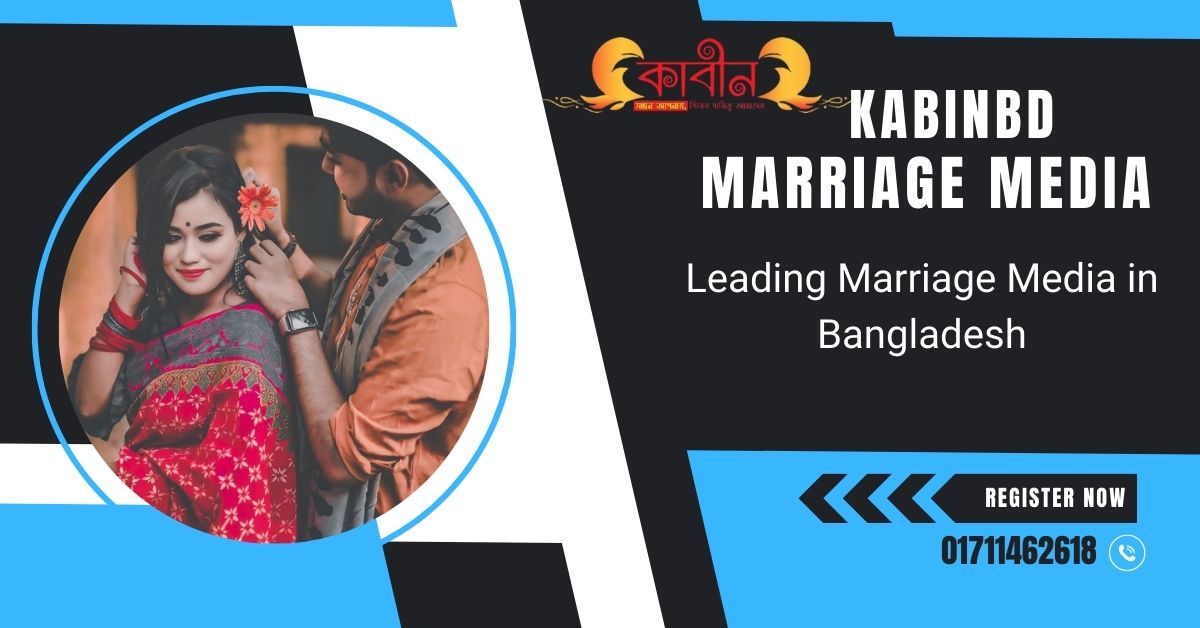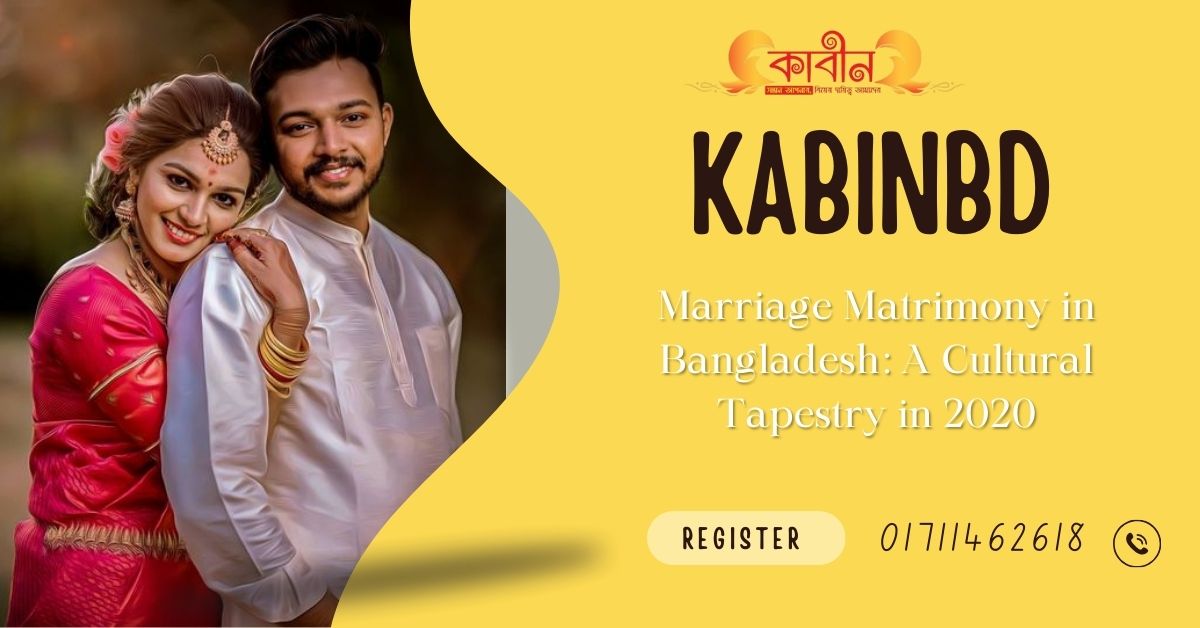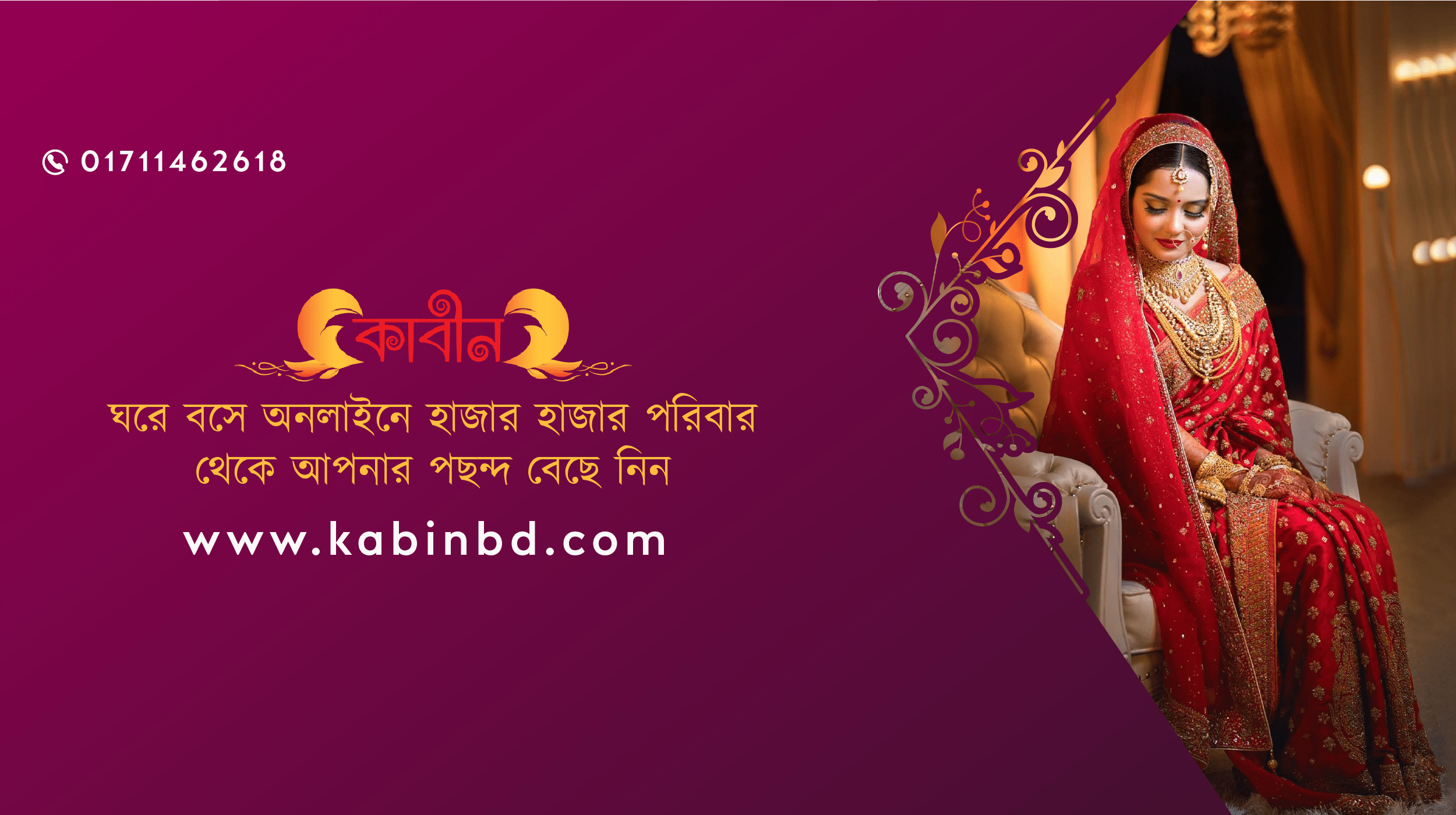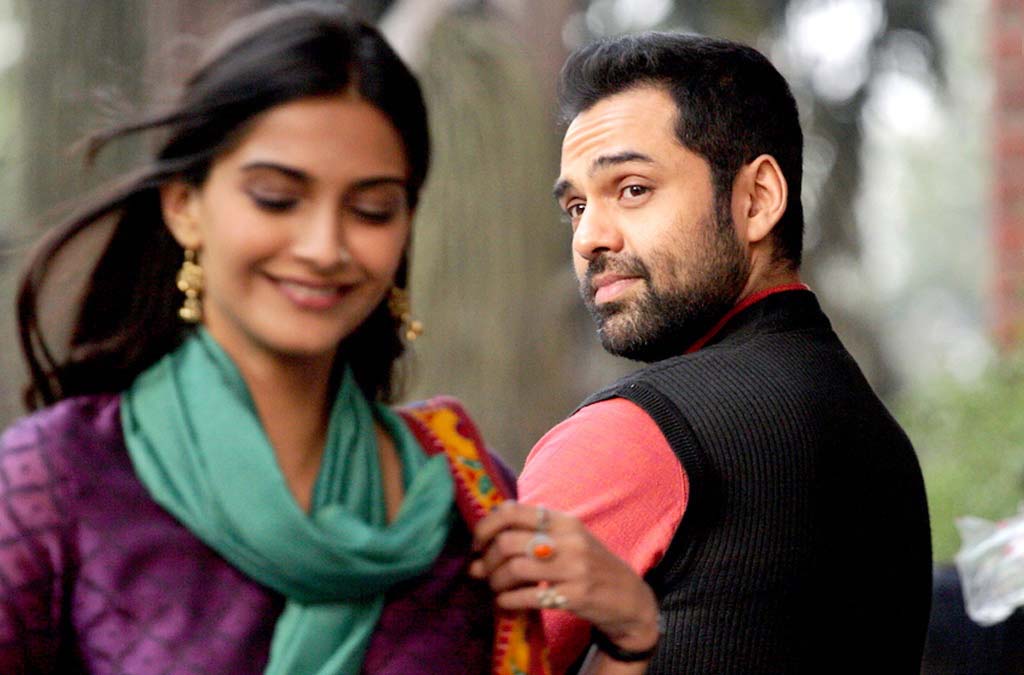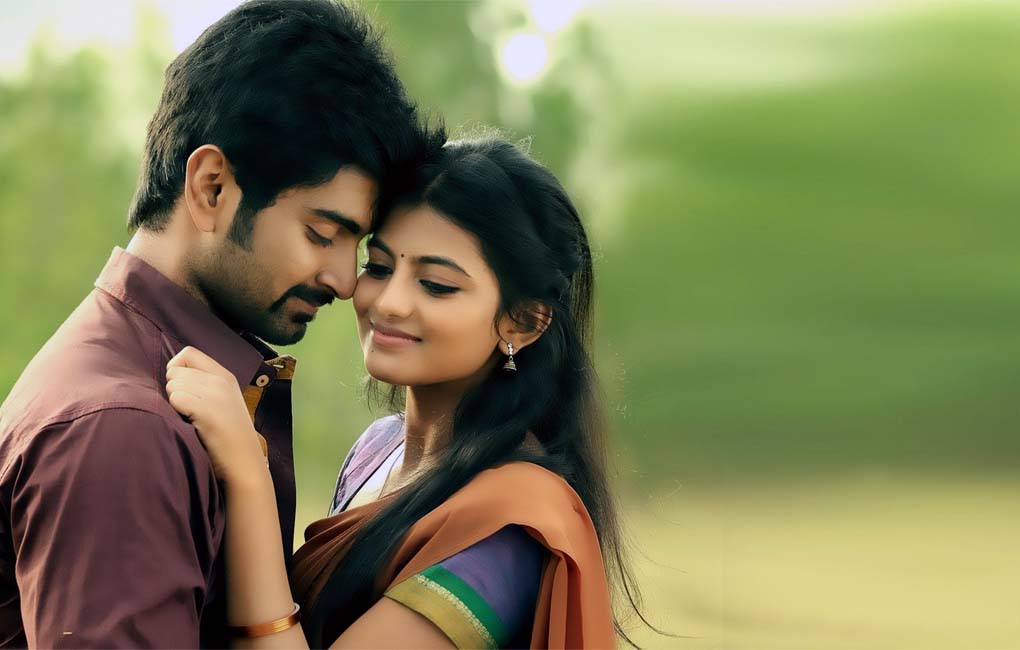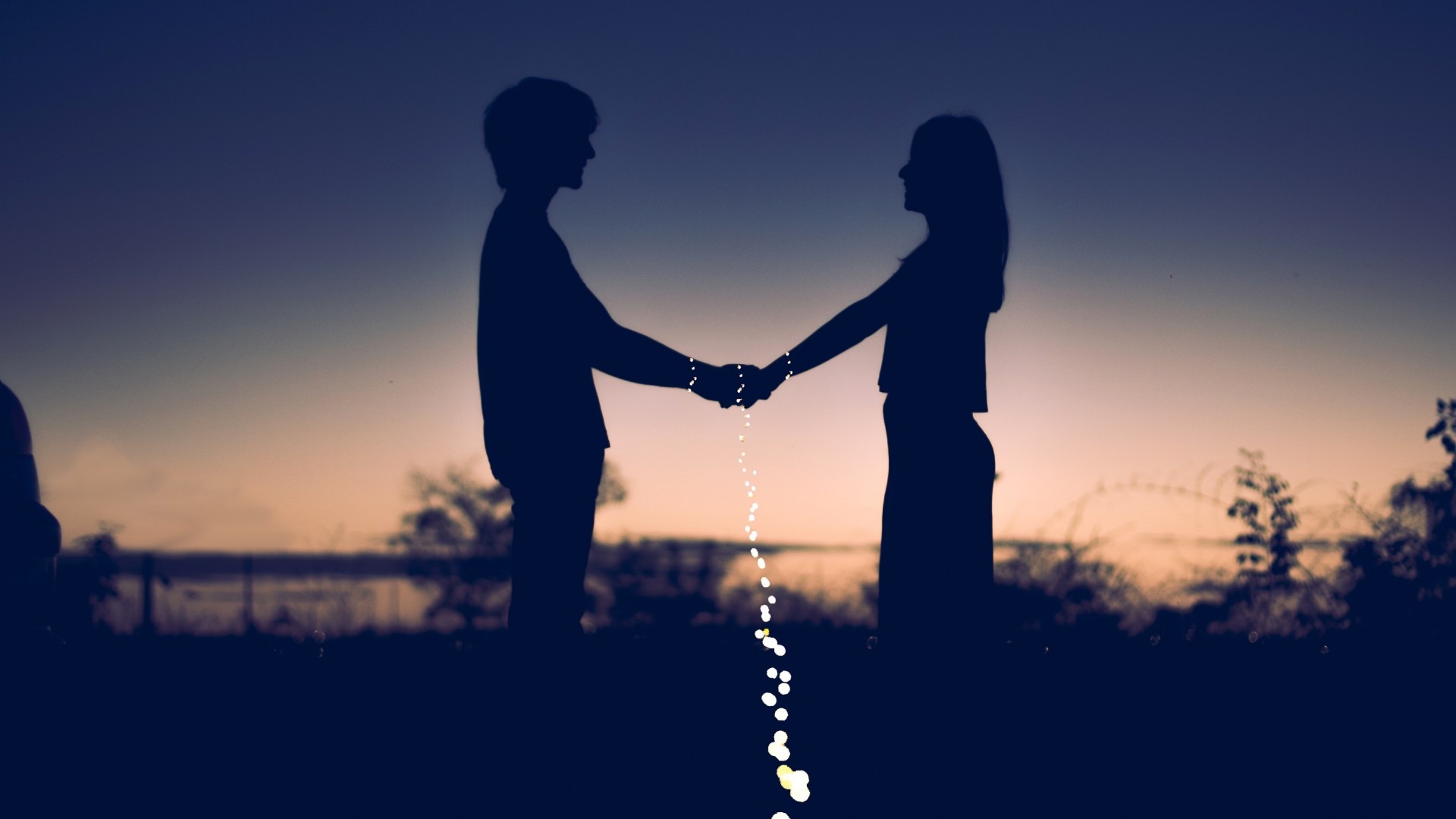Why marriage media importance in Bangladeshi marriage
Why marriage media importance in Bangladeshi marriage
The Enduring Role of Marriage Media in Bangladeshi Society: Tradition, Transformation, and Contemporary Relevance
Marriage, a cornerstone of Bangladeshi society, carries deep cultural significance. Traditionally, arranged marriages, facilitated by marriage media, have been the prevalent pathway to starting a family. While societal changes are evident, marriage media retains its importance, evolving alongside modern trends. This essay delves into the enduring role of marriage media in Bangladeshi marriage, exploring its historical roots, contemporary functions, and the impact of the digital landscape.
Rooted in Tradition: The Enduring Legacy of Matchmaking
Bangladesh’s social fabric is woven with the rich tradition of arranged marriages. Families play a pivotal role, actively seeking suitable partners for their children. Historically, this responsibility fell upon relatives or designated matchmakers, traversing communities to identify compatible individuals based on factors like family background, education, and social standing. Matchmaking, the age-old practice of facilitating introductions between compatible individuals seeking marriage, boasts a rich history deeply woven into the fabric of numerous societies. Bangladesh serves as a prime example, where arranged marriages, guided by the expertise of matchmakers, have traditionally been the prevalent pathway to starting a family.
A Time-Honored Tradition:
For centuries, marriages in Bangladesh transcended the realm of individual choice, transitioning into a family affair. Parents, acting as the primary stewards of this tradition, actively sought suitable partners for their children. Trusted relatives or designated matchmakers, often well-versed in the intricacies of familial networks and social standing, played a pivotal role in identifying compatible matches.
The Art of the Matchmaker:
These individuals, armed with an inherent understanding of the community and its customs, meticulously evaluated factors like family background, education, and social status. Through careful observation and discreet inquiries, they compiled detailed information about potential brides and grooms. This intricate process aimed to ensure a harmonious union, fostering not only a bond between the couple but also strengthening the ties between families.
The Rise of Formalized Matchmaking:
As society evolved, a more formalized system emerged. Matchmaking agencies established physical offices, transforming the practice from a solely community-driven endeavor into a centralized service. These agencies meticulously curated “biodata” – comprehensive profiles outlining educational qualifications, professional background, family details, and desired qualities in a spouse. This method not only streamlined the process but also offered families access to a wider pool of potential matches compared to relying solely on personal networks.
The Enduring Influence of Religion and Social Norms:
Religion plays a significant role in Bangladeshi marriages, with matchmaking services often catering to specific communities. This ensures compatibility not just in terms of personal preferences but also in faith and adherence to cultural practices. Additionally, social norms regarding caste, socioeconomic status, and family lineage can influence the matchmaking process.
A Modern Twist: Embracing the Digital Landscape:
The 21st century ushered in a new era, with the digital revolution significantly impacting the Bangladeshi matchmaking scene. Traditional agencies embraced the digital wave, establishing websites and mobile applications to broaden their reach and cater to a tech-savvy generation. This shift offers several advantages:
- Increased Accessibility: Individuals can now register and browse profiles from a wider geographical area, transcending physical limitations and offering a more diverse pool of potential partners.
- Enhanced Search Capabilities: Online platforms allow for advanced search filters based on diverse criteria such as educational qualifications, professional background, religious beliefs, and desired personality traits, enabling a more targeted approach to finding compatible matches.
- Greater Anonymity: The online environment offers an initial layer of anonymity, potentially reducing the societal pressure associated with arranged marriage introductions, particularly in the initial stages of exploring compatibility.
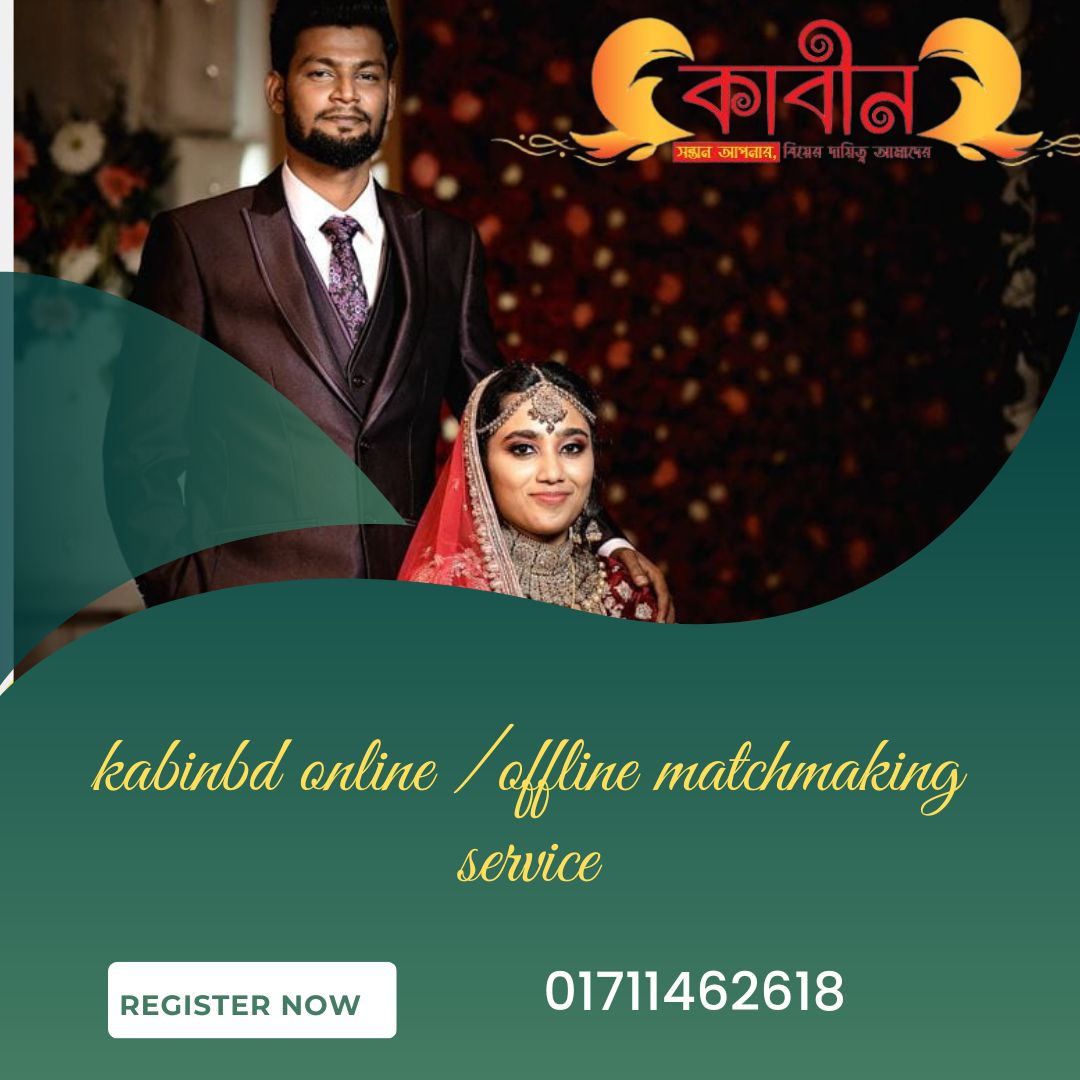
Matchmaking in Bangladesh has undergone a fascinating transformation, adapting to the changing times while retaining its core purpose of facilitating successful unions. From the meticulous efforts of traditional matchmakers to the contemporary reach of online platforms, this practice continues to be deeply embedded in the social fabric of Bangladeshi society. As the nation progresses, marriage media is likely to embrace further advancements, potentially incorporating elements like artificial intelligence for deeper compatibility analysis and prioritizing pre-marital counseling to equip couples with the tools to navigate the complexities of married life.
The Rise of Formalized Marriage Media:
Over time, a more formalized system emerged. Matchmaking agencies established physical offices, serving as a centralized space for families to register prospective brides and grooms. These agencies curated “biodata” – detailed profiles outlining individuals’ educational qualifications, professional background, family details, and desired qualities in a partner. This method streamlined the process, offering a wider pool of potential matches compared to solely relying on personal networks. Traditionally, arranged marriages in Bangladesh relied heavily on personal networks and the expertise of designated matchmakers. However, the 20th century witnessed a significant shift with the emergence of formalized marriage media. This section delves into the rise of these agencies and their impact on the Bangladeshi matchmaking landscape.
From Community-Driven to Centralized Services:
Prior to formalized agencies, matchmaking primarily occurred within social circles. Families entrusted relatives or community members with the task of identifying suitable partners based on personal knowledge and understanding of familial backgrounds. This approach, while effective in smaller communities, faced limitations in terms of reach and the ability to efficiently connect individuals beyond immediate social circles.
The Rise of Matchmaking Agencies:
The establishment of physical agencies marked a turning point. These entities functioned as a centralized hub, providing families with a platform to register prospective brides and grooms. A meticulous process of profile creation emerged, with agencies compiling detailed “biodata.” This information typically included:
- Educational qualifications: Academic achievements and professional background.
- Family details: Information about parents, siblings, and extended family lineage.
- Desired qualities in a spouse: Preferences regarding education, profession, personality traits, and religious beliefs.
This standardized approach offered several advantages:
- Wider Pool of Potential Matches: Agencies facilitated connections beyond immediate social circles, providing access to a broader range of individuals.
- Streamlined Process: The centralized platform offered a systematic approach to searching for compatible partners based on pre-defined criteria.
- Enhanced Credibility: Reputable agencies often implemented verification measures to ensure the accuracy of the information presented in profiles.
The Influence of Religion and Social Norms:
Religion continues to play a significant role in Bangladeshi marriages. Formalized marriage media often caters to specific religious communities, ensuring compatibility in faith and cultural practices alongside personal preferences. Social norms regarding caste, socioeconomic status, and family lineage can also influence the selection process, with agencies acting as a facilitator within the existing social framework.
The Digital Revolution and Online Platforms:
The 21st century witnessed a paradigm shift with the rise of the internet. Traditional agencies embraced the digital revolution, establishing websites and mobile applications to cater to a tech-savvy generation. This online presence offers significant advantages:
- Increased Accessibility: Individuals can now register and browse profiles from a wider geographical area, overcoming geographical limitations and fostering connections across the nation.
- Advanced Search Capabilities: Online platforms allow for sophisticated search filters based on diverse criteria. Individuals can narrow down their search based on educational background, professional goals, desired personality traits, and religious affiliations.
- Greater Anonymity: The online environment provides an initial layer of anonymity, potentially mitigating the social pressure associated with arranged marriage introductions in the initial stages.
Conclusion:
Formalized marriage media has transformed the Bangladeshi matchmaking landscape. From centralized agencies to online platforms, these services have streamlined the process of arranged marriages, offering families a wider pool of potential partners and a more efficient search process. However, it’s crucial to acknowledge that the core purpose remains the same – facilitating introductions between compatible individuals seeking to establish a lasting union. As society progresses, the role of marriage media is likely to evolve further, potentially incorporating advancements in technology and placing greater emphasis on pre-marital counseling to foster successful marriages.
The Influence of Religion and Social Norms:
Religion plays a significant role in Bangladeshi marriages. Marriage media often caters to specific religious communities, ensuring compatibility in faith and cultural practices. Social norms regarding caste, socioeconomic status, and family lineage can also influence the matchmaking process.
The Evolving Landscape: Embracing Modernity
The 21st century ushered in a wave of digital transformation, impacting the landscape of Bangladeshi marriage media. Traditional agencies witnessed a surge in online presence, creating websites and mobile applications to expand their reach. This digital shift offers several advantages:
- Increased Accessibility: Individuals can now register and browse profiles from a wider geographical area, transcending physical limitations.
- Enhanced Search Capabilities: Online platforms allow for advanced search filters based on diverse criteria, enabling a more targeted approach to finding compatible matches.
- Greater Anonymity: The online environment offers an initial layer of anonymity, potentially reducing societal pressure associated with arranged marriage introductions.
Contemporary Functions of Marriage Media:
Despite the digital revolution, the core functions of marriage media in Bangladesh remain relevant:
- Facilitating Introductions: Marriage media platforms serve as a bridge, connecting families and individuals seeking potential spouses.
- Background Verification: Reputable agencies often conduct background checks to enhance the credibility of profiles and ensure the safety of users.
- Family Involvement: While online platforms offer an initial introduction, families remain significantly involved throughout the process. Meetings are arranged, and parental approval continues to hold considerable weight in finalizing the marriage.
Challenges and Considerations:
The contemporary landscape of marriage media in Bangladesh is not without its challenges:
- Misrepresentation of Profiles: The possibility of inaccurate or misleading information on profiles exists.
- Focus on Superficial Traits: Overemphasis on materialistic aspects or physical appearance can overshadow compatibility based on shared values and long-term goals.
- Limited Focus on Pre-Marital Counseling: While some agencies might offer basic compatibility assessments, in-depth pre-marital counseling to address potential challenges and build a strong foundation for the marriage is often lacking.
The Future of Marriage Media:
As Bangladesh progresses, marriage media is likely to witness further evolution:
- Incorporation of AI and Machine Learning: Advanced algorithms could analyze compatibility factors beyond basic criteria, potentially leading to more sophisticated matchmaking.
- Greater Focus on Pre-Marital Counseling: Integrating pre-marital counseling services into the matchmaking process could equip couples with the skills to navigate potential challenges and build a lasting relationship.
- Increased Transparency and User Verification: Robust verification mechanisms can be implemented to ensure the accuracy of information presented on profiles and enhance user trust.
Conclusion
Marriage media in Bangladesh has played a vital role in shaping the societal landscape of marriage for generations. While traditions and social norms continue to influence the process, the rise of digital platforms has brought about significant changes in accessibility and reach. As Bangladesh progresses towards a more modern future, the role of marriage media is likely to adapt further, potentially incorporating technological advancements and placing greater emphasis on pre-marital counseling to foster successful and fulfilling marriages.
আপনি যদি বিয়ের ব্যাপারে সিরিয়াস হয়ে থাকেন তবে
লিংকে ক্লিক করে ফ্রী রেজিষ্ট্রেশন করুন
অথবা বিস্তারিত জানতেঃ
Gmail:kabinbd4@gmail.com
01711462618 এ কল করুন ২৪/৭ সার্ভিস


